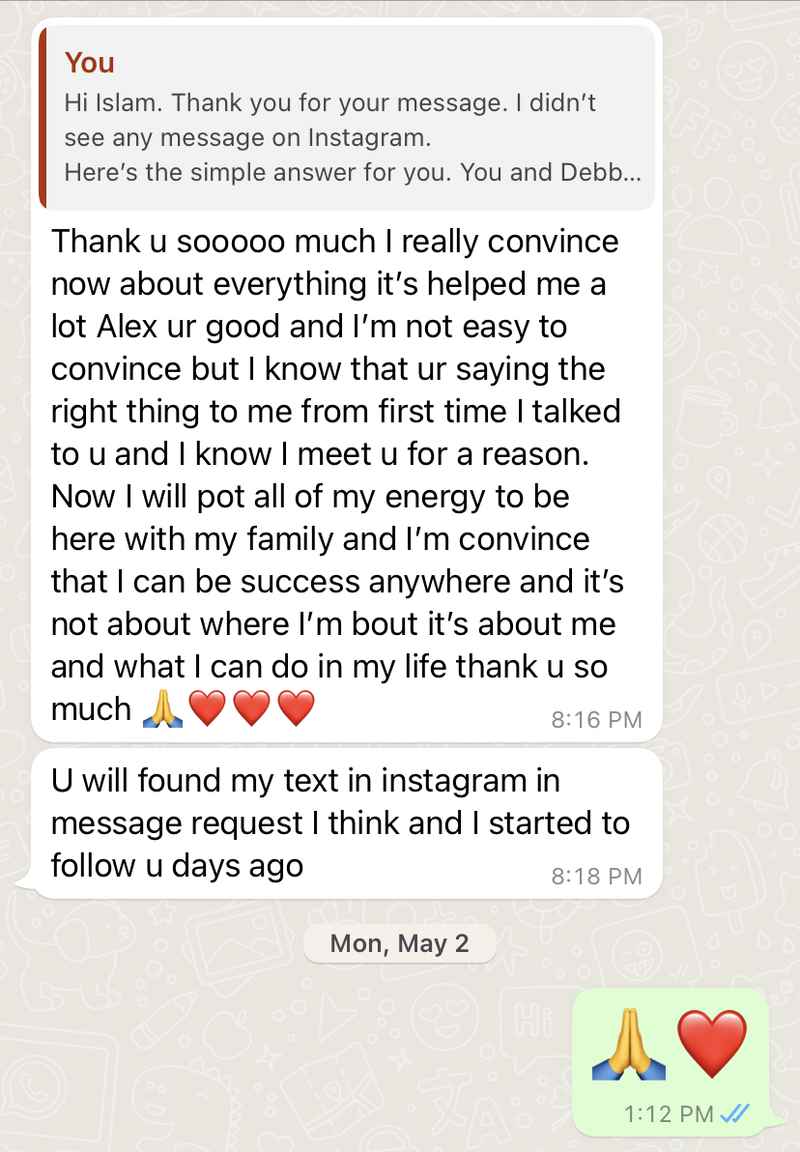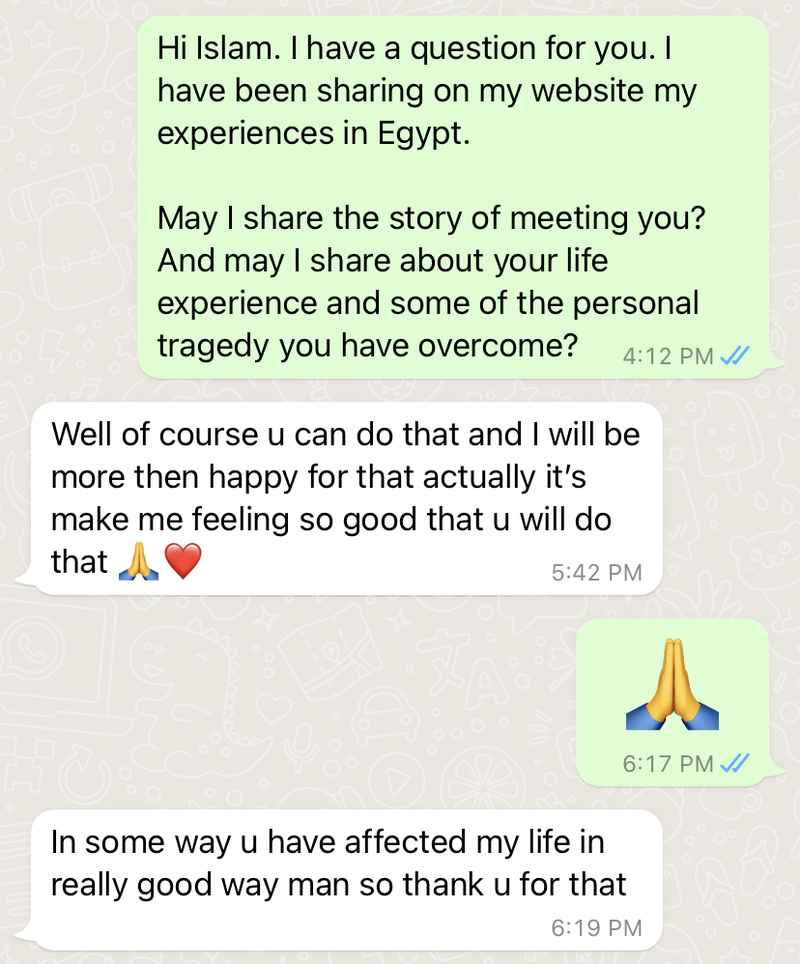In 2022, from March 2nd - April 11, I visited Egypt.
I decided to keep a travelogue of my 40 days and 40 nights in the land of the pharaohs. And I post it here on the Source Cards site for two reasons:
1. People told me how much they enjoyed visiting Egypt virtually through my travelogue. So, perhaps you'll enjoy the same virtual visit.
2. It represents a teaching tool for a daily practice of utilizing the Source Cards. Perhaps my journal notes will aid in your study and application of the Source Cards in your own life.
P.S. The recording of the impromptu singing / chanting session inside the burial chamber of Khufu in the Great Pyramid may transport you mystically in time and space. At least that's what many people told me. (See Day 3 below.)
Above is a famous image of the Hall of Two Truths, also called the Judgement Hall of Osirus, who is seated far right with his sisters Isis and Nephthys. In the center left, on the scales of life, the human heart of the deceased is weighed against the feather of Maat, the feather of truth. Anubis and Sopek (the crocodile god) are administering the scales.
Anubis, on the far left, leads the initiate (the deceased) to the scales. Meanwhile, Horus (with the head of a falcon) presents the initiate to the throne of Osirus. Thoth is in the center, next to the scales, writing down the outcome of the judgement.
Egyptian Pilgrimage
Day 1
Just landed on my overnight 10-hour Red Eye flight from New York City and arrived by taxi at my hotel. Standing on the rooftop of my hotel overlooking the pyramids of Giza on this 7 of Spades day.
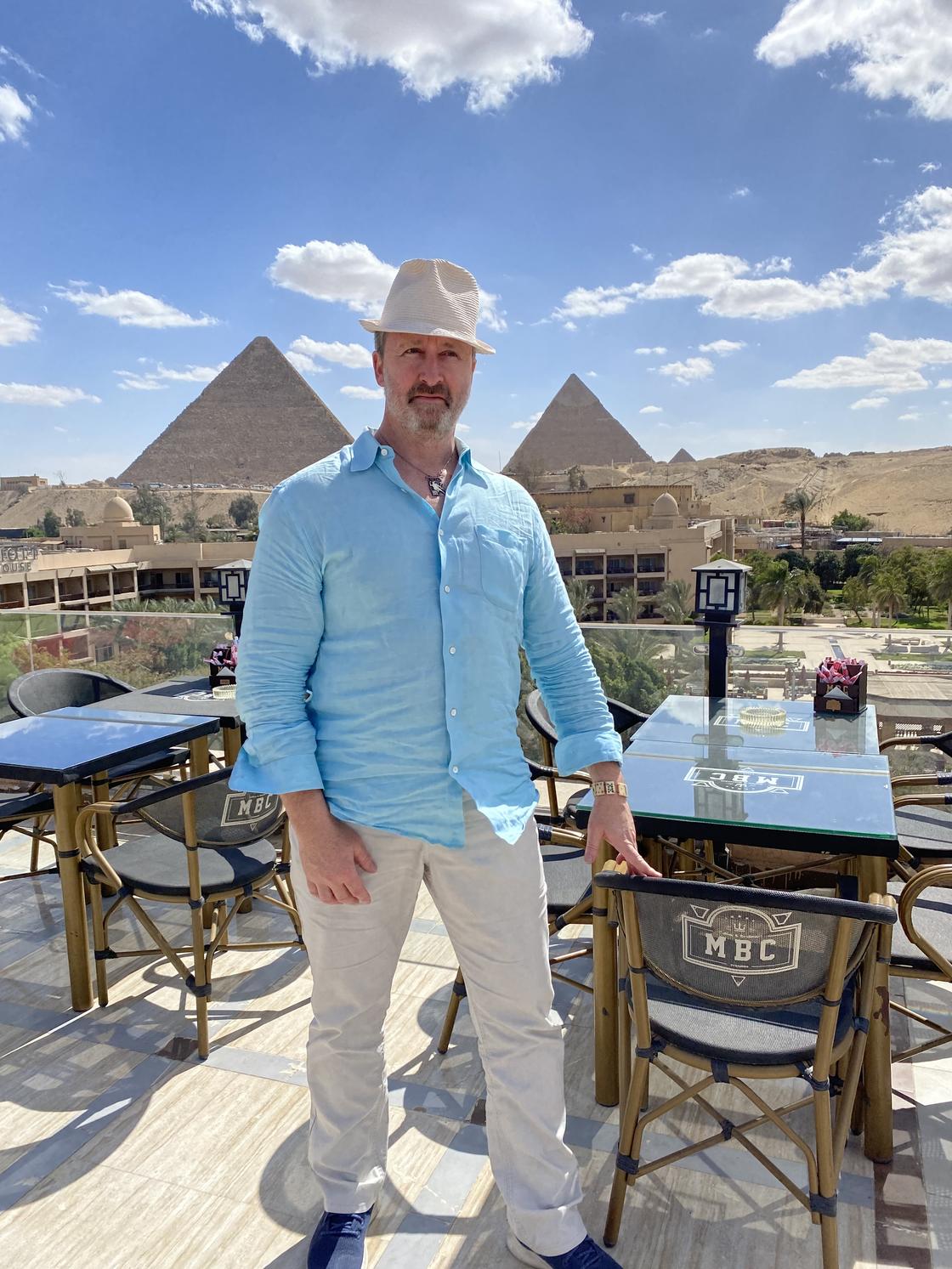
Lobby of the New Regency Pyramids Hotel.
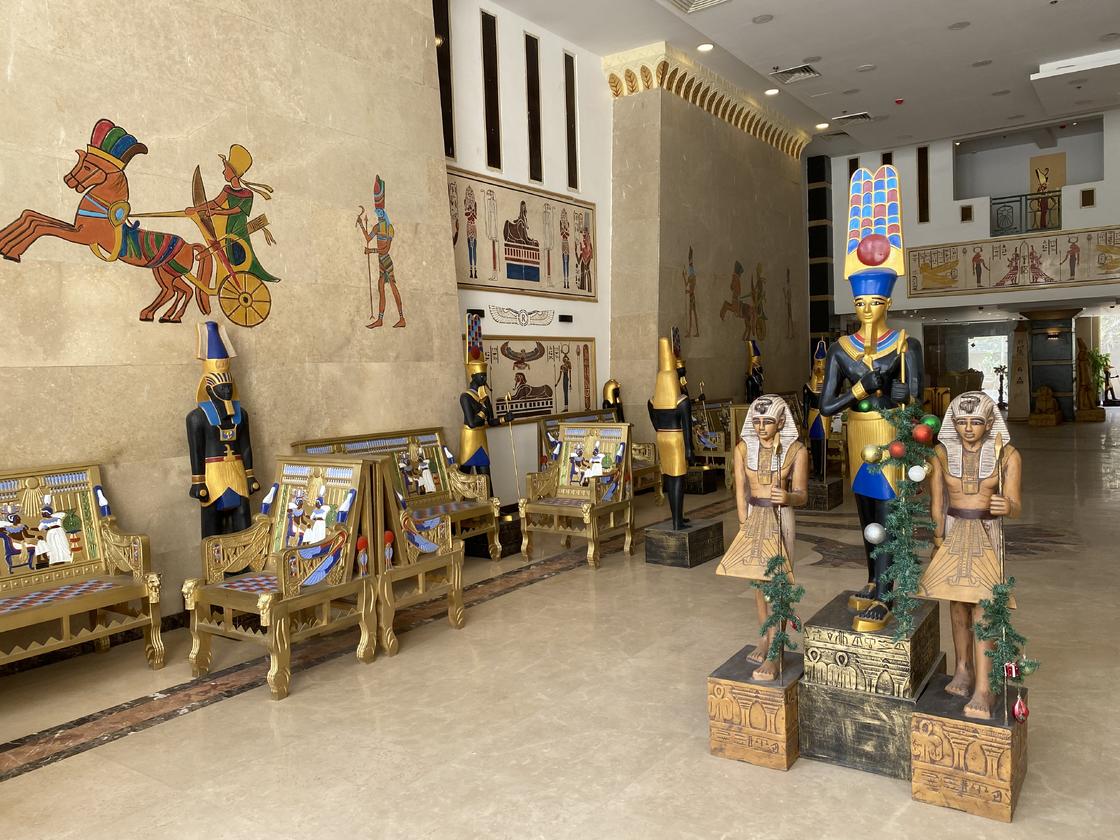
View of the lobby of the hotel from within the glass elevator on the 2nd floor.
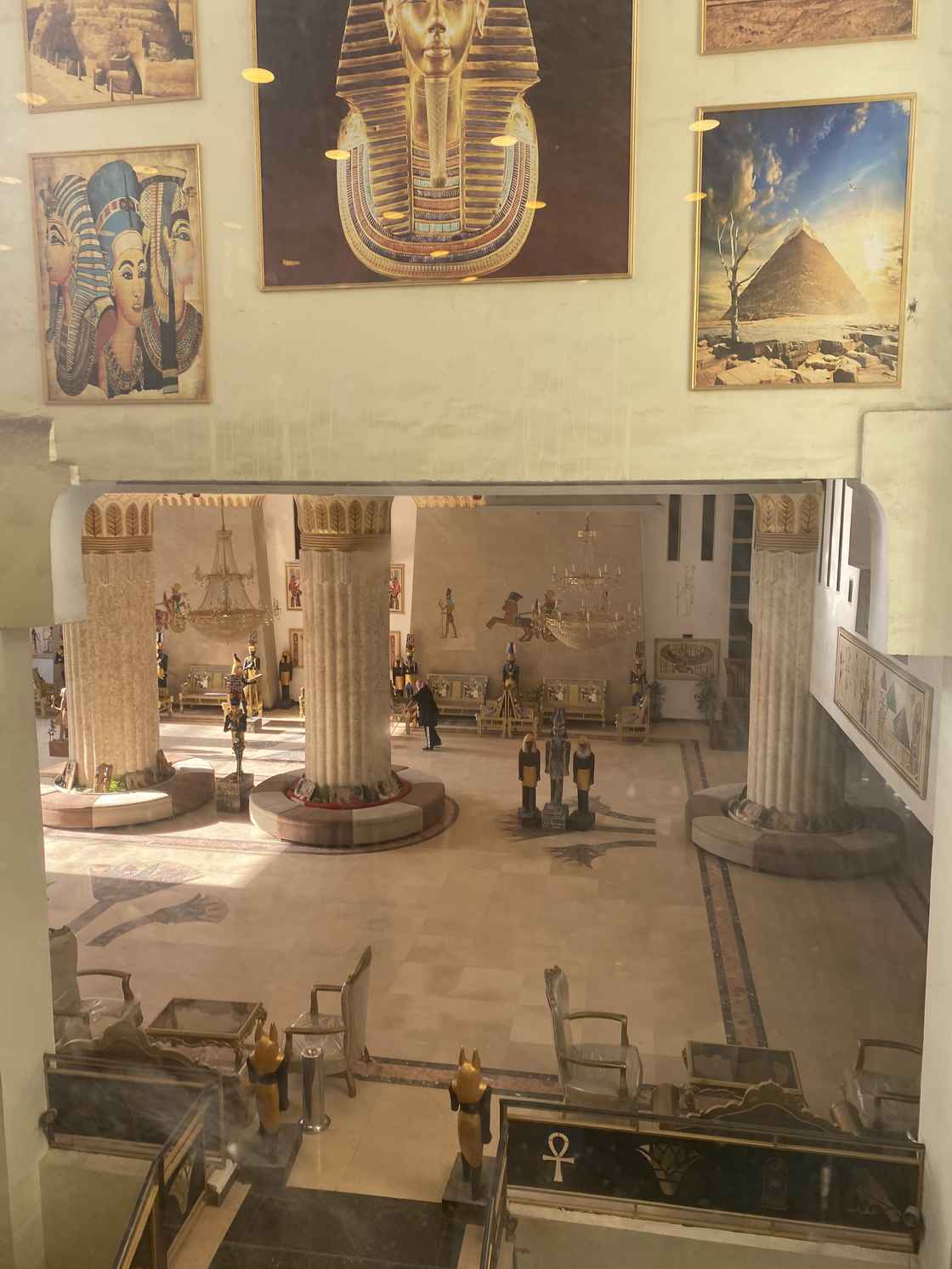
My hotel room for $33 a night.
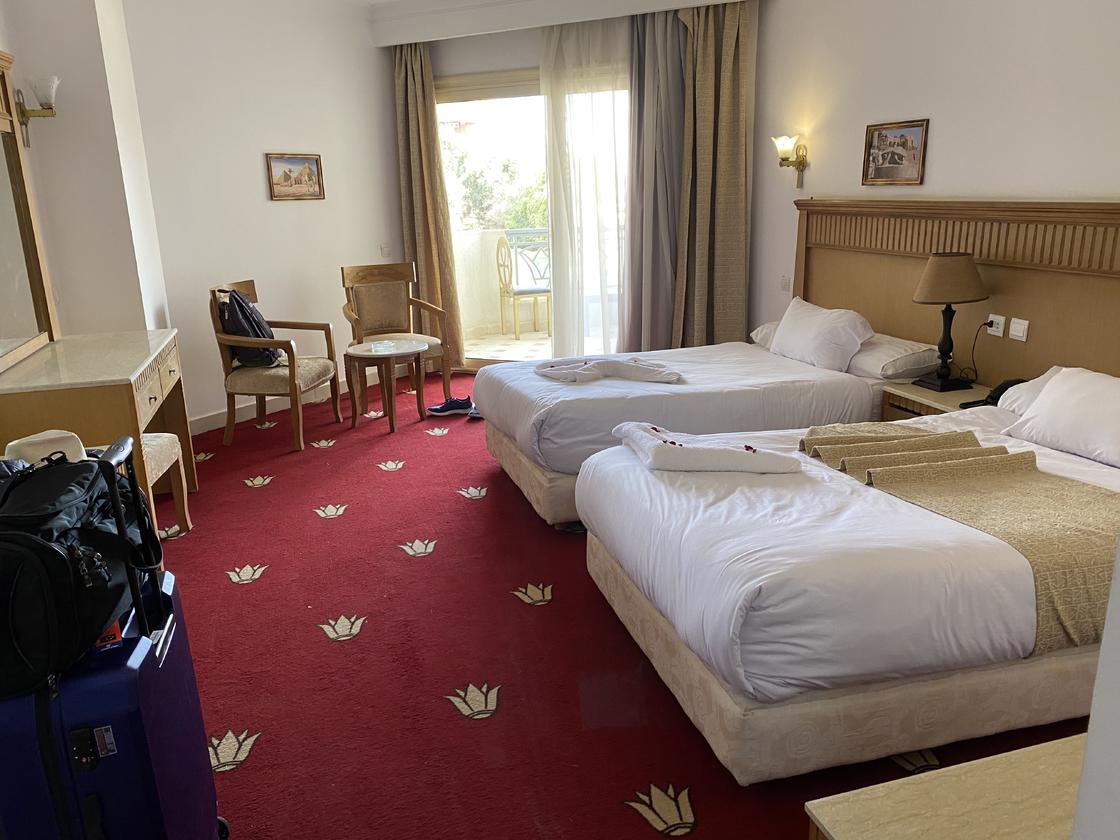
View from my hotel room balcony.
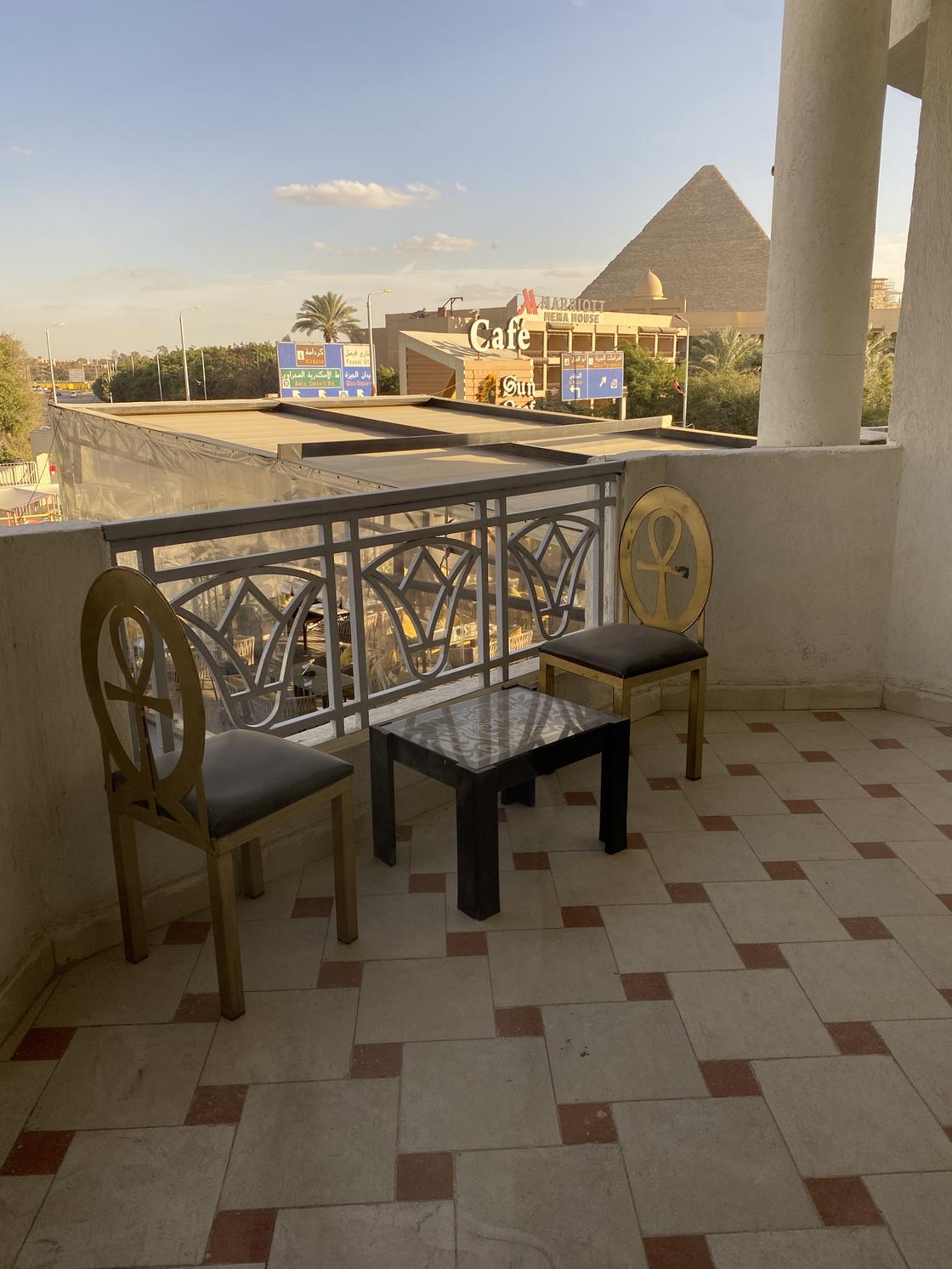
Then later, on the first night, the hotel offered me to go on a dinner cruise on the Nile with traditional Arabic dancing. The hotel manager said there was one other gentleman who was going, so I wouldn't have to go alone.
And so I met Emmet, a young Irish rogue if ever there was one. Hard living has aged him. He works in construction projects all over Europe, is currently working in Milan, and was on his way to Ethiopia to meetup with his girlfriend (whom he met online last year) when his visa was denied and he got stuck in Cairo.
A talkative, charismatic fellow, he kept saying that he couldn't understand why his visa was denied and that he was so angry and upset about it. He had visited her several times already without a problem, but this time, he was denied. And while he shared the story in our taxi ride to the cruise, he told me that his ex-wife is always trying to tell him that everything happens for a reason and that he's learning to appreciate each moment in the process and that he's the only Irishman he knows who's in therapy and that he and his Columbian ex-wife are now friends and that she's studying to be a shaman. Then, he paused and asked me what it is that I do.
Throughout the course of the night, dinner, the live entertainment, and then back at the hotel smoking a hookah on the rooftop lounge, I explained to him his cards to play. He's playing the 10 of Hearts with a 10 of Hearts personality as well. And I would say that it was a powerful experience for both of us. He was blown open by the information and shifted from cracking jokes in his Irish brogue to a genuine vulnerability as he talked about his emotional challenges in life.
It was heartwarmingly rewarding for me to be able to offer him guidance and direction for his life, especially as he's developing another relationship and wants to get this one right. (Note: his ex-wife is born to play the 2 of Diamonds and his girlfriend is born to play the 9 of Hearts. So here's a question for card students: why is this relationship going to be better for him than the last one? I explained all these relationship dynamics to him.)
As we parted, I heard from him what I often hear: how the Source Cards had laid bare the truth of his life and given him clarity and direction. He thanked me profusely. We hugged. Then, he walked to the elevator with his luggage to catch a flight back to Milan.
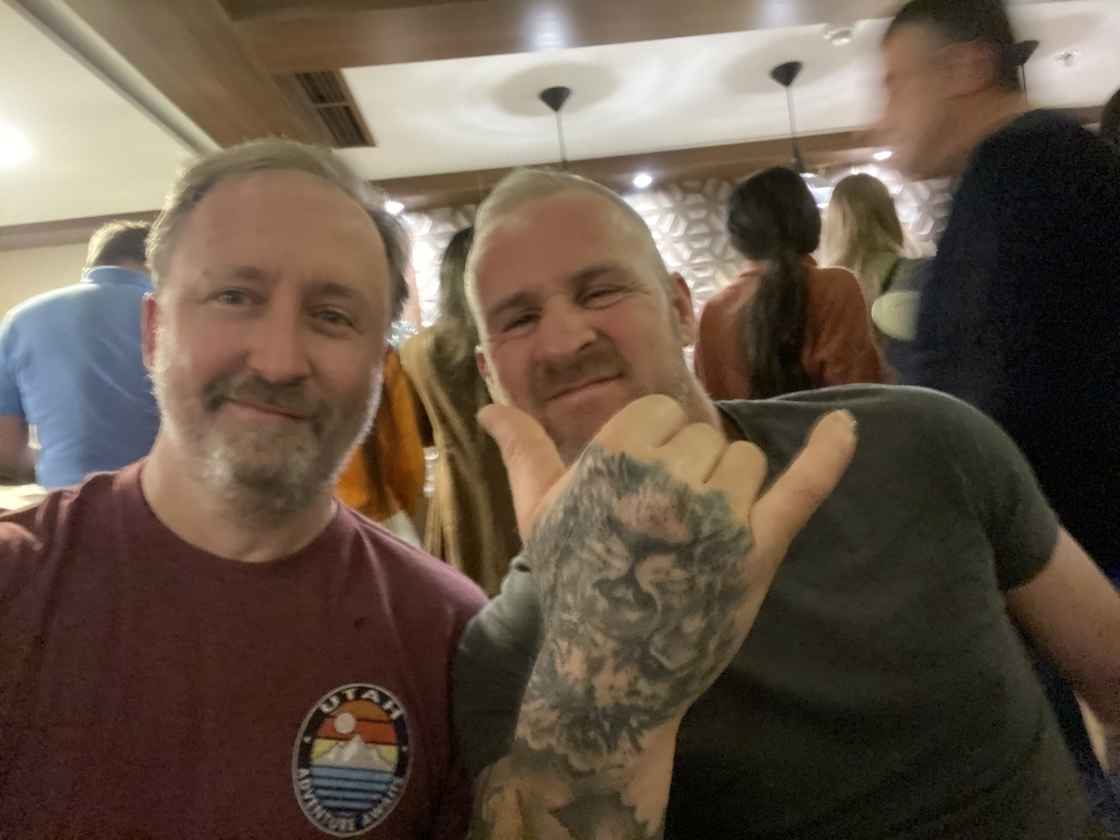
The view from our table...
Day 2
Egyptian breakfast. Room service. Cream cheese with tomatoes and cucumber, bread, hard-boiled egg, cheese slices, cucumber with spices, various jams and honeys, tea, and fruit.
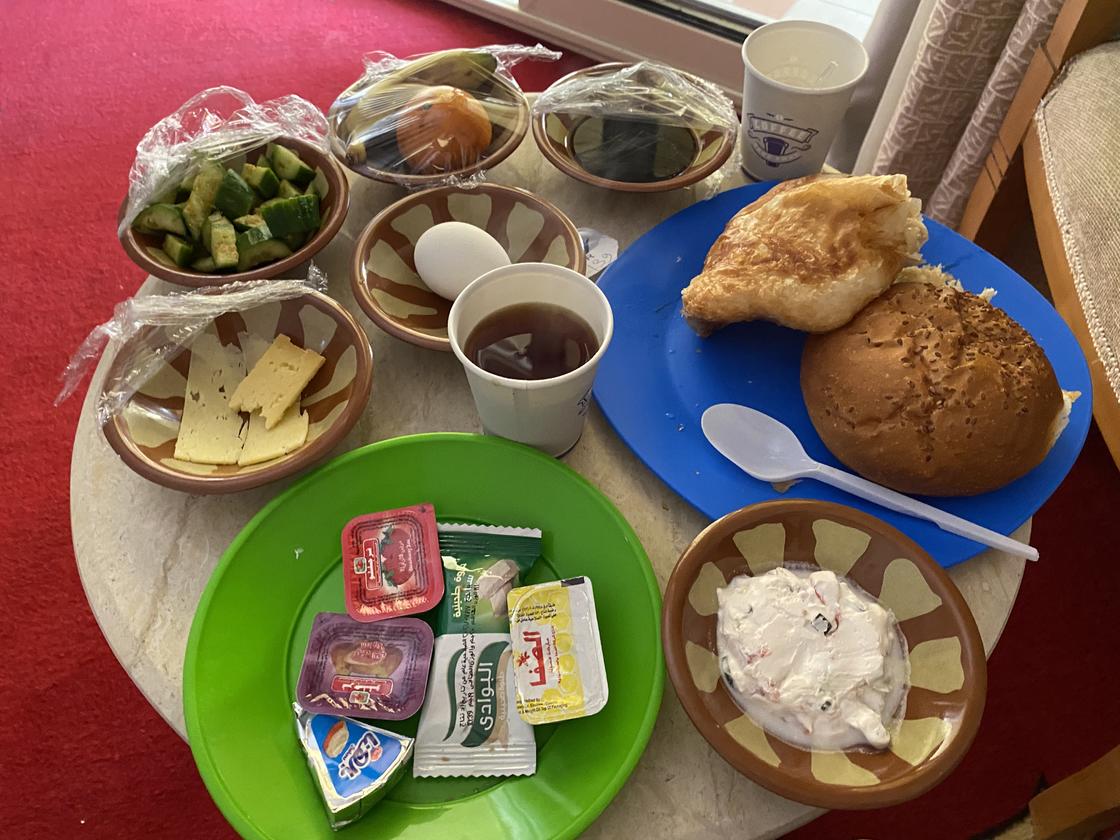
Day Two, a 6 of Spades day, was a long day of site-seeing. Here is the Saqqara Plateau, which I went on with a tour guide. This is the Step Pyramid, the first pyramid known to be built in Egypt, built by Imhotep.
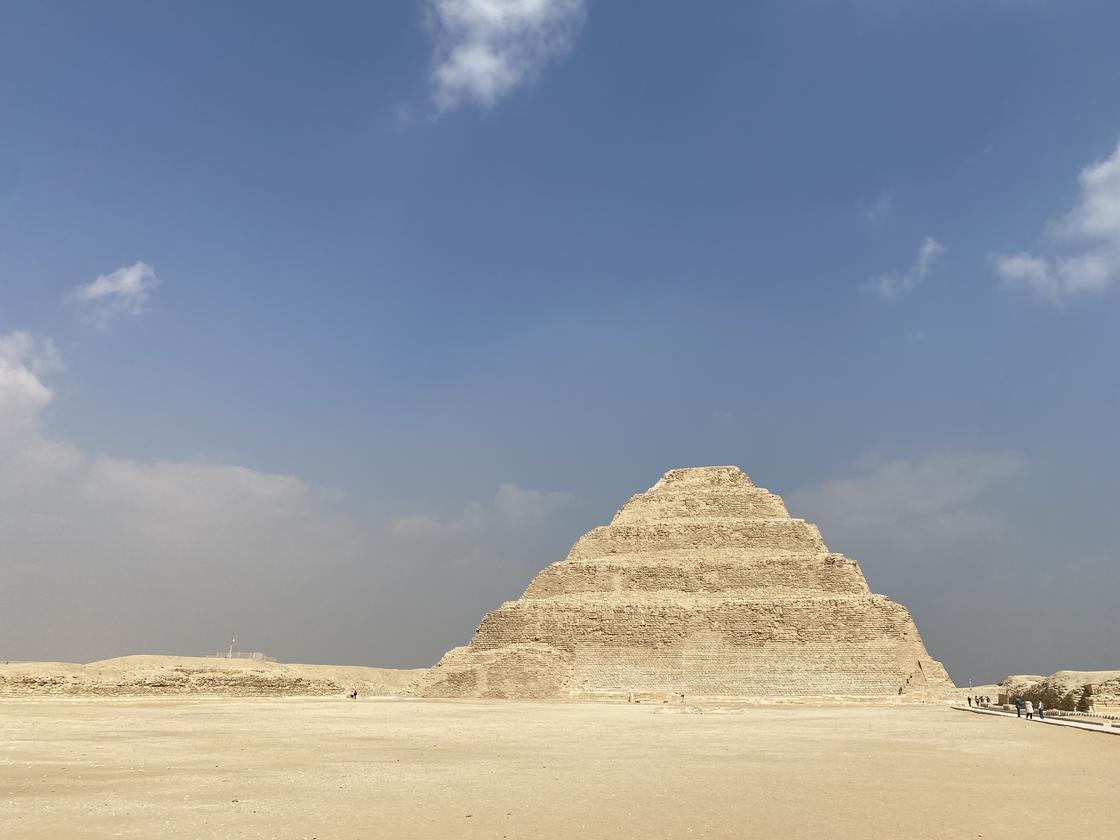
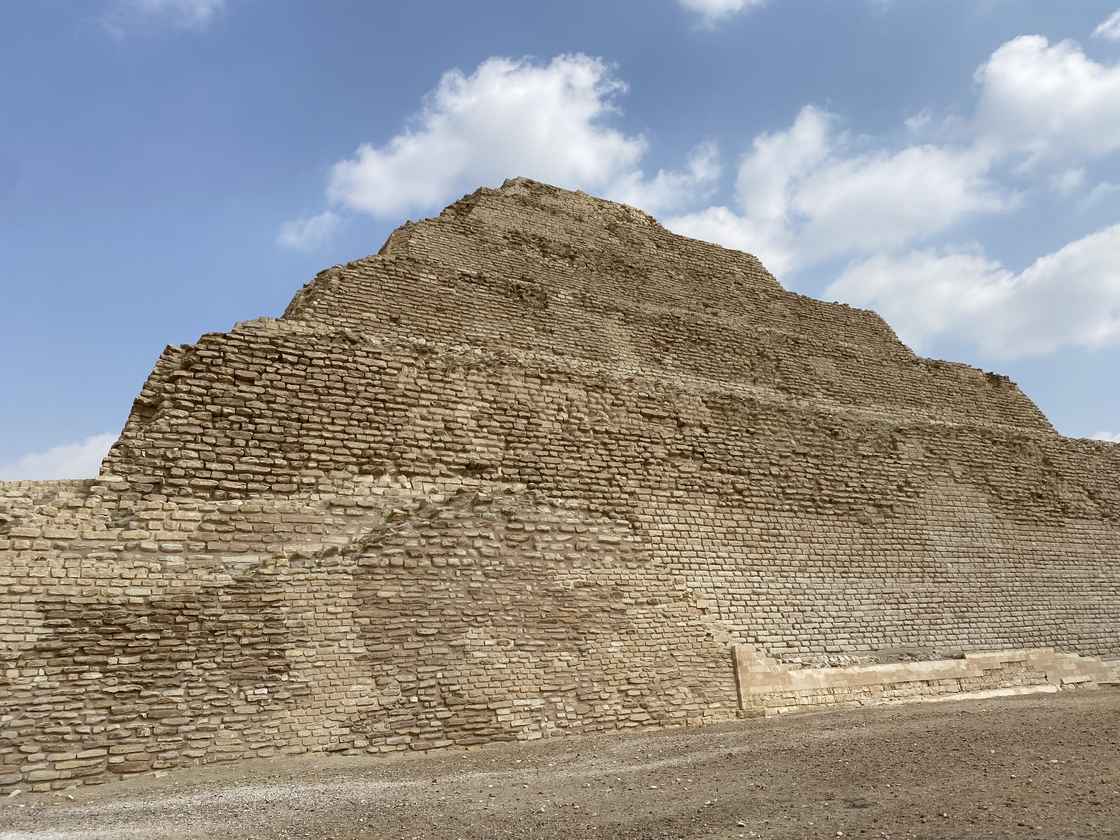
Inside the Step Pyramid, in the tunnel to the tomb, the ceiling is about 5 1/2 feet high, so I had to stoop down to walk through.
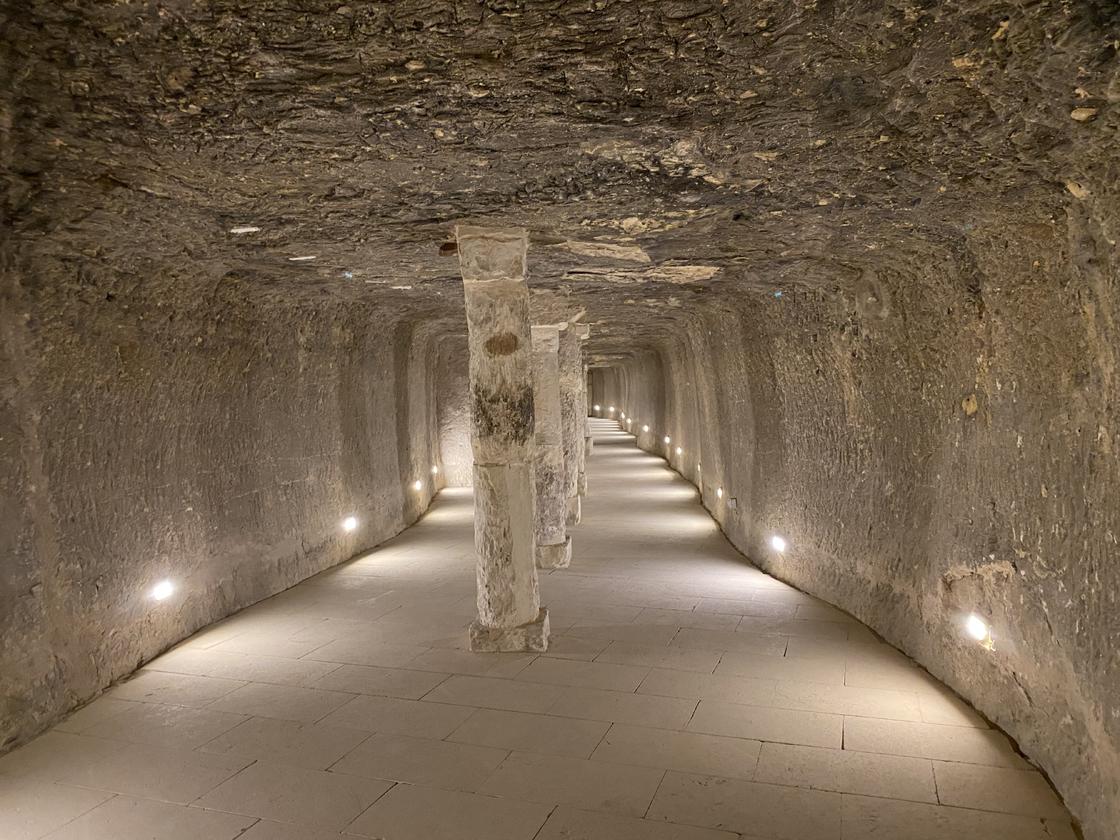
Looking down into the tomb.
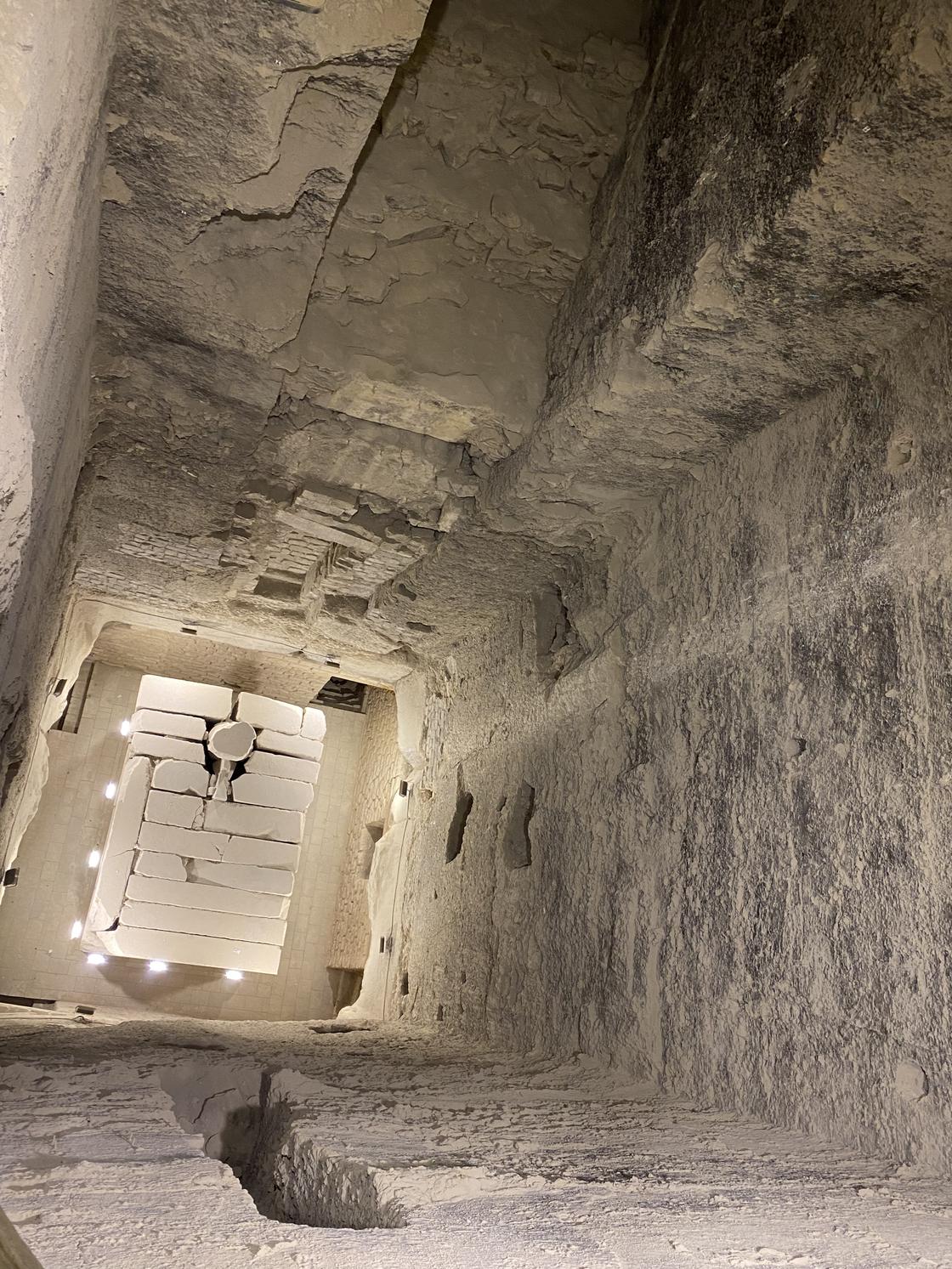
Tourist shot at the railing of the tomb.
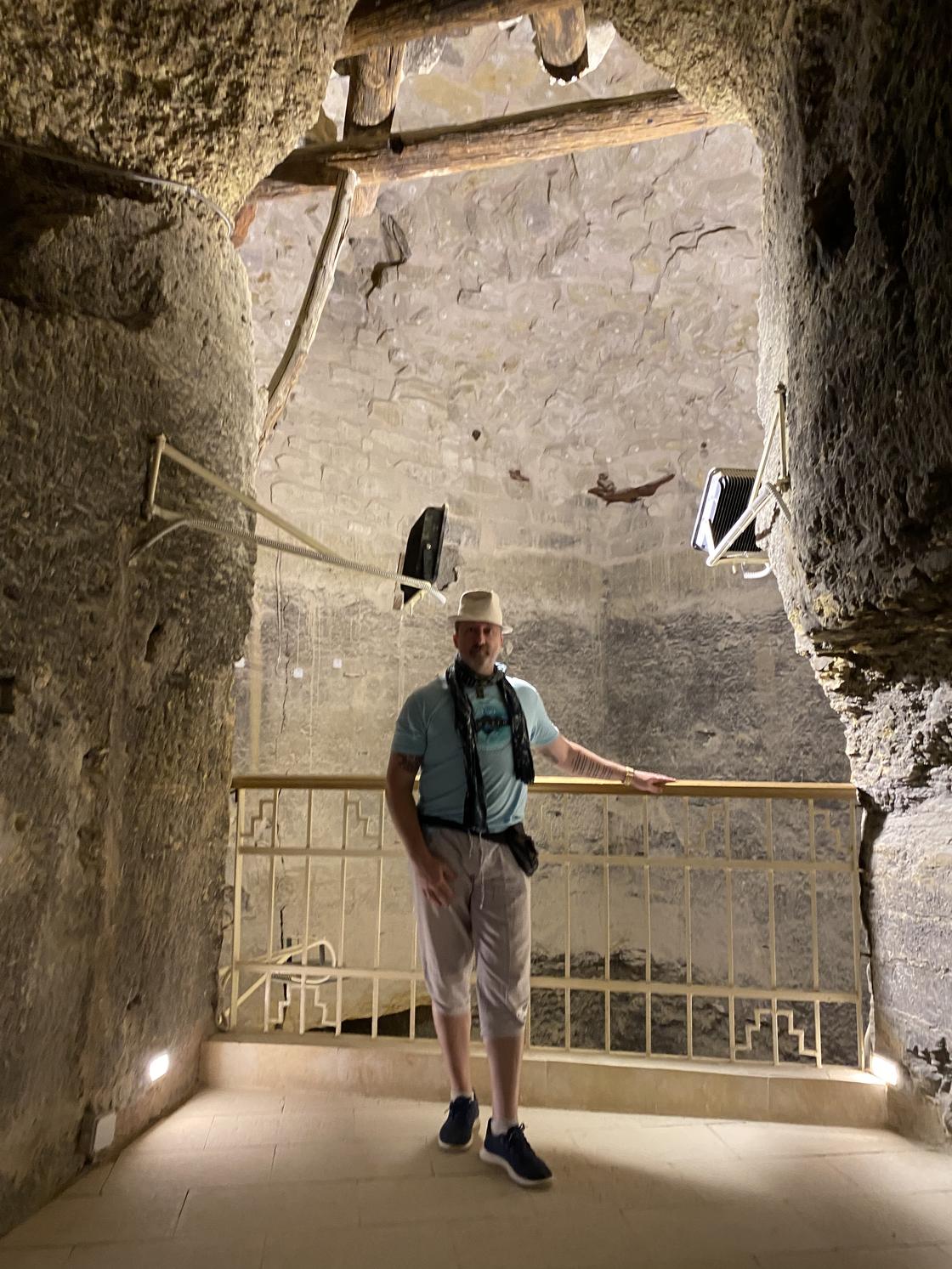
There are over one hundred burial sites in the Saqqara plateau. The Funerary Complex of King Unas is one of the most well-preserved tombs. The outer pyramid is completely collapsed and looks more like a mound of rubble, but the burial chamber is in tact.
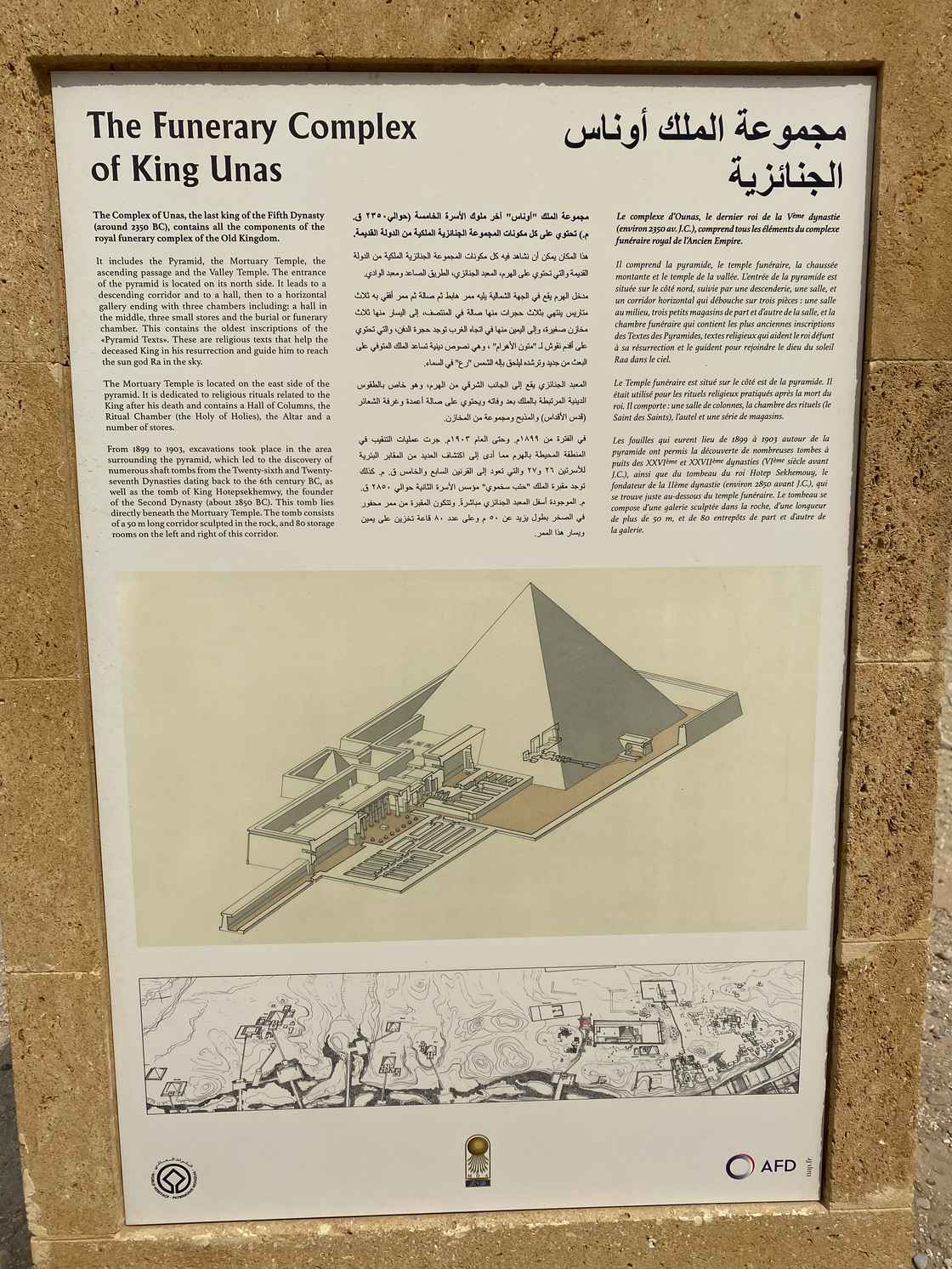
Inside the tomb... hieroglyphs are carved into the granite wall.
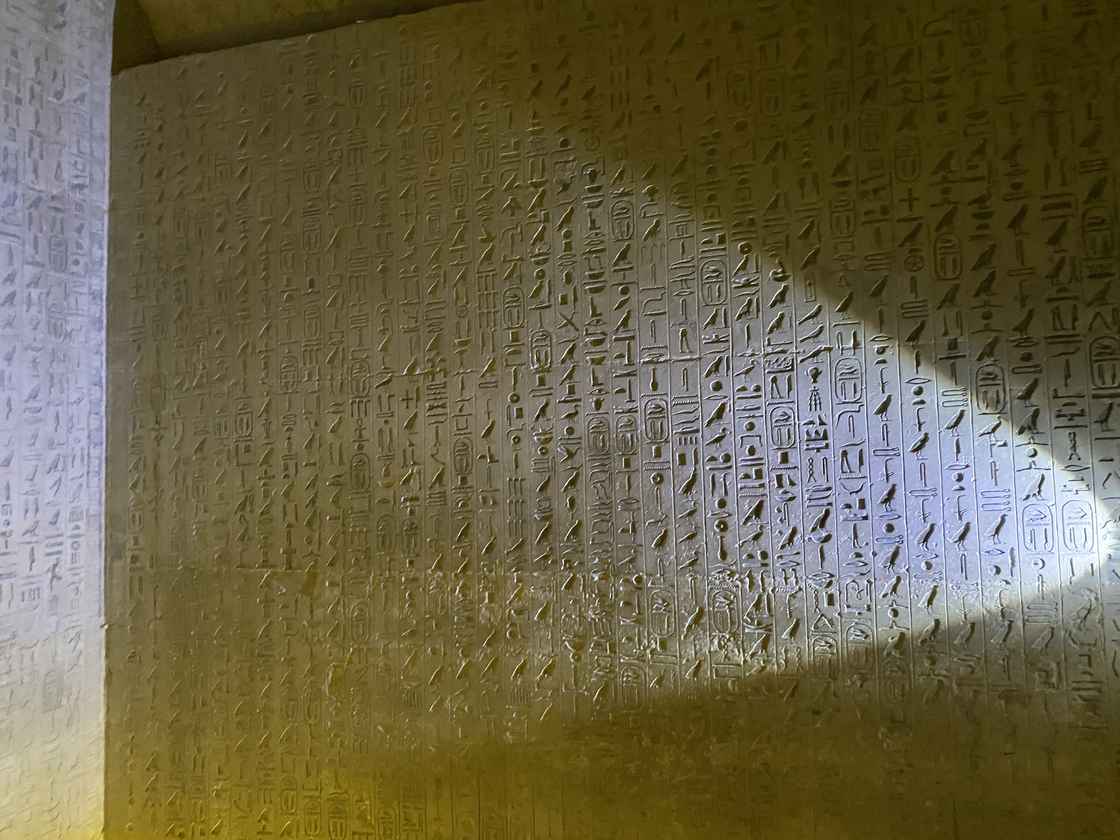
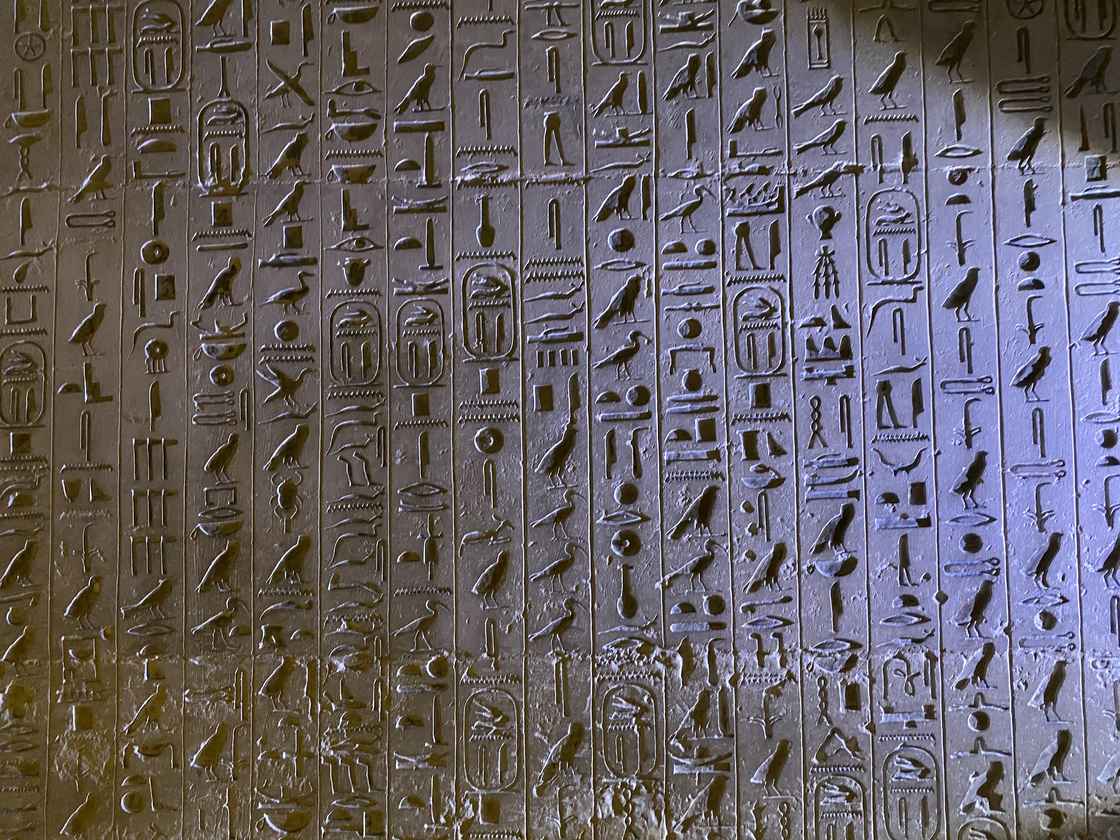
Next to his tomb, the wall is inlaid with Alabaster and human figures are impressed on the brocaded design. You can only see the indentations with the lights turned off.
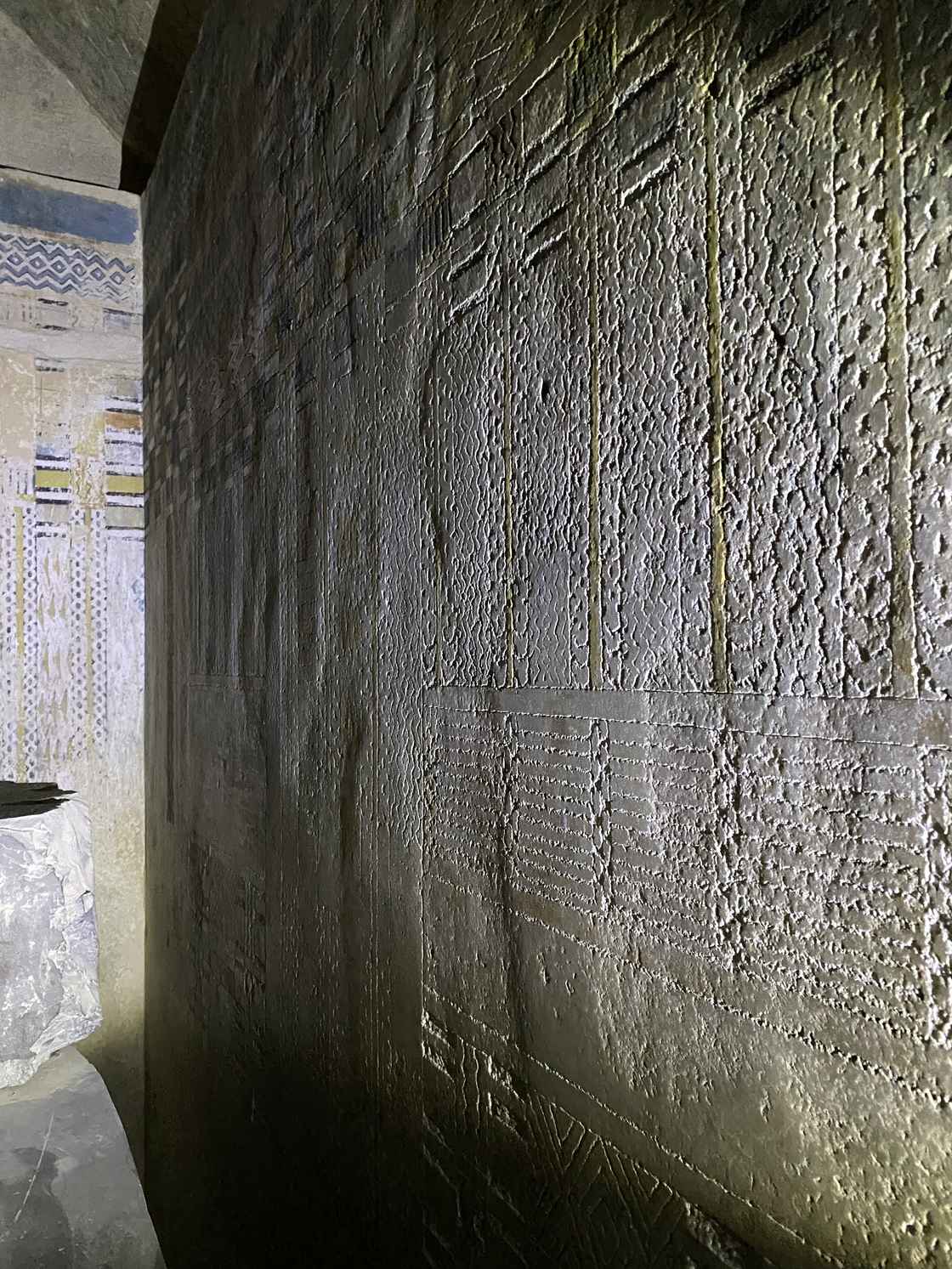
Tourist snapshot of me in front of his sarcophagus. Notice that you can't see the indentations on the walls next to the sarcophagus anymore. The ceiling is carved with stars.
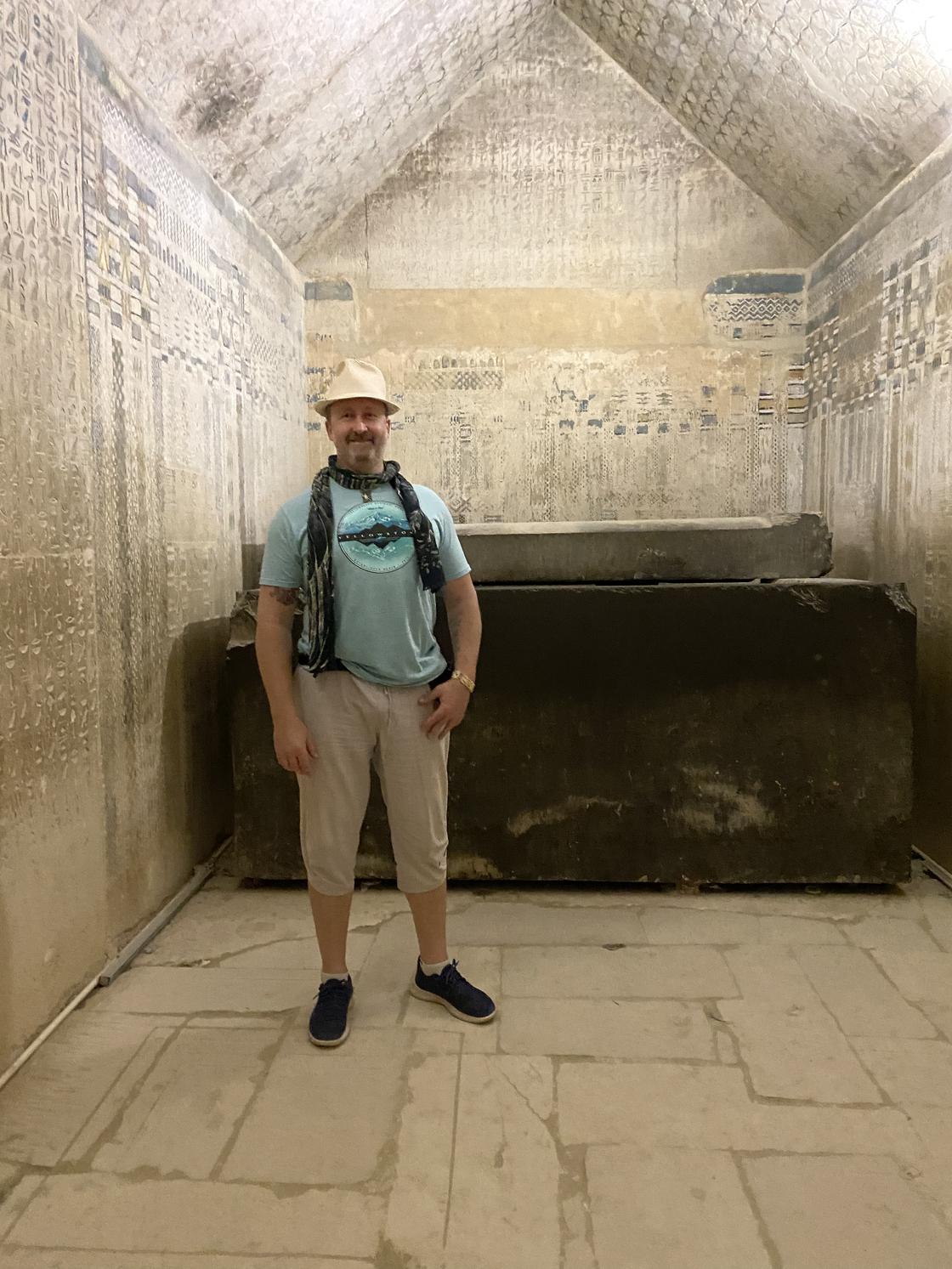
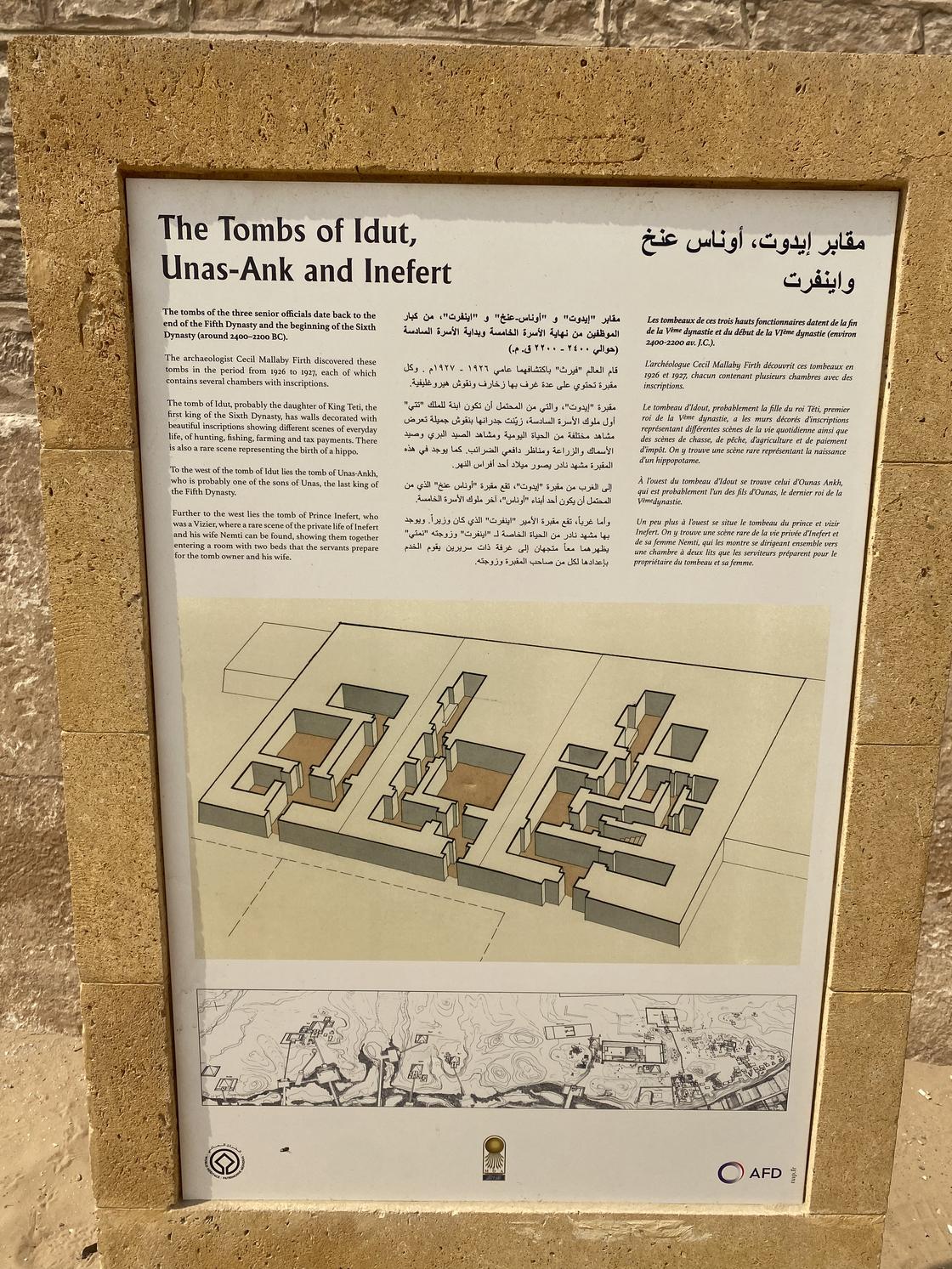
Idut was a princess, daughter of the king. Unas-Ank was likely one of the king's sons. And Inefert was a court vizier. This is one of the entrance foyers.
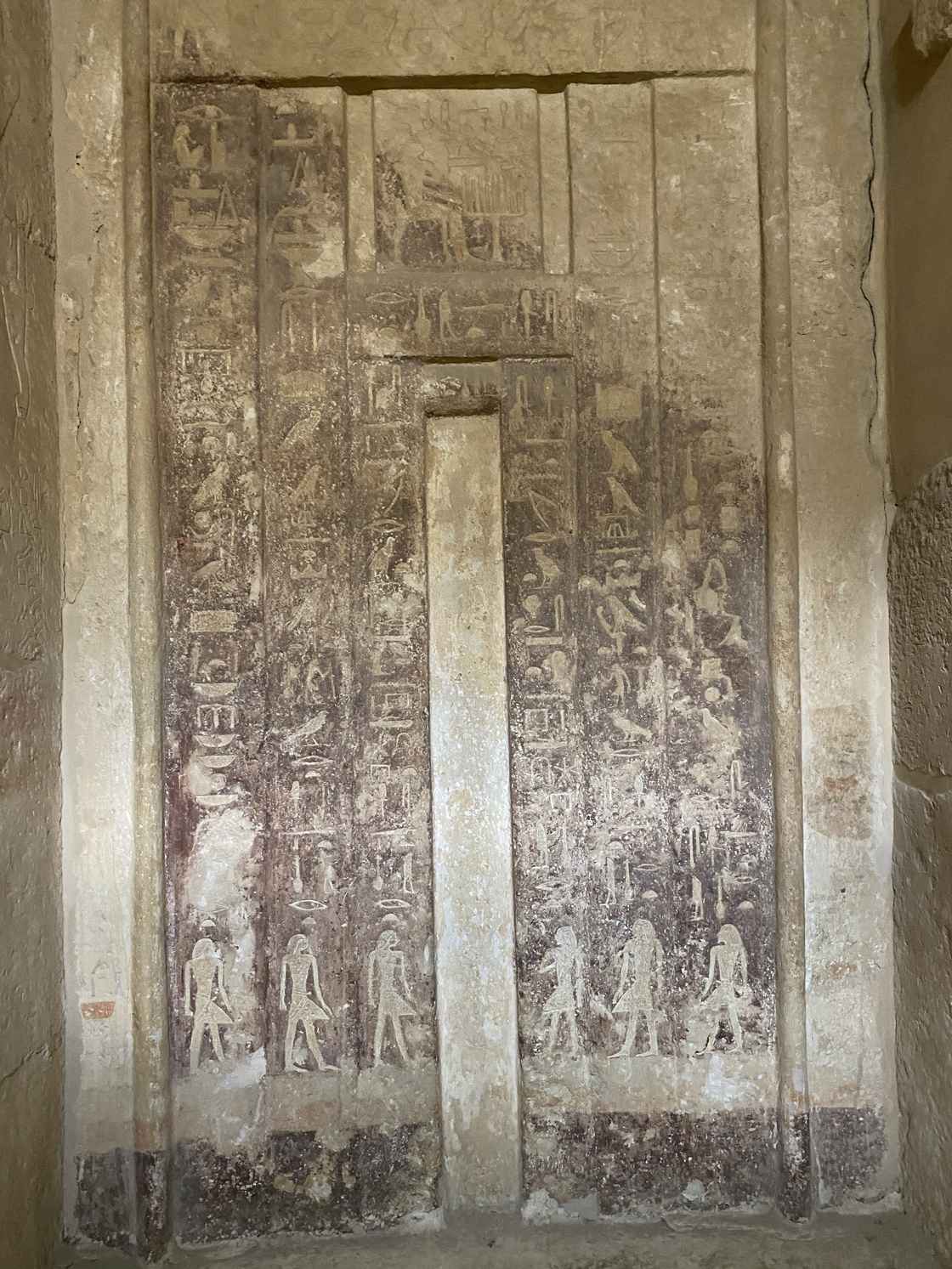
The walls are carved with various social scenes of daily life.
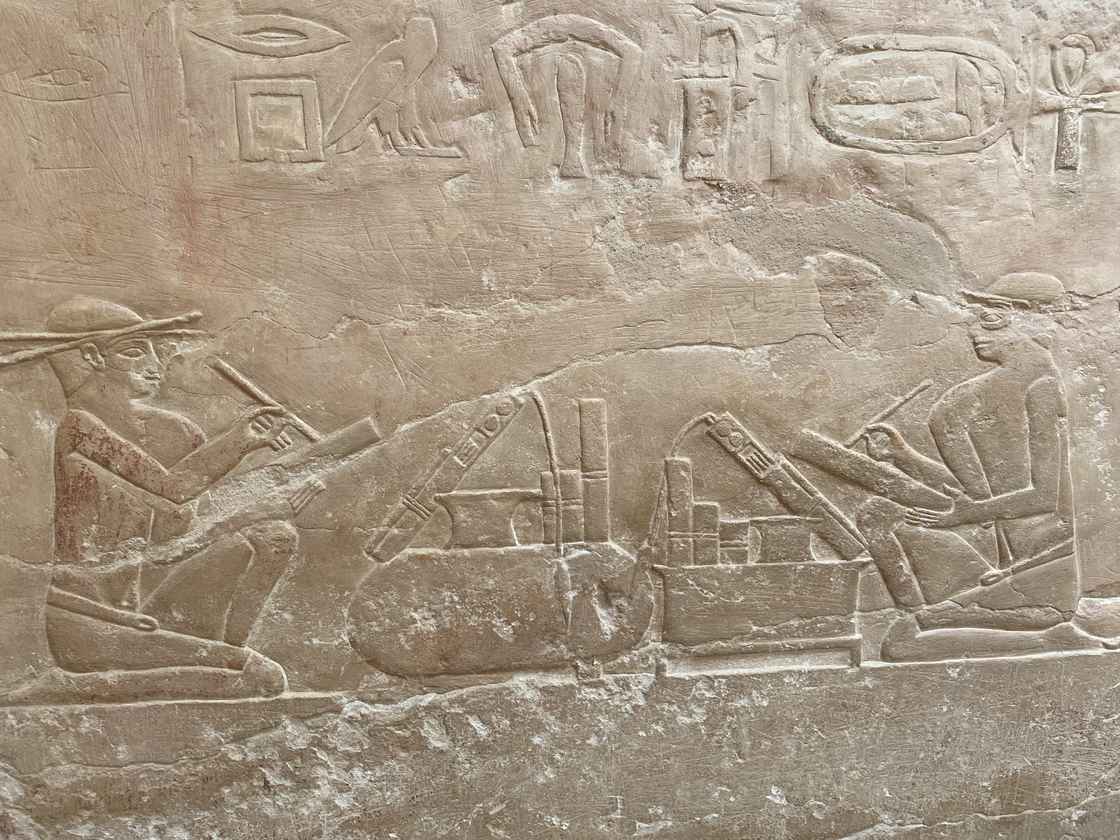
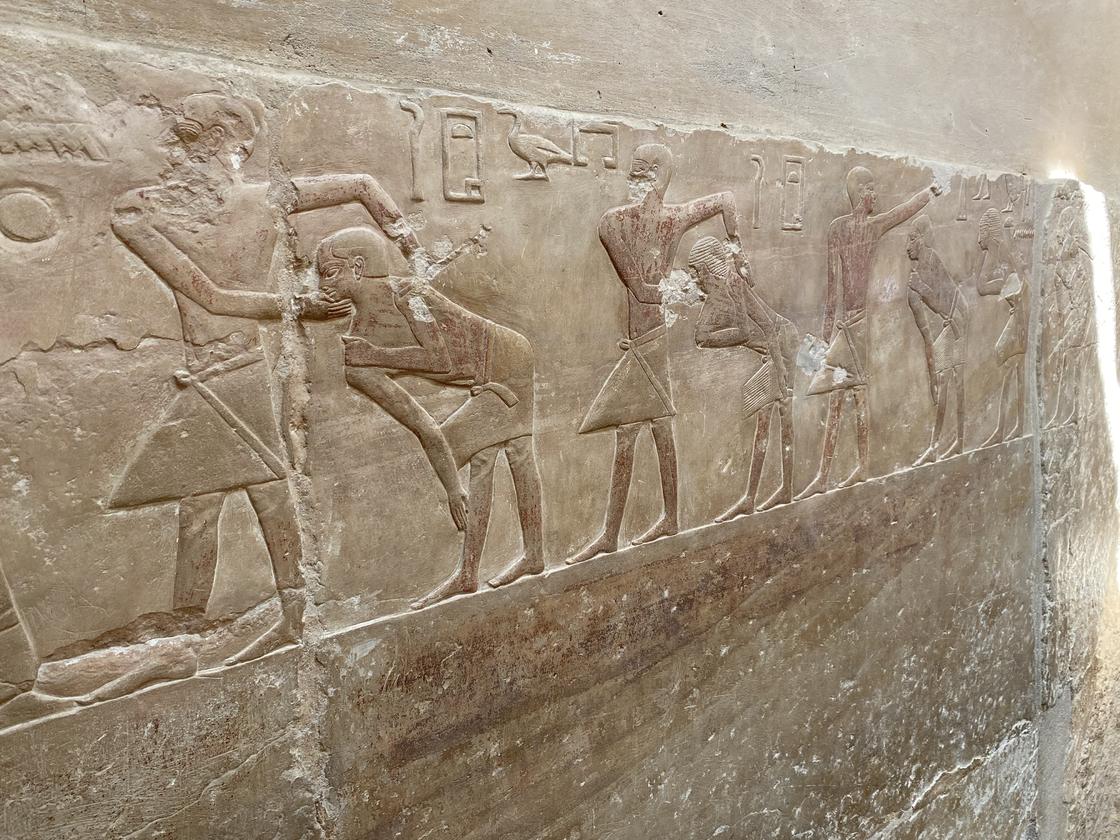
My Indiana Jones shot. Or at least, that's what my guide called it. He was funny. He had me pose for shots like it was a modeling shoot and he would talk to me in his broken, heavily accented English, like... "yahs, yahs, show me Indiana Jones. Yahss, yahhs, that's it!"
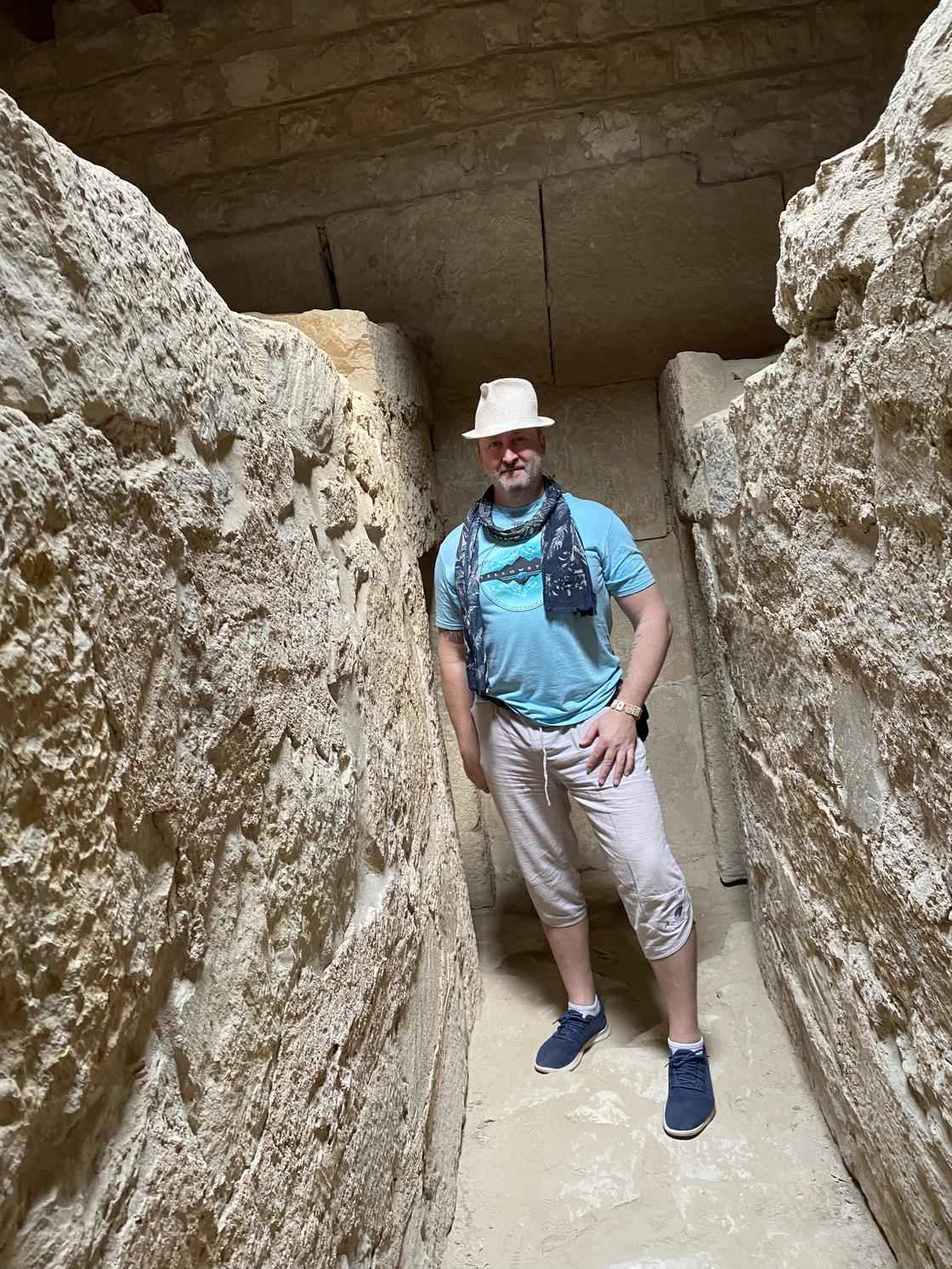
Idut, holding a Lotus Flower.
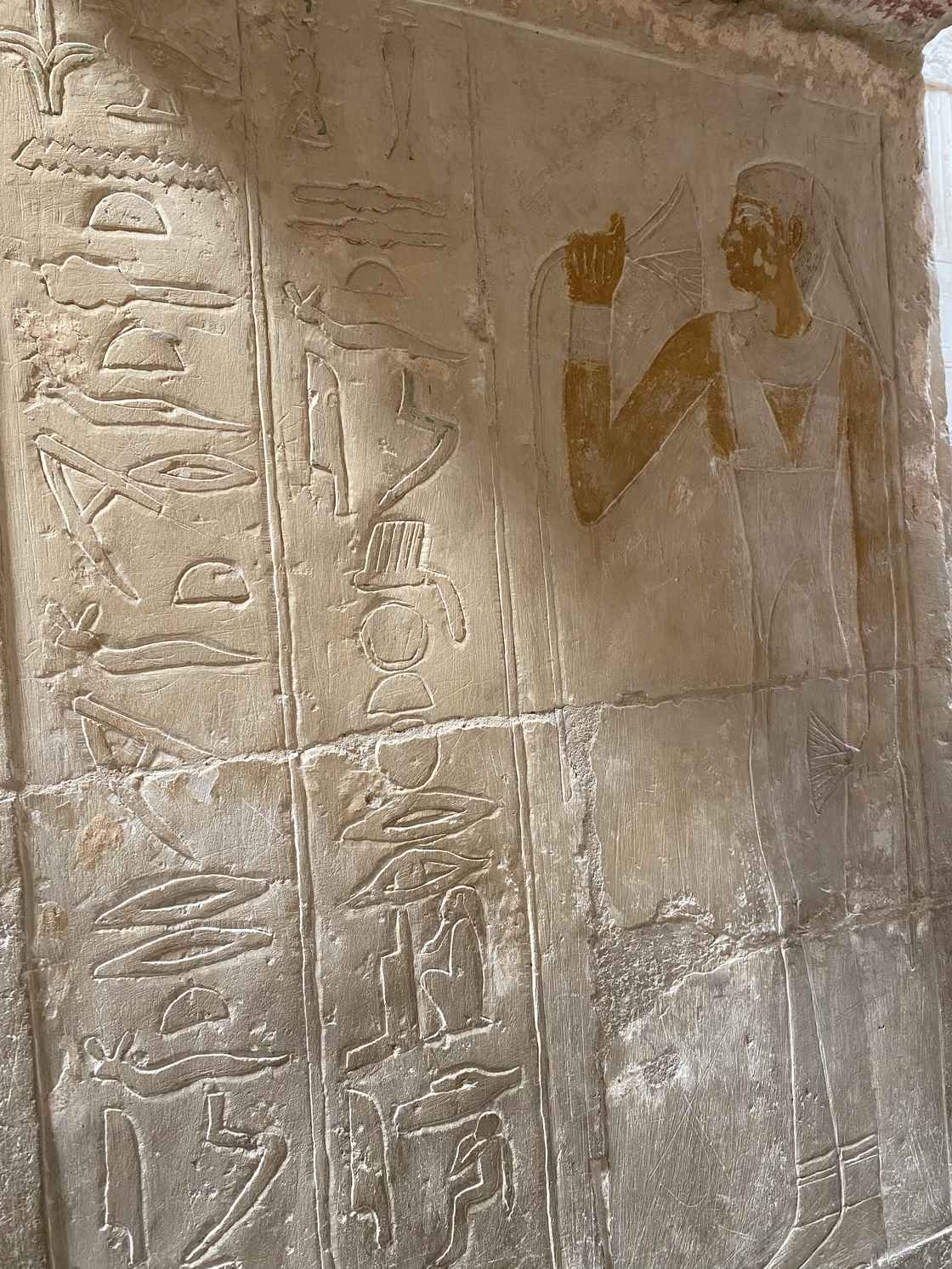
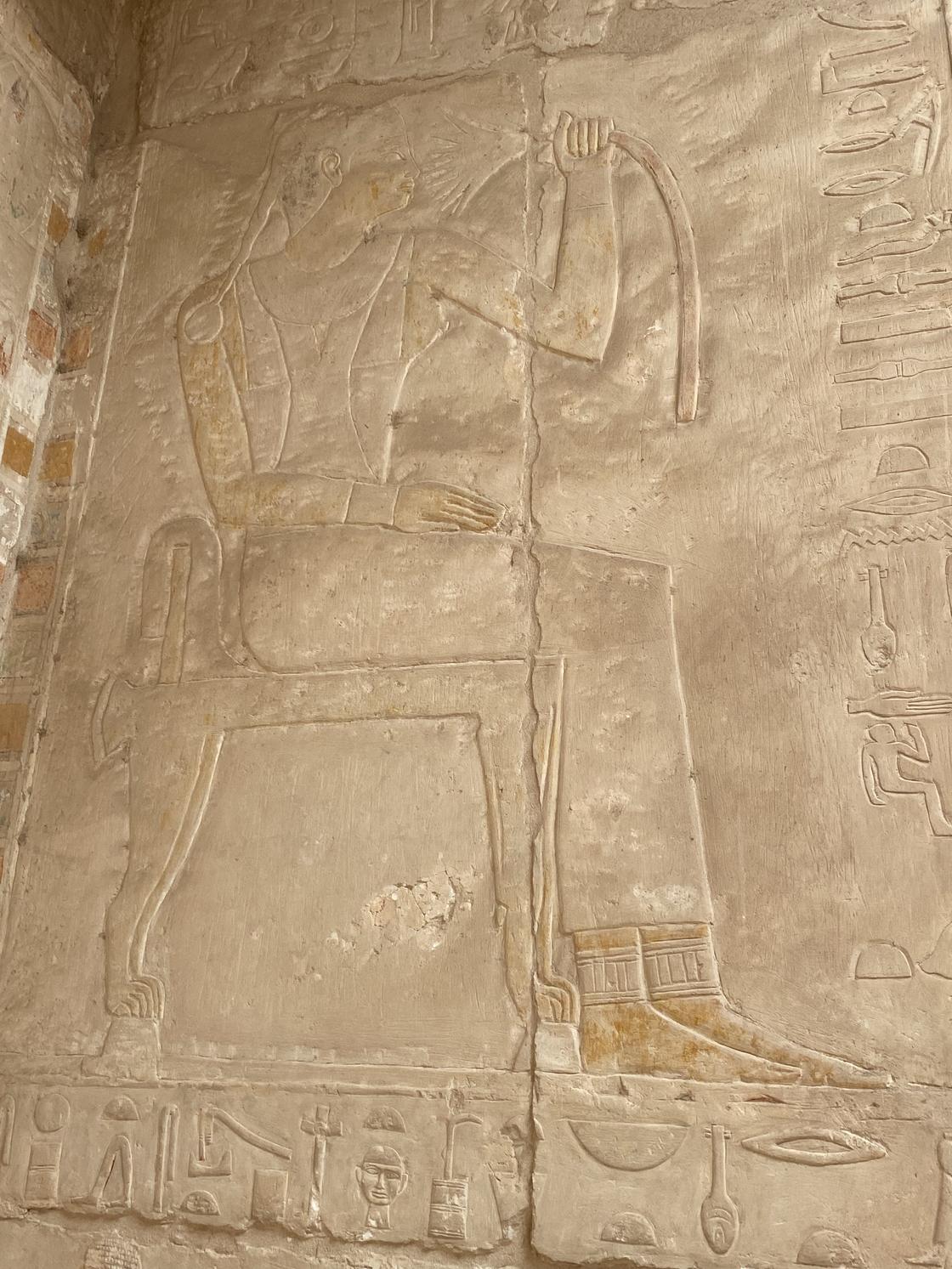
Note the scene of sacrificing a cow.
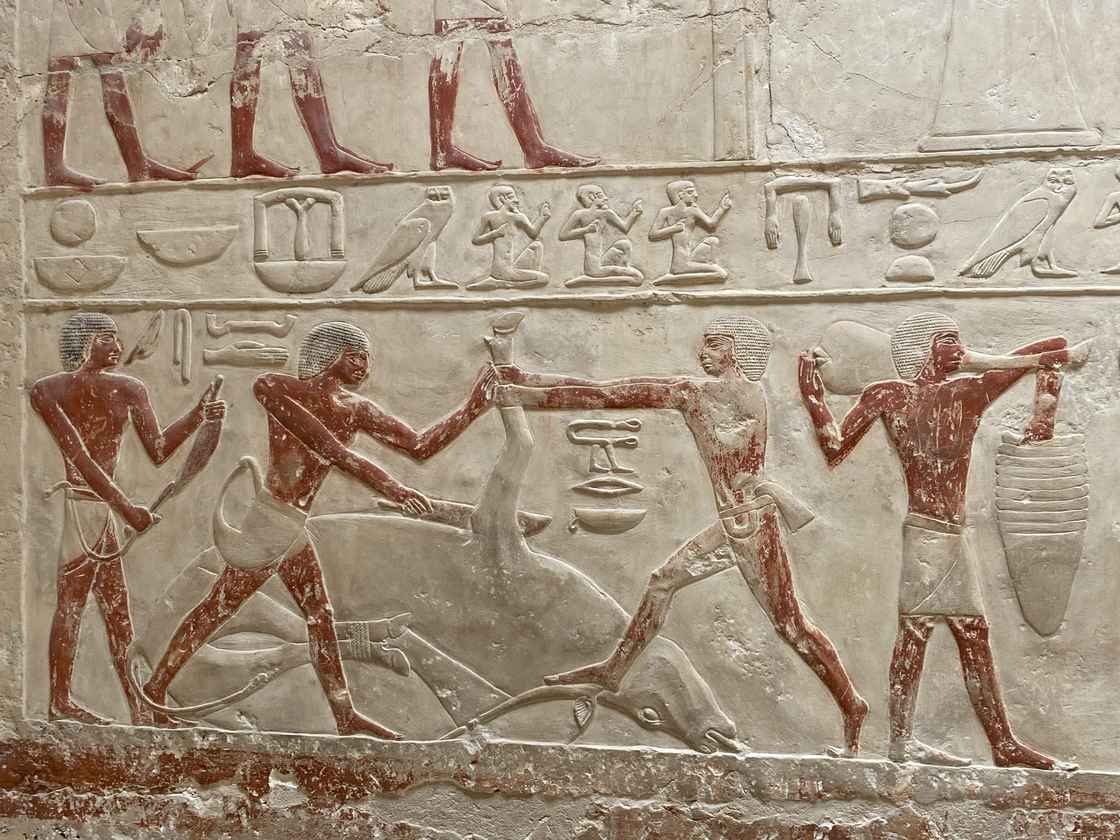
A fishing scene with animals above.
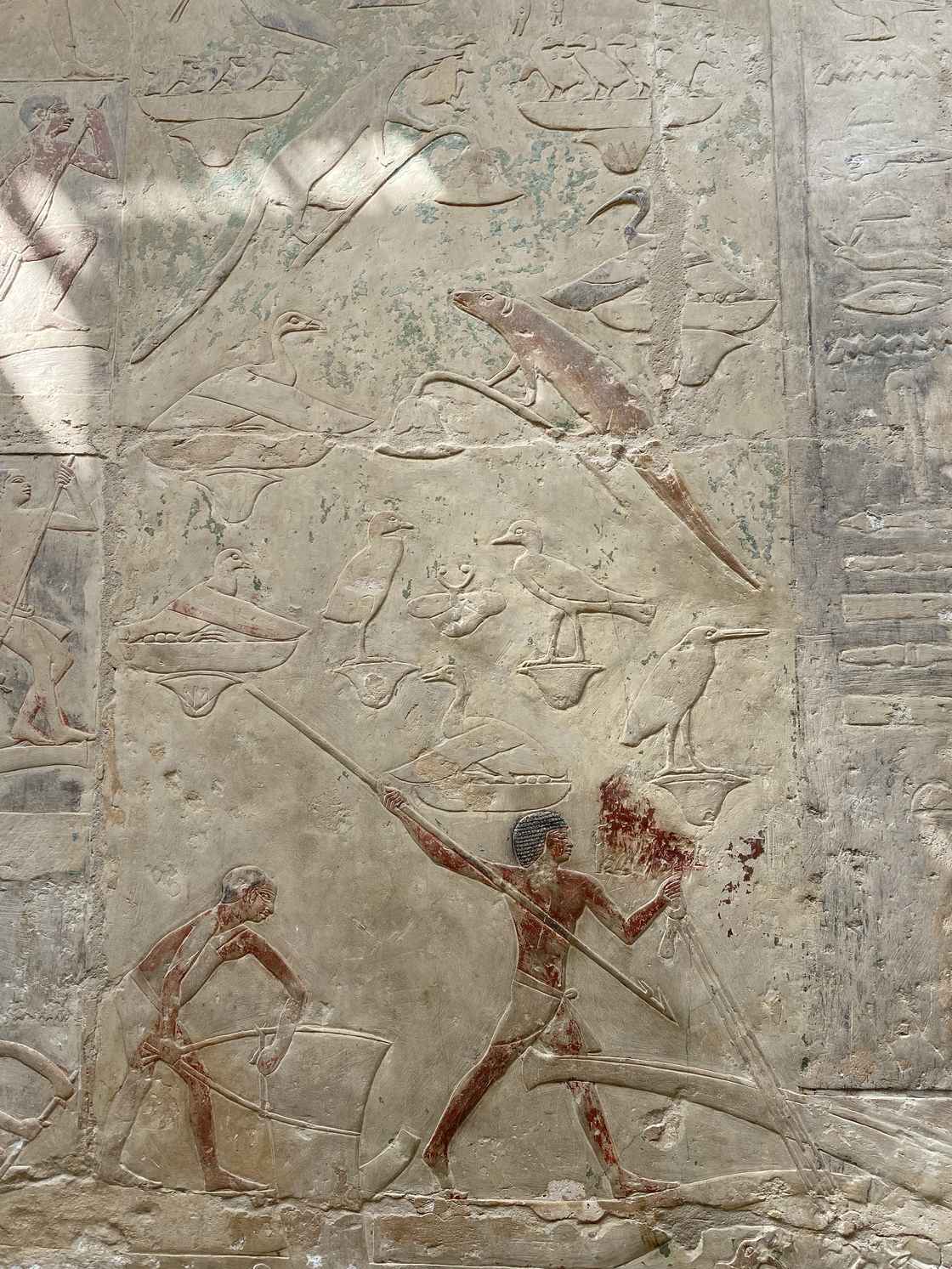
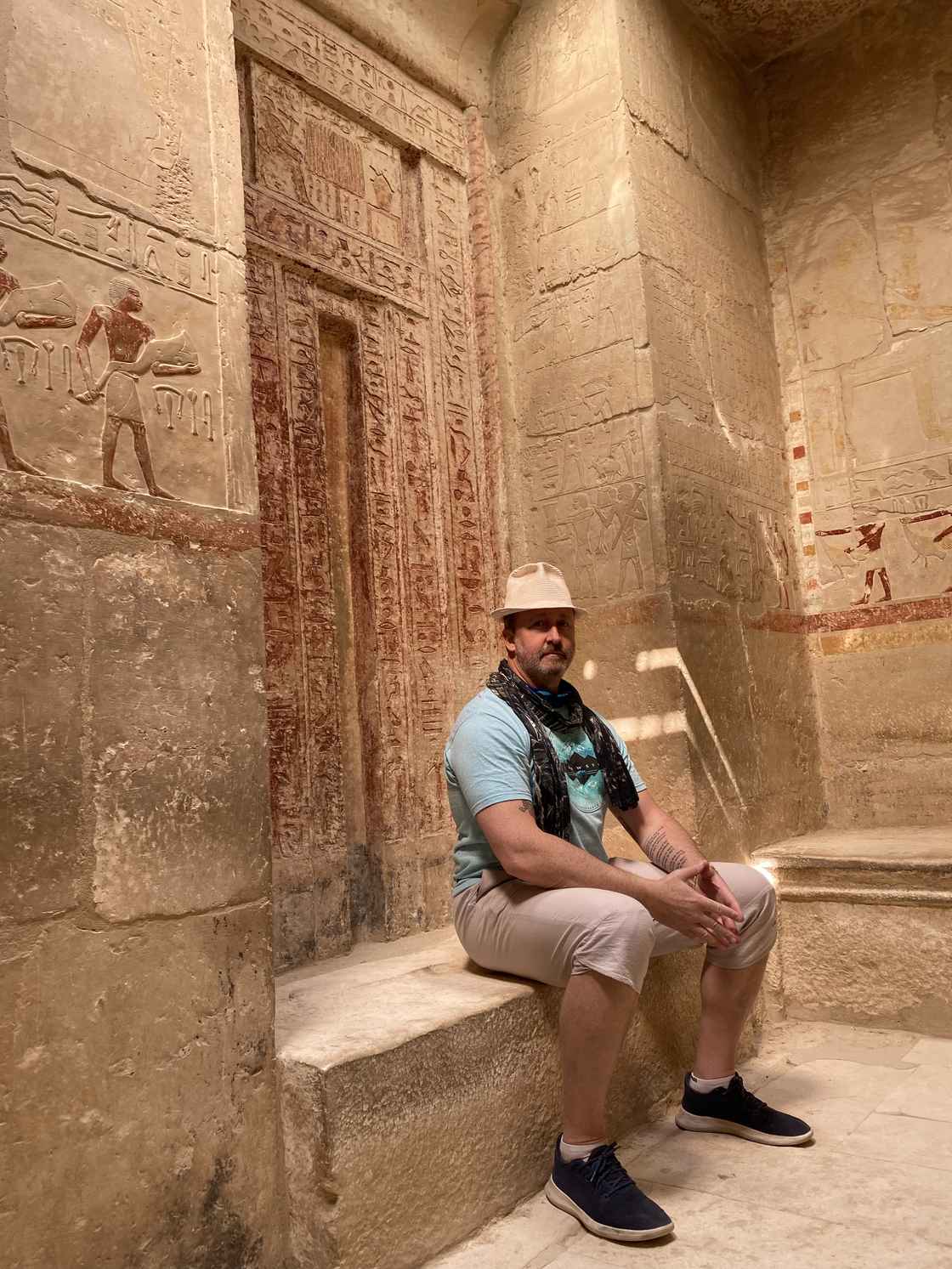
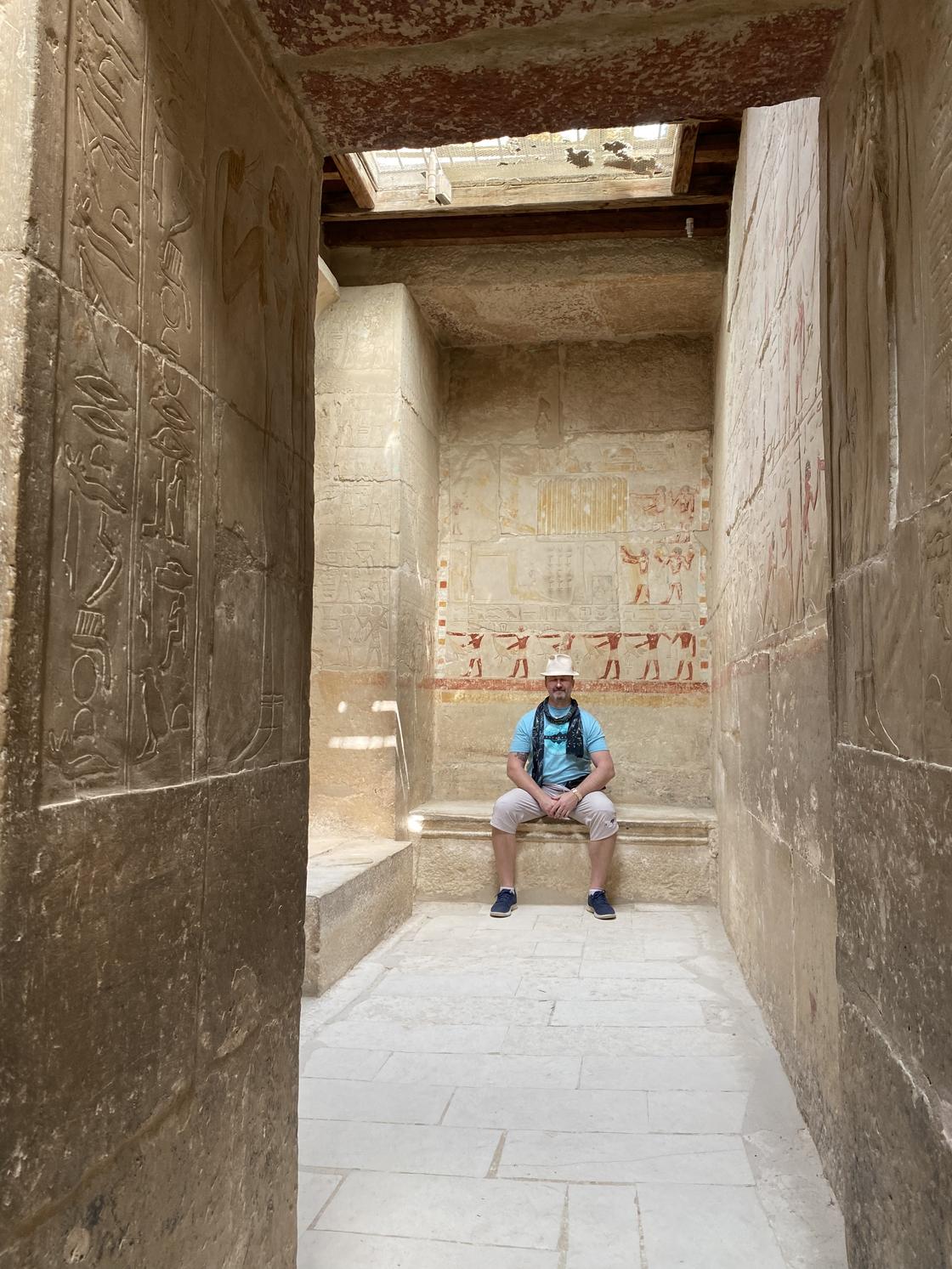
Here I am in front of the Great Pyramid of Khufu with the pyramid of his son Khafre in the back right.
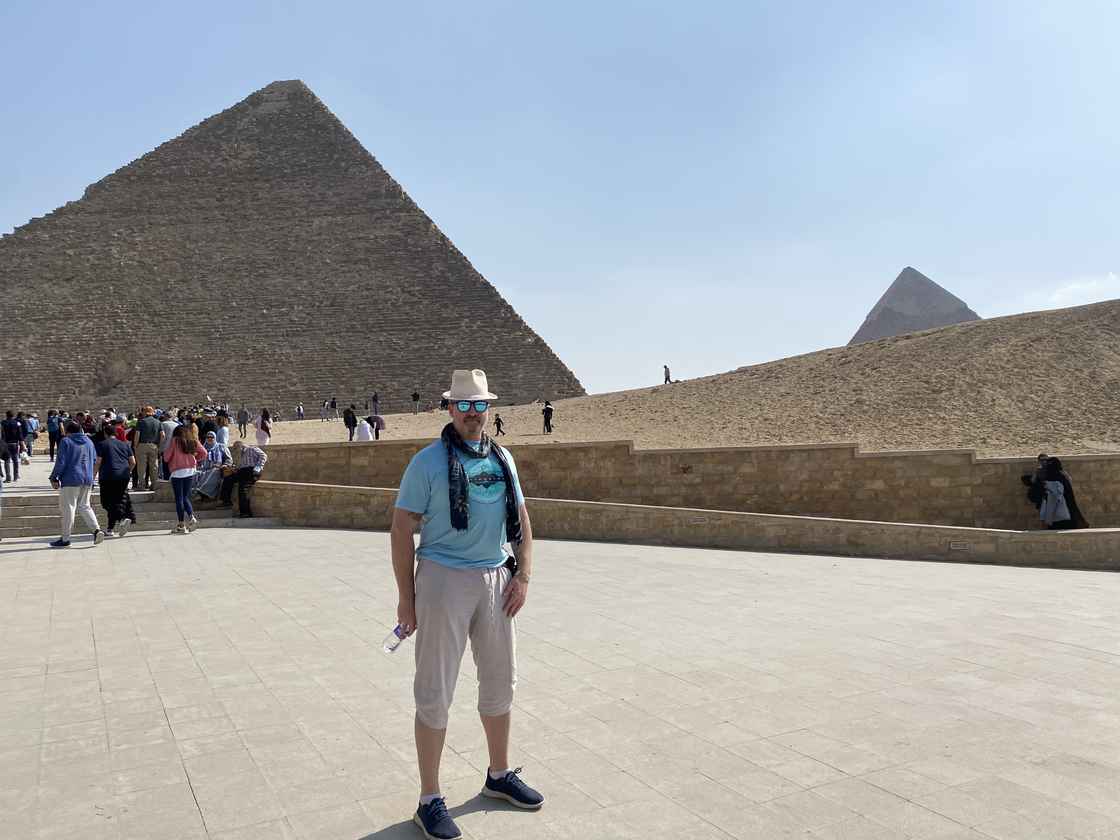
It's crowded at the pyramids. Tour buses pull up and wait in line all day long to empty a bus-load of tourists in front of the pyramid entrance.
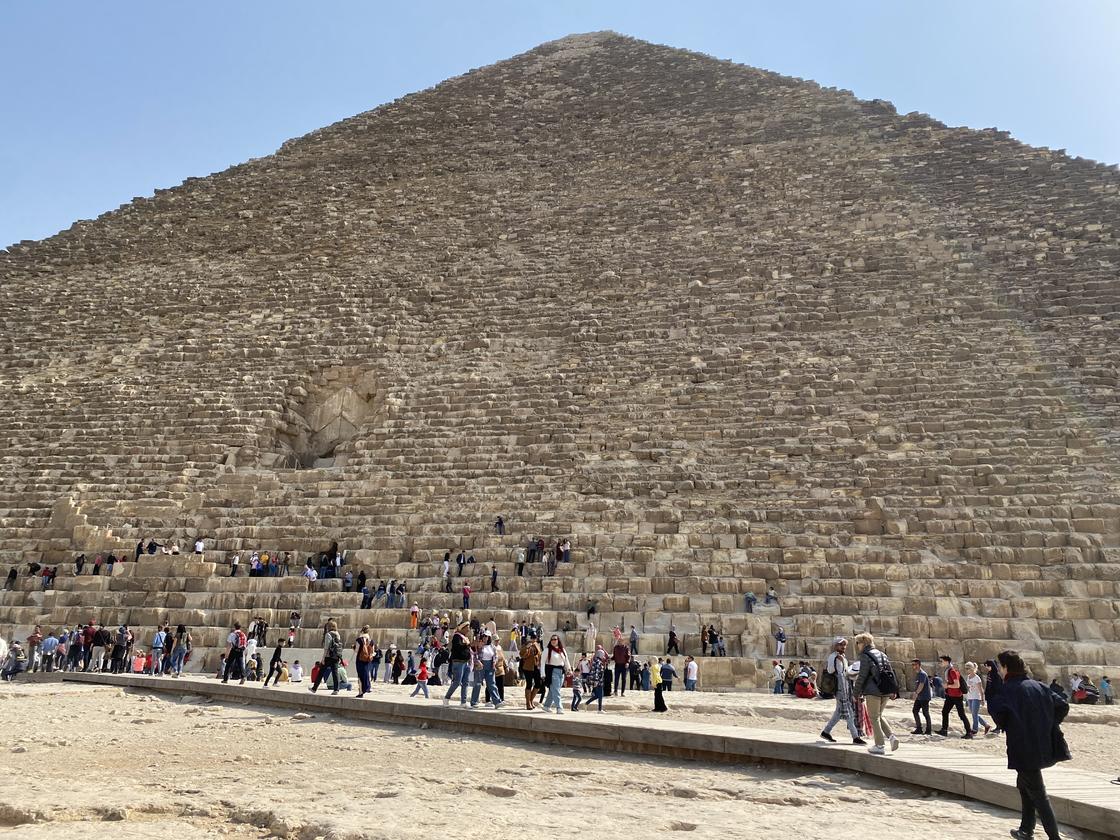
The back-side of the Great Pyramid (Khufu's pyramid)
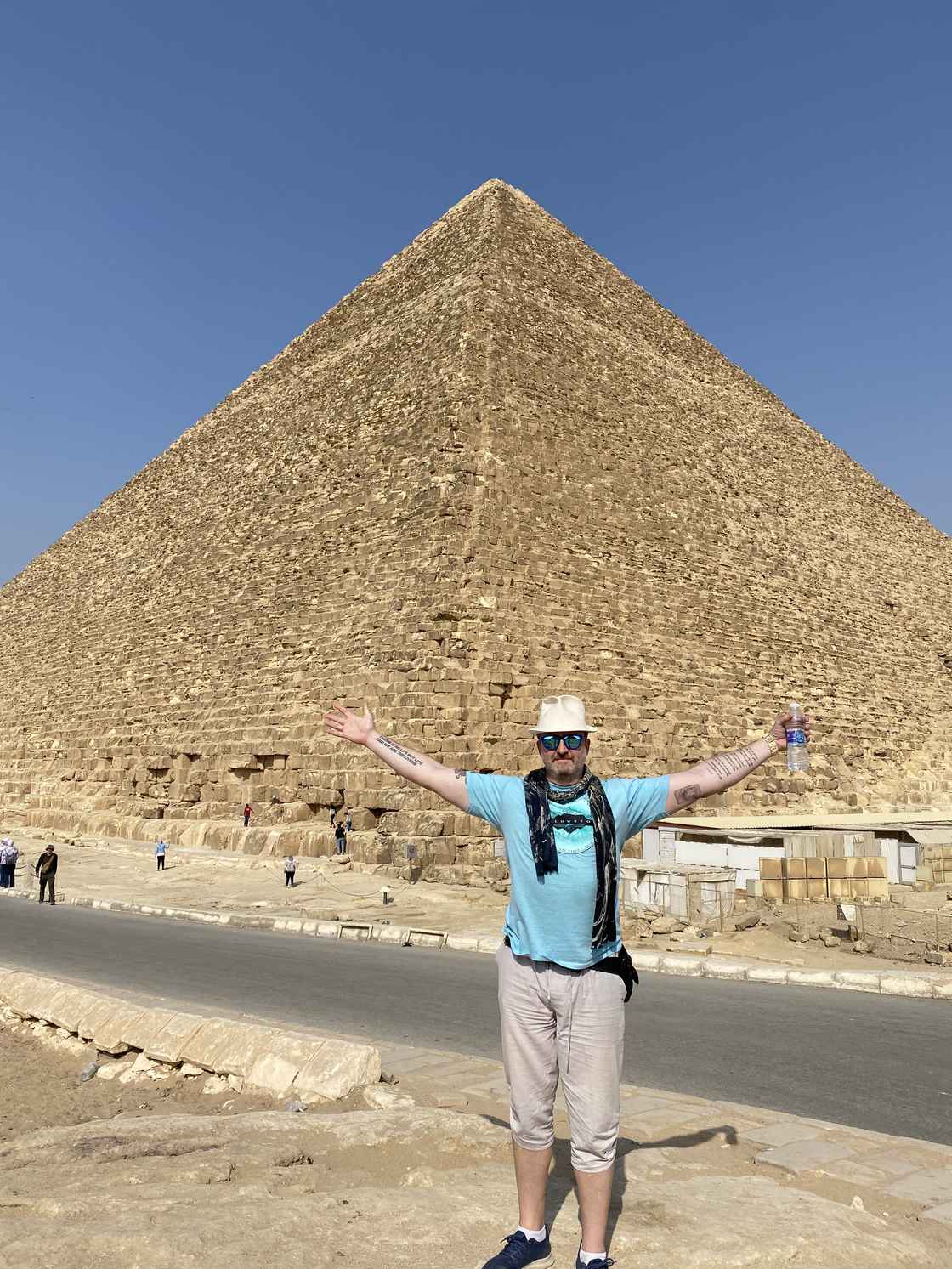
Balancing act in front of Khafre's pyramid (the second pyramid).

Panoramic view of all three pyramids from the back side. The third pyramid was built as a tomb for the pharaoh Menkaure and is only about half as tall as the other two. But from this perspective where it is in the foreground, it looks to be almost the same height.
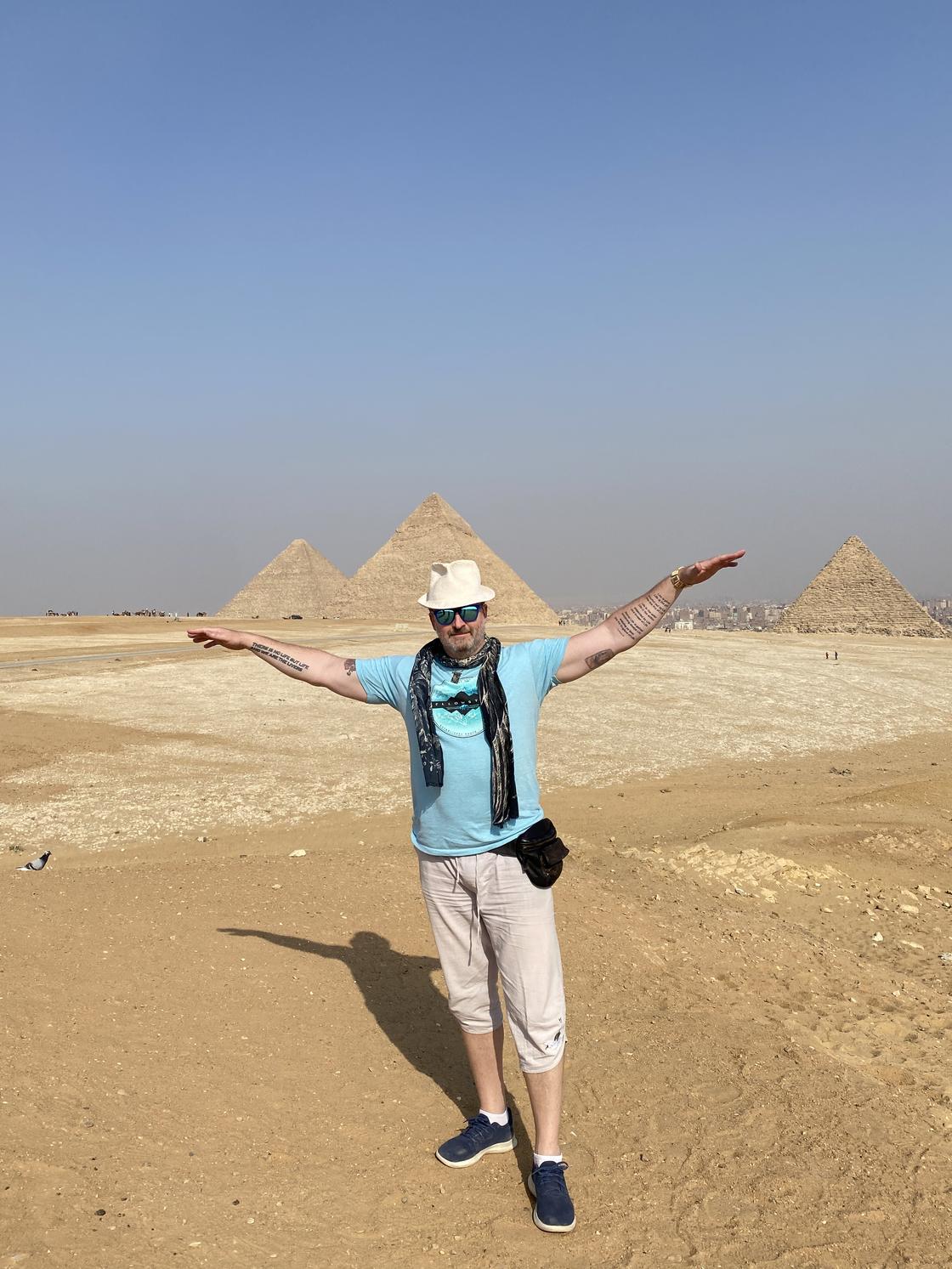
The sphinx, under restoration.
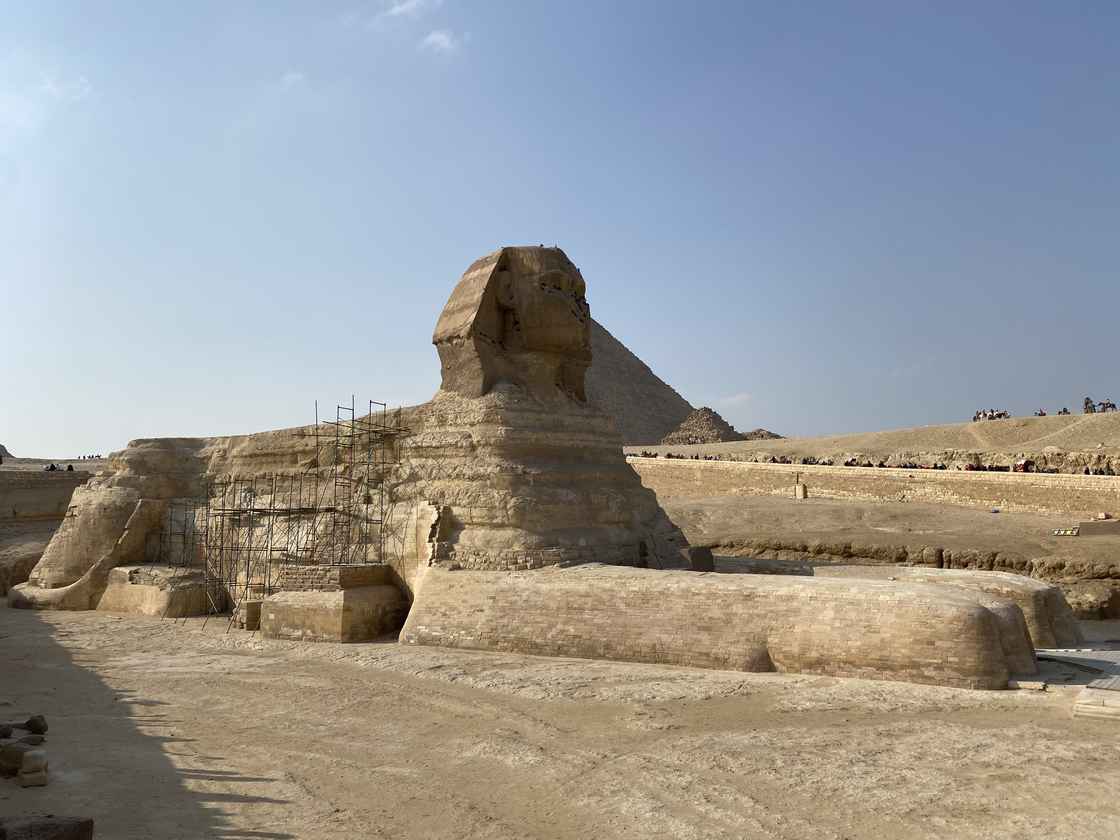
My guide took this picture of the Sphinx coming in for a kiss.
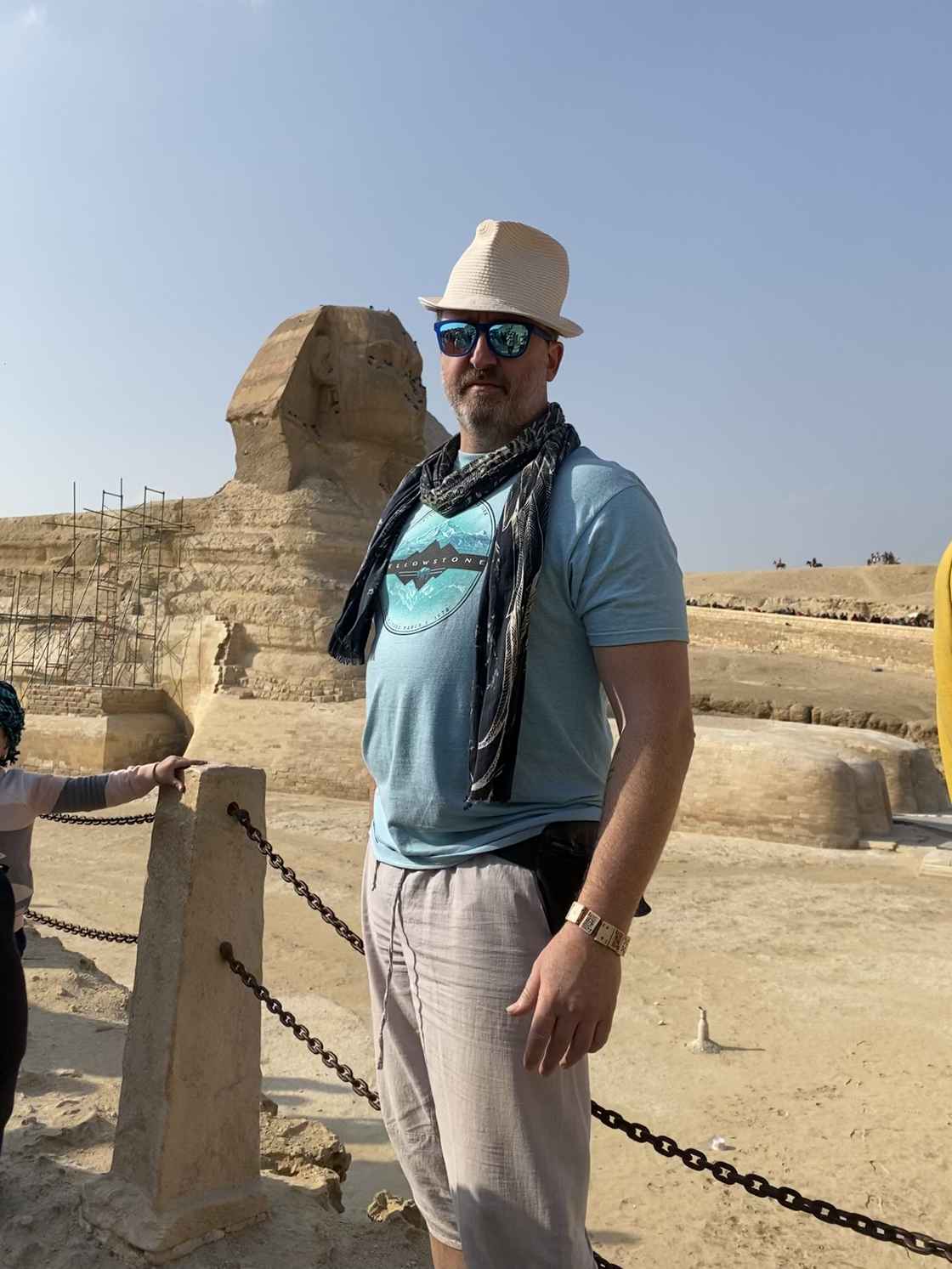
Day 3
I was up at about 5 AM, jet-lagged. I decided to go for a walk and walked to the pyramids, where I waited for the pyramid complex to open at 7 am and passed the time chatting with two young travelers from Belgium. One of them had on a Boston Red Sox hat, which is what started the conversation. Thank goodness people in other countries speak our language. English is truly the international language.
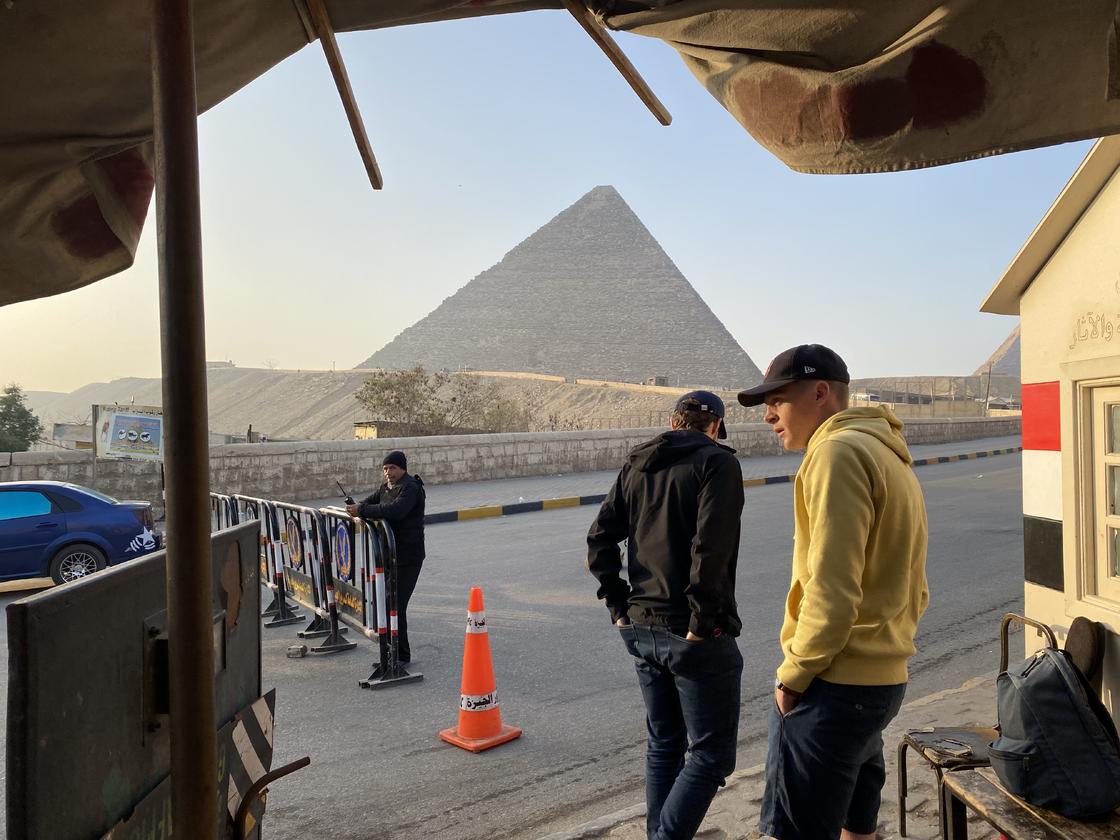
I was the first to arrive at the great pyramid of Khufu to begin the climb up inside to Khufu's burial chamber. The ascent is at about a 30 degree incline and the tunnel is about 5 feet high. It's hot and claustrophobic, all the more so because after about 20 or 30 ft, I was completely winded and gasping for breath. But it's worth the climb, which including another more open tunnel, is about 140 ft up inside the pyramid to a chamber that you can only access by crawling because the entrance to the chamber is about 3 1/2 ft high.
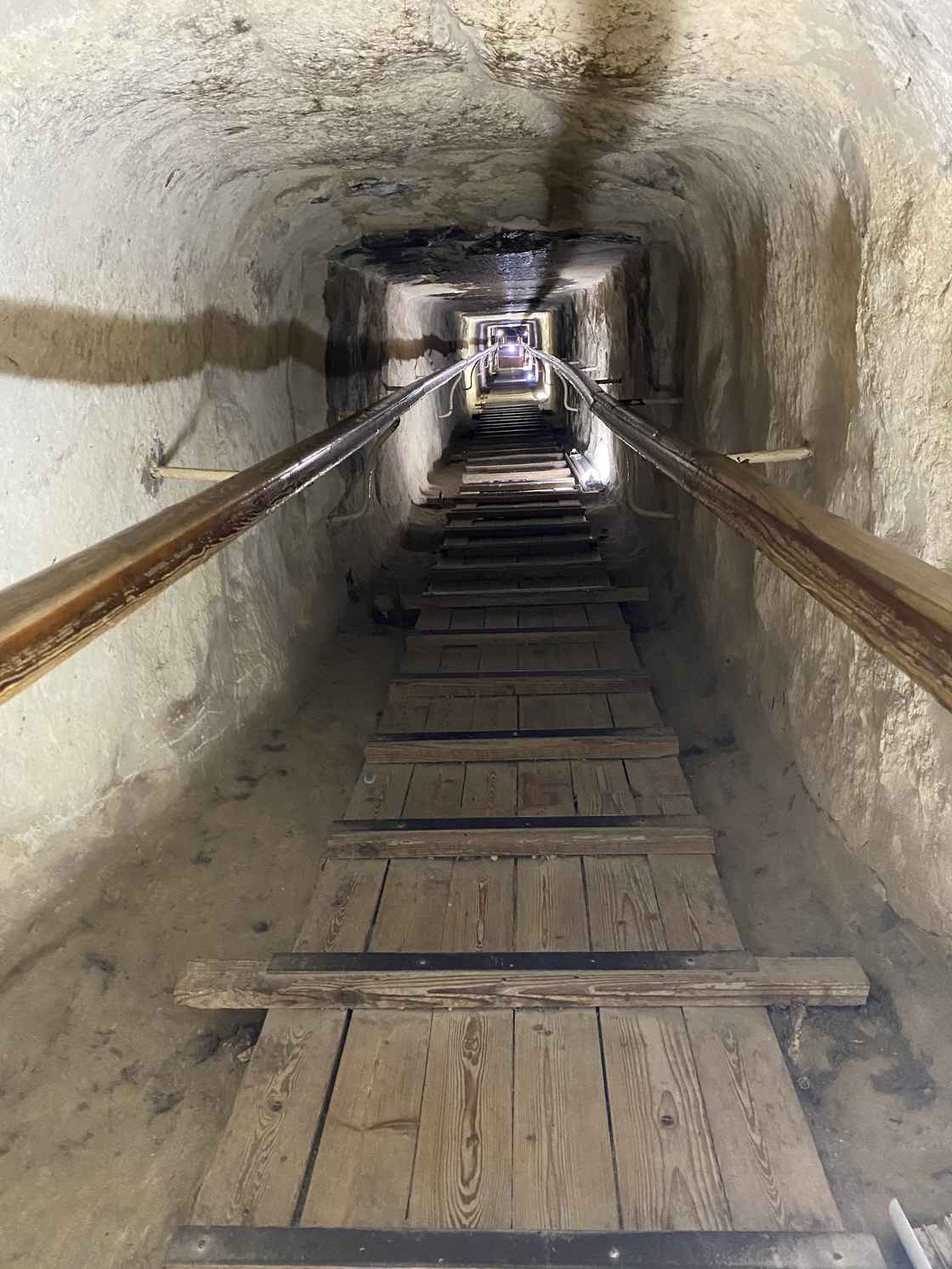
This is not my picture, but this picture, taken from the side with the entrance crawl space, gives you an idea of the dimensions of the burial chamber. These people are standing next to the empty stone sarcophagus.
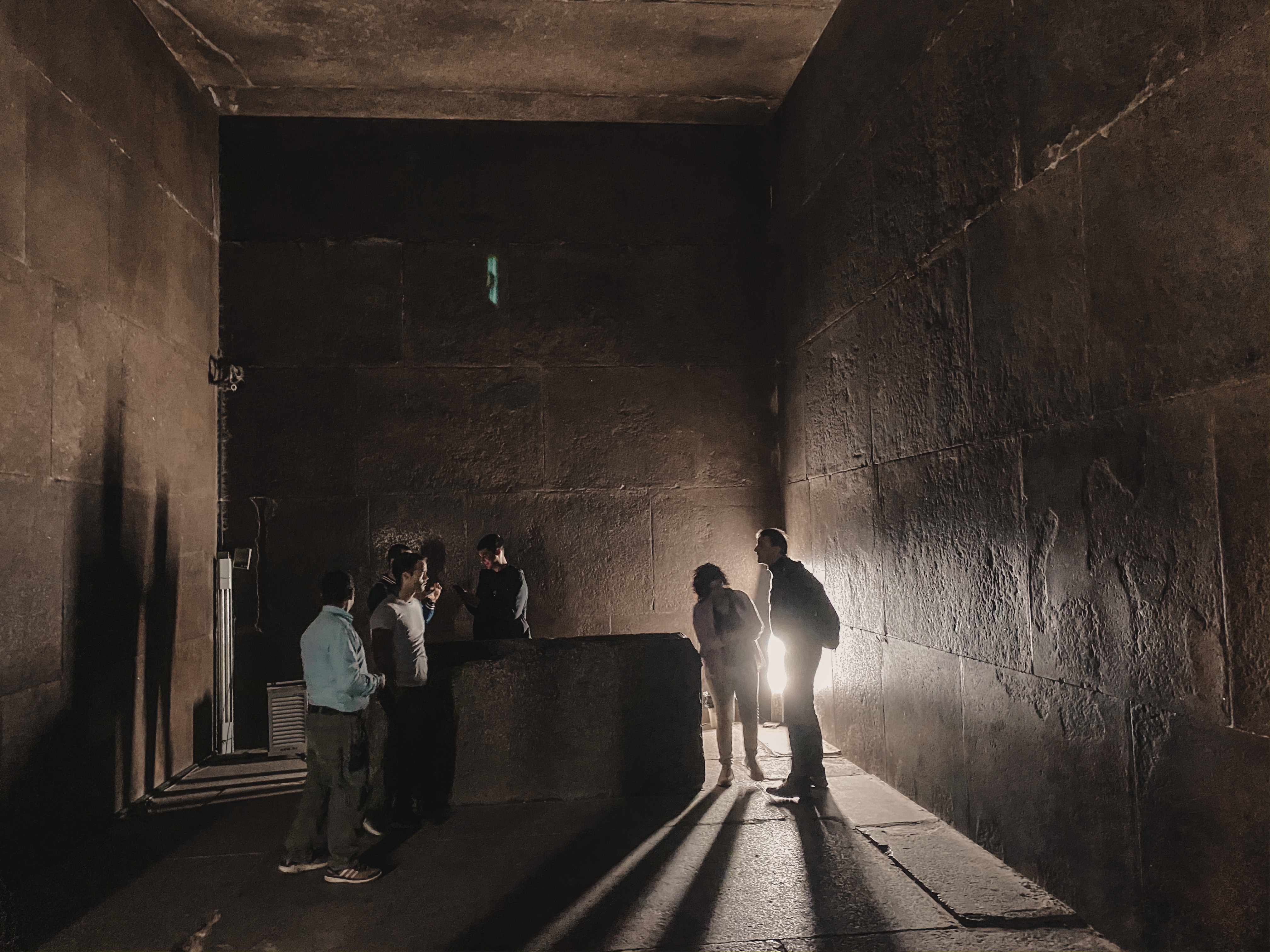
I didn't realize what magical experience was in store for me inside the chamber. Apparently, it's a thing that people do: arrive early at the pyramid before the tourist buses start arriving at around 8 am, climb up into the burial chamber and sing, chant, and tone. The acoustics are phenomenal.
So anyway, I was alone for about 10 minutes inside the chamber, sitting with my back against the sarcophagus, meditating, when another European-looking man crawled into the chamber. He walked over and proceeded to get inside the stone sarcophagus! He then started toning the sound of Aum. I joined in. A few minutes later, a western-looking woman (who turned out to be American) crawled in, prostrated herself before the sarcophagus, sat next to the sarcophagus and started toning as well. Several minutes later another caucasian woman crawled in, heavily tatooed and pierced, wearing flowing-Indian-like garb. She started doing an interpretive dance while she sang along. I had my phone next to me, and in a grateful fit of inspiration, I hit the record button.
So, hit play to listen to an impromptu chanting, singing concert of four strangers inside the burial chamber of Khufu in the great pyramid. (The whirring noise in the background is the sound of the compressor fan keeping air moving in the closed space.)
Afterwards, the security attendant, who rushed in to stop our illegal chanting (there is a sign outside that says no singing, chanting or religious rituals inside the pyramid) and held out his hand for bakshish (tip/bribe), took this picture of me inside the chamber.
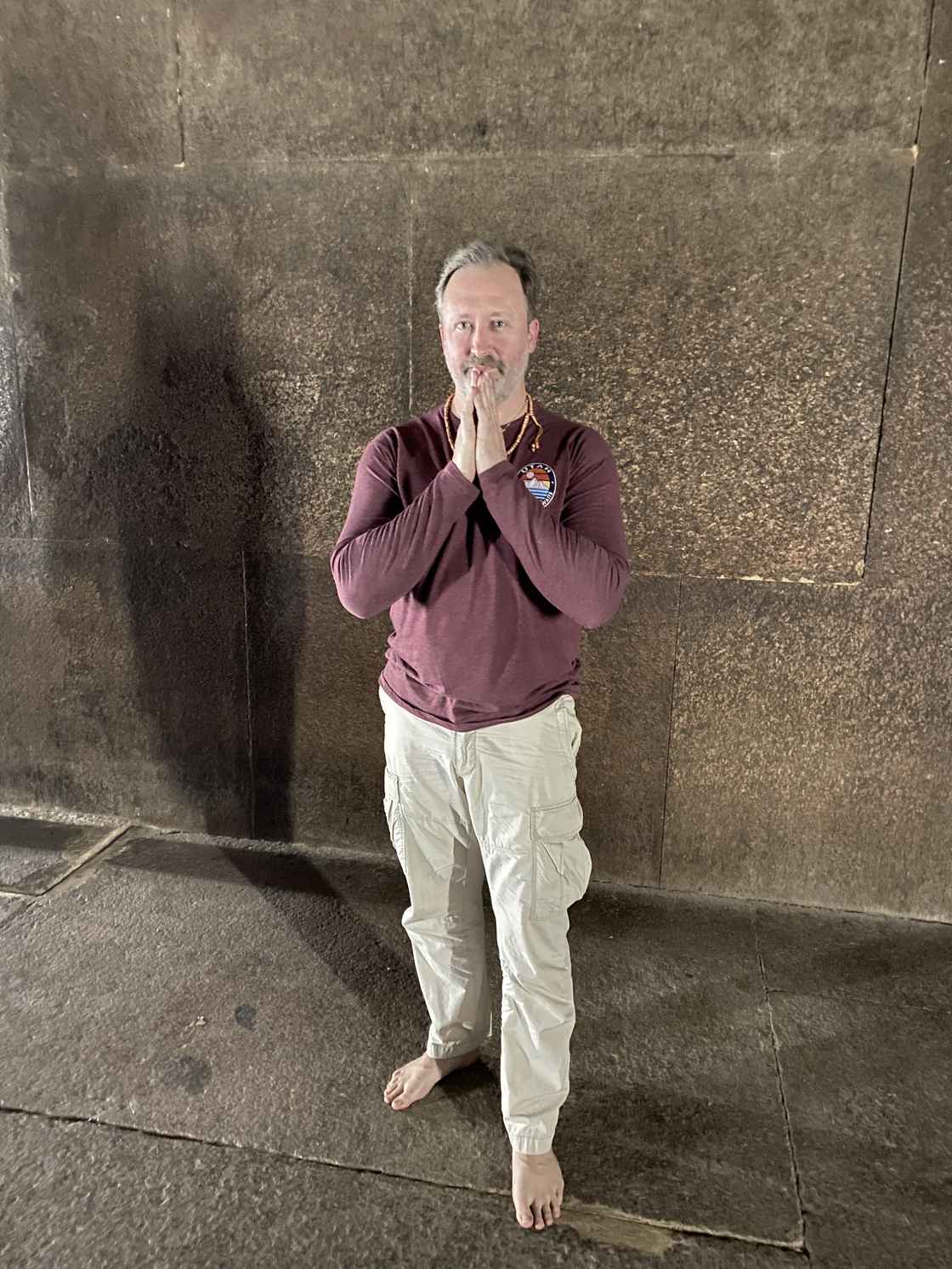
After my magical experience inside the chamber, I walked down the hill to the Mena House, which is across from the pyramids and is considered by many to be the finest hotel in Giza. I splurged on their $40 breakfast buffet.
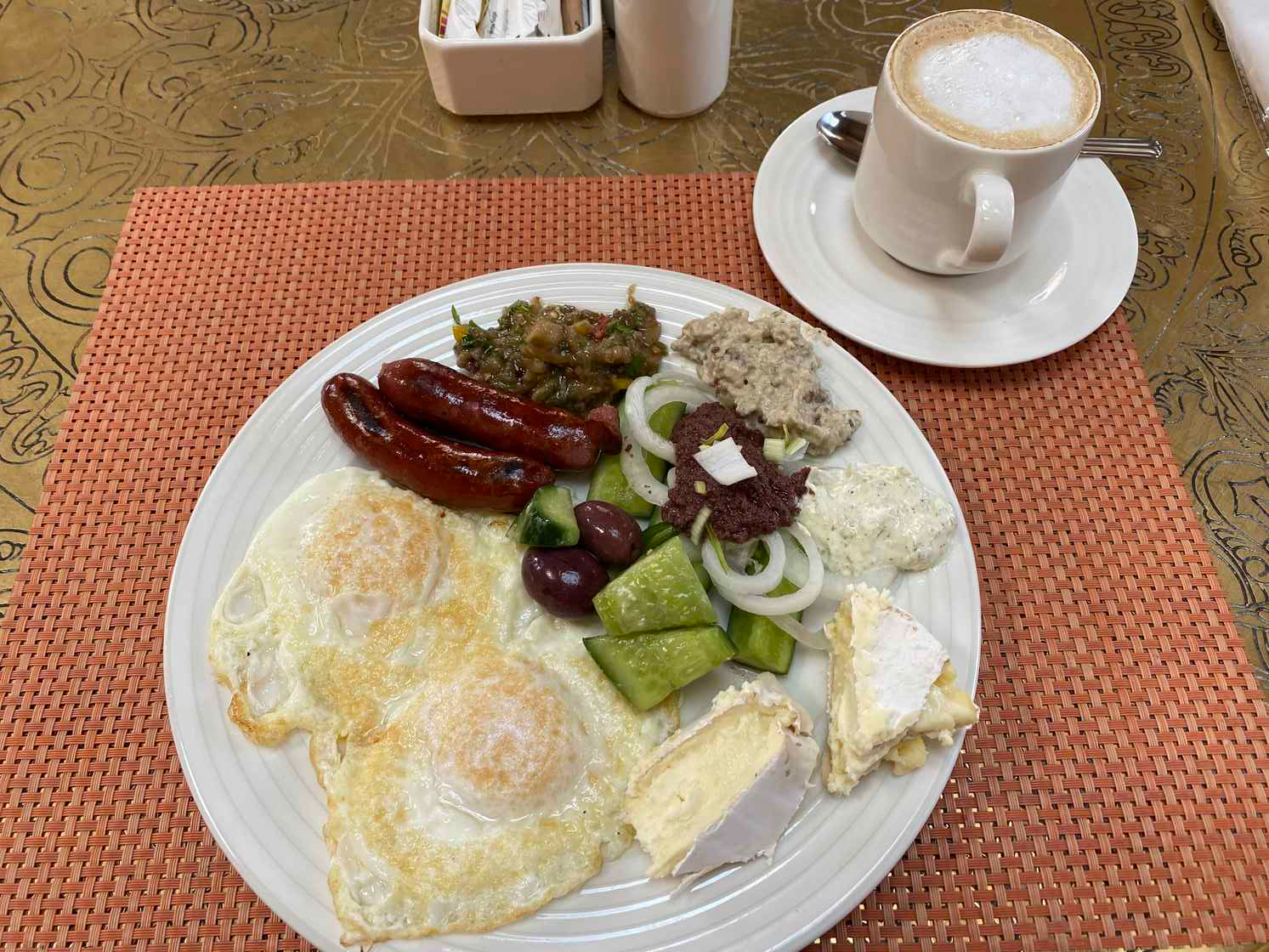
Courtyard of the Mena House.
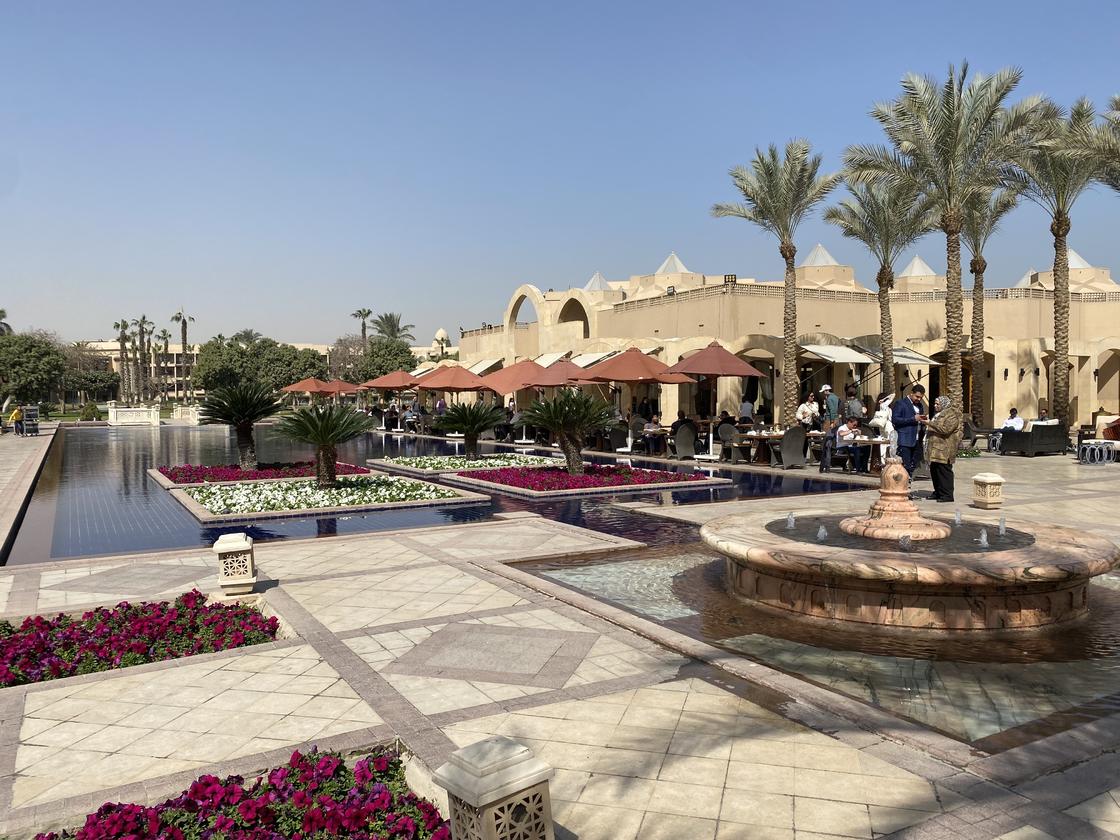
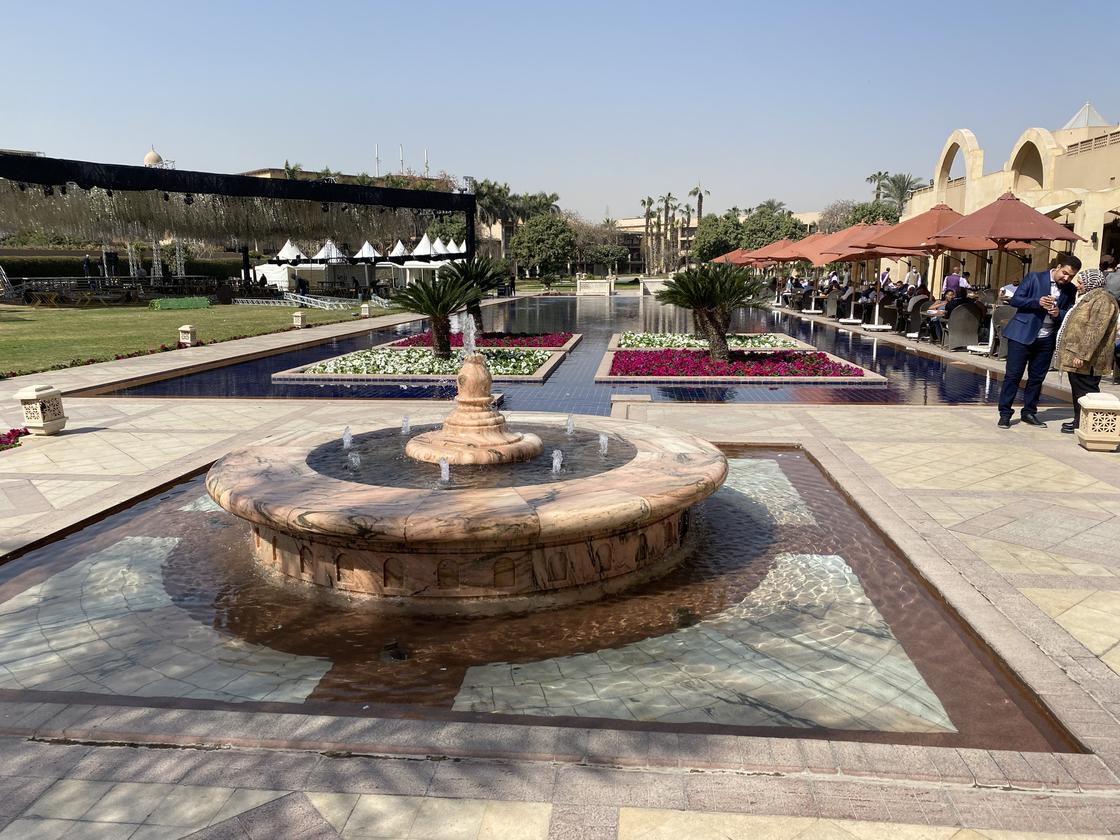
On this 5 of Spades day (March 5th), even though I was exhausted, I found that my energy wanted to continue in motion. So I booked a taxi to go the the famous Khan El-khalili Bazaar in the old town and center of Cairo. There, I experienced something that many tourists unfortunately experience in Egypt: getting hustled for money by street hustlers who just won't leave you be and follow you around the market demanding money. I did, however, manage to purchase some nice souvenirs for Viki and my kids.
In a complete reversal of my market experience, I had a magical experience of climbing the minaret tower of the Al Sultan Al Ghuri Mosque, where I was lucky enough to be standing on the roof during the Call to Prayer, which resounded across the rooftops in surround-sound from several other nearby mosques as well.
Images from inside the Al Sultan Al Ghuri Mosque... notice the exquisite detail
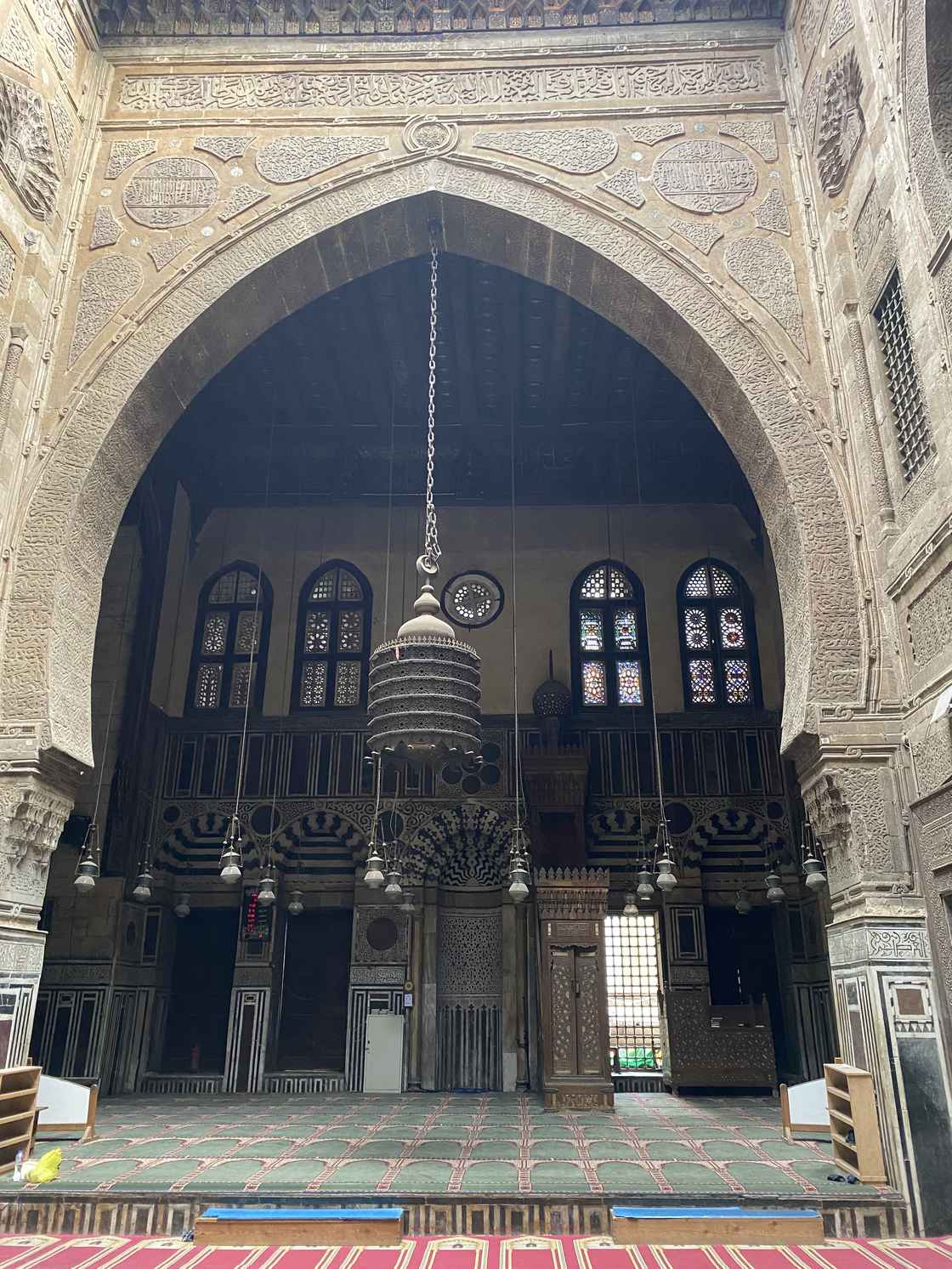
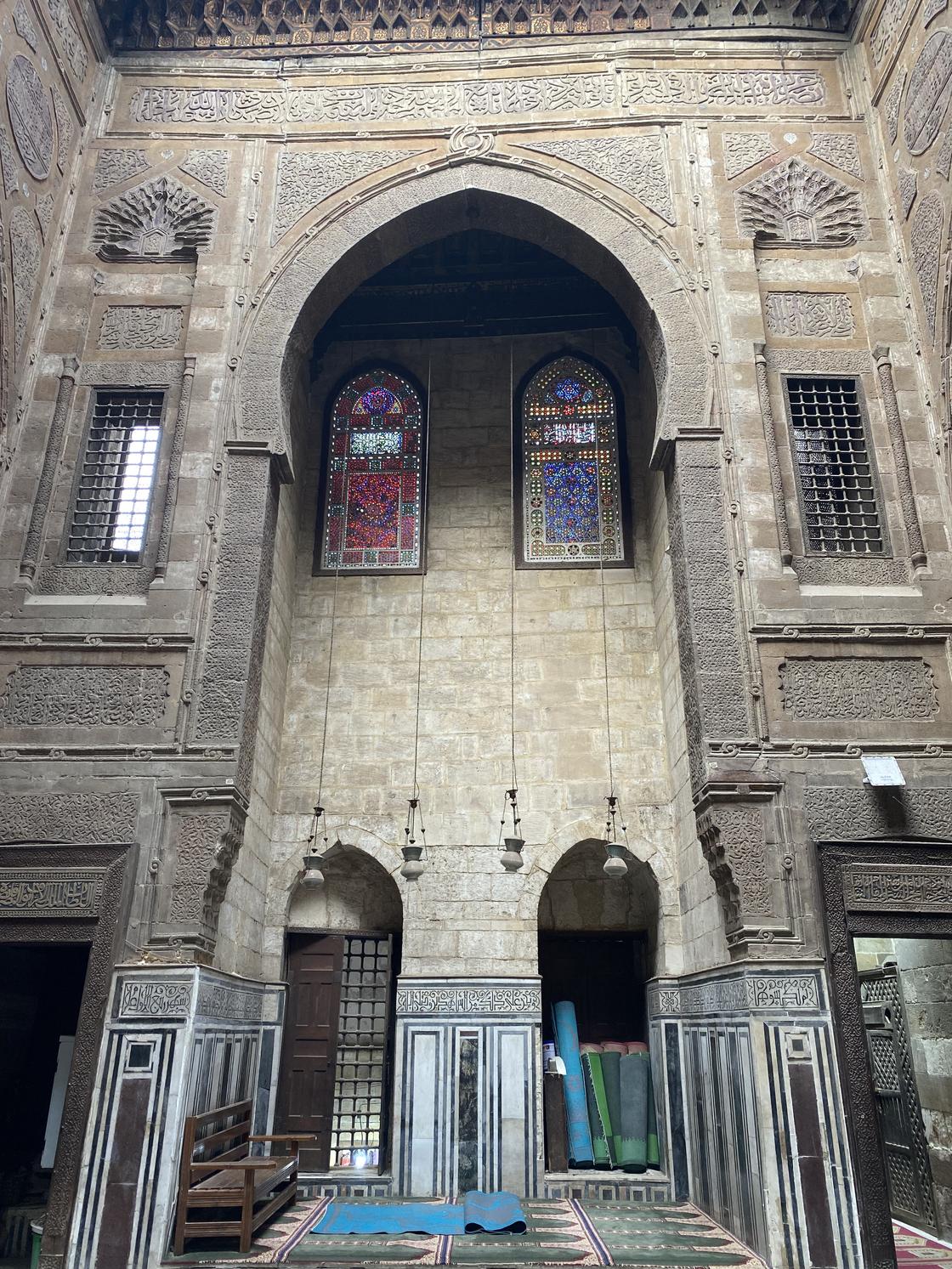
The ceiling is open to allow light
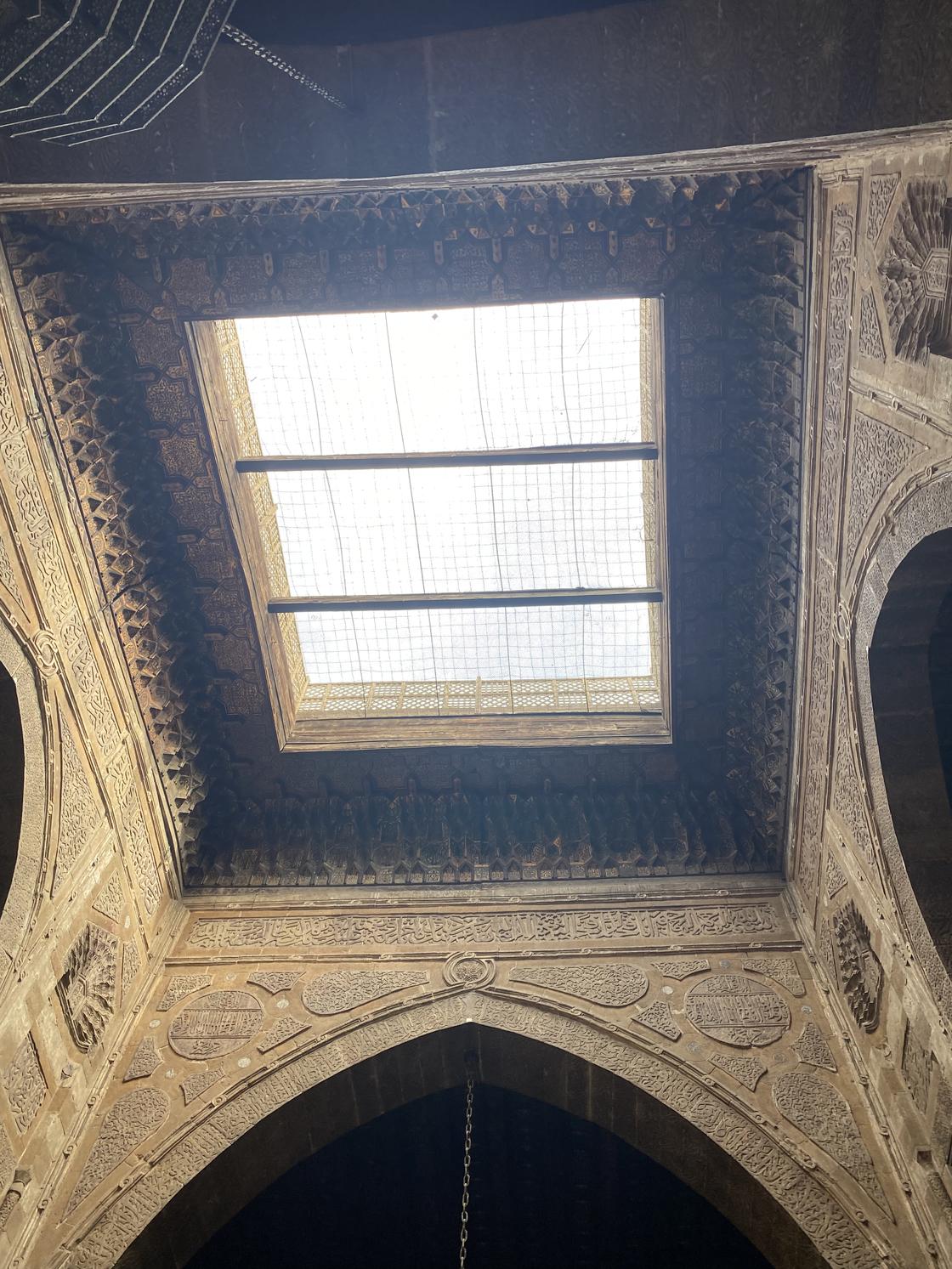
While inside, I asked to use the WC as they call it here, the toilet, and was shown downstairs, where I had the unique experience of witnessing men prepare for prayers by washing their feet, hands, and face.
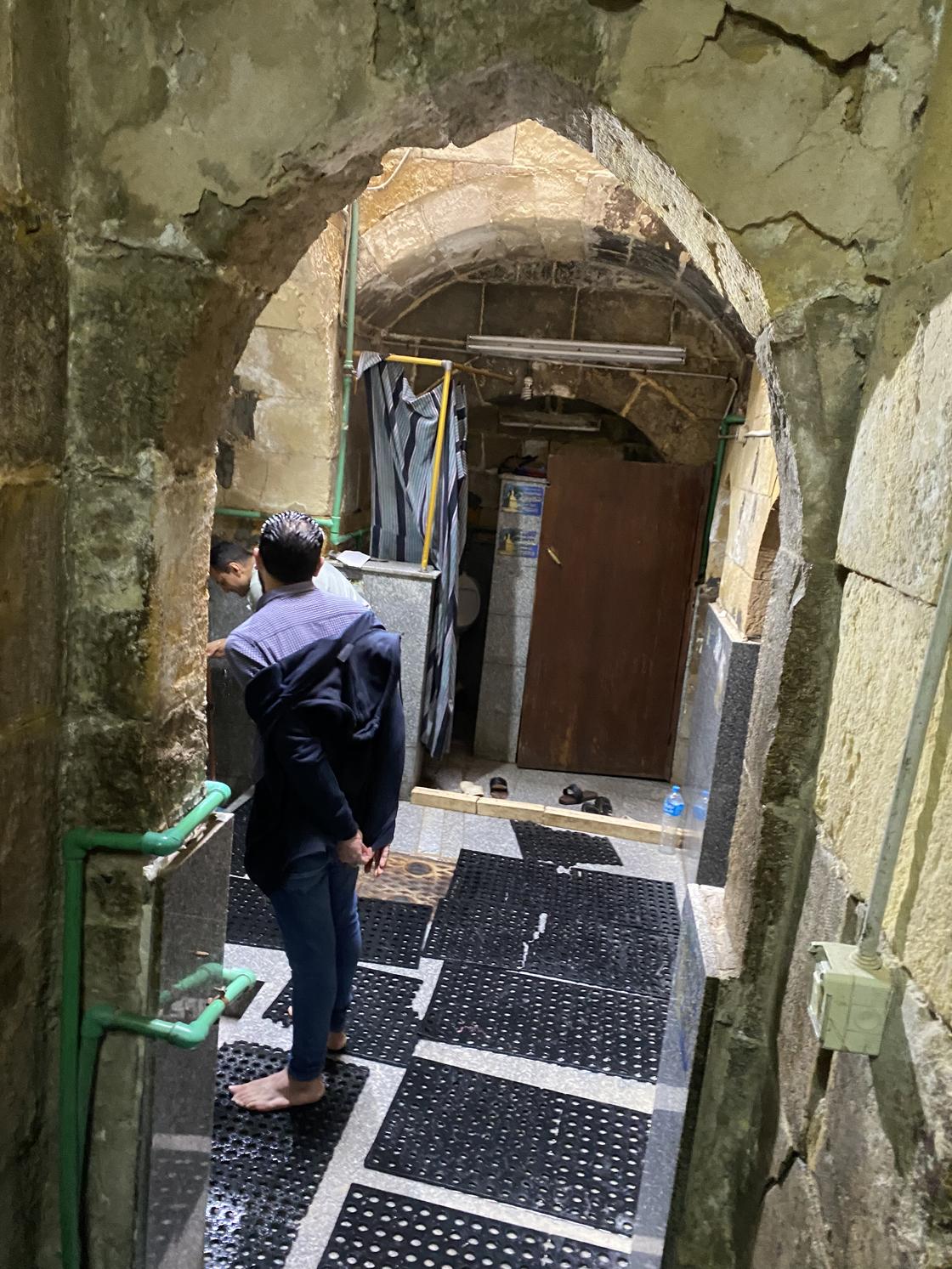
Here, too, down in the basement, the ceiling is wide open via a shaft in the stone to allow for natural light.
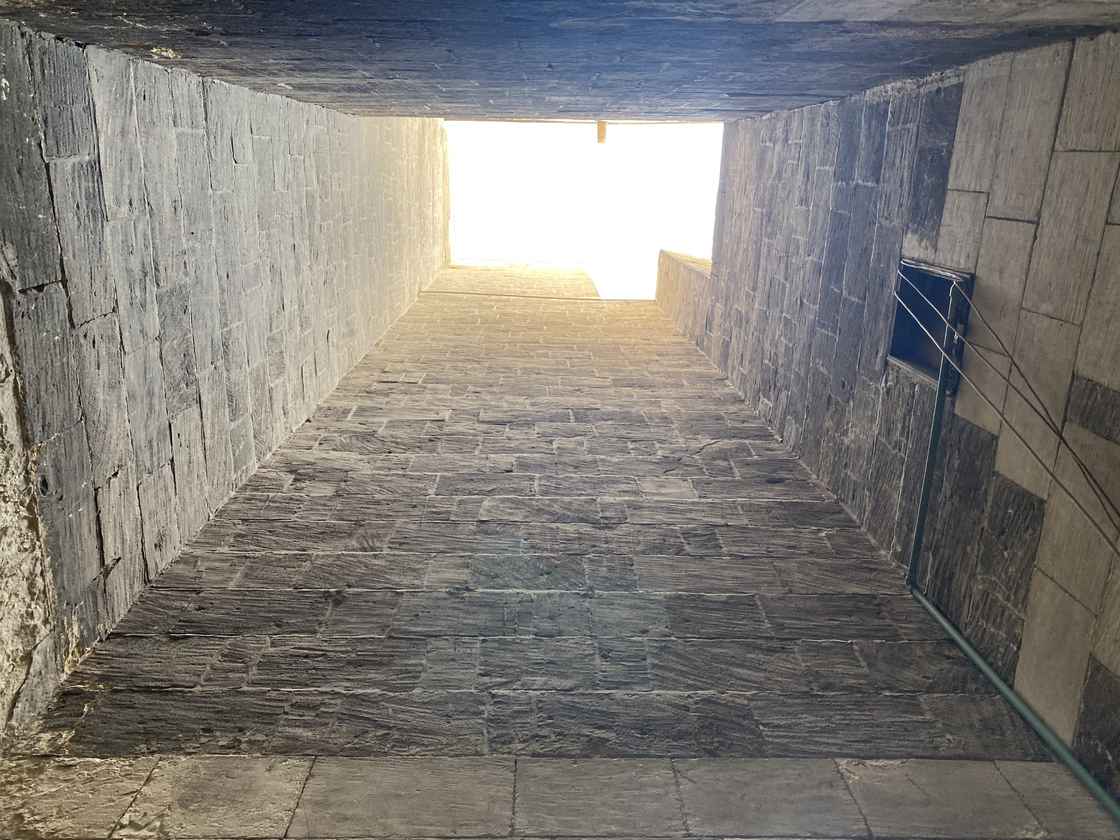
Back up on the roof, I snapped these pictures from the rooftop of the Al Sultan Al Ghuri Mosque. Notice the contrast of beautiful mosques and rooftops with demolished buildings and strewn rubble. It's a common sight in Cairo and Egypt in general -- the contrast between exquisite beauty and urban decay.
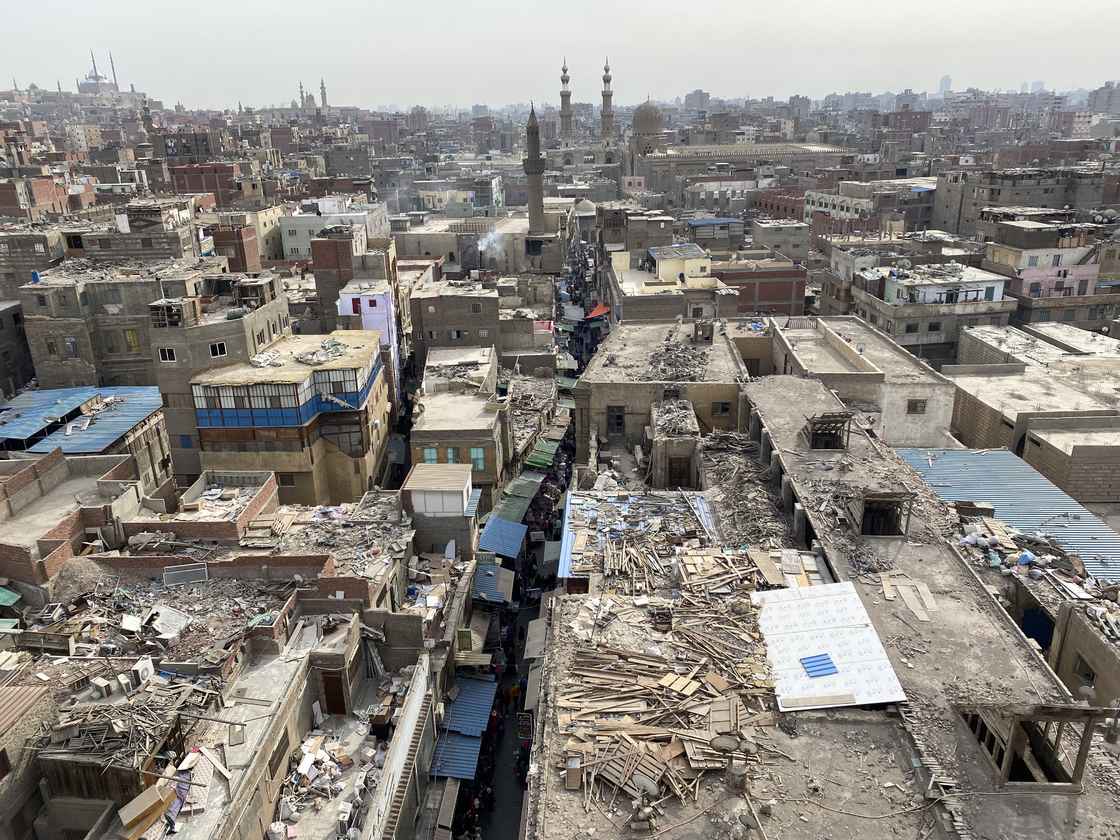
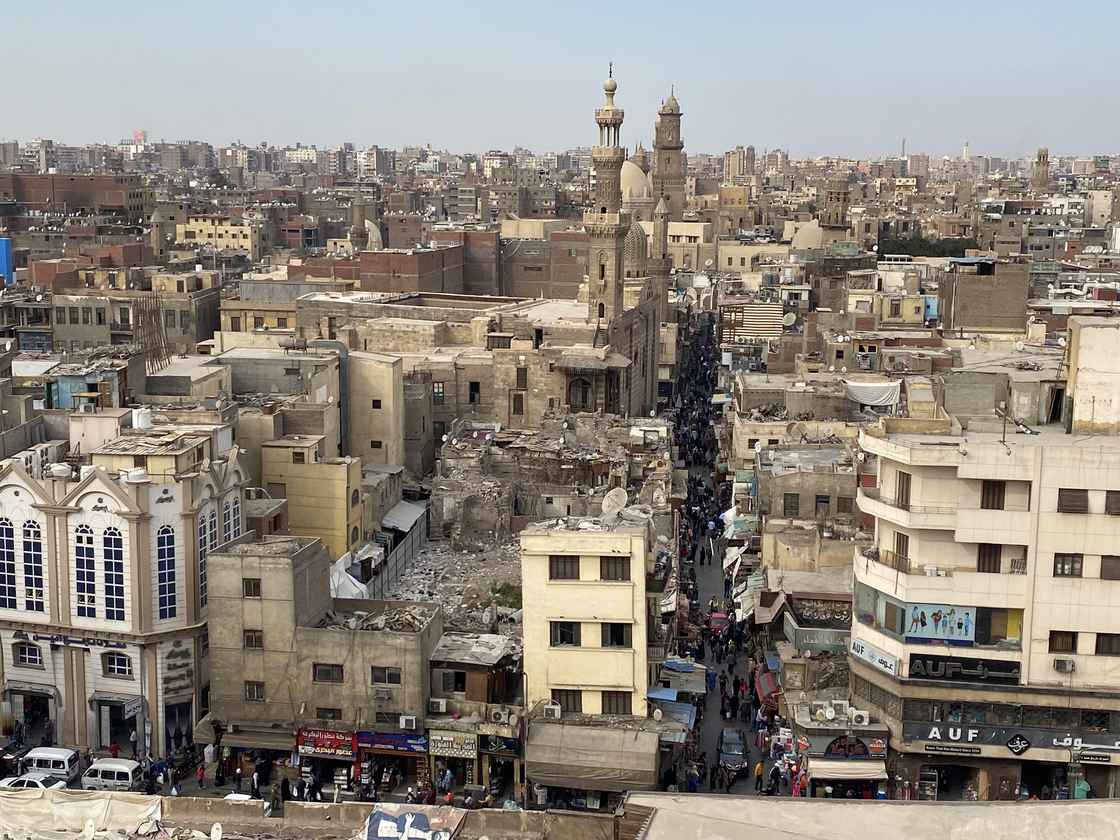
I then walked up this narrow market street that you see above and visited the mosque you see in this picture, the Al-Hussain Mosque. Here is a video of the inside of that mosque during a portion of the prayers...
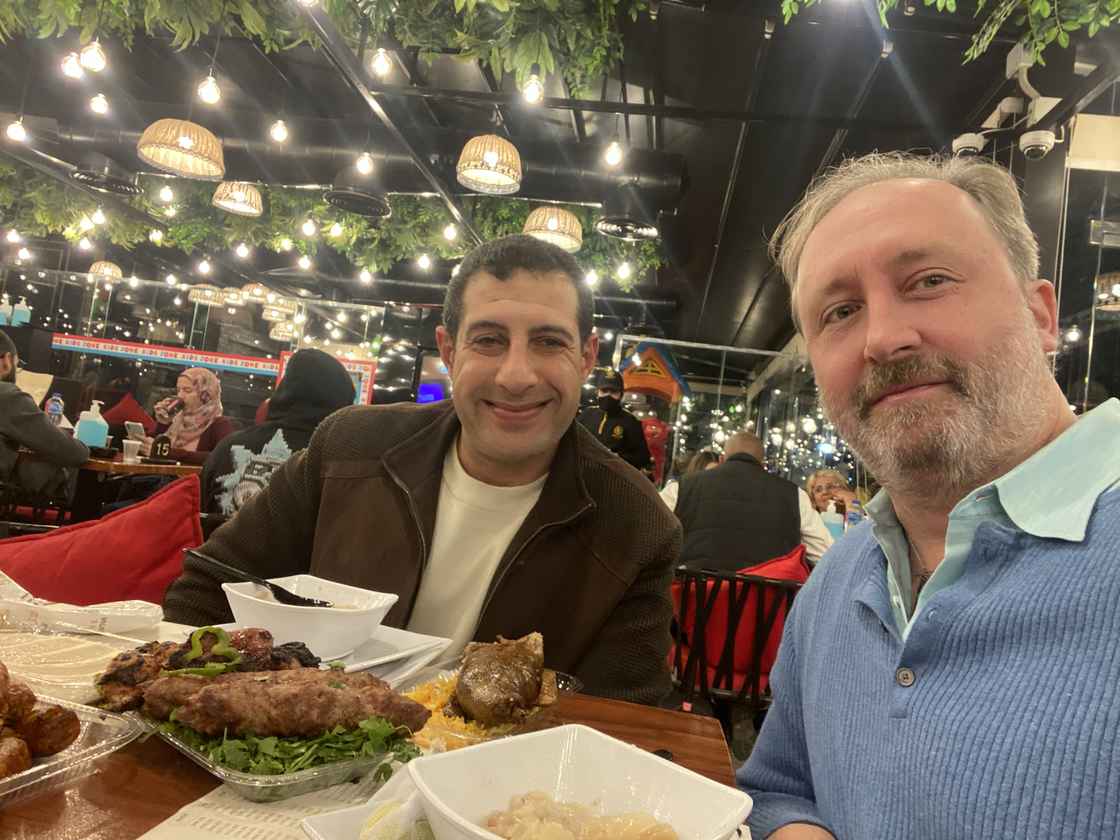
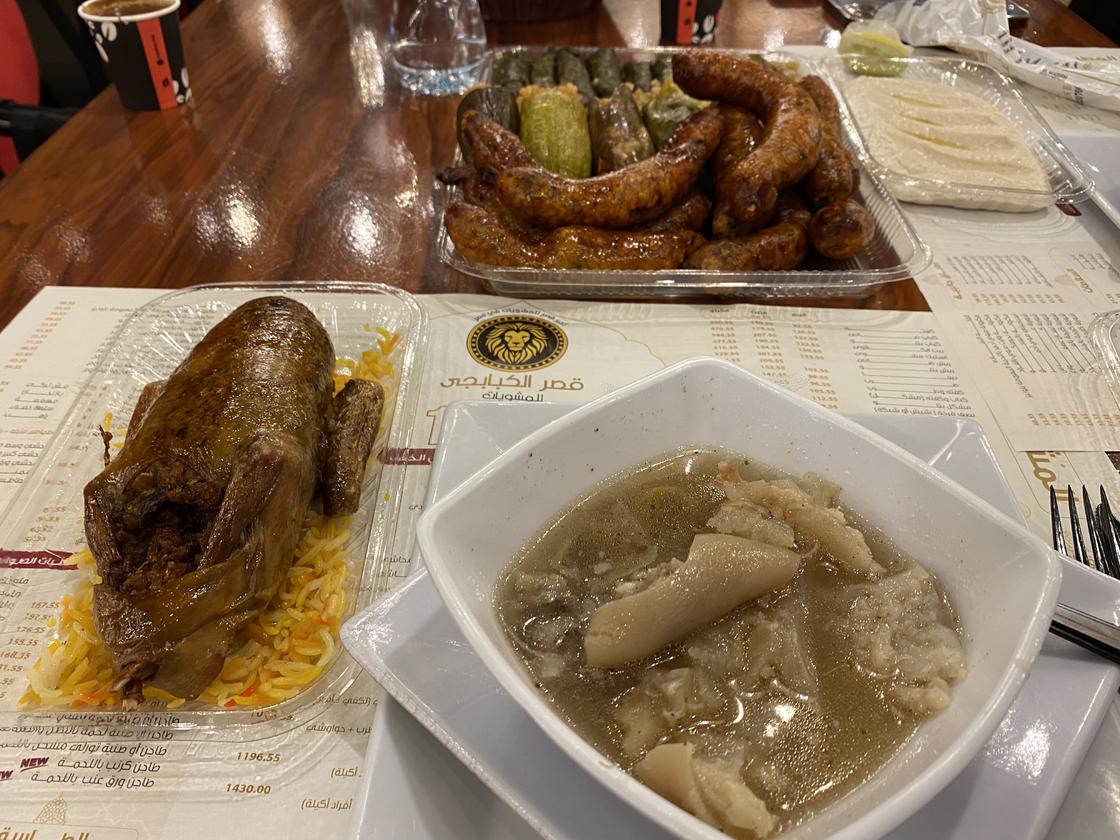
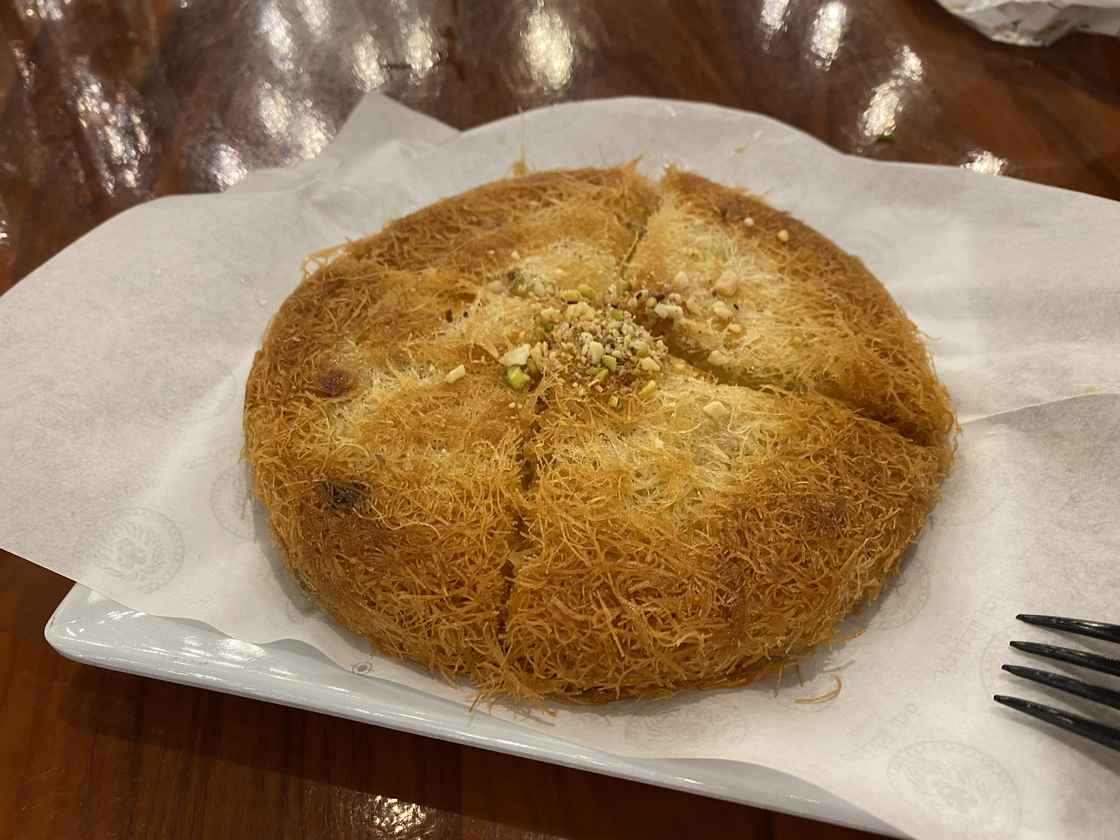
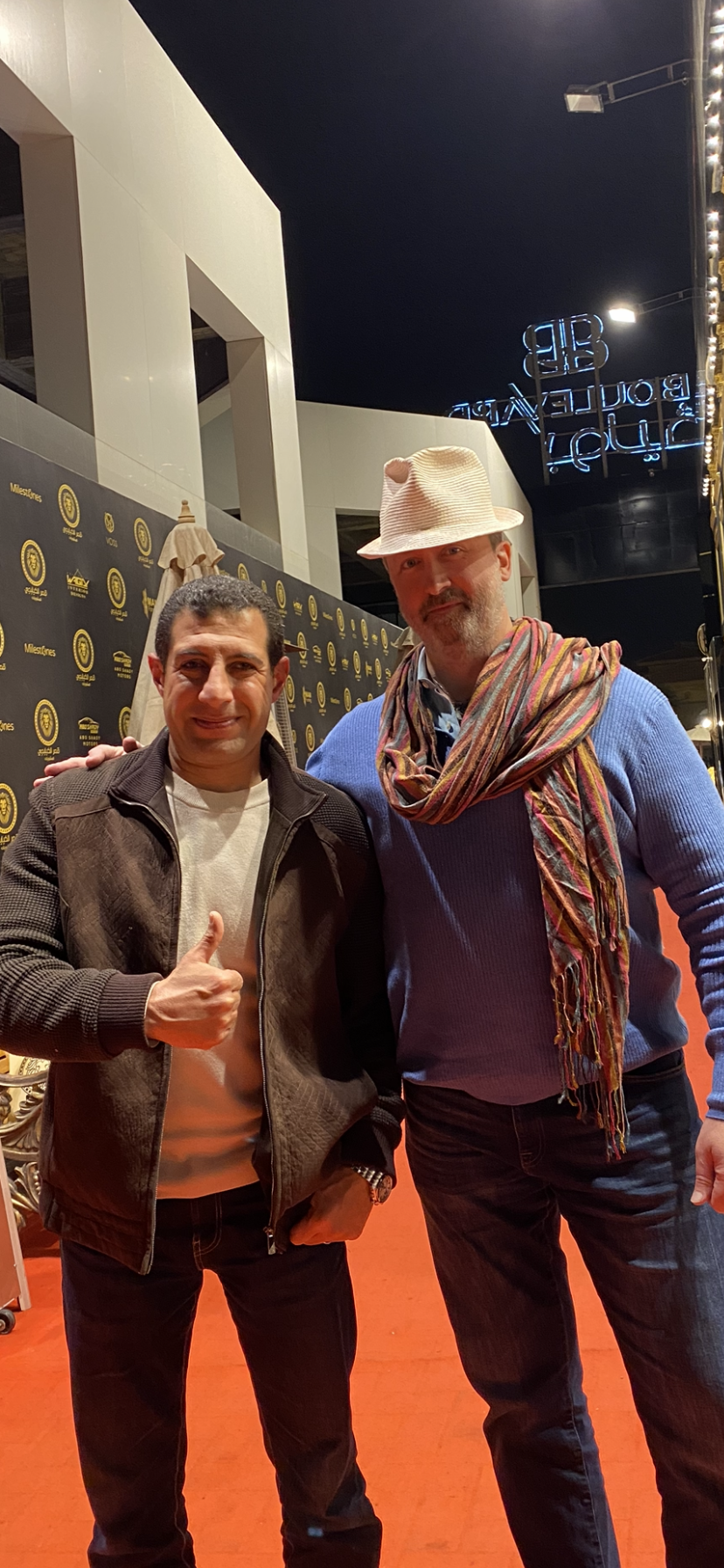
Of course, with his sense of Egyptian hospitality, he insisted on paying and then drove me back to my hotel, which was 45 minutes in the exact opposite direction of his home where he lives with his wife and three children.
Day 4
This 4 of Spades day became a much-needed day of rest. And, in fact, there was a sandstorm blowing, which made travel undesirable anyway.
And here is a little anecdote to illustrate Arabic culture...
I found myself passing the afternoon sitting in the restaurant of the hotel, reading and sorting through my pictures. I ordered a beer. They only had Heineken. It arrived to my table lukewarm. I sent it back. It came back about 10 minutes later a little colder. I took it, but asked the waiter to put another one on ice for me. A little while later, I ordered that one, my second. And as I sat and read my book through the afternoon, I eventually ordered another, a third one. This one he managed to bring cold, but he informed me that it was the last one they had. The entire restaurant had in its stock only three beers! Most restaurants here do not serve any alcohol. This one had three beers in stock because it's part of the hotel that caters to tourists!
For dinner, on my balcony, I ate the leftovers from my big feast with the Colonel the night before.
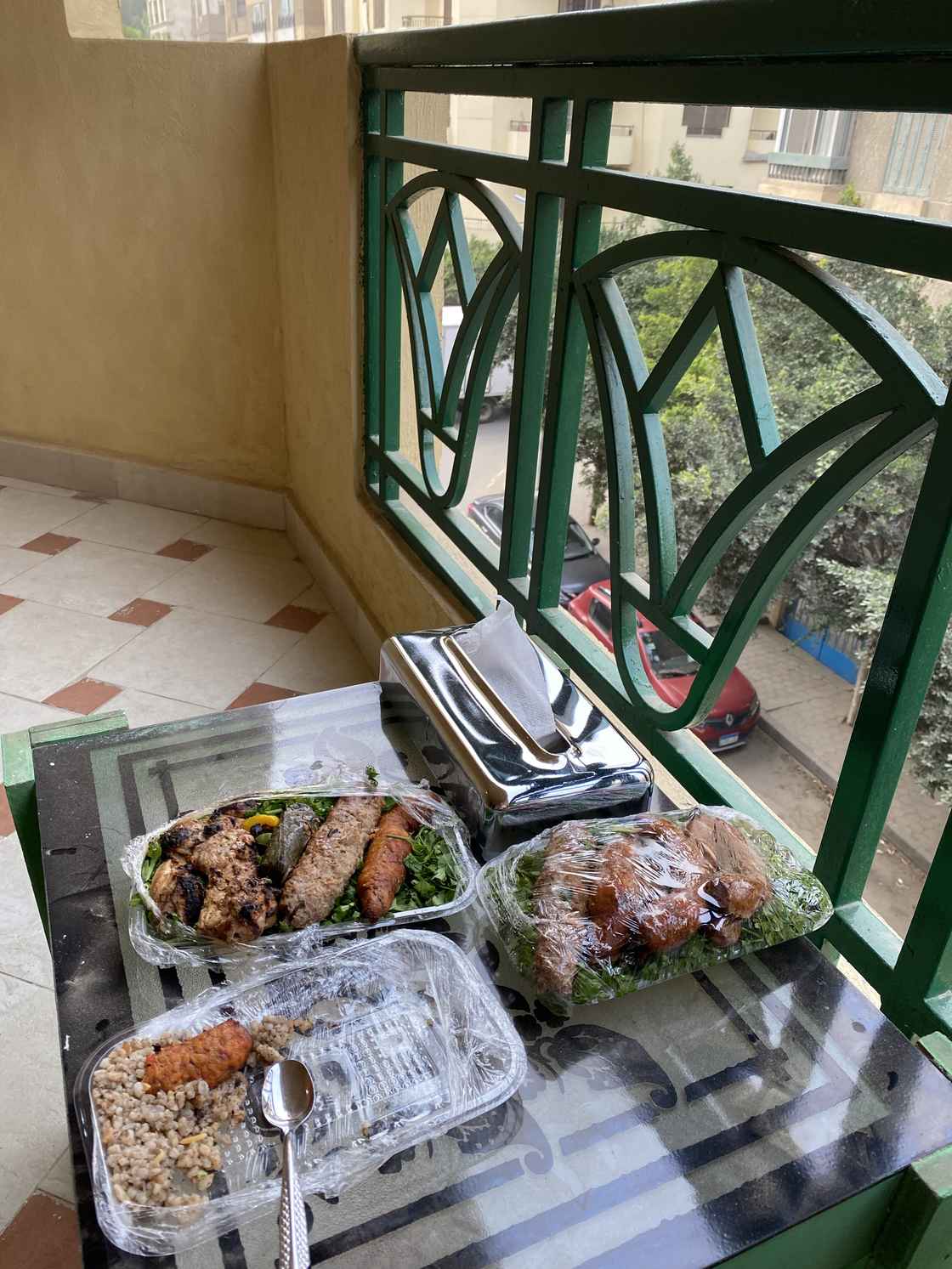
Day 5
Today, I had arranged to take the overnight train from Cairo to Luxor. The train departed Cairo's central station at 5:15 pm and passed by Giza's station (near where I was staying) at 5:45 pm. The hotel manager advised me to pick up the train from the Giza platform and save myself the hour-long bumper-to-bumper journey by taxi during rush hour into the heart of Cairo.
I had time in the morning, so I went to the Egyptian museum where most of the ancient artifacts that have been recovered from the tombs and the temples are now housed.
Here is an example of a stone burial sarcophagus. The lid is raised and held in place by a wooden box with glass casing.
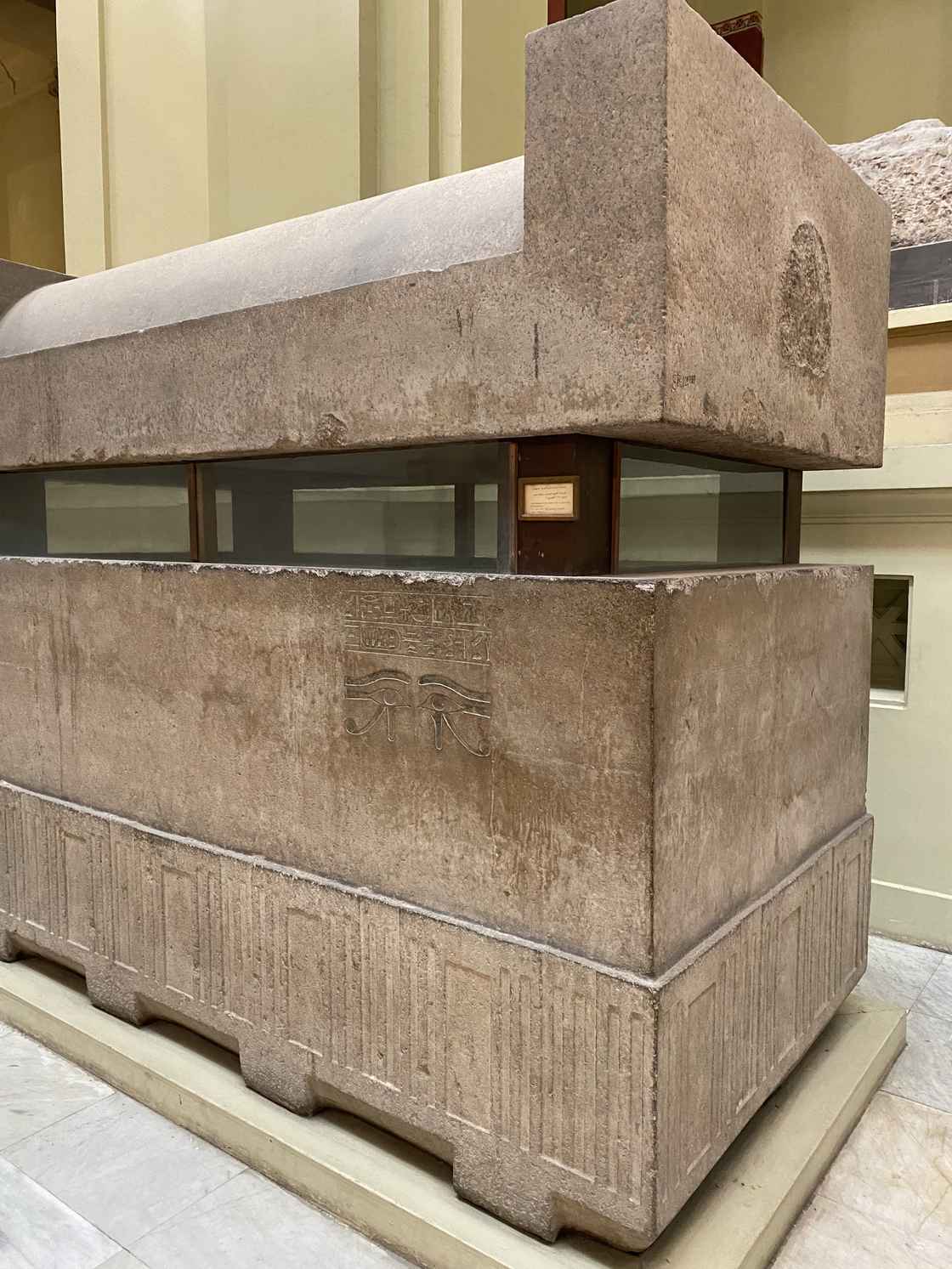
Another example...
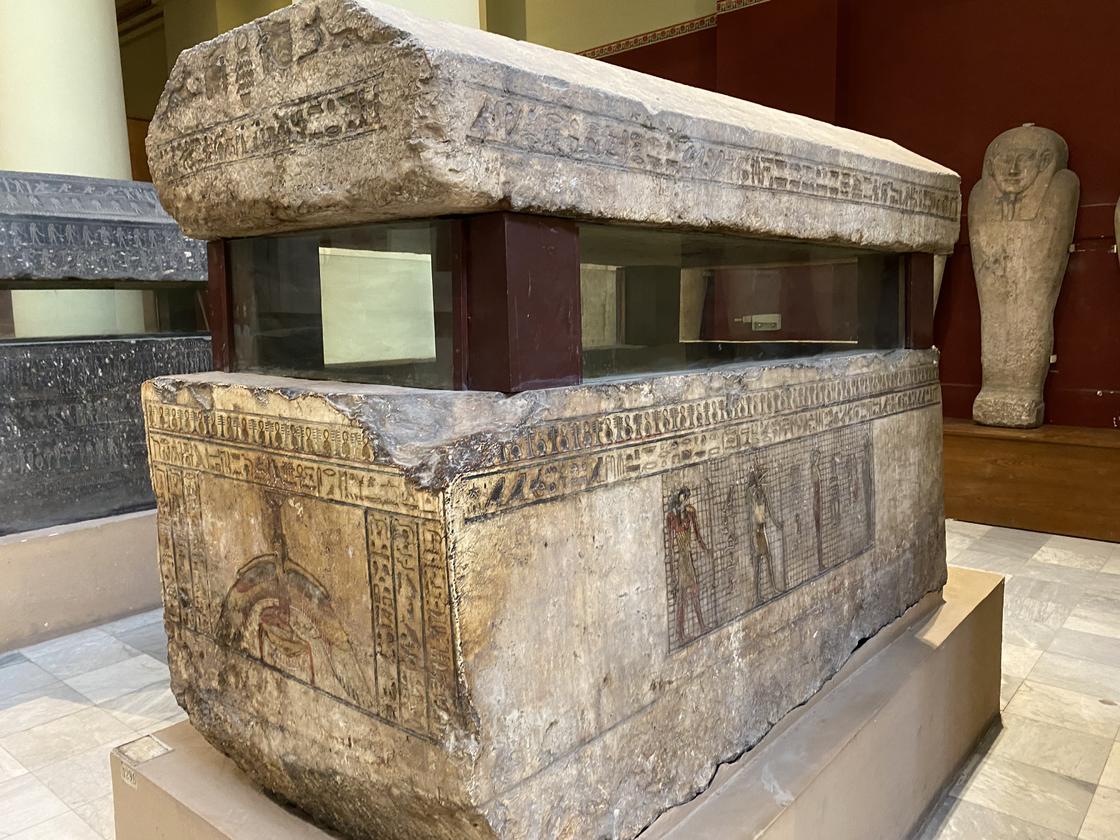
Cobra statue.
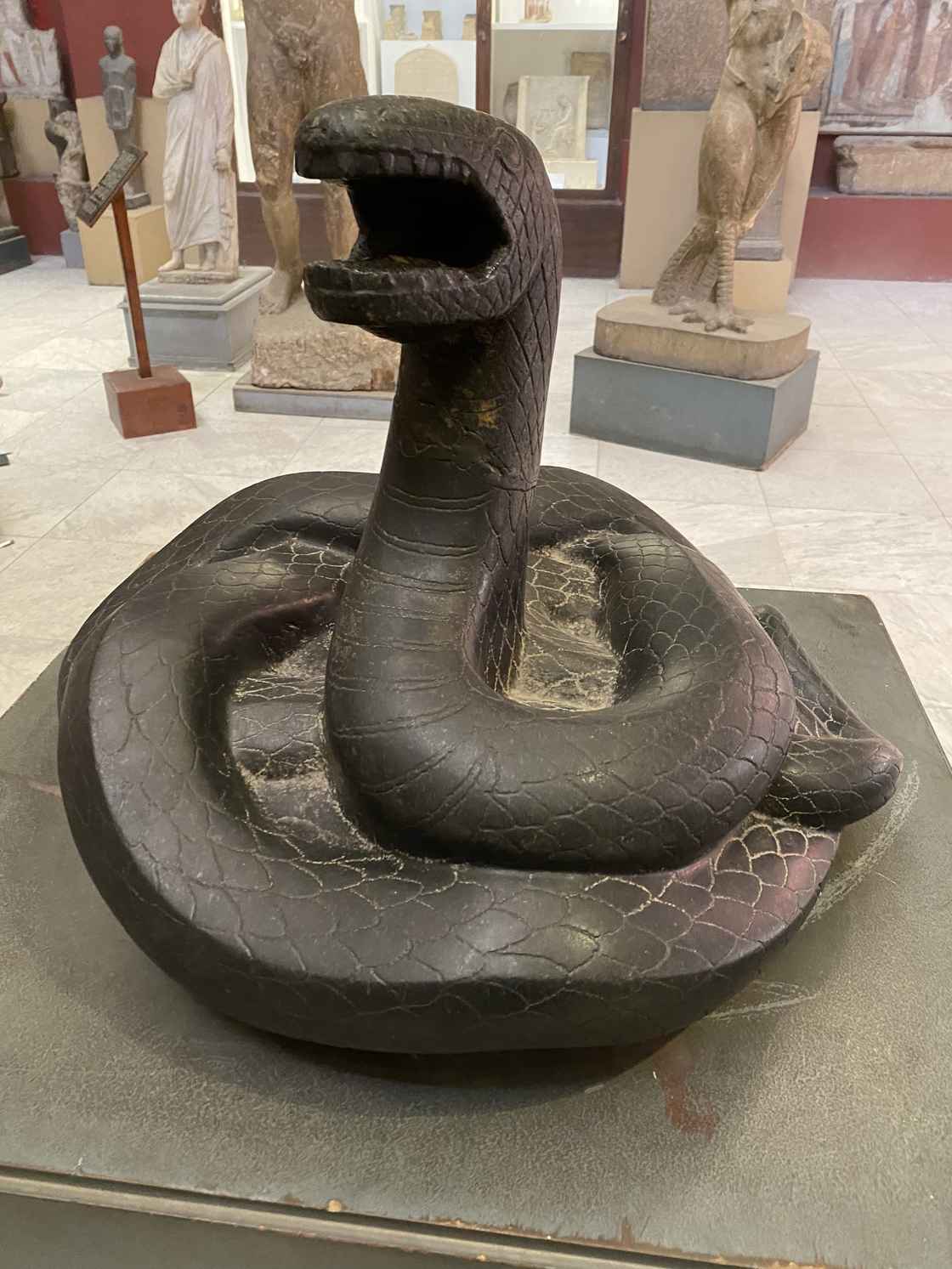
Sphinx statue.
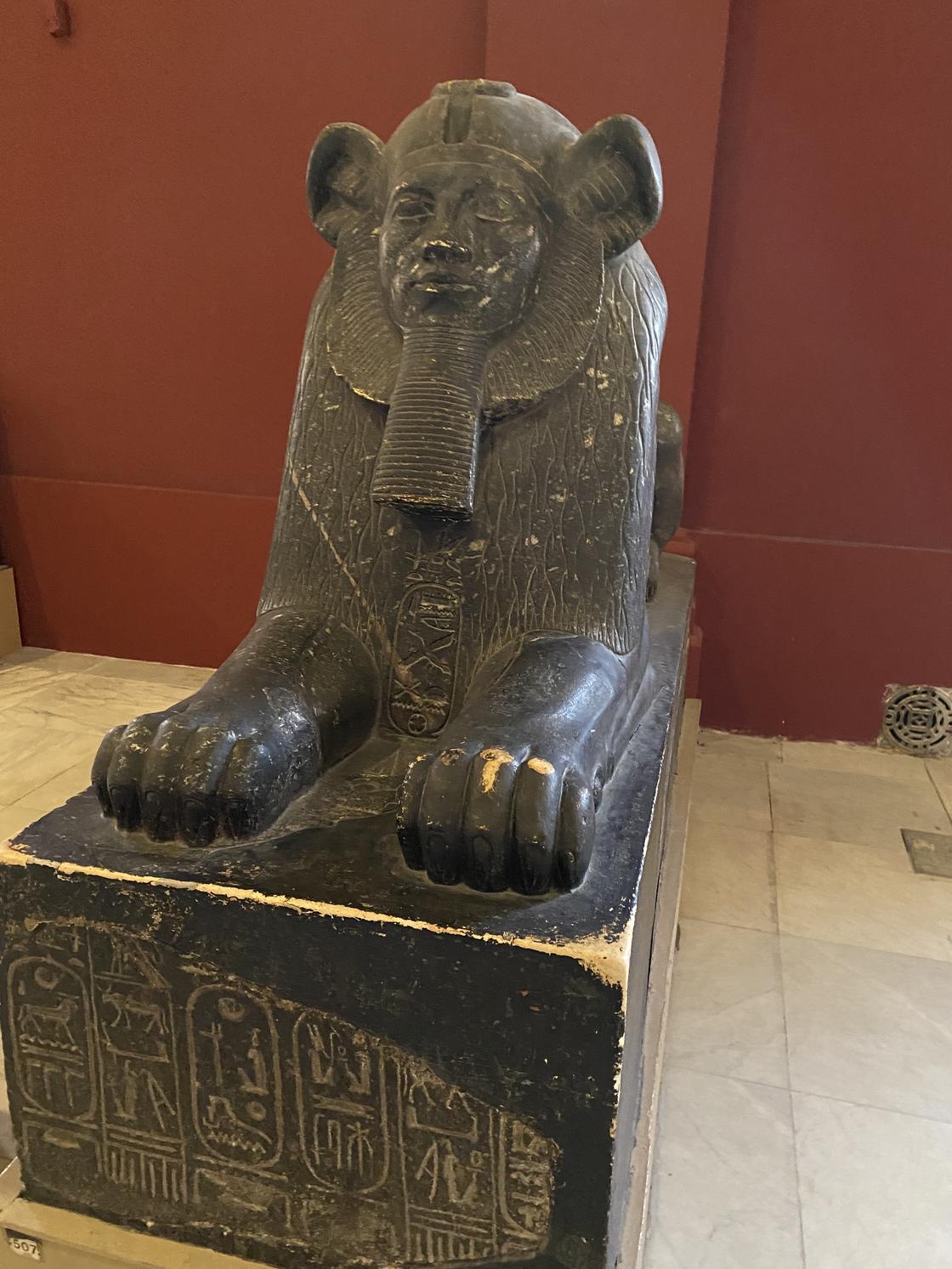
Another example of a stone sarcophagus, this one made of black granite with more ornate carving.
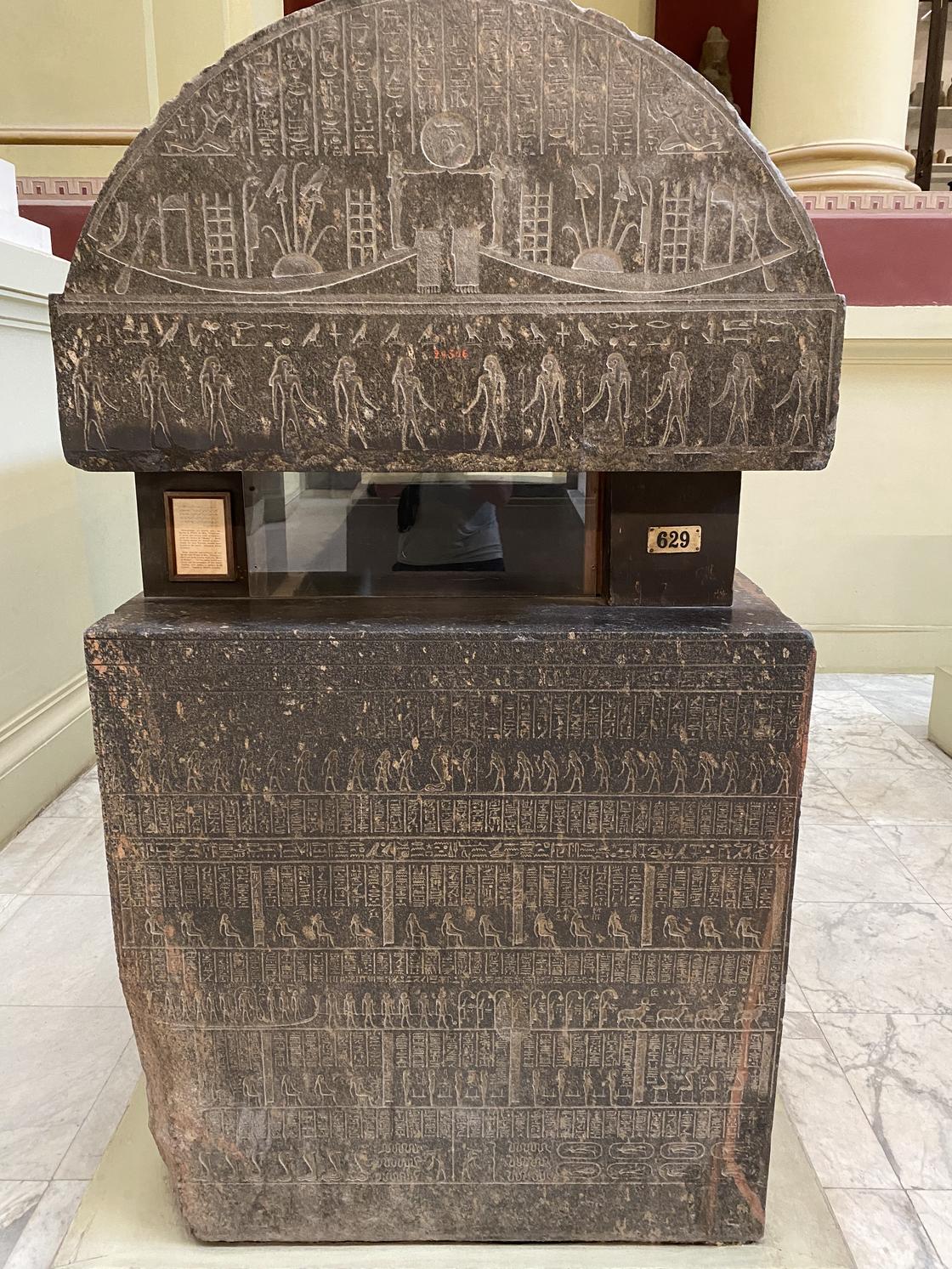
This type of golden inlaid casket would contain the actual mummified remains of the person and then be laid inside the stone sarcophagus.
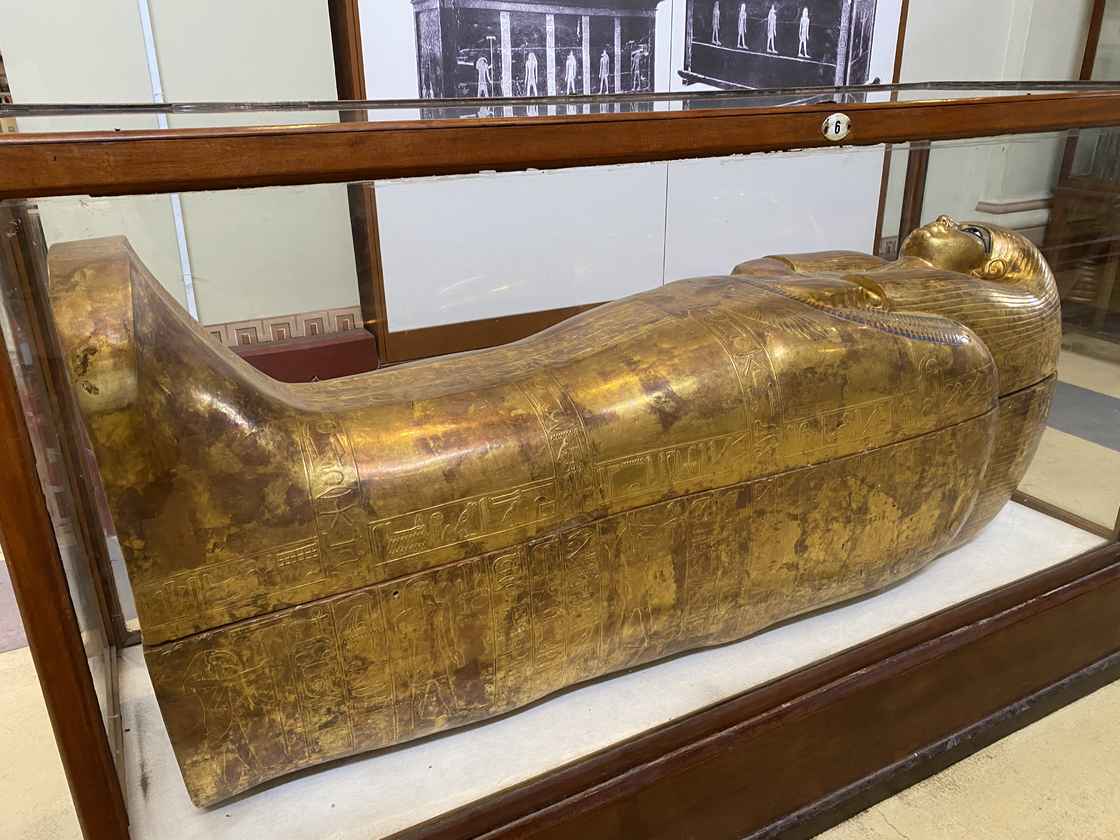
An actual mummy, said to be one of the best preserved mummies ever recovered. It is of a nobleman named Yuya. It's now kept in a temperature-controlled glass vault.
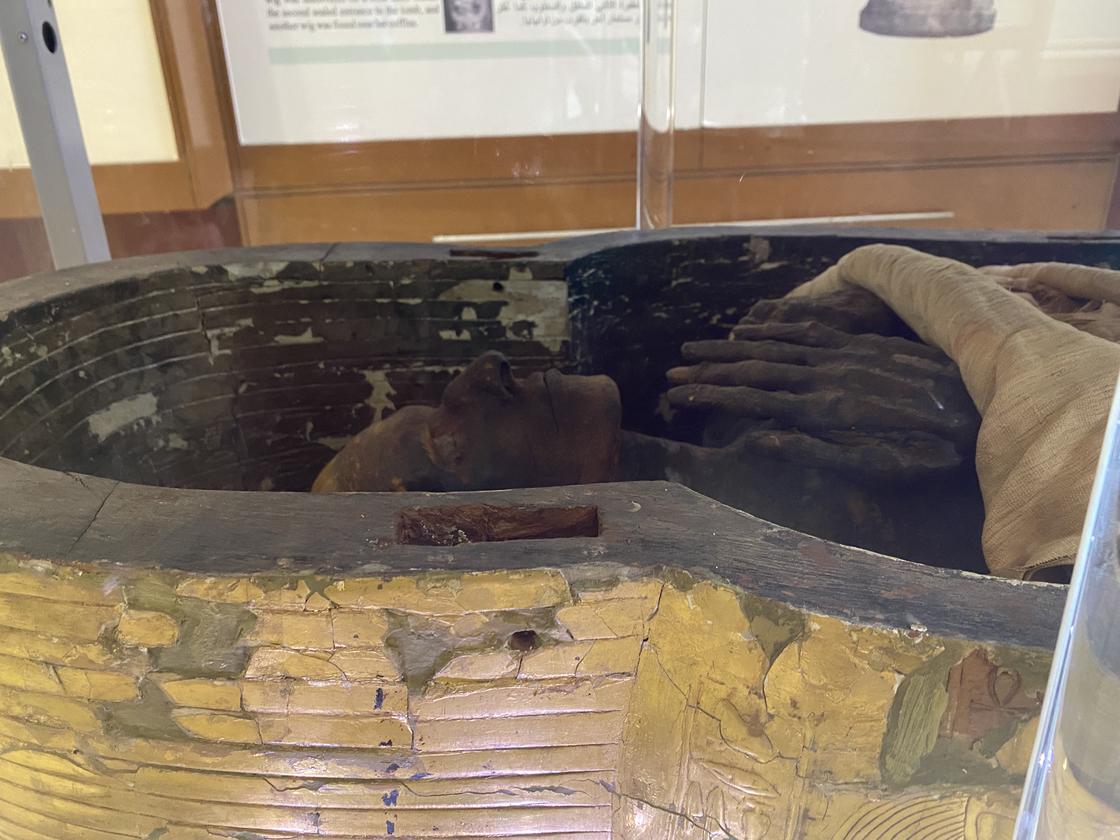
This is an example of a burial box that contained the jars that held the internal organs which were removed from the body during the mummification process.
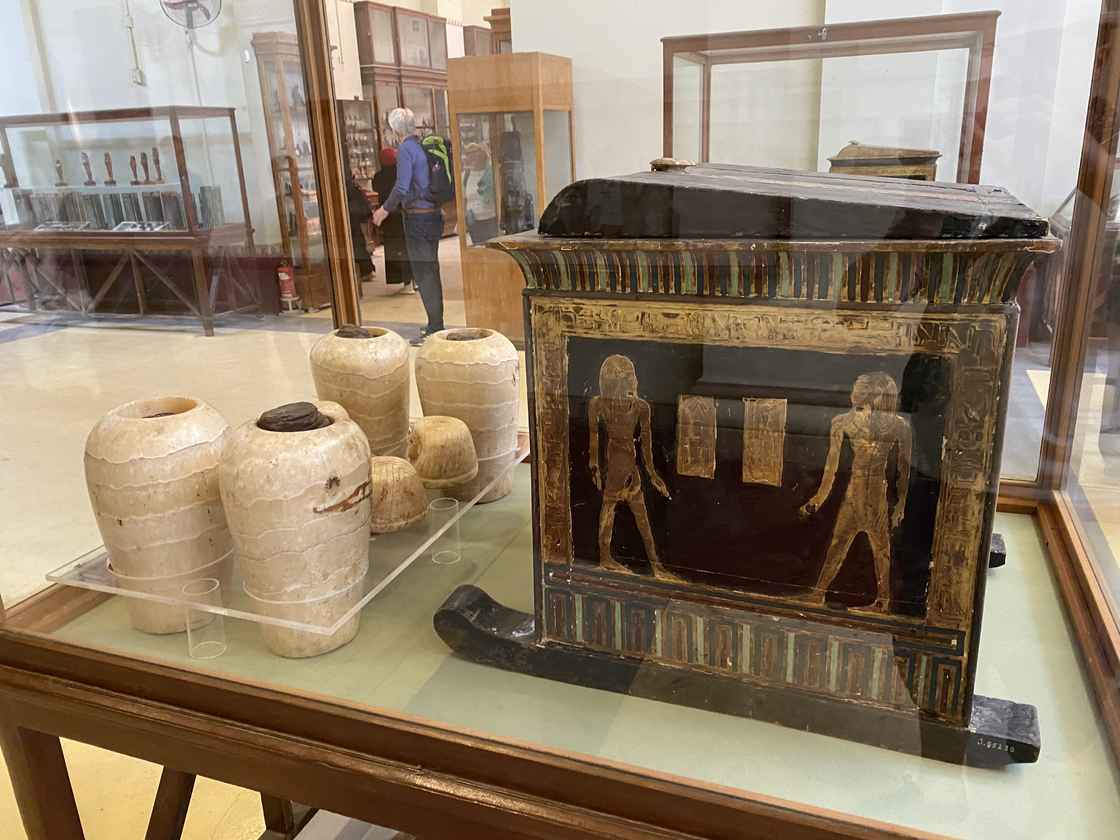
Burial masks, one female and one male. These would be placed over the head of the deceased after the body had been prepared for burial.
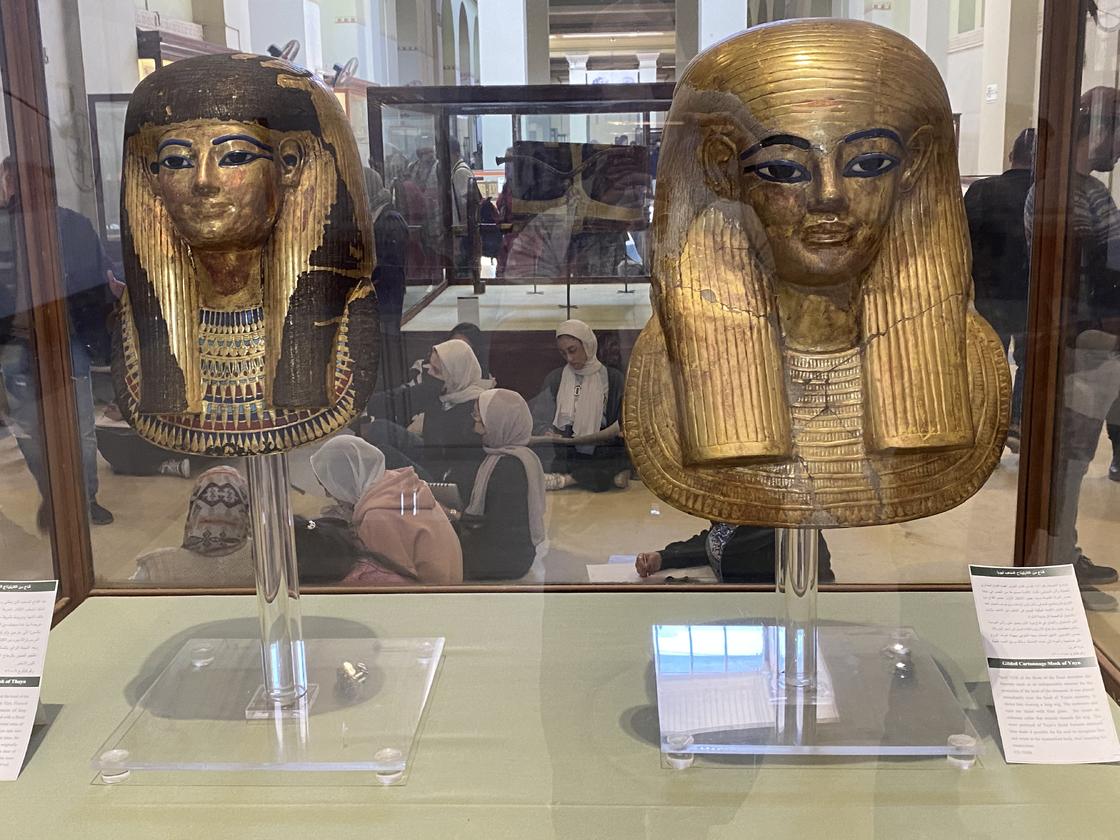
An example of a sled carrying the burial box with internal organs, guarded by Anubis.
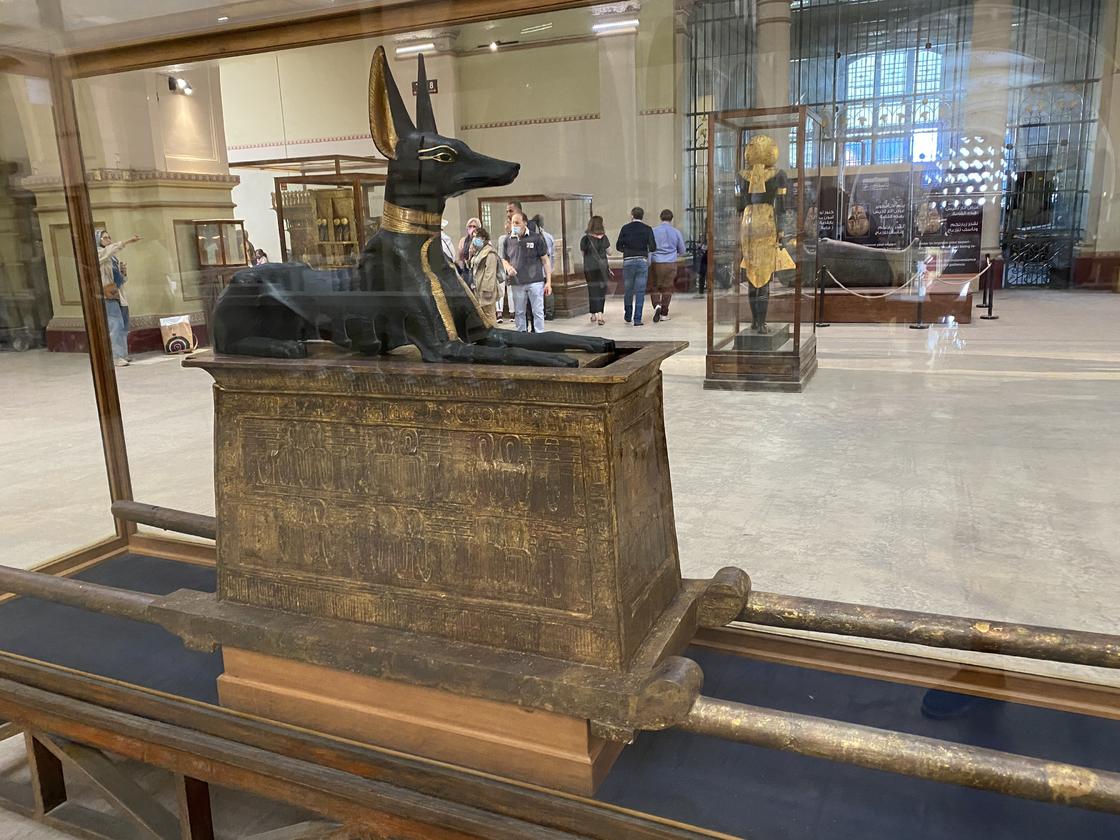
Perhaps you have heard of King Tut. The discovery of his intact tomb in 1922 is hailed as the greatest archeological find of all time. Most of the artifacts from his tomb are in a separate section of the museum; they are guarded, and you cannot take pictures. It might have something to do with the fact that the artifacts are all solid gold! His burial casket, for example, is not wooden inlaid with gold. The entire thing is solid gold! As is his burial mask and the jewelry found in his casket.
This object was one of the few things allowed to be photographed. It is the box that contained the jars with his internal organs. It's inlaid with gold and is guarded by 4 goddesses, one on each side. I took a video. You can hear the noise of the crowds of people in the background. (There was a long line to enter the museum, which was filled with busloads of tourists.)
I returned to my hotel, ate a late lunch and prepared to travel. As instructed, I took a taxi at 4:30 pm for the 30-45 minute Uber ride to the nearby Giza station, where I would be plenty early to await the train's arrival at 5:45 pm. The hotel manager, however, was not around in the afternoon. The other clerk, who called the Uber for me, had, unbeknownst to me, told the Uber driver to take me to the central train station in Cairo, which is more than one hour away from the hotel. And so began my attempted exodus on this 3 of Spades day.
It began, as expected: we were stuck in bumper-to-bumper traffic, riding with the windows down, dust swirling, and diesel fumes penetrating my nostrils. About 45 minutes into the journey, when it was 5:15, I got nervous. We did not seem to be close to any train station. In fact, we were on the main road into Cairo, one that I recognized from my previous journey to the Khan El-khalili Bazaar. My driver did not speak English. My gesticulations did not help. I managed, however, to show him that I wanted him to pull over to the side of the road. I jumped out, went to the trunk, and pulled out my knapsack, which had my phone in it. I opened up the Google translate App on my phone.
As we continued driving, I frantically tried to communicate that I wanted to catch the train in Giza, not Cairo and that now I would probably miss my train. The Arabic translations that came out of the App didn't seem to register for him, however. He took my phone and spoke Arabic into the translation App, and what emerged for me in English was a garbled mess. I couldn't understand what he was trying to tell me either. (Shakes fist at the sky!) Through trial and error, however, I managed to communicate to him that I was going in the wrong direction, and that I needed to go to the other train station. Realizing this, he then pulled over to the side of the road and managed to communicate to me that, by law, he would have to drop me off now and would not be able to take me to another destination. I had a moment of sheer panic and felt paralyzed. I honestly did not know what to do. (This can happen with the 3 of Spades energy: getting mis-directed, spun around, losing your bearings, and not knowing your way forward.)
Luckily, two days prior, I had had a chance encounter with a young man in the lobby of the hotel who had helped me to find a taxi to the bazaar when I needed it. He spoke perfect English, and when I asked him how he was associated with the hotel, he replied that his father was the owner. He introduced himself as Kamal, gave me his phone number and told me to call him if ever I needed his help. So I did. He spoke to the driver and organized for me to pay the driver for this trip and for the driver to start a new ticket to take me to a new location at another hotel that his family also owned and that he managed. Kamal paid for this trip to his other hotel and offered to put me up for the night, to make up for the mix-up of sending me to the wrong train station. He also drove me personally to the train station to buy another ticket, which he also purchased for me, for the next morning at 8 am.
During our, about one hour of time together, I learned that he is born to play the 9 of Hearts / Jack of Clubs and that at age 32, he is learning to take over the family business of hotel management. I complimented him on his heartfelt customer service and told him that with his 9 of Hearts energy and desire to give great customer service, he could be very successful at what he does. Once back to the hotel with new train ticket in hand, he asked me what I wanted for dinner. When I said I wanted to try something authentic, he ordered me his favorite junk food which came in a pizza box and was essentially a round pastry filled with meat, vegetables, and a mild curry sauce. It tasted good and like most junk food, did not feel good in my belly afterwards.

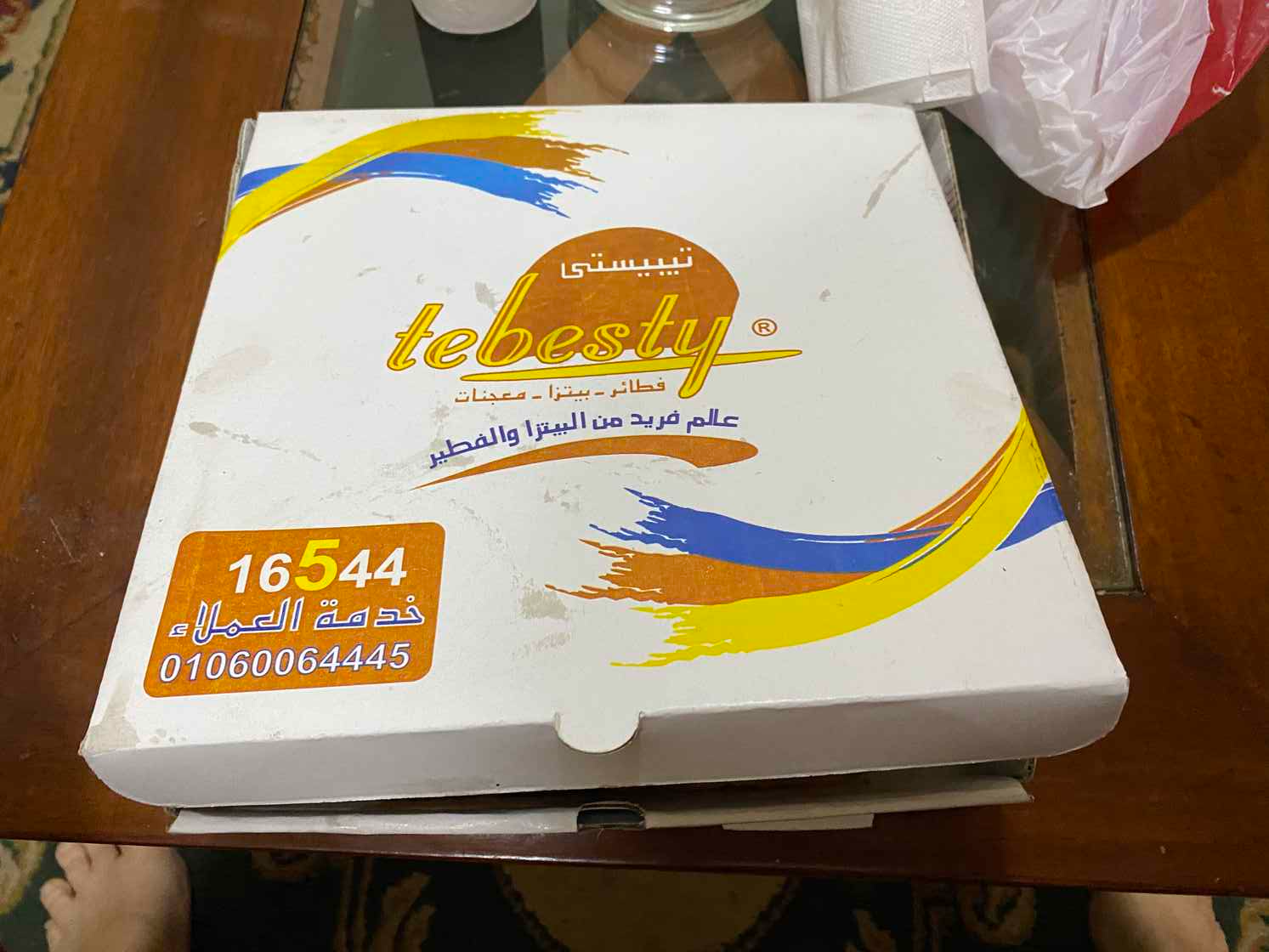
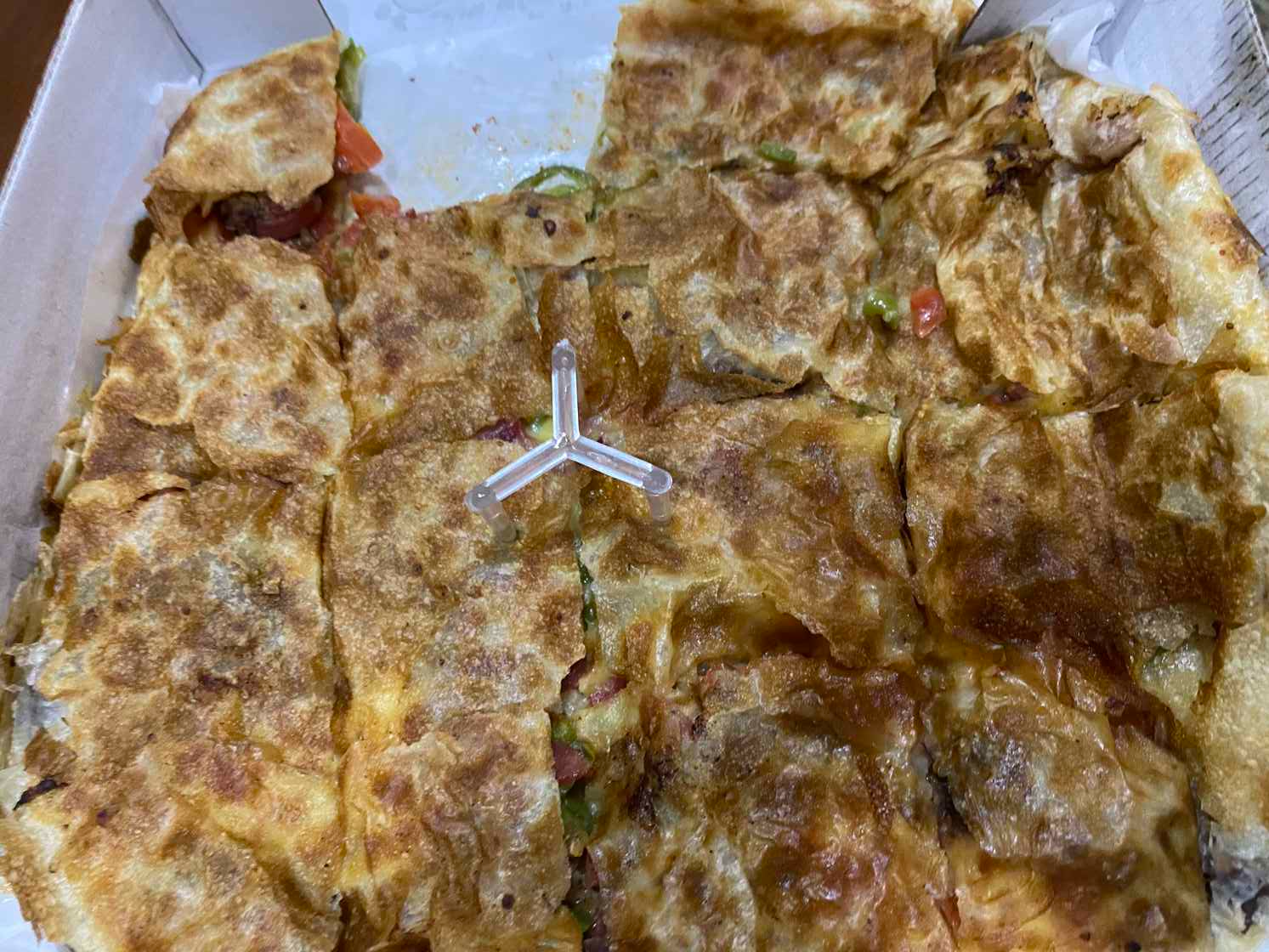
Day 6
With Kamal's help, I took an early morning Uber to catch my train in seamless fashion. Now began my 12-hour train-ride to Luxor, where I planned to meet up with my friend Isaac and join him on his Temple Tours of the holy sites in Egypt.
Also, as a result of the complete mis-direction of the train-station fiasco, I was grateful because it now meant that I could take a train during the day, which I preferred, so I could see the land as we passed. (Originally, I don't know why, the hotel manager had told me that there is only an overnight train to Luxor.)
Riding the train through Egypt, however, was heartbreaking -- to see the way garbage is littered everywhere! These two pictures are an all-too-common site when looking out the window of the train. It was especially difficult for me to witness the way garbage is piled up in the small side waterways, not the actual Nile river thankfully. And when we were done with our lunch meal, the train attendants took the trays from us and simply dumped the entire leftover content, including plastic tupperware, plastic cutlery, plastic wrappers, and plastic water bottle out of the door of the train! That was their garbage disposal.
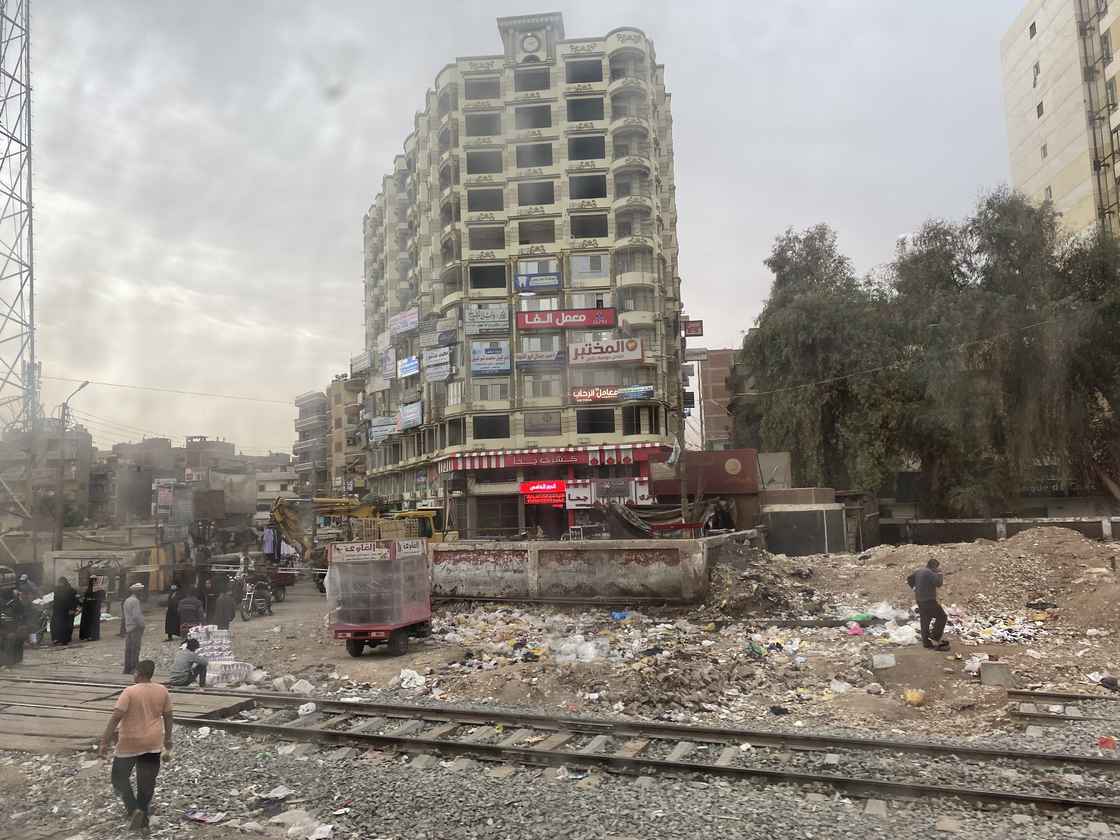
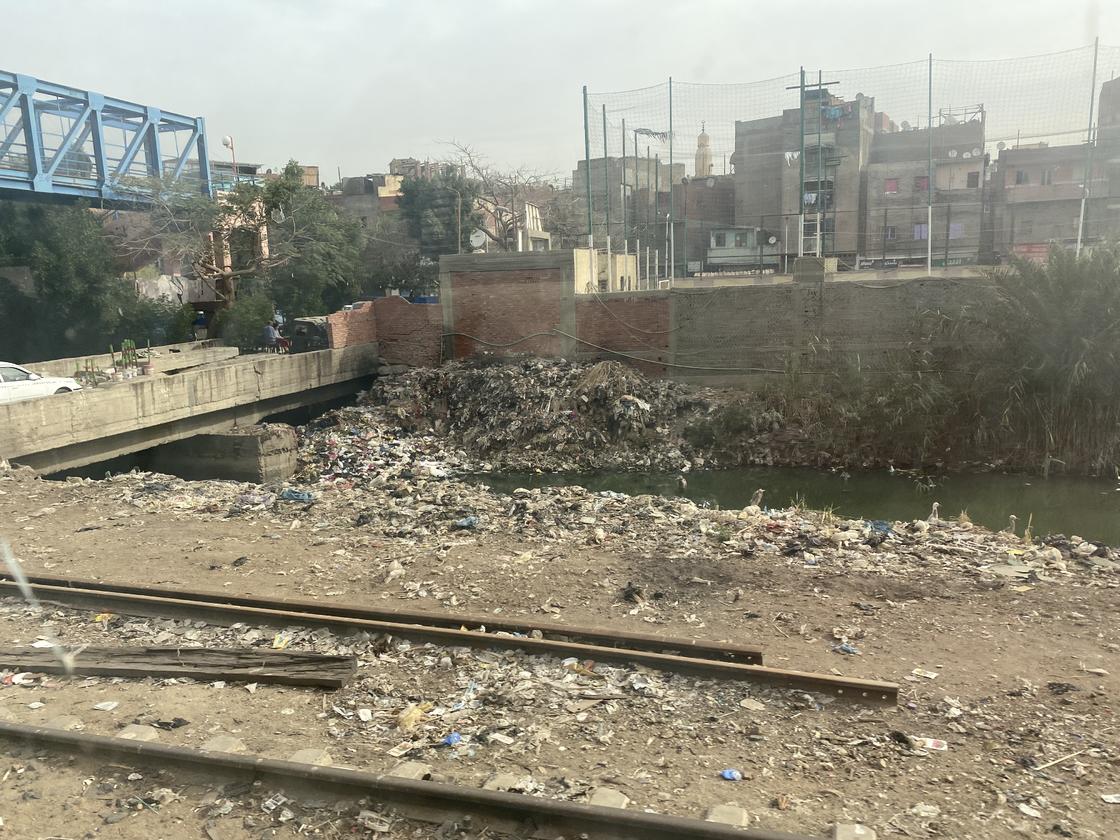
On one of the train platforms as we passed. There always seemed to be a mosque nearby.
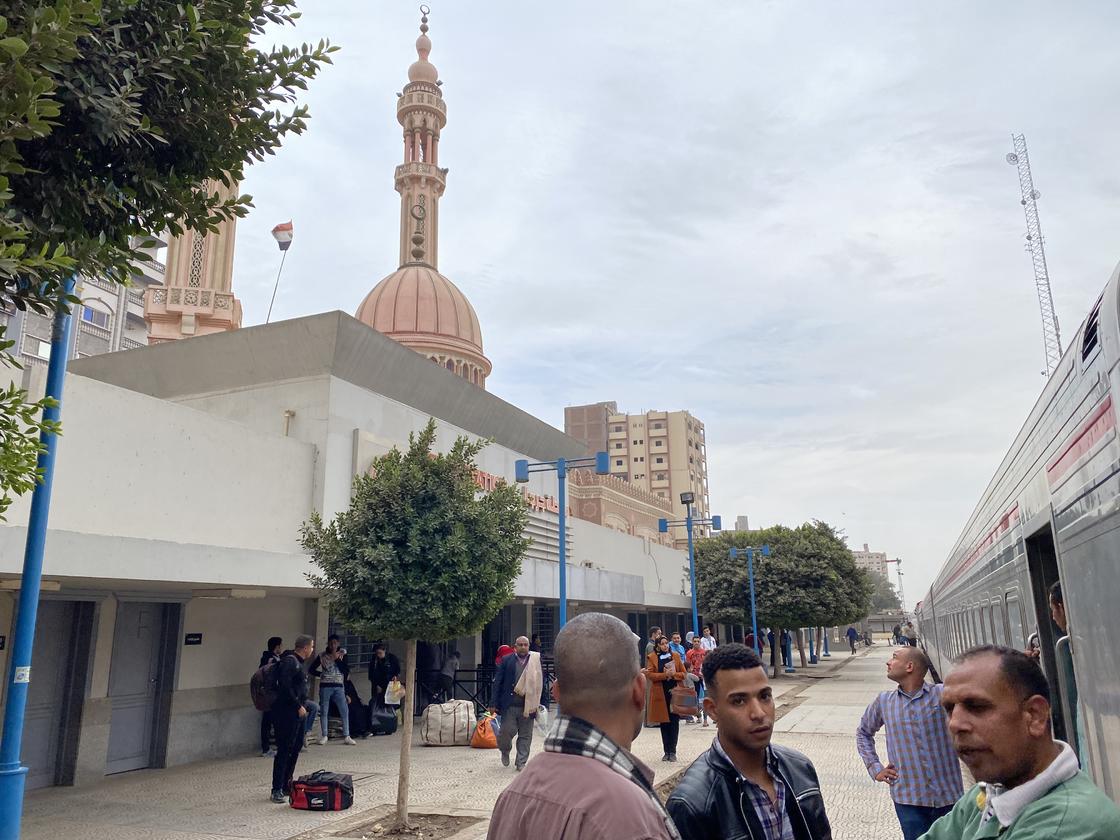
Another one...
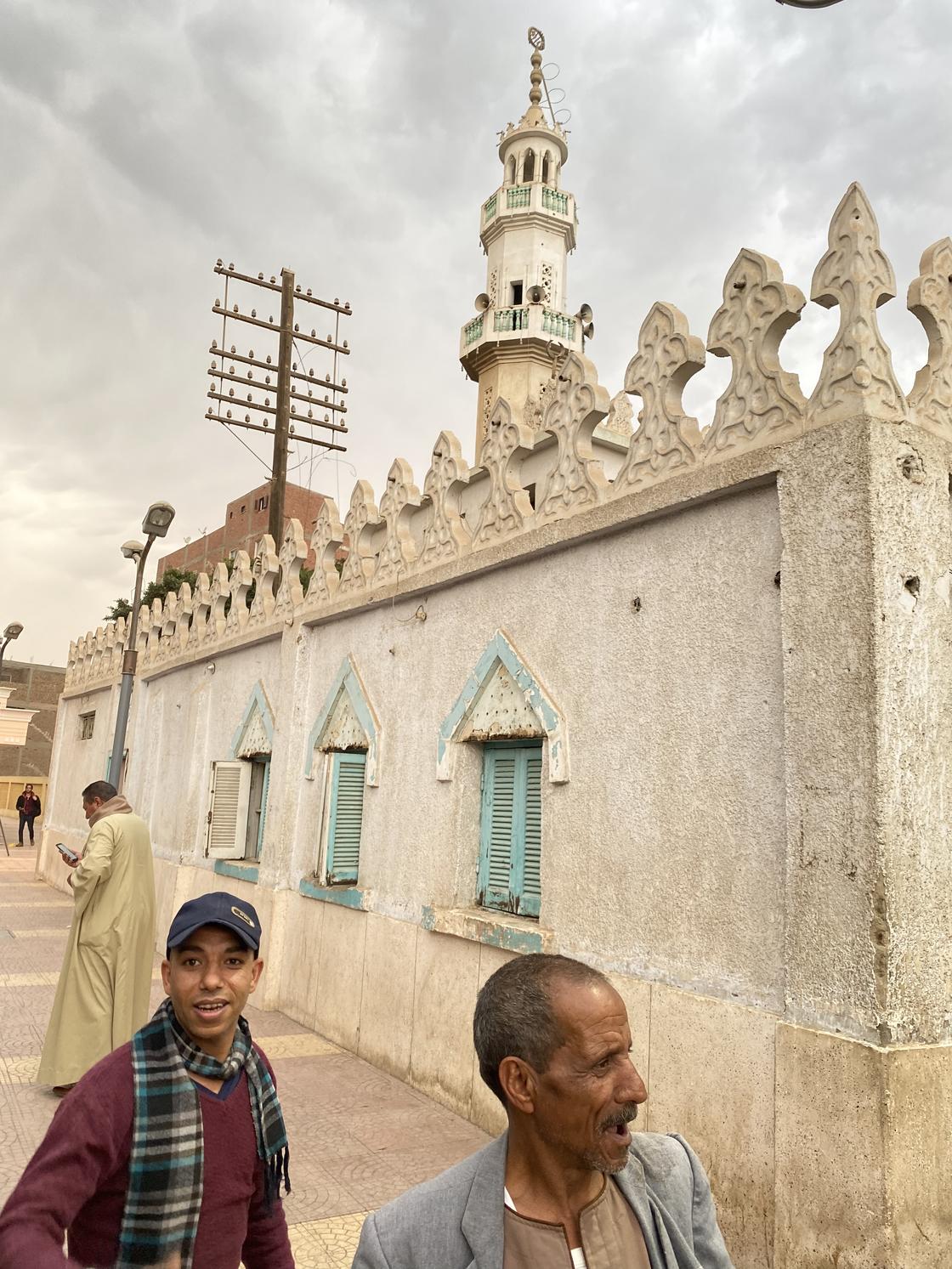
During the 12-hour train ride on this 2 of Spades day, I got to know my neighbors who turned out to be a Nigerian dance troupe that was on their way to dance in an African film festival in Luxor. And towards the end of our journey, when we were all feeling the weariness of travel, they started playing loud music and got up to dance in the aisle. It was quite eye-brow raising for the Muslim men on the train who told me that it was "unnatural" for them to be dancing on the train. The train attendant, however, in green, loved it.
Selfie upon arrival in Luxor. I'm in the train station drinking a turkish coffee as I await my taxi to pick me up. From here, I go to meet up with my friend Ike to stay in a room next to him and his girlfriend.
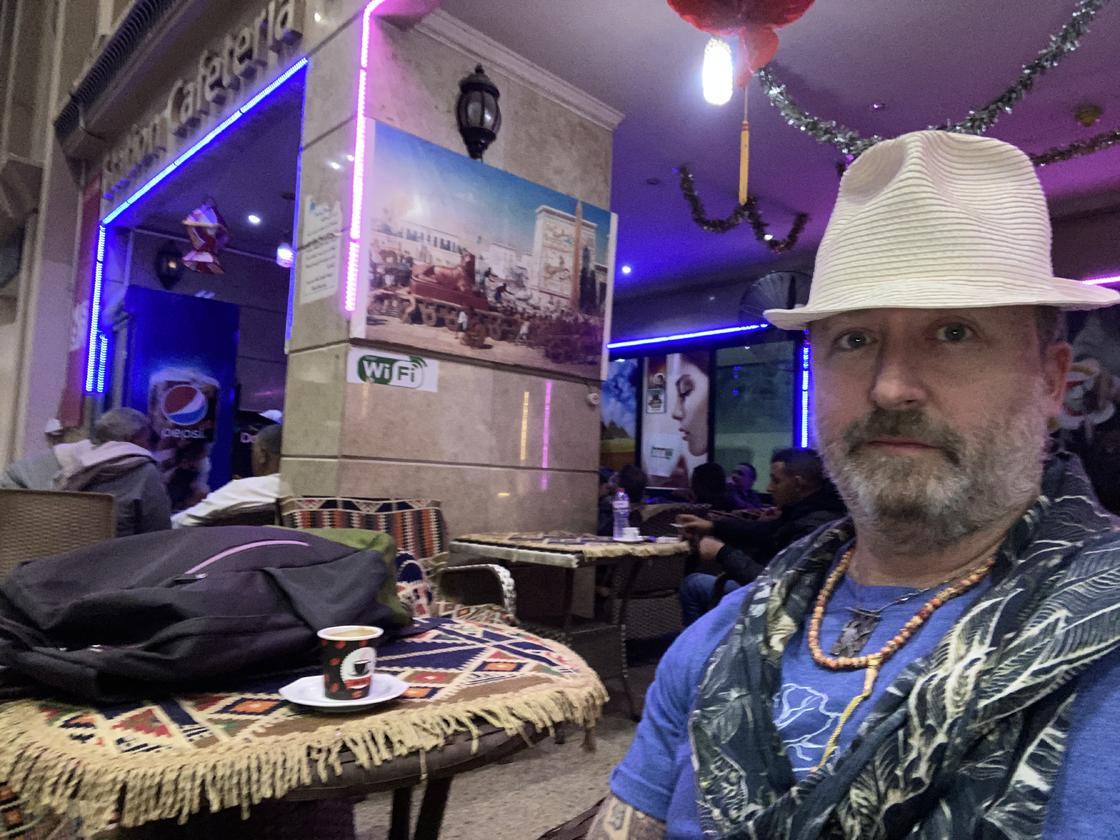
Day 7
I am in Luxor, Upper Egypt which, under the name of Thebes, was one of the former capitals of Egypt in Pharaonic times. It's confusing to call it Upper Egypt because it's in the South. But it's the headwaters of the Nile, the upper Nile, as the Nile flows from South to North towards the Cairo delta, emptying itself into the Mediterranean Sea.
It's an Ace of Spades day today, March 9th, a day of new beginnings. And this is what I woke up to see from the room where I am staying.
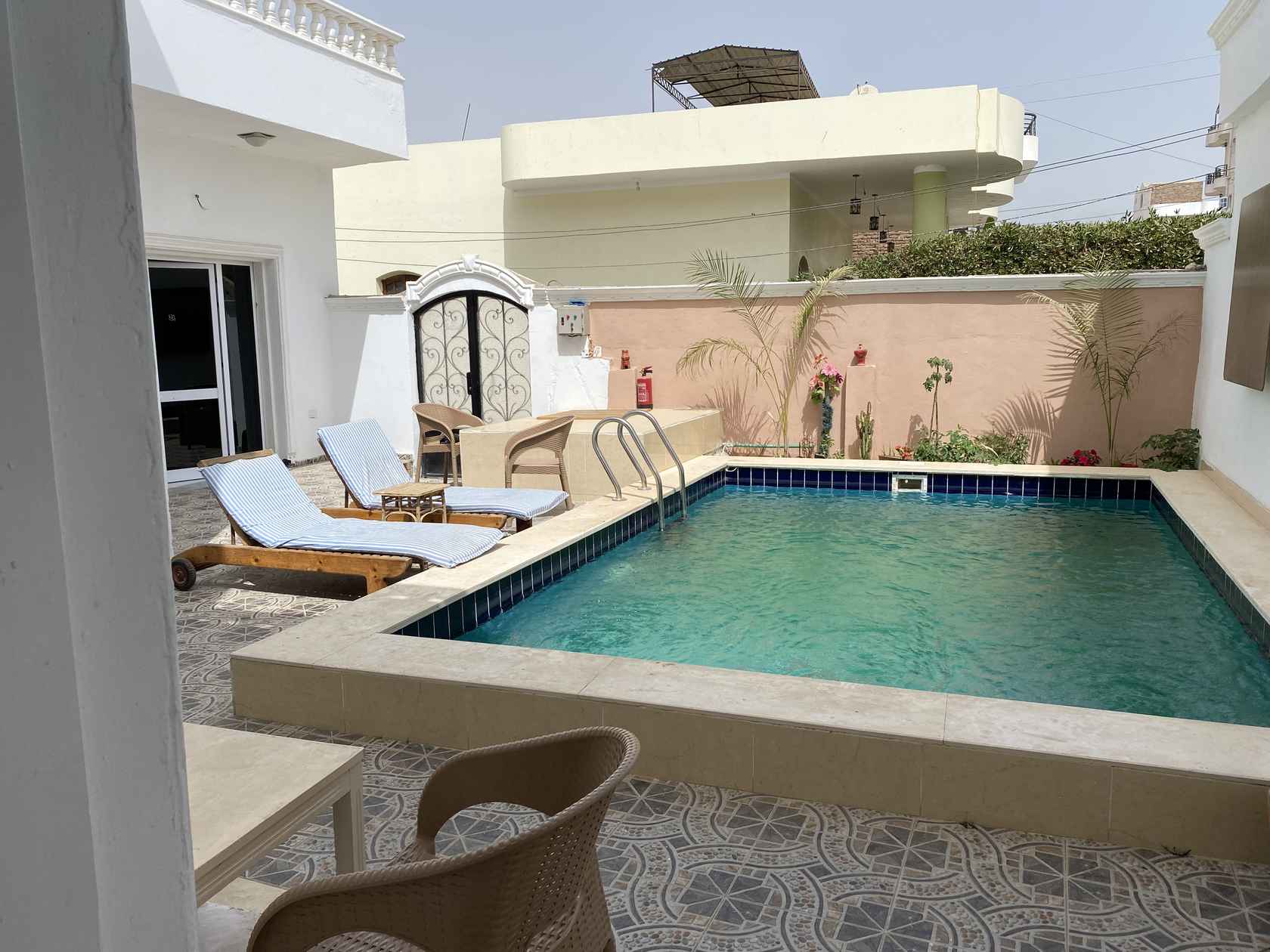
Except for the background scent of burning garbage and the occasional loud braying of the donkey down the block, it has the look and feel of a Mediterranean villa. And we are one dusty dirt road away from the Nile.
I have the good fortune of staying here for free, courtesy of my friend Ike's girlfriend who is born to play the 10 of Diamonds / 3 of Clubs. She had rented the entire three-bedroom place for one month ($900), anticipating that Ike would be also using this place as his basecamp for filming the many temples in the surrounding area.
She is on army disability for PTSD from her service in Iraq and receives, as veteran disability, $3,400 a month for the rest of her life. This money she receives from the US government does not preclude her from working or earning other money. And yet, not everyone who applies for this kind of disability pension receives it. (So, question for Card students: why is her pension disability that she receives an expression of her 10 of Diamonds Birth Card?)
I offered her a Card Reading, which she gladly accepted, and the gift-exchange was complete. Neither of us ever mentioned the word "barter" or "exchange," but that is exactly what happened. She told me afterwards how much the reading helped her to clarify the decisions she needed to make for her life. It made me happy to be of good service.
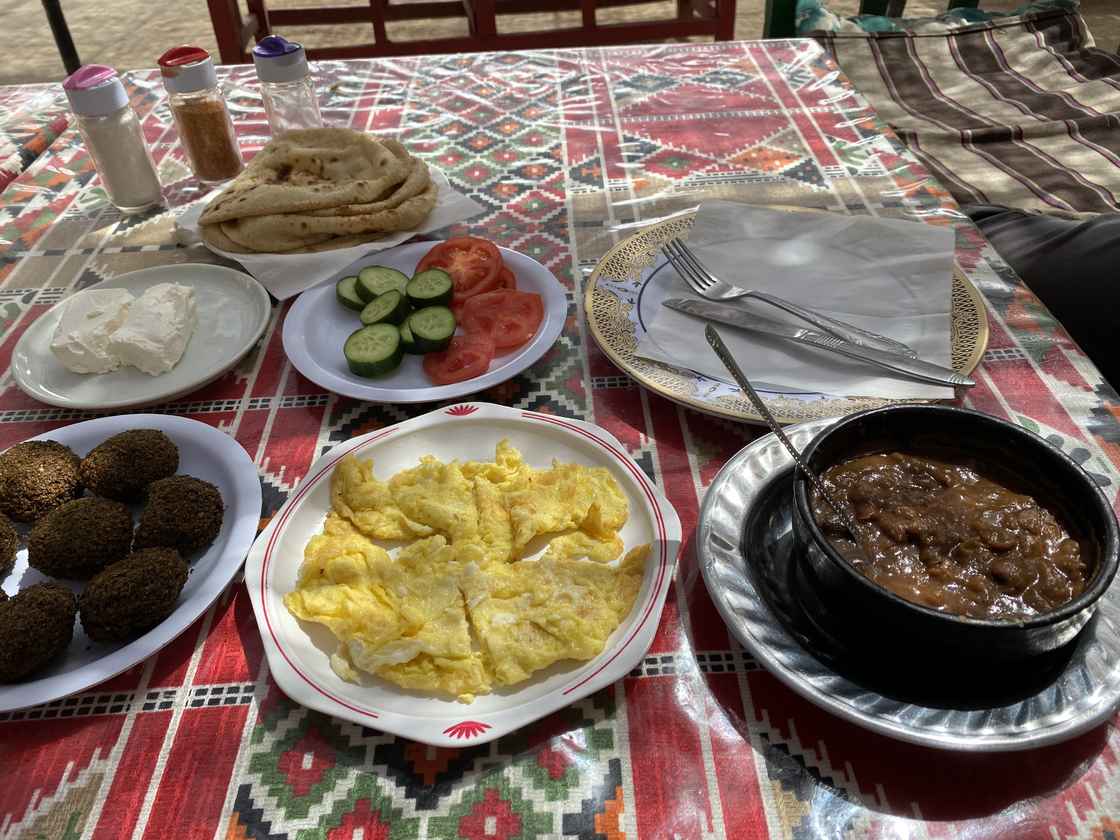
My first breakfast in Luxor. Plain omelet (I don't think they know how to make it any other way). Beans. Falafel. Cream cheese. Cucumbers and Tomatoes. With the ever-present pita bread.
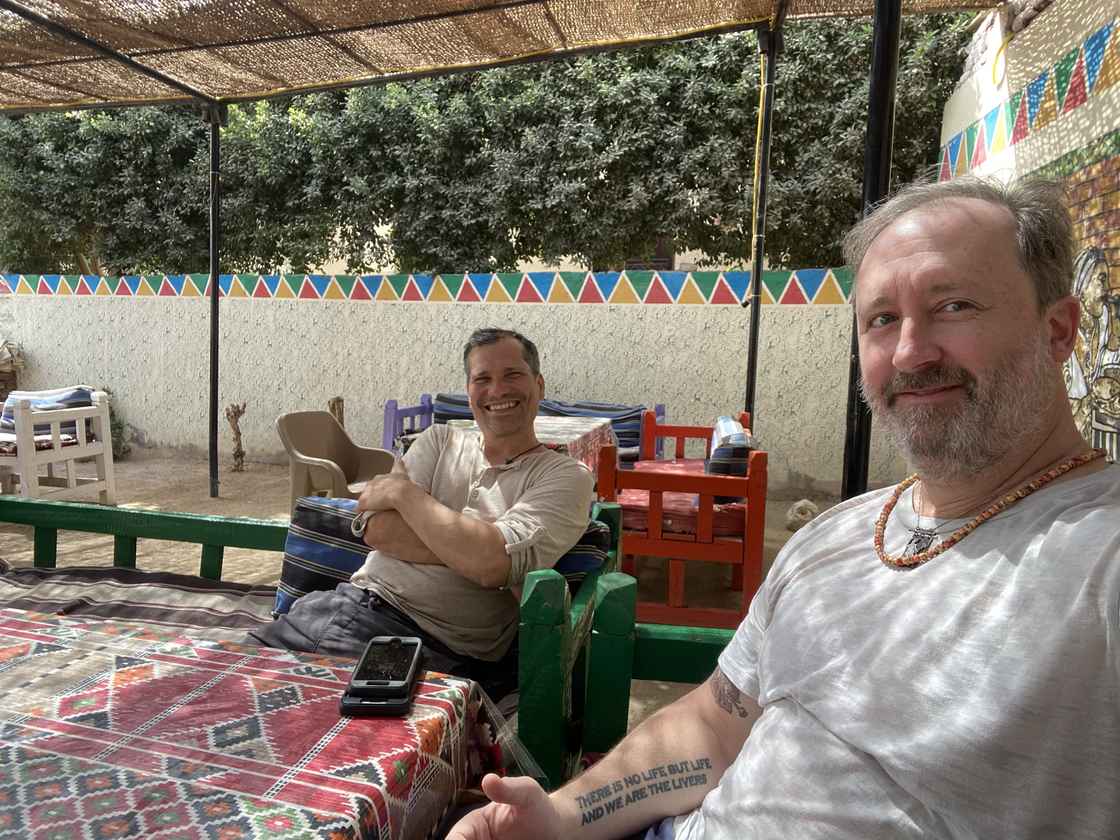
At breakfast with my friend Ike.
Today was a day of rest and acclimation after the 12-hour train ride the day before. I've taken to wearing the orange prayer beads I bought on the street in Giza. These are like Muslim rosary beads. Every taxi driver has a strand draped over their rear view mirror. I like the orange ochre color. It reminds me of the ochre robes worn by the Sannyasi in the Hindu tradition.
Day 8
Today, we start early. We are visiting the Karnak Temple complex, which is the largest temple complex in all of Egypt. It is, in fact, dozens of different temples strung together and built next to each other over thousands of years.
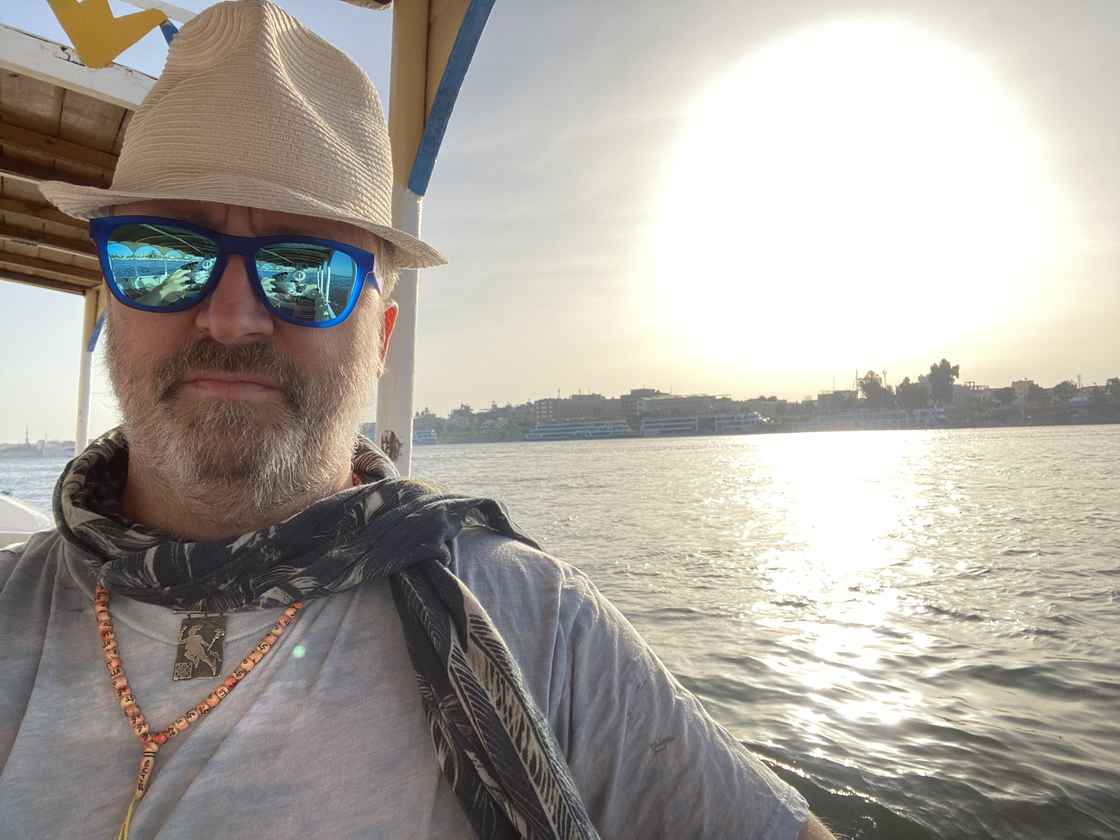
Sunrise on the Nile, about 6 am.
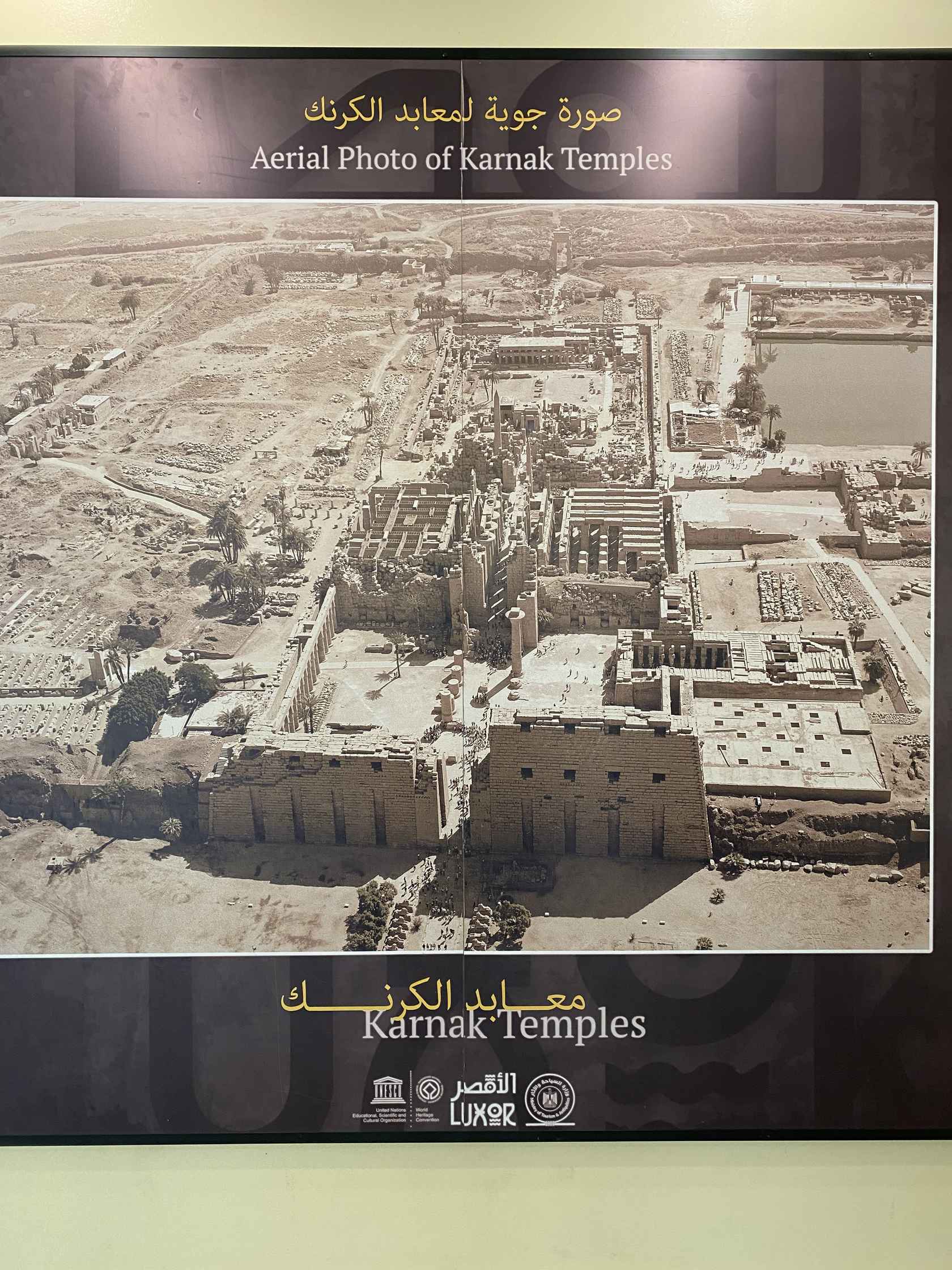
In the welcome lobby, an aerial shot of the whole complex. You can see the people like specks in the front bottom for an idea of the overall scale.
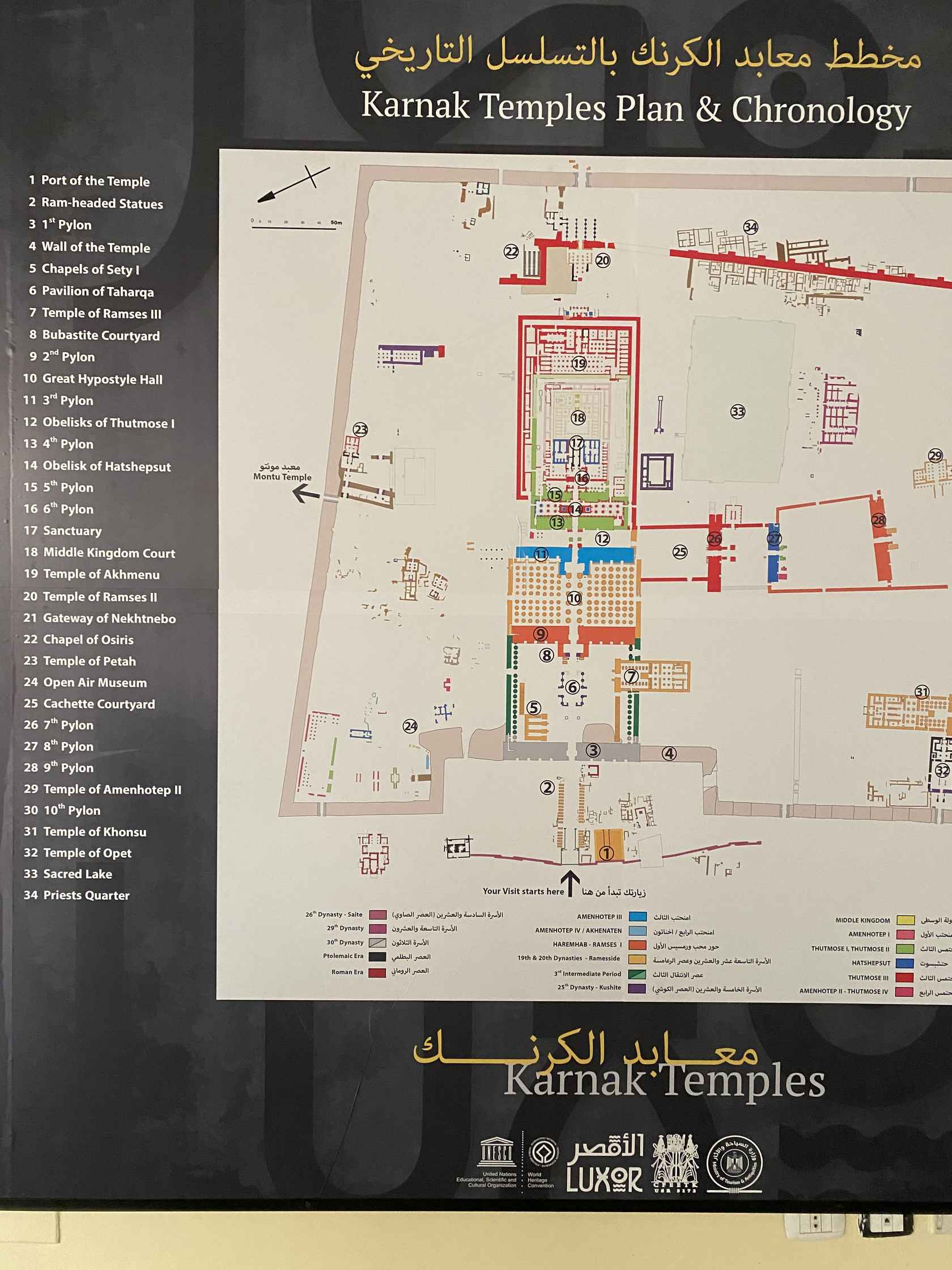
The layout and plan of the temples. (I'll refer to these numbered sections on the left as we go through the different areas.)
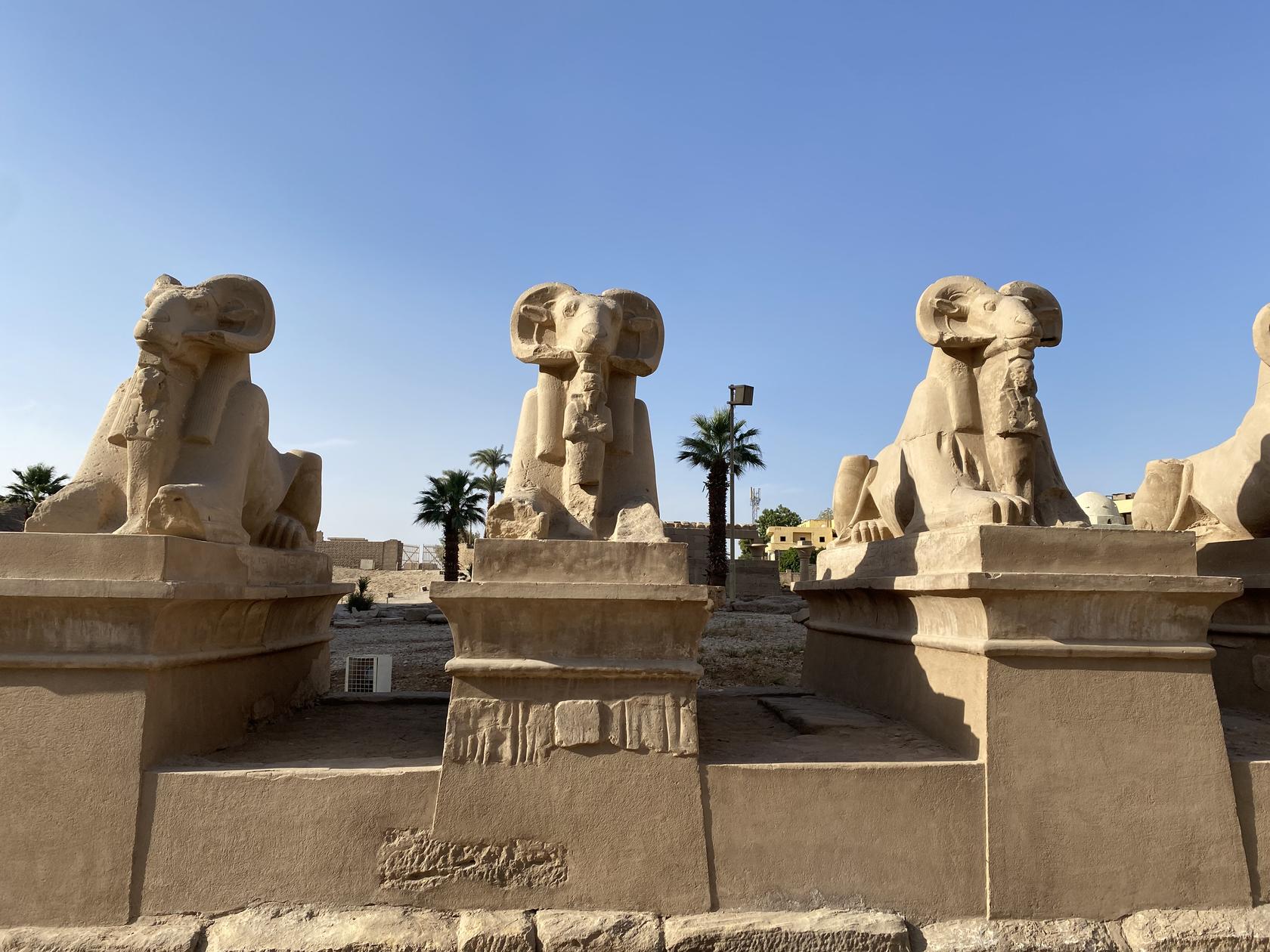
The entrance colonnade.
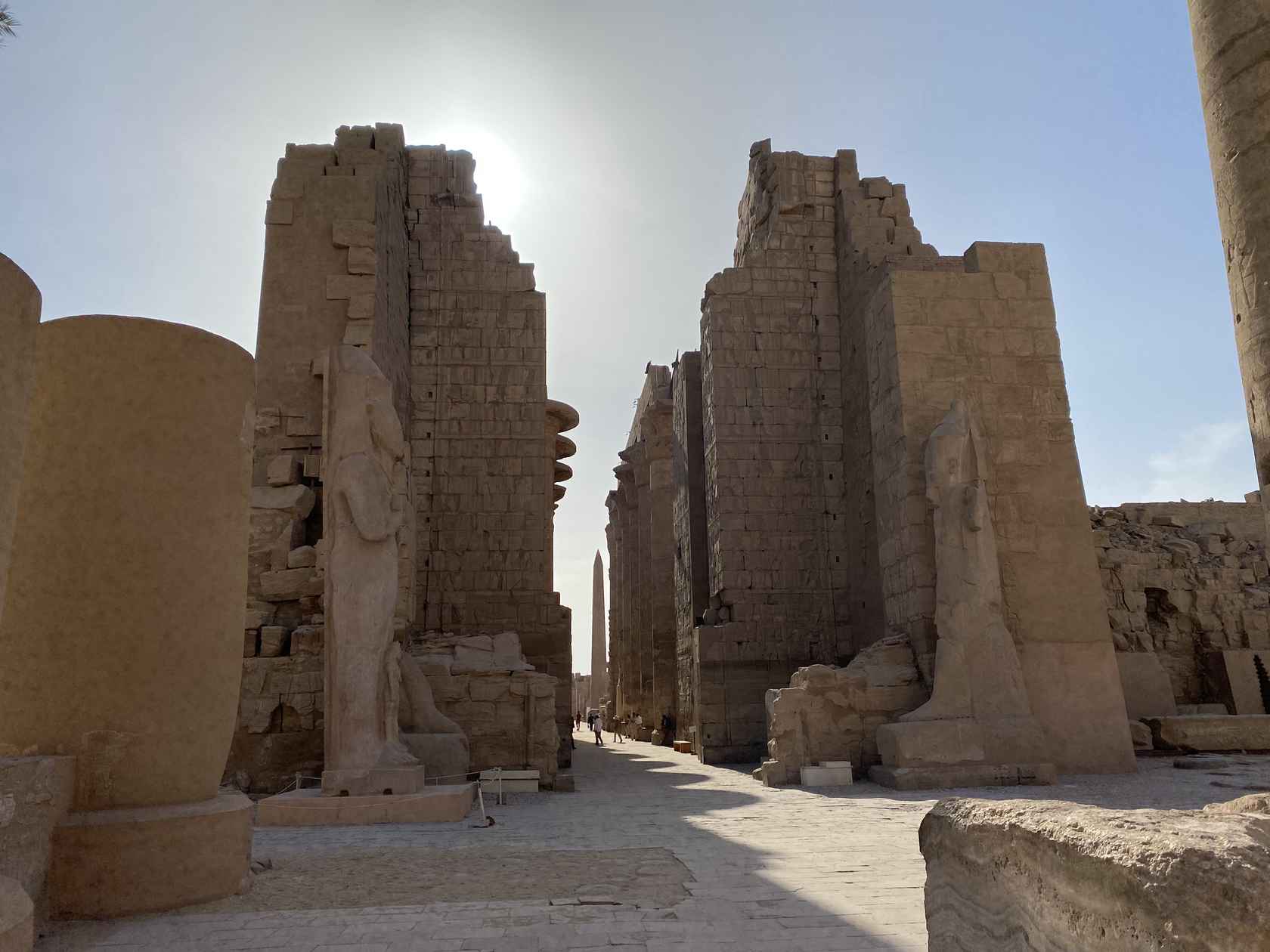
Sunrise over the first inner courtyard with a view into the great hypostyle hall and the obelisk of Queen Hatshepsut in the further distance.
We arrived early to beat the heat and the hordes of tourists, which arrived by the busloads starting at about 9 am. (German, Italian, French, Spanish, British.) These places open early, and Egyptian society begins early. By mid-day, even in the winter, the sun is unforgiving and unrelenting. Even in the month of March, the temperature can rise to 105 degrees Fahrenheit. Today, fortunately, the high was only 85.
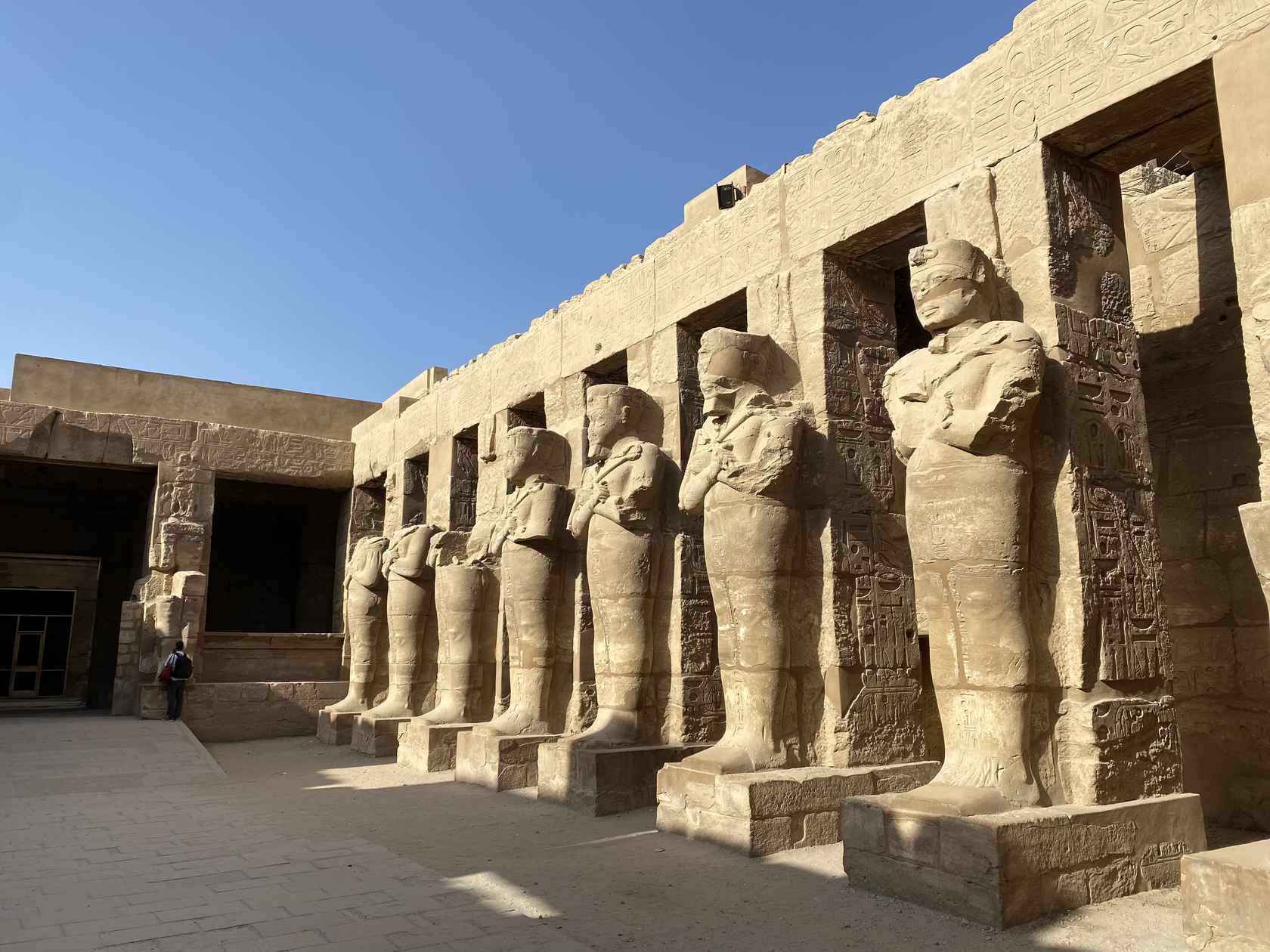
Part of the chapel of Sety I (I think), off to the left-side of the first inner courtyard. Number 5 in the Temple Plan above.
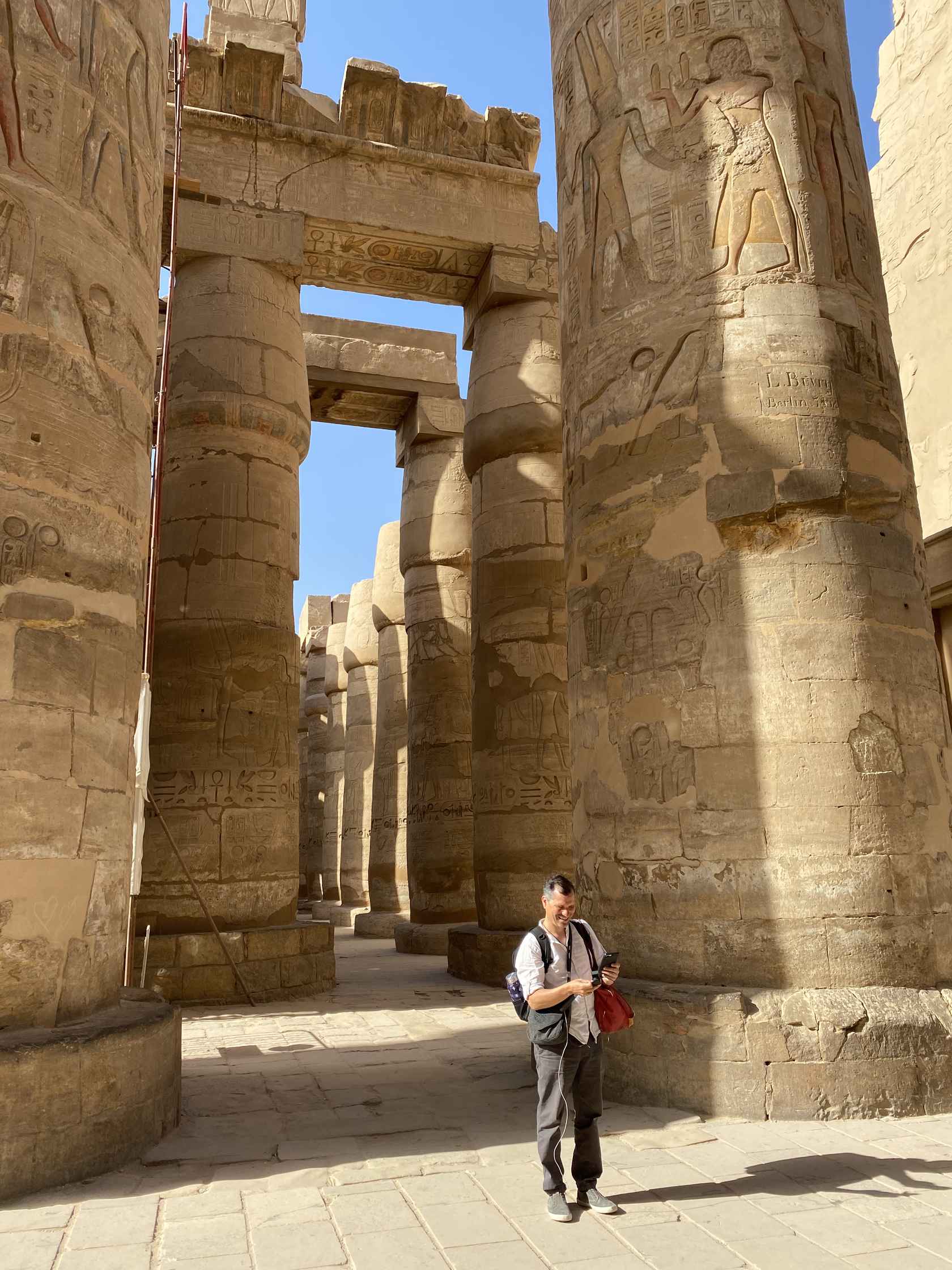
We are now in the Great Hypostyle Hall. (Number 10 in the plan above)
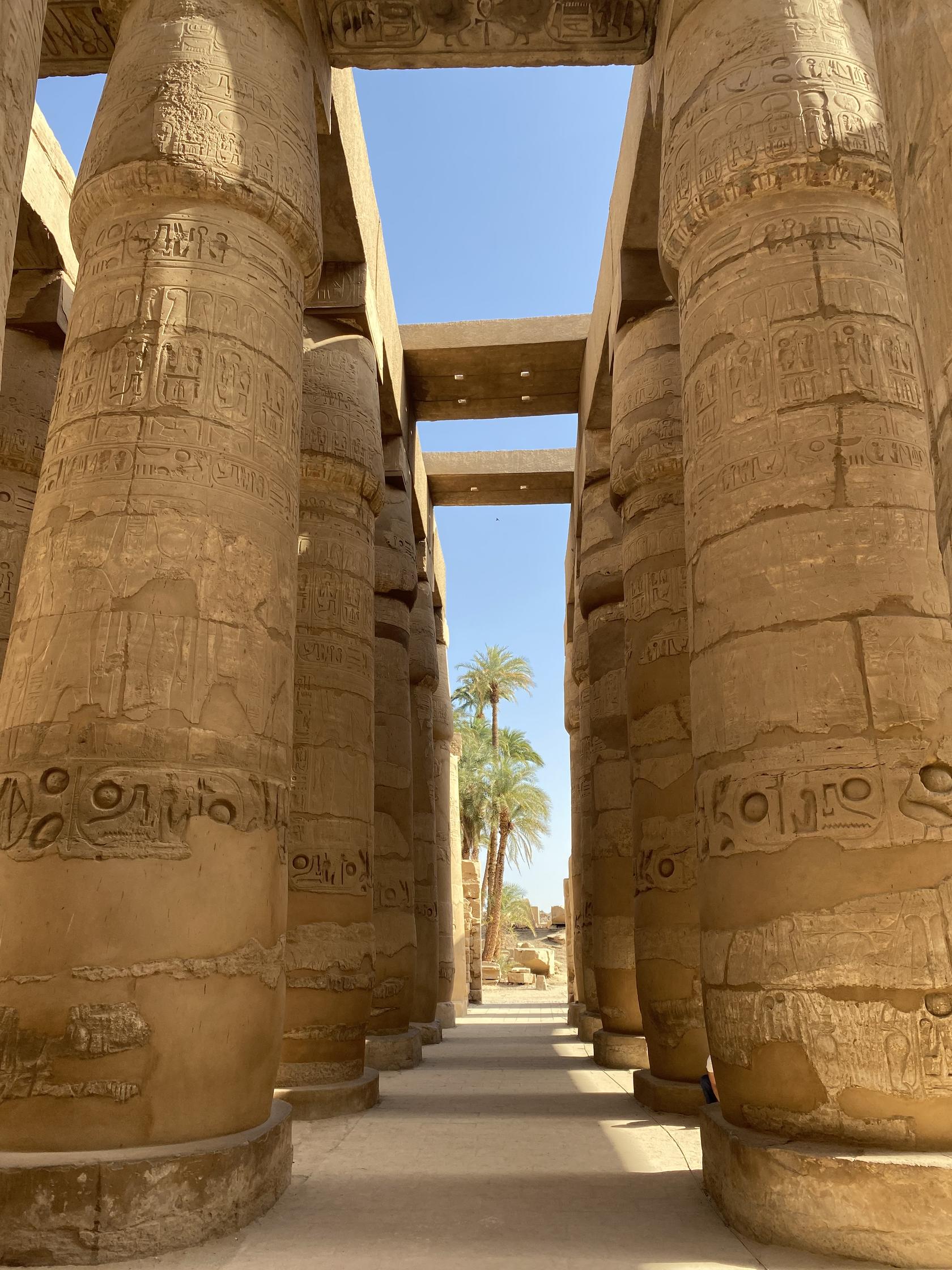
Columns in the Great Hypostyle Hall.
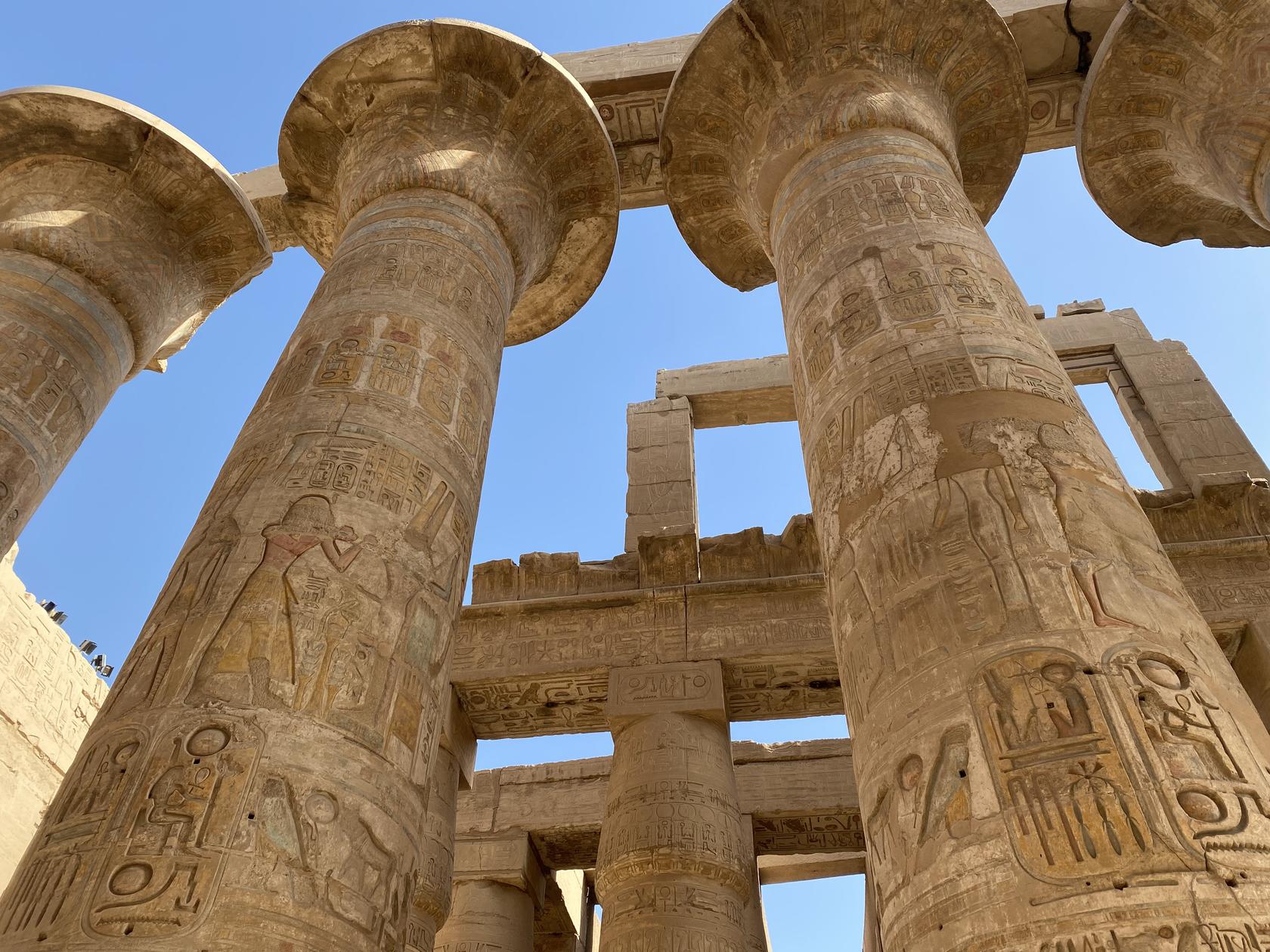
The central columns, which are taller.
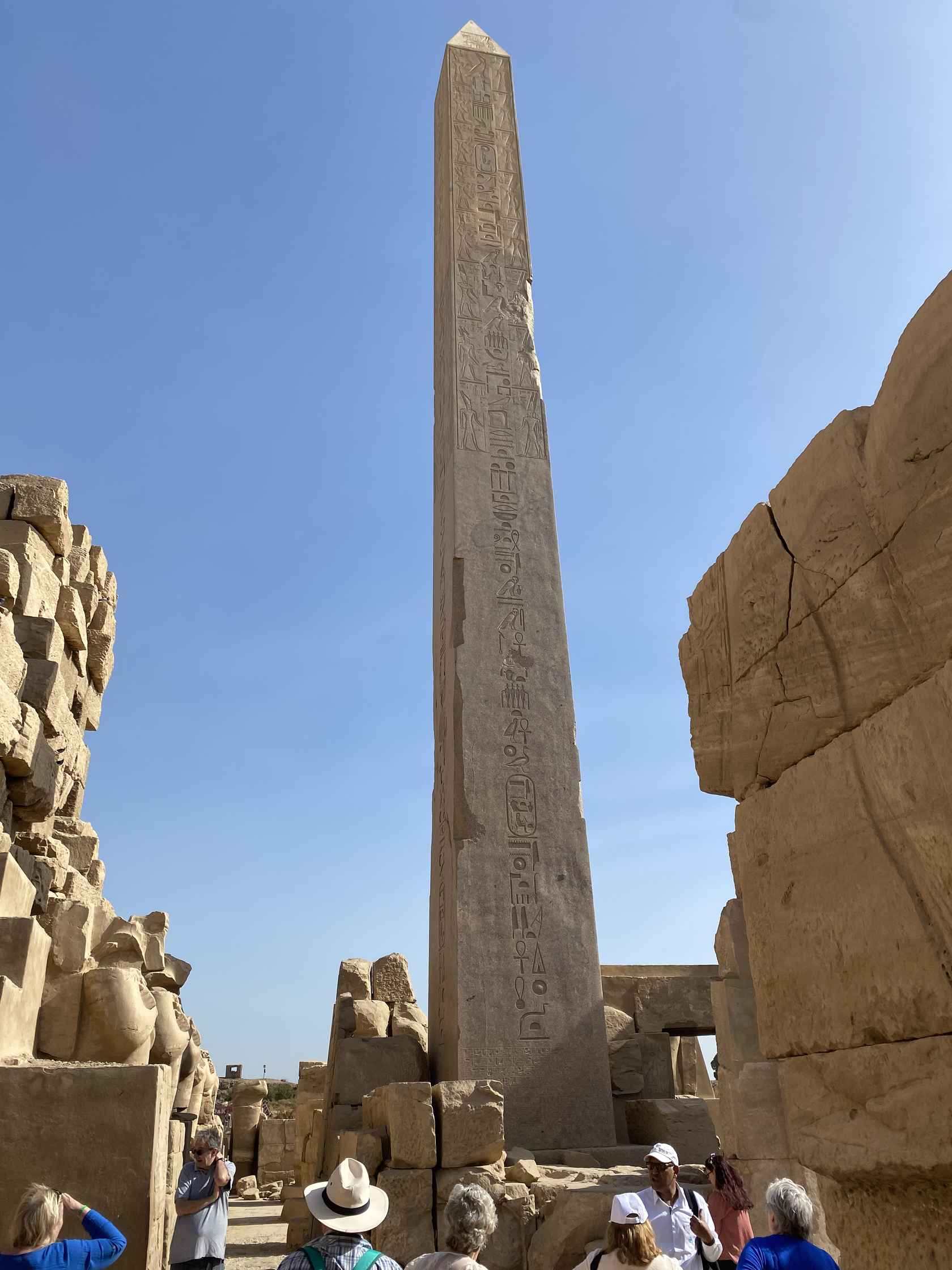
The obelisk of Queen Hatshepsut, right in the center of the whole temple complex (number 14).
When this temple complex was "discovered" in 1903 by a French archeologist, it was essentially a pile of sandstone and limestone rubble. The only thing still standing was this granite obelisk. It is almost 30 meters tall, weighs 343 tons, and is one single piece of pink granite. No-one knows exactly how this obelisk was either hewed from the granite quarry, transported from the quarry (some hundreds of miles away), or erected into its standing position.
For reference, 343 tons equals 686,000 pounds.
The other unsolved question is how the ancient Egyptians carved precise images in granite when granite is harder than any of the soft metals they possessed at the time. As far as we know, today, it would take an electric drill or a laser to make these types of precise cuts into granite. And the cuts are precise and often perfectly circular as well.
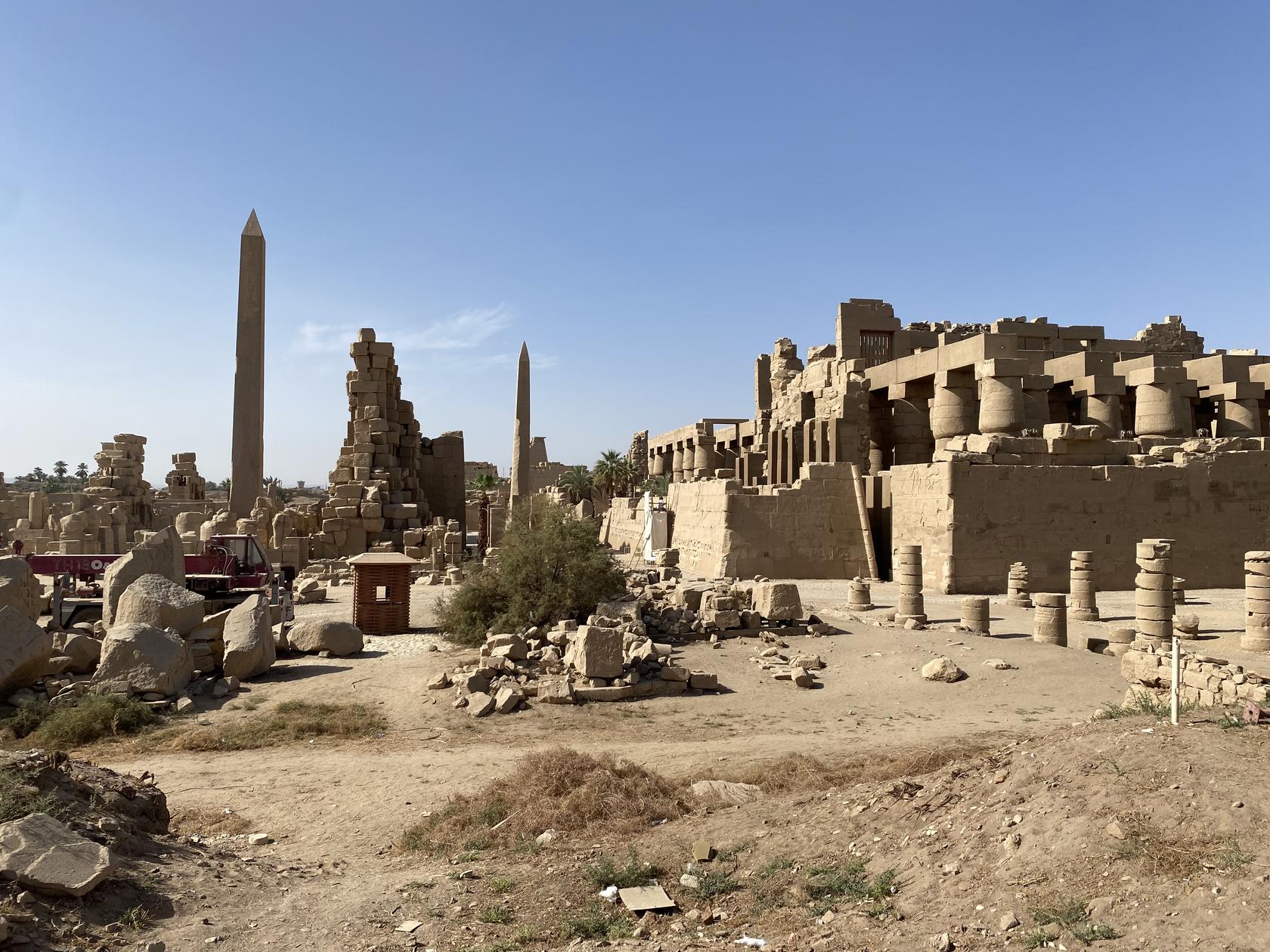
View from outside the Great Hypostyle Hall, from a vantage point near number 23, with a view of the Obelisk of Queen Hatshepsut.
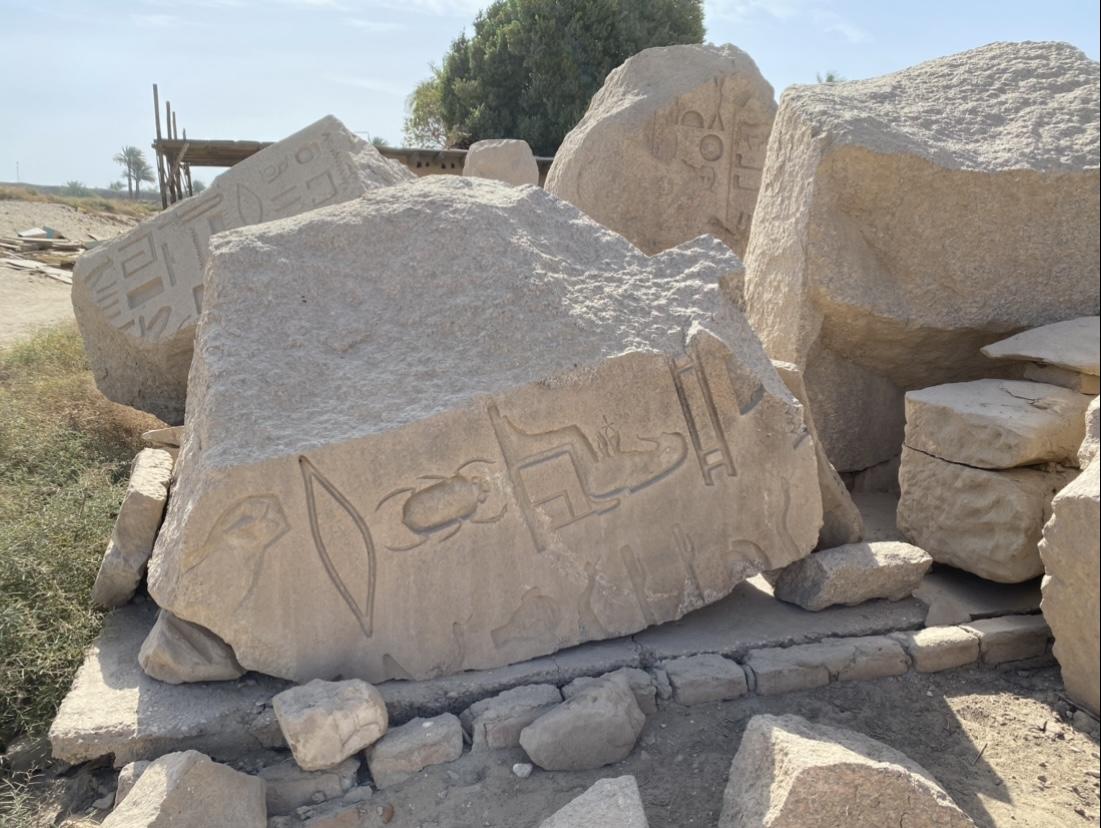
Lying around on the grounds, in what appear to be large stone trays with numbered, catalogued sections, are innumerable pieces of sandstone and limestone such as this one. These are stones that have yet to be repositioned, after more than 100 years of archeological restoration, back into their original structural position. It's interesting to consider how putting all the pieces back together is like doing a giant stone jig-saw puzzle.
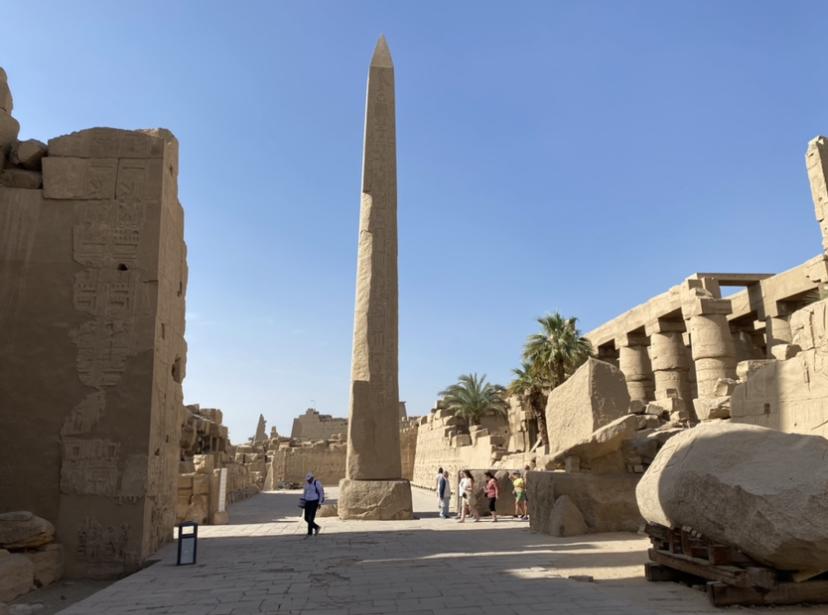
Another angle of the Obelisk of Queen Hatshepsut with the Great Hypostyle Hall to the right.
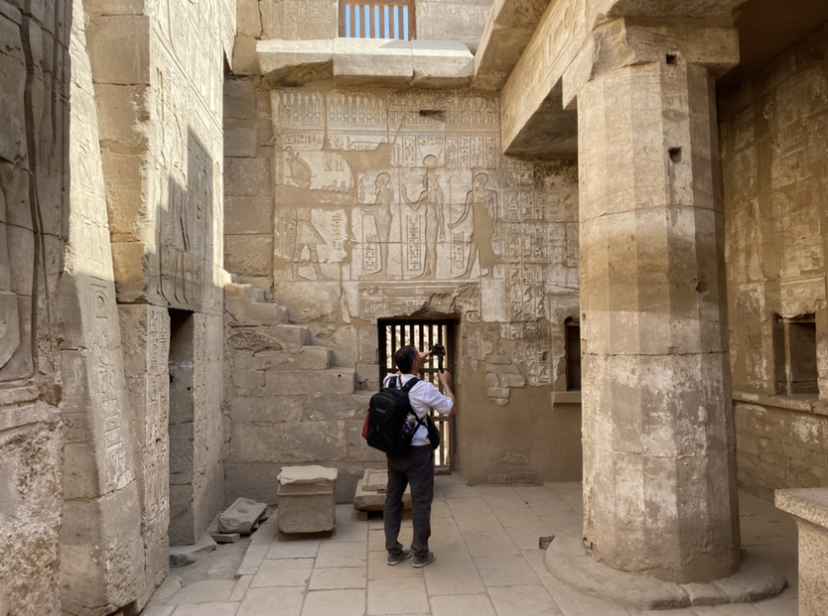
Now we are in the Temple of Petah, number 23 in the plan on the far left side, one of the oldest temples on the grounds.
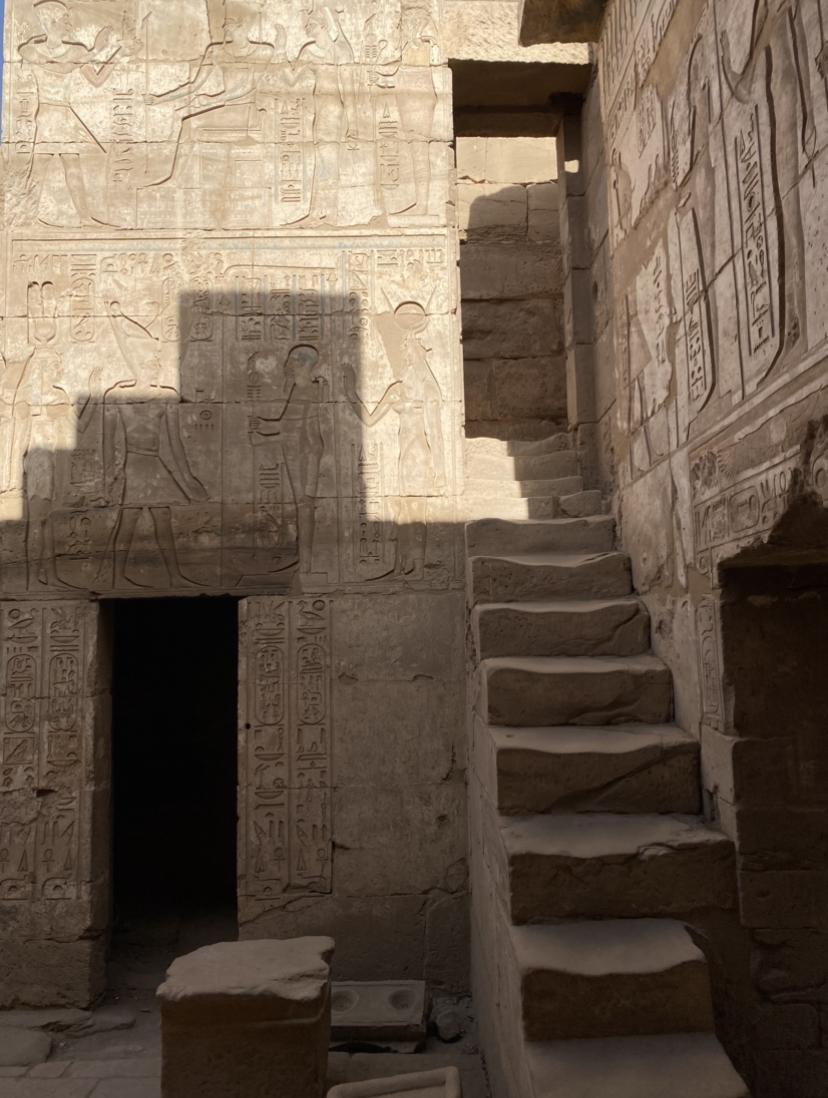
Stairs in the forecourt that we were not allowed to climb.
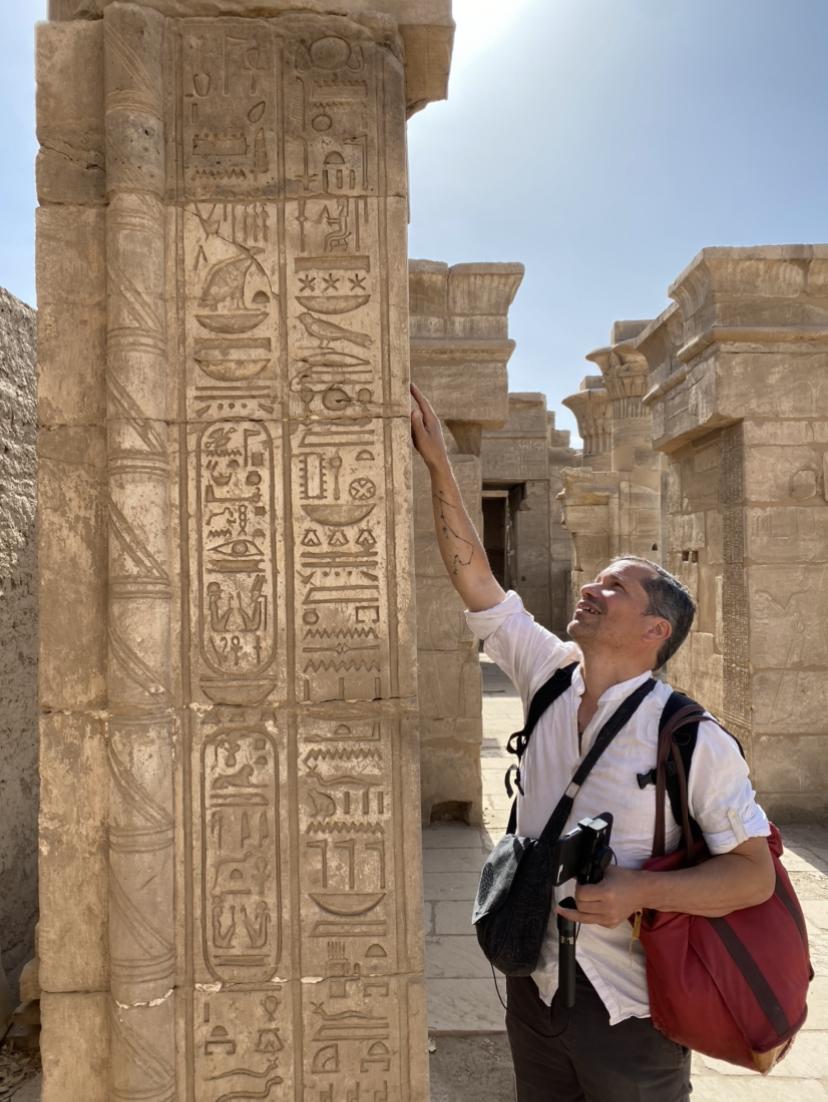
At the entrance portico, here is a photo of Ike interpreting the cartouches that contain the hieroglyphs. Each oval cartouche functions like a sentence container for the hieroglyphs. It's a way of denoting the beginning and ending of a complete sentence of meaning.
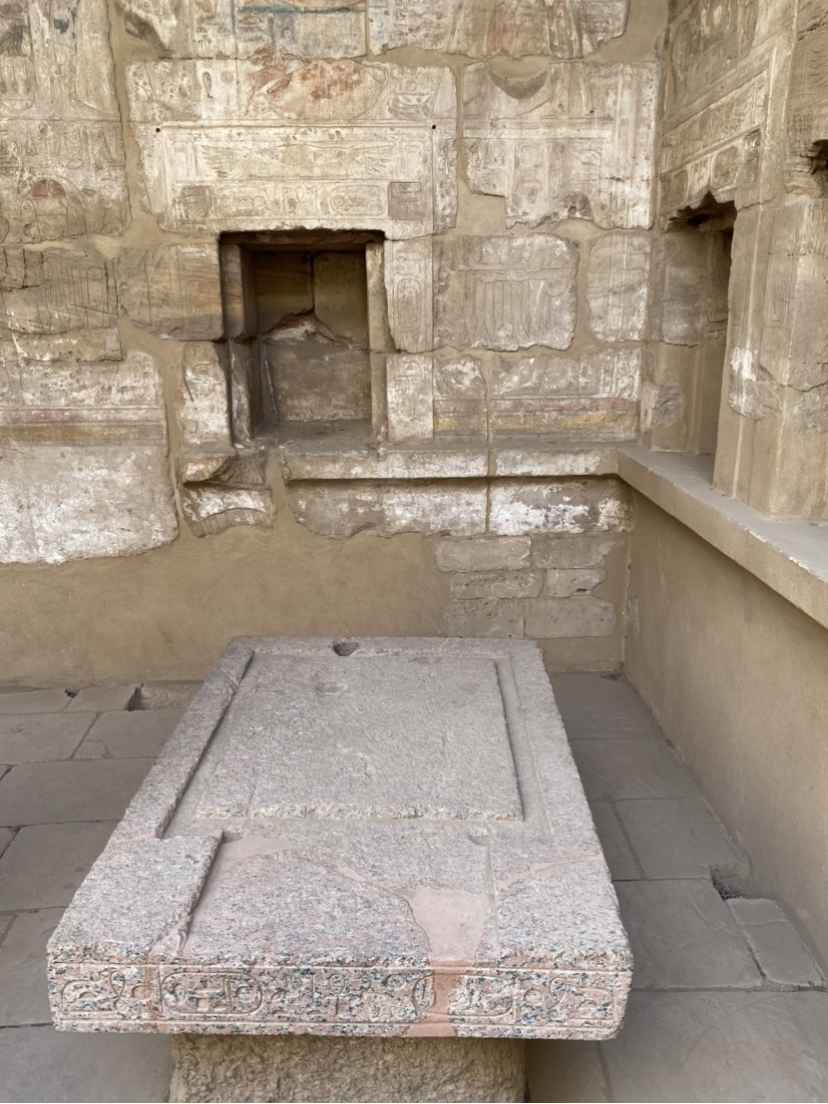
The sacrificial granite altar inside of the temple court. Note the grooves to catch the blood and the opening in the granite slab at the far end through which the blood drains.
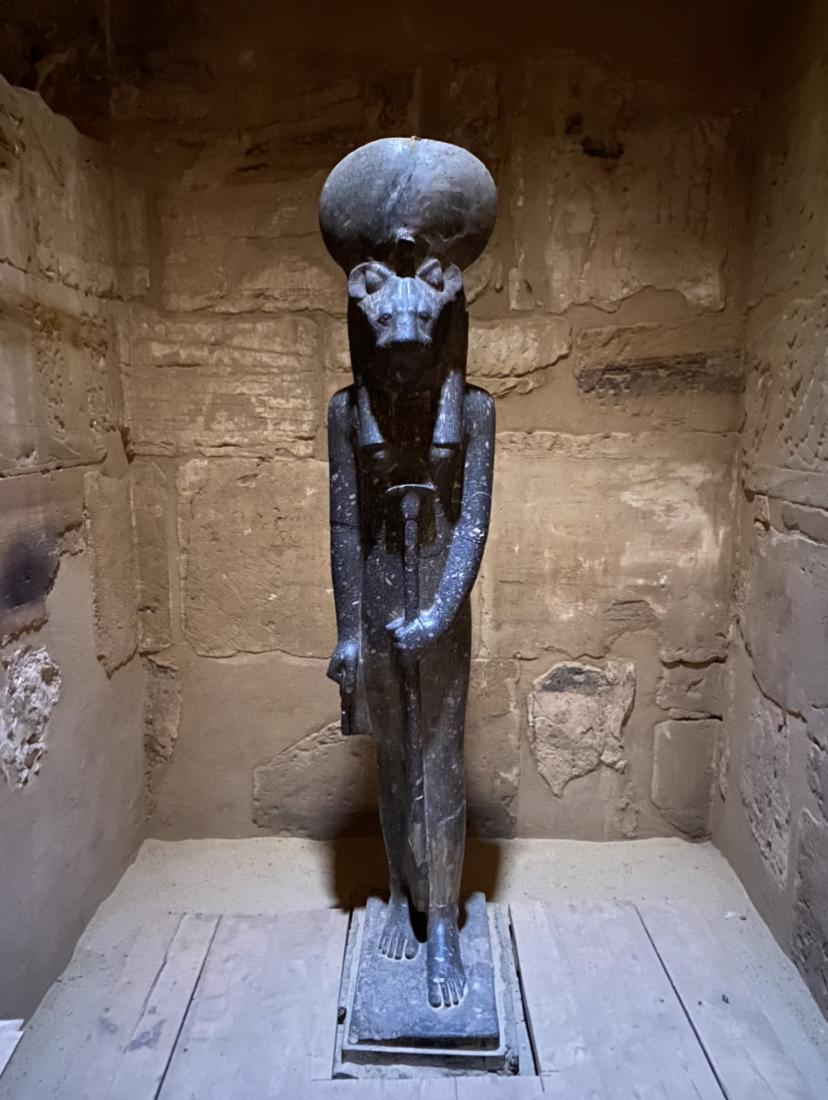
In an inner chamber inside the temple sanctuary directly facing the sacrificial altar is a black granite statue of Sekhmet. Interestingly, when the temple complex was "discovered" in 1903, she was the only devotional statue still inside her sanctuary, unmoved, and completely in tact. All the others were either stolen or broken.
Sekhmet is the lion-headed, fire-breathing, warrior goddess who is the daughter of the Sun God, Ra. She has a similar function in the Egyptian pantheon as the Goddess Kali in the Hindu pantheon.
When I walked through the door and saw and felt her image, I was instantly blown back with an inner jolt of awe and gravitas. An almost audible, involuntary "woah" escaped my lips. I didn't have that feeling with anything else I encountered in the whole temple complex. I could feel in my body why, over the millennia, no-one had fucked with her statue.
The guard did not want us to take any pictures. He waved his arms emphatically. I took one anyway. Here she is.
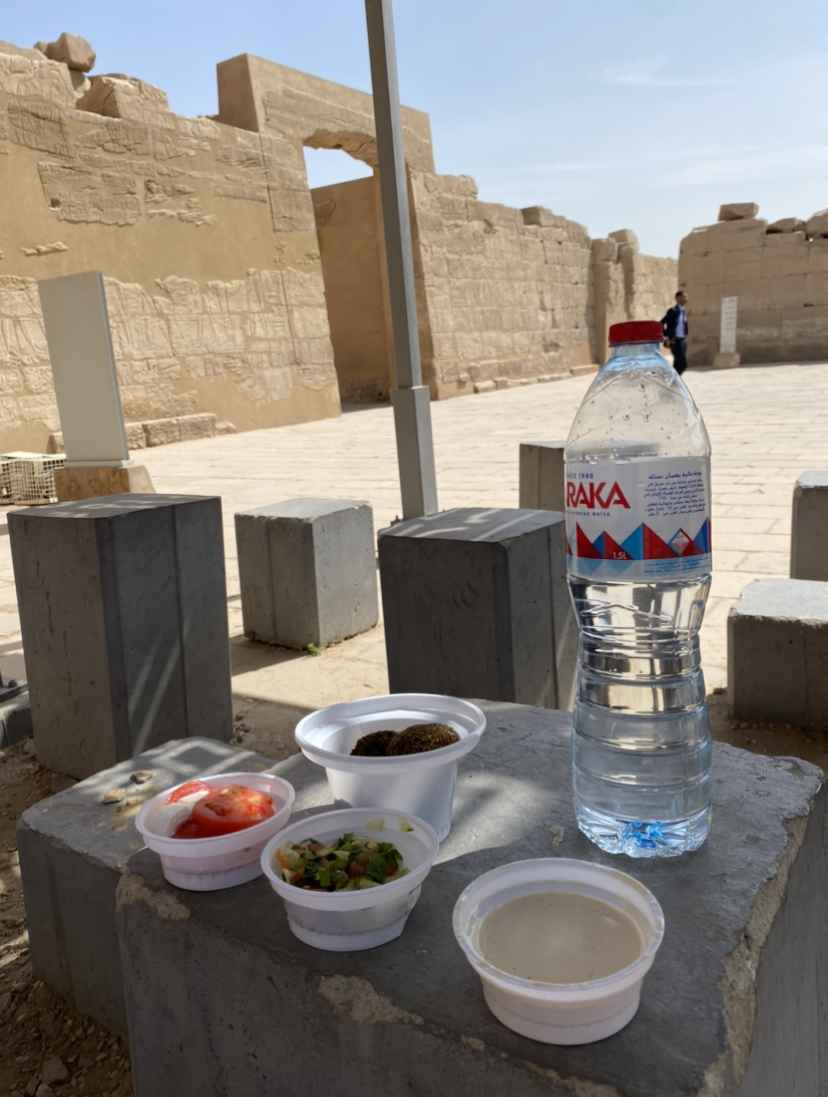
Picnic lunch inside the temple grounds. I brought leftovers from my meals the day before. Tahini. Egyptian salad. Falafel. Cheese and Tomatoes. And a big bottle of water.
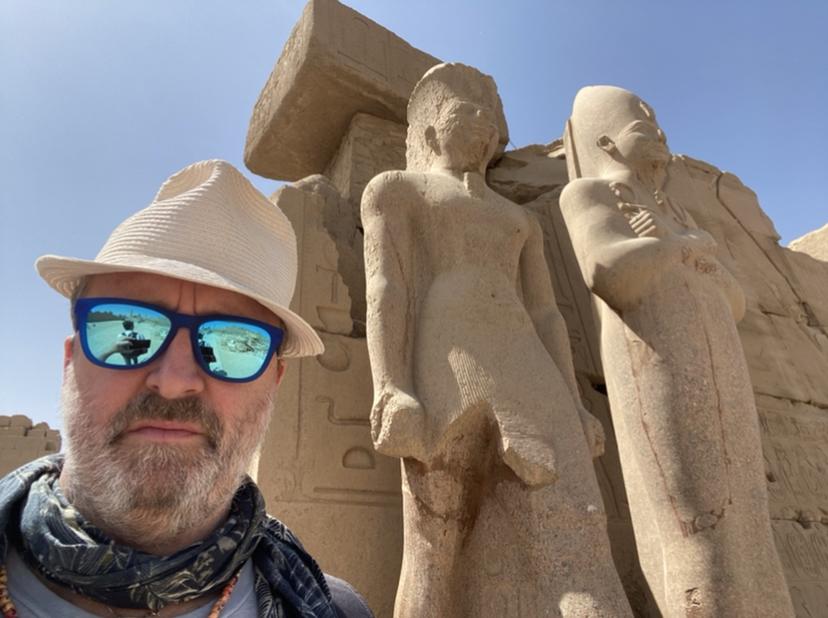
The journey continues through the Karnak Temple complex.
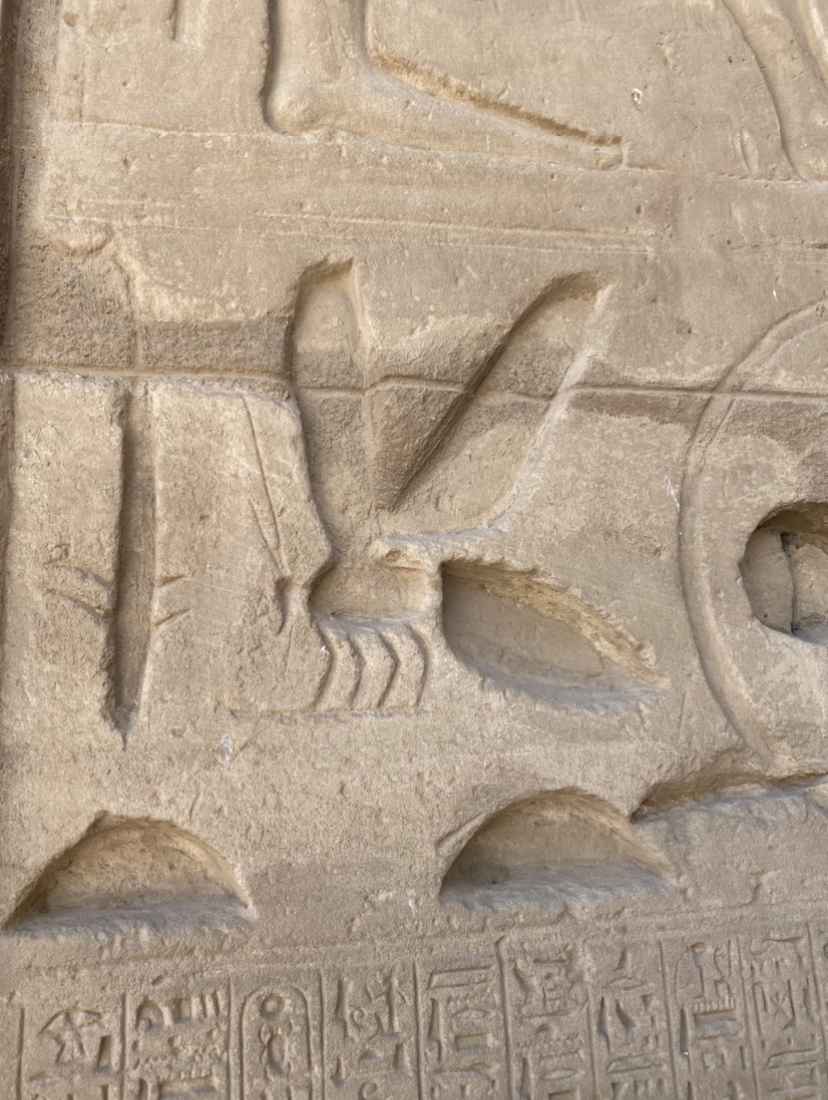
Detail from one of the walls.
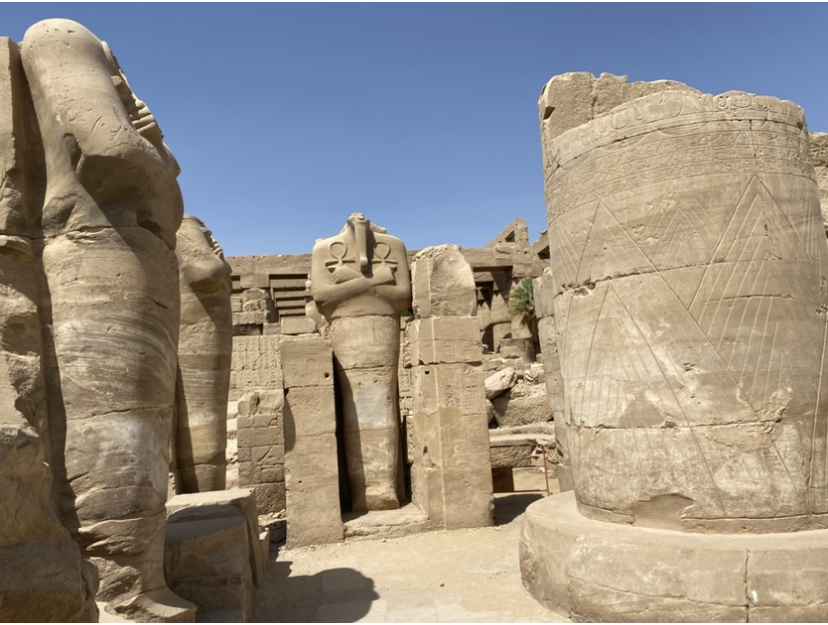
A common site of headless statues and broken stone yet to be mended.
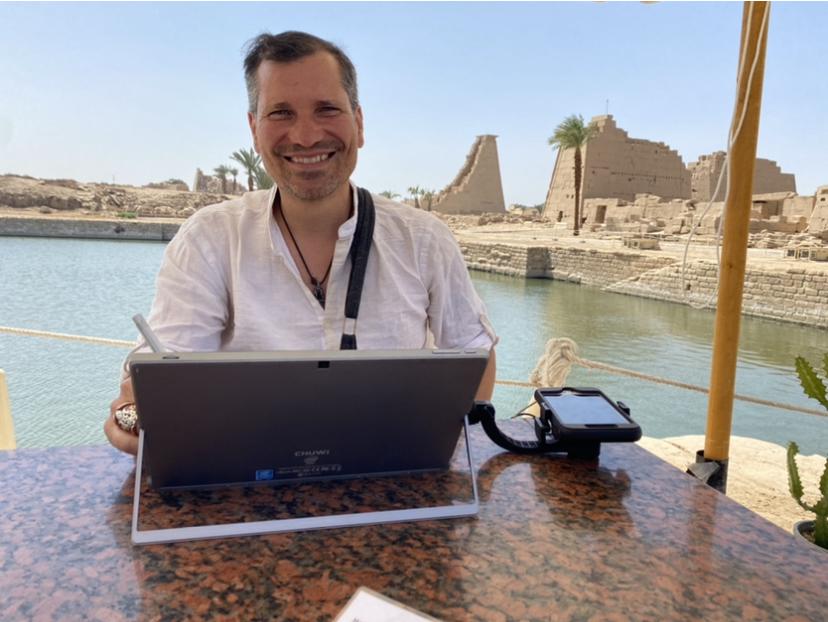
We pause in the afternoon around 2 pm by the sacred lake (number 33) used for ritual bathing by the temple priests. Ike uploads his videos and I drink a double espresso under the welcome relief of an umbrella shade.
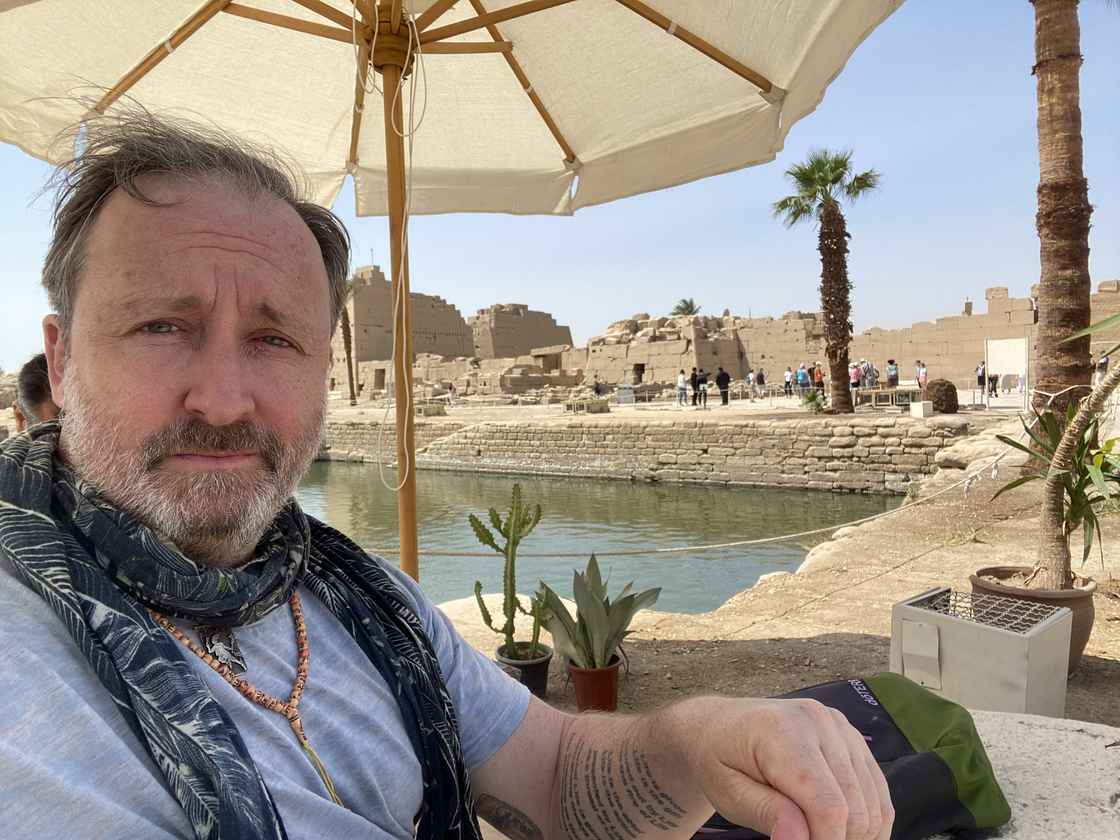
The selfie of a weary traveller.
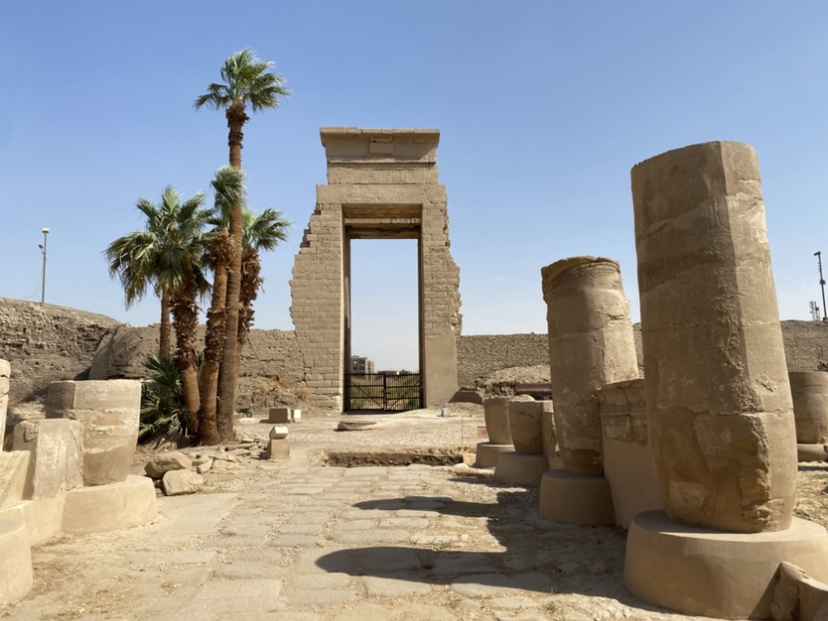
We both decided that we were done and ready to go, but he wanted to upload his videos first.
While he did, I strolled down -- keeping to the shade as much as possible -- to the other side towards the East Gate (above), near numbers 19, 20, and 22 on the Temple Plan.
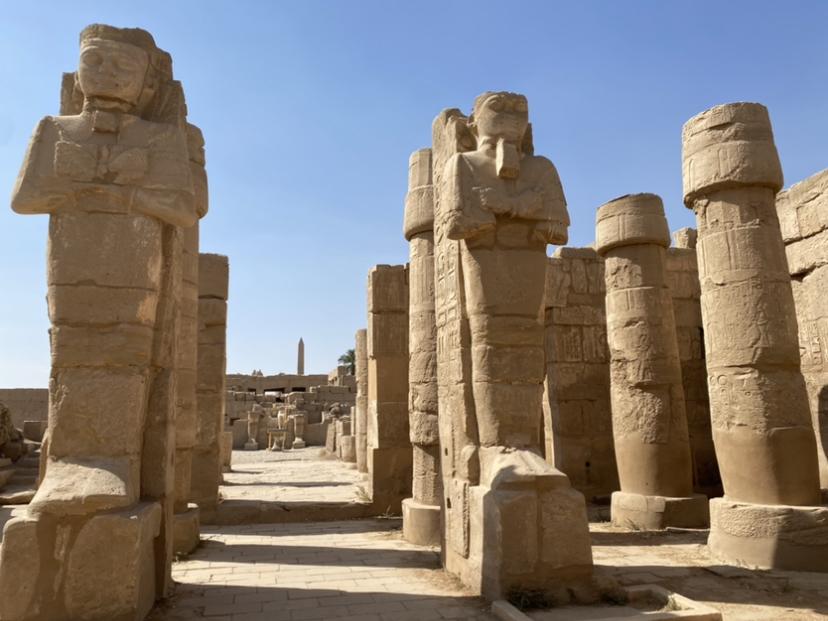
These are all pictures from that side of the temple complex. But I don't recall exactly what section. My mind was sun-drenched by this point.
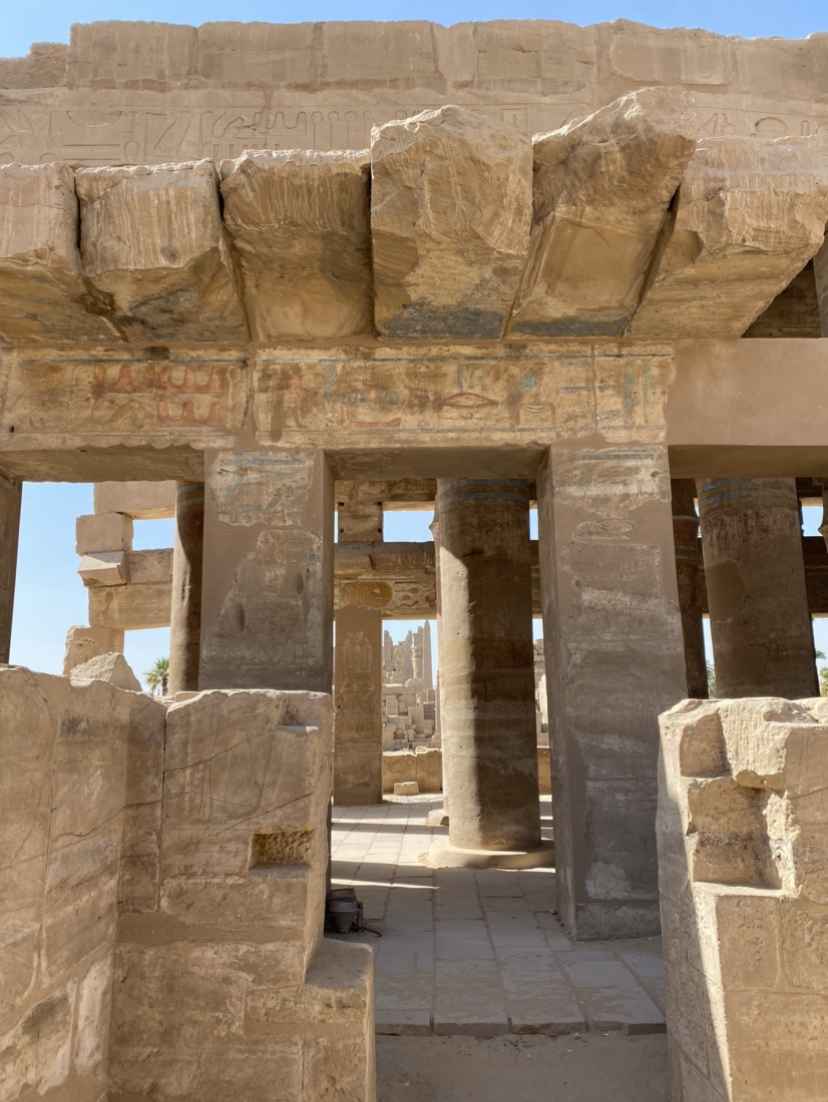
I believe this is the Temple of Akhmenu, number 19 in the plan.
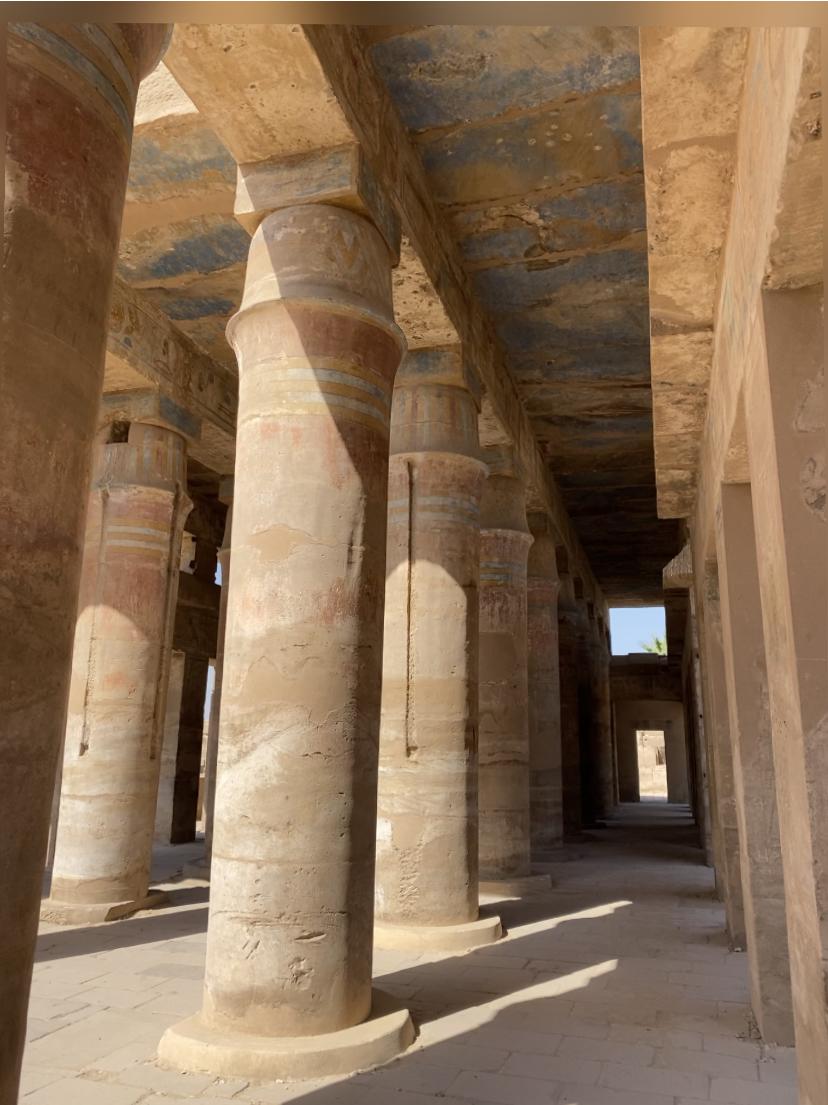
And this.
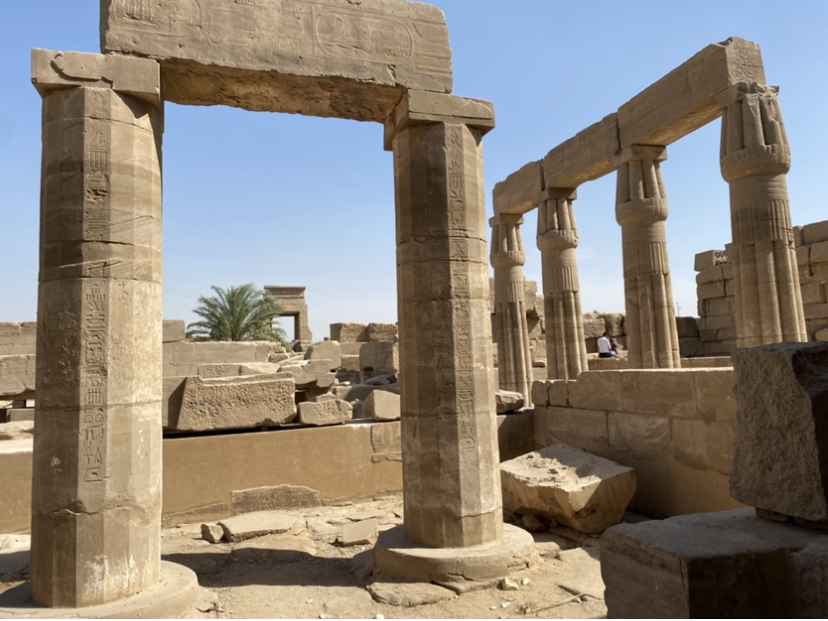
This is the view from the Temple of Akhmenu outward toward the East Gate.
As I reunited with Ike near the sacred pool, I was eager to leave. It had already been a long, dusty, hot, sunbaked day.
But Ike decided he didn't wanted to leave after all, not until he completed the filming he wanted to do. He wanted to film the temples of Khonsu and Opet before we left. (Card question: Ike is born to play the Ace of Diamonds / 3 of Spades. Why would this kind of "I can't leave until I'm finished" behavior be typical of someone born to play the Ace of Diamonds? And why would wanting to film these sacred, mystical places be behavior characteristic of someone with a 3 of Spades personality?)
So, anyway, we gathered ourselves -- and by we, I mean me -- to visit two more temples on the grounds. They are numbers 31 and 32 on the plan, all the way in the bottom right corner. To get there, however, we had to get past the guards and the barrier fence that read "under repair and off-limits."
All it really required was a bribe, the common currency, it would seem, in Egyptian tourism. The temple guards all have their hands out and have "something extra special to show you" if you'll just follow them. So, anyway, we paid a little biqashish, 20 Egyptian pounds (less than $2), to each of the two young guards, who couldn't have been more than 18 years old. And they gladly opened up the "off-limits" section to us.
These two temples turned out to be the artistic highlight of the day for me. So, I'm glad we made the extra effort.
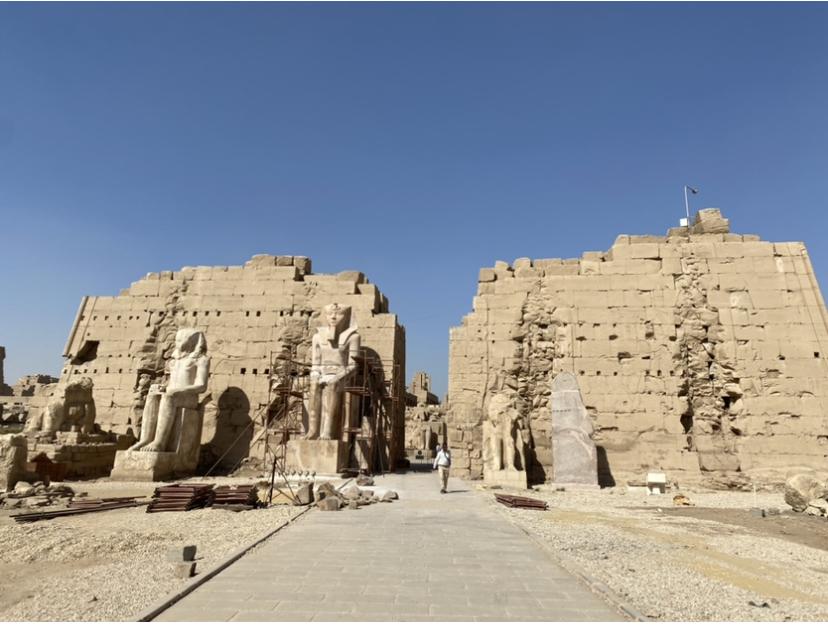
Here you are looking at number 27 on the plan. It doesn't have a name. But it's an outer wall on the South Side. You can see the scaffolding equipment on the left side of the wall and lying on the ground in front of the statues.
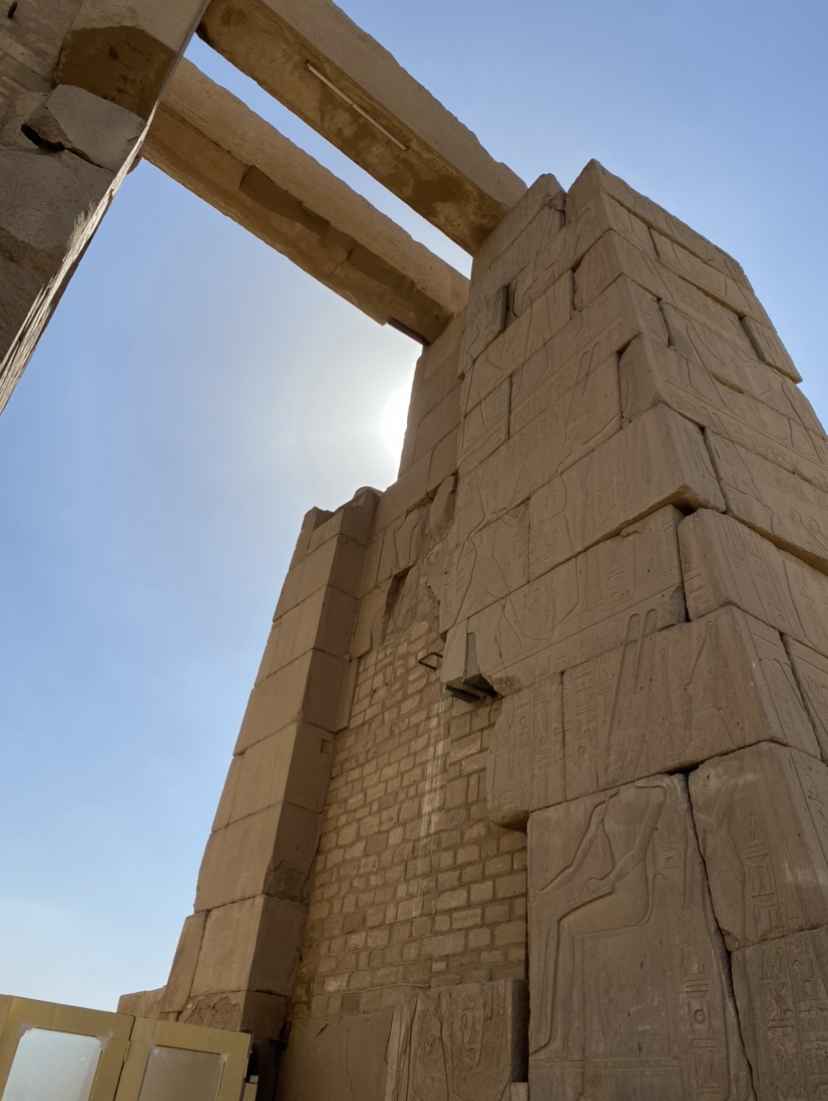
And here you are looking at number 28 on the plan. The Southern Gate to the whole complex.
Then, we walked over to the Temple of Opet. Immediately, we were greeted by "guards" who zealously offered to show us inside, with the energy of salesmen who want you to "come look my shop." Could we have entered by ourselves without them? Hard to know. But we knew that by walking in with them, we would be obliged to tip them. Nonetheless, it was worth it.
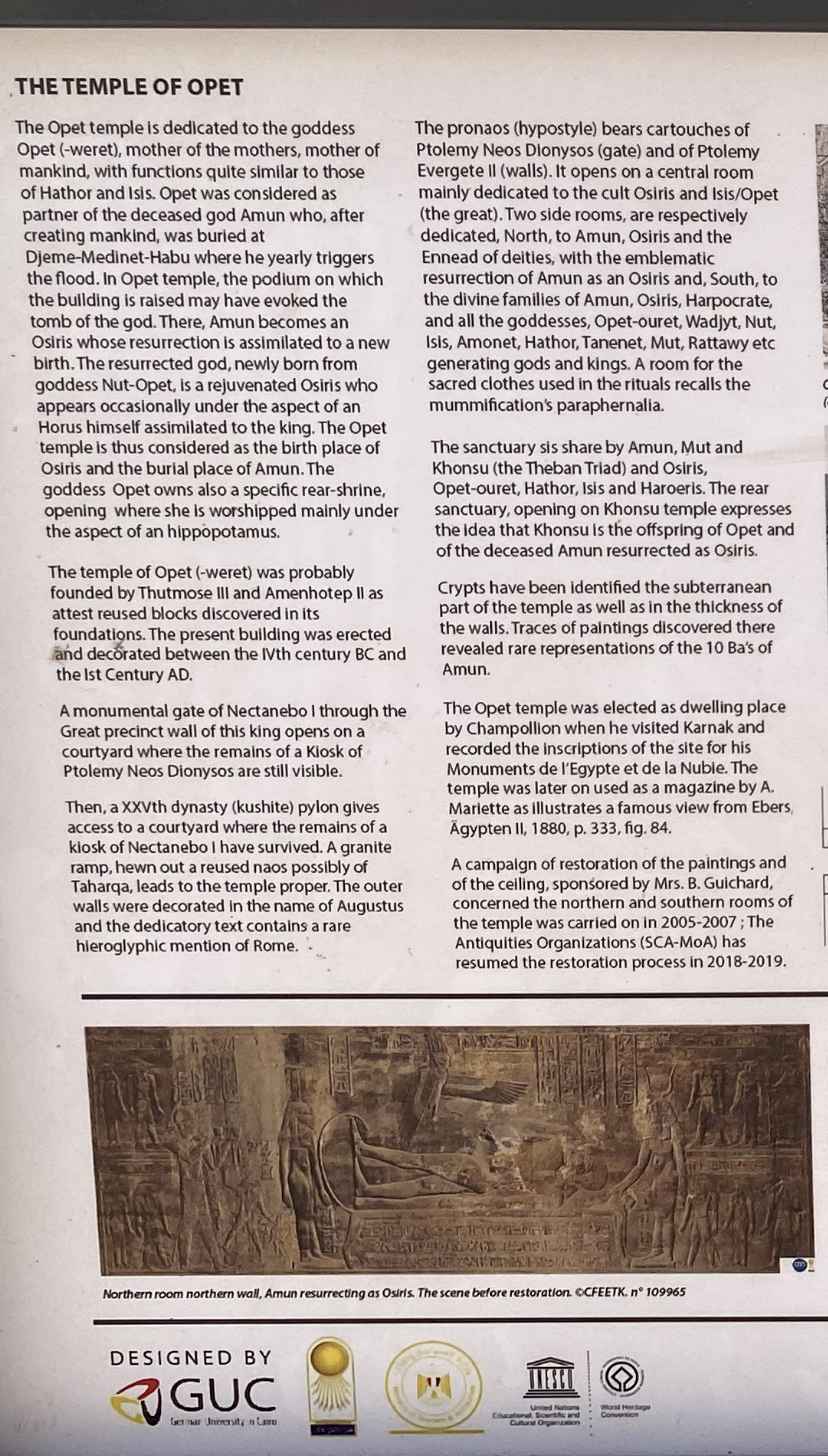
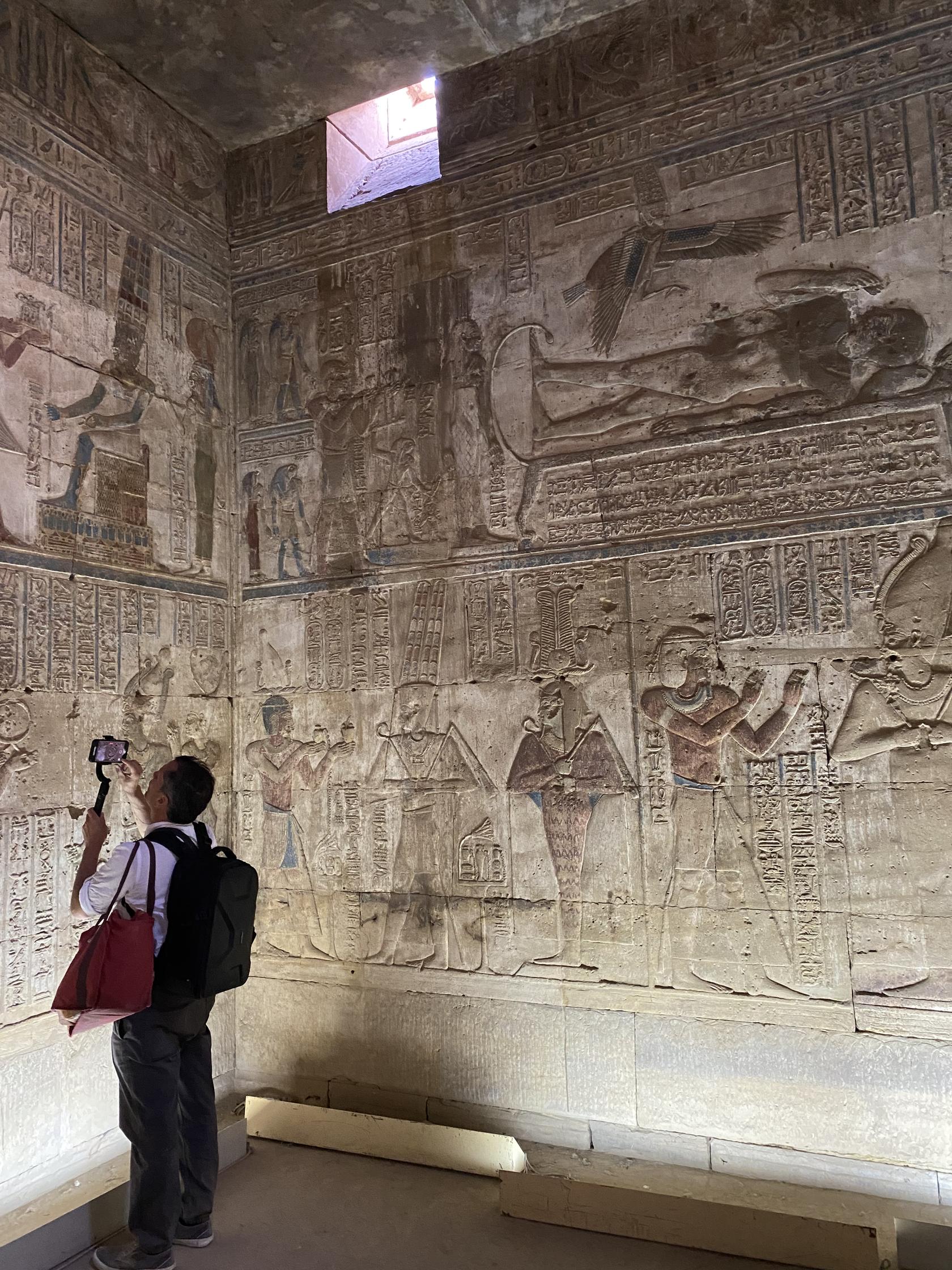
Above and center is a depiction of the resurrection of Osirus. He's depicted lying down on a stone-slab with, I think, the vulture goddess Nekhbet coming to him as a symbol of his awakening from the dead.
Not knowing what I was looking at, I was just snapping pictures. So, in this picture above you don't see Isis standing at his head -- she is the one who brings him back to life in the myth. But you can see her at his head in the next picture below (top left). Interestingly, in the myth, she is both his sister and his wife. And together, they give birth to Horus, the falcon-headed god.
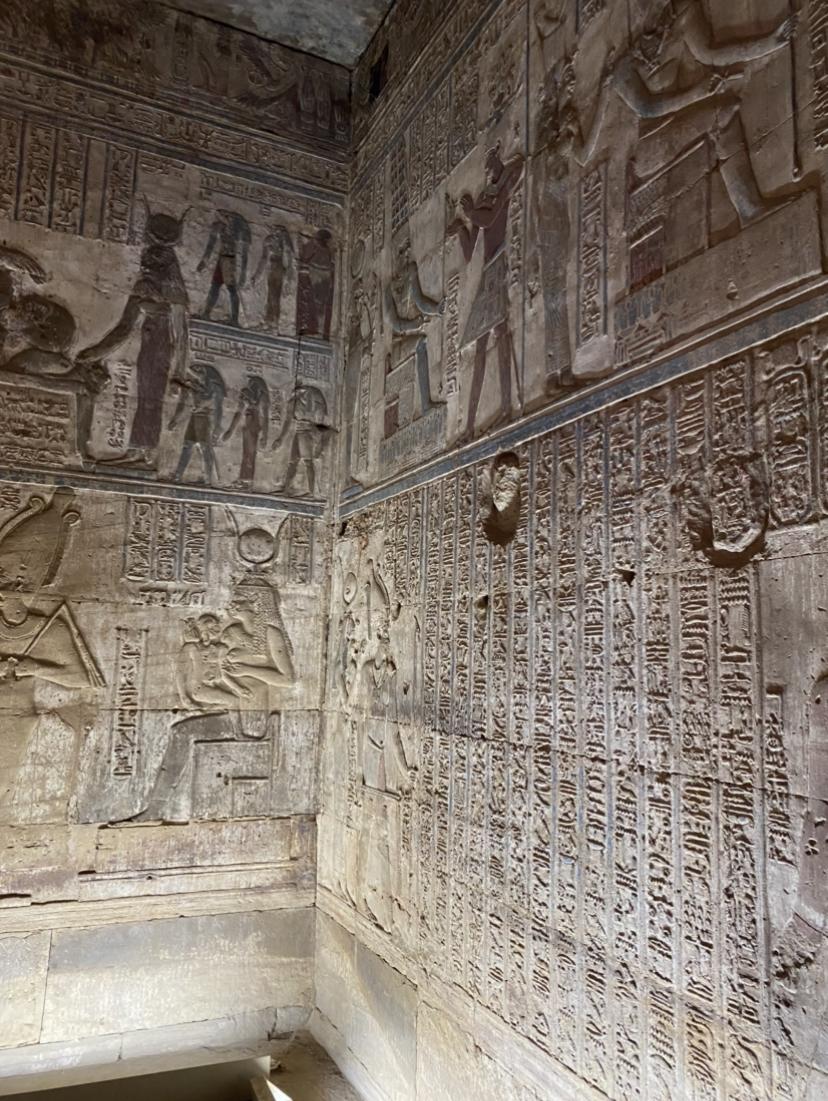
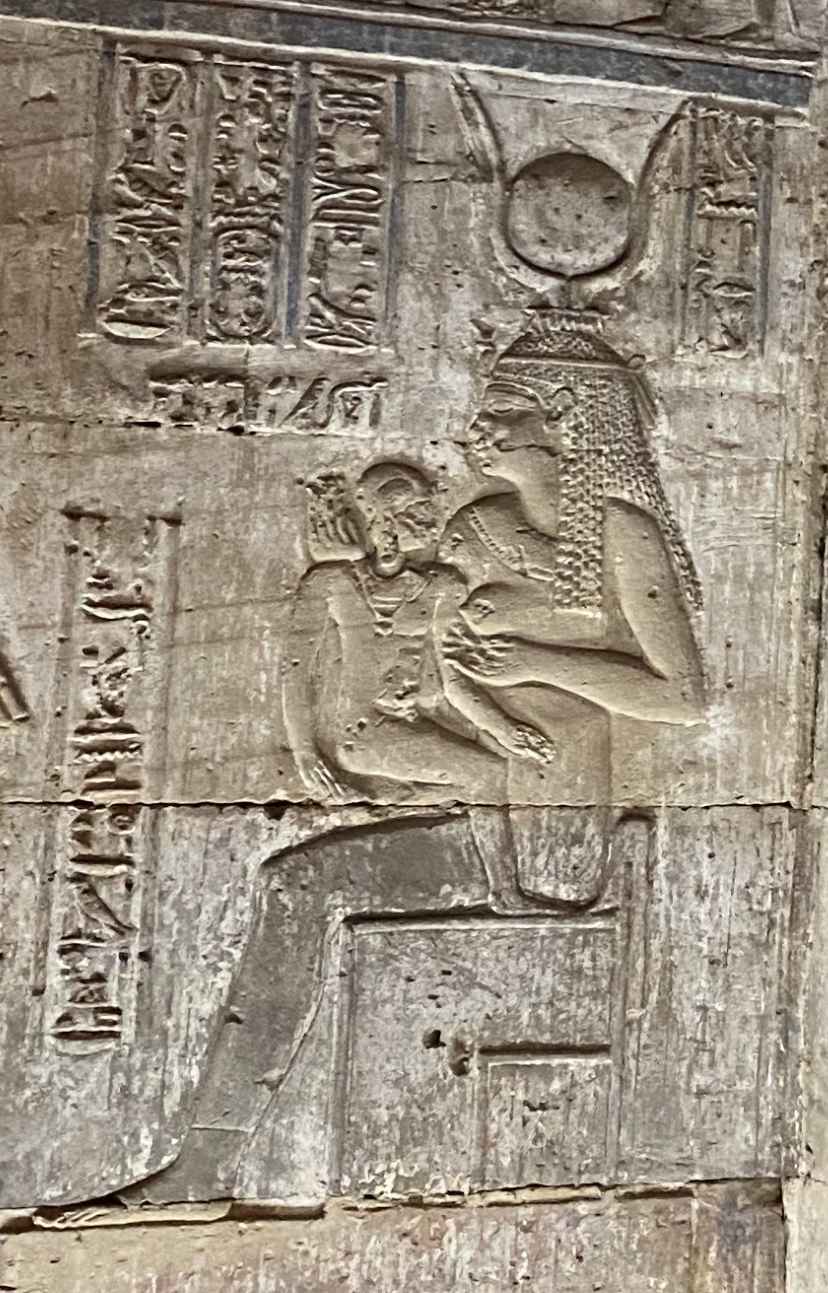
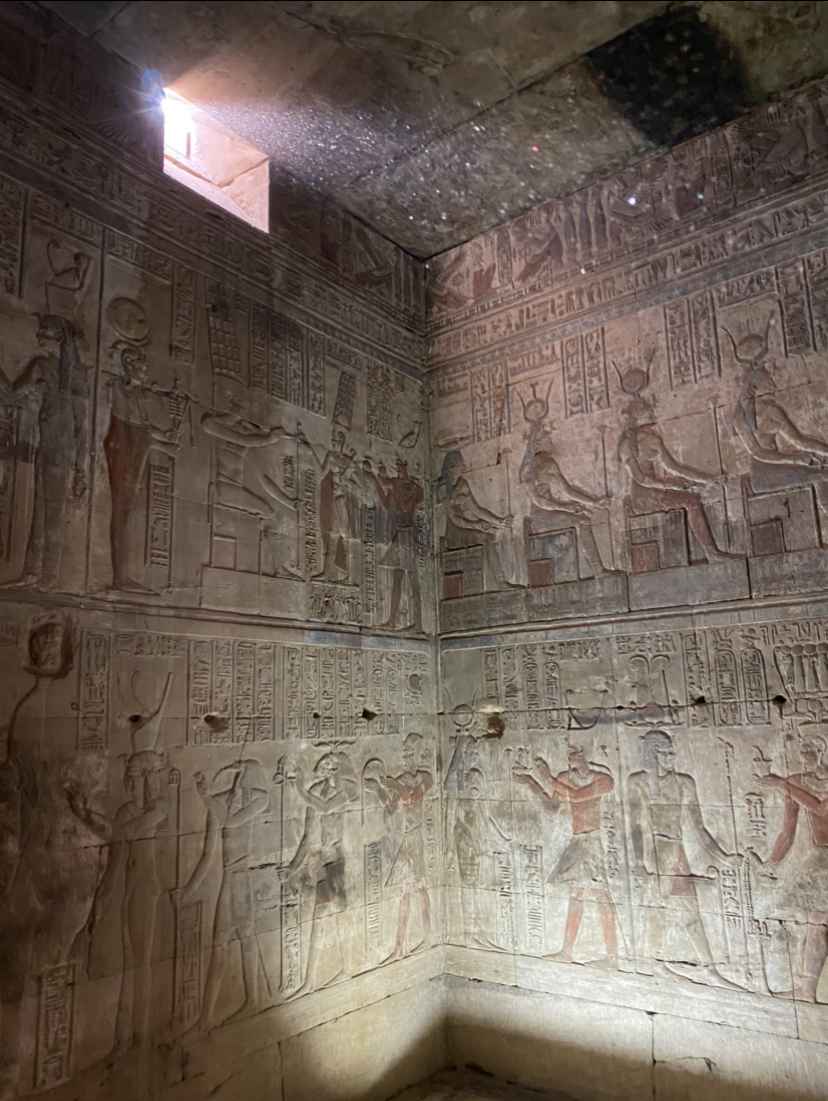
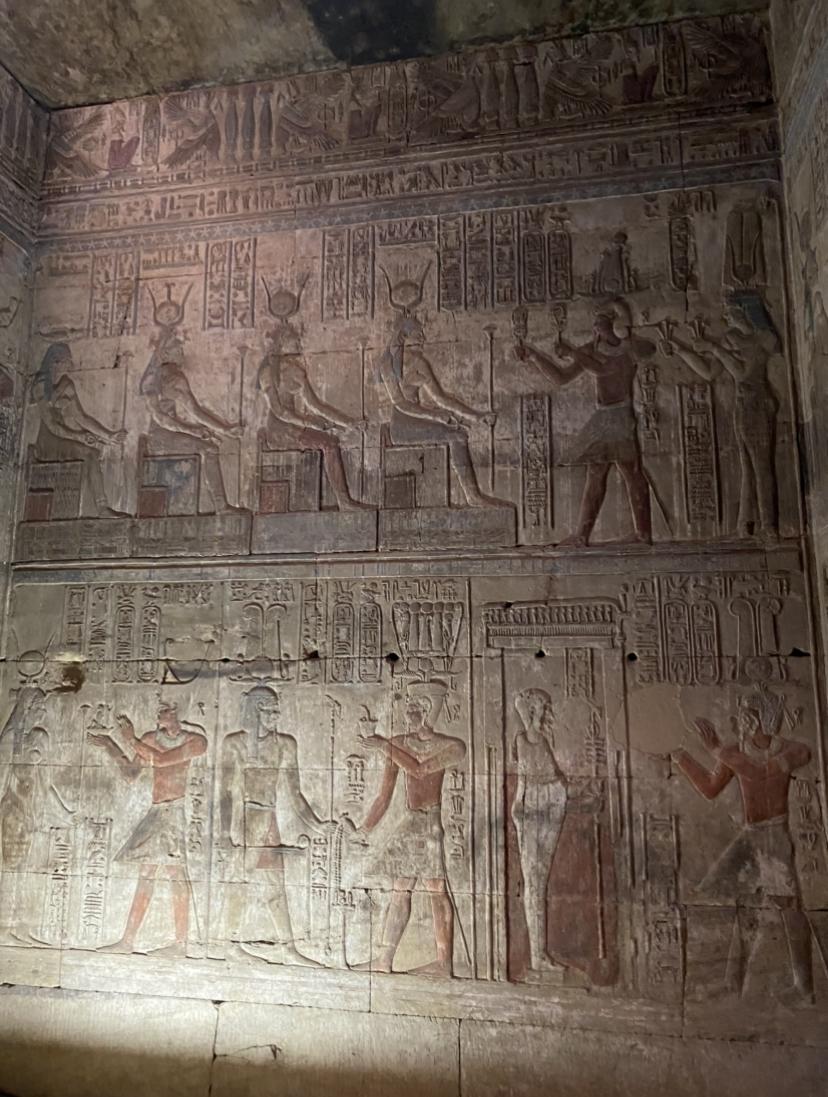
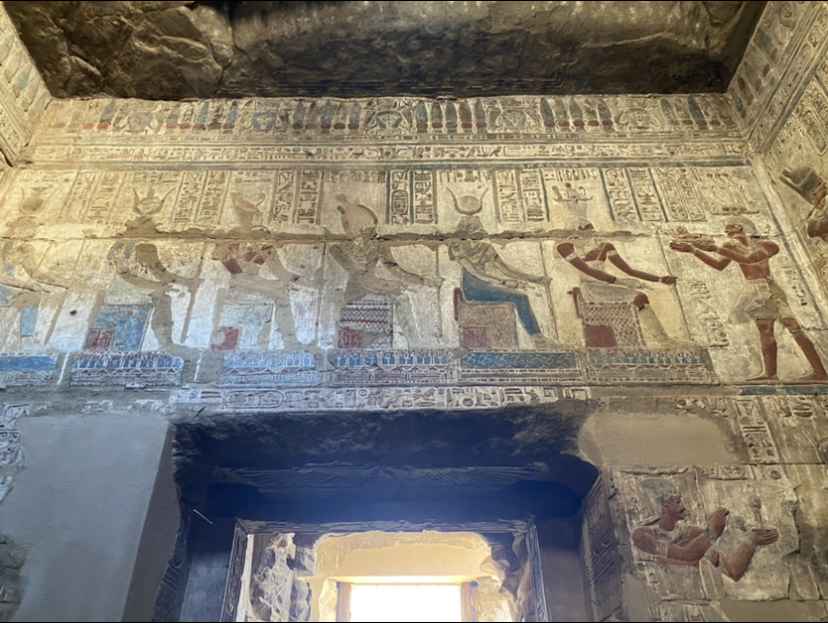
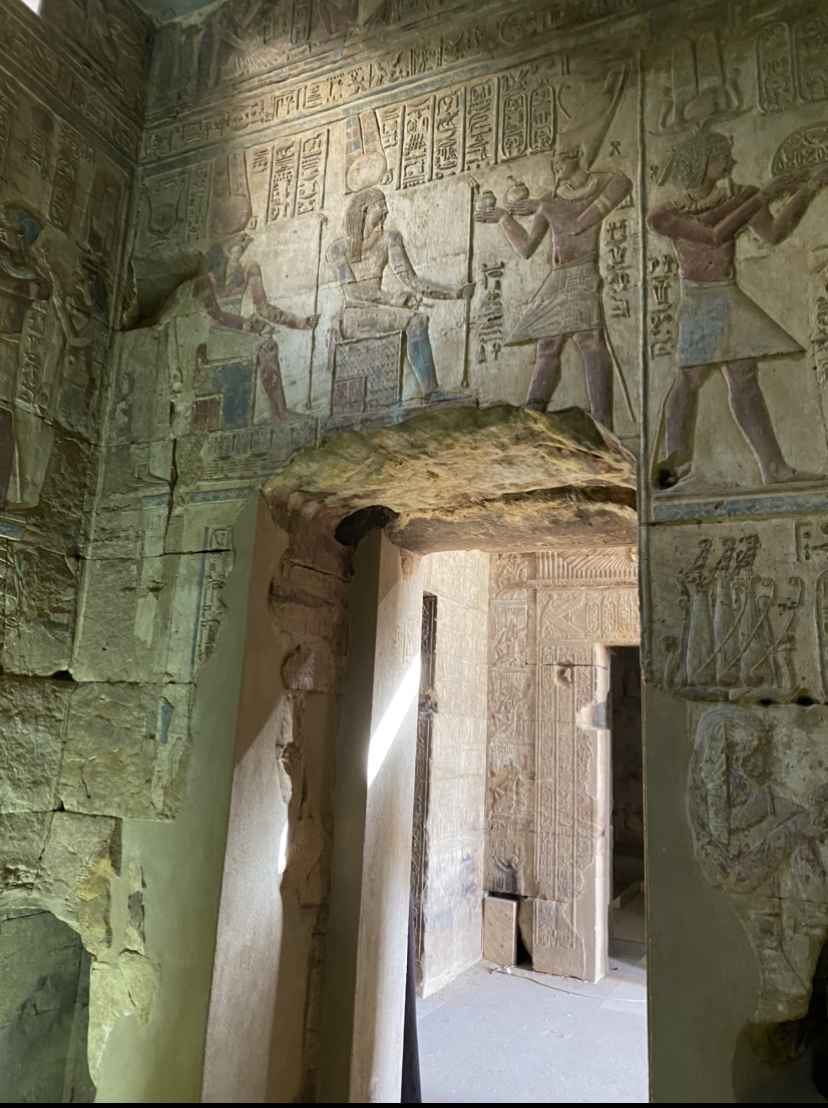
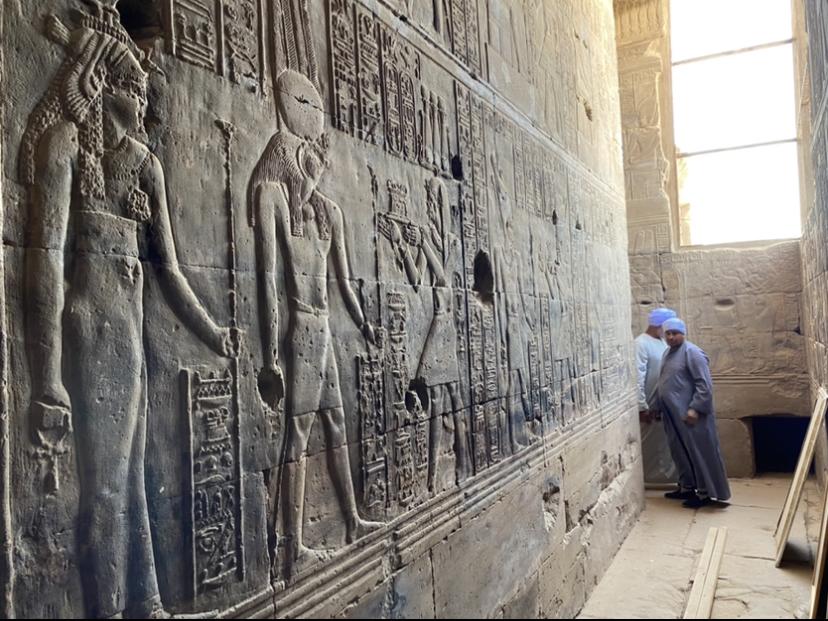
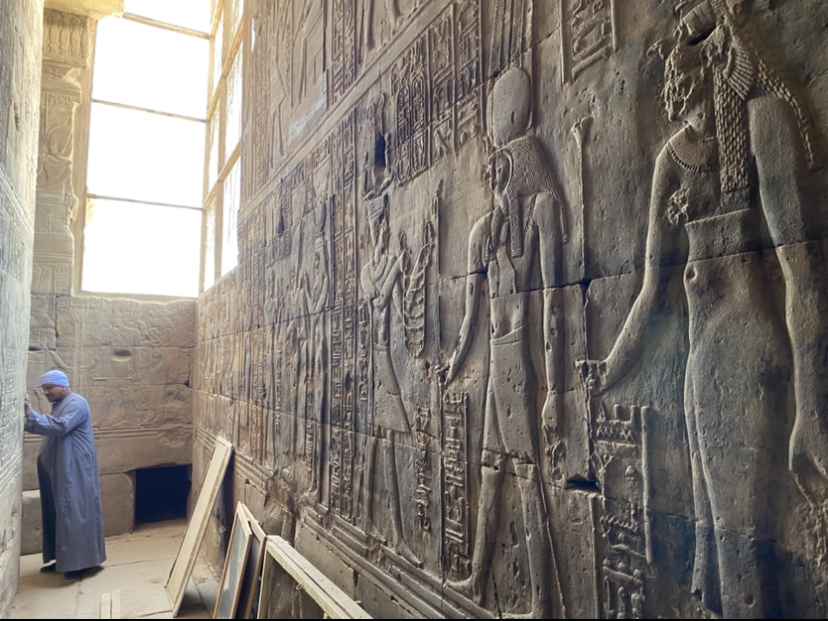
And here, too, impressive, beautiful stone-carved art work.
And as expected, when we turned to leave, these two men had their hands out for a tip. We handed them each 50 Egyptian pounds, which is a good tip. But they looked insulted, as if we had demeaned them with such a tip. As it happened, it was the very last of the cash we had and only when I turned out my pockets to reveal that I had no more cash, did they shake their heads with an Arabic hrumppph and walk away.
Now, we are entering the Temple of Khonsu, which was built in 1184 BC. Khonsu, in Egyptian mythology, is the Moon God who is the son of Amun and Mut. Amun-Ra is the Creator God and Mut is his consort, unless of course, Opet is his consort. I guess the story changes depending on who is telling it.
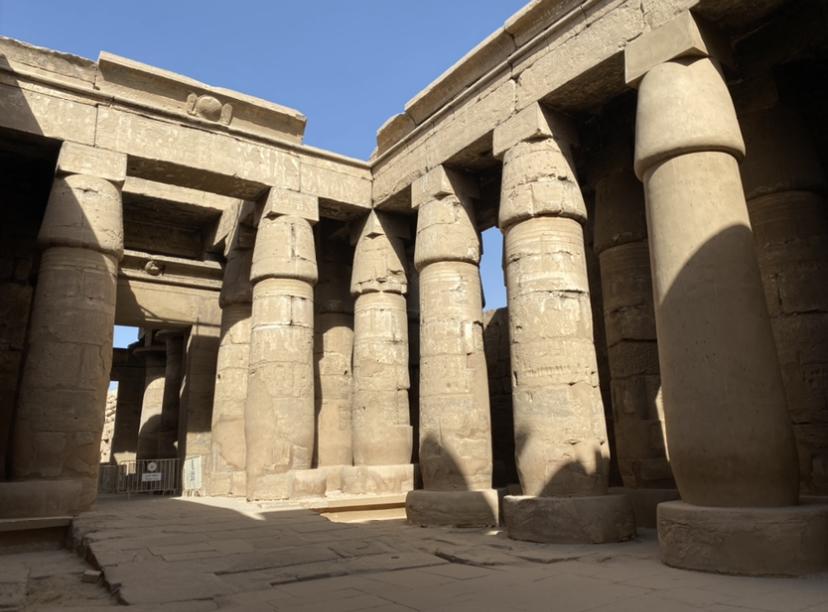
Here is the entrance hall and central portico of the Temple of Khonsu.
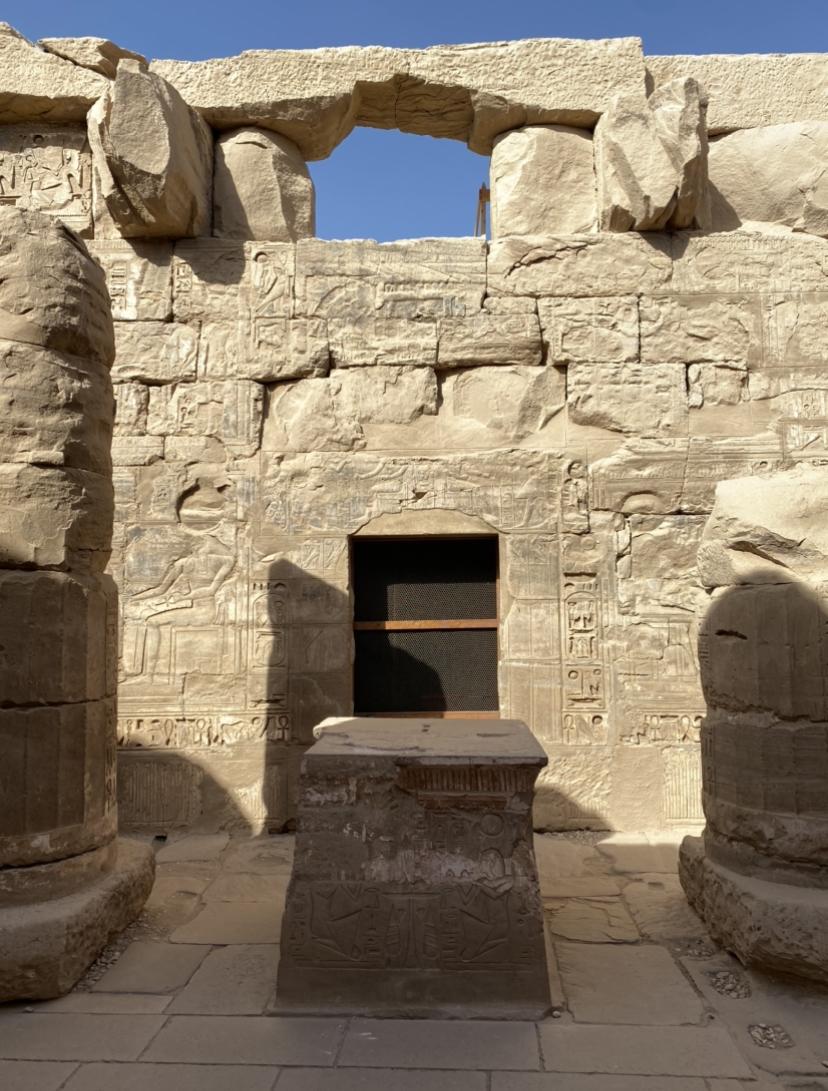
Walking up that makeshift ramp and past those simple security barricades lands you in this inner sanctuary courtyard. Here is the sacrificial altar. The far door to that chamber was locked.
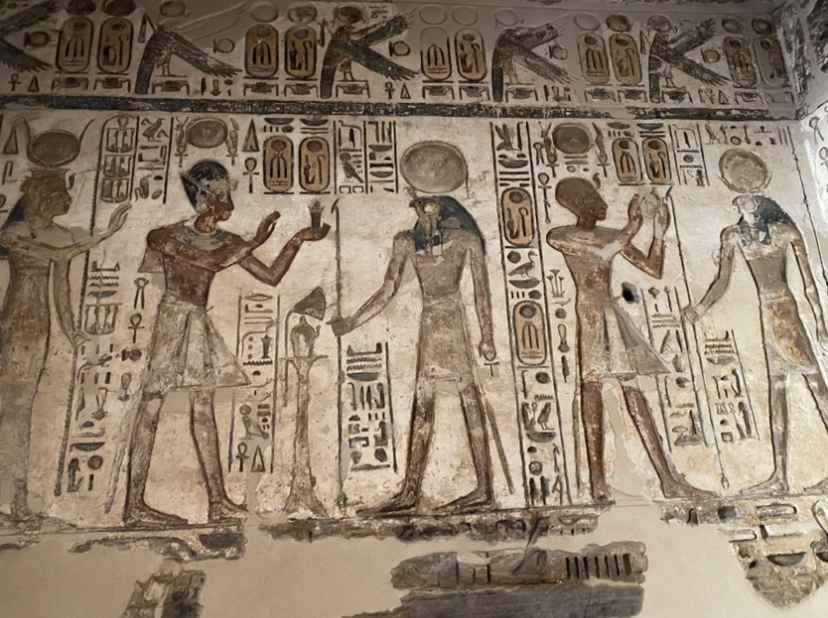
Left of the altar, however, another a side-chamber was open. Inside is this beautiful fresco. Khonsu is, I think, the central figure depicted in the scene, the one who looks like Horus / Thoth with the Moon on his head.
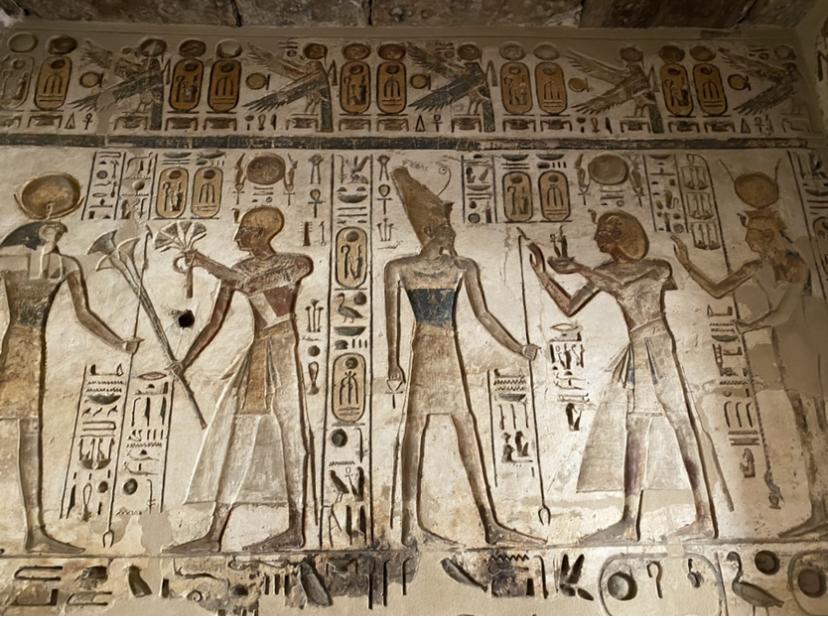
The image on the opposite wall.
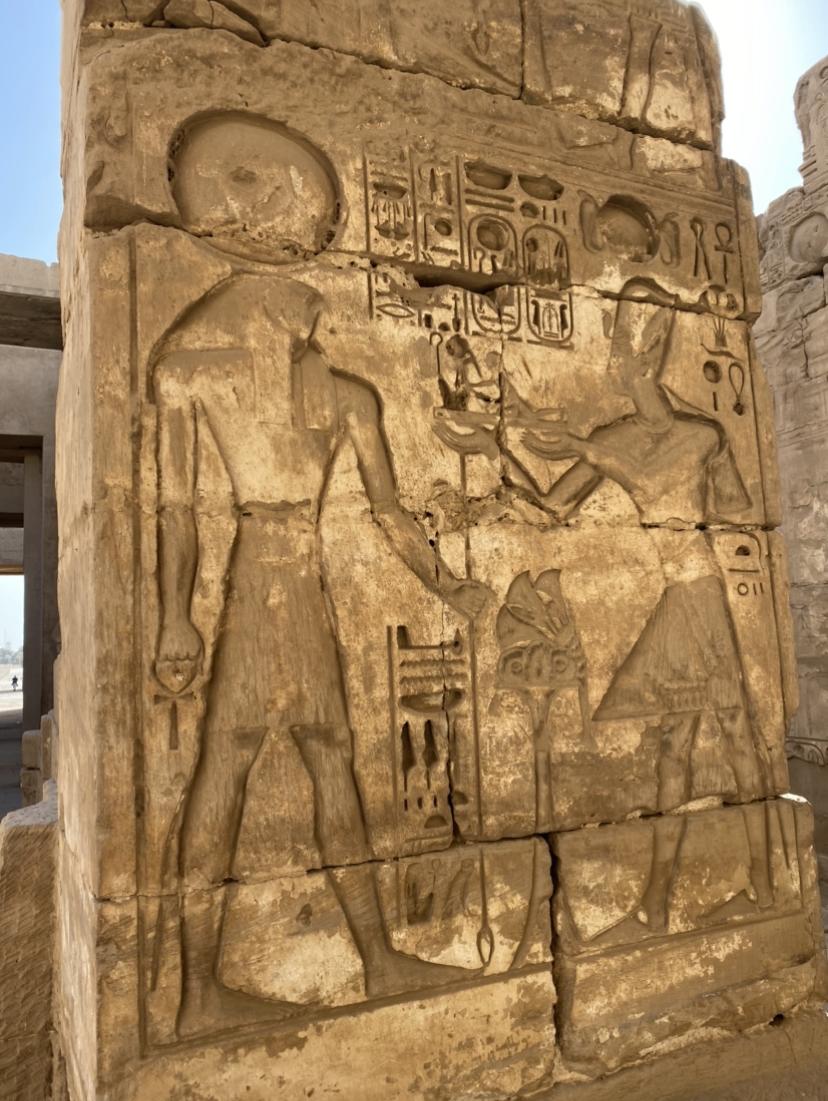
Looking back from the inner sanctuary courtyard toward the portico entrance hall, you see this amazing stone carving.
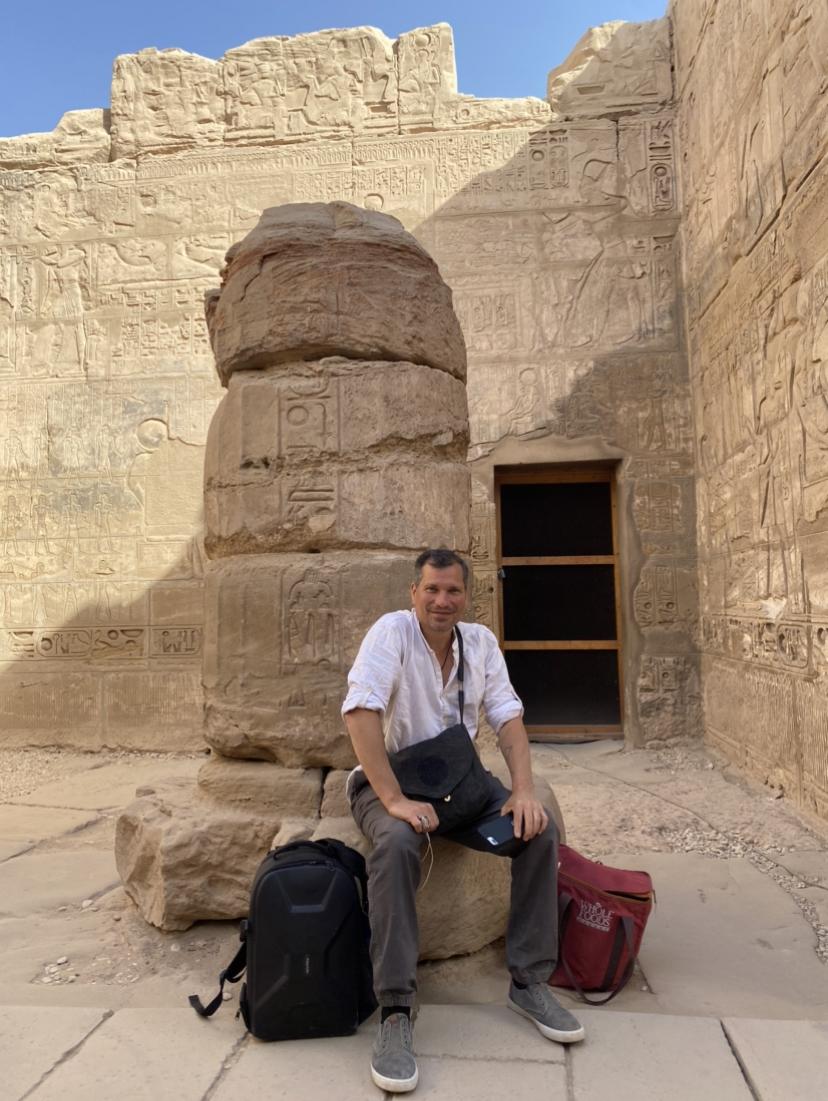
The weary film-maker sitting on a pylon in the inner sanctuary courtyard of the Temple of Khonsu. Behind Ike on the right-side of the courtyard is another side-chamber, but it's locked and under repair.
Satisfied with our day's final temple adventure, we began to make our way back to the main entrance of the Temple of Karnak on the West Side, next to the Nile. Along the way, I snapped these shots.
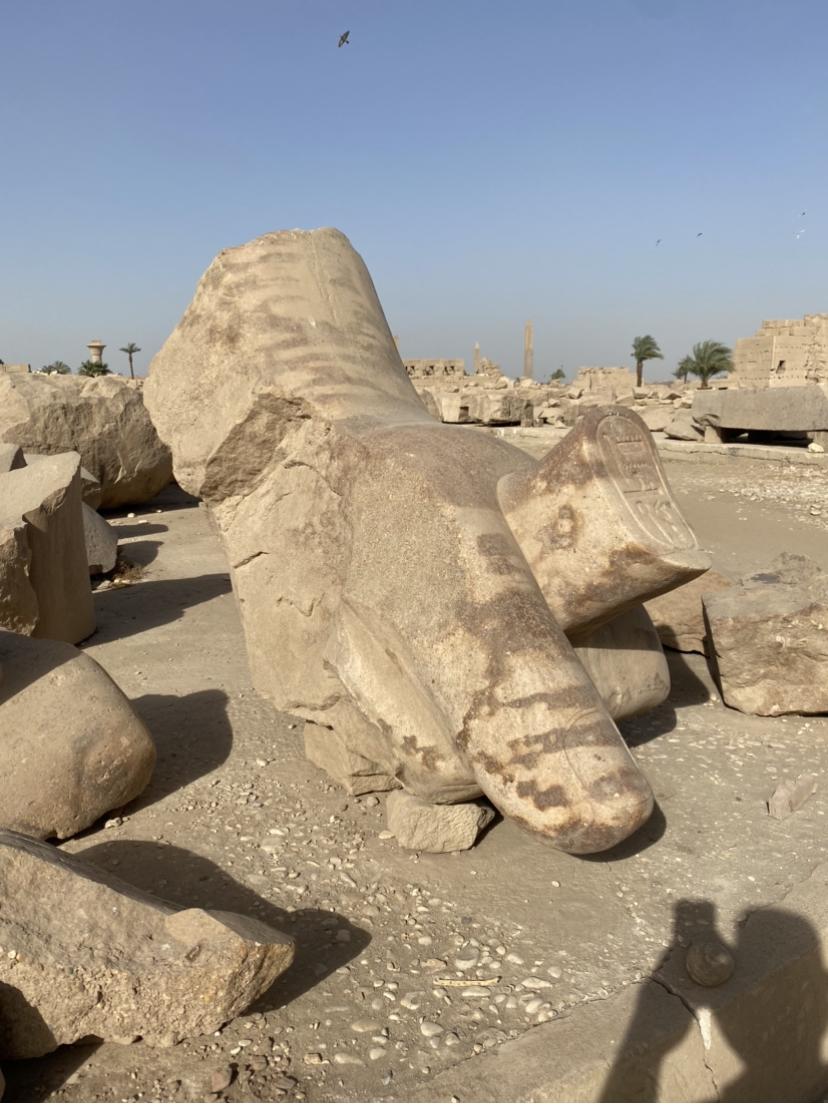 Among the stone pieces lying on the ground waiting to be repuzzled back together is a giant hand holding a scroll. You can see how large it is by the contrast of my shadow on the ground.
Among the stone pieces lying on the ground waiting to be repuzzled back together is a giant hand holding a scroll. You can see how large it is by the contrast of my shadow on the ground.
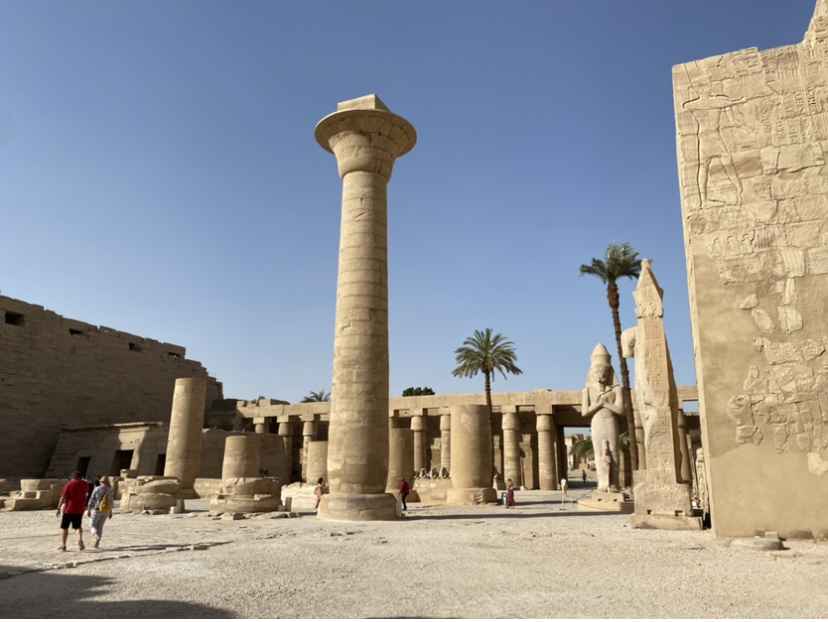
Having now done a complete loop of the whole complex, we are back in the first inner courtyard, where we first entered the Karnak Temple complex. The people walking in front of me are headed to exit, same as us. If you walk to the standing statue, seen below in detail, and turn right, you enter into the Great Hypostyle Hall.
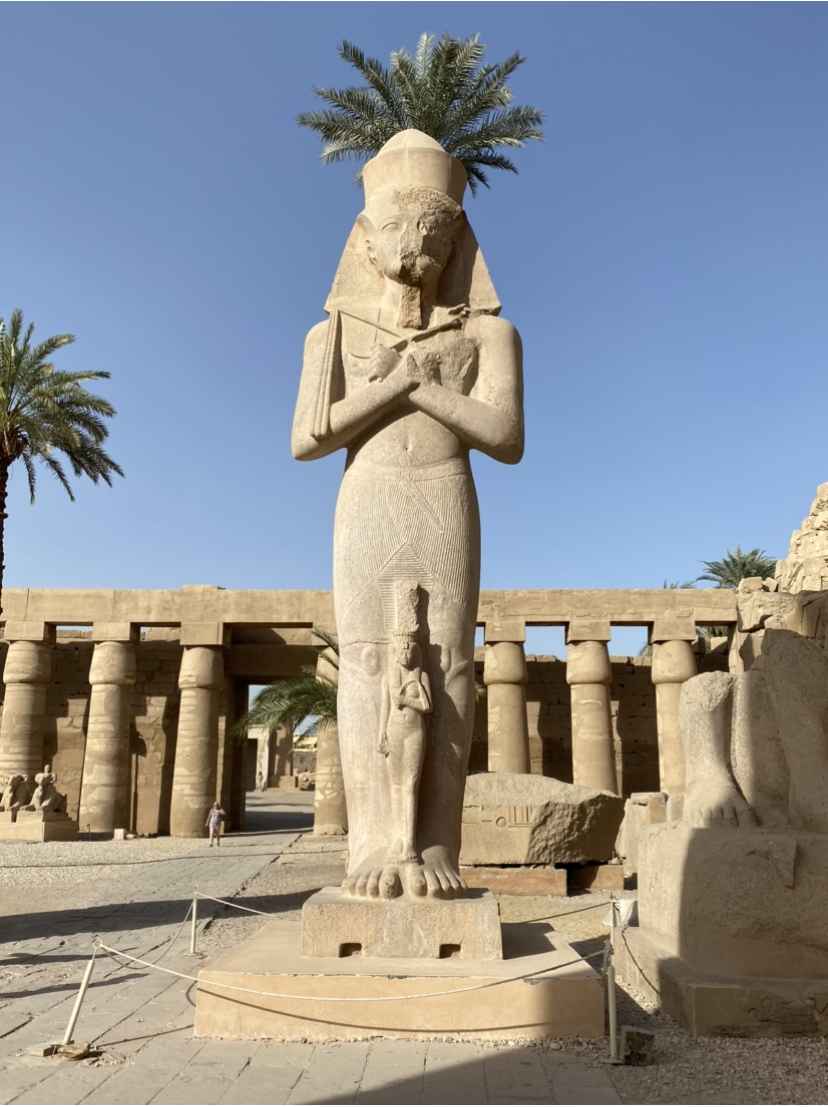
I call this one "Statue of Men's Hair Club."
I mean. Look at the miracle regrowth after thousands of years.
And finally, at about 4:30 pm, we left the Temples of Karnak and got some quick dinner just outside the main entrance. Luckily the restaurant accepted credit cards because we had both burned all our cash on biqashish for the many and various temple guards.
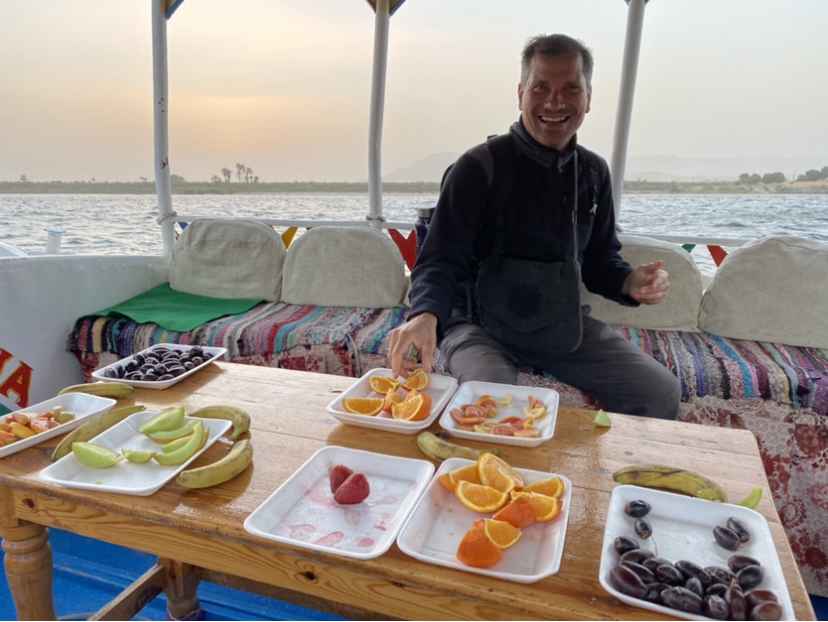
Riding back across the river at sunset. Asheraf, our boat captain who transported us in the morning and who we've gotten to know, had a leftover spread for us -- leftover from a sunset cruise he had previously given for tourists.
Here is Ike enjoying the fresh fruit.
It's safe in Egypt to eat fresh vegetables and fresh fruit. In fact, in our kitchen sink, when I run the water, there is a distinct smell of chlorine. So, it smells like they are chlorinating their water here to kill microbes. I still drink bottled water, if for no other reason than I don't want to consume chlorinated water.
As a Card note, today, March 10th was a King of Diamonds / 4 of Spades day. And it was certainly a physically demanding day of pushing through to complete the task of seeing the entire place.
El fin of a big day.
Day 9
March 11th. A day of rest, self-care, doing laundry, and an upscale dinner. Hmm. Does this sound like a Queen of Diamonds day to you?
Perhaps from all the dust and sweat of yesterday, I developed a sinus infection and a stye in my left eye. The stye was swollen, red, and very uncomfortable. Luckily, I had planned ahead and brought with me essential oils as well as my neti pot. So, I commenced usage of my healing tools.
Here is where I ate lunch today, La Plage, with outdoor seating overlooking the Nile, just a short, dusty stroll down from our Mediterranean-like villa.
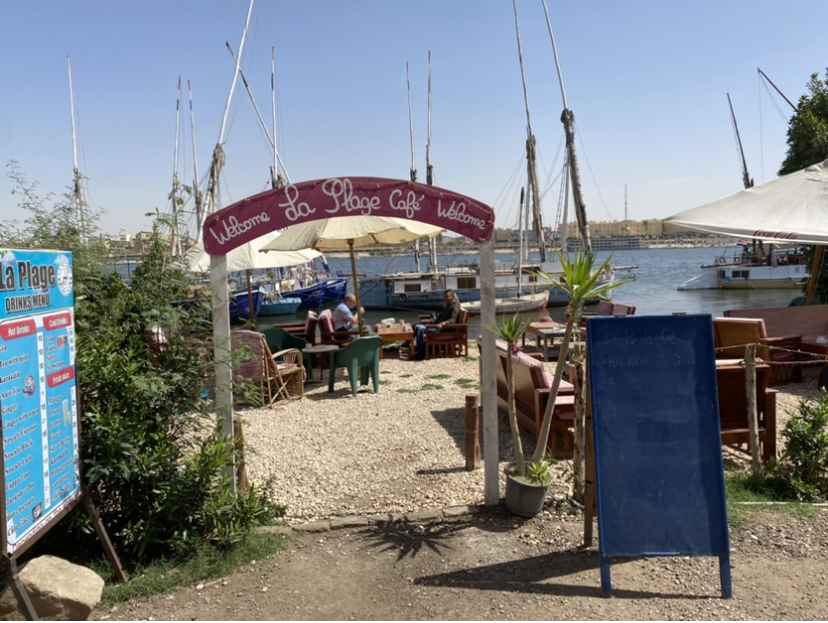
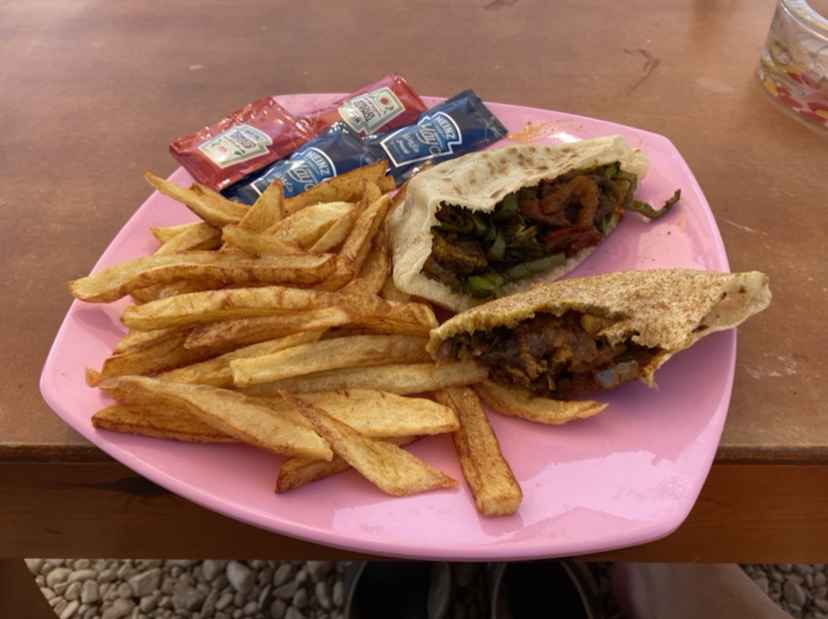
Veggie-pita with french fries.
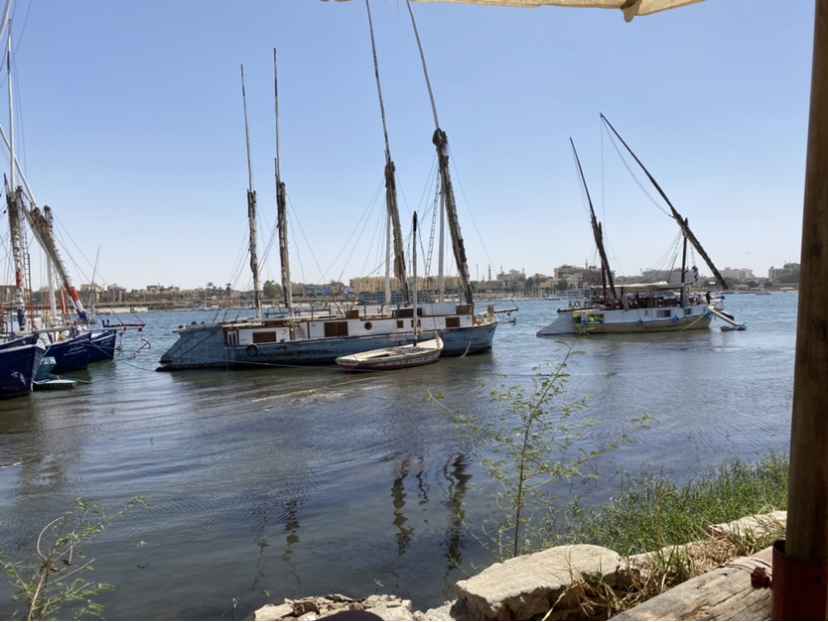
View of the Nile from my chair.
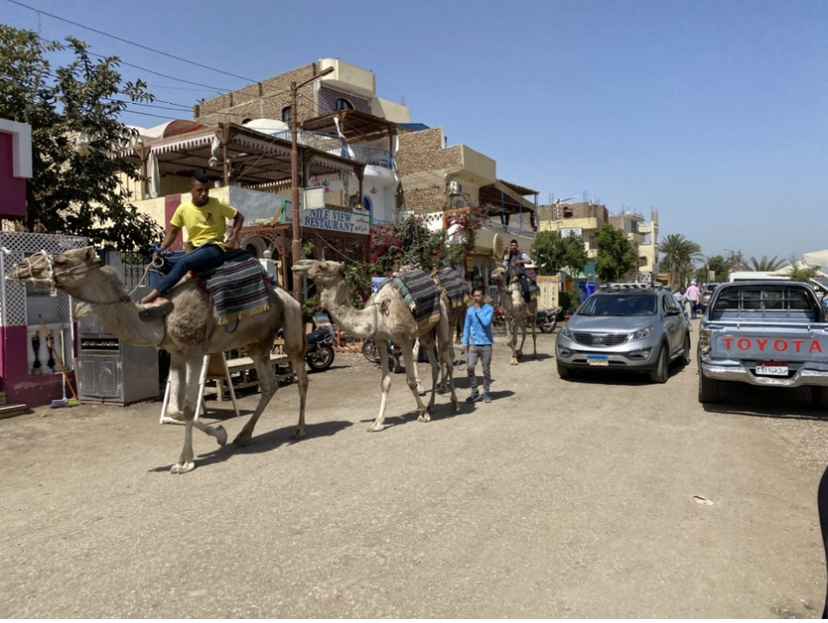
View of our main drag while standing at the arch-way entrance to La Plage. This road runs alongside the Nile. Further along in this direction is the town center on this side of the Nile. We are on the West Bank. The urban side of Luxor is the East Bank. Here on the West Side, it's more of a village-like atmosphere.
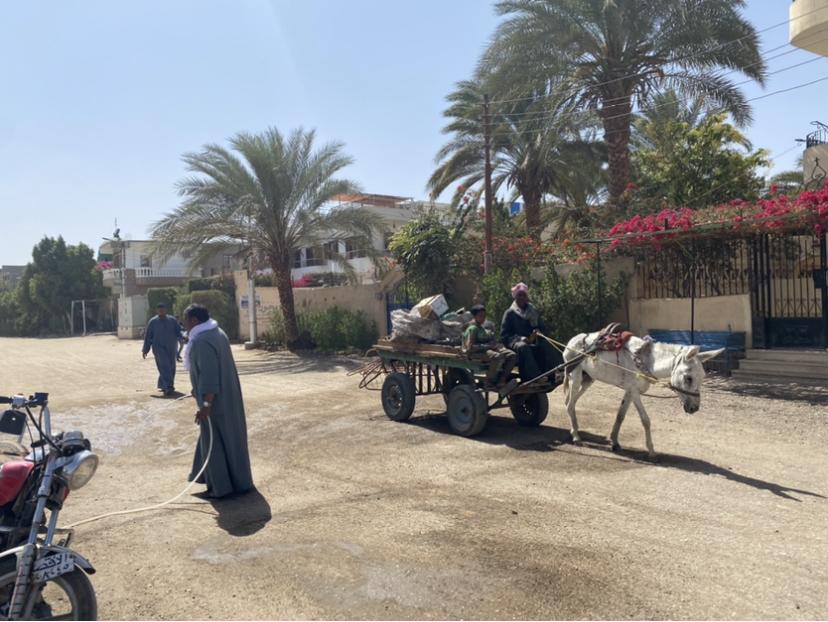
From the same vantage point, here is the view of the road in the other direction. About one hundred yards along this road and to the right is the dirt road that leads past a braying donkey and grazing cow to our place of residence.
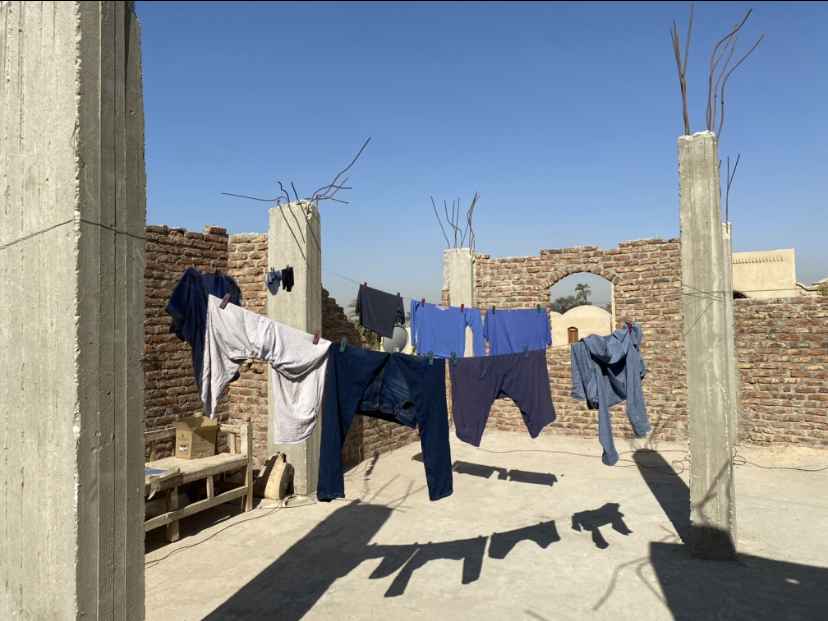
Hanging my laundry up on the unfinished second level of our villa. I can't remember the last time I used clothes pins on a clothes line to dry my laundry. And here, everything dries fast!
This sight of an unfinished second level of a building is common in Egypt. There are many unfinished buildings where only the ground floor is used.
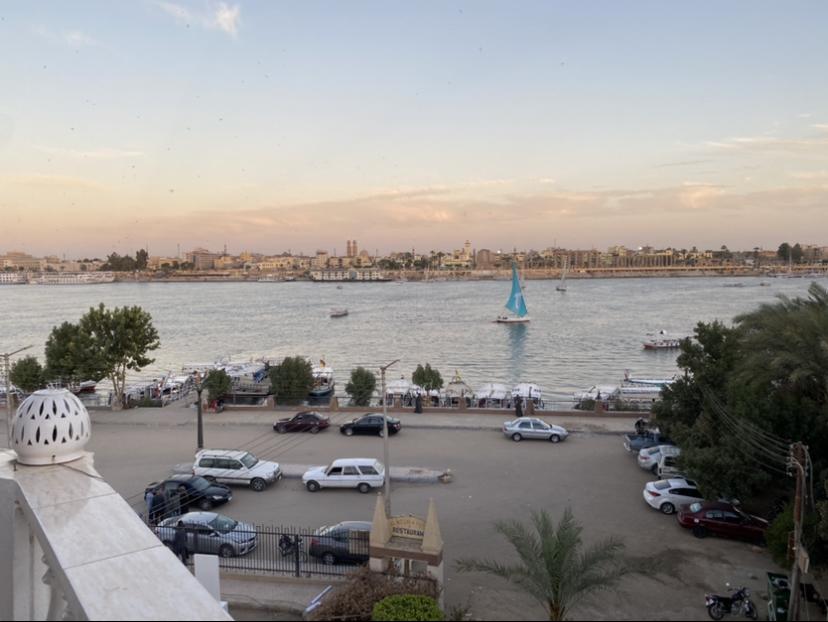
I decided to treat myself to a slightly more upscale dinner. So I walked a little further down to the town center -- notice that the road is now paved -- and went to a hotel rooftop restaurant. Here is the view. Behind the sailboat, if you can make it out, is the Temple of Luxor on the East bank. Notice that there is no bridge in sight. The only bridge is 10 miles to the South. The way across the Nile from here is by boat taxi, and you can see a couple of them in this picture as well.
Day 10
Today, March 12, is a Jack of Diamonds day. I focused on collecting my pictures and writing my first travelogue edition. It proved to be quite challenging with the slow and finicky internet to upload my pictures. In fact, I found that I had to be selective because it took too long to upload them all. So I picked the best ones to share with you. :-)
It was Saturday today, and with the time difference of seven hours, it was a good day to call home: 5:21 PM Egyptian time was, before the Spring ahead, 10:21 AM in New York City.
I remain amazed that what I once watched on the Jetsons as a little boy is now a reality. Here we are in a screenshot of my facetime call with Viki and Naturale.
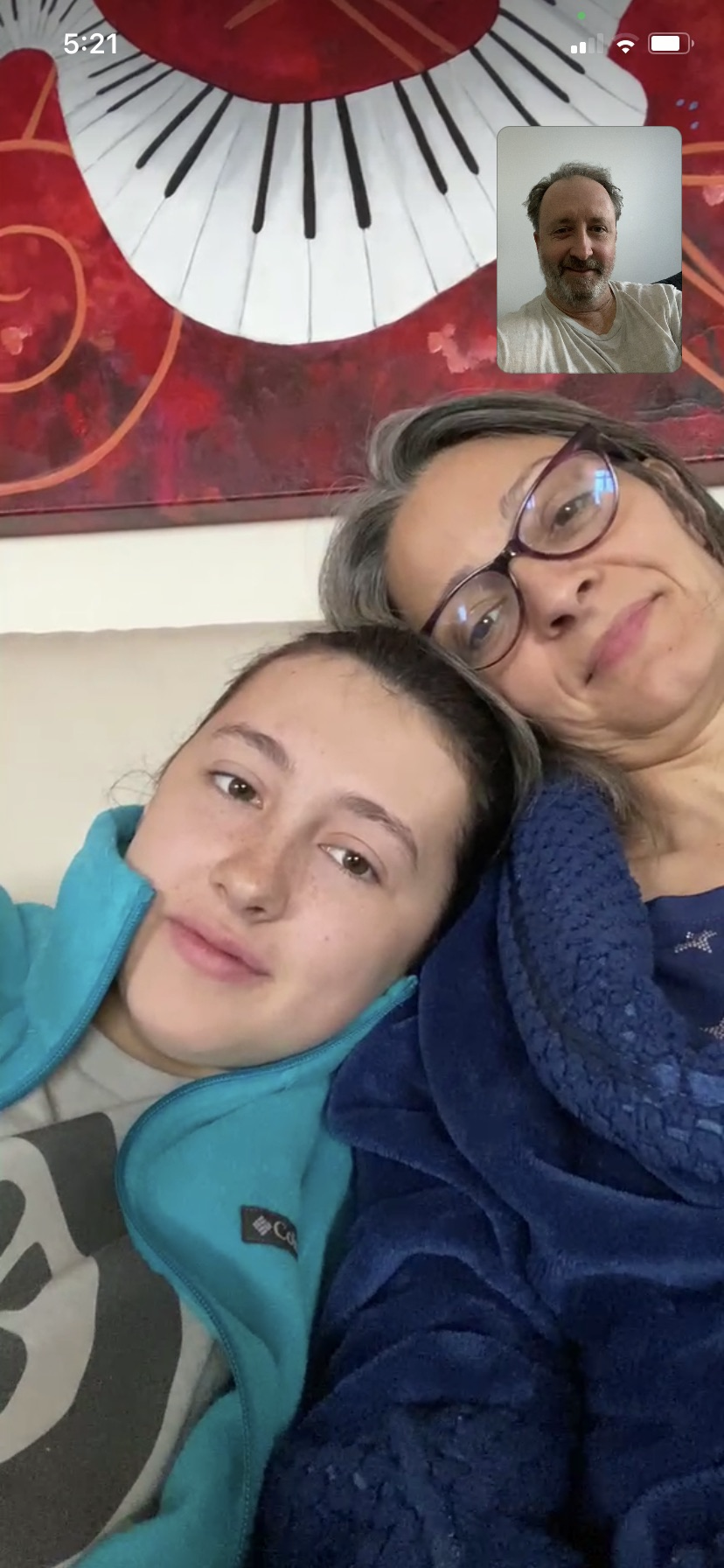
Still working on photo-uploads and copywriting and not wanting to venture out, our landlord offered to send me "take-out" dinner directly to our place. Here is what arrived for me, literally on a silver platter, for 100 Egyptian pounds (about $7): Pita bread, orzo soup, veggie curry, meat tagine (beef stew), Egyptian salad of cucumbers, tomatoes, onions and spices, tahini, and french fries (I didn't ask for the fries, but I guess he figured that I must want them since I'm American).
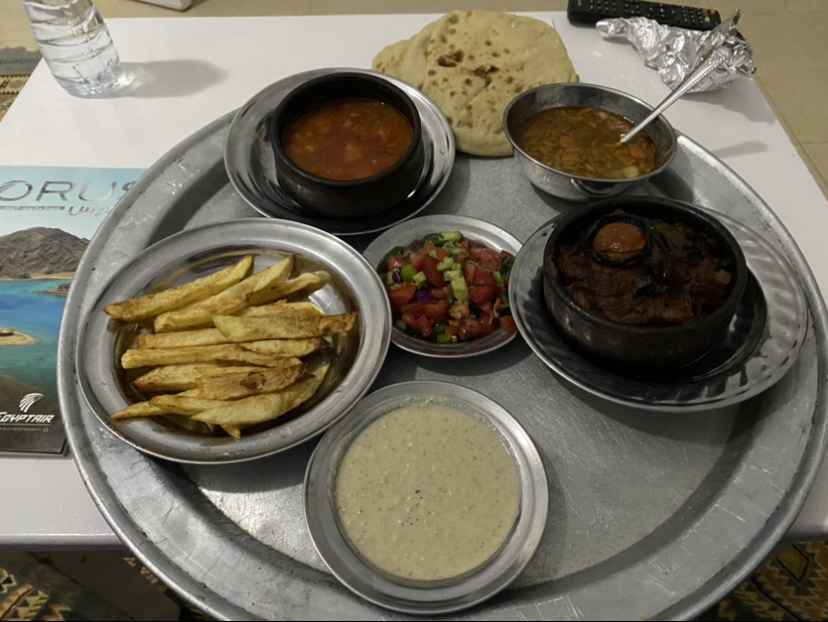
Day 11
Another early start because we wanted to see the Valley of the Queens today.
Here is the view from the car window as we drove out to the Valley of the Queens...
Our landlord Mohammed (the ubiquitous male name here) served as our driver today. He also owns a car service business. But today he drove us personally, for a fee, of course.
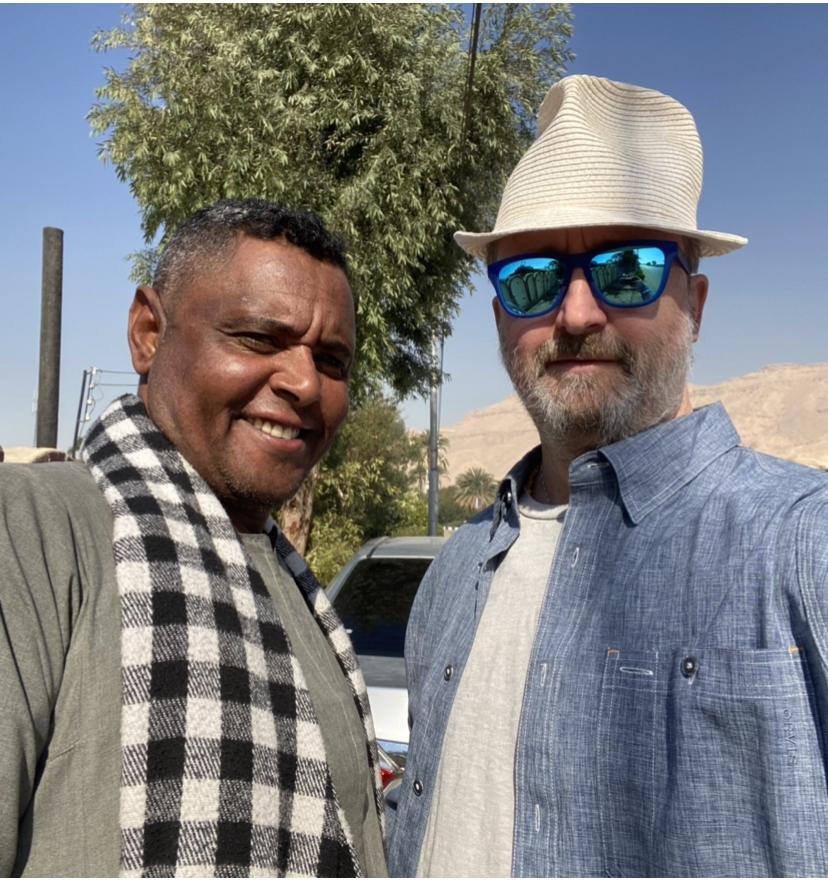
Here he is, Mohammed, our landlord, driver, tour-guide, and man who knows how to get things.
He is one of 10 brothers. He had no formal education whatsoever. He taught himself English from interacting with tourists since he was a boy. He started off giving camel tours. From the tip money he earned, he saved up and bought his own camel. He kept giving camel tours and saved up until he bought several camels. Then, he bought motorcycles and started renting out motorcycles to tourists. From there, he bought property and started renting properties to tourists. He also now sells properties, and he has other investment ventures planned as well.
Besides the fact that he is clearly trying to shave off some money from us whenever possible, he has proven to be a trusty and helpful guide. And Ike and I have grown to like him. We even sat out later on this very night in the beautiful villa courtyard he designed, next to the swimming pool his teenage son comes and dutifully cleans every day, under the evening stars, and drank a couple beers together, the three of us, like buddies -- beers which he bought for us (and significantly upcharged us for) from a back-alley, black-market location since the actual sale of alcohol, except in hotels and restaurants, is strictly forbidden.
When asked, he will tell you that he loves money. In the next breath, he will tell you that he takes care of his whole family because he is the only one of his brothers who has been successful. And while I'm sure it's true, these kinds of stories that pull at the tourists' heartstrings are the common currency of the tourist hustlers in these parts. Nonetheless, when I found out his cards to play, his heartfelt power became clear to me: he is born to play the Jack of Hearts / King of Hearts.
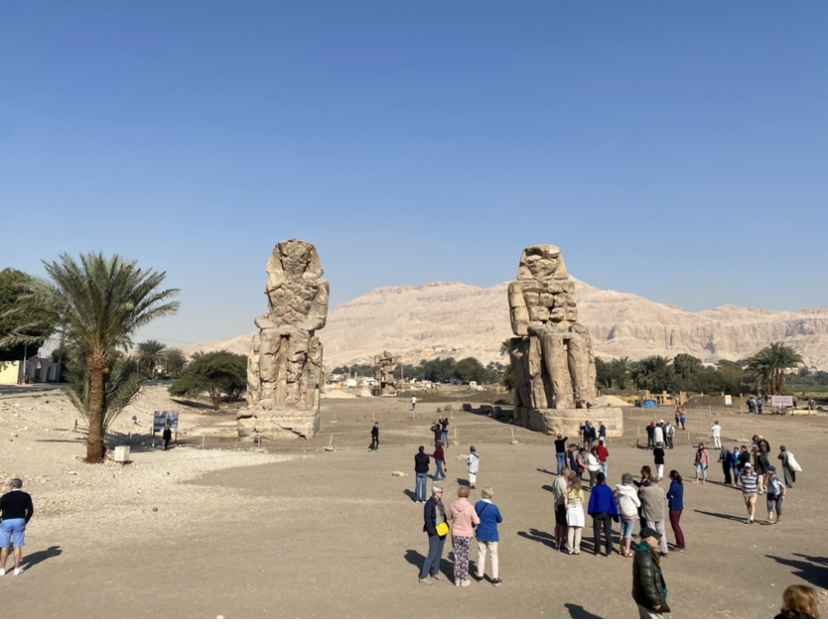
On the road to the Valley of the Queens, we passed and stopped to see the famous Colossi of Memnon. Here you can see a recently arrived busload of tourists gathering in front.
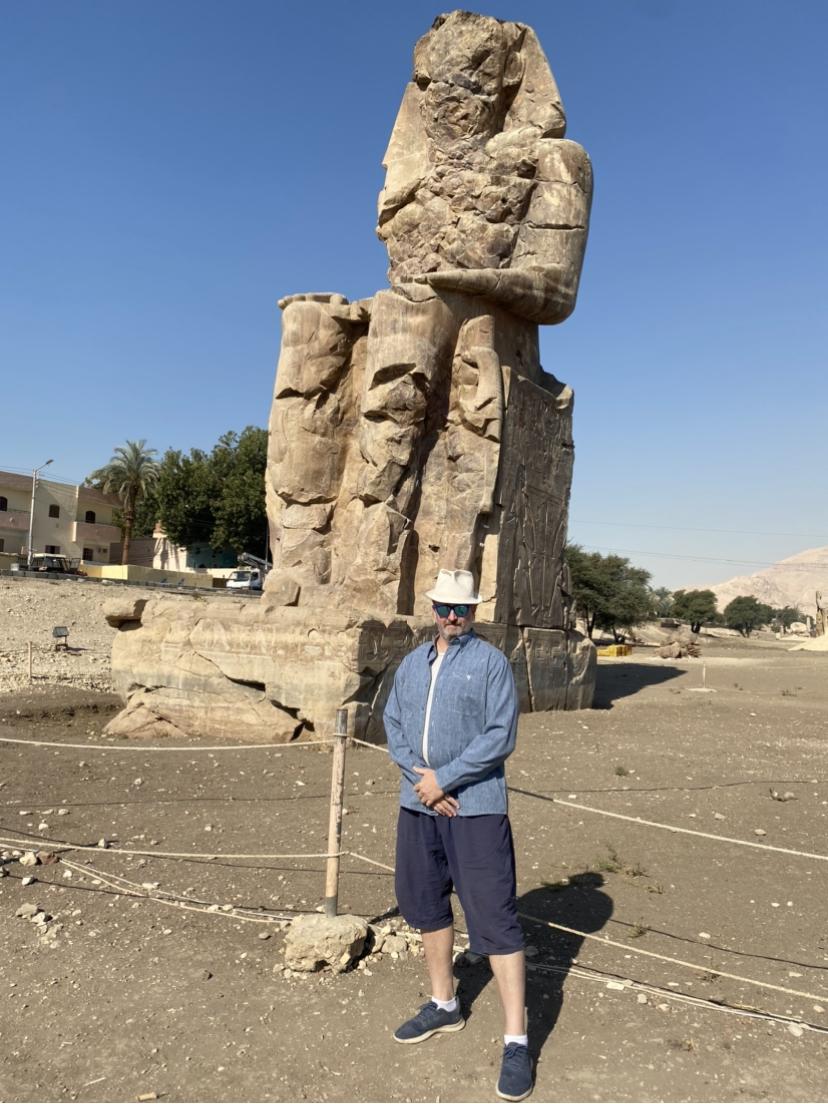
Here I am standing in front of one of the statues. You can see how broken and weather-beaten they are. I frankly don't understand why these statues are so famous. I was pretty excited to see them, I must say. But compared to what else I've seen here, these are puny little non-interesting stone outgrowths.
Ok, maybe it's worth noting that they have been standing since 1350 BC and were well-known in the Greek and Roman civilizations.
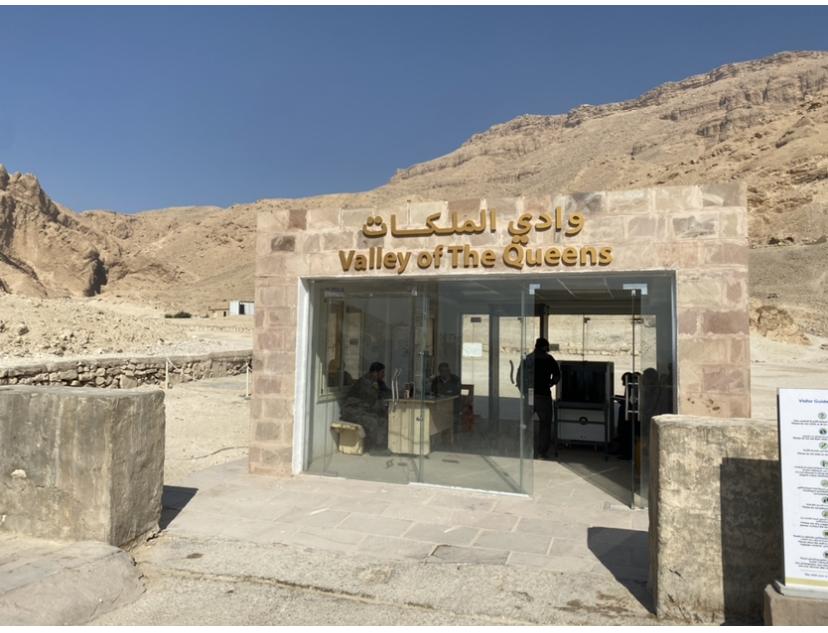
Arrived at the Valley of the Queens, where we pass through -- as at all the main tourist temples -- the metal detector, x-ray machine, and police guard. I'm not quite sure what they're looking for, but maybe terrorists want to bomb out these archeological treasures? I don't know. It could have something to do with the fact that these locations are all UNESCO world heritage sites.
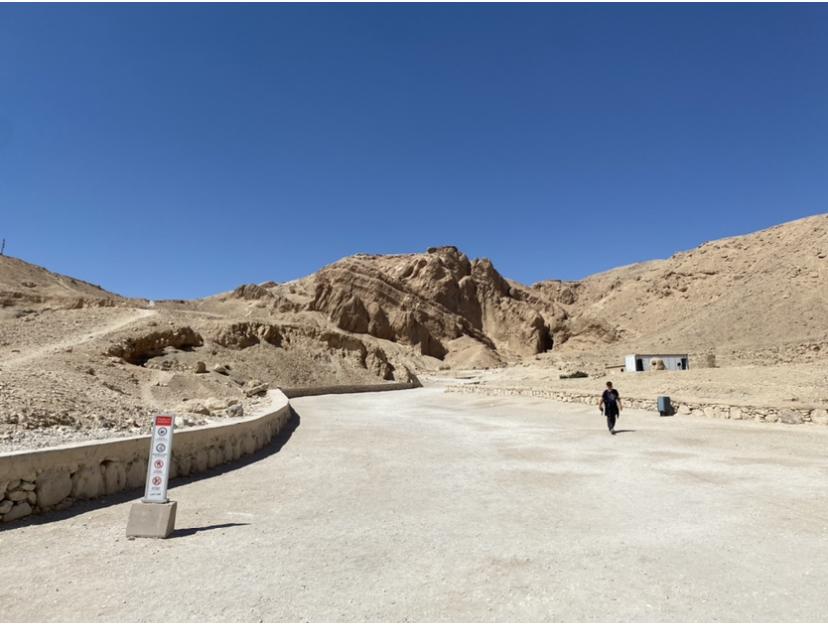
And there it is. The Valley of the Queens! Isn't it thrilling? Look how beautiful! A totally nondescript desert ridge of stone and rubble.
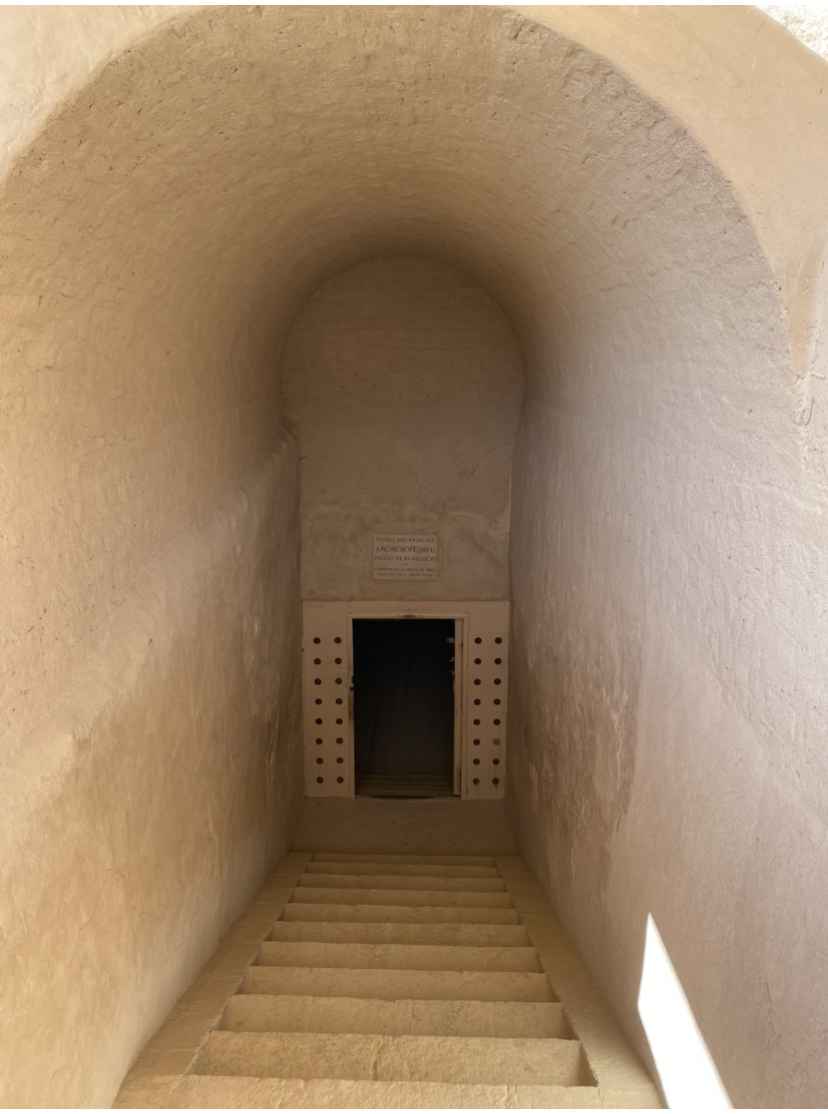
And then you walk down stairs into the tombs where wives of the pharaohs were buried. Also sons of the pharaohs.
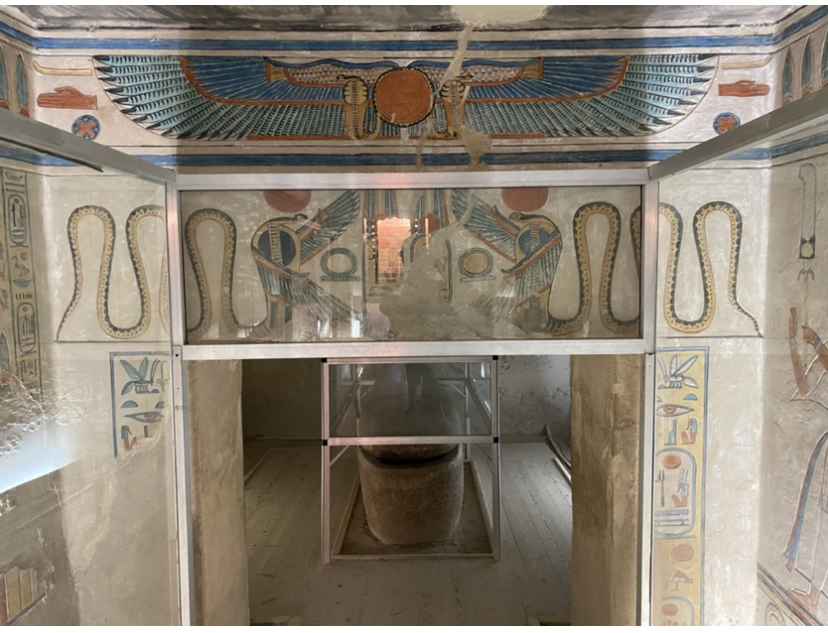
The beautiful artwork is preserved behind glass-casing.
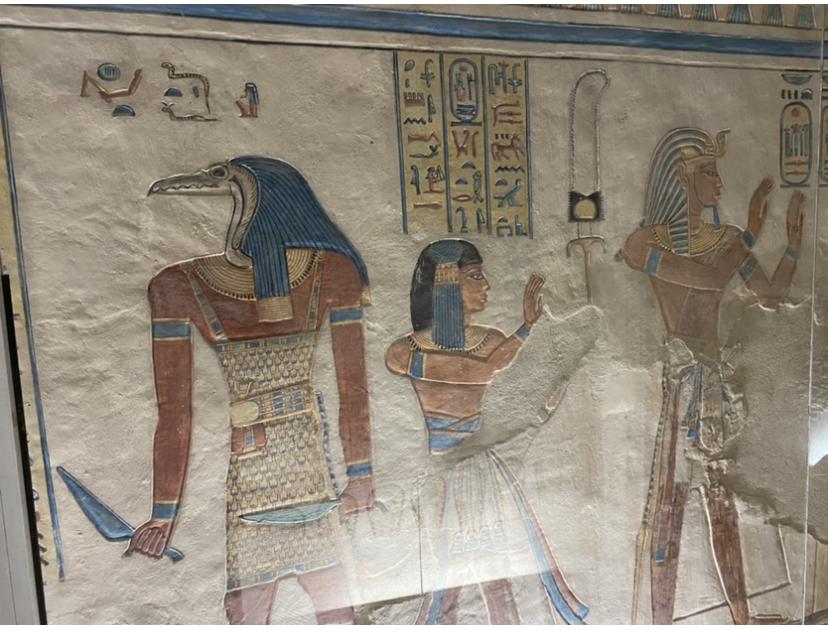
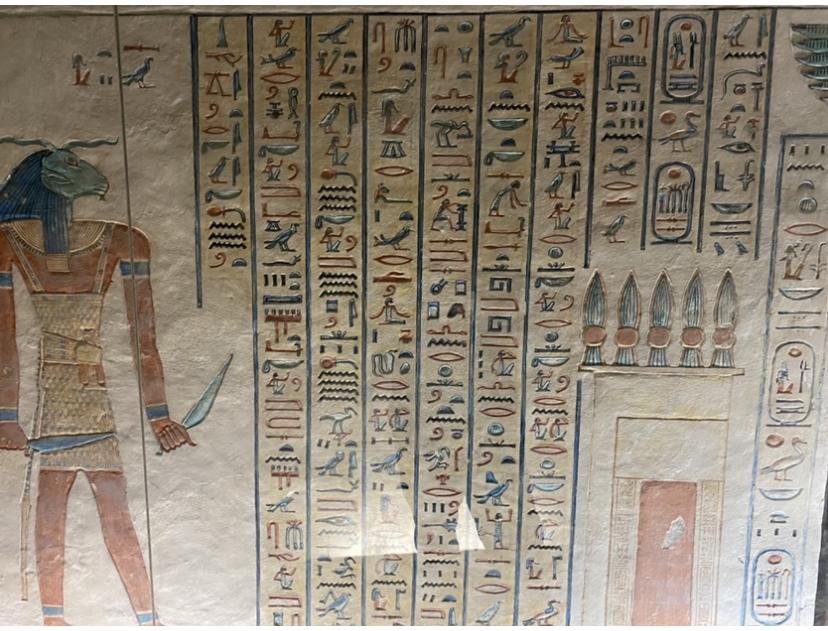
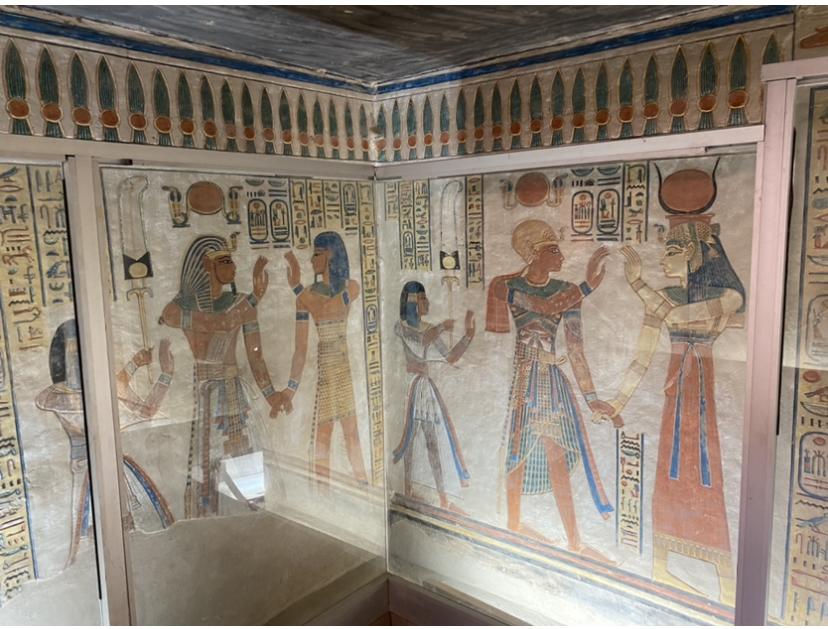
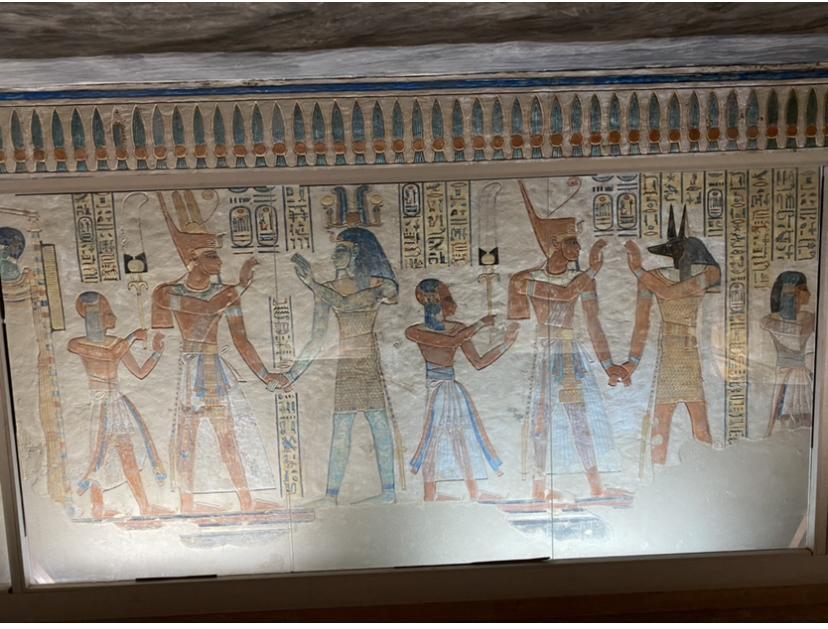
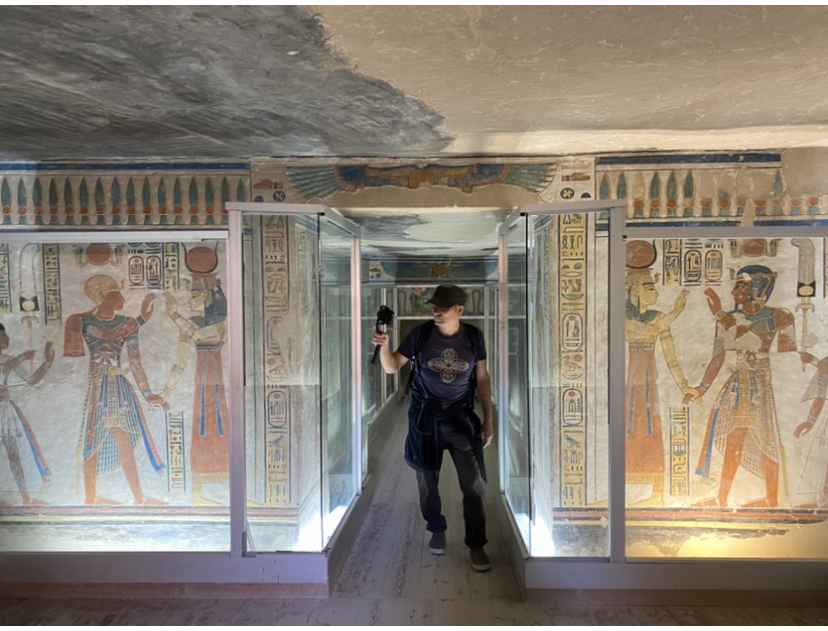
You can see Ike filming in this picture. It also gives you a visual marker for the size of these frescos.
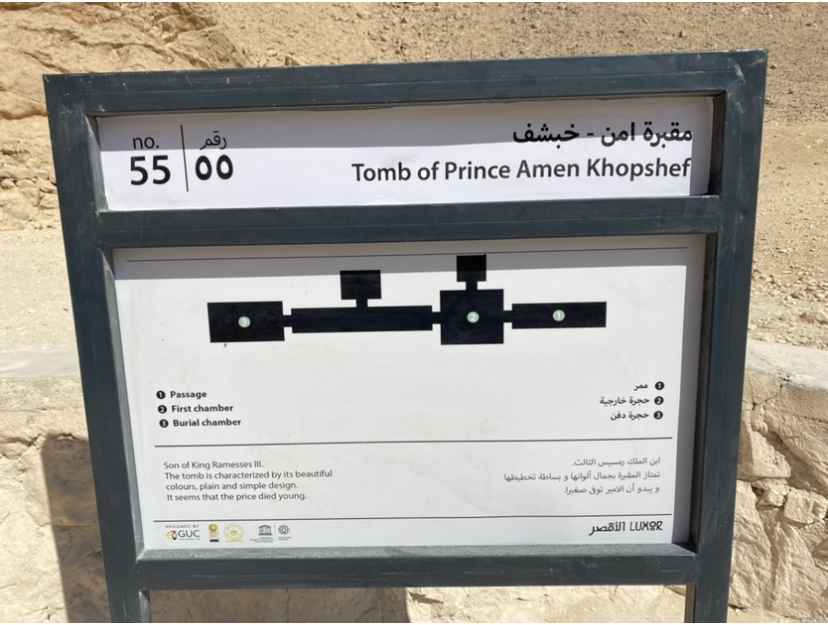
This particular tomb was the tomb of a prince. The above legend shows the layout of the tomb, the entrance passageway, the fore-chamber, the side chamber, the second passageway and second side chamber and final chamber where the sarcophagus was laid.
It's extraordinary to realize that these tombs were carved out of rock. It's further extraordinary to consider how they were found and how many more might be discovered in this rock valley.
So far, there are about 91 known burial sites in this valley. Only three, however, were open for us to see. And of the three we saw, this one, by far, had the best preserved artwork.
Next, Mohammed brought us to an artisan's shop where they make the actual items for sale.
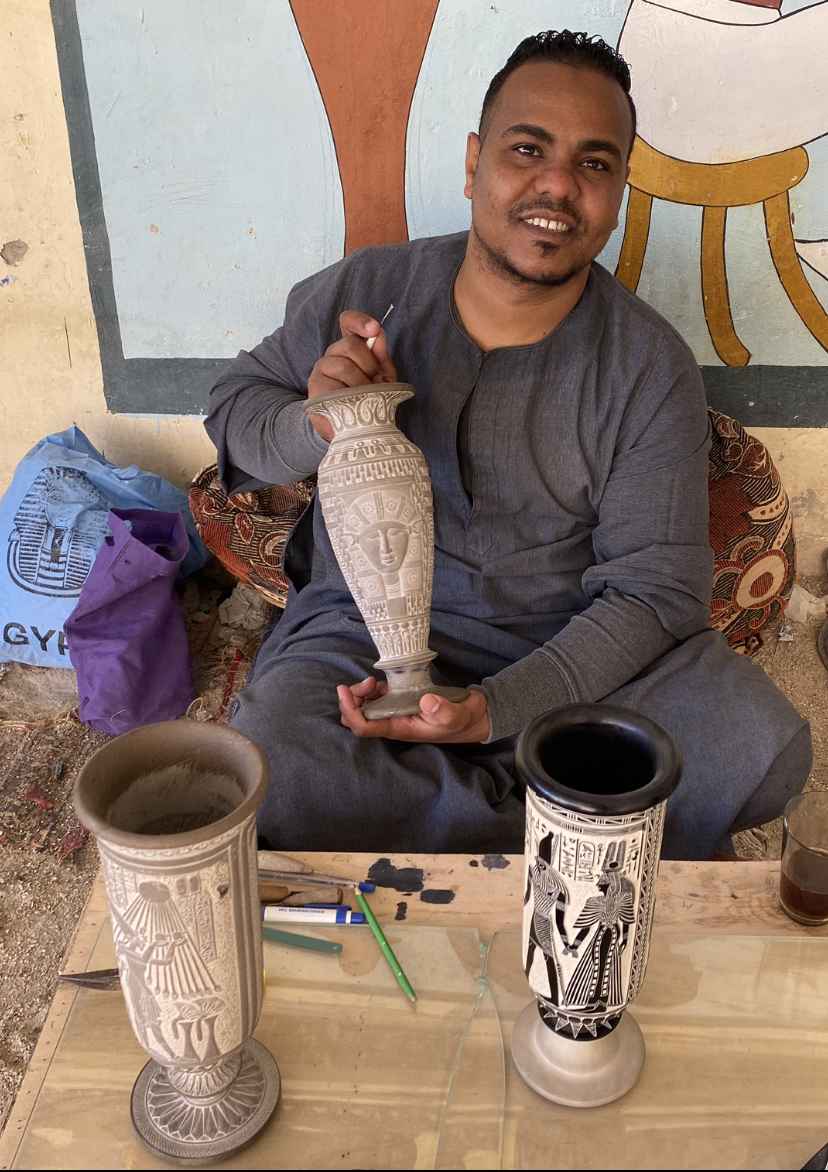
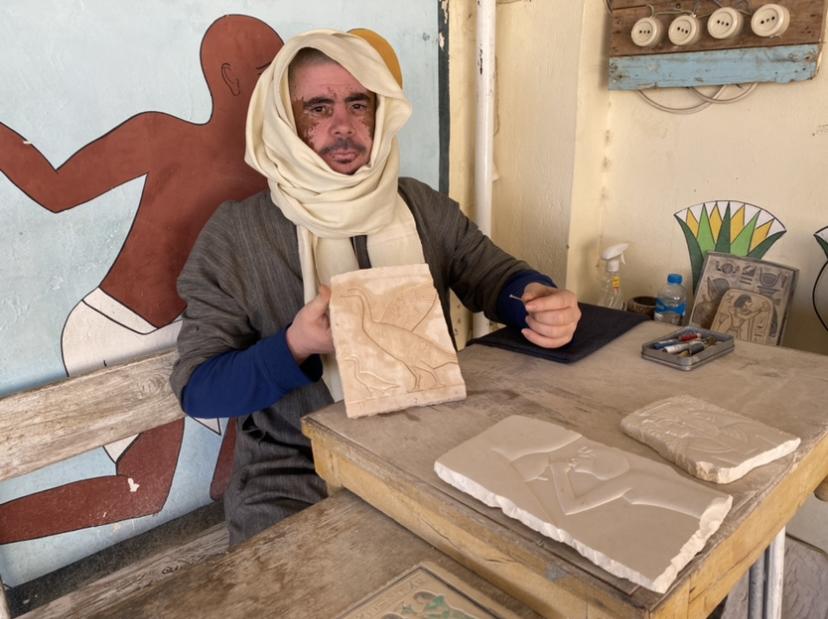
Here are two pictures of the artisans at work -- on display out front for the tourists to see that these crafts really are handmade.
Inside, I bought several souvenir pieces. Only later did I realize how much I had overpaid for these pieces. (And I imagine Mohammed made his cut from these sales.) But, c'est la vie.
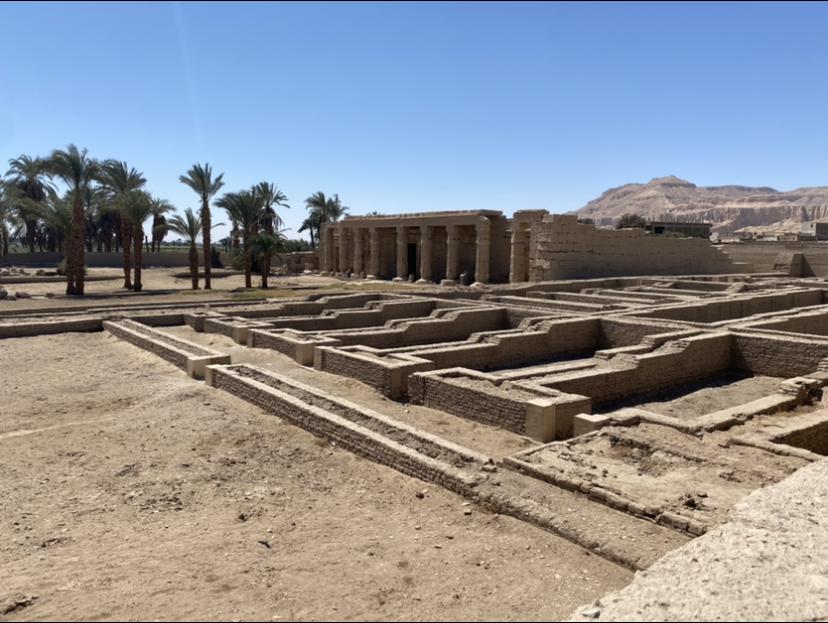
Here we are now at the Mortuary Temple of Seti 1. Notice the foreground ruins under restoration and rebuilding.
And wherever, in my pictures, you see a black line underneath or above the image, it's because I didn't crop the image perfectly. All of these images are screenshots of the actual photograph. The photographs themselves, at about 4 mb, were too large to upload on our dial-up speed internet connection. So, for each image, I took a screenshot on my phone, cropped it, and then uploaded it.
Meanwhile, to upload an entire video seemed to require the arbitrary blessing of the gods. Sometimes the internet gods were in a good mood. Sometimes they weren't. On this day, they were.
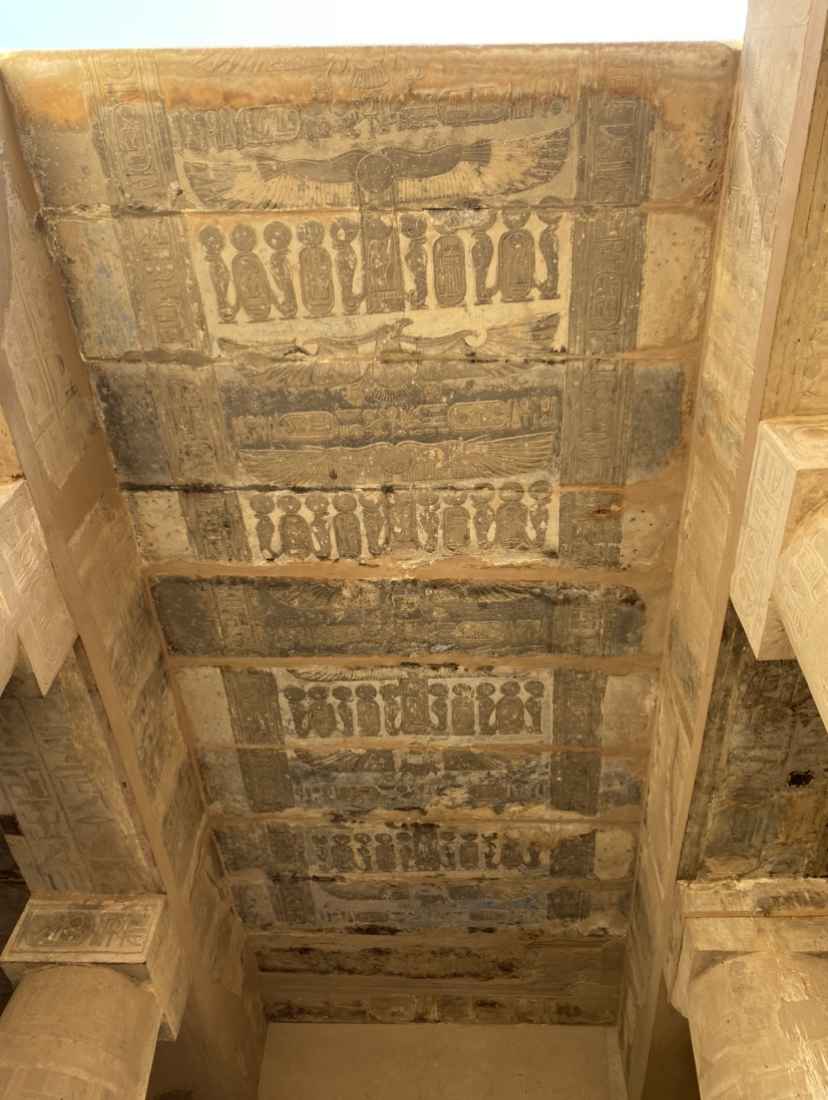
Close-up of one of the ceiling panels.
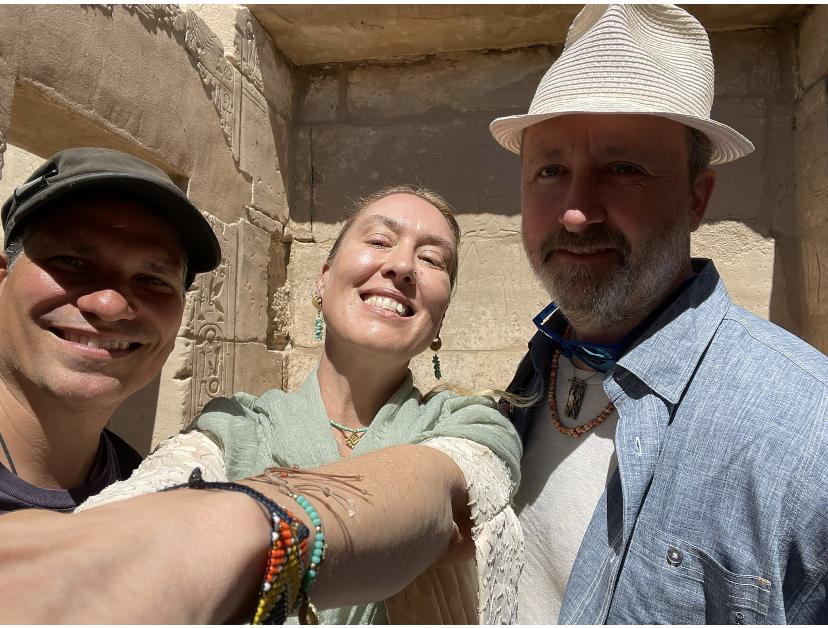
And there we are walking around the Temple of Seti 1 in Egypt... when we spot a familiar face of someone we had known back in New York! It had been 8 years since we had seen each other! Anna was part of our little community when we were doing regular Ayahuasca ceremonies in upstate New York. Incidentally, that's how Ike and I originally met.
She now lives in Barcelona and has a jewelry shop. She even remembered her Birth Card, the Ace of Diamonds. Here is our selfie together. What fun! Anna also had the phone number of the woman who used to lead those ceremonies and with whom I had lost touch. So she reconnected us!
Meanwhile, it was later on this 10 of Diamonds day that I realized I wanted to leave the comfort of Luxor and travel out to the desert to be alone for some deep inner work. Mohammed arranged it for me. He found me the place to stay, a Bedouin Camp, and the driver to take me there.
And with the remainder of this full day of treasures seen, money spent, and what-really-matters-most received, I finished the first installment of my travelogue and sent it out. We also, as I mentioned, gathered together for a drink in the courtyard of the villa.
And the next morning at 5 AM, Mohammed's driver arrived to pick me up.
Day 12
On this 9 of Diamonds day, my time in Luxor ended and my journey shifted to the Western Egyptian desert. And the car drive of about 300 miles out to the Dakhla Oasis, which I was told would be about a 6-hour drive, turned out to be a 9-hour drive.
My first sunrise in the desert.
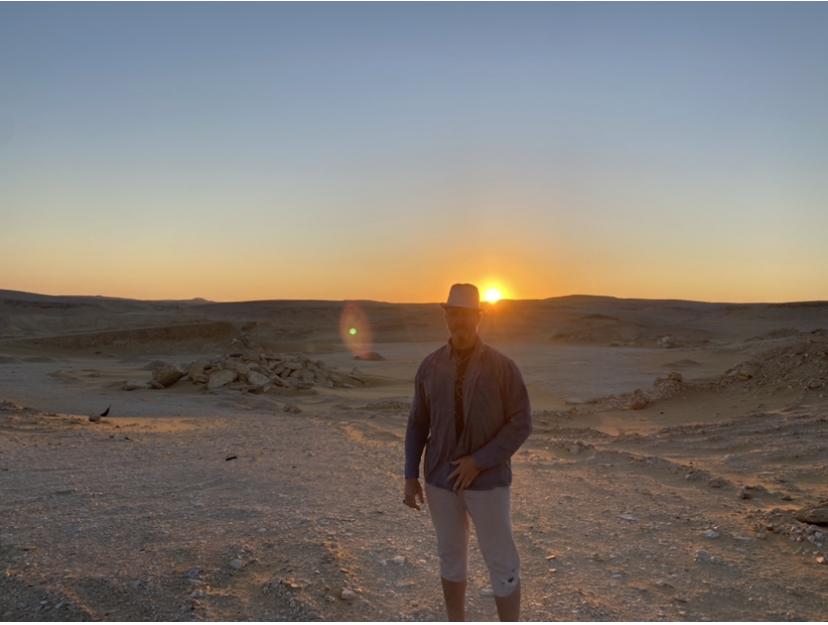
My drivers both spoke almost no English.
I was surprised to find two drivers picking me up at 5 am. But then, it was a long drive and they had to drive back as well after dropping me off. Plus, I've found that Egyptian men are very chatty. These two chatted non-stop with each other in the front seats for the entire drive.
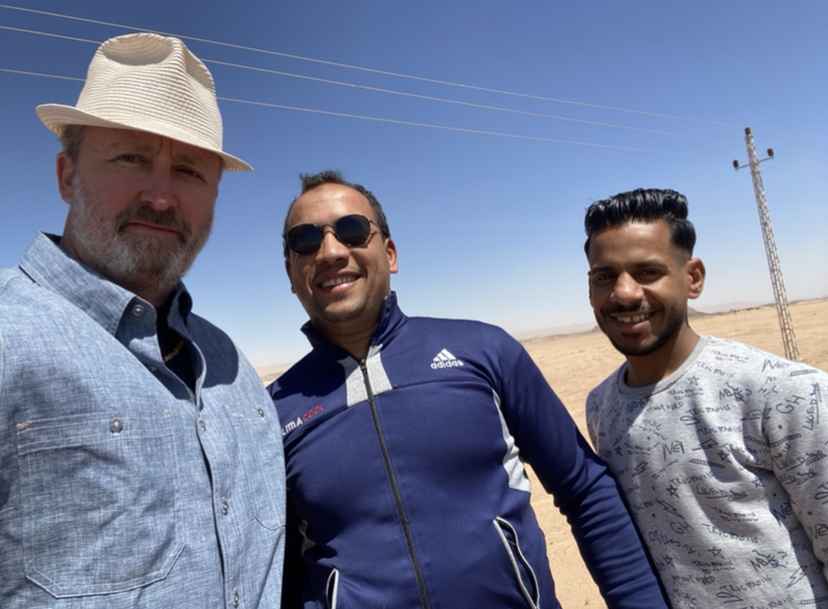
On the road...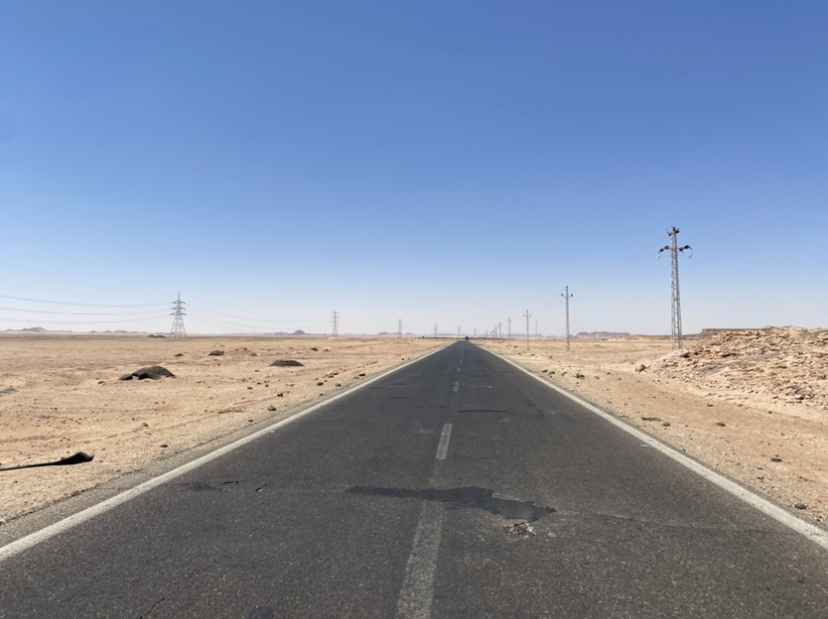
The reason the journey took 9-hours was two-fold. 1. The roads were terrible in places. 2. We passed multiple police check-points, where we waited, I showed my passport, and then the police escorted us.
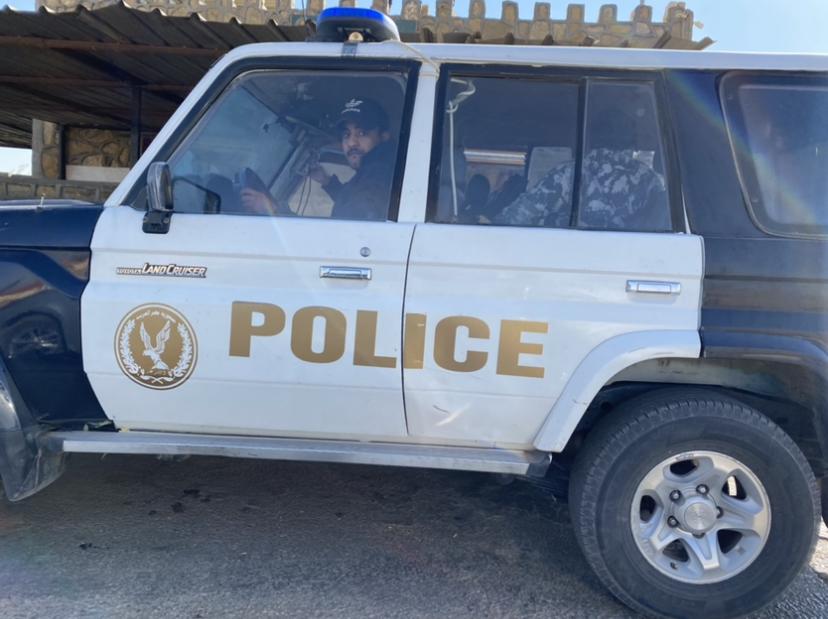
Here, I was amused by the spelling of the poliec car.
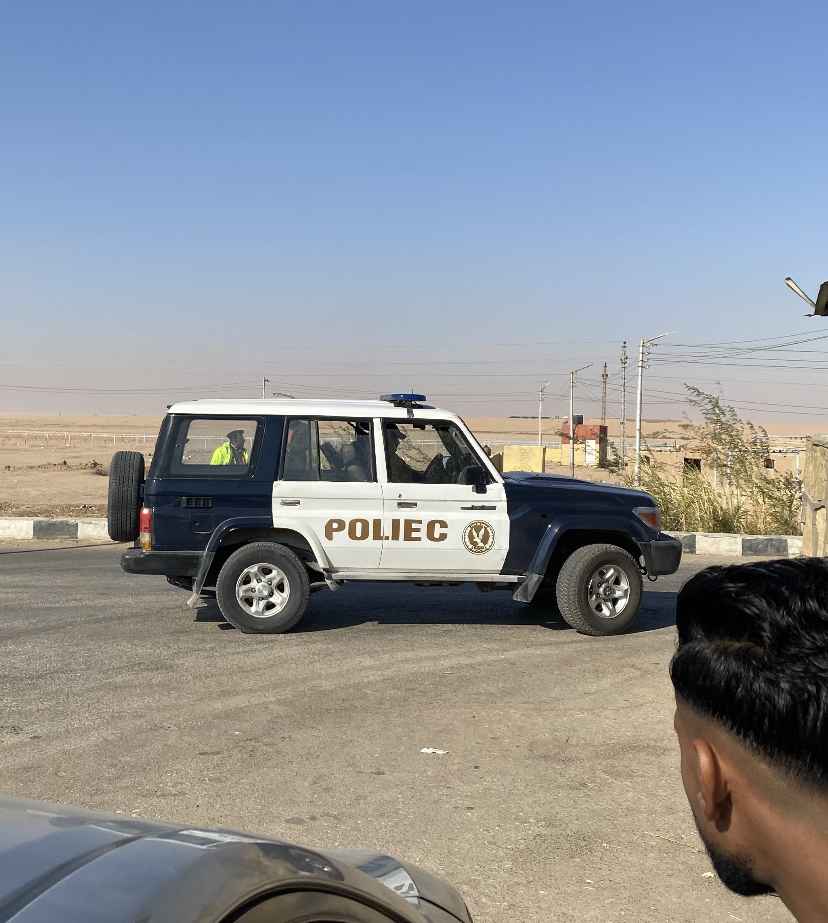
They tailed us the entire time. And when we stopped, as in this photo, they would stop with us.
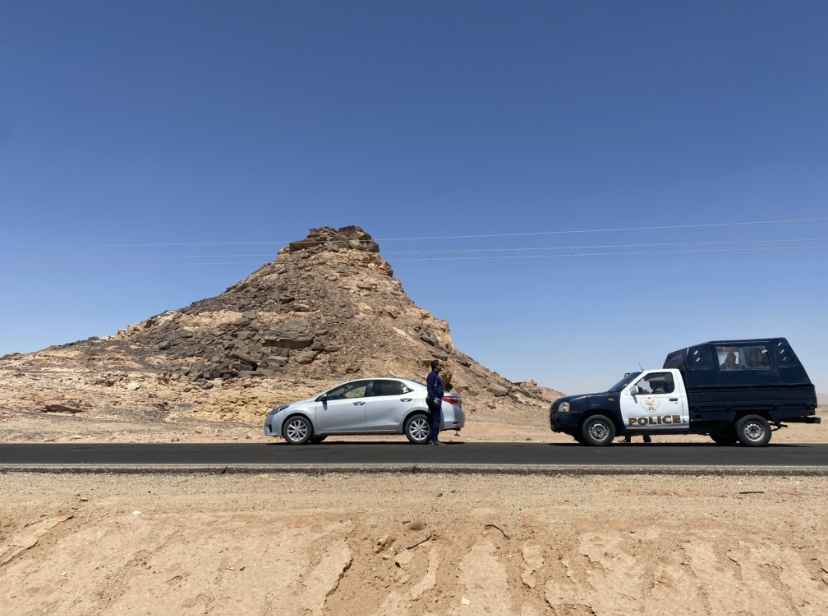
At each checkpoint and sometimes at what appeared to be random locations along the desert drive, we would stop and wait, sometimes 20 minutes, for the next police escort to arrive and continue escorting us.
At first, I was perplexed. And since every Egyptian in any official position I had yet encountered had their hand out for a "tip," I assumed that the police just wanted to be paid off.
Without a common language between us, I managed to get the idea from my drivers that the police were doing it for my own protection, which only made me wonder: protection from what? I was also greatly annoyed at the extensive delays that this "police protection" caused.
Here is one of the rather random stops we made, where we waited 20 minutes for another police car to show up.
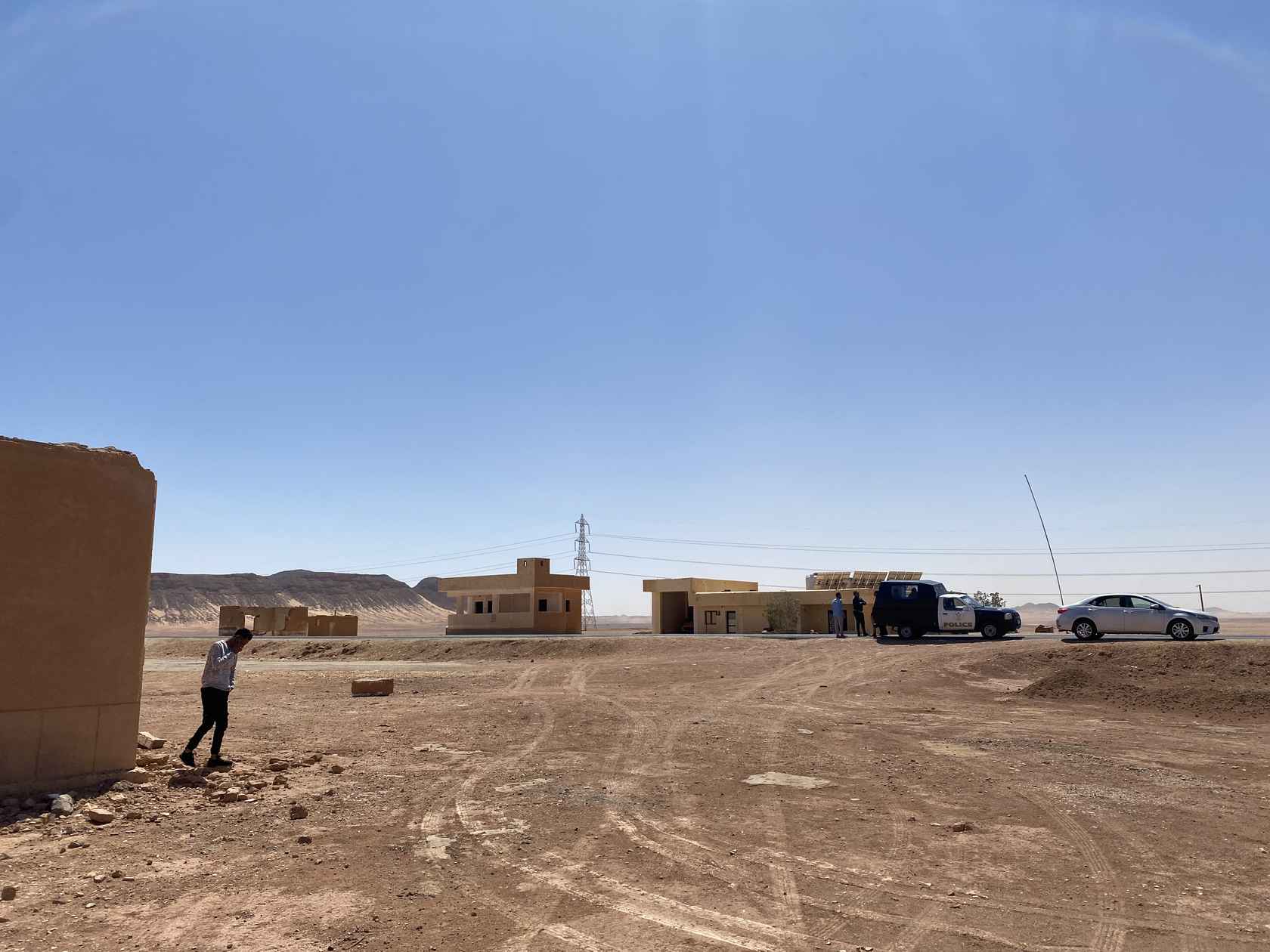
Knowing that it was a 9 of Diamonds day helped me to consciously climb out of my own fatigued annoyance. I decided to engage the policemen as best I could given our complete language barrier.
I gestured to the Captain if I could take a selfie with him and his men. He refused. When he walked away, however, I gestured to the young men in his charge... they smiled and shrugged a Yes. So, I quickly snapped this selfie.
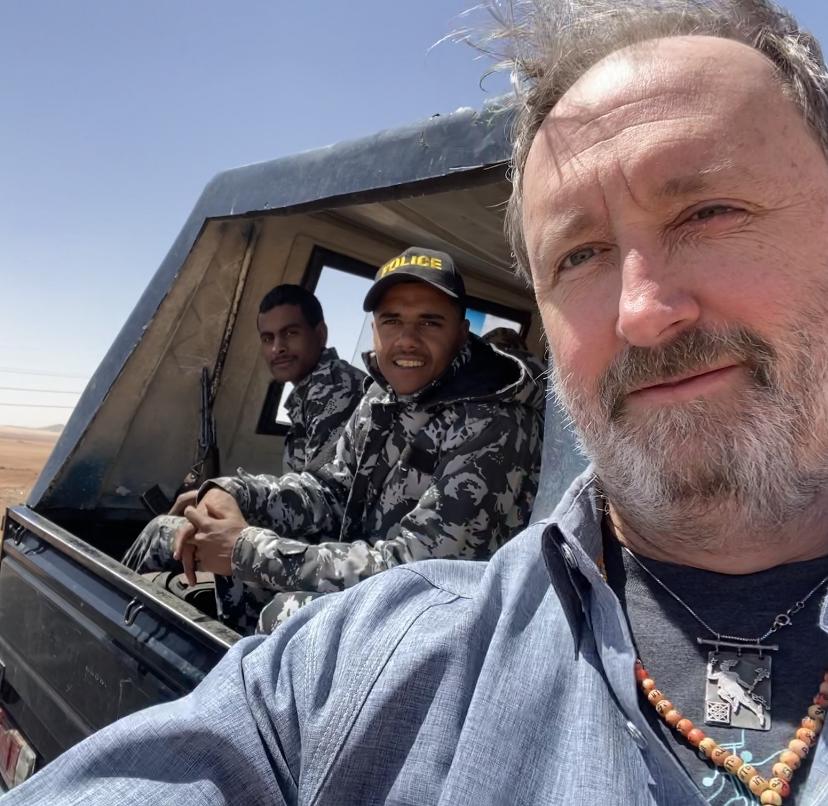
As I rested in the afternoon, I had a premonition that I would meet someone in the evening who would want to know their cards to play. And so it happened that I later met Tanya and her son Zeb who live in Geneva, Switzerland and speak perfect Queen's English. I found myself nervous, at first, to answer the question: what it is that I do. But Tanya's engaging curiosity soon resolved all my fears.
This question -- what do you do? -- was, I suppose for obvious reasons, one of the leading questions that tourists asked each other. Where are you from? What brings you here? What do you do?
In Cairo and Luxor, I had answered that I was a Life Coach. And even that attempt at simplifying what it is I do required some explanation as most Europeans hadn't heard of a "Life Coach." I didn't like answering in that generic way, however. And I resolved that I would answer more earnestly. I made up my mind that my standard answer would be, "I guide people to play their cards right in their life."
Tanya was fascinated.
She's born to play the Queen of Clubs, which goes a long way to explaining her fascination with esoteric knowledge! She wanted me to do a reading for her teenage son as well. It turns out he is born to play the 2 of Diamonds. And I was able to offer both him and her some new perspectives that really seemed to be helpful. As always, it felt immensely rewarding to offer these types of insights, which feel very much like I'm giving food that feeds the soul.
After a shared, tasty meal of mutton stew, rice, soup, and salad, we were led by the Bedouin to their fire-pit room for tea and music.
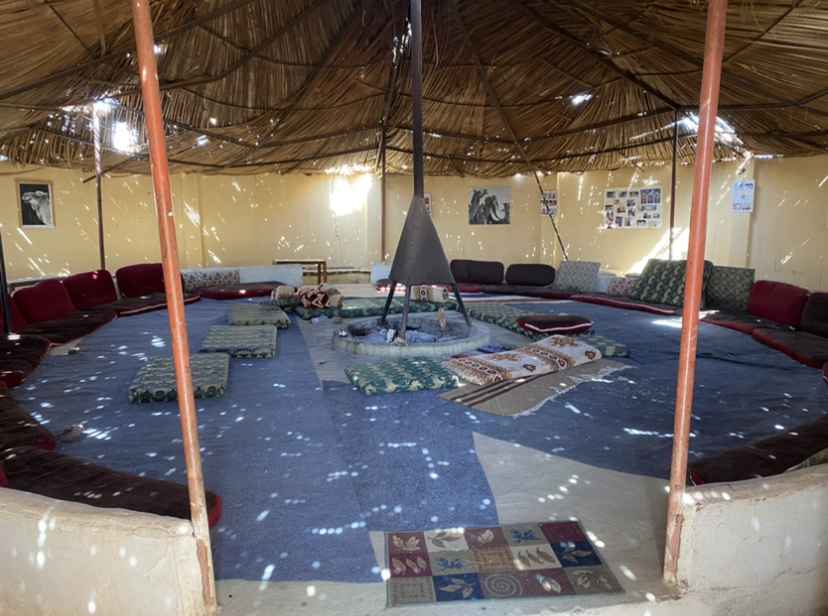
Tanya snapped this picture of me by the fire.
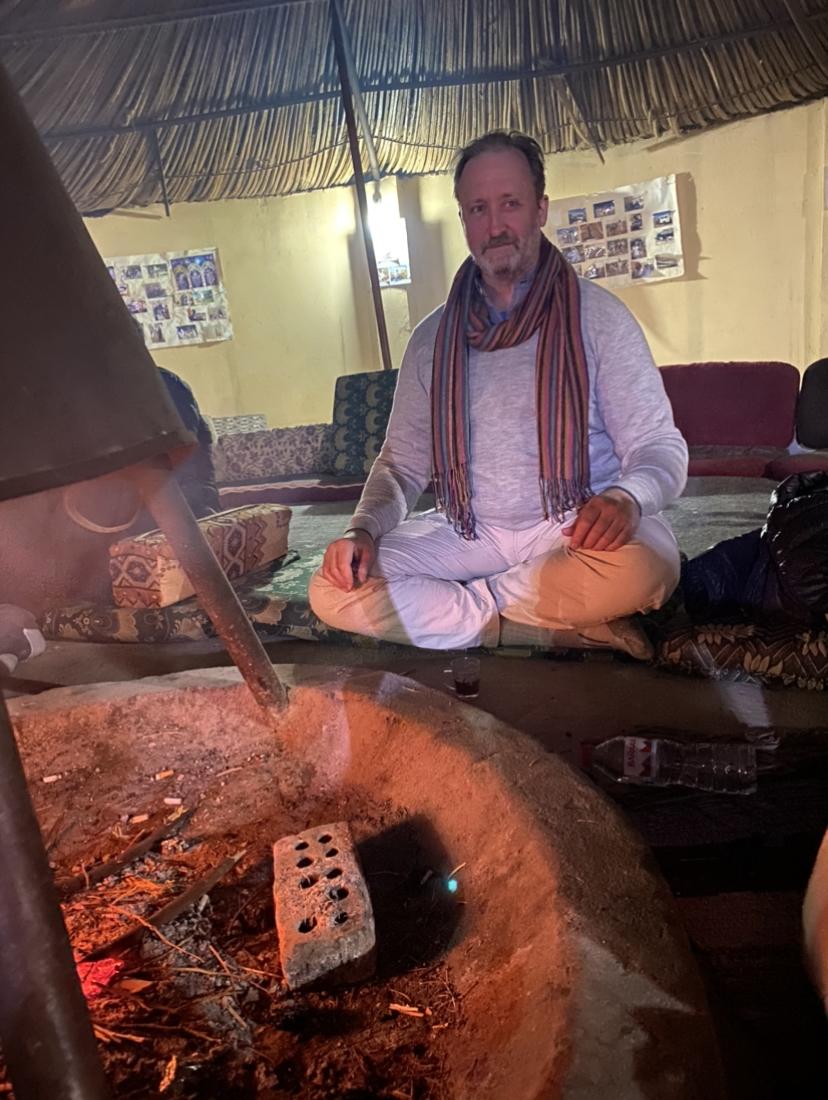
And Zeb took this short video of our Bedouin music. (Unfortunately, none of us thought to take a selfie. So I don't have any pictures of Tanya or Zeb.)
Day 13
March 15, an 8 of Diamonds day; my first morning in the Bedouin Camp.
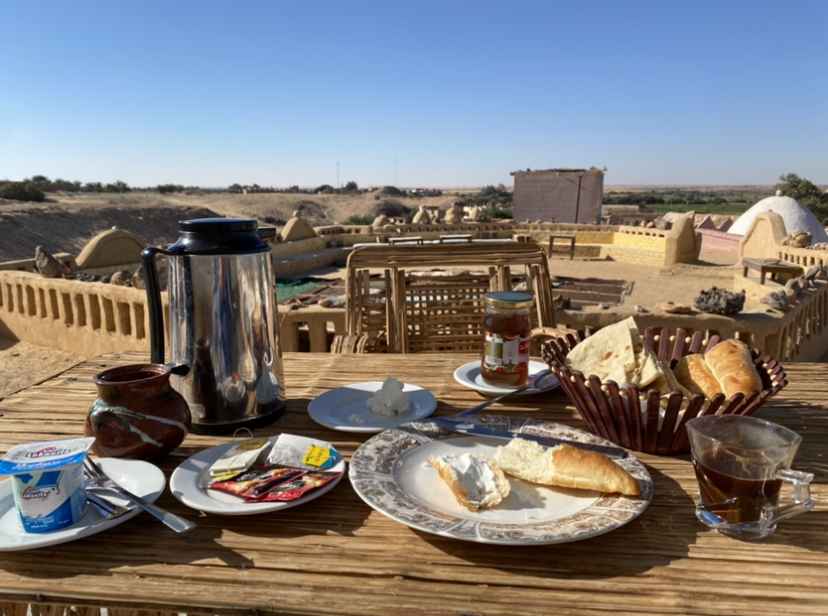
After breakfast, I wanted to visit the hot spring, which is a short walk from the main camp. Before I was allowed to leave, however, the camp manager asked me to write and sign this document waiving my right to a police escort.
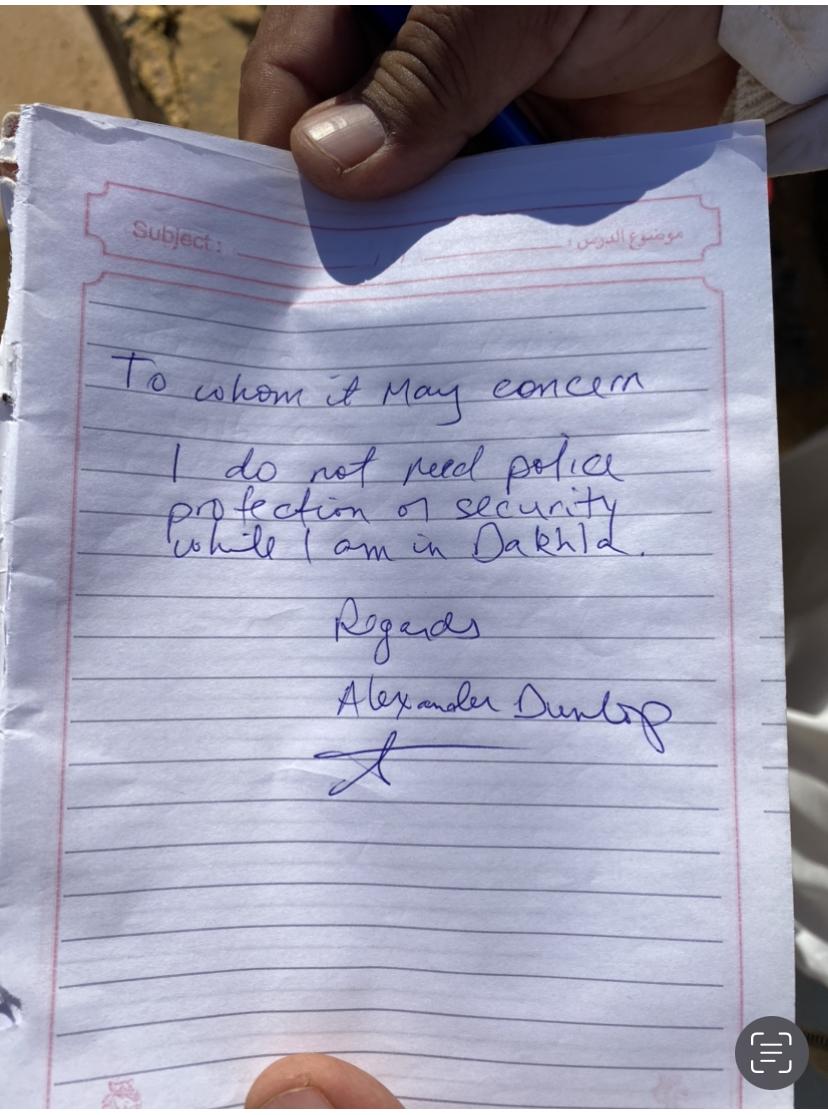
It was disconcerting to say the least! And it wasn't until days later that I finally learned the reason for such caution!
In 2014, the Egyptian military had accidentally gunned down a group of Mexican tourists on holiday in the Egyptian desert. Mistaking them for a terror cell camped in the desert, Egyptian military planes and helicopters had opened fire. The tourists were on a desert safari, off and away from any road, and were stopped for lunch in the desert. They had apparently erected a shade structure over their circle of jeeps.
After that ghastly international incident, the Egyptian government closed their Western desert to tourism. Note that the country of Libya is their Western neighbor, and it wasn't too long ago that we Americans (with whom the Egyptian military trains) profoundly feared North-African/MiddleEastern terror groups such as Al-Qaeda and ISIS.
Anyway, it's only recently that a small trickle of tourists are even allowed to visit the Western Egyptian desert at all. But to visit requires a police escort!
And ah, once that riddle was solved, I felt relieved. And then... to realize the tragic-comedic paradox of the situation: the police are protecting us from their own military!
This Bedouin Camp has suffered greatly, however, from the almost complete lack of tourists for the past 8 years. Morale has been low. They've had to furlough all the help, and they've let the place sag. They're hoping the Egyptian government will soon officially lift the ban on tourism to the Western Egyptian desert. Meanwhile, they've been eeking out their financial survival based on the odd, brave tourist instead of the busloads of tourists they were once accustomed to hosting.
This wall was visible from my breakfast nook. I decided it was worth a picture. The first one is a bit hard to read. The main idea is that the Bedouin believe that all guests have been brought by Allah and by welcoming the guest, they are welcoming Allah.

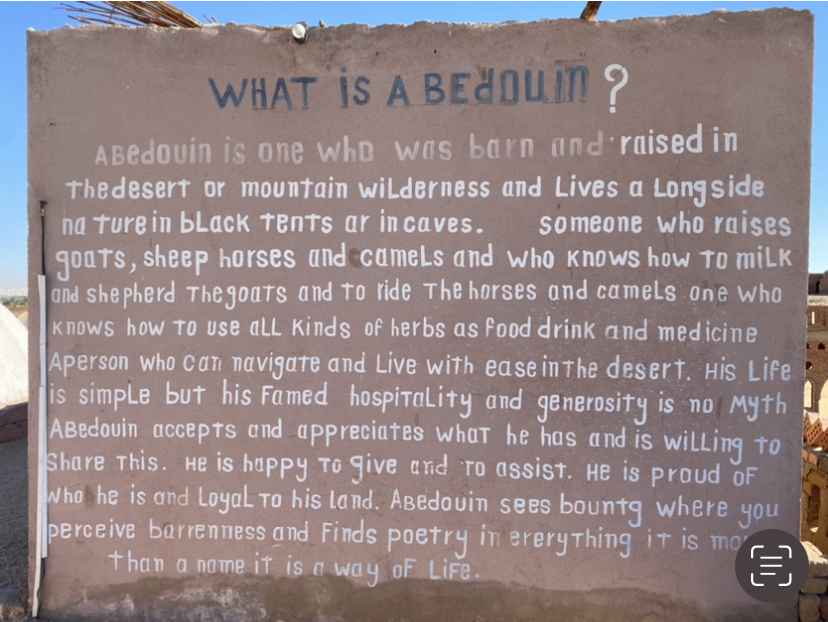
Day 14
On this 7 of Diamonds day, I became acutely aware of the paradox between the natural beauty here and the human-made garbage.
I walked a little ways from the camp in the pre-dawn hours to catch the sunrise over the desert horizon. No filter.
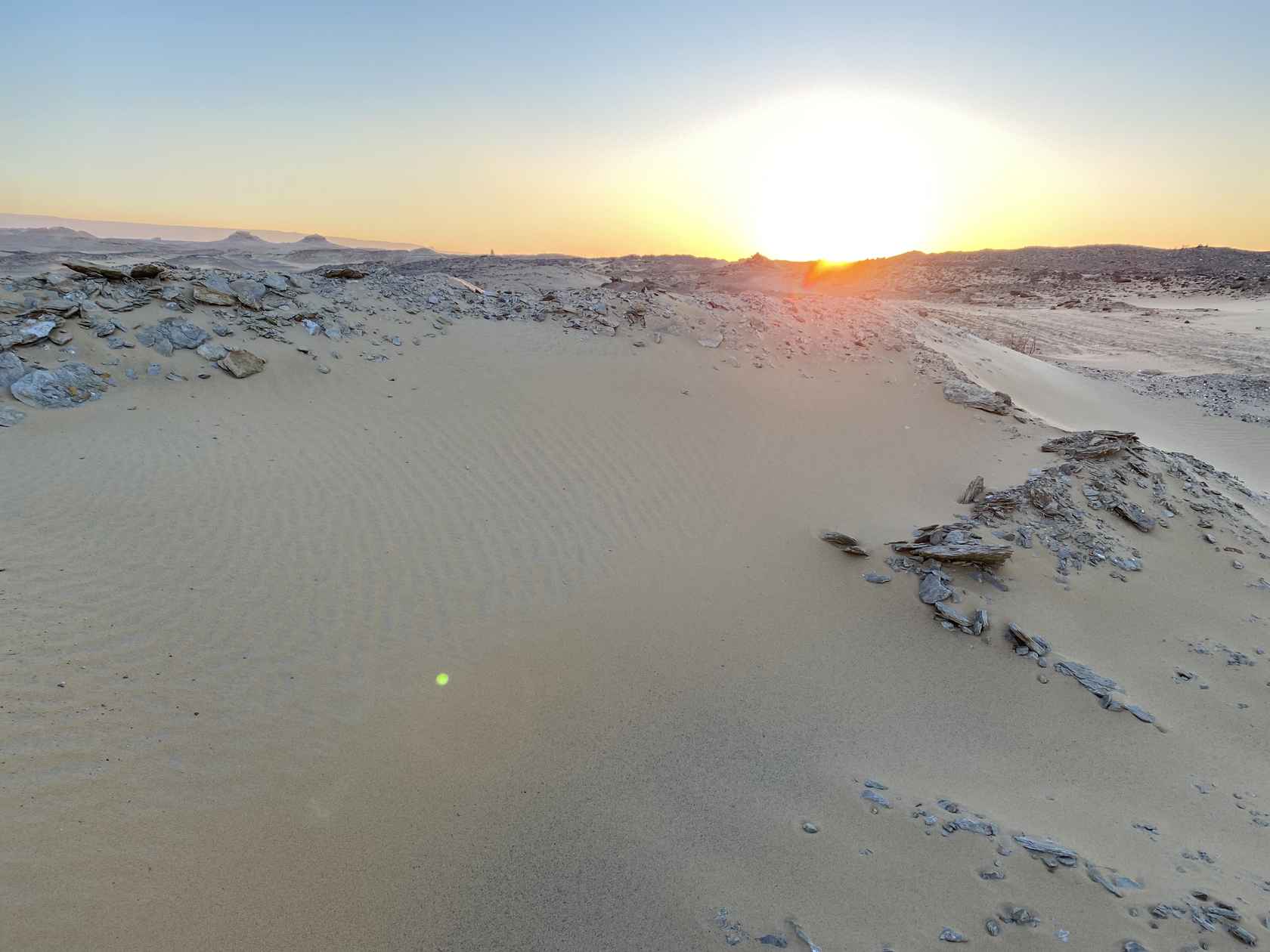
I had to, however, position the shot carefully so as not to include any garbage in the photo.
Turning to my side, here is the Northern view from the same vantage point, looking down this gully strewn with plastic debris.
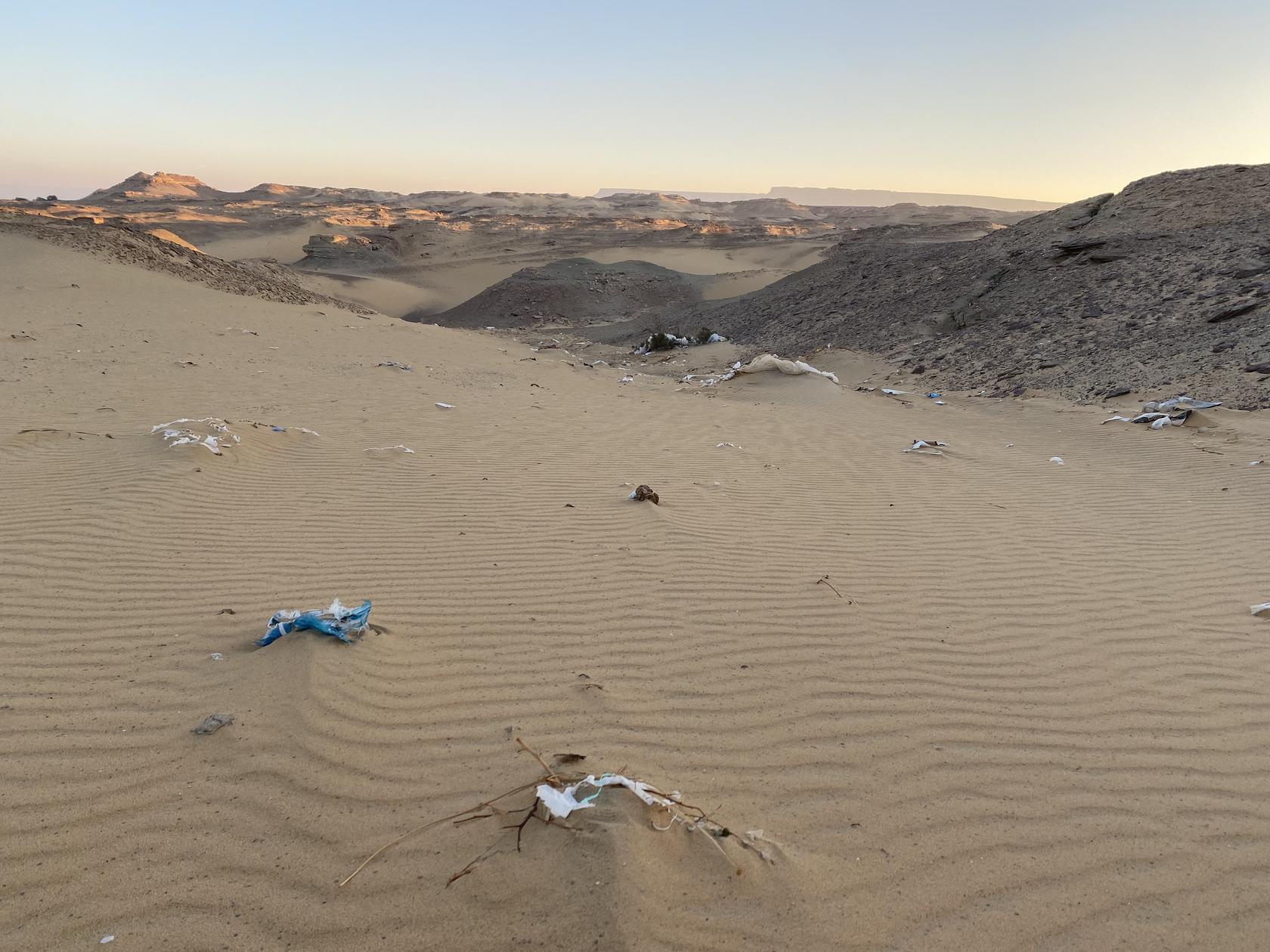
My first two days in the Bedouin Camp were very quiet. After breakfast, I was often the only person in the entire place. Even the manager left during the day. I had plenty of space for yoga, reading, meditation, and journalling.
In the early evening around sunset, other Bedouin would appear and drink tea on the veranda. Sometimes new tourists or small tourist groups would show up to stay the night. But for most of the day, this was my solitary view.
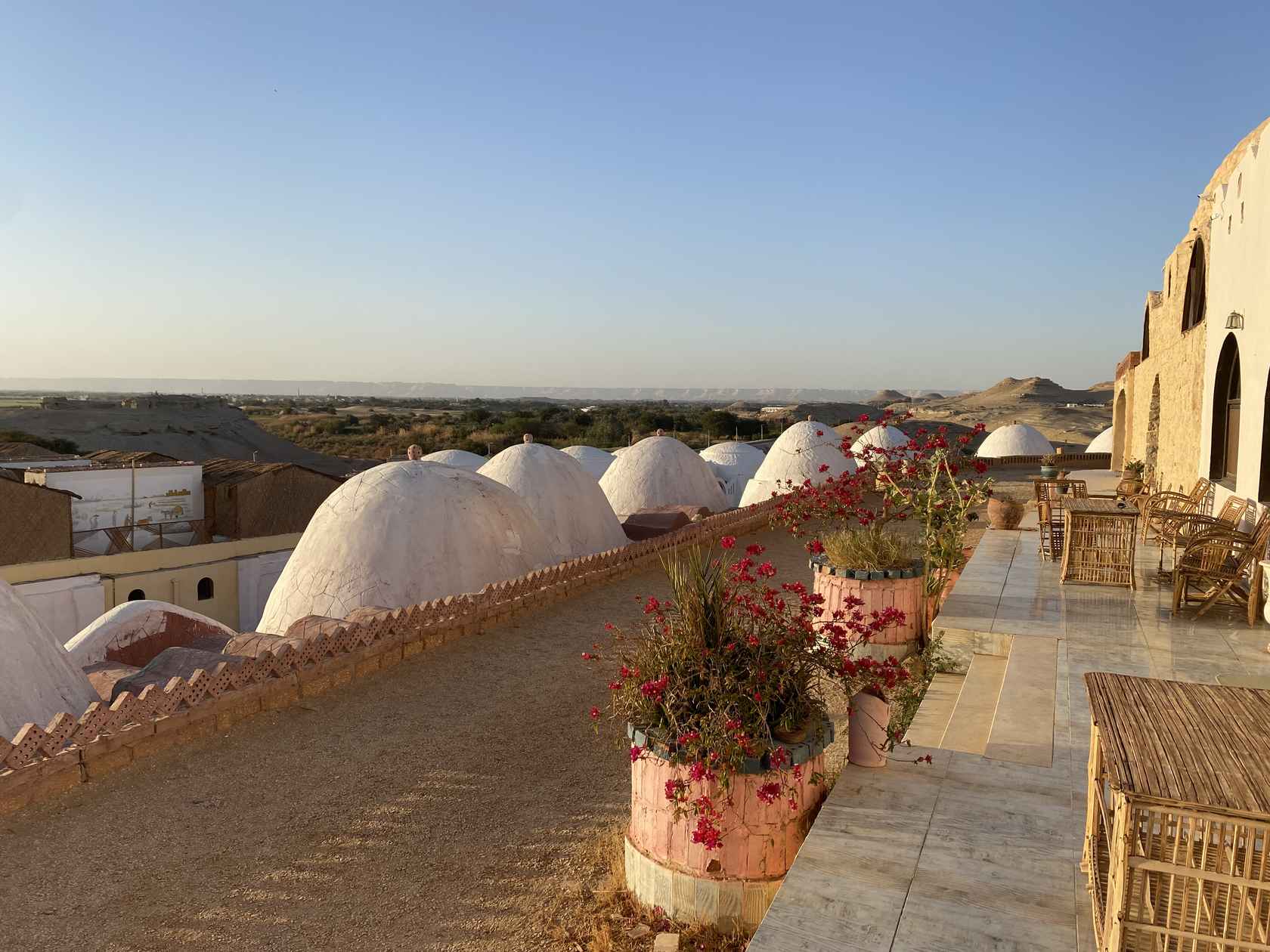
This evening, after taking my dinner alone, one of the Bedouin, who introduced himself as Ali, offered to show me around the next day. I was grateful for his company and for the opportunity to get out of the camp during the day.
Day 15
March 17, a 6 of Diamonds day.
After lunch, Ali picked me up at the Bedouin Camp and drove me through a nearby village on our way to the sand dunes he wanted to show me.
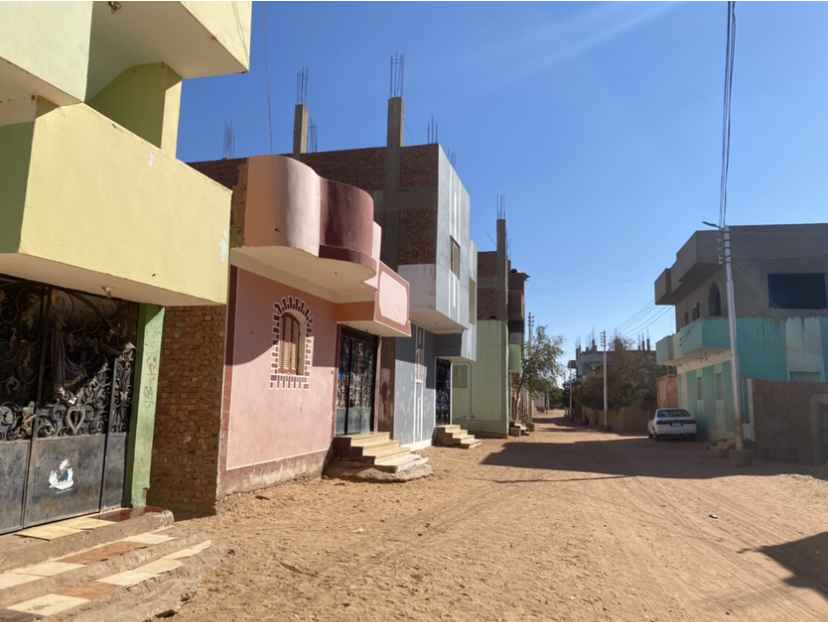
This village in the Dakhla Oasis region, whose name I've forgotten, was actually quite picturesque. Absent from the streets was the nearly ubiquitous strewn garbage.
Notice the unfinished upper levels of these buildings, a common sight in Egypt. I'm told it's because mortgages and bank loans don't exist here. So, people can only build what they have the cash to build. And they want to leave room for expansion to their buildings to house their children and grandchildren. Hence, the unfinished upper levels of their dwellings.
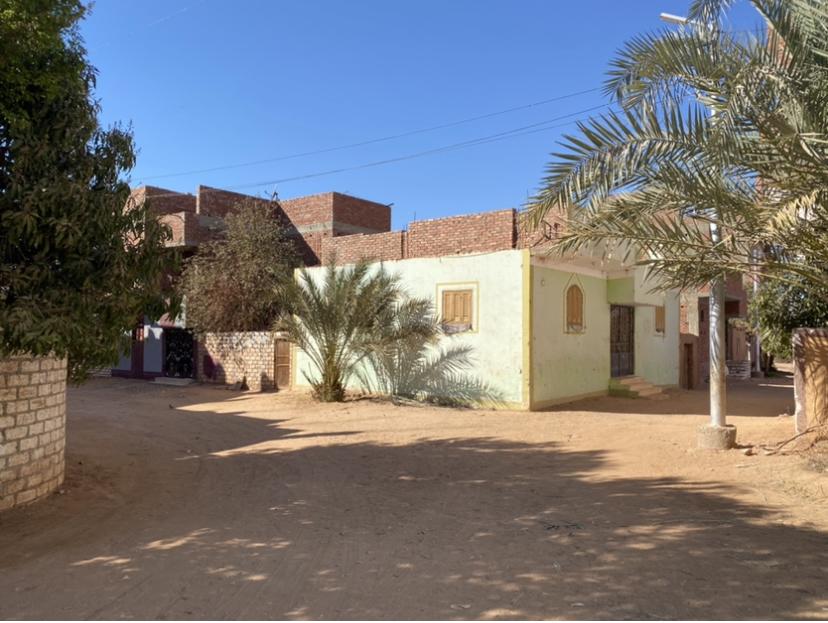
Afterwards, he gestured for me to climb up the next dune. He took this picture of me at the top.
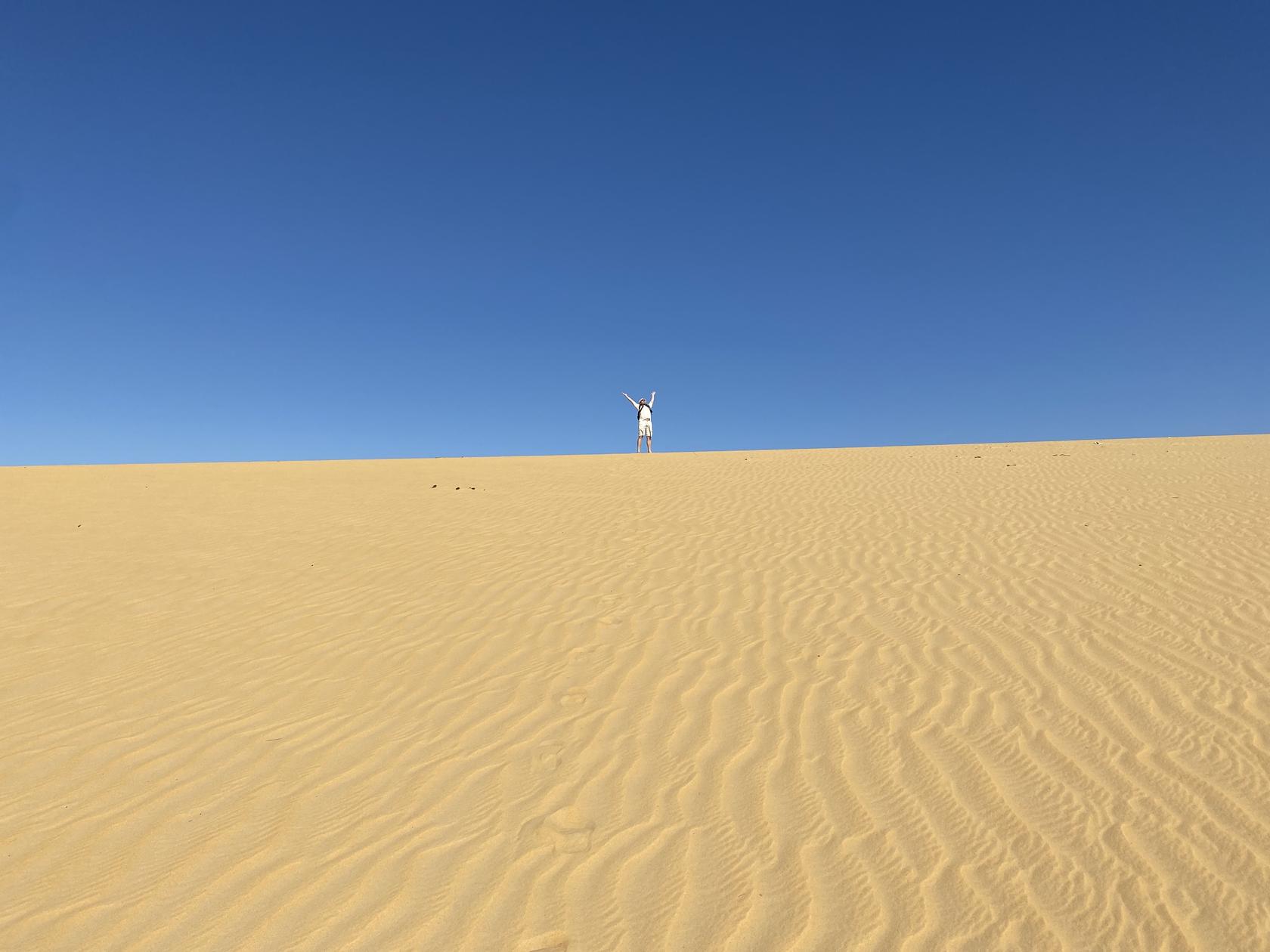
I also learned something new about sand. I learned that there is "male" sand and "female" sand.
Following behind him, I had been trudging along in soft sand when he gestured to me to walk on the lighter-colored sand right next to it. I did so and found it hard-packed and much more solid for my steps.
Here, I've taken a picture. See below. The sand on the left is the softer, darker, female sand. Your feet sink into it when you walk. The sand on the right is the hard, male sand. It's much easier to walk on the hard sand. And I would not have even noticed the difference in color or density unless he pointed it out to me.
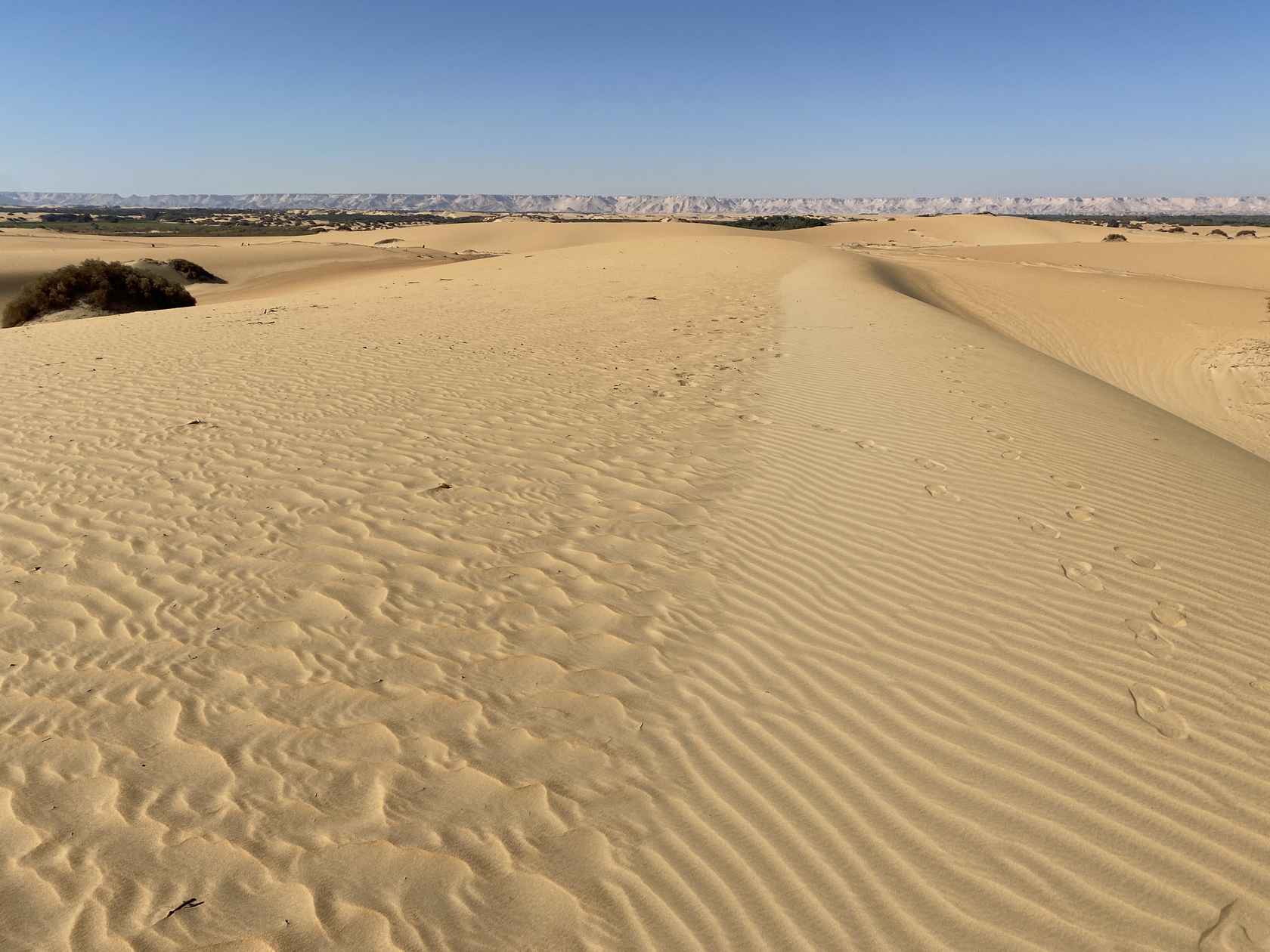
My Bedouin guide, Ali.
He was standing below me on the hill when I snapped this selfie. He commented that he looks so short next to me. Behind us is part of the Dahkla lake area.
In the Western Egyptian desert, it does not rain. As in, it never rains. Ever. But, they have plenty of water in this region thanks to underground mineral water that bubbles to the surface from more than 1 mile underground. It's hot and sulfuric and makes for great hot springs. It has also formed into a lake. The locals have built irrigation ditches to channel the water into their fields.
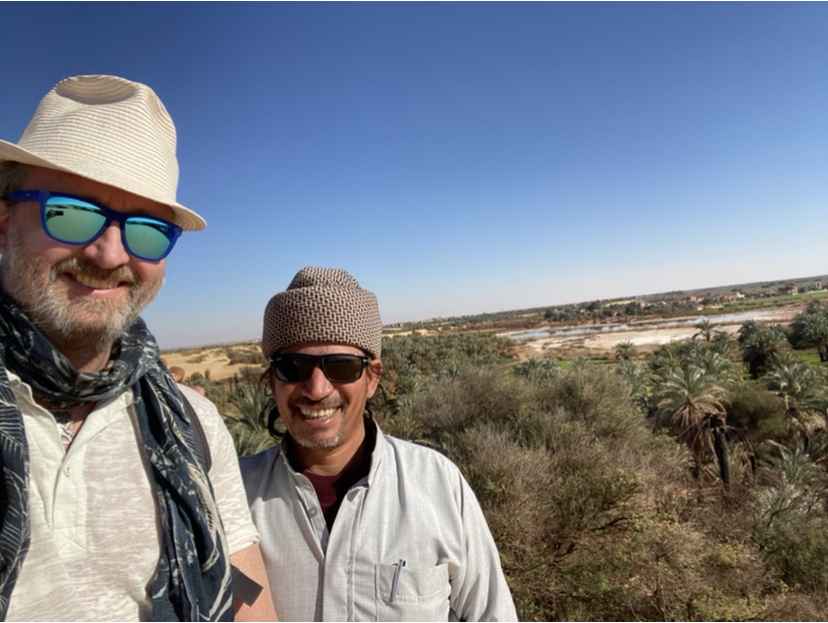
Tramping along in the dessert, I came across a fork in my path.
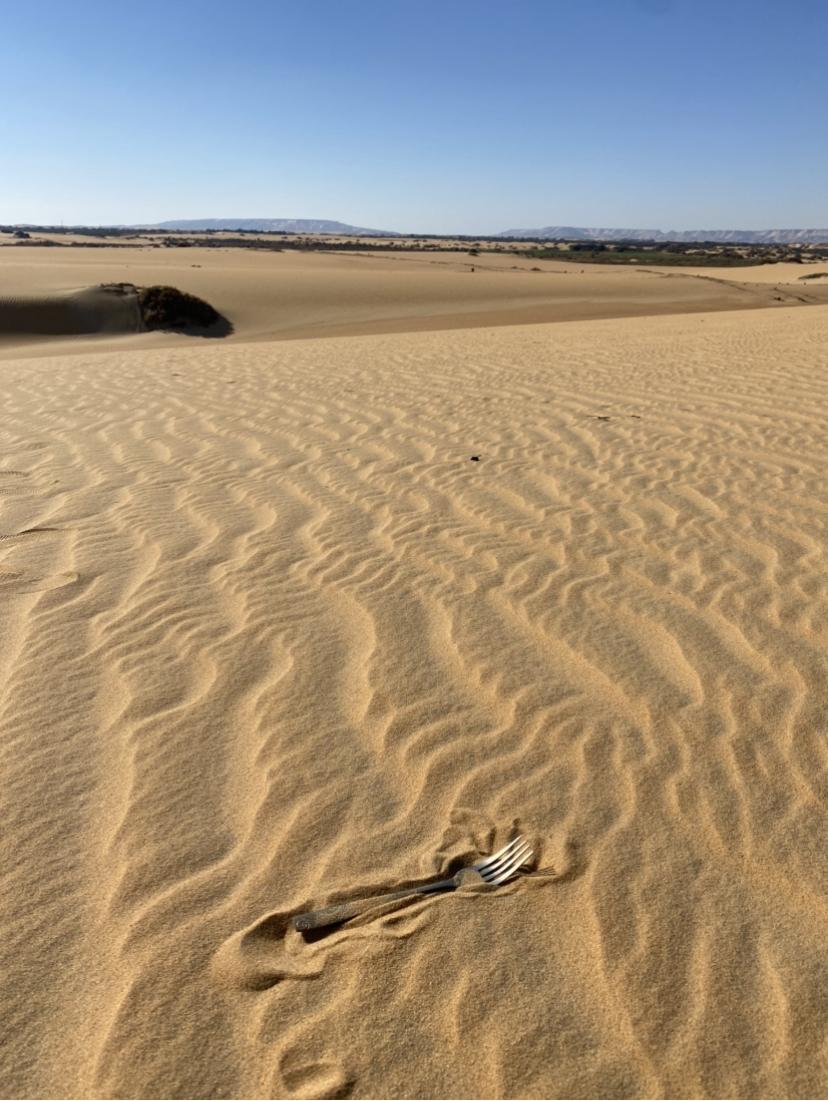
You can also find fossils in this desert area. And many people find fragments of coral or shark's teeth. This entire area, apparently, used to be completely submerged under an ancient ocean. So, here we are standing upon what was once the ocean floor. And the rocky ridges you can see in the distance are apparently the remnants of vast coral reefs.
I don't think the fork, however, is an ancient fossil.
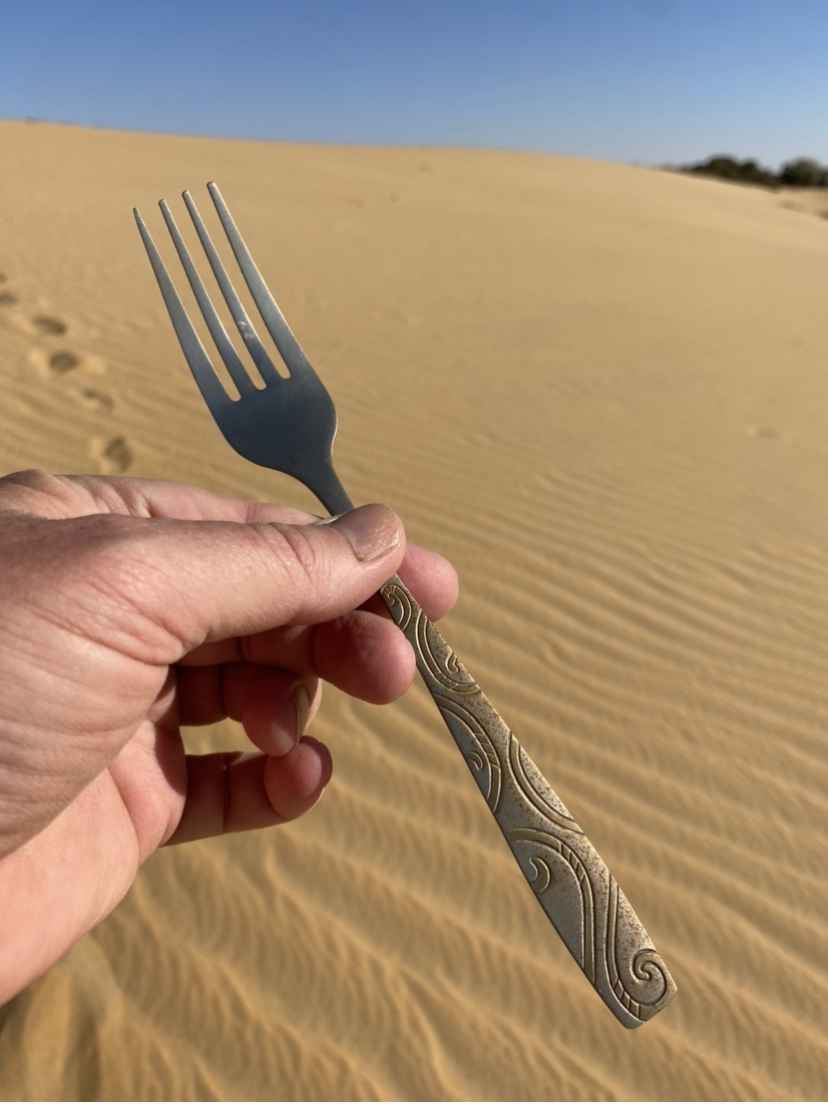
Ali was leading me across the dunes to this camel carcass. It seemed important to him to show me this. He said it had been one of his camels, and it had been sick. It wandered away one night a few years ago and died here.
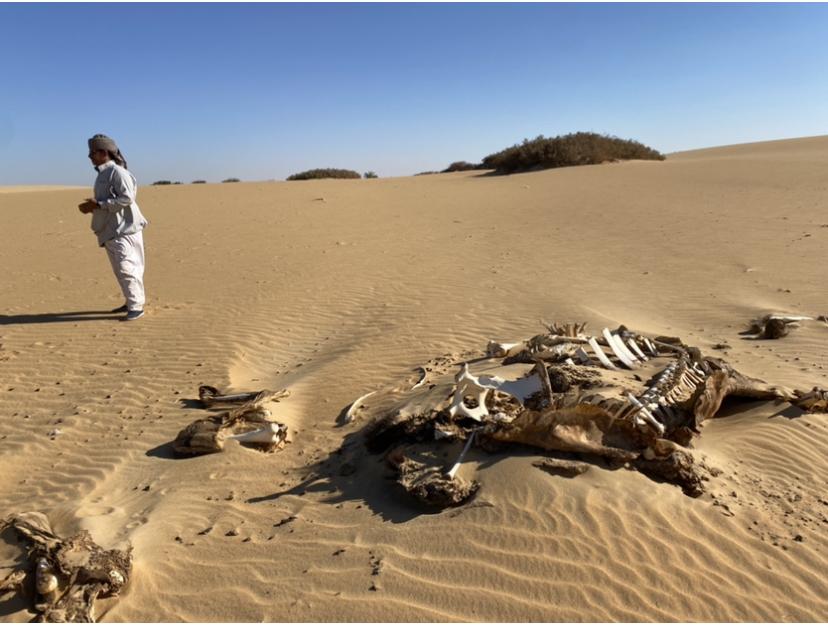
We stayed looking at the carcass for sometime.
Afterwards, he told me how much he loves camels. He doesn't like other animals, but he loves camels... How smart they are. How they can smell water in the desert. How they purr when you scratch them just right.
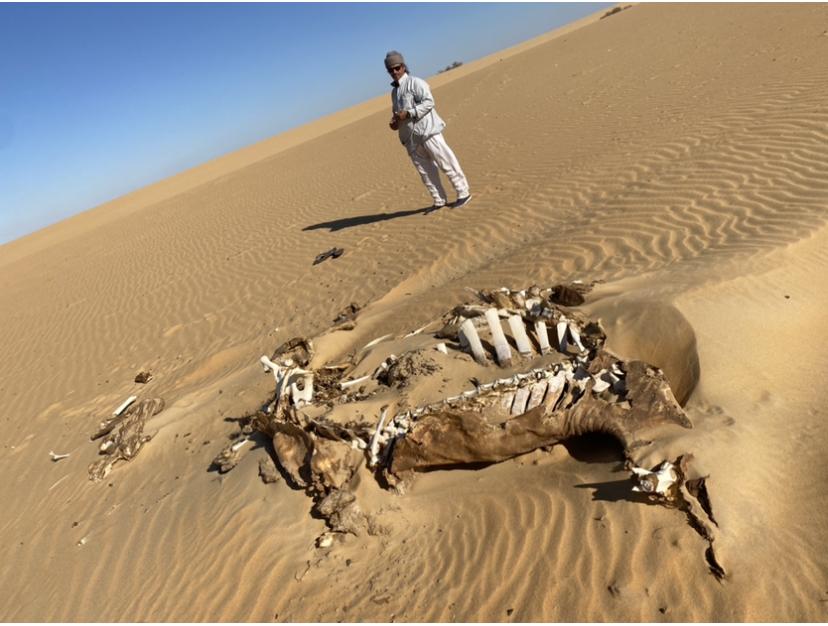
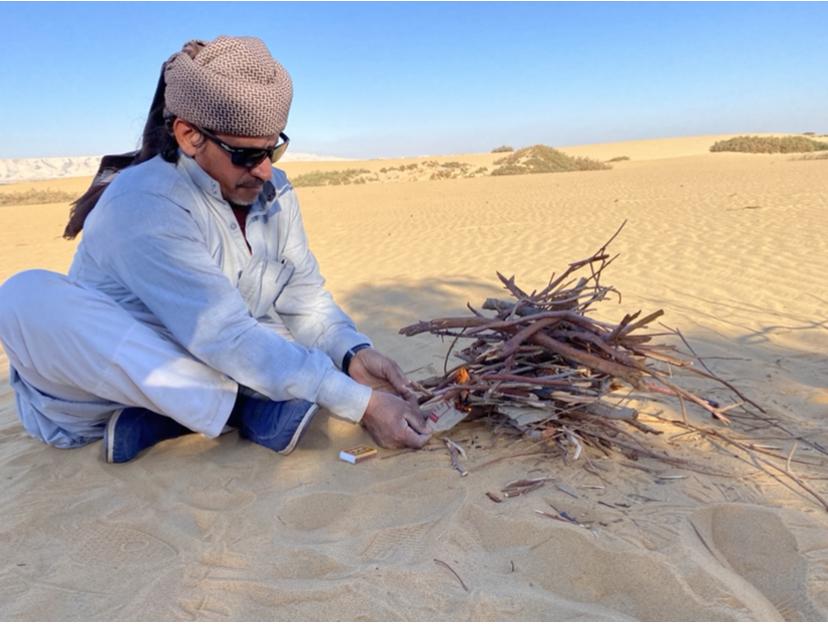
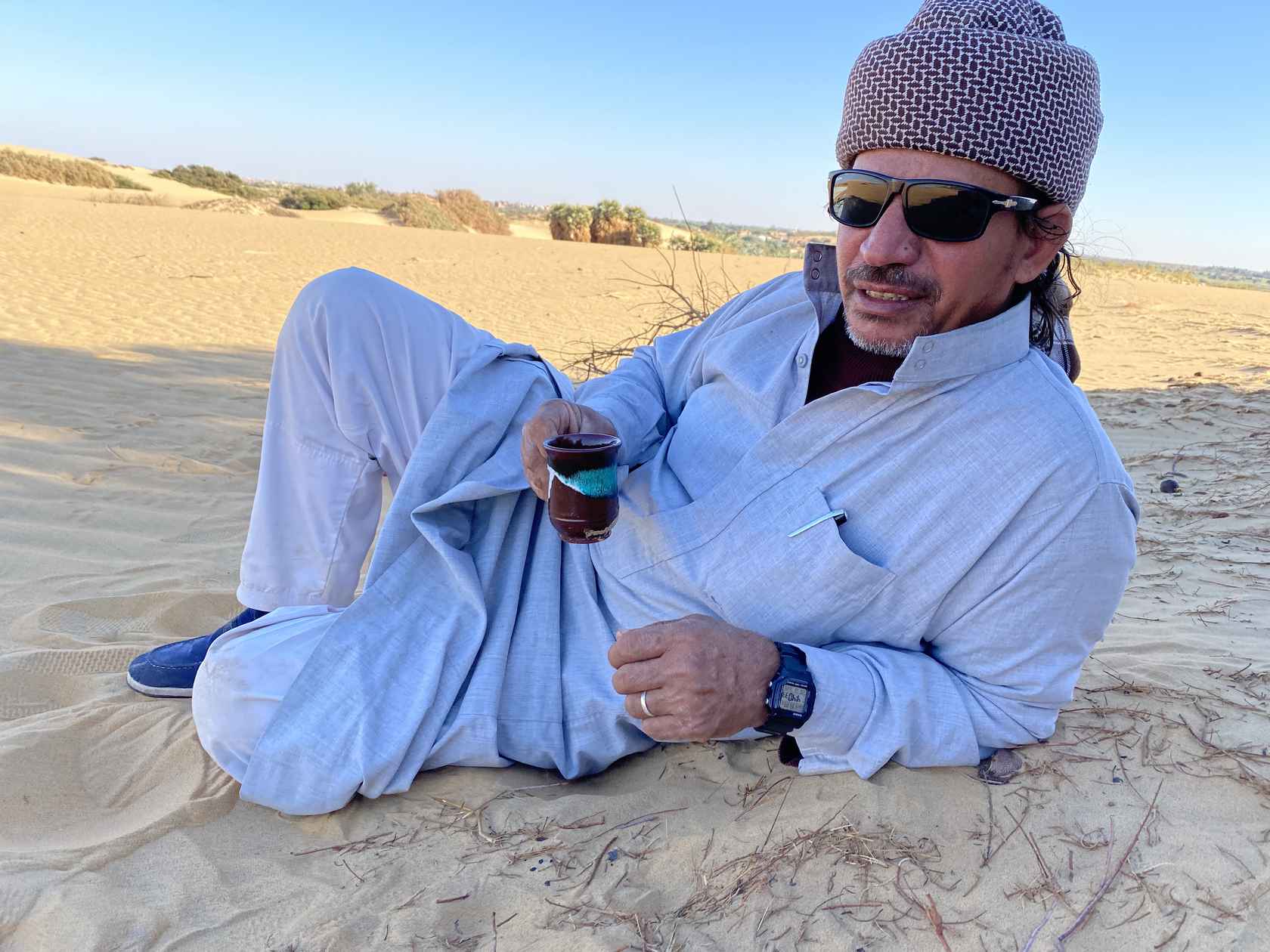
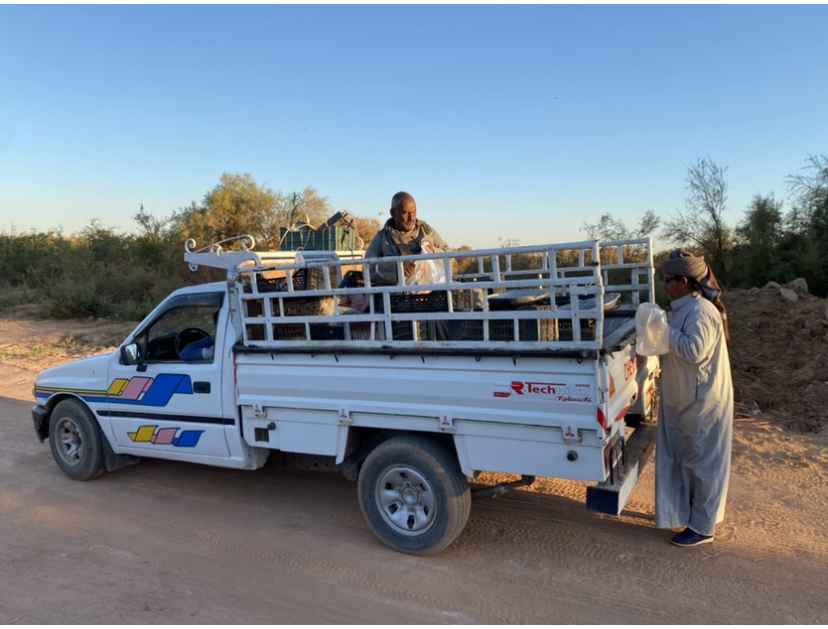
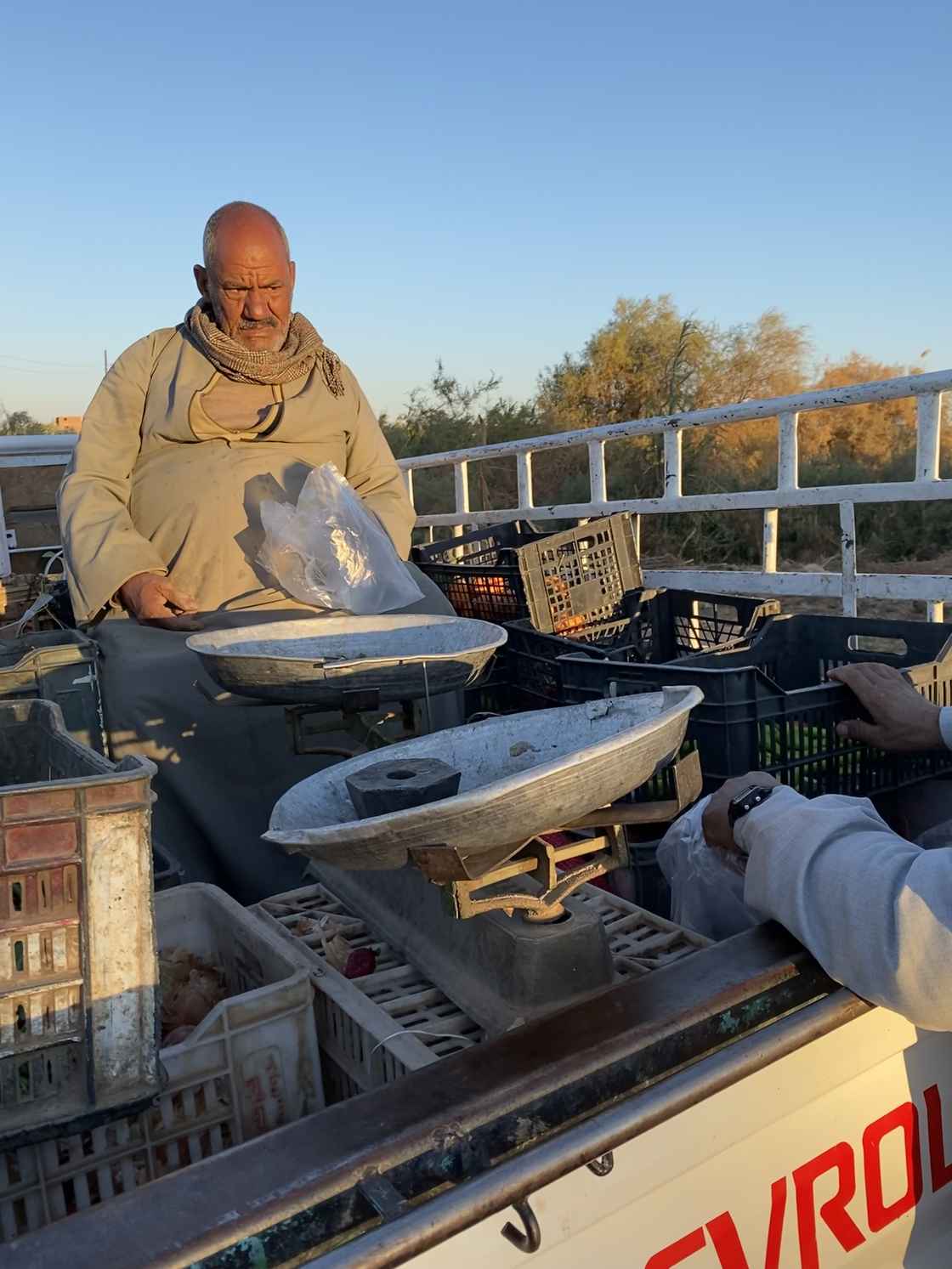
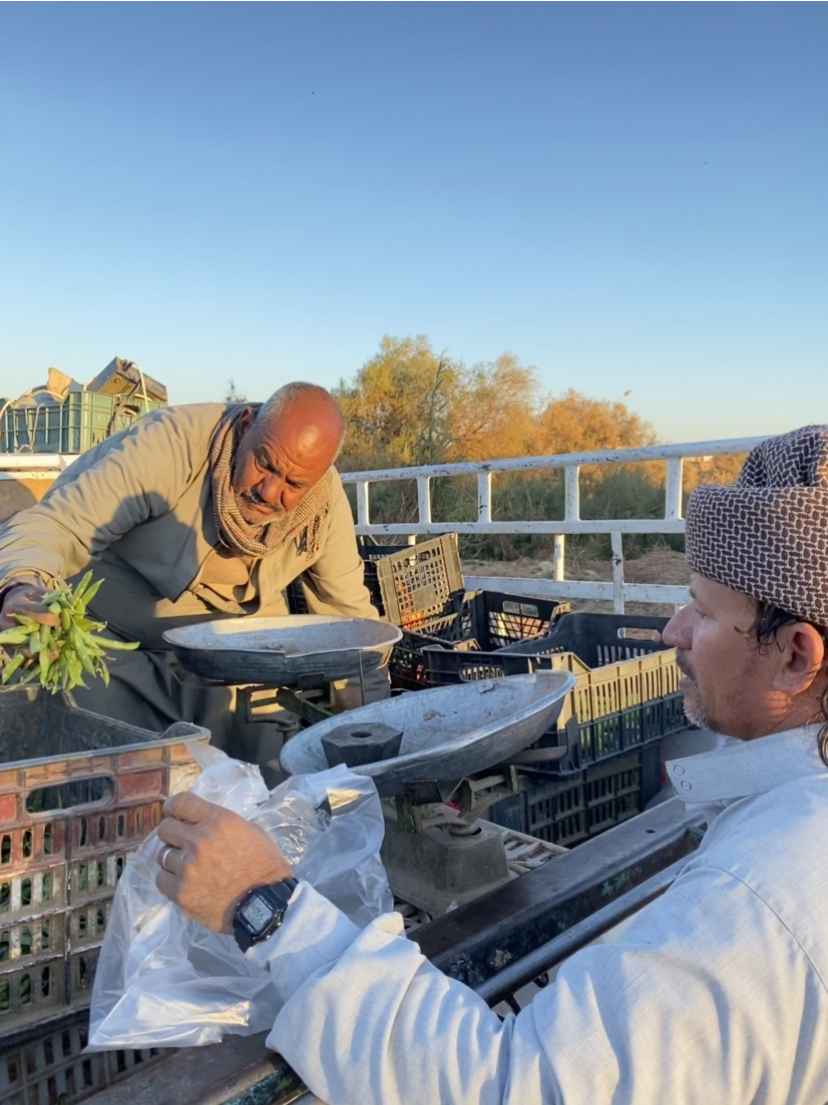
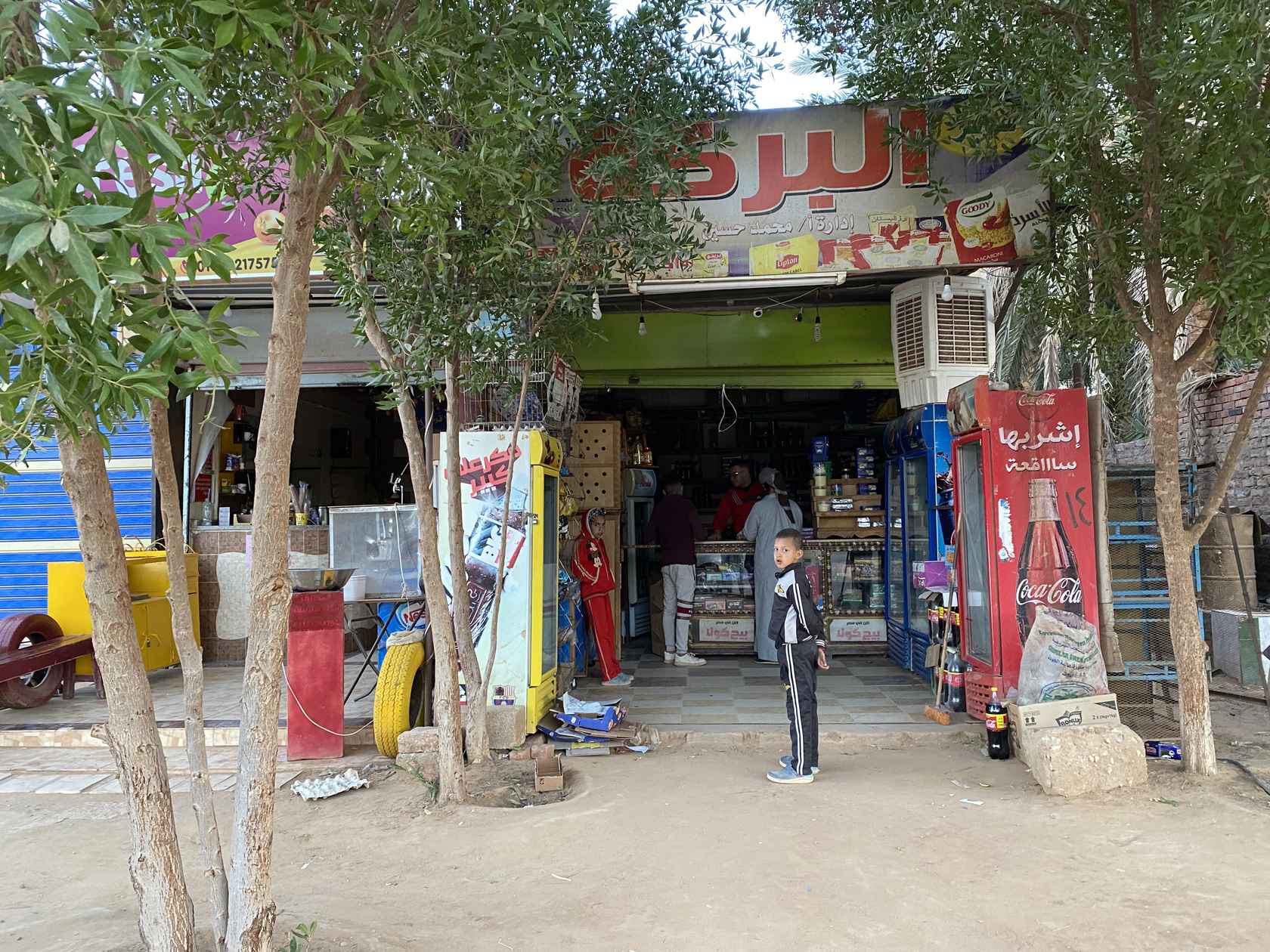
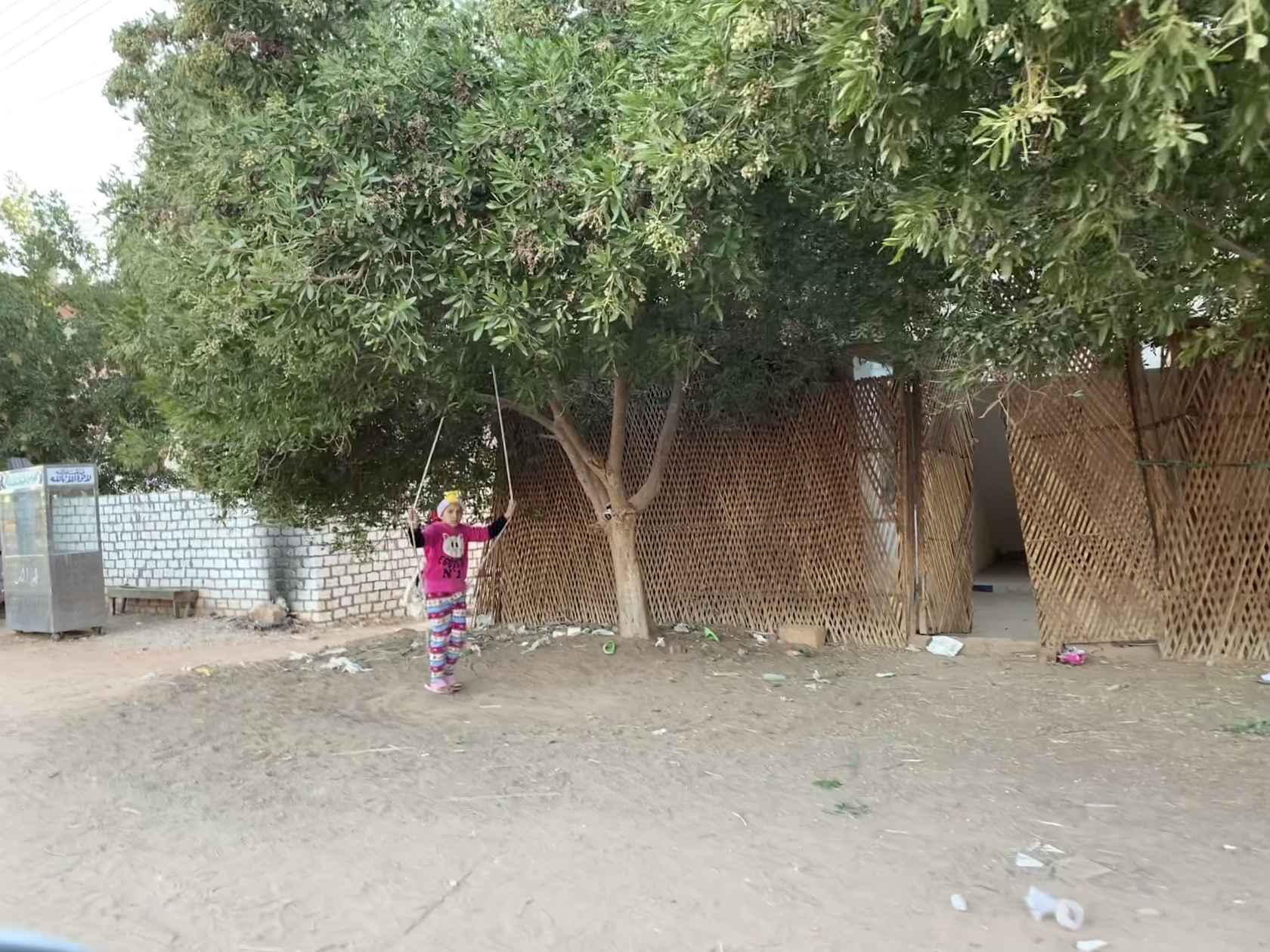
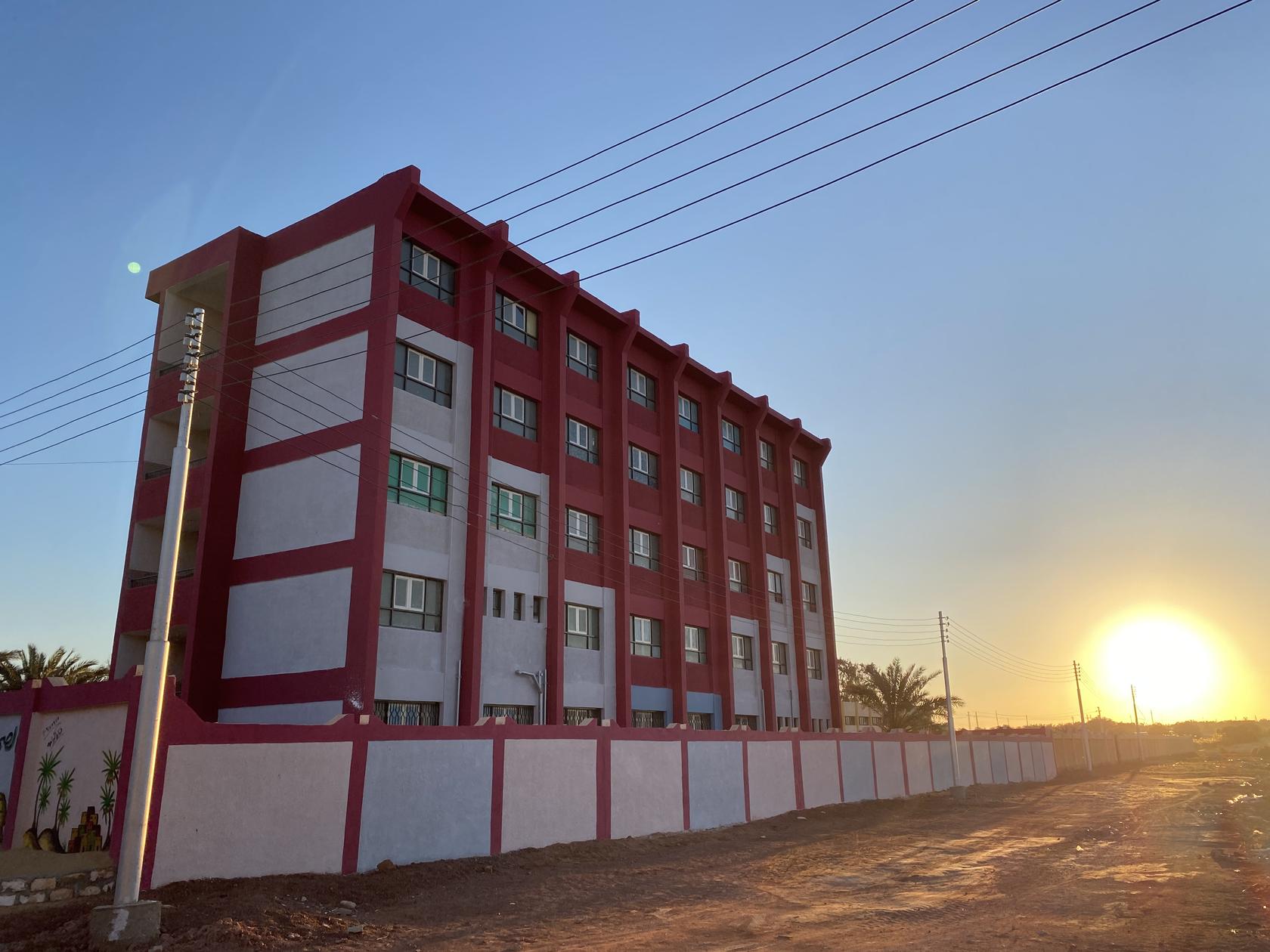
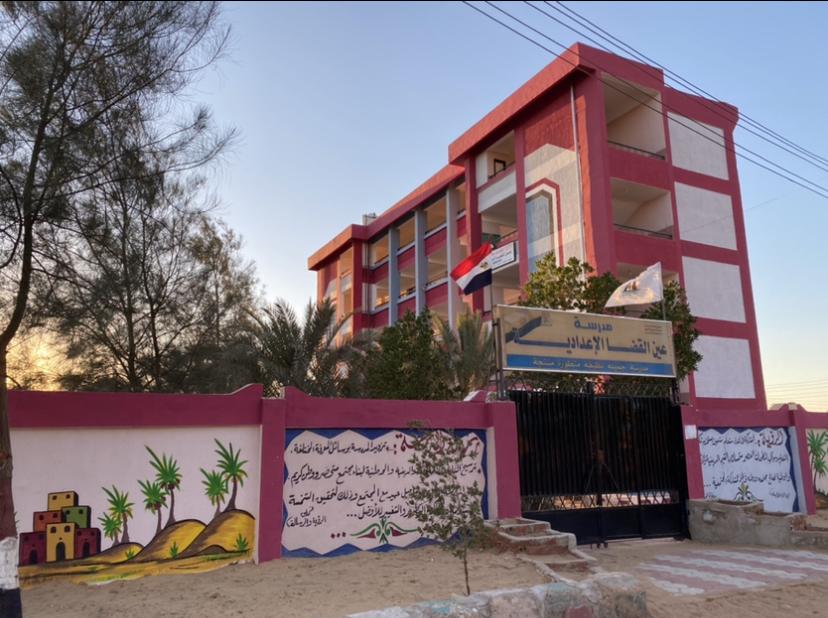
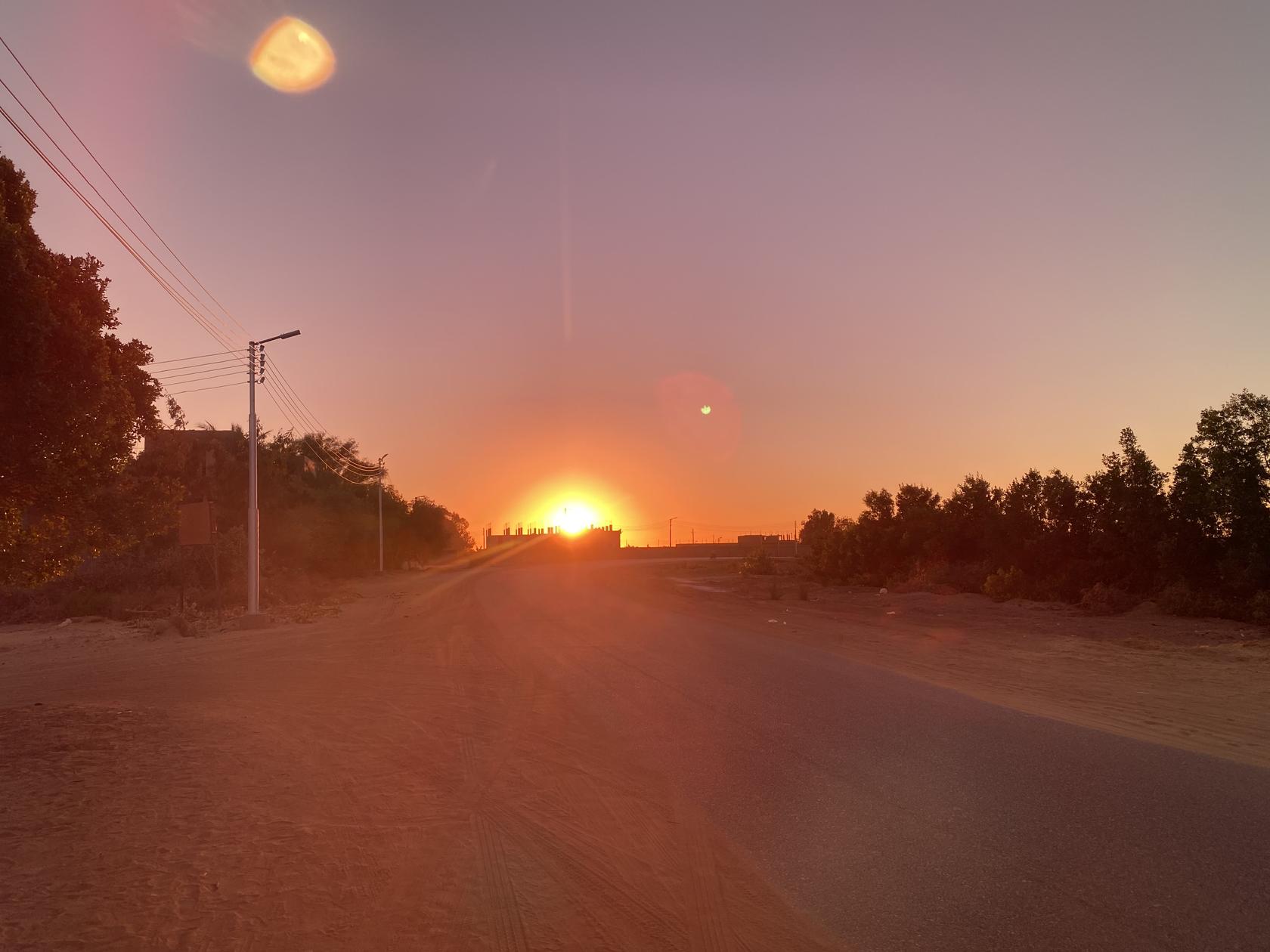
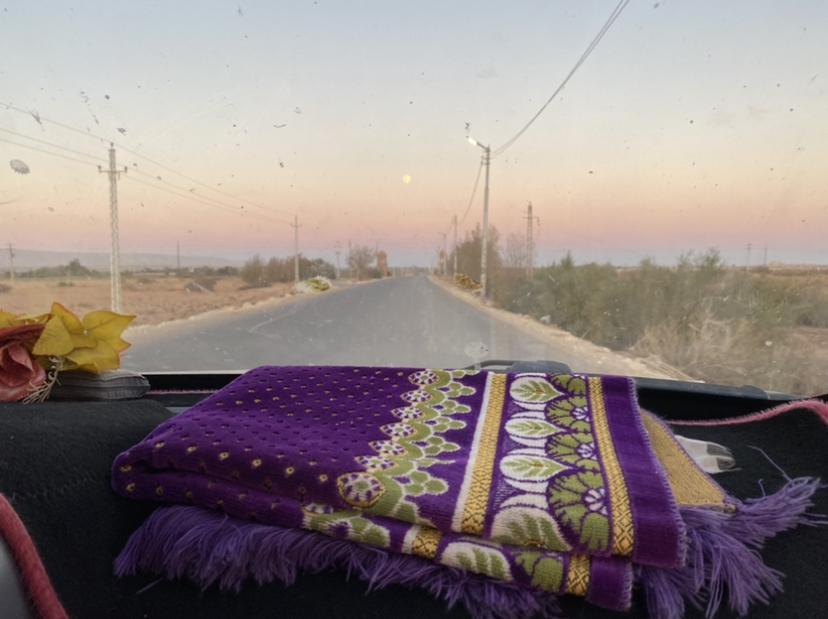
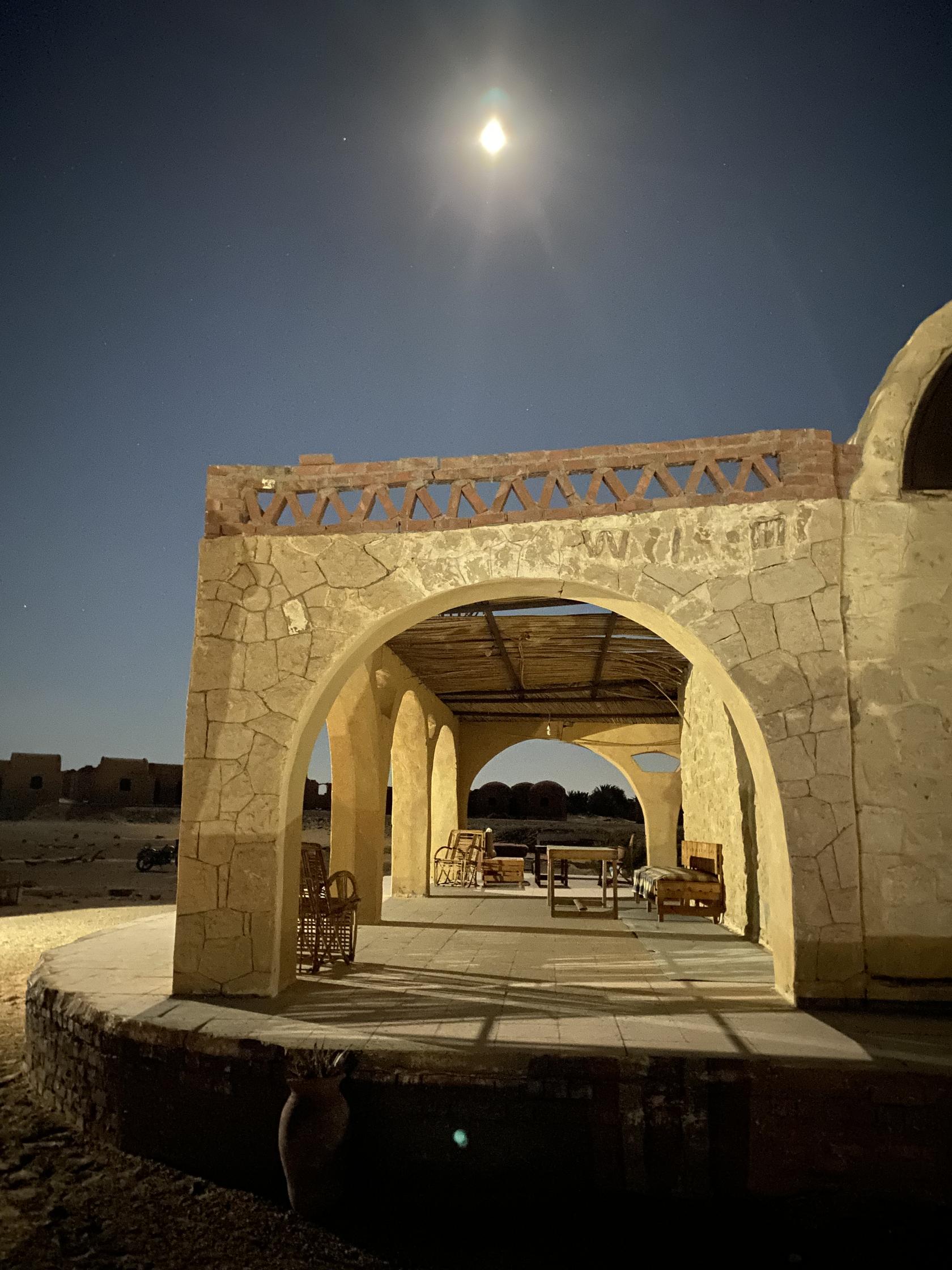
Day 16
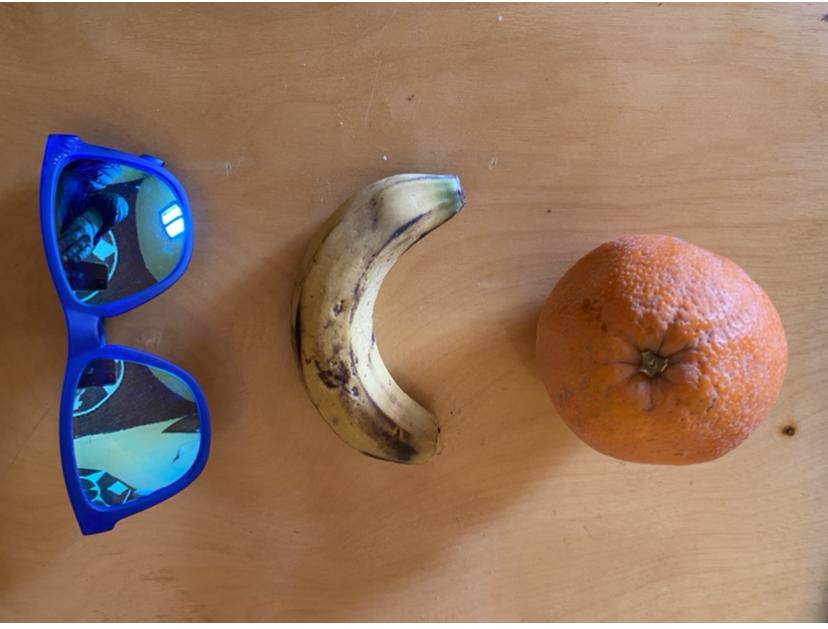
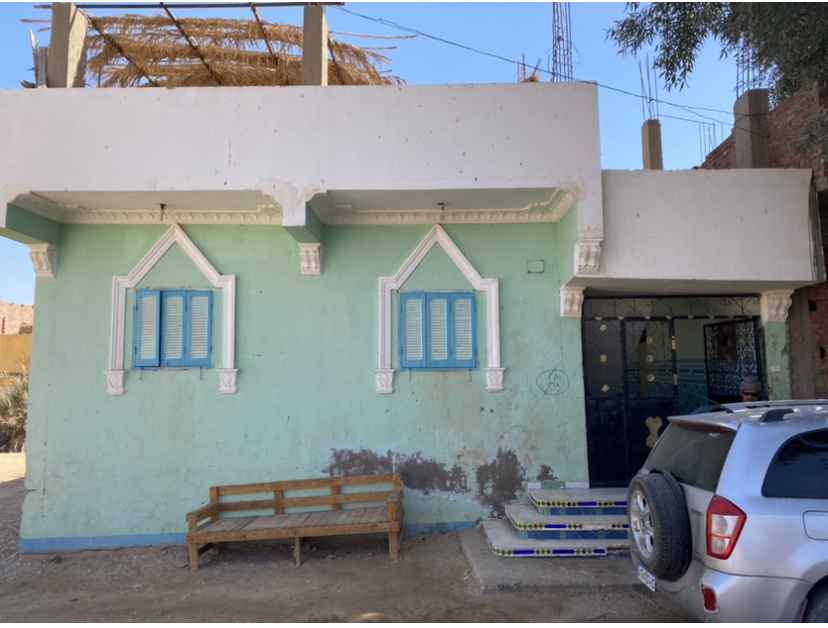
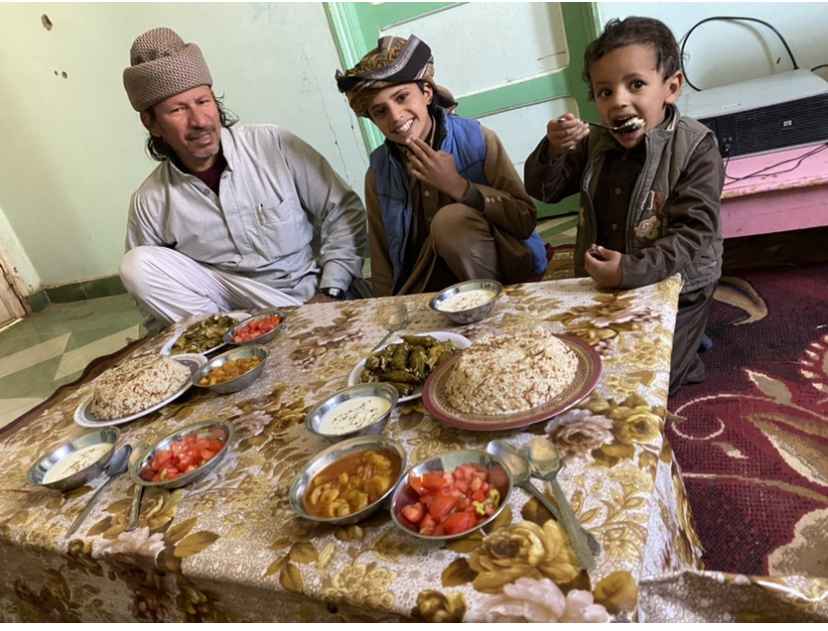
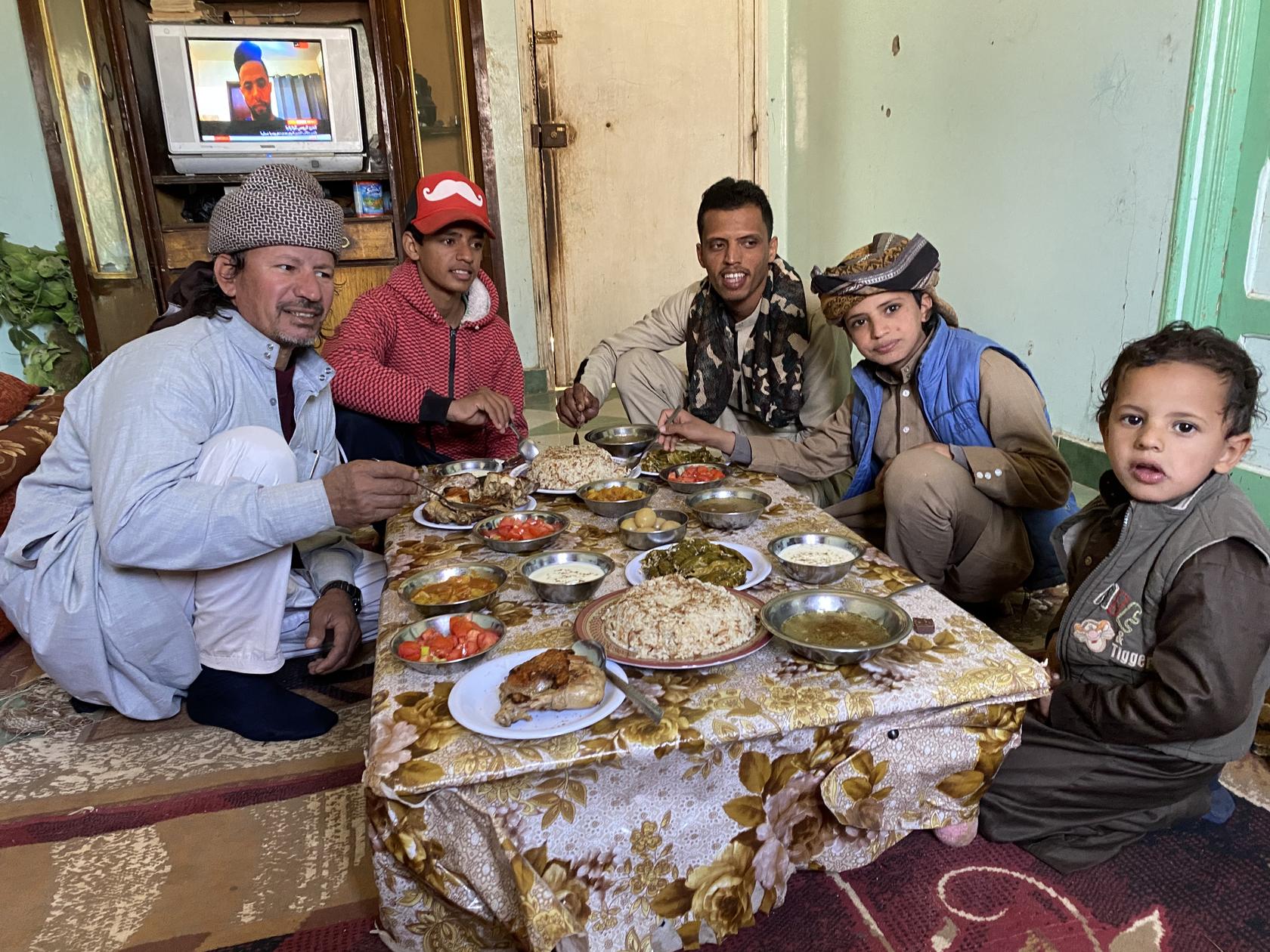
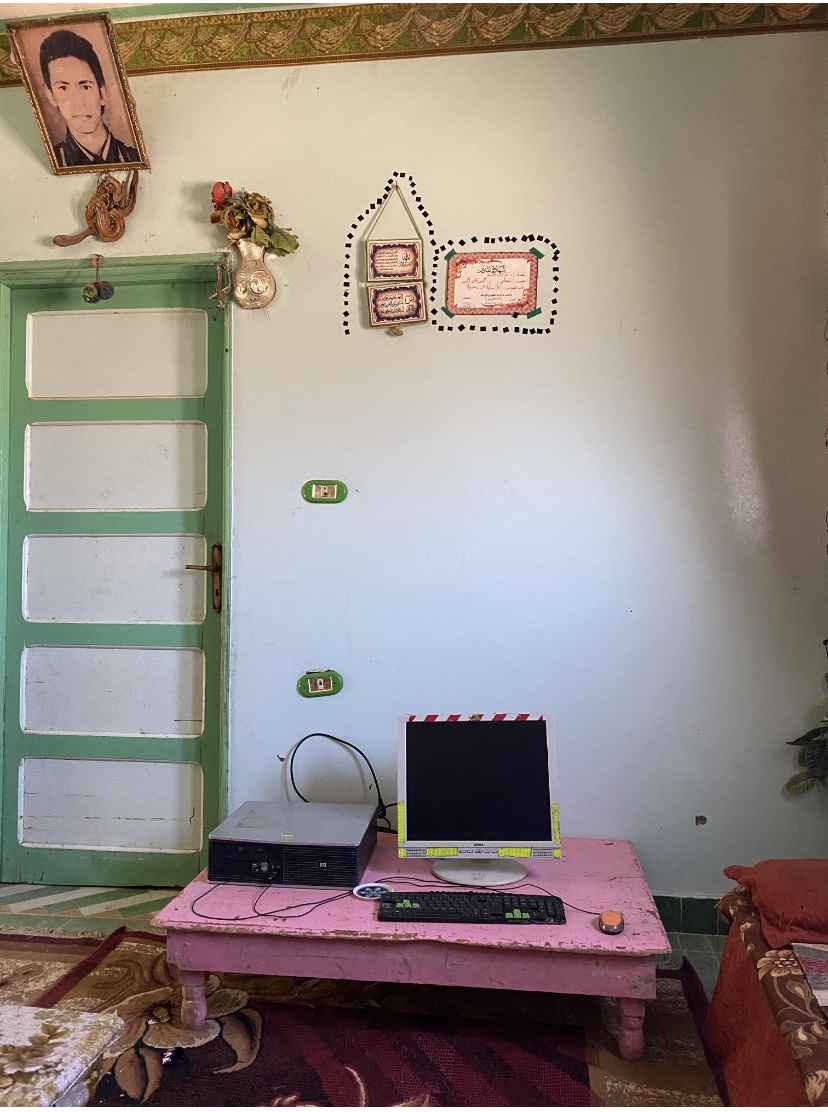
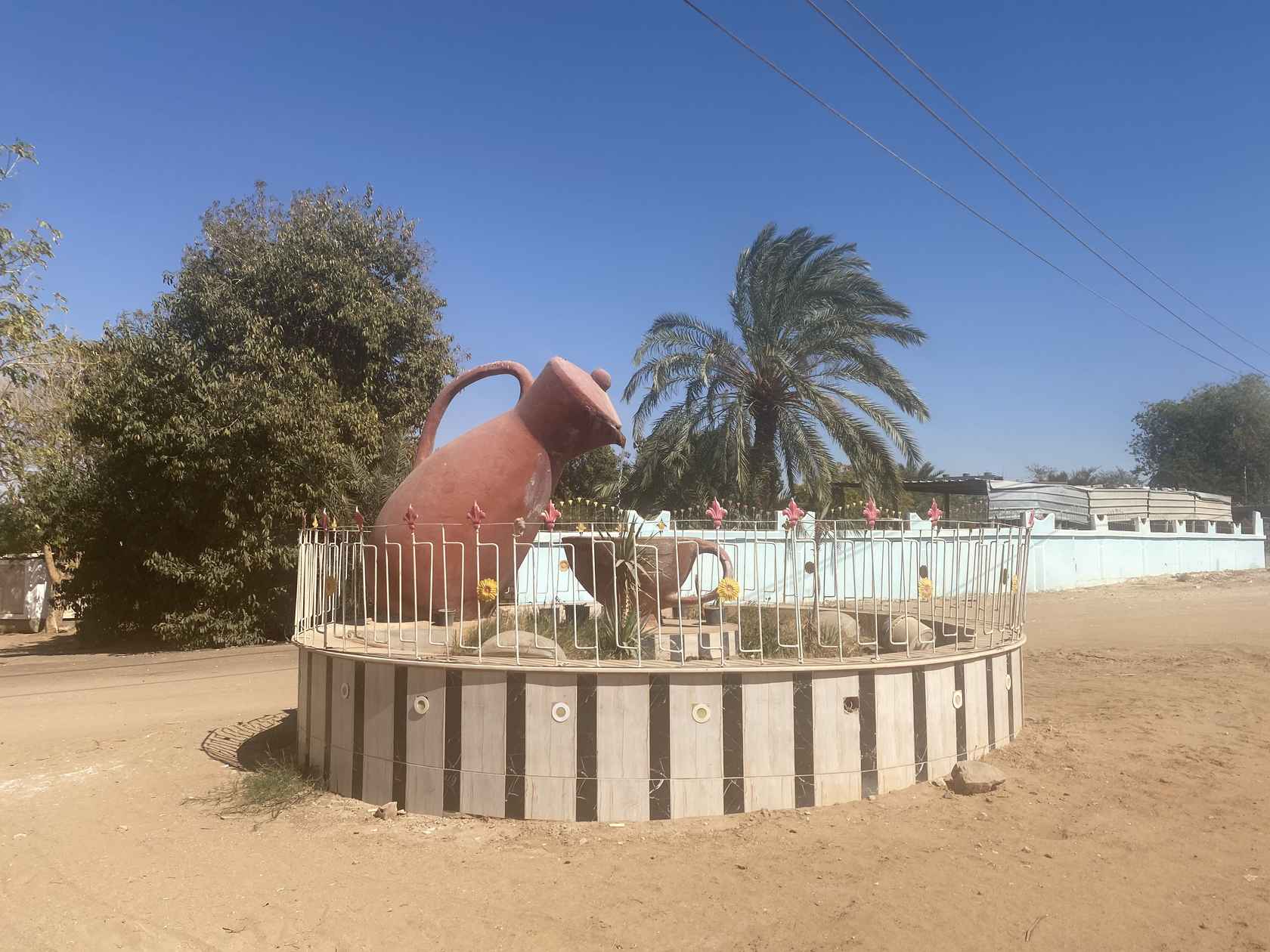
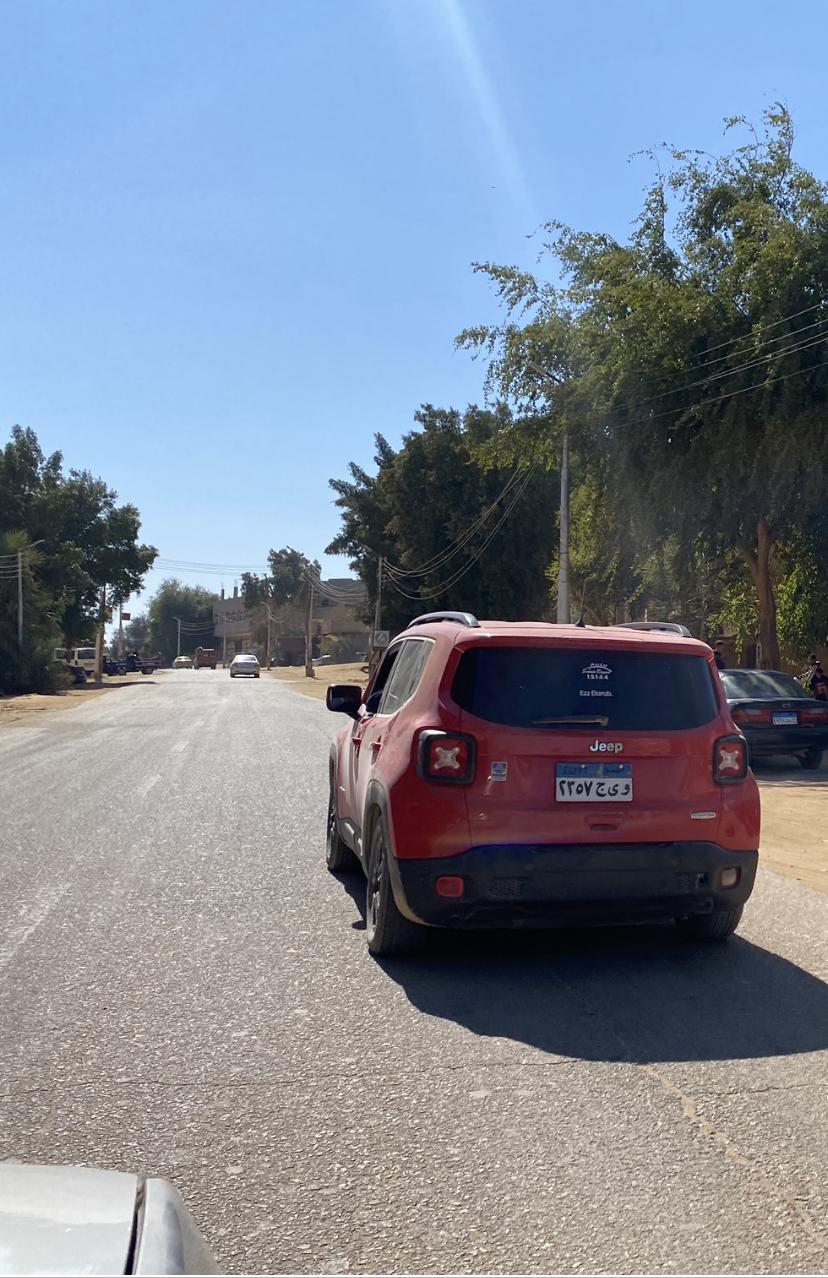
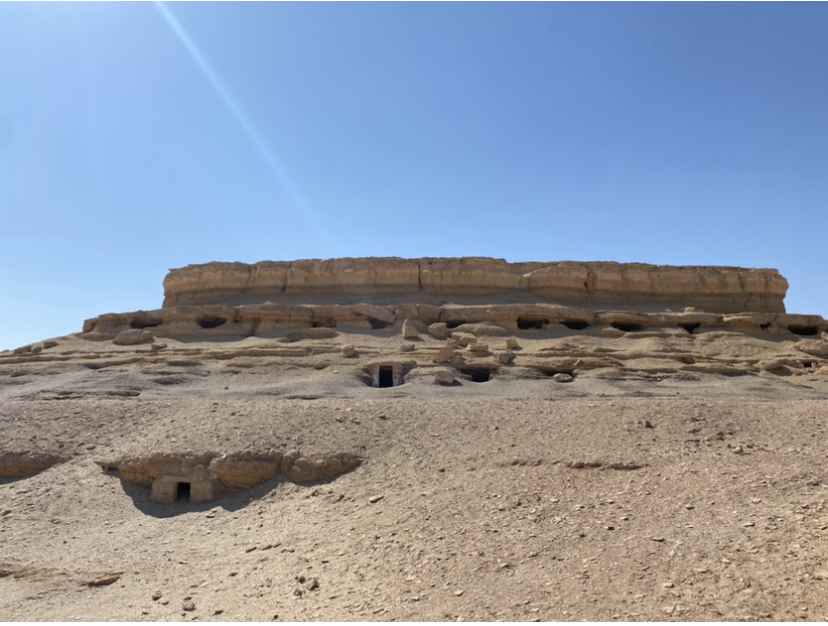
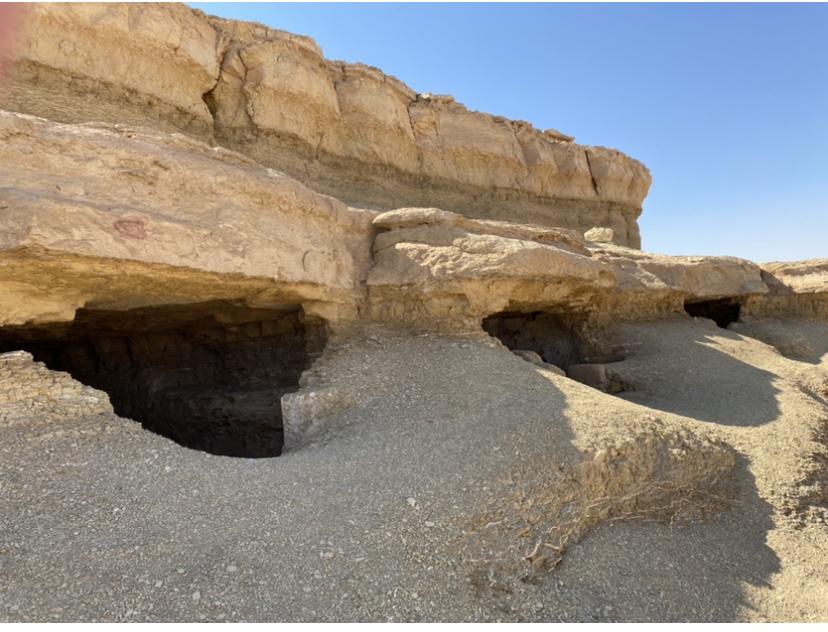

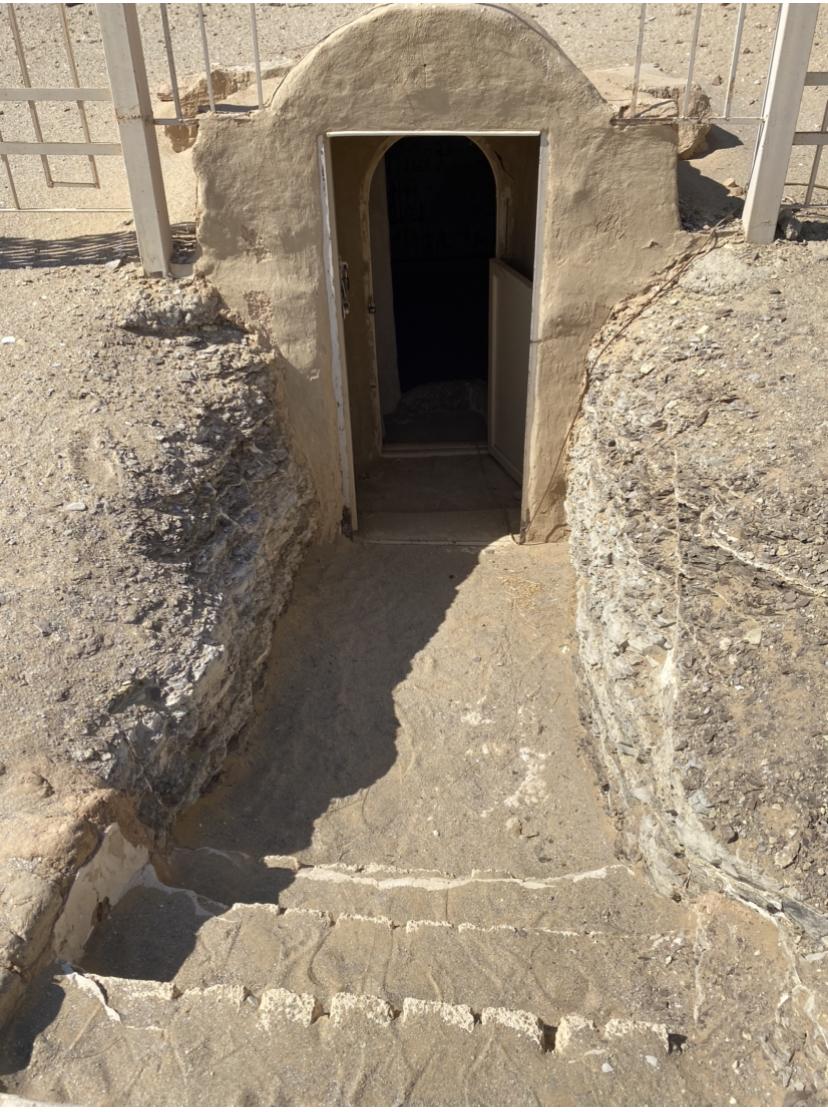
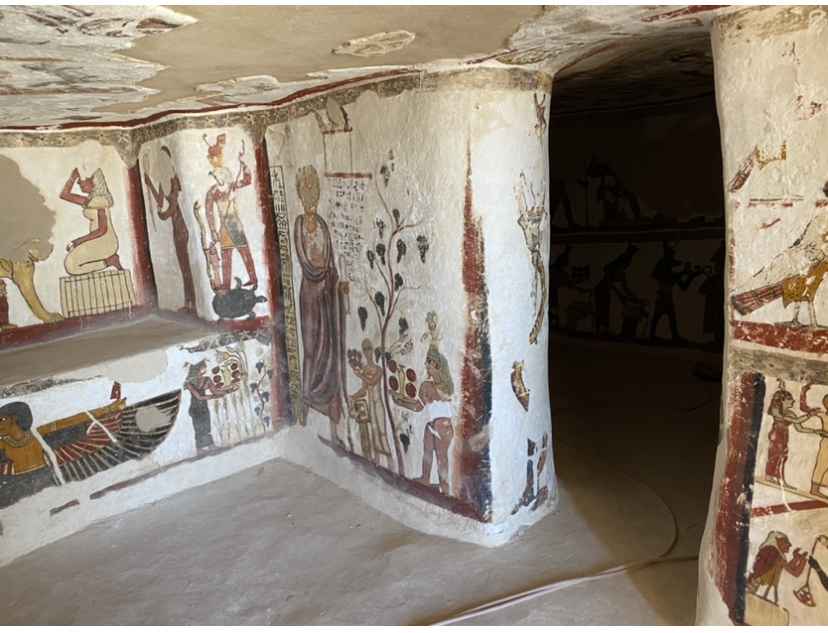
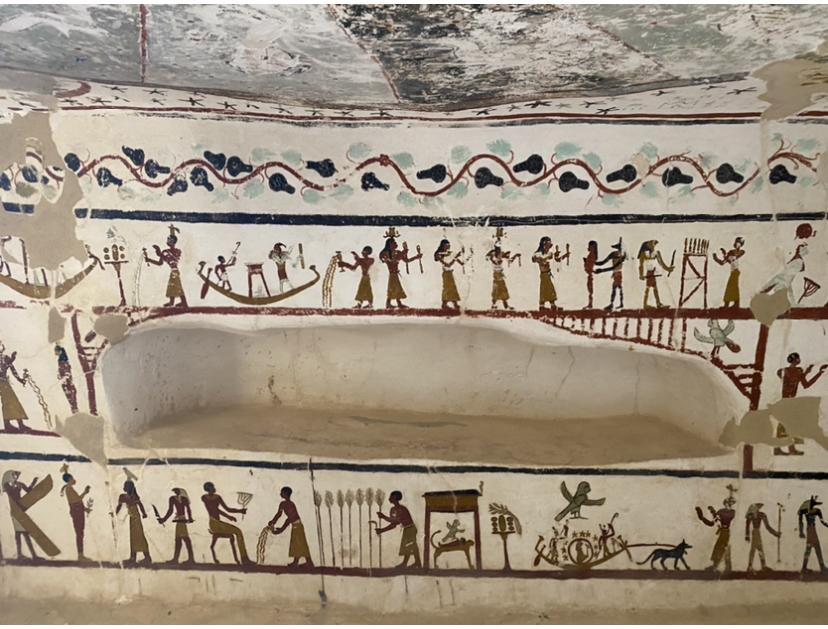
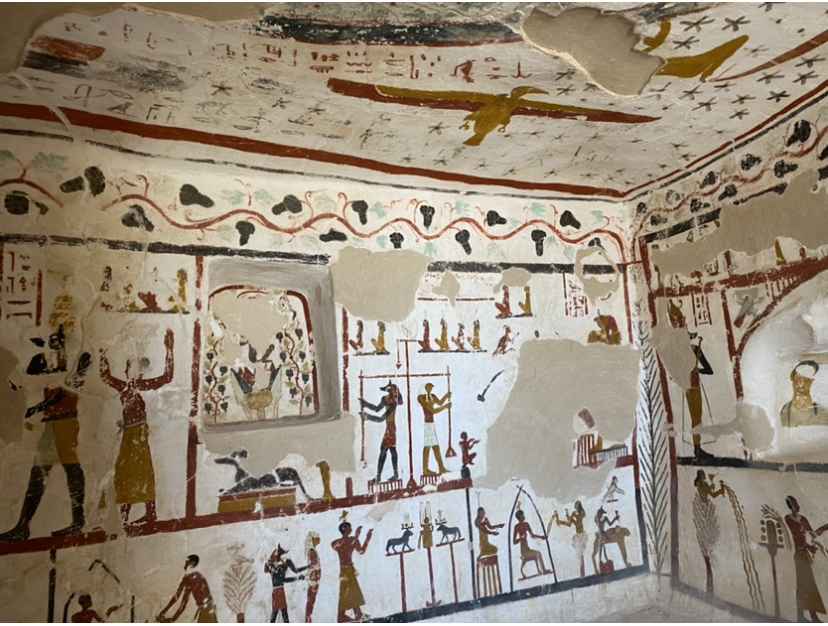
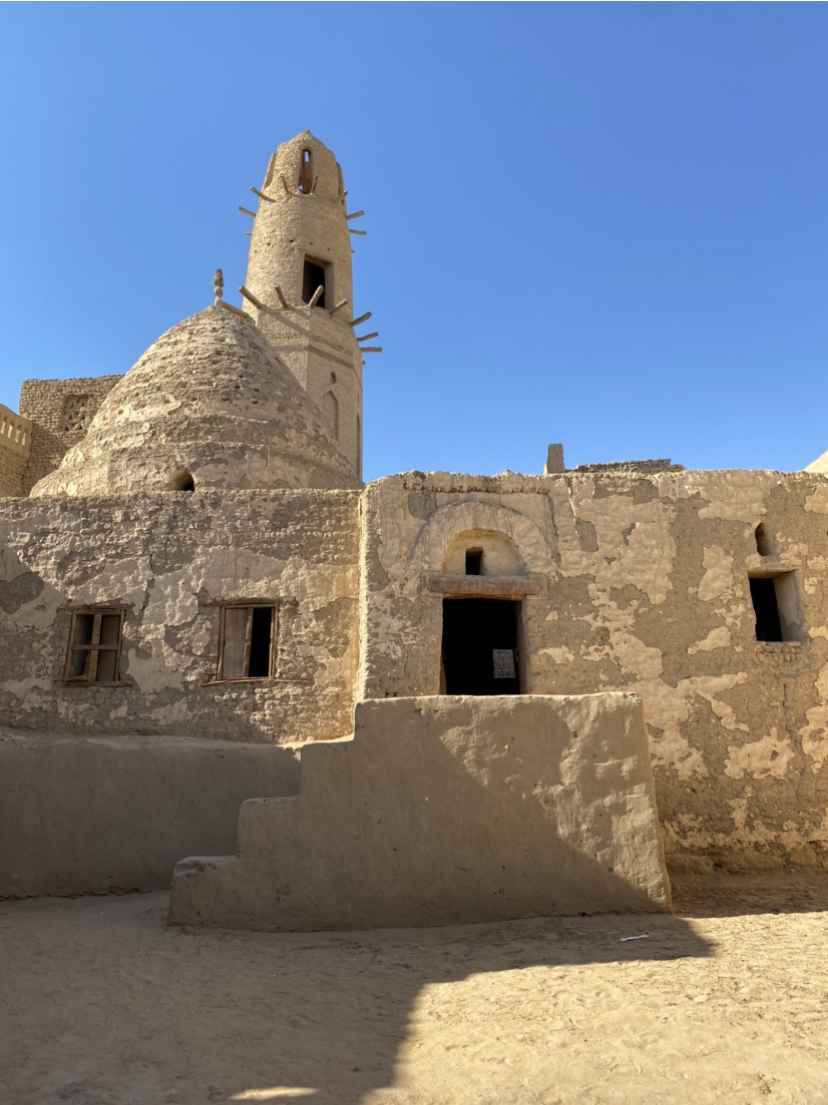
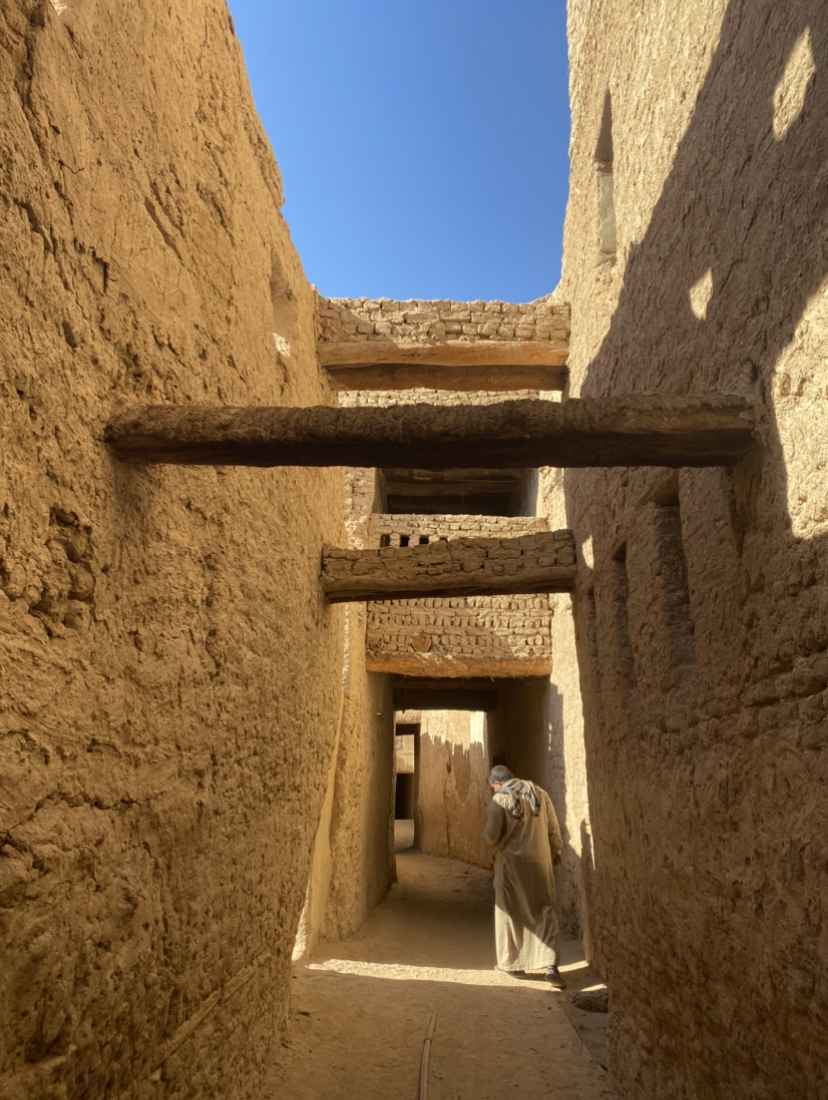
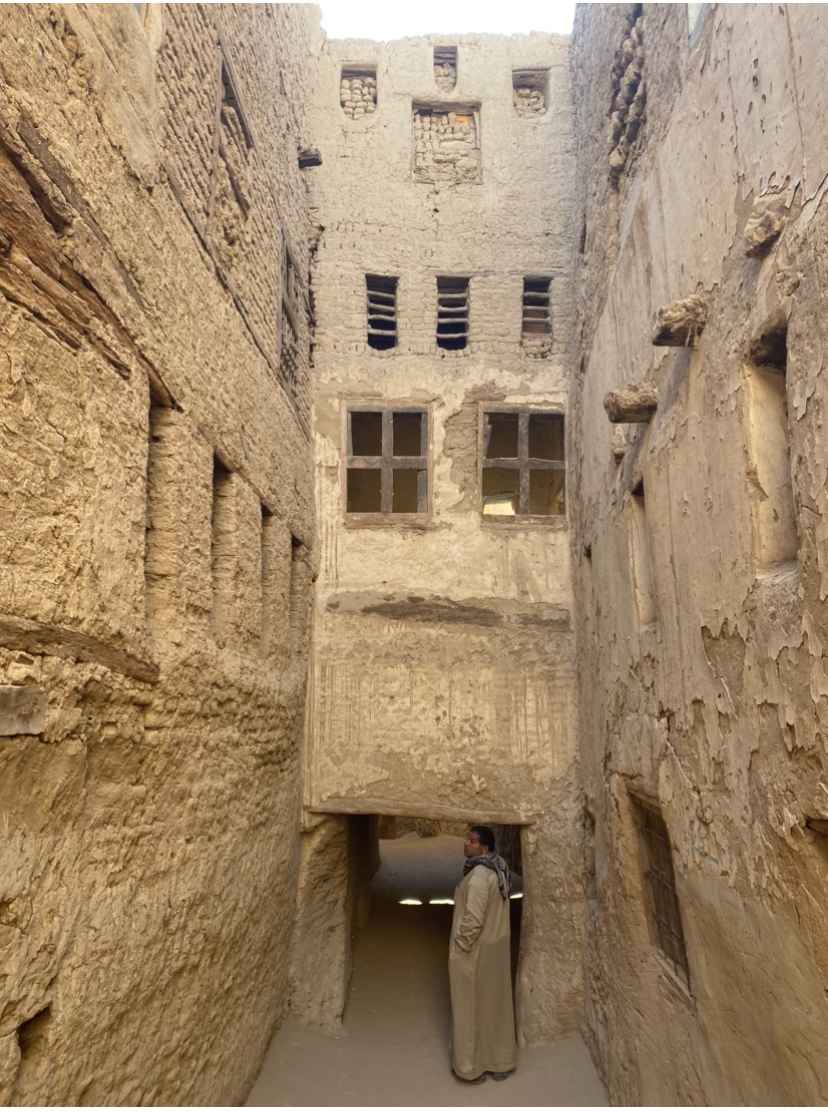
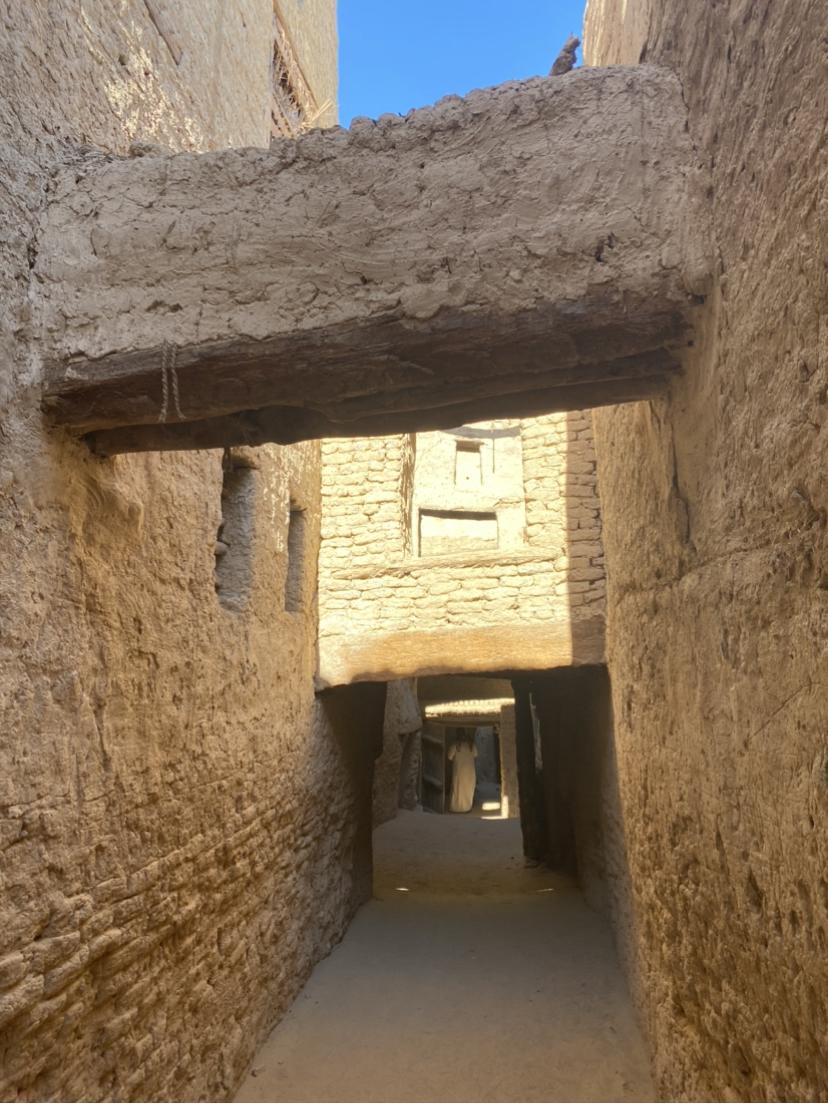
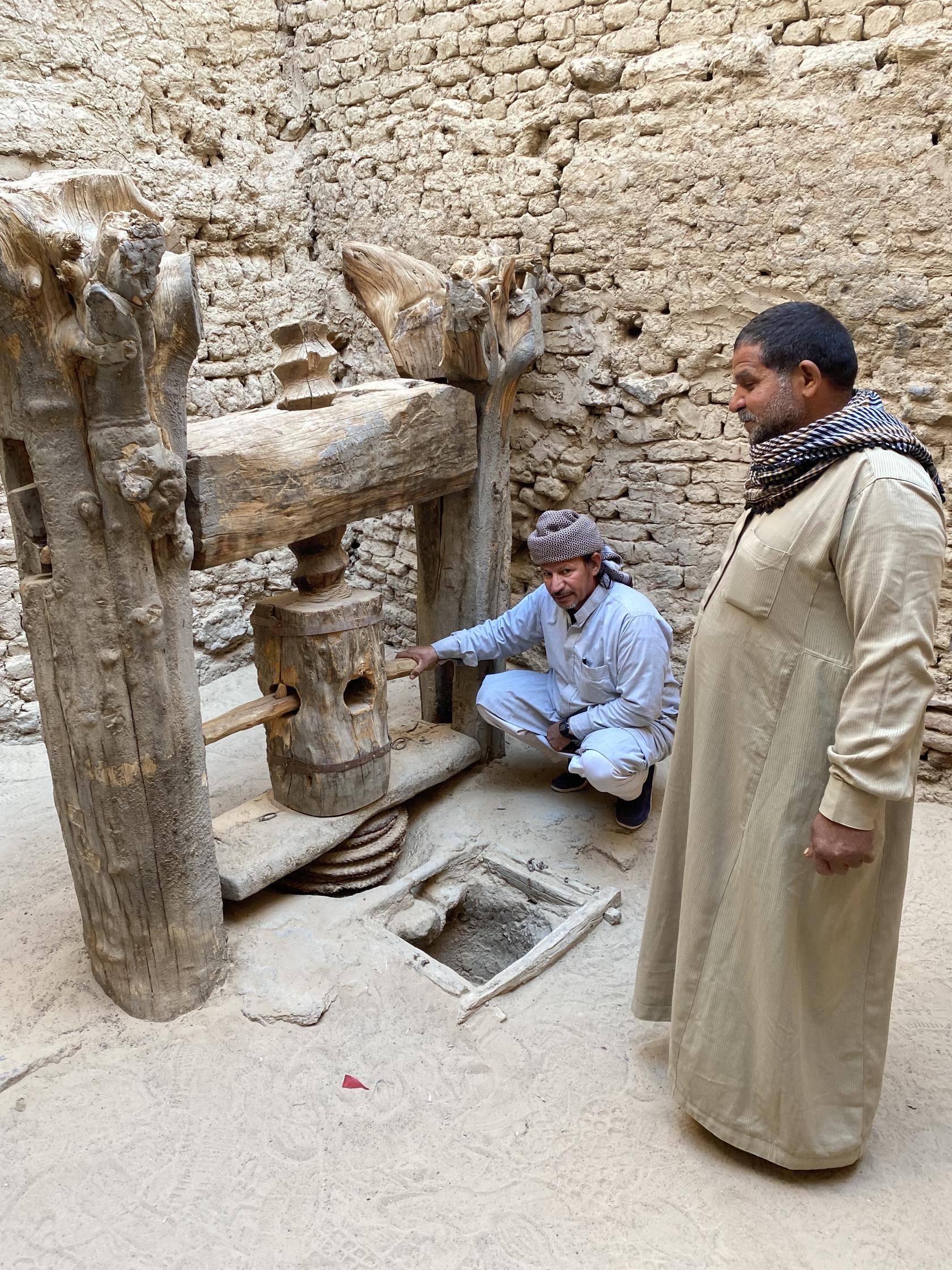
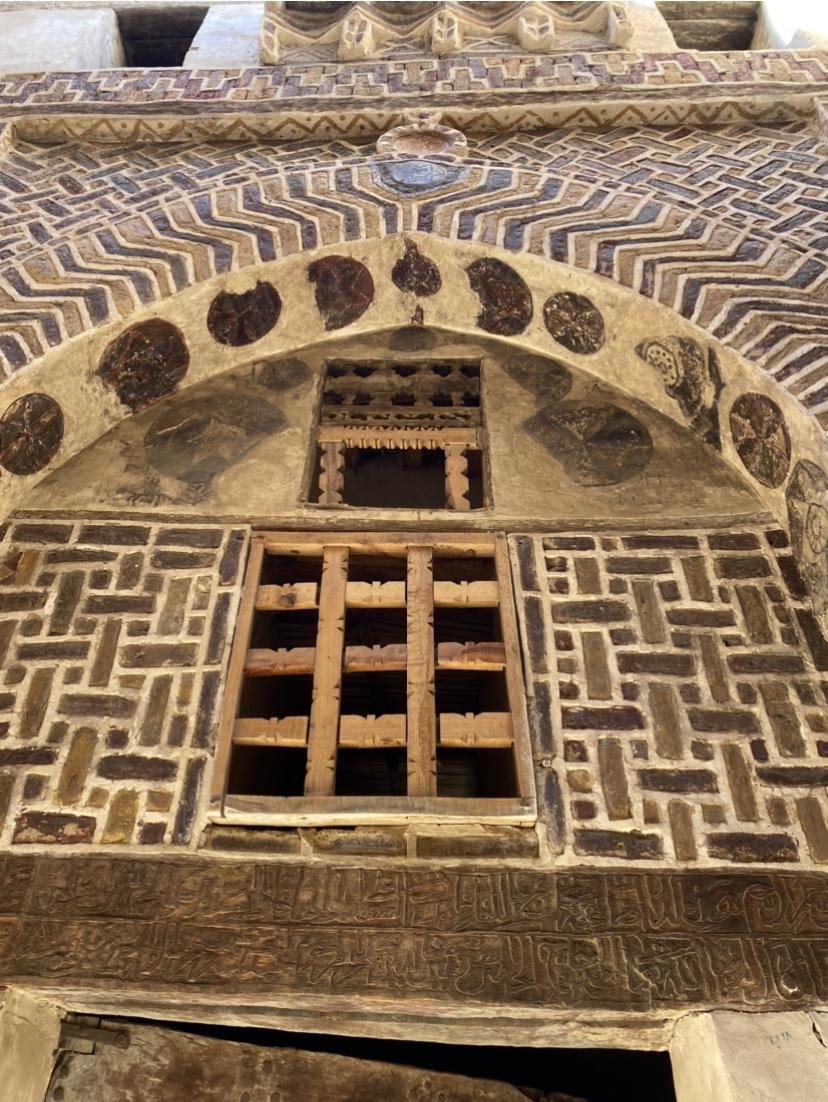
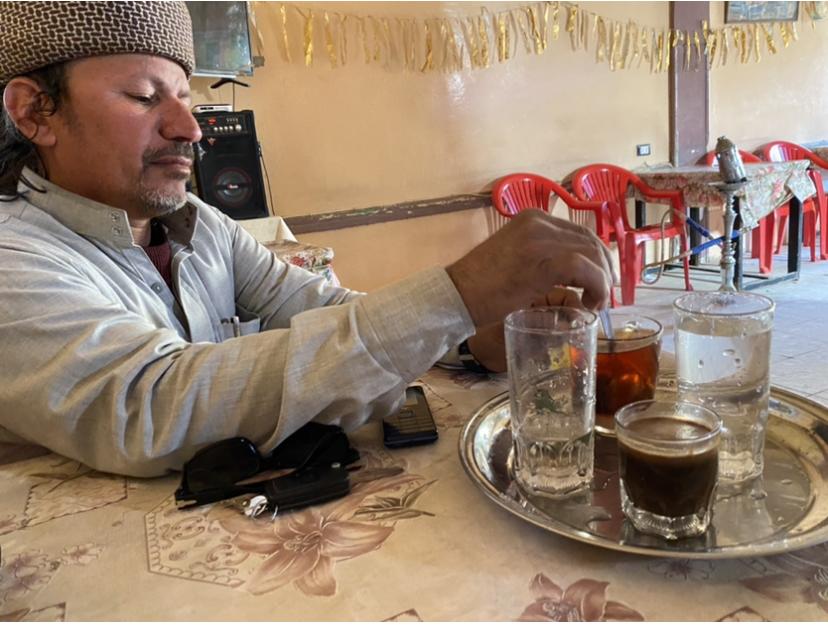
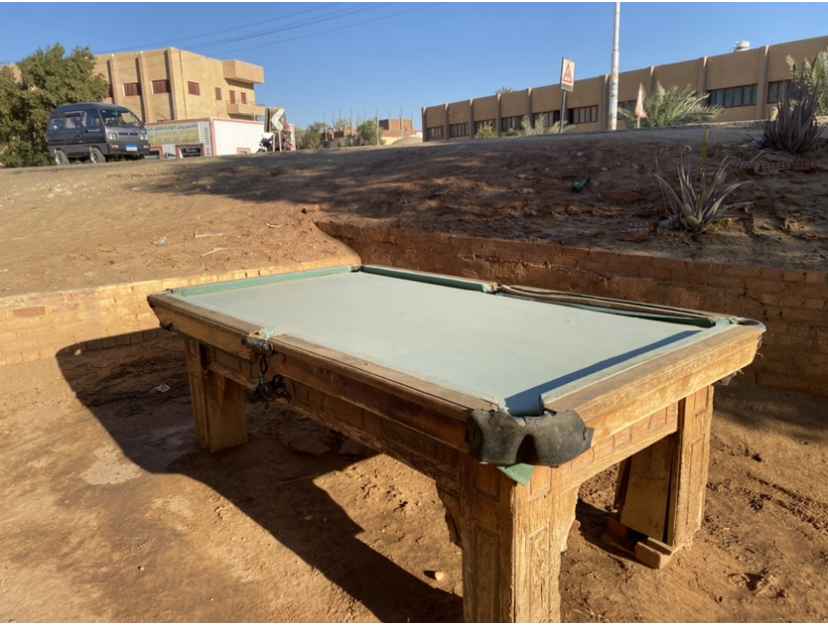
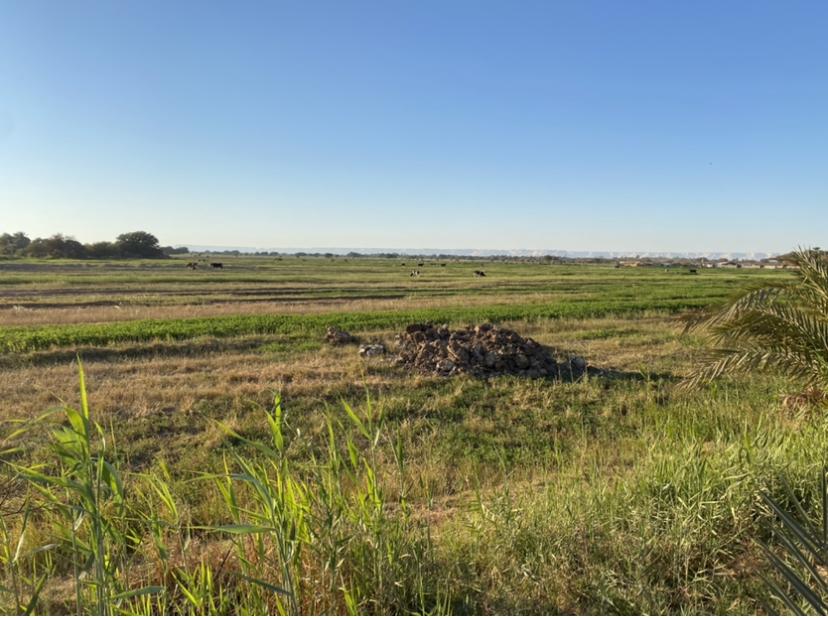
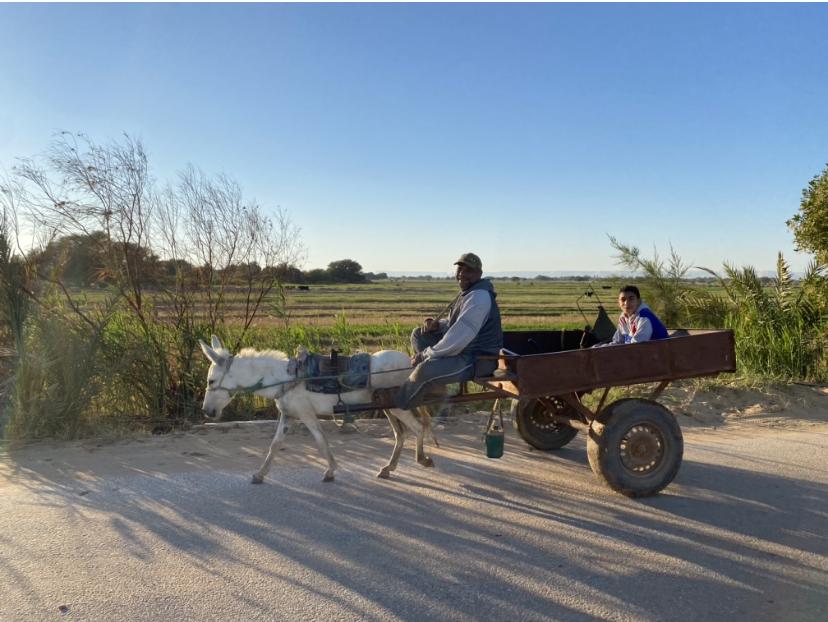
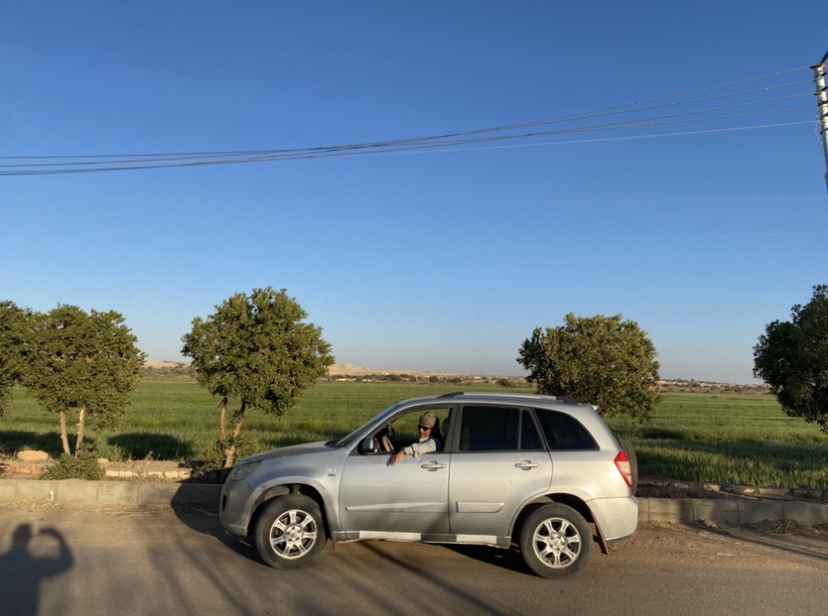
That night, after my long adventurous day exploring the tombs of Al-Mazouka and the old town of Al Qasr, I was sitting in the fire-pit room, as per the nightly custom, drinking tea with the other Bedouin. On this night, staying at the camp, there were also two 30-something French tourists, a young good-looking couple. They entered the fire-pit room and sat on the opposite side of the room from me. (A reminder of the fire-pit room below)

After about 15 minutes, the young woman whispered something to her man, gave him a kiss, got up and walked around the room to come and sit down right next to me! She introduced herself as Sonia. And gratefully, her English was excellent. We chatted about the desert safari she and her boyfriend were doing; she asked what sights I had seen, places I'd been, and any highlights I would recommend in the area. Tourist chit-chat.
Within a few minutes, her boyfriend ambled over and sat down, too. He introduced himself as Jean-Robert. He also spoke excellent English. (Thank goodness other cultures teach their children to speak English!) It turns out they both live in the South of France and work for a large off-shore oil exploration conglomerate. They design and build off-shore oil rigs. He's an engineer, and she does project management. It's also how they met, at their job.
After a sparkling conversation of about 30 minutes, she finally asked me what she really wanted to ask me: she asked me what it is that I do. When I told her, her eyes got wide. She turned to Jean-Robert, said something in French, turned back to me and said: "I knew I was supposed to come and talk to you. I told Jean-Robert, when we were sitting on the other side of the room, 'I'm going to go talk to the man now.'" They both laughed.
She said that she had been looking for some life advice. She felt like she needed it. She was at a cross-roads. And how funny and appropriate, she said, that she would meet me all the way out in the Egyptian desert. So, I began telling her about her Source Cards. She is born to play the 9 of Clubs / 9 of Spades. As she listened to the meaning of her cards, tears welled up in her eyes. Afterwards she said to me: "I lost myself. You gave me back to myself."
Jean-Robert, meanwhile, is born to play the Queen of Hearts / King of Spades. I explained his cards to him, and I gave them a relationship reading as well. It felt really special. I enjoyed talking with them. They playfully teased me, saying that I was "the guru in the desert." Afterwards, we took a selfie to commemorate the moment. I hope they send it to me soon.
As we parted, Jean-Robert shook his head, as in disbelief and awe, and said to me: "Thank you. This is the best conversation I ever had in my life."
Day 17
March 19th, a 4 of Diamonds day.
This morning I met an older German woman in the Bedouin Camp. I had seen her a few days earlier. She seemed to live nearby. I had a feeling I would meet her again. And today, I did. Claudia, who spoke perfect English from her time living in England, introduced herself as a healer who had also worked in the past as a channel and a medium.
Here is a picture of the two of us from the following day when Ali took us for a picnic. She and I became buddies for my last few days there.
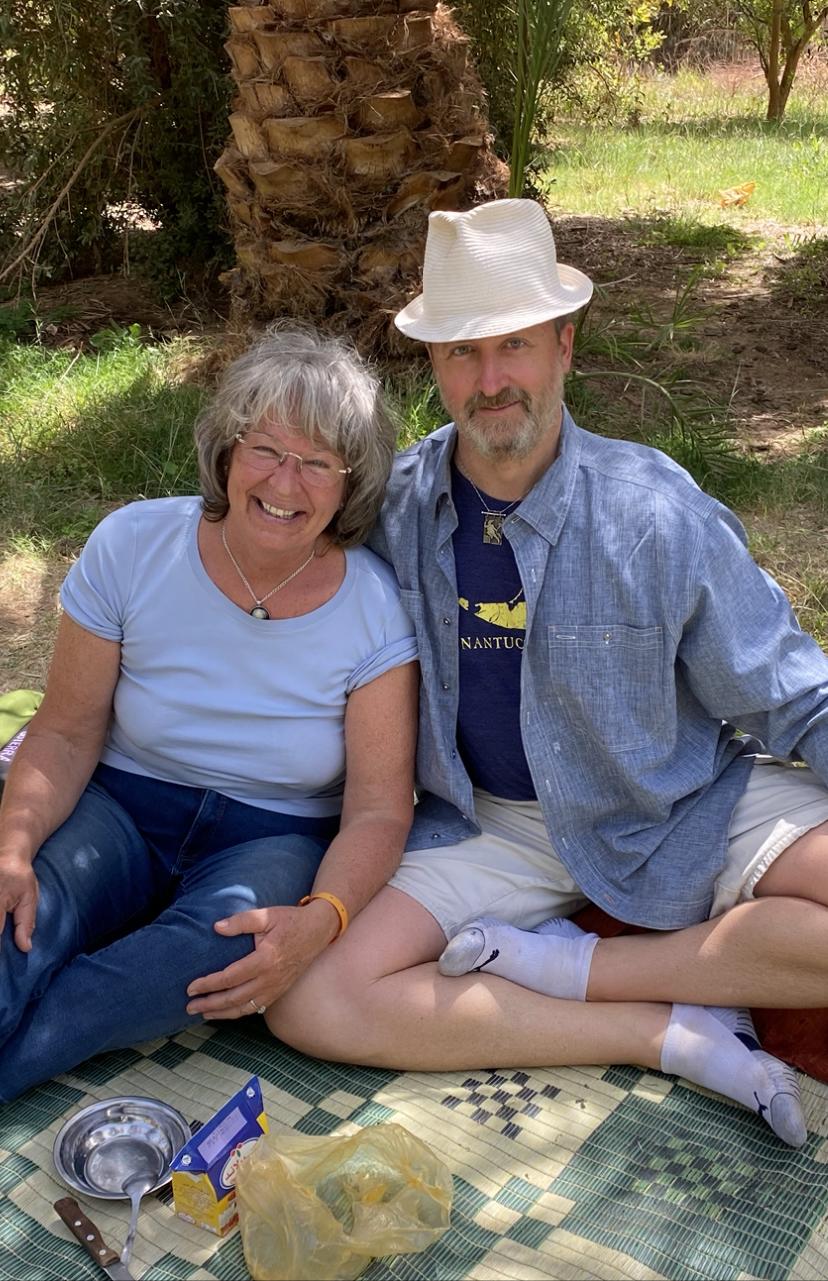
When we first met, we sat on the veranda of the Bedouin Camp.
And as she was speaking about Life and our human experience of life, Claudia gave me the gift of reminding me that we are each inhabiting our own universe. What we experience in life is only and always an extension of ourselves. In other words, we may think we are experiencing another human being, but we are only and always experiencing ourselves when we interact with them. The same holds true for any situation in which we find ourselves. No matter what the situation is, we are only and always experiencing our own energy, our own vibration, and our own response to whatever the situation is. Whatever the situation stimulates in us and for us is always and only an experience of our own energy.
It's profoundly liberating to realize what this actually means.
As we continued sharing our gems of wisdom, Claudia asked if I would give her a Source Card reading. She is born to play the 3 of Clubs / 3 of Spades. And she, despite her profound wisdom, was feeling anxious about a young Muslim man who had just recently proposed marriage to her. She felt all aflutter and wanted to find out about him and their relationship dynamics together.
She is 65 and he is in his early 30s. And as I soon learned: this is a common phenomenon in Egypt. Older European women marry young Egyptian men. In Claudia's case, which seems to be the norm, Ahmed proposed to her after they had know each other for only two days. He had been her guide on a desert safari. At the end of the trip, he proposed. She accepted.
But there are complicating factors. He lives a couple of hours away from Dakhla and is in the process of divorcing his first wife, an Egyptian woman with whom he has three children. And his older brother does not approve of his desire to marry Claudia.
So, anyway, for about an hour, I talked her through her Source Cards and his Source Cards together. He is playing the Five of Clubs / Ace of Spades. (What would you say about their relationship dynamics together?) At the end of what I shared with her, she smiled and mused aloud on the benefit of the Source Card reading for her. She said, "It's taking me back to me and the love of me. It's working in my body like a poem."
It was the third extraordinary compliment I had heard in less than 24 hours.
We didn't leave the camp all day. We spent the afternoon chatting, drinking tea, and smoking her tobacco. She rolled own her cigarettes and invited me to join. It reminded me of my days many years before when I was part of a community of people who did regular ayahuasca ceremonies. In that setting, we all rolled our own tobacco, considering it to be a sacred plant medicine.
In the evening, I accompanied Claudia and Ali on their shopping expedition. She was buying groceries for her house where she was staying with another German woman. (Source Card question: why would it make sense that we would do grocery shopping on a 4 of Diamonds day?) And in exchange for Ali taking her to buy her groceries, she bought his groceries as well... for which I, then, found myself splitting the cost with her.
We went to about six shops to find all that she wanted. There's no such thing as a supermarket around here. Here is one of the various shops we visited:
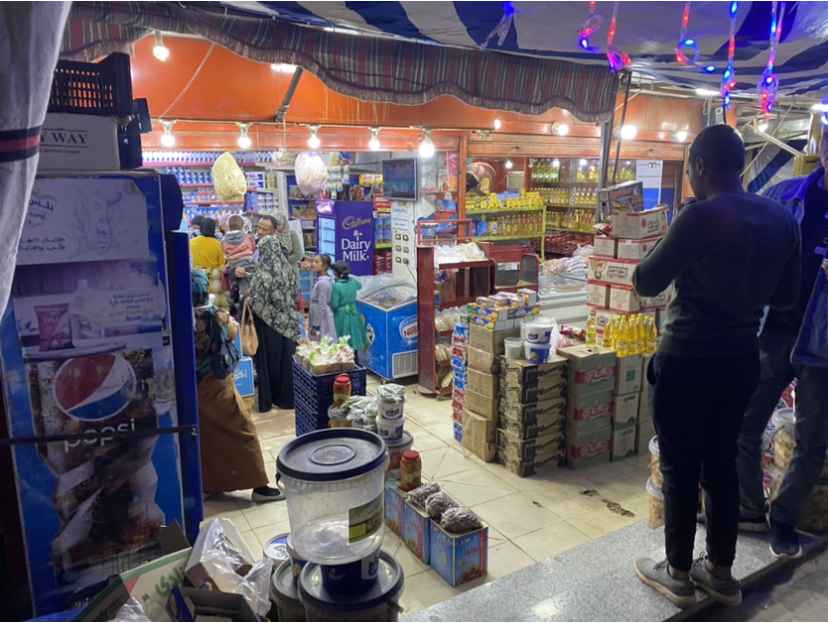
The fruit and vegetable shop
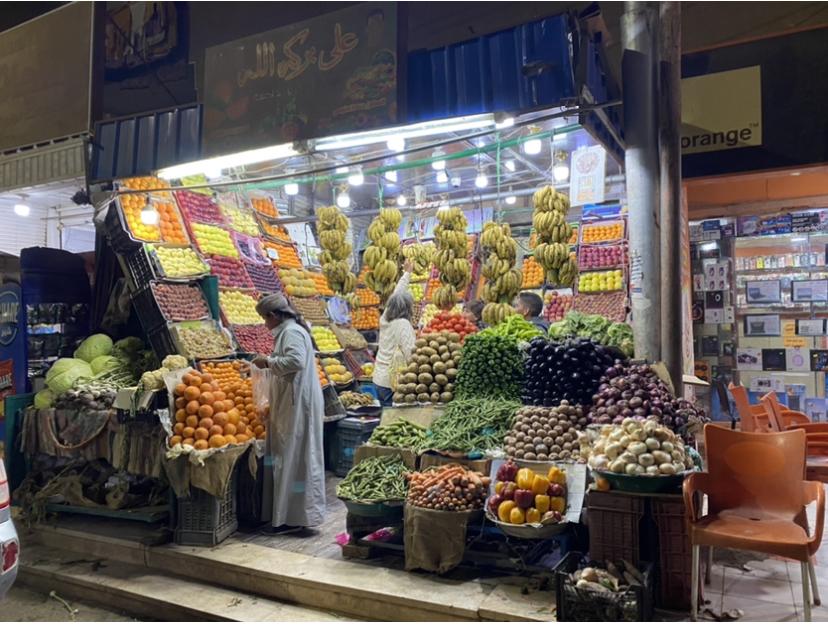
The bananas are displayed right on their stem.
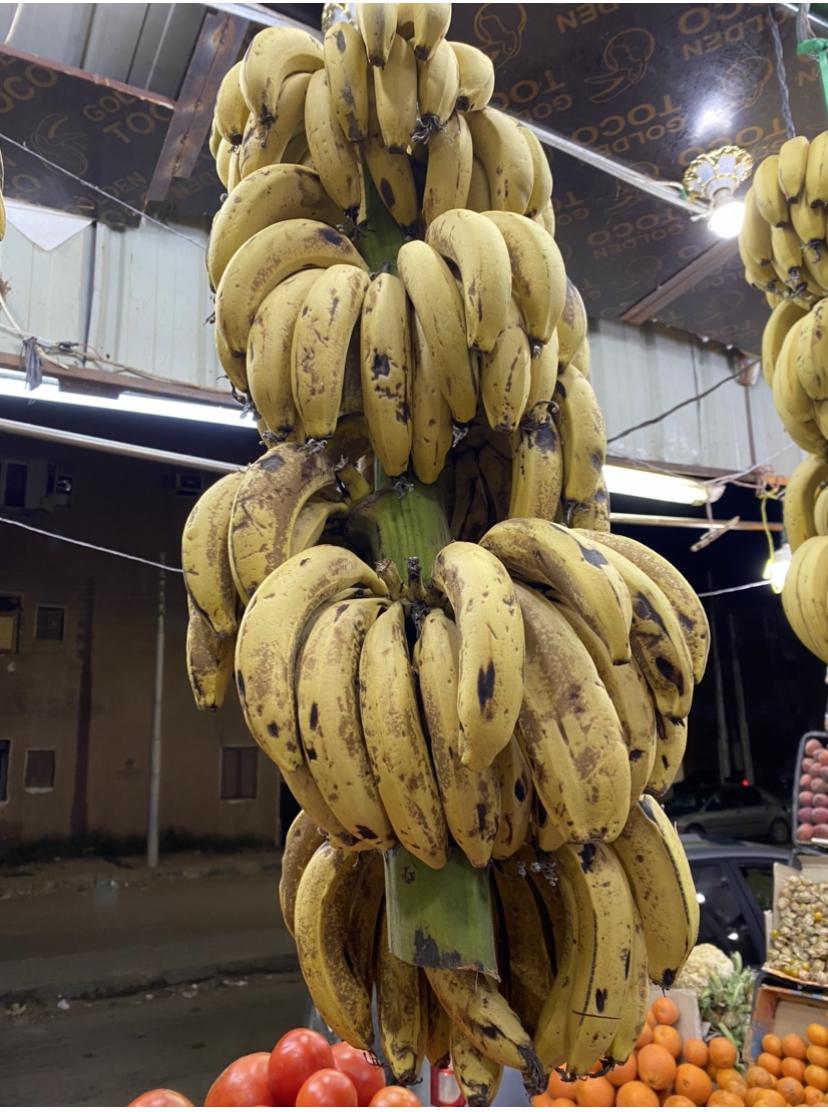
Then, we went to something like a shopping mall, housed under a large tent. Not surprisingly, given the daytime heat, nighttime is when people come out and about to do their shopping.
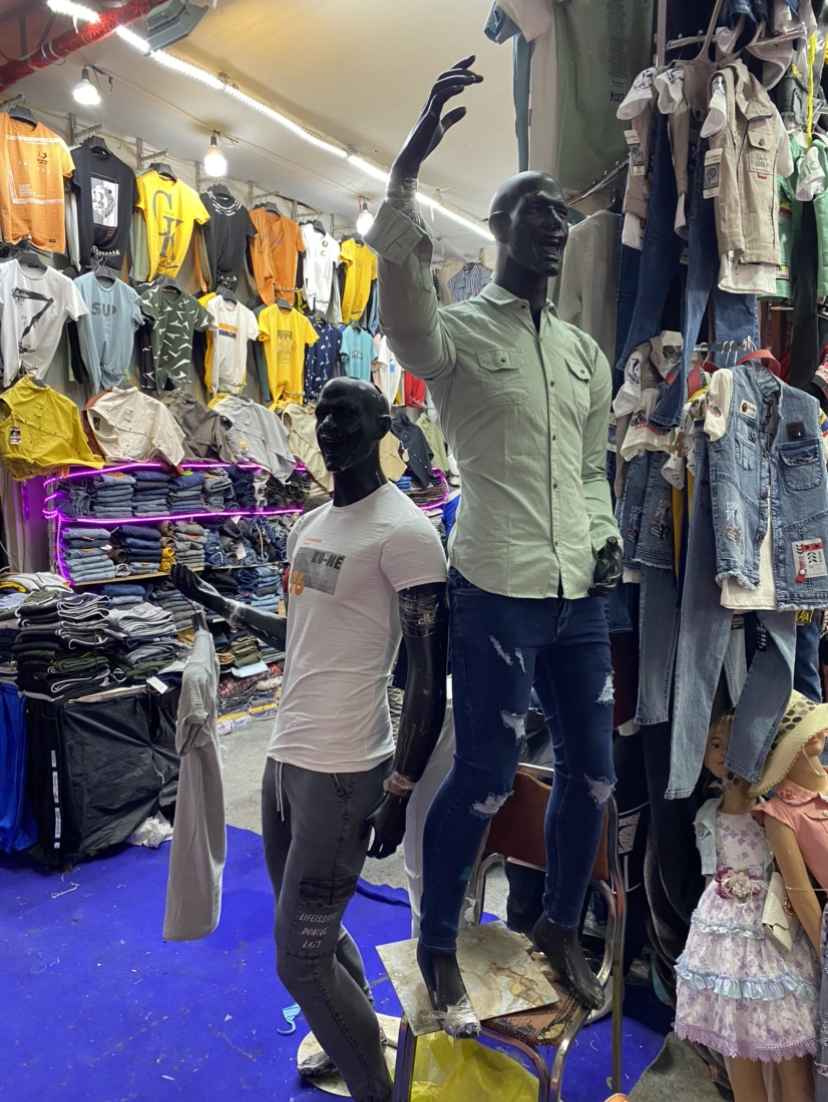
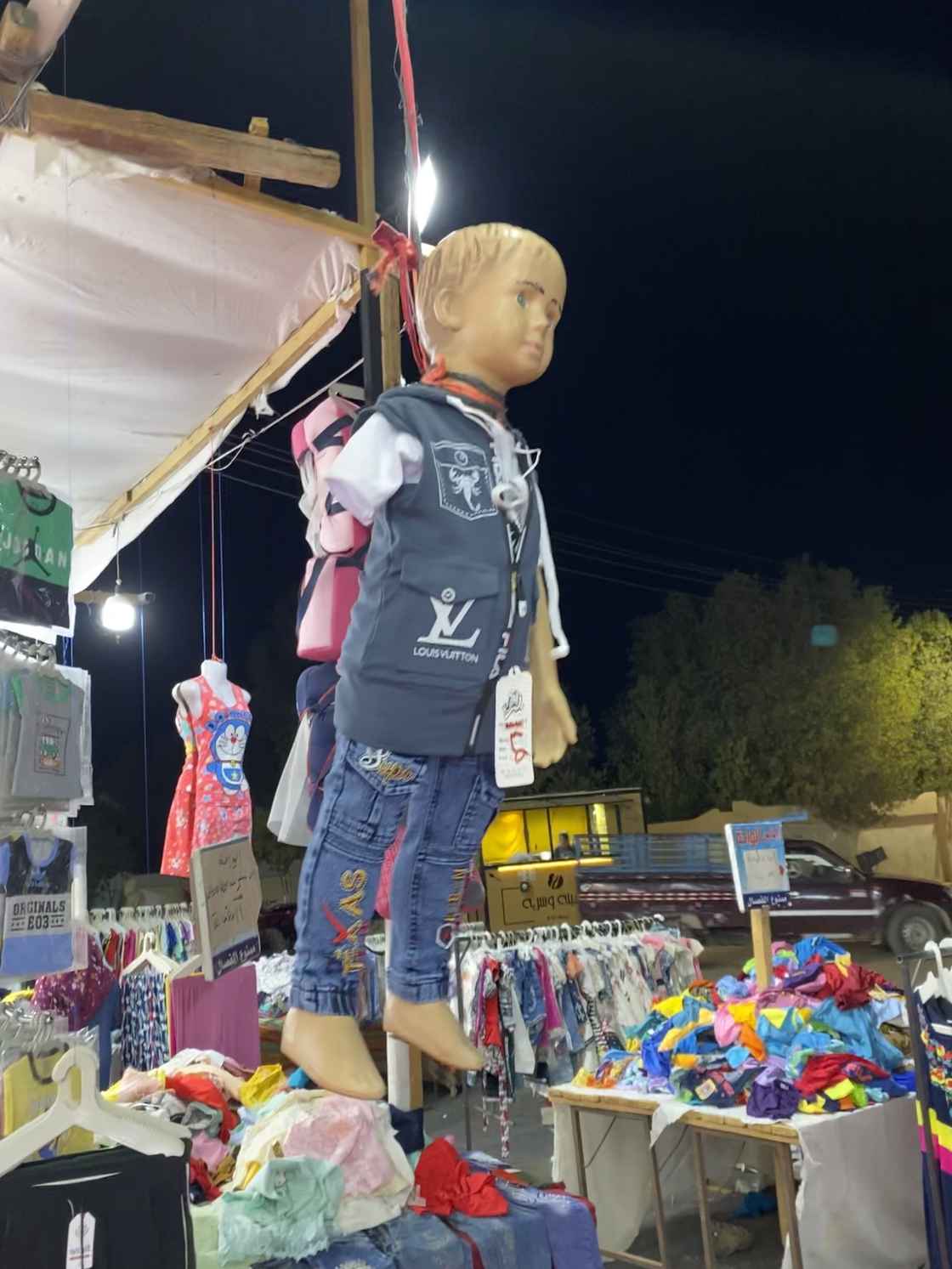
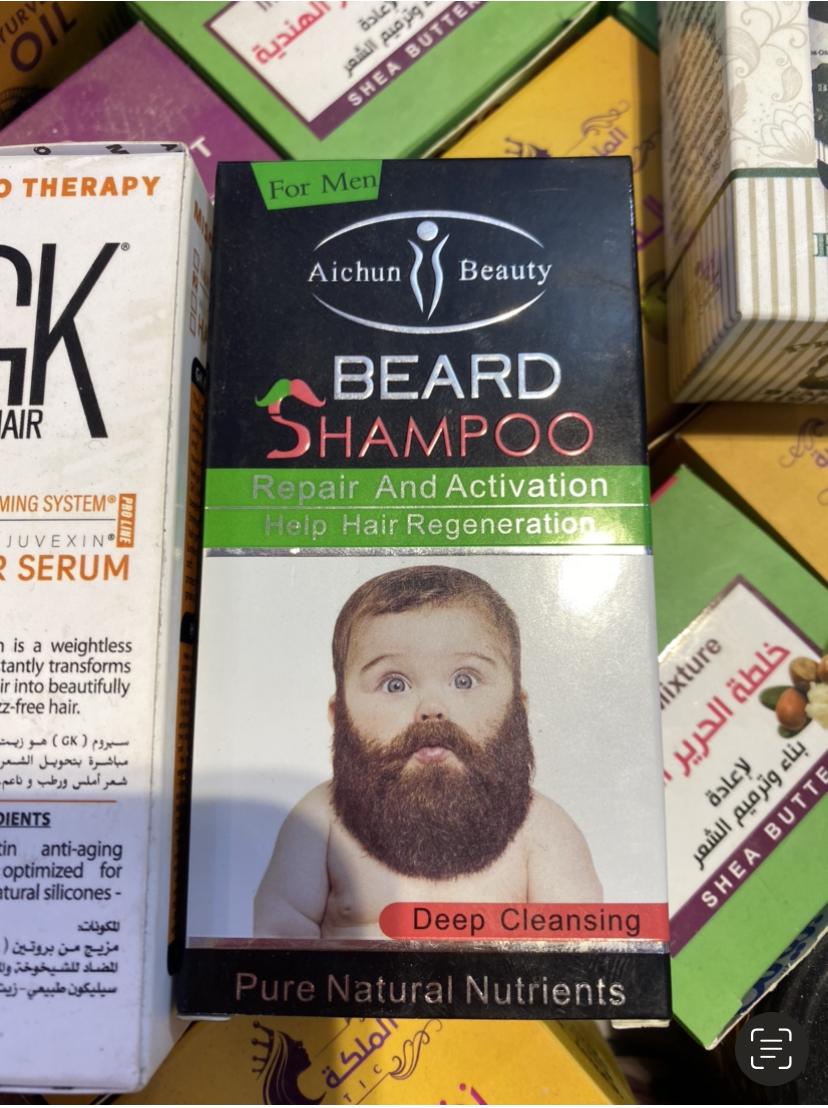
Day 18
March 20th, a 3 of Diamonds day.
Ali, Claudia, and I went on a picnic today. He wanted to show us the hot springs that he likes to visit. And as in all the hot springs I saw in the area, including the one just down the road from the Bedouin Camp, the water comes splashing out via a pipe into an earthen-stone basin shaped like a simplified ankh: a round head basin with a slim channel that opens up into a rectangular pool before draining out the other side into irrigation ditches.

Here Ali snapped a photo of me sitting in the rectangular basin. The water is hot!!!
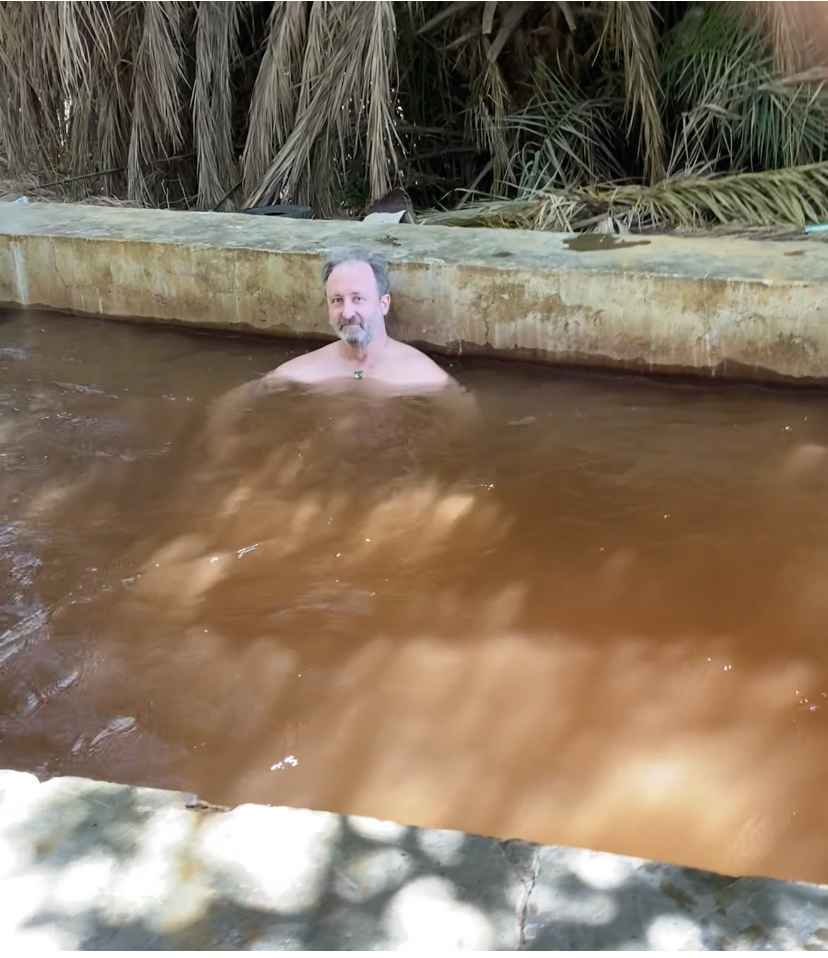
Afterwards, he created a picnic for us and built a fire to boil water for tea.
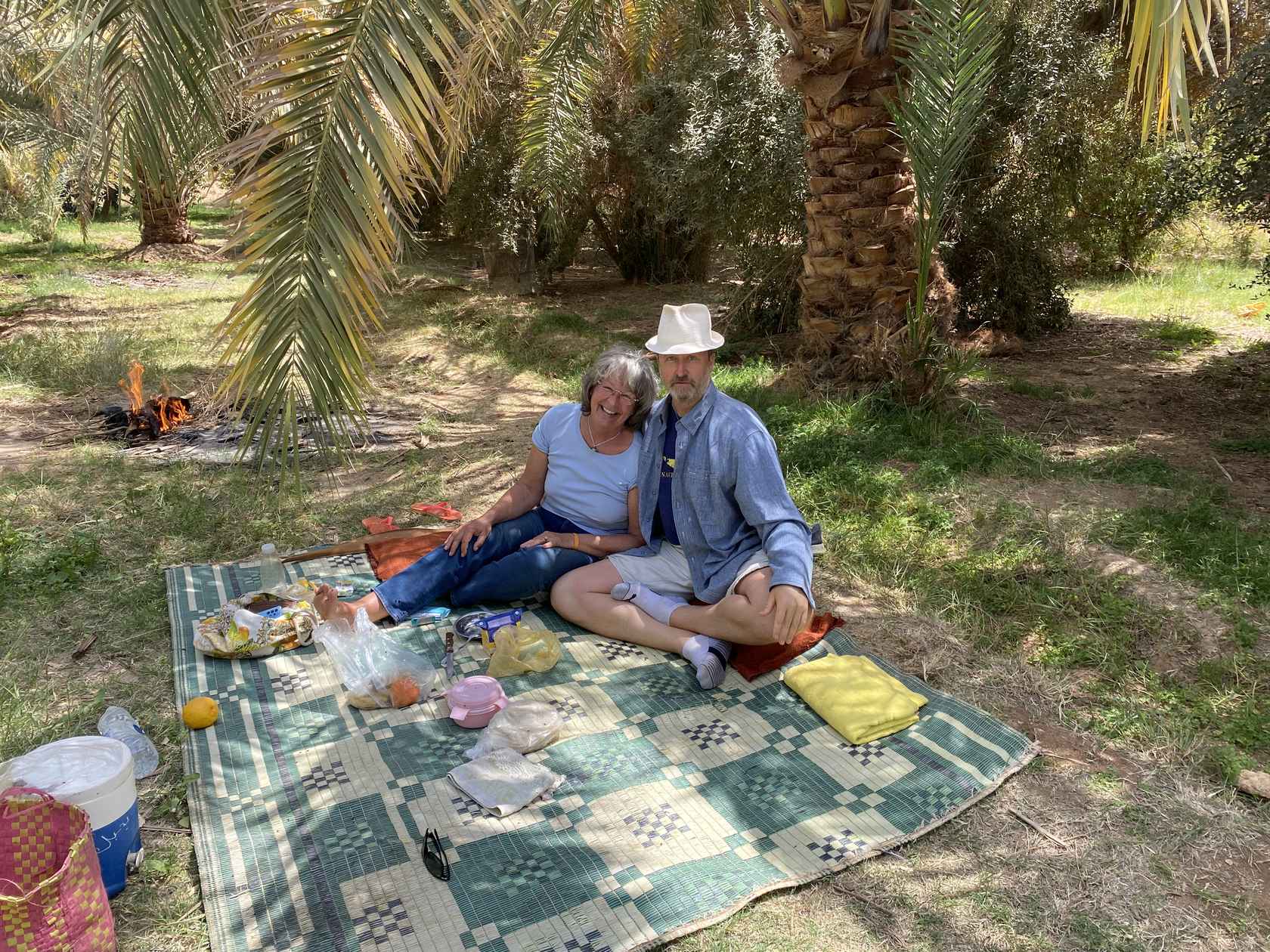
Here we are sitting inside a fruit orchard. It smelled like hints of jasmine, which were actually the orange blossoms. It would have been lovely except for the swarms of flies. We didn't stay long. But in that time, the family that runs the orchard stopped by to greet us. They spoke no English.
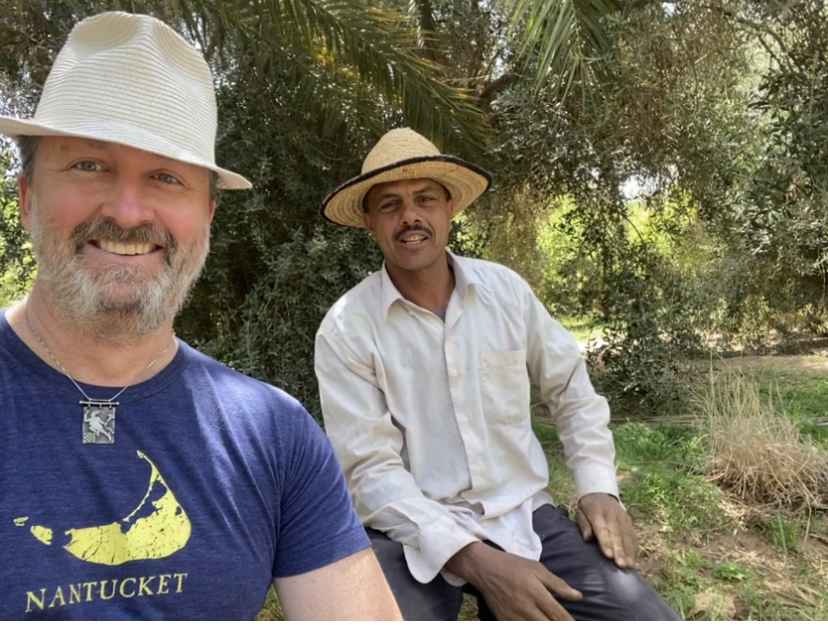
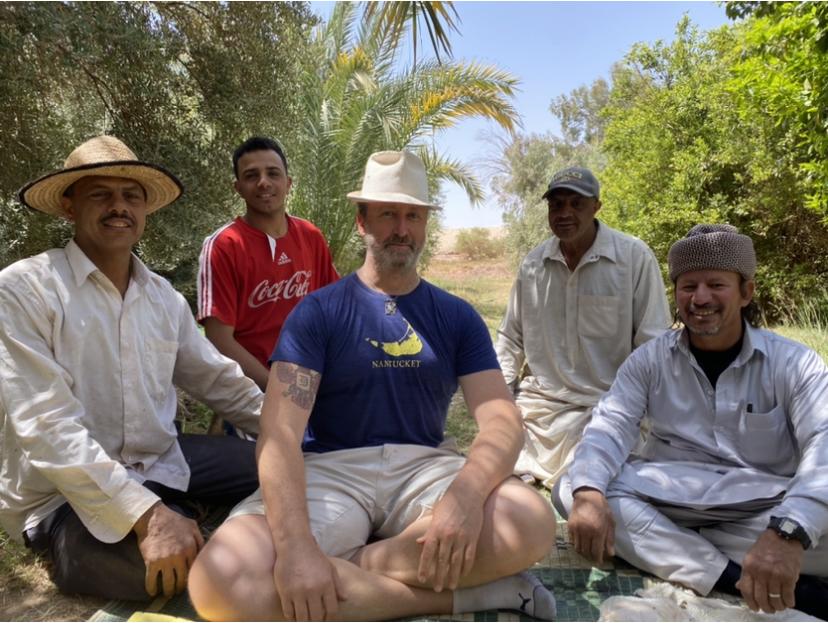
They showed us how they build fences around their orchard using only palm fronds and twine.
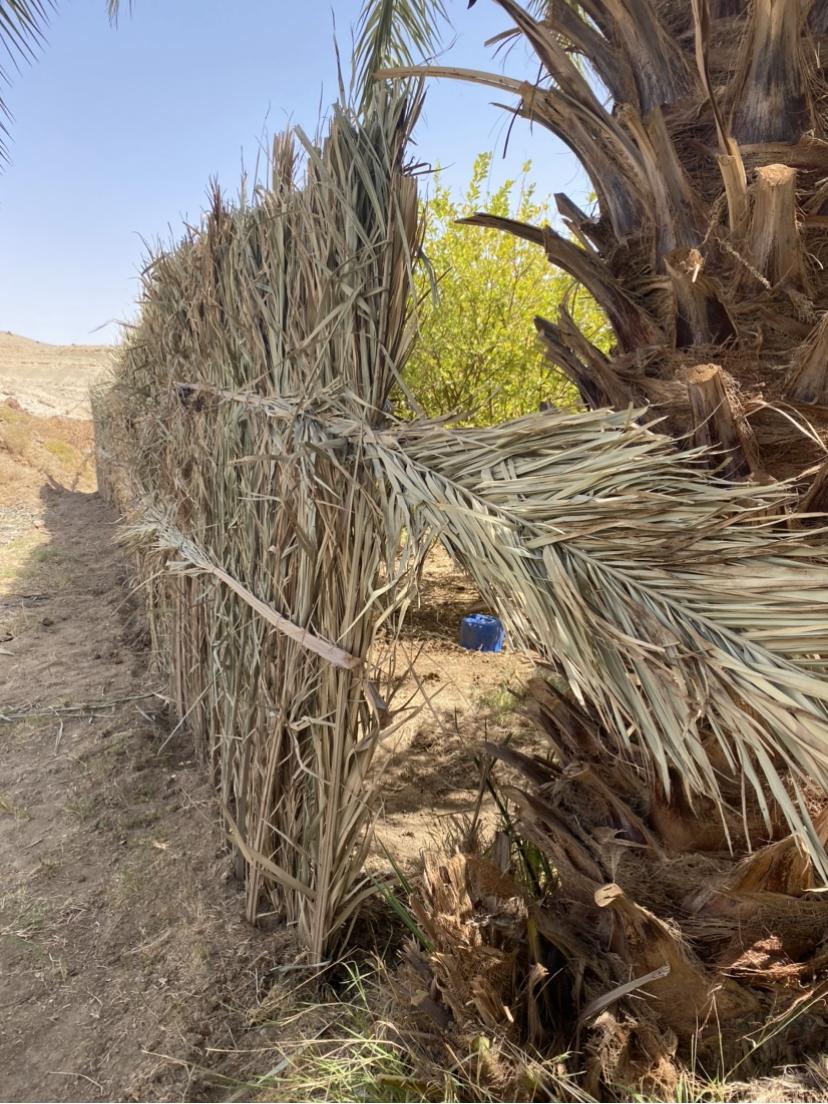
Quite ingenious use of resources, I thought. And the fence was fairly strong.
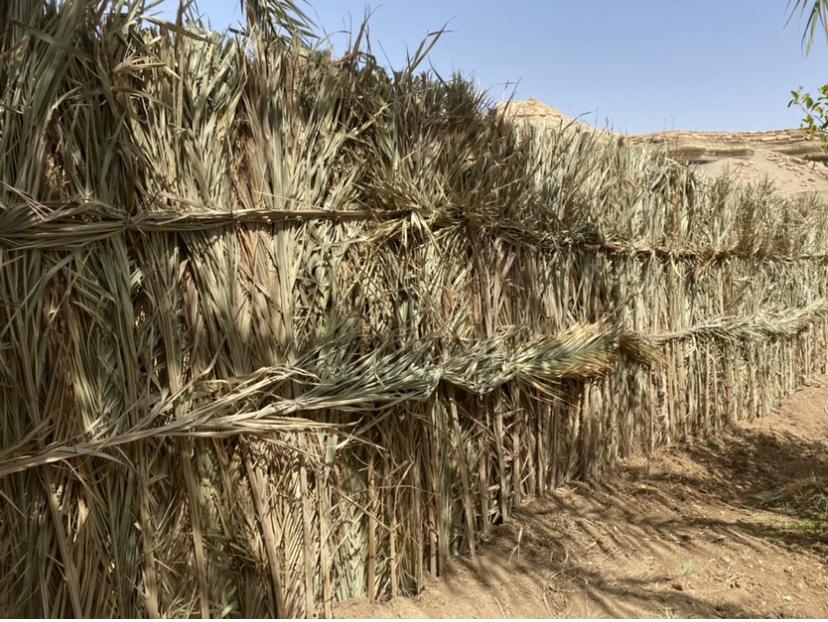
On our way back through town, we passed the town garbage truck. I was surprised to see that there actually is some form of garbage collection... poor, tired-looking, broken-down mule.
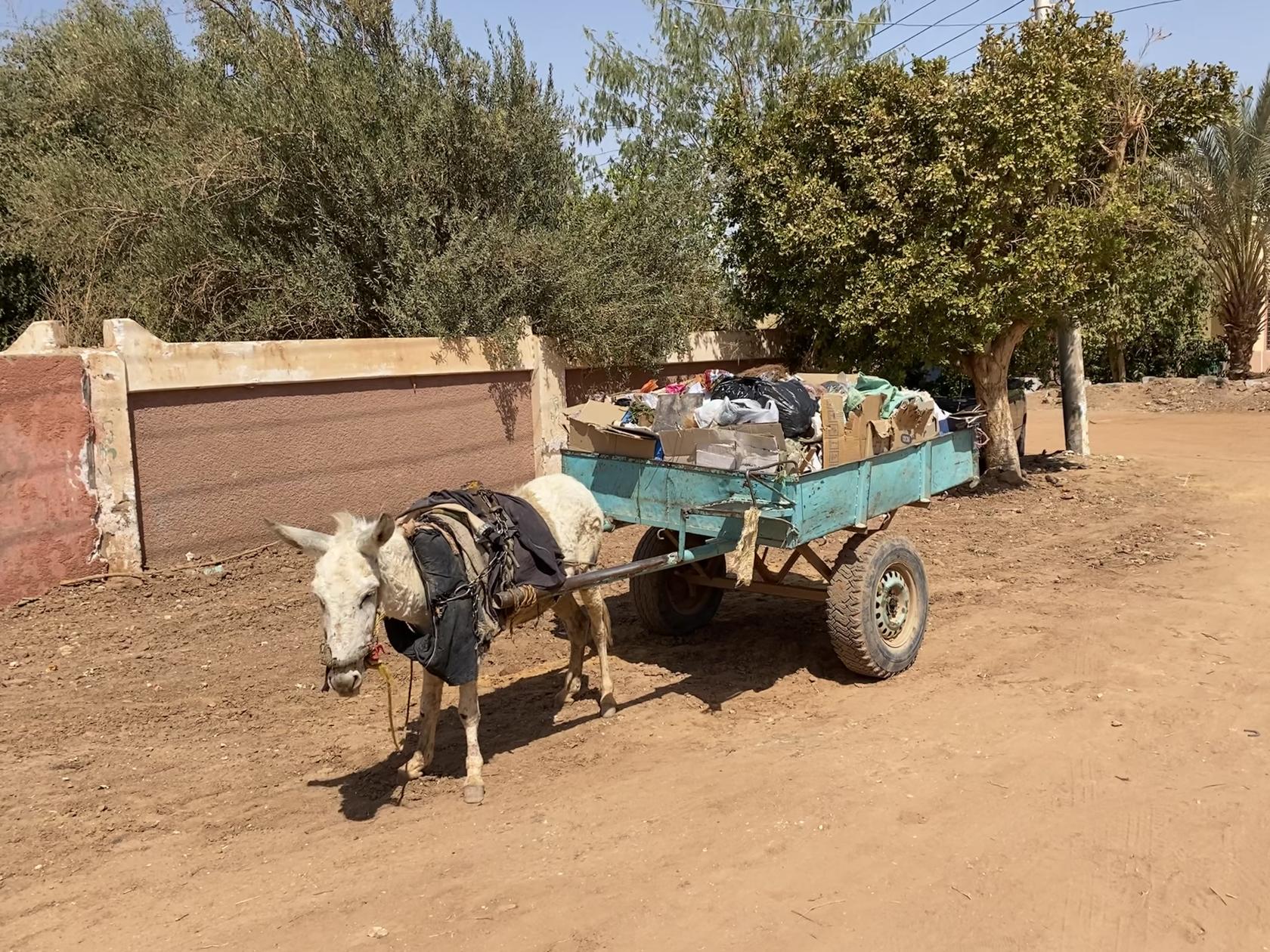
Day 19
March 21st, a Two of Diamonds day.
On this day, I found out that my ride from Dakhla back to Luxor fell through. A few days prior, I had met a chatty tour guide in the camp on his way to meet up with his tour group. He told me that he would be passing back through again on March 22nd with the group, on his way to Luxor. He gave me his phone number and told me that I could catch a ride with him and his group back to Luxor. Well, he showed up with the tour group a day early and told me that the group did not want to go to Luxor after all. Instead, they wanted to head North to Farafra and see the White Desert.
Since there are no buses or trains that run between Dakhla and Luxor, this was very disappointing news indeed. Of course, I could wait and see when another tour group might pass through on their way to Luxor. Or, I could hire a private driver. Not wanting to take my chances, I spoke to Ali in the evening. He agreed to drive me.. and for significantly less than what I had paid to be driven out from Luxor to Dakhla.
We agreed to go in three days time.
Meanwhile, on this day, Claudia cemented an agreement with the Bedouin owners of the camp, Ali's brothers, to become the new camp coordinator. In exchange for room and board, she would help to spruce up the camp, which it sorely needed. More importantly, because she speaks several languages fluently, she would use her European influence to facilitate activities for tourists which would bring in much-needed revenue for the camp, activities like camel safaris and area tours.
Day 20
March 22nd, an Ace of Diamonds day. It was a quiet day in the camp for me.
Claudia and Ali went today to sort out her work visa, so that she could stay in Egypt for a year. I enjoyed the local hot spring, my writing, and my meditation. I also realized quite clearly that my time here was complete. I felt ready to go.
I enjoyed another beautiful sunset.
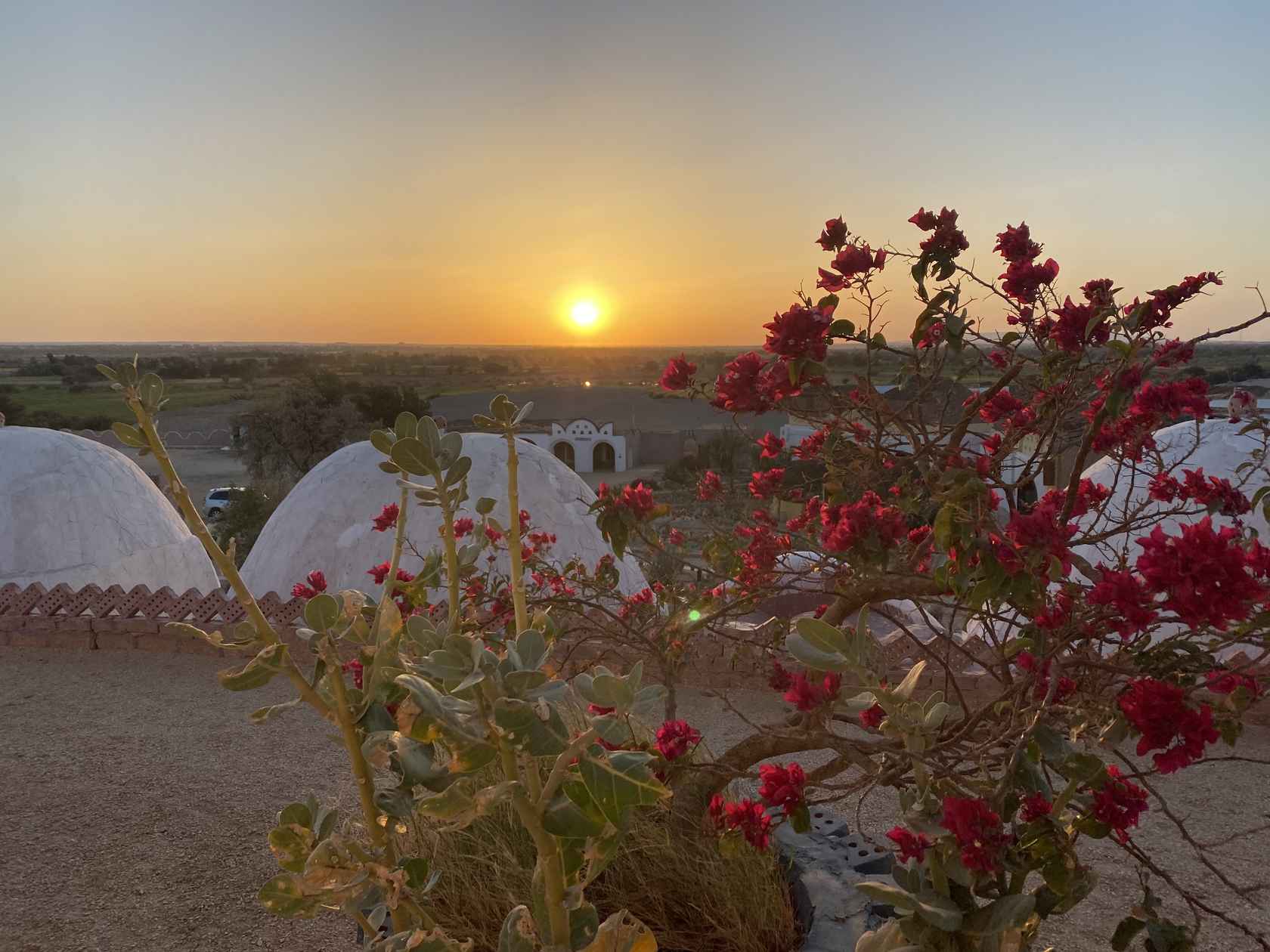
Day 21
March 23rd, a King of Clubs day.
I found much clarity today and wrote many pages in my journal. I also snapped these beautiful sunset pictures in the Bedouin Camp.
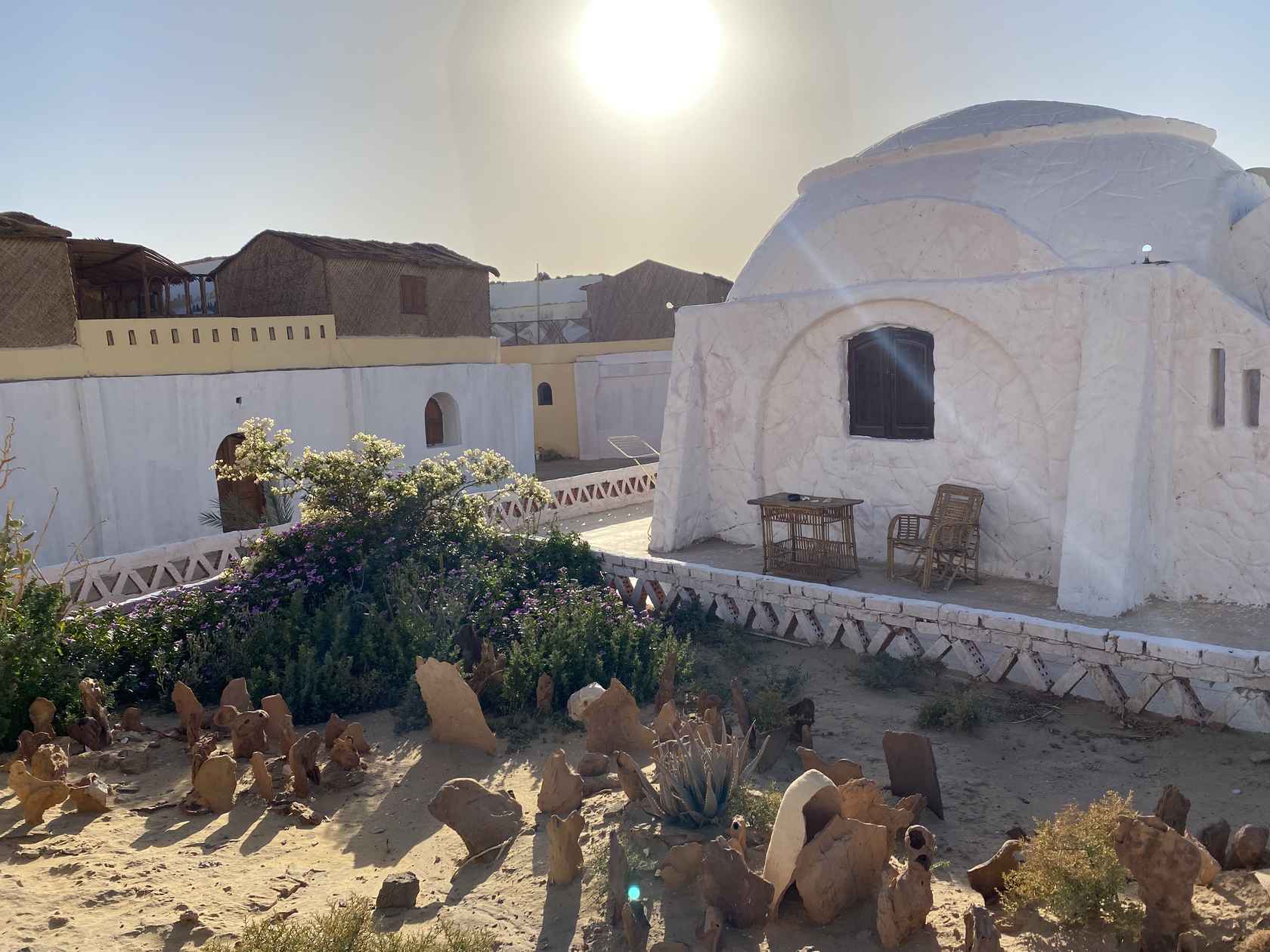
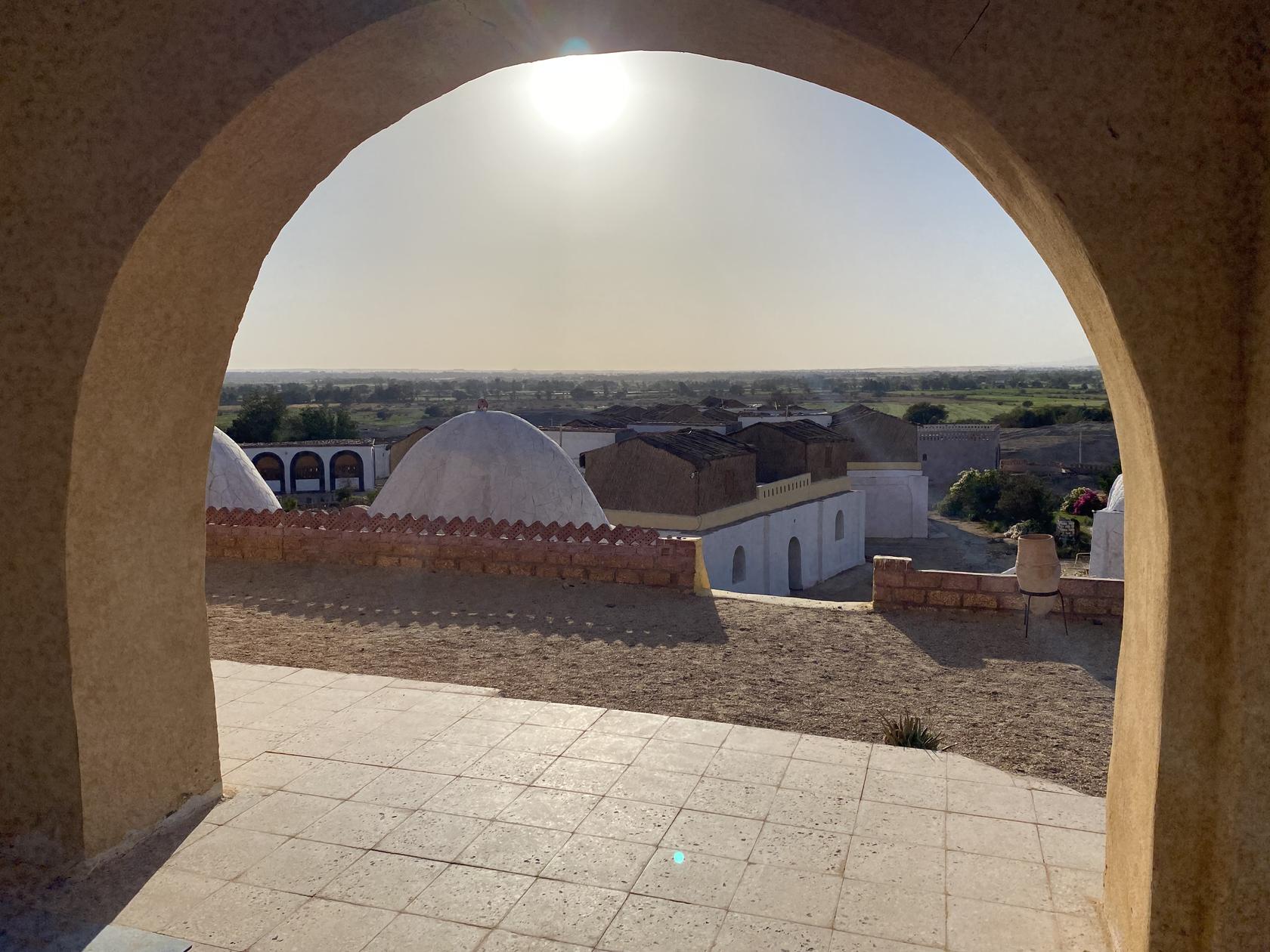
And interestingly, as I was watching the sunset on this, my last night, my phone rang. I had set up an international phone plan; so my phone worked. And on this King of Clubs day, I got a phone call from my Dad to tell me that he was in the same time zone as me. He lives in New Hampshire. But, on this day, he was in Athens, Greece watching the sunset. So, we swapped sunset pictures.
Day 22
March 24th, a Queen of Clubs day.
The journey back to Luxor began at 5 am. Egyptians like to start early.
Before leaving, I snapped this picture of my plastic detritus. This is the garbage can in my room at the Bedouin Camp. I tried my best to limit my plastic bottle usage, drinking boiled water as much as possible. But it's the desert, and I wanted to stay hydrated. And yet, I knew full well that my Western hydration came at a cost. The locals don't drink bottled water. Only tourists drink bottled water. And the locals have no place to discard these empty plastic bottles. There is no recycling and very little in the way of actual waste management.
I hope these bottles don't end up strewn about the beautiful desert.
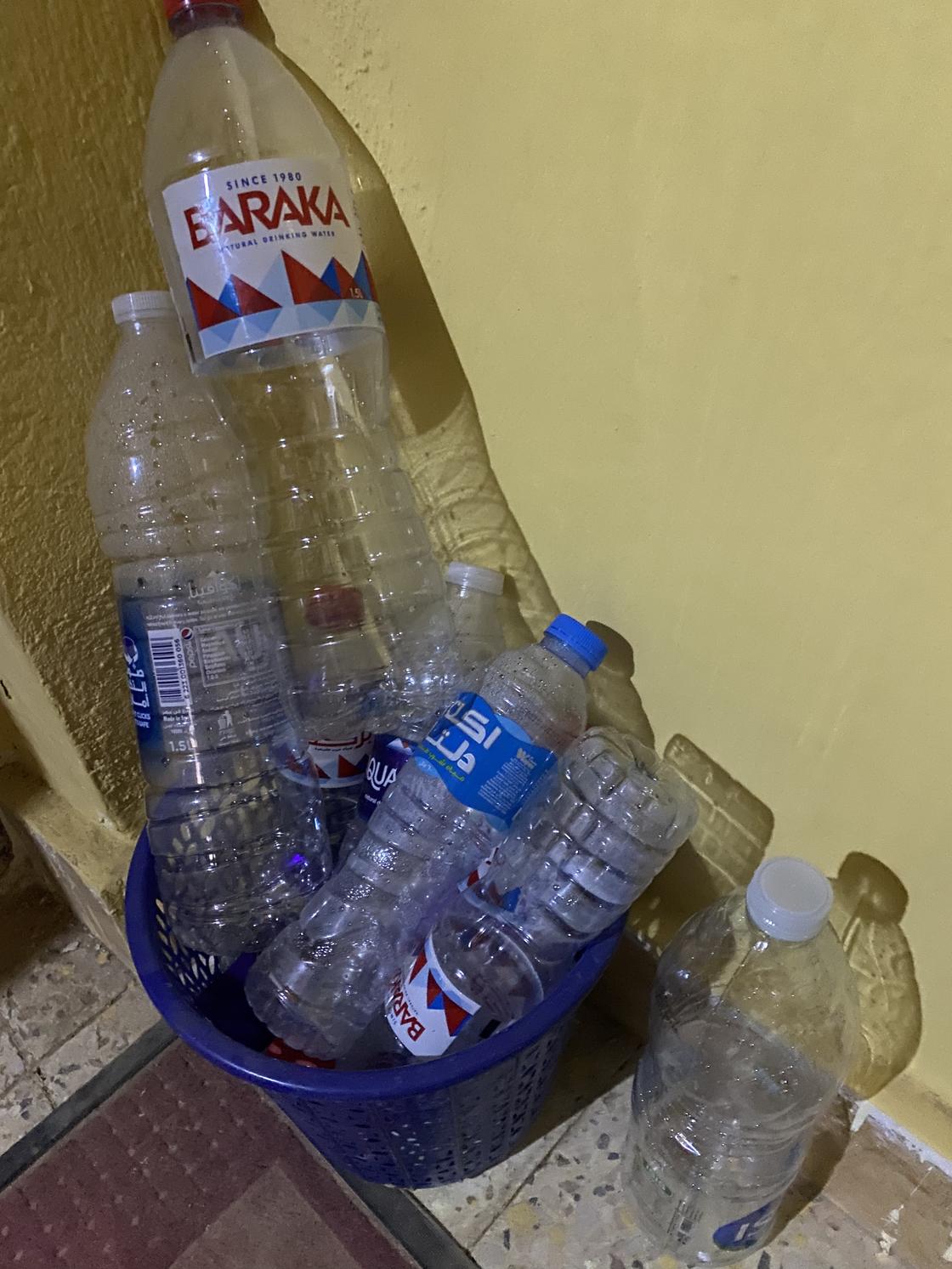
Knowing it would be about a 9-hour journey, I braced myself for the ride back... and not just for the amount of time it would take. I had duly noted that the seatbelts did not work in Ali's car. And unlike touring around Dakhla on local roads at 25 miles per hour, we would now be driving on the main two-lane highway at speeds of 70 - 80 miles per hour. I centered my energy and set my intention. I decided that I was safe and that all would be well.
Then, too, in many places on the highway we had to slow down to a crawl pace to drive over deep potholes and swollen ridges. In the main road! Not a side road. The main two line highway between Luxor and Dakhla looks like this!
Here, I leaned out the window and snapped a picture of such a section we had just passed. Note the police escort behind us. As on the way into the desert, on the way out, we were escorted the entire time by the police.
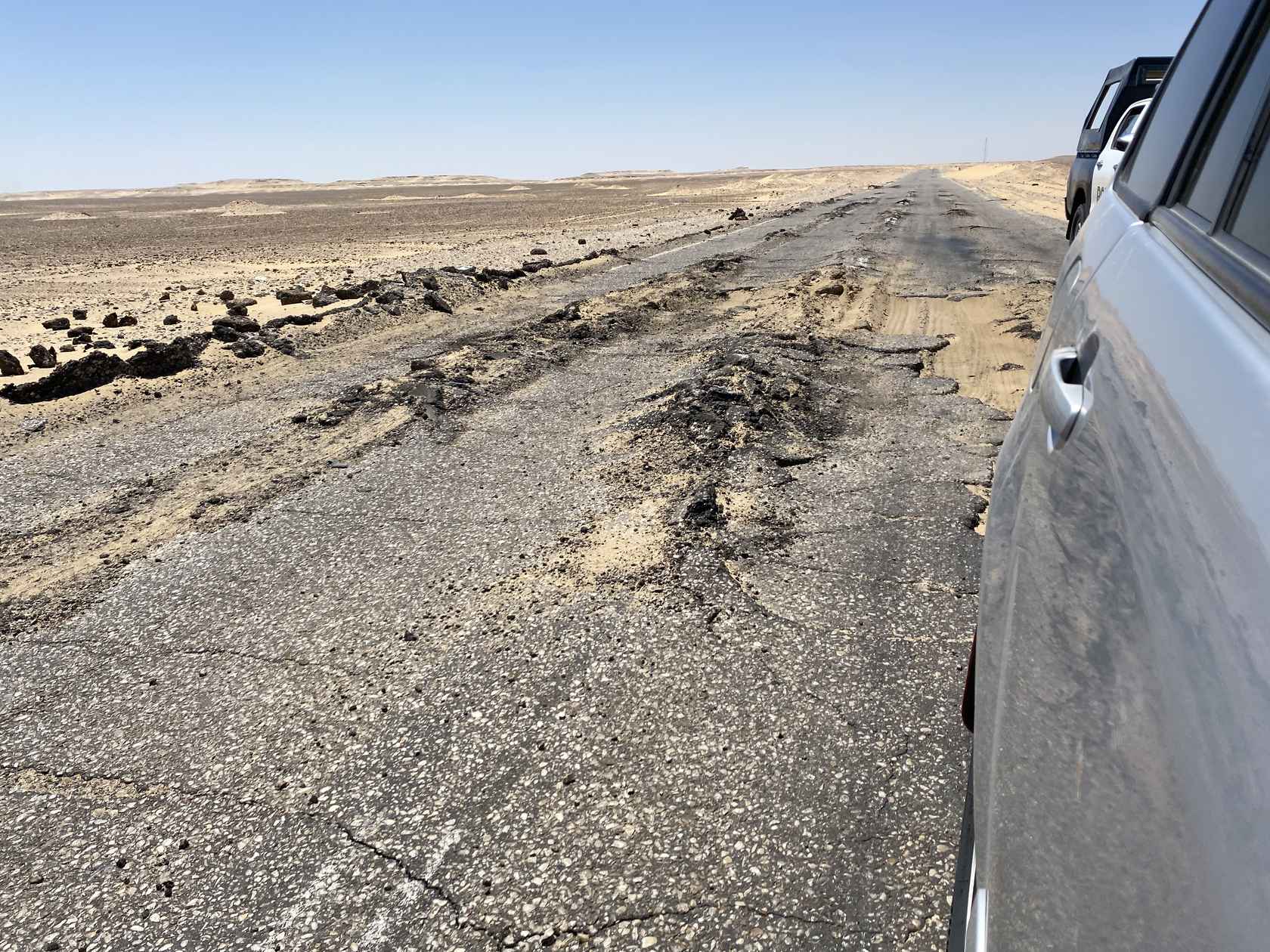
Along the way, we had plenty of time to talk.
Ali opened up to me about how he wants to take a European wife. In Muslim culture, a man can marry multiple wives if he chooses. And at age 44, Ali wants a European wife. I think he shared with me in part because he wanted my advice.
Whatever the reason, it led to him telling me that the Bedouin still practice ritual female genital mutilation. It's slowly disappearing, thanks in part to educational pressure from the Egyptian government. But, for example, his wife, who is in her 40s, had it done to her when she was a young girl. Ali, then, tried his best to explain to me in his pigeon English what effect that has had on her appetite for sex and their sex life. Hand motions were involved, as in all our communication. I think I got the gist.
The upshot is that his wife is encouraging him to find a European wife so that he has someone with whom he can have sex. He doesn't mind if it's an older woman either. In fact, he was interested in Claudia. I didn't have the heart to tell him that another young buck had already beaten him to the punch. (Also, Claudia had asked me to keep her recent marriage proposal on the DL until further developments.)
So, all in all, it was an enlightening exposition...
And still my stomach rumbled. I wondered when we would finally make a stop for food. We had skipped the breakfast stop, much to my annoyance. I did have snacks to tide me over. But it was more than that. I wanted to get out of his small front seat and stretch my legs. Finally, along the highway at 12:30 pm, he pulled into this truck stop.
It would prove to be an ill-fated stop.
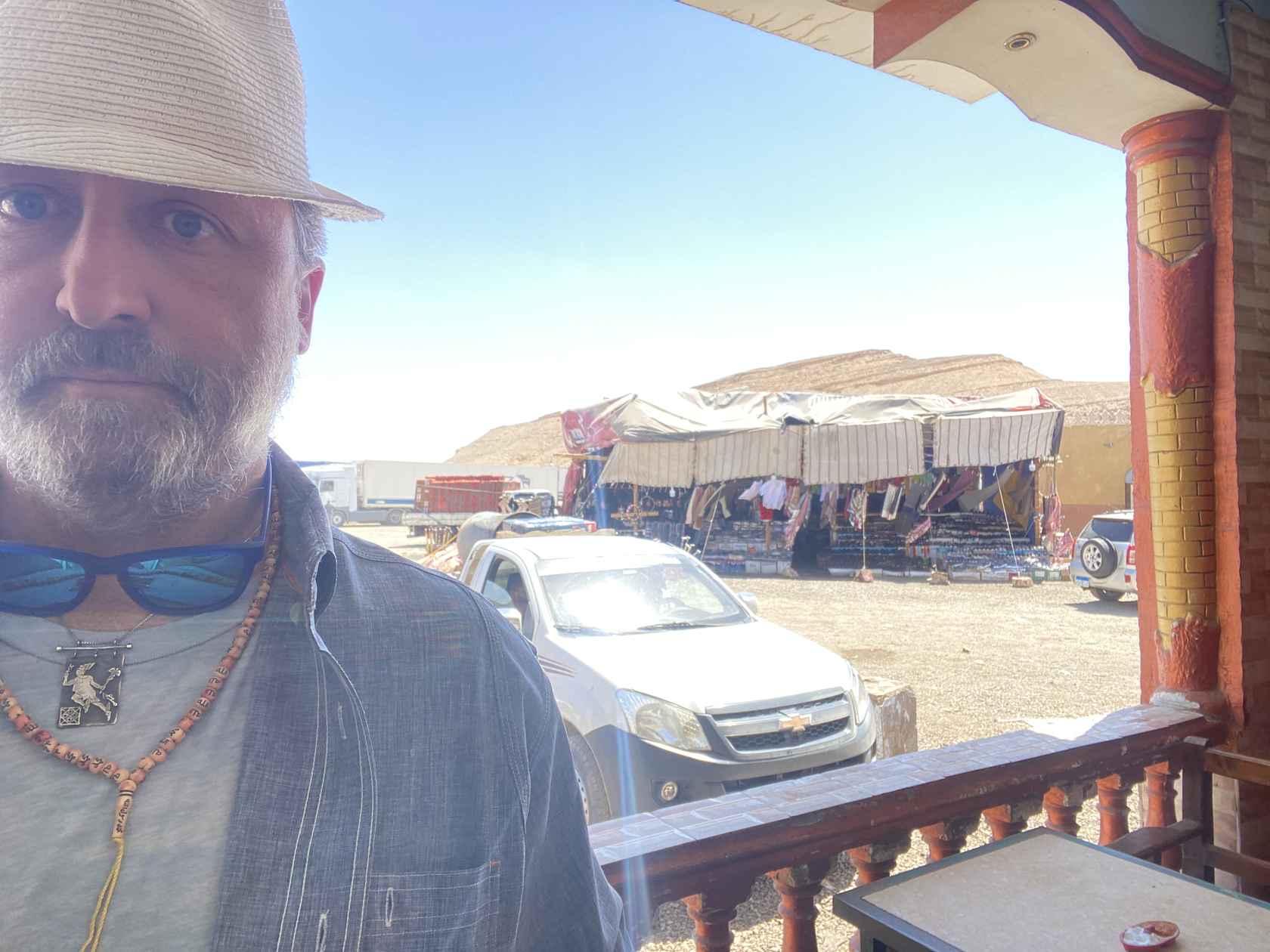
The toilets were vile. I actually gagged as I walked in. I'm a seasoned, hardy traveller. But these toilets made me long for the comfort of a dirty, smelly port-a-porty.
But when you gotta go, you gotta go. The mistake I made, I think, was touching the faucet afterwards in a vain attempt to wash my hands. It didn't work. And then I realized... there was no soap anyway. I rinsed my hands off as best I could with my own water and regretted not packing the doTerra hand sanitizer Viki had offered me.
But I felt strong. I felt assimilated. I had been in Egypt for more than three weeks. I had eaten with the Bedouin. So reassuring myself, I sat down to lunch, which was fine and typical: rice, beans, soup broth, pita bread, pickled veggies, creamed spinach, and a piece of roast chicken.
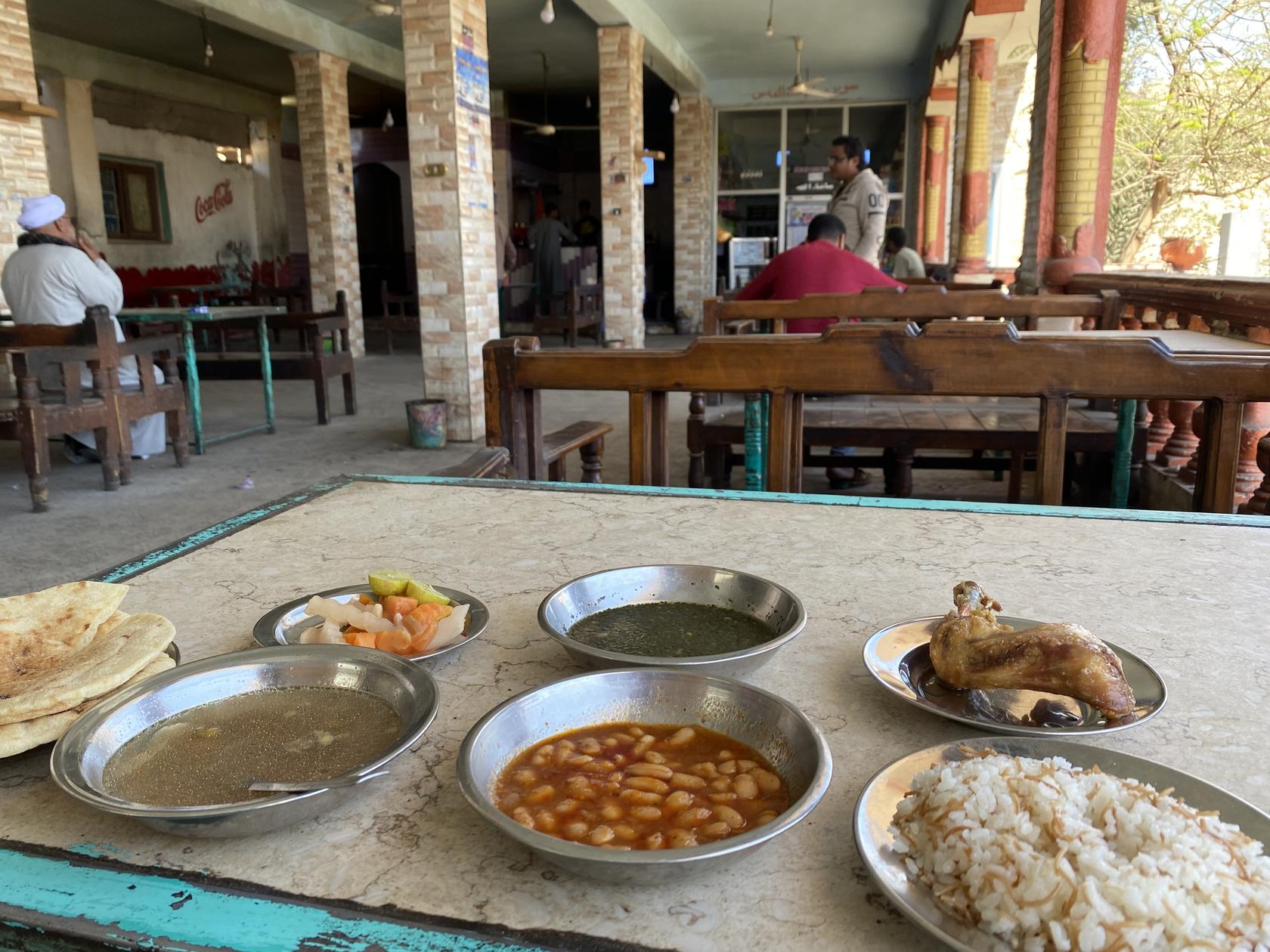
After lunch, next door in the trucker shop (visible behind me in the first picture above) I found this set of decals...
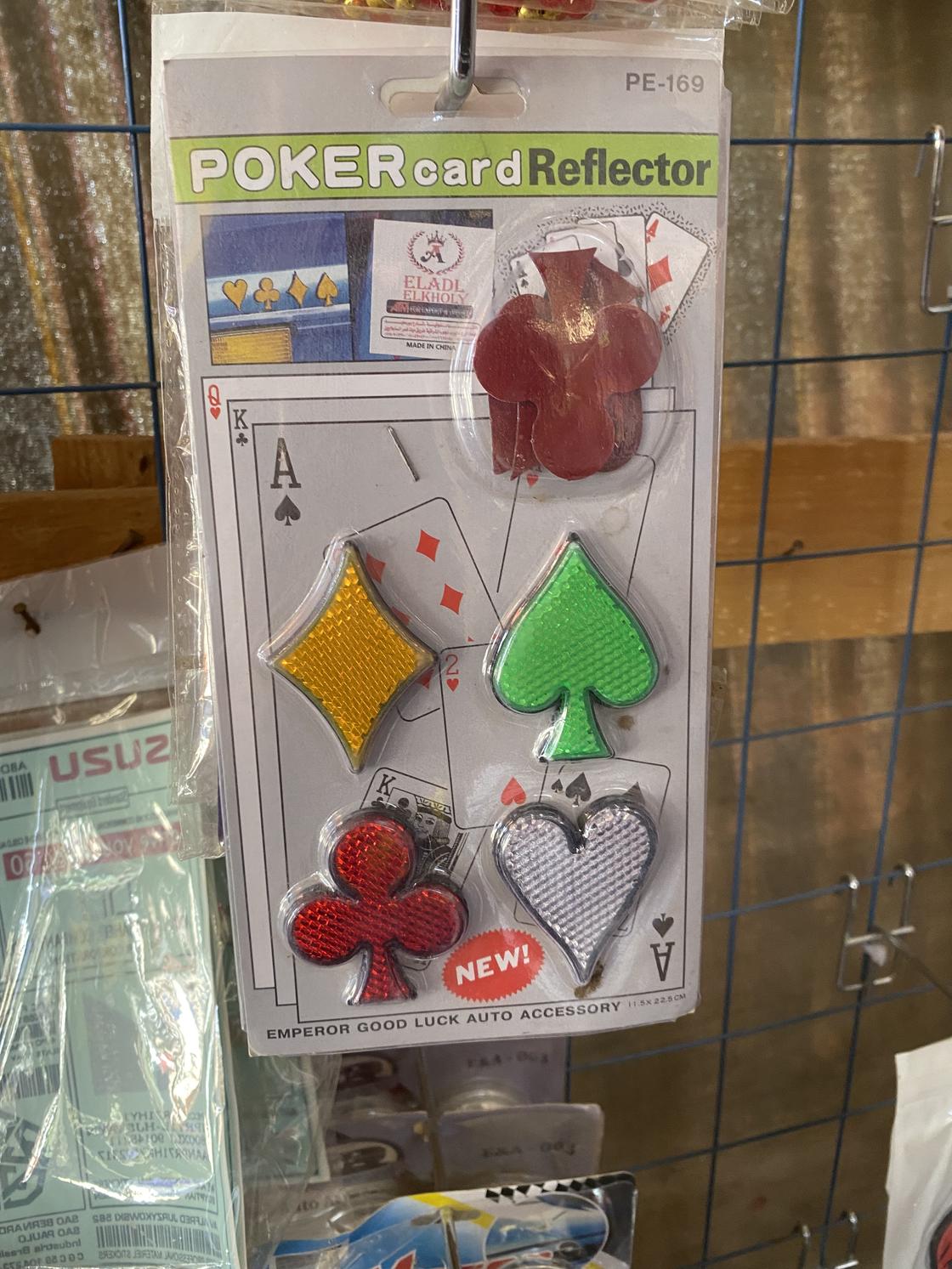
Mid-afternoon, we arrived back in Luxor. I paid Ali and exchanged the traditional Bedouin greeting with him, which is like the European two air kisses. You go side-to-side, face to face, almost touching cheeks.
That night, however, I felt as if I was getting the flu. I felt nauseas. I had the chills. And I had a strange ache in my abdomen. Nonetheless, I did sleep through the night.
Day 23
March 25, a Jack of Clubs day.
I woke up late, not feeling 100%, but not feeling terrible either. I cooked Ike and myself this big brunch of fried vegetable medley, potato hash, eggs over-easy, and a side salad of cucumbers and cilantro. We enjoyed it with our now favorite daily fix of Turkish coffee.
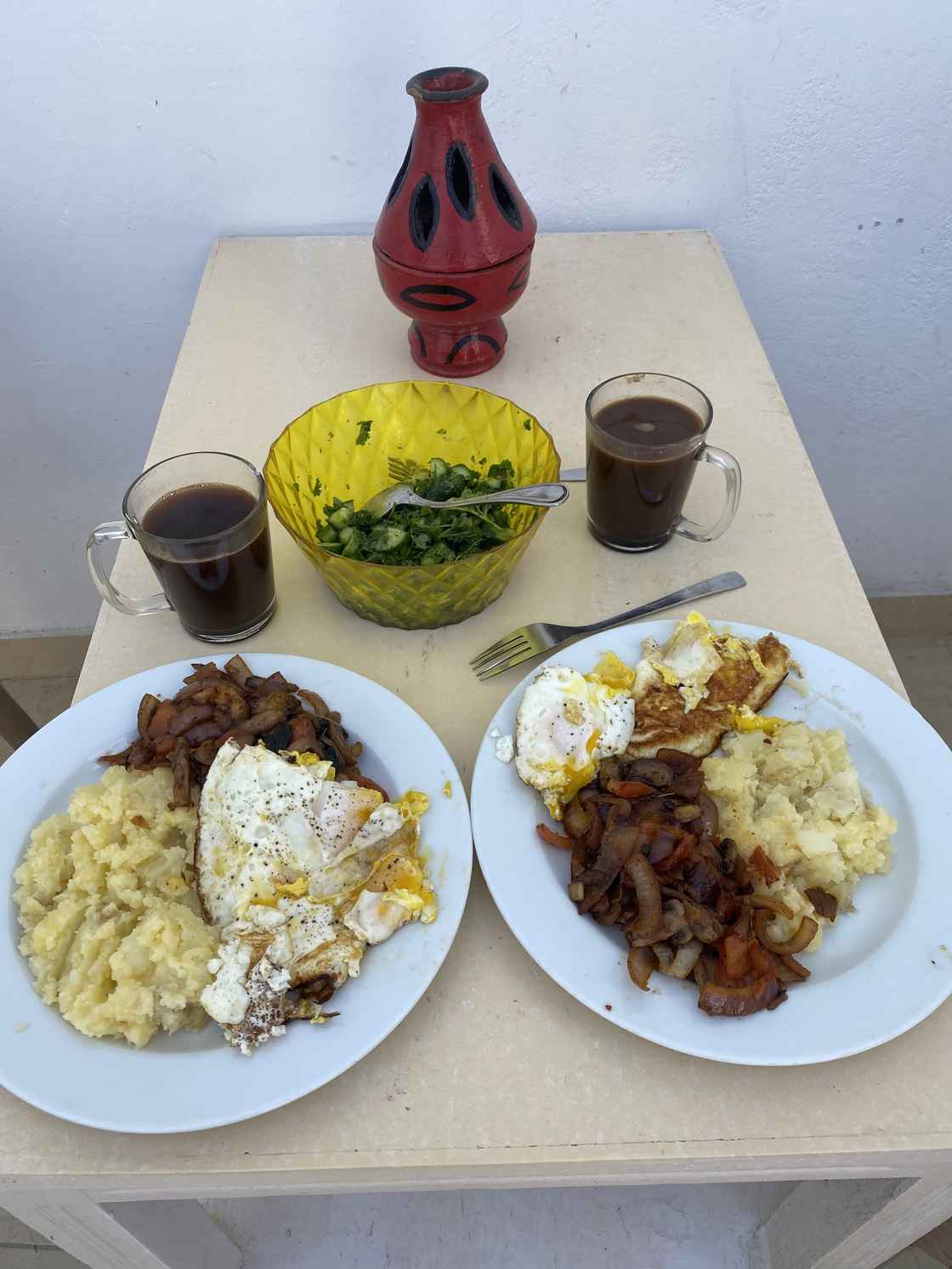
It was delicious. But eating it only brought my attention to the uncomfortable, surging ache in my lower abdomen.
Later in the afternoon, I snapped this selfie. I look like I'm in pain.
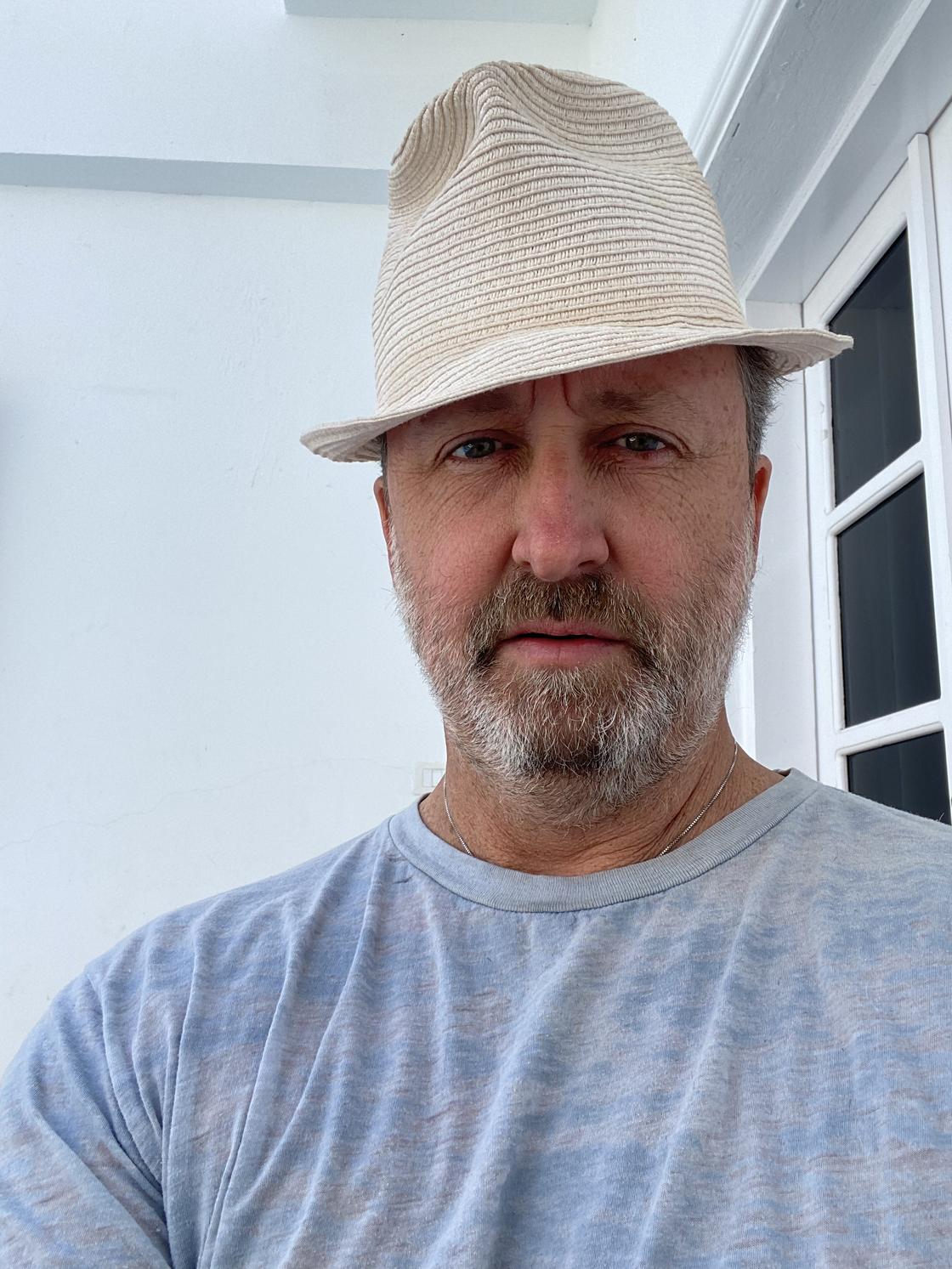
I still thought that whatever it was would pass. I went about my afternoon catching up with Ike and taking a swim in the little courtyard pool. Remember this?
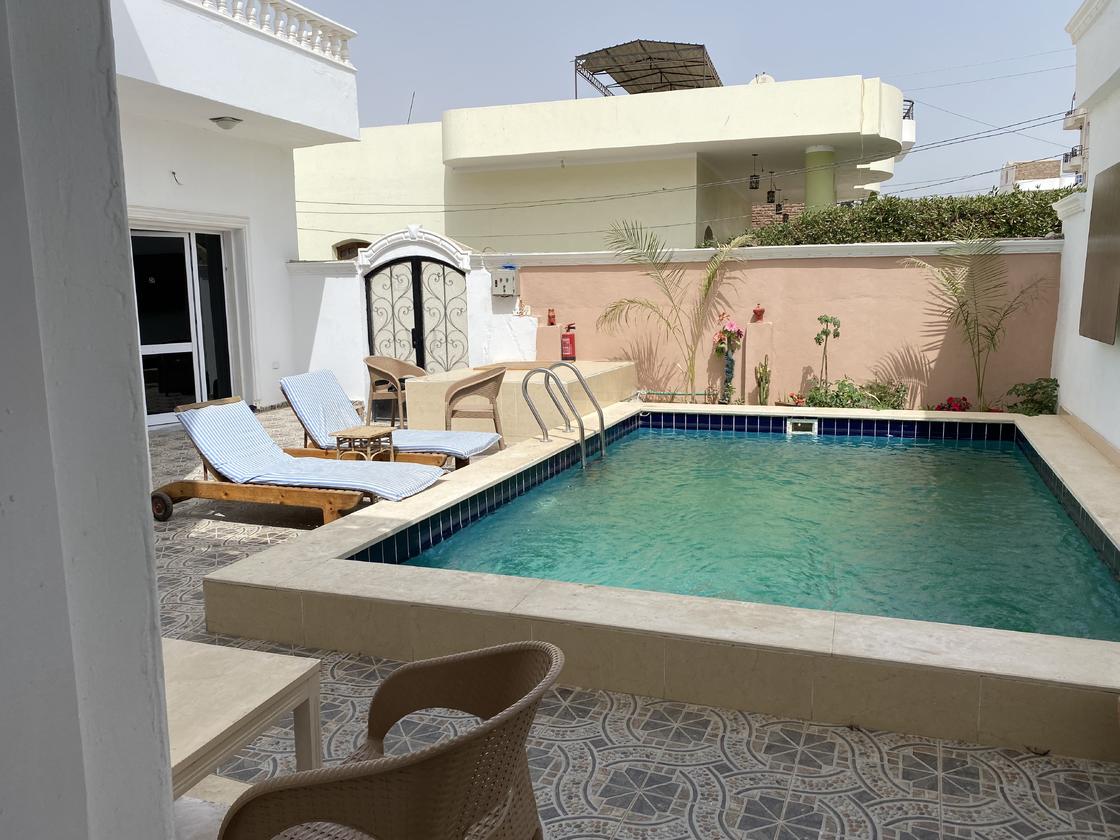
That evening, sitting at dinner, I realized something was really wrong. I left the restaurant early, told Ike I wasn't feeling well, and returned to my room to try to sleep it off.
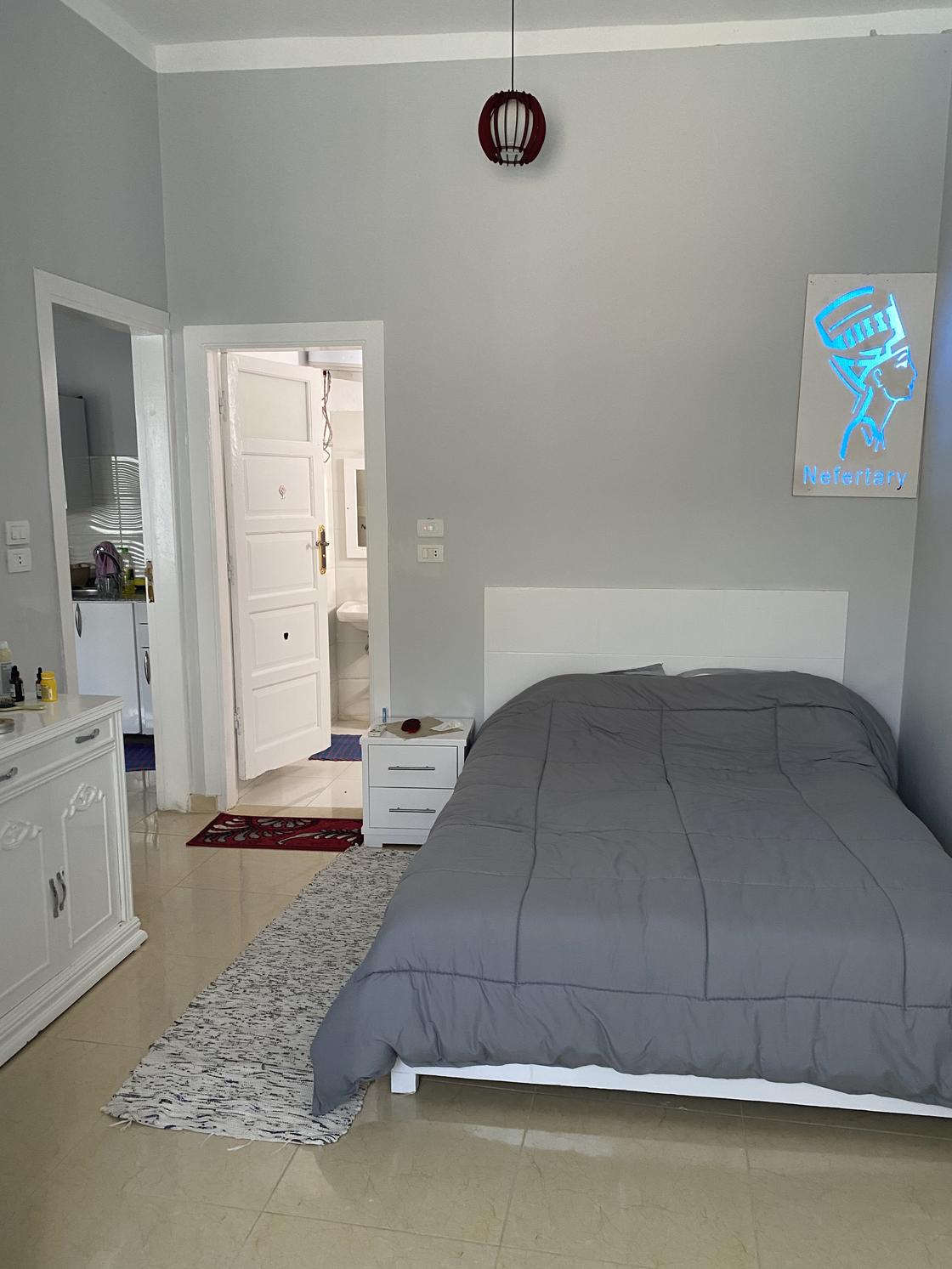
I lay in the fetal position on my bed. I think I even managed to doze off for a short time. But then I was awake. And it began.
I won't describe it for you. Perhaps you know from personal experience what it's like to purge your body from food poisoning. I will say that I wish I hadn't eaten two more full meals after the one that poisoned my body. My night involved multiple gut-wrenching sessions. Each time I thought, mercifully, it was finished. I cleaned up, rinsed my mouth, took a precious sip of water, and limped back to bed.
But it was not over. A couple of hours later, more came. And then again. And again. By morning, I ate something, a banana and some plain yogurt that I had had the foresight to purchase. That seemed to work.
Day 24
March 26, a 10 of Clubs day.
I spent the entire day in bed. I got up only to eat another banana and more plain yogurt. By the evening, I could eat soft-boiled eggs. Then, I went back to bed and slept through the night.
Day 25
March 27, a 9 of Clubs day.
A new day. A new lease on life.
In the afternoon, I walked around the West Bank of Luxor, where we were staying, the quiet side of the Nile.
Just down the block from where we were staying is this open field that's home to a cow and a donkey. And if you don't know what a donkey sounds like when it brays, just imagine that it would be less rattling on your ear drums if you were to have a rooster crowing in your face. The donkey's braying was unpredictable, however. But it was so impressively, horrifically loud that I wanted to capture it on video. So, I stood here waiting for more than half an hour with my camera at the ready... as passersby tilted their heads sideways to look at the strange tourist who was ogling the donkey.
Alas, the donkey would not perform.
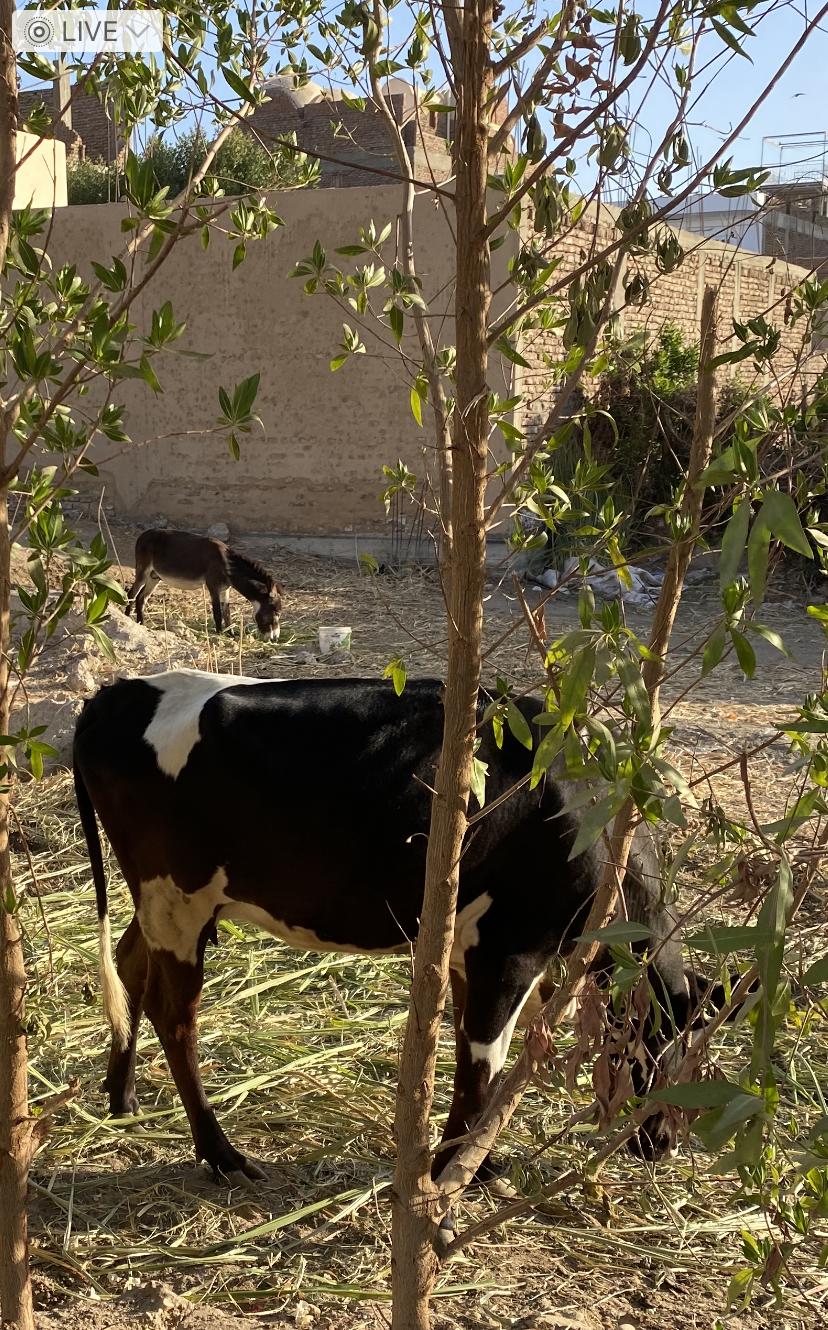
Walking away from the town center on the West Bank for only about 1/2 a mile brought me to this more rural area on the bank of the Nile. You can hear all the birds chirping in the background.
Near the town center, there is this astroturf pitch where these young men were engaged in a spirited game of Egypt's favorite sport. You can see some of them playing in bare feet.
Walking along the back streets of town...
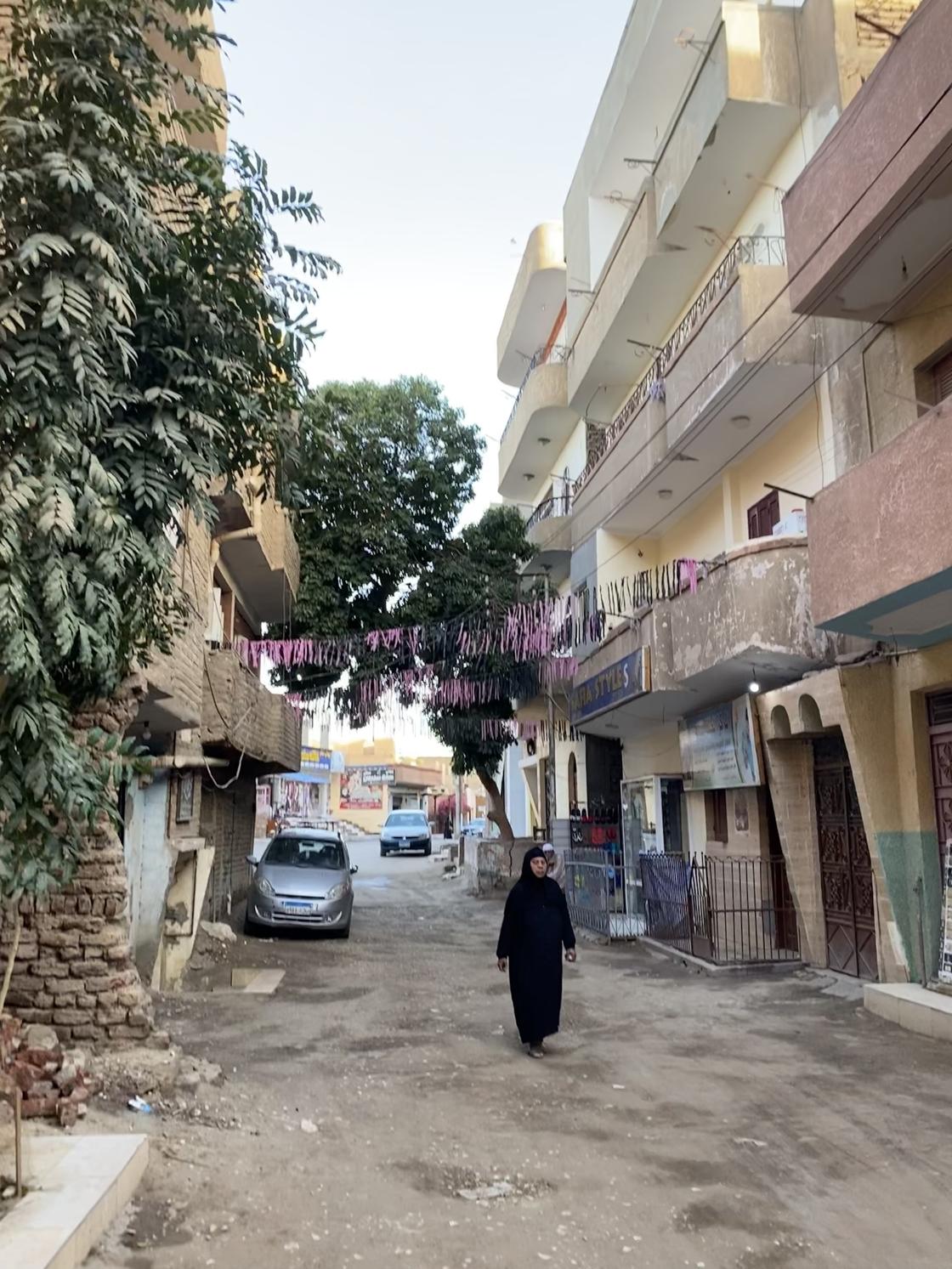
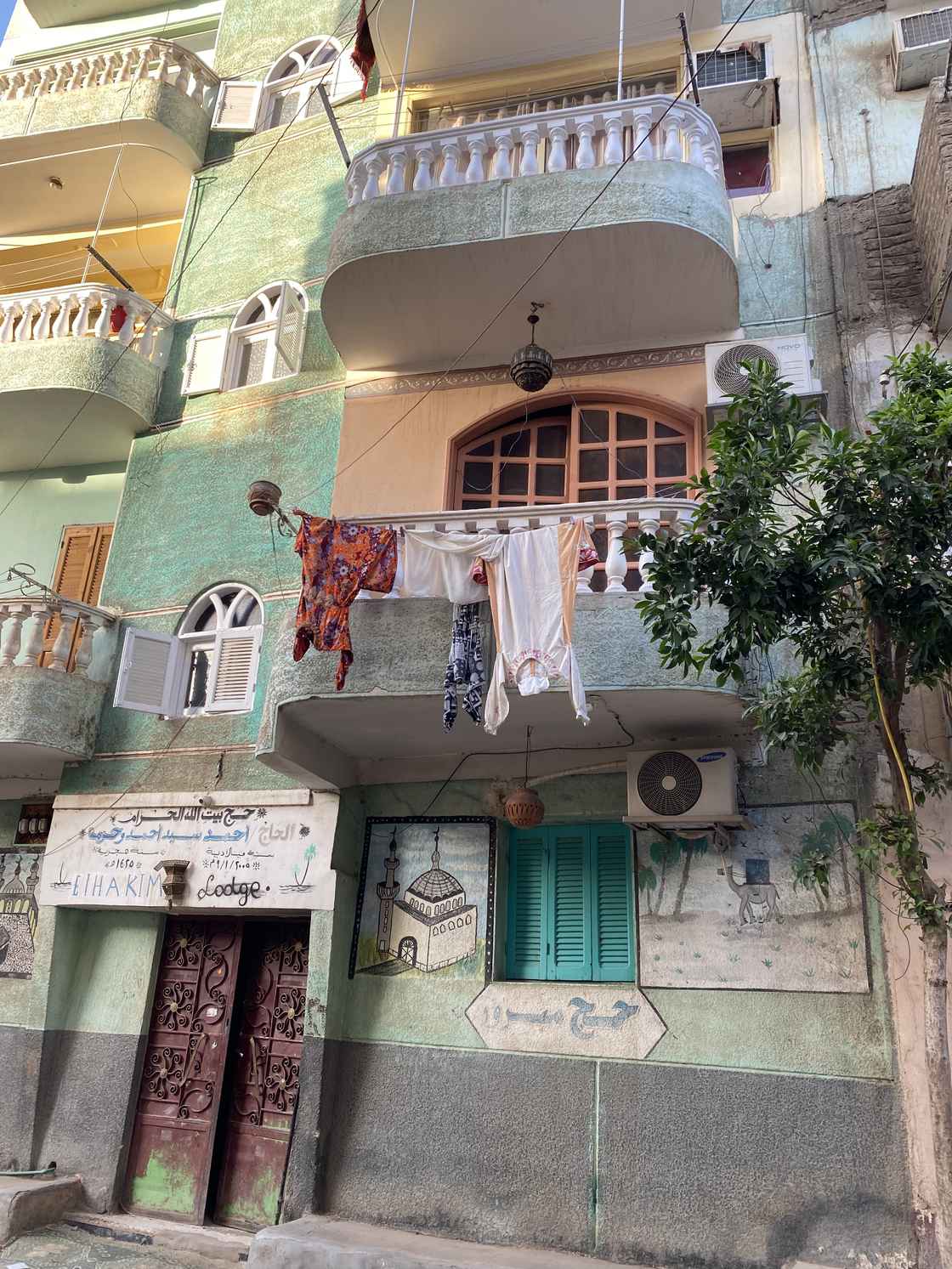
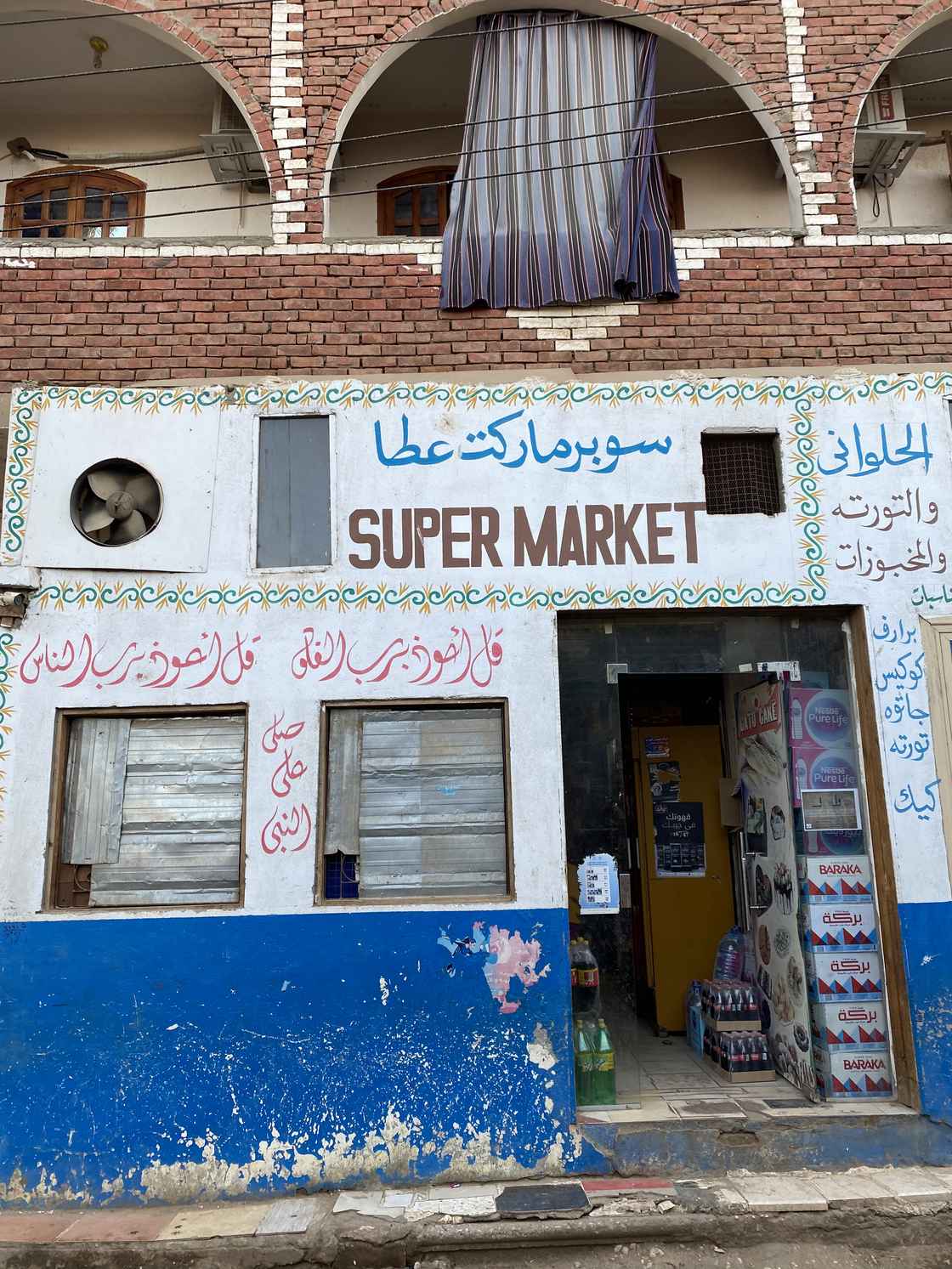
The white and blue storefront in the rear of this photograph is the same "supermarket" in the photo above. Meaning, there is a food market located right next to a horse stable. Neighborhood zoning, anyone?
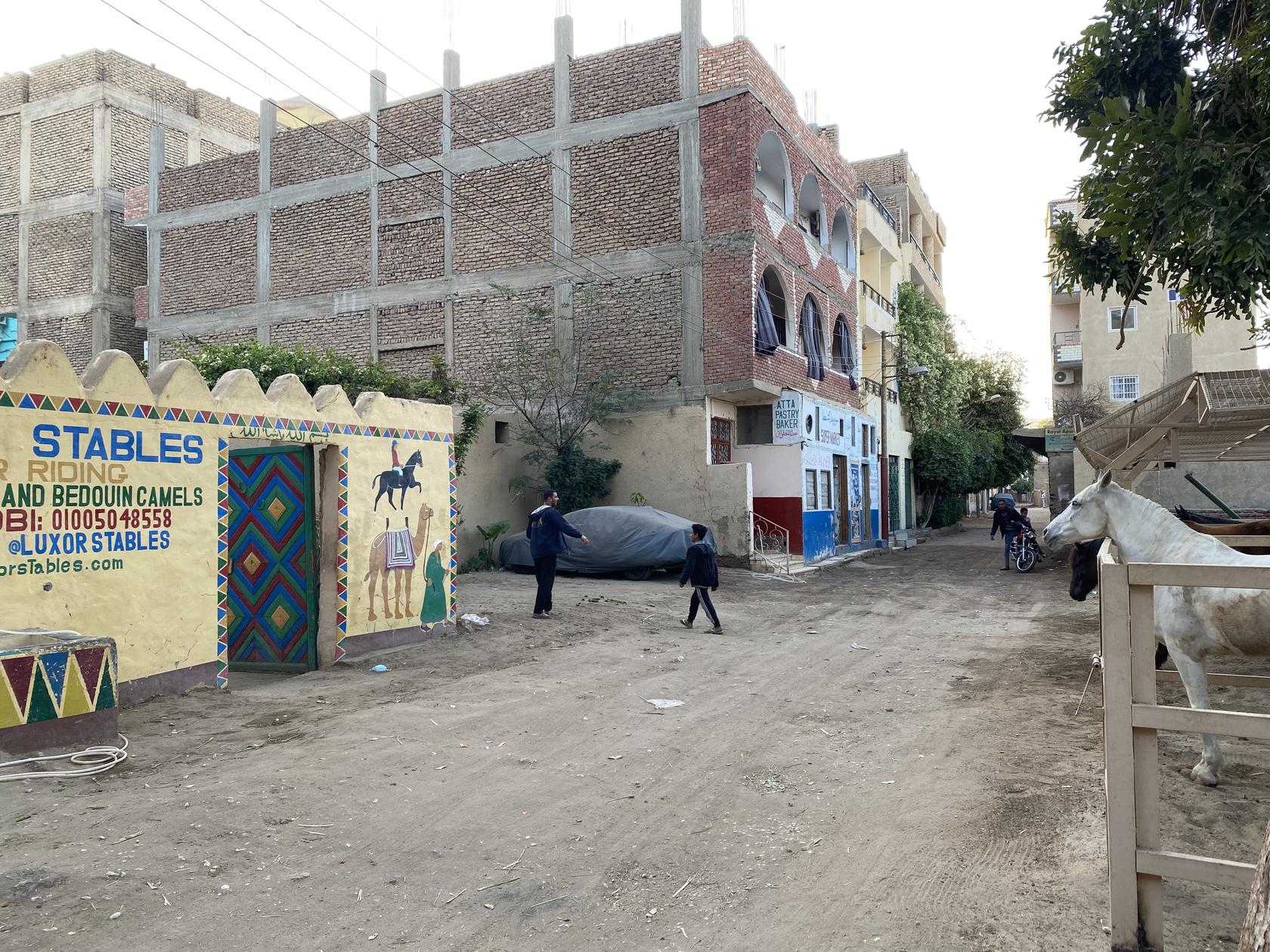
Here is a corner coffee shop. Coffee shops are ubiquitous here. There are no bars. Coffee shops are the public meeting houses.
The sign at this coffee shop reminds you that "You can't make everyone happy. You are not coffee."
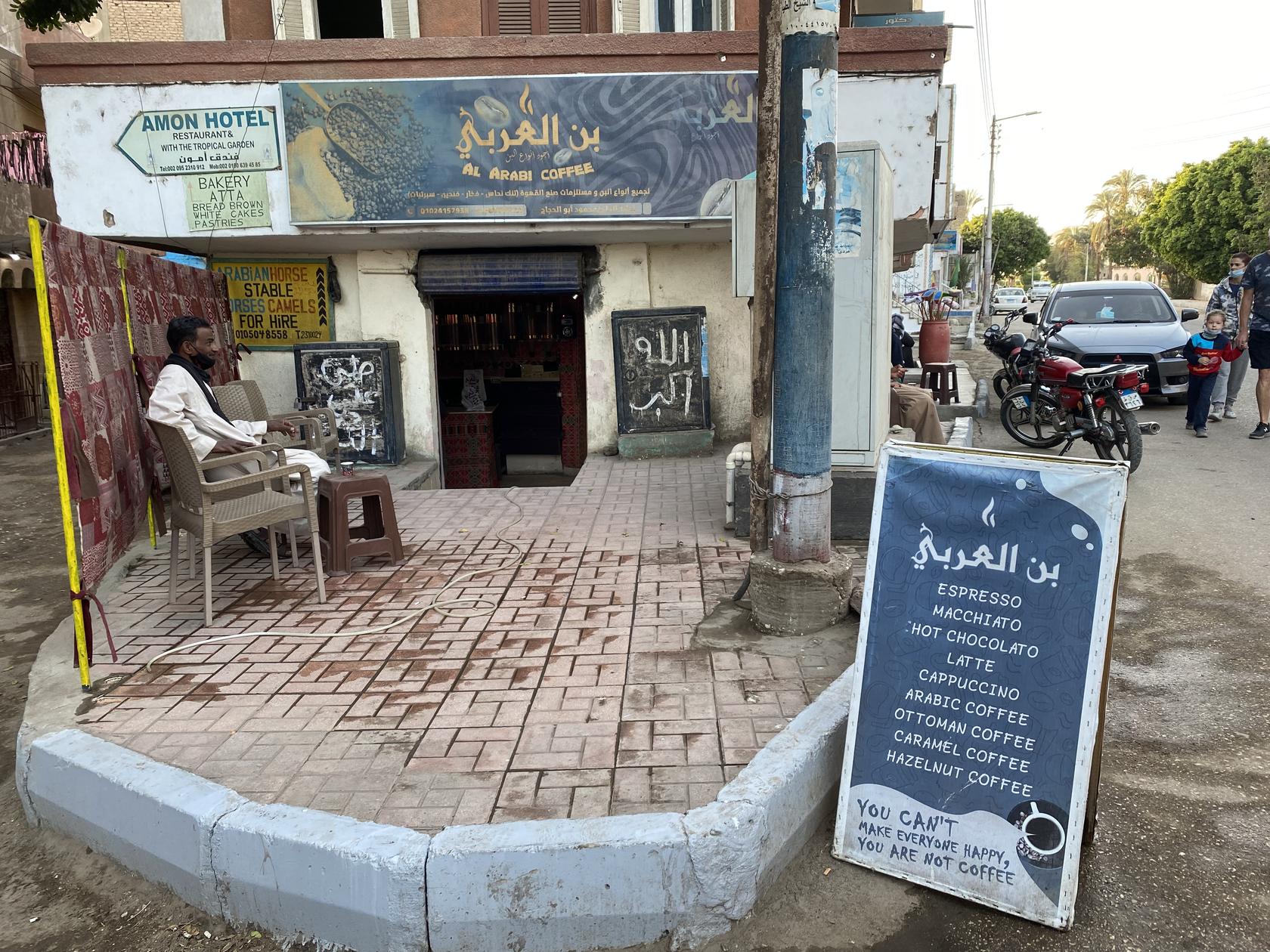
Note the beautiful minaret.
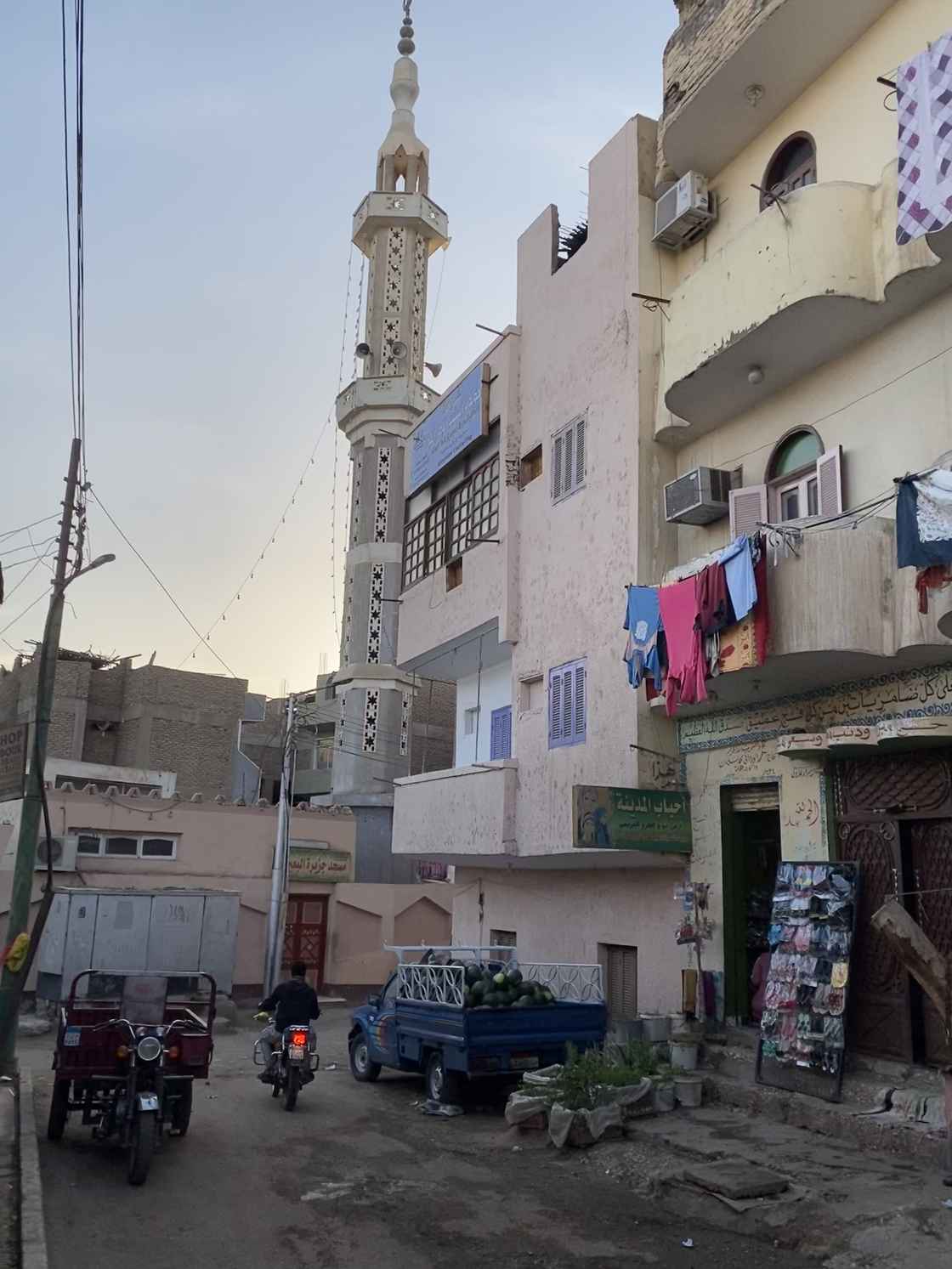
This picture reveals the striking paradox of Egyptian culture. It's a glamor dress shop with Western advertising and images of Western models in the window. In front of it, on the curb, sits a veiled, forlorn-looking woman who actually hid her face to avoid having her face in the picture.
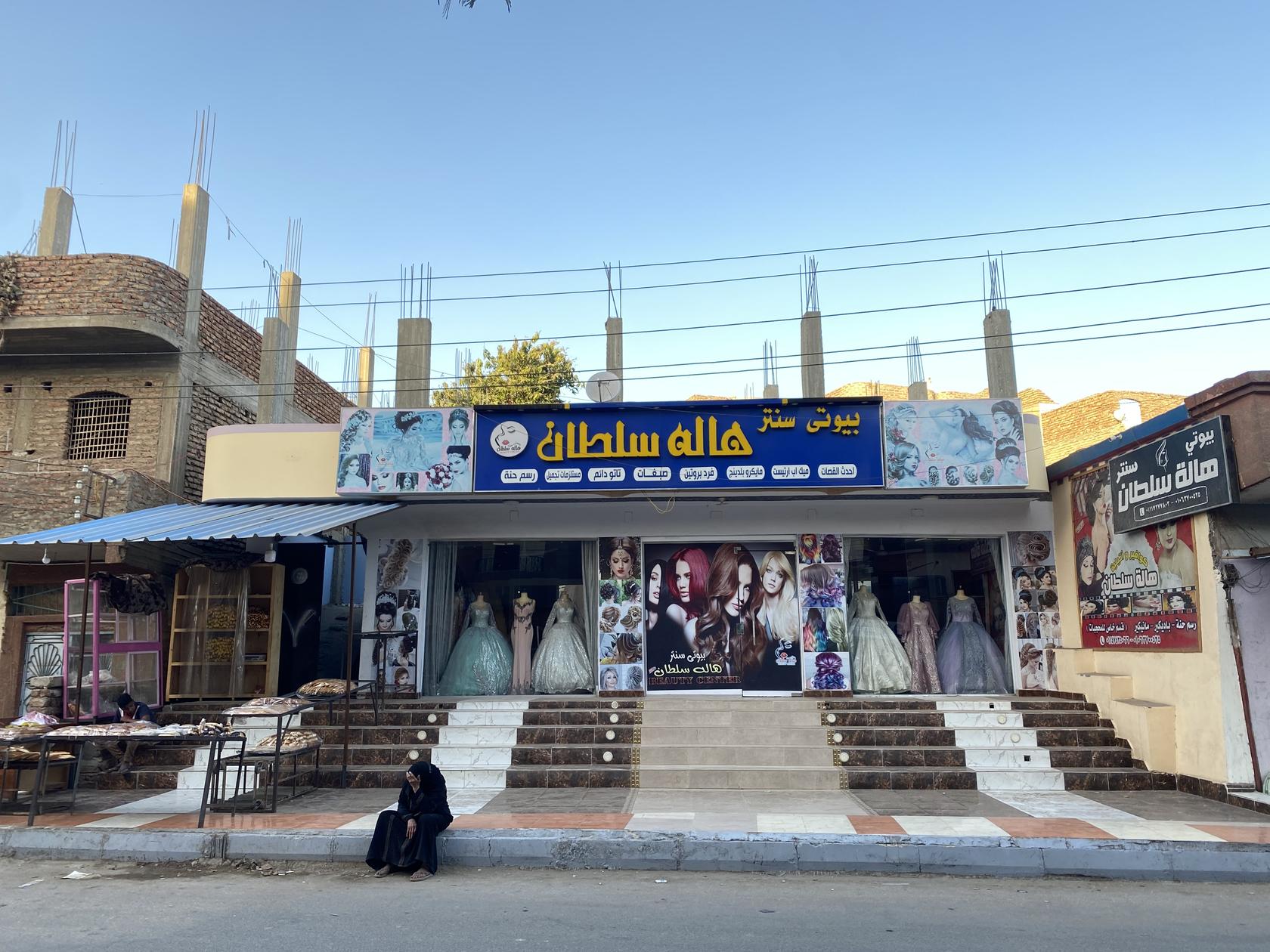
A tourist shop and view down a side-alley...
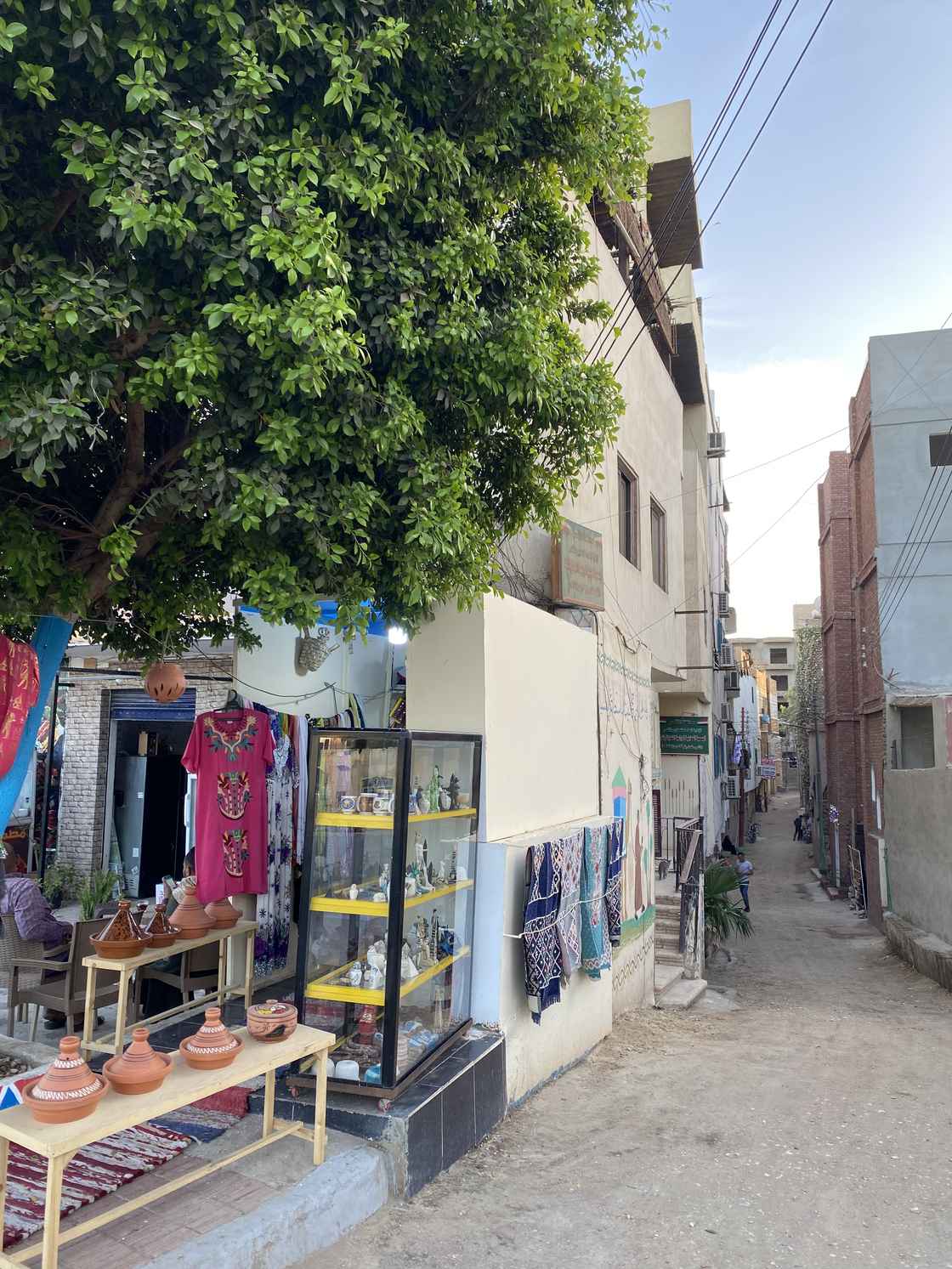
Feeling better and feeling happy, I snapped this selfie while seated in the rooftop restaurant.
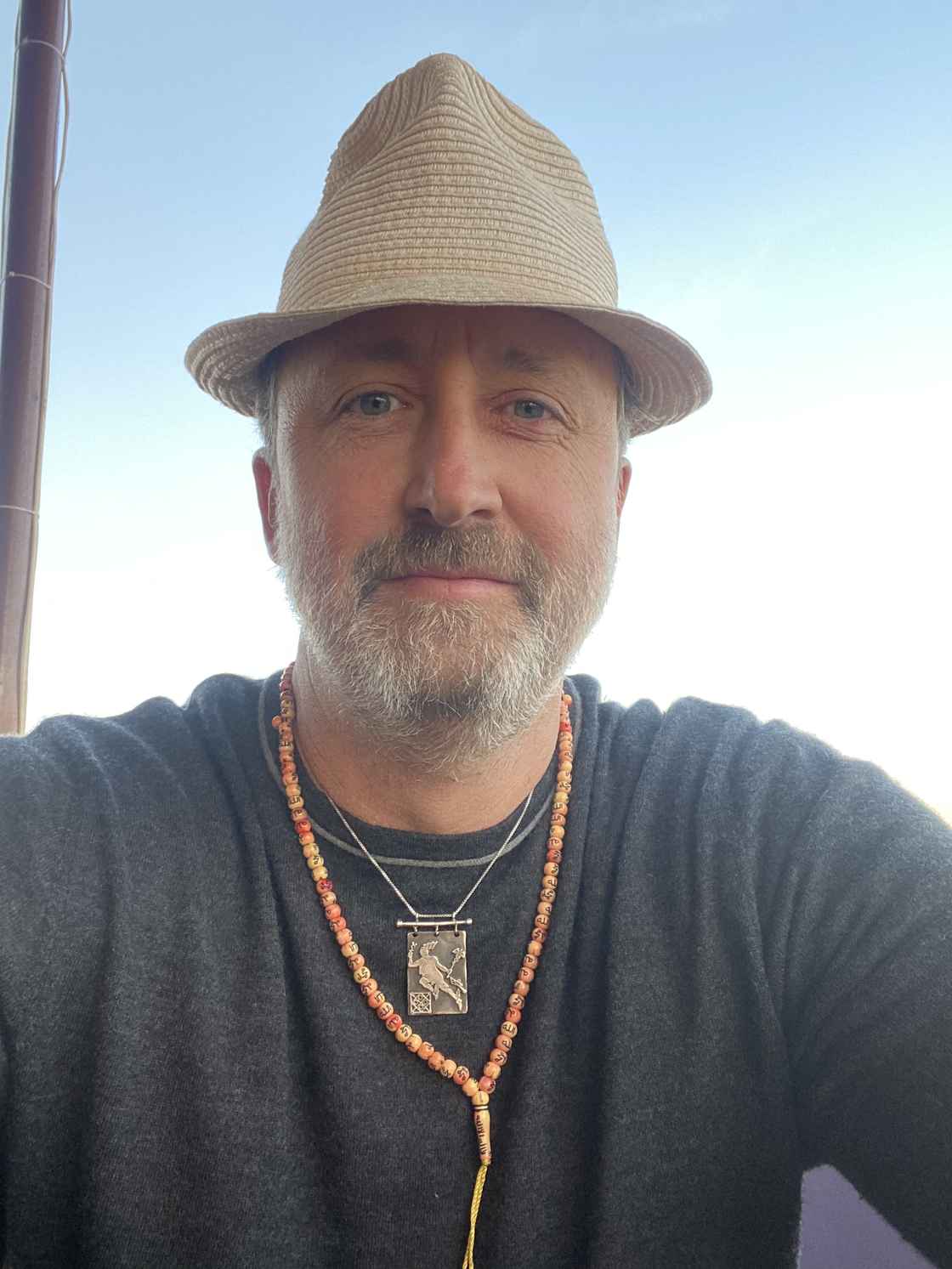
For dinner: duck and french fries with the ever-present pita bread.
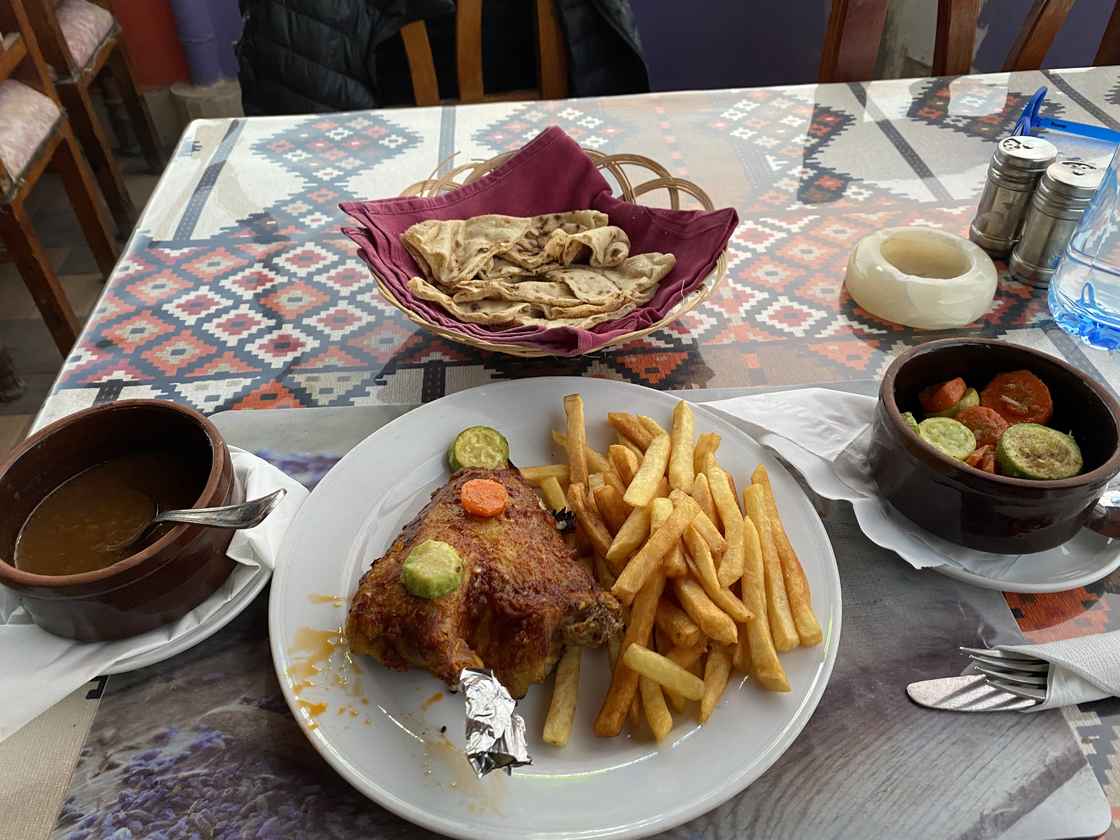
Egyptian condiments.
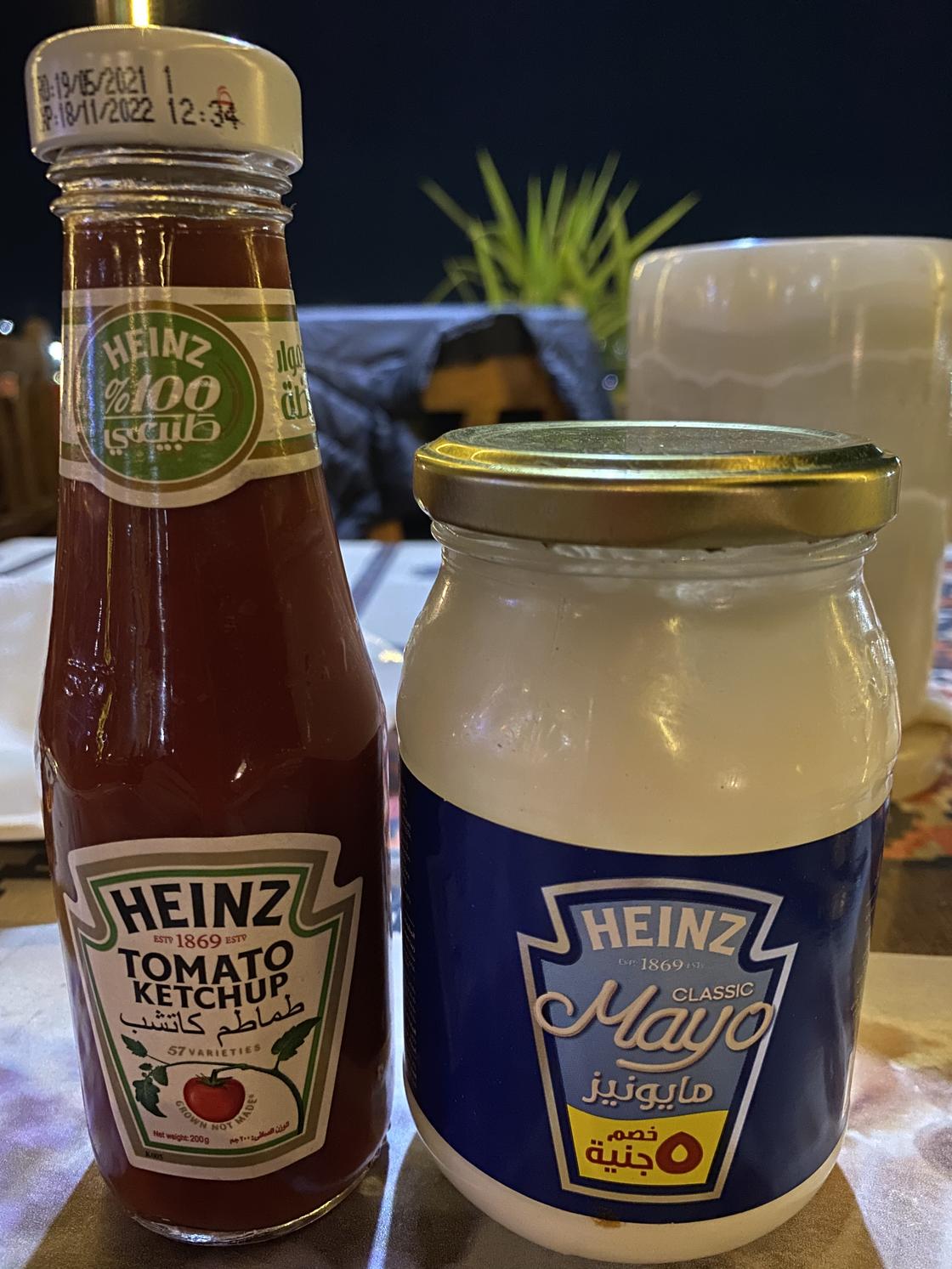
The hotel where I ate dinner.
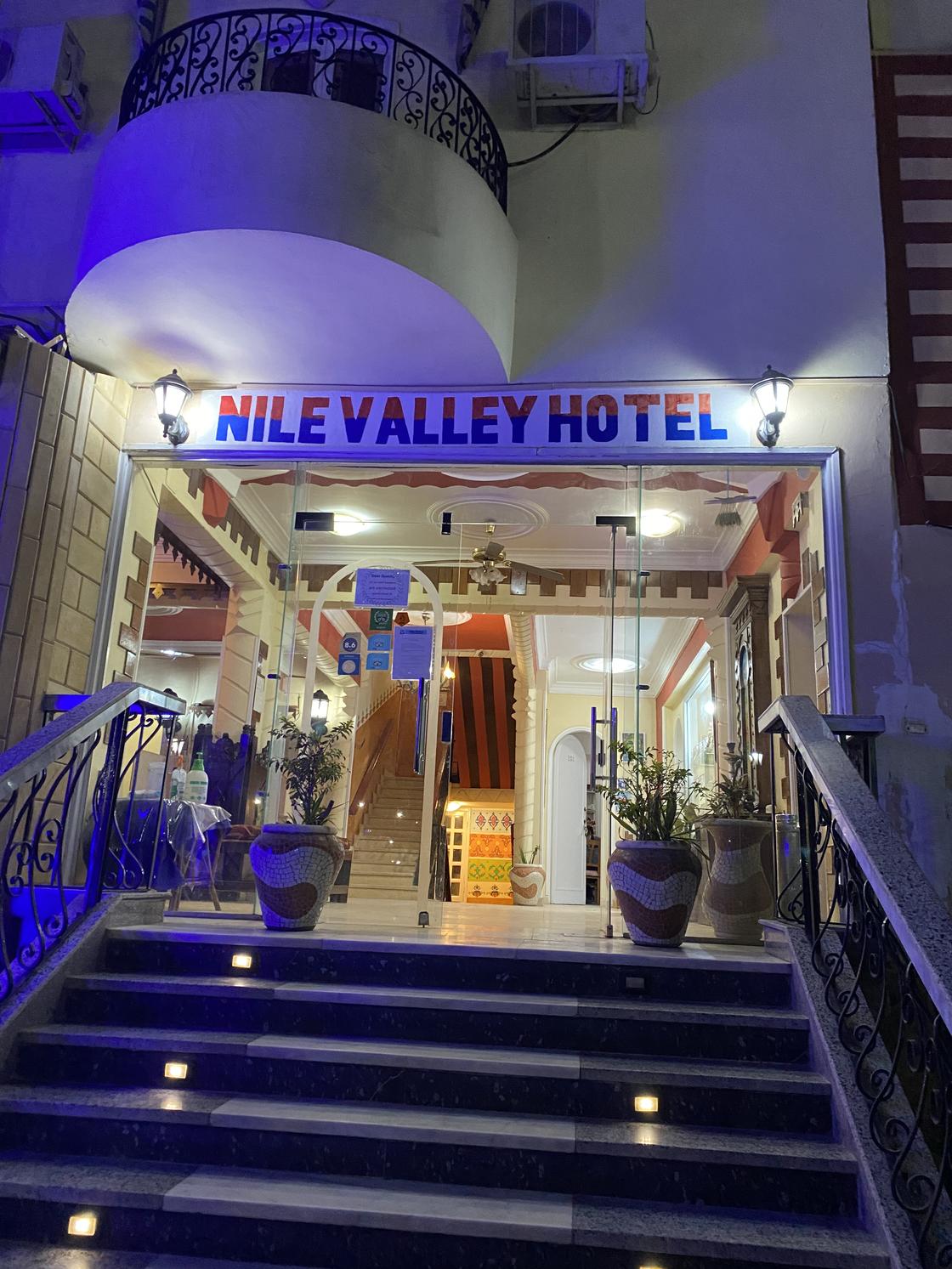
The view of my walk from the hotel restaurant back to the villa apartment where I was staying. And in this light, I can see how it might appear dangerous or shady to make this walk at night.
But with Muslim sharia law just a scratch beneath the surface of this culture, it seemed to me that the biggest danger here was the continual, in-your-face pestering of the shop-keepers. In fact, I was grateful to walk this dusty road at this later hour when some of the shops were closed. To walk along this dirt road in the early evening felt like walking a gauntlet. They would come at you from all sides.
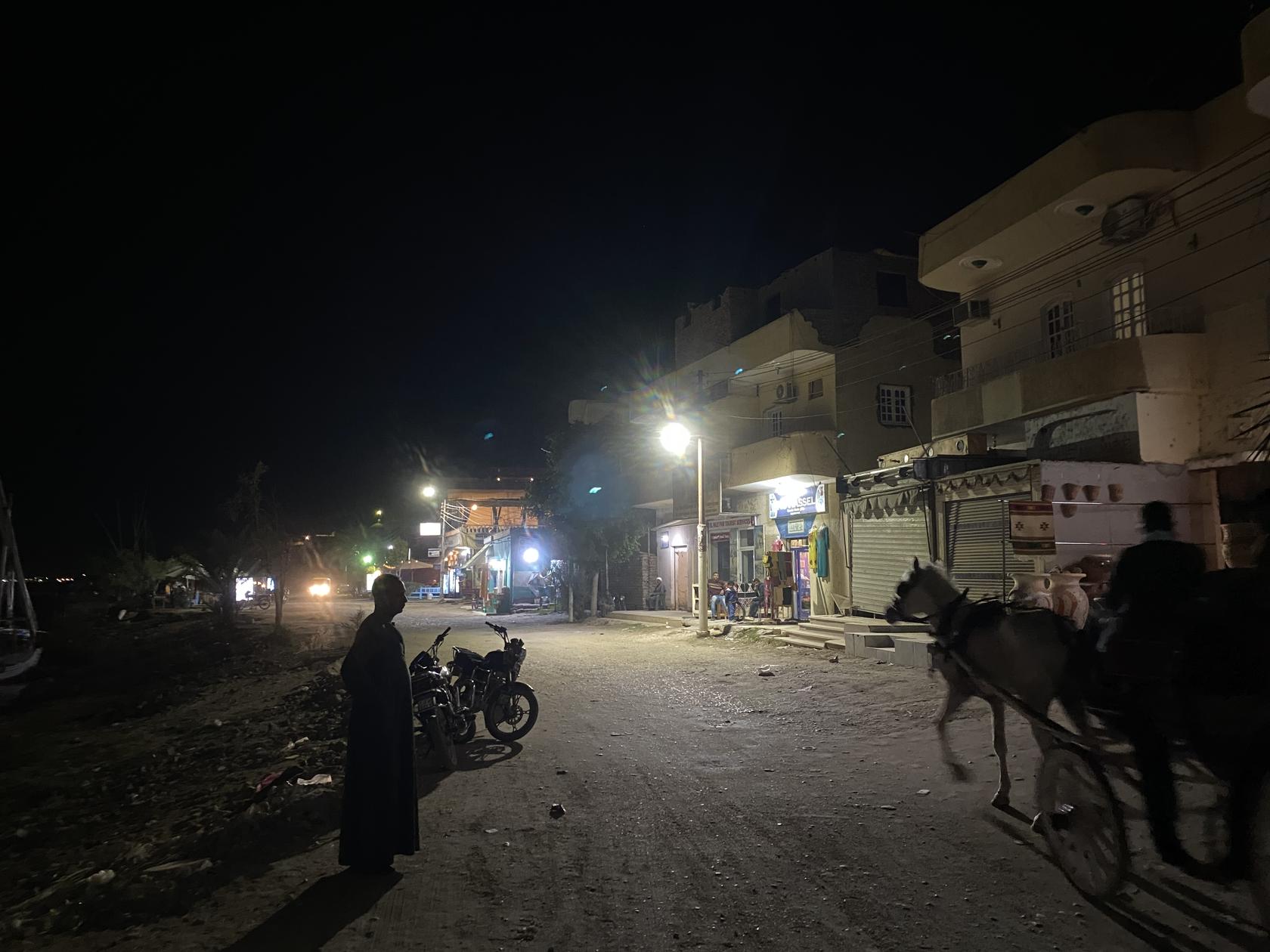
An artistic photo of the side road on which I stayed, just off the main drag above.
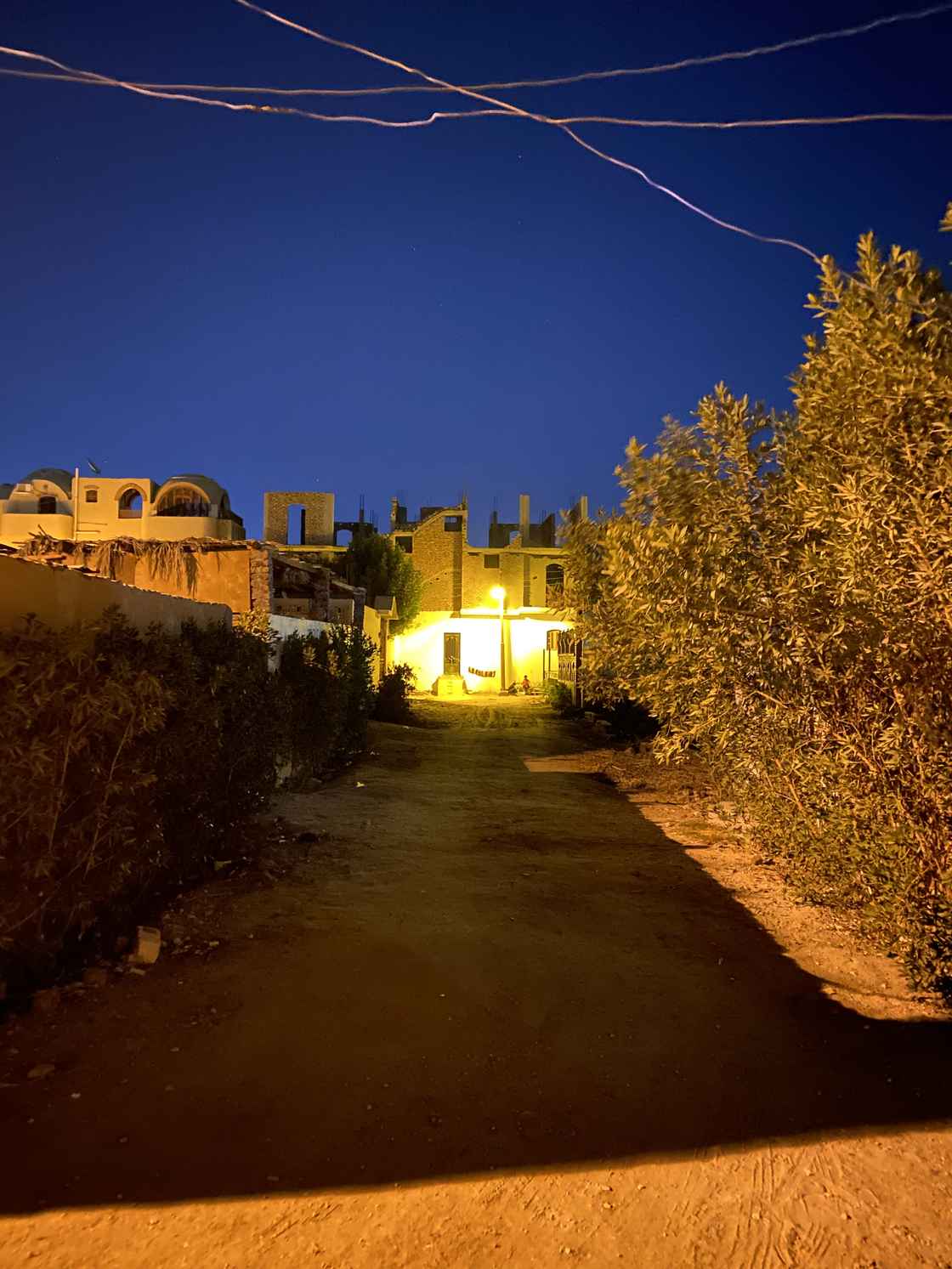
PART IV
Day 26
March 28th, 8 of Clubs day.
On my daily walk along the main dirt-road drag that I just photographed above, I paused to capture this image of a motorcycle, cow, sailboat (Felucca), and water taxi.
Our landlord (remember Mohammed) used to send his 13-year old son over to the villa apartment to clean the pool in the afternoon. The nice young man would show up on a motorcycle, much like this one. When I asked Mohammed about it, he said that as long as you don't pass through any police checkpoints on the main roads, nobody bothers you on the small side roads or these dirt roads. Thus, young men who don't yet have their driver's license can tool around on small roads. Mohammed's son also ran errands. For instance, he drove to the market once to buy me some groceries. It's something I noticed elsewhere, too. I saw some young looking boys driving motorcycles, three-wheeled carts, and even the little Tuk-Tuk taxis.
I'm not against this practice. In fact, I think it's a good idea. If a young man could prove he can drive a vehicle at age 13 (perhaps even with a standardized test), then it's actually a valuable way for the young man to develop mastery and responsibility. It's way healthier for us a society than blocking that outlet for development such that the same eager 13-year old, instead of directing his masculine energy into driving a motorcycle, directs it elsewhere in less constructive activities. Burgeoning testosterone needs a place to go. And yes, motorcycles are dangerous, but not as dangerous as a disaffected, stifled young man.
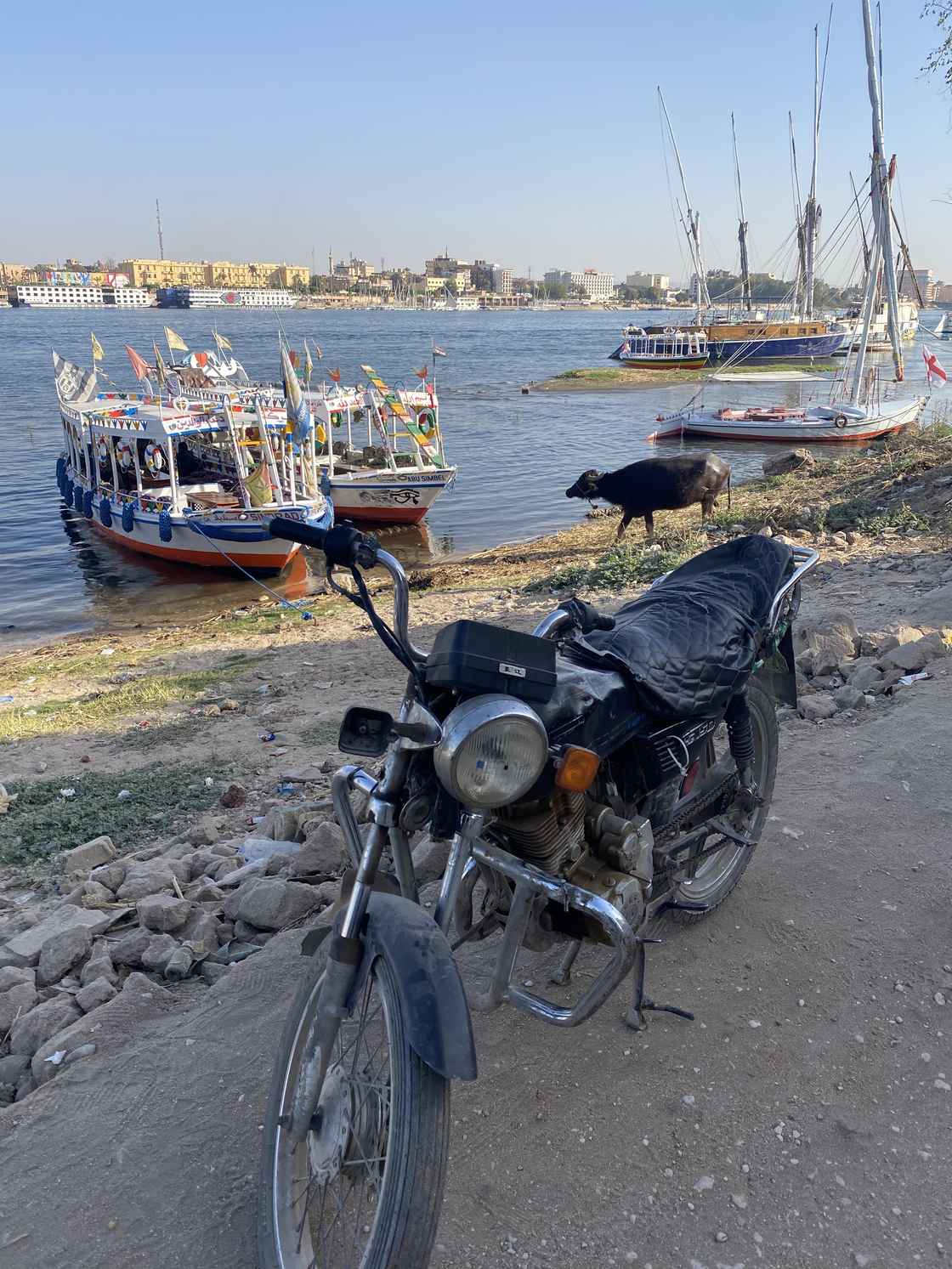
Later on this same day, in the early evening, I took one of these same boat taxis across the Nile to do some shopping in the main Souq and to visit the Temple of Luxor. Here it is at Sunset with neon-lit palm trees.
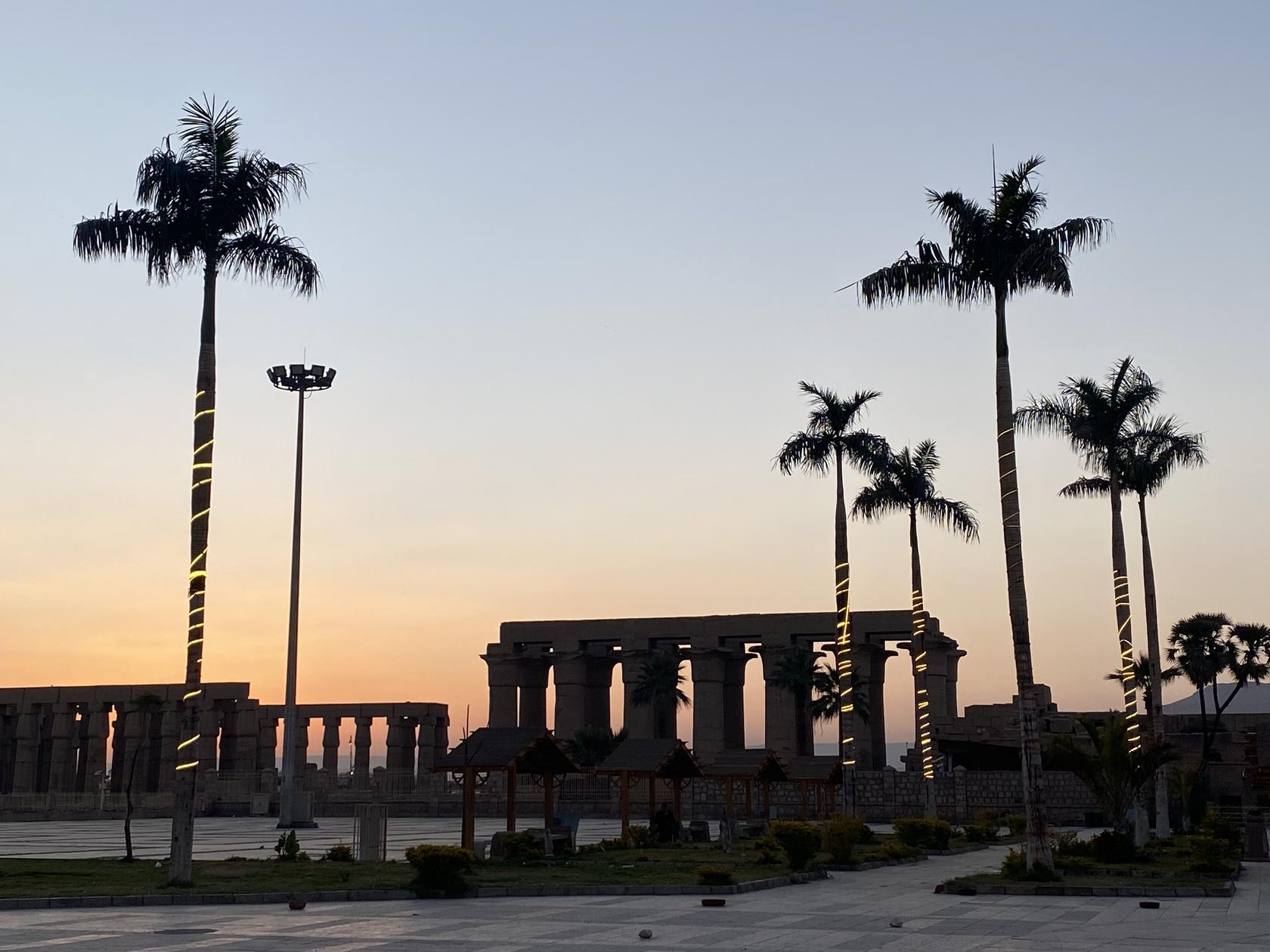
Day 27
March 29th, a 7 of Clubs day.
Here is a picture of the living room where I was staying in Luxor. Today was a fine day of doing very little except reading, journaling, doing yoga, and having a swim in the courtyard pool.
I brought along The Lord of Rings to reread for two reasons. It's long, and I knew I would have plenty of time to read. But also: I'm taking notes on it because I believe it has something interesting and important to teach us about how evil is defeated -- the central theme of the trilogy.
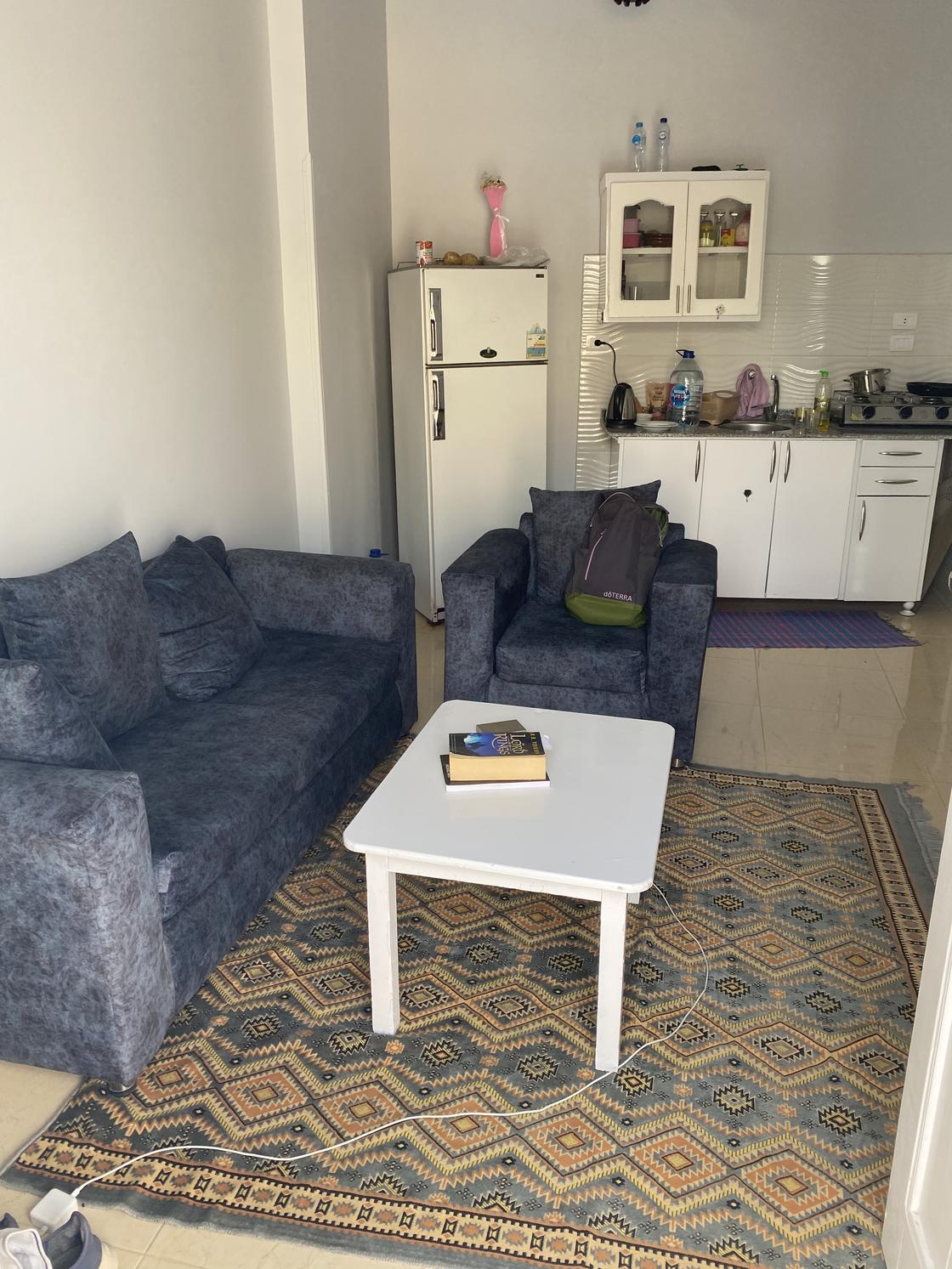
Day 28
March 30th, a 6 of Clubs day.
Today, I decided I wanted to visit Aswan, a city which is in the South of Egypt at the headwaters of the Nile. So, online, I found myself an inexpensive hotel in Aswan and arranged a taxi ride to the Luxor train station for the next day. Spontaneous travel, my favorite kind!
In the evening, I enjoyed watching British premier league football on this outdoor big screen TV at our local restaurant where they've gotten to know us and thankfully no longer hassle us as a result.
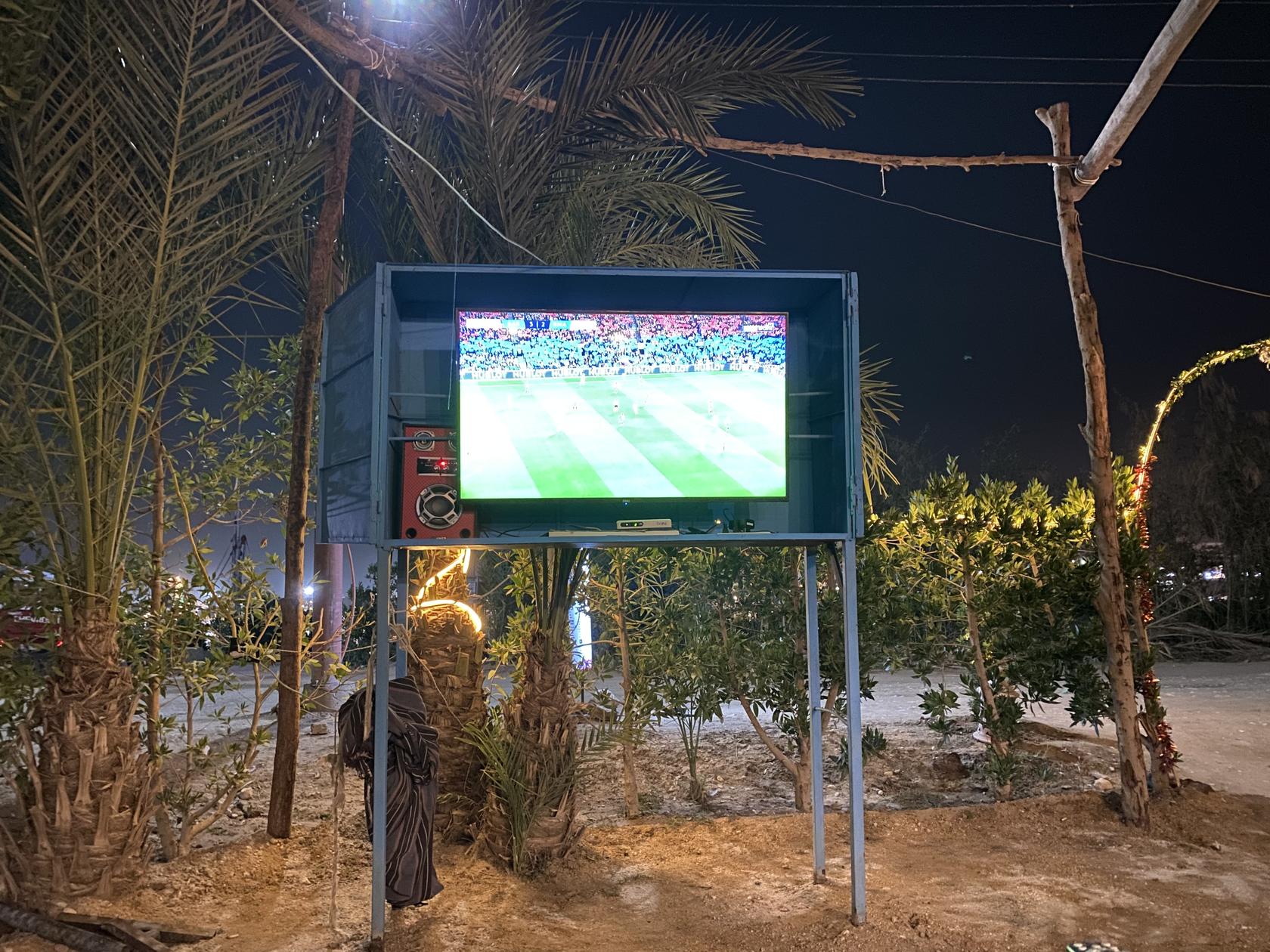
Day 29
March 3`1st, a Five of Clubs day.
In the morning, I checked the weather in Aswan to see what I was getting myself into as a I travelled South, away from the milder Mediterranean climate and into the heat of Africa. I knew it was going to be hot, but...
And it's not even summer yet.
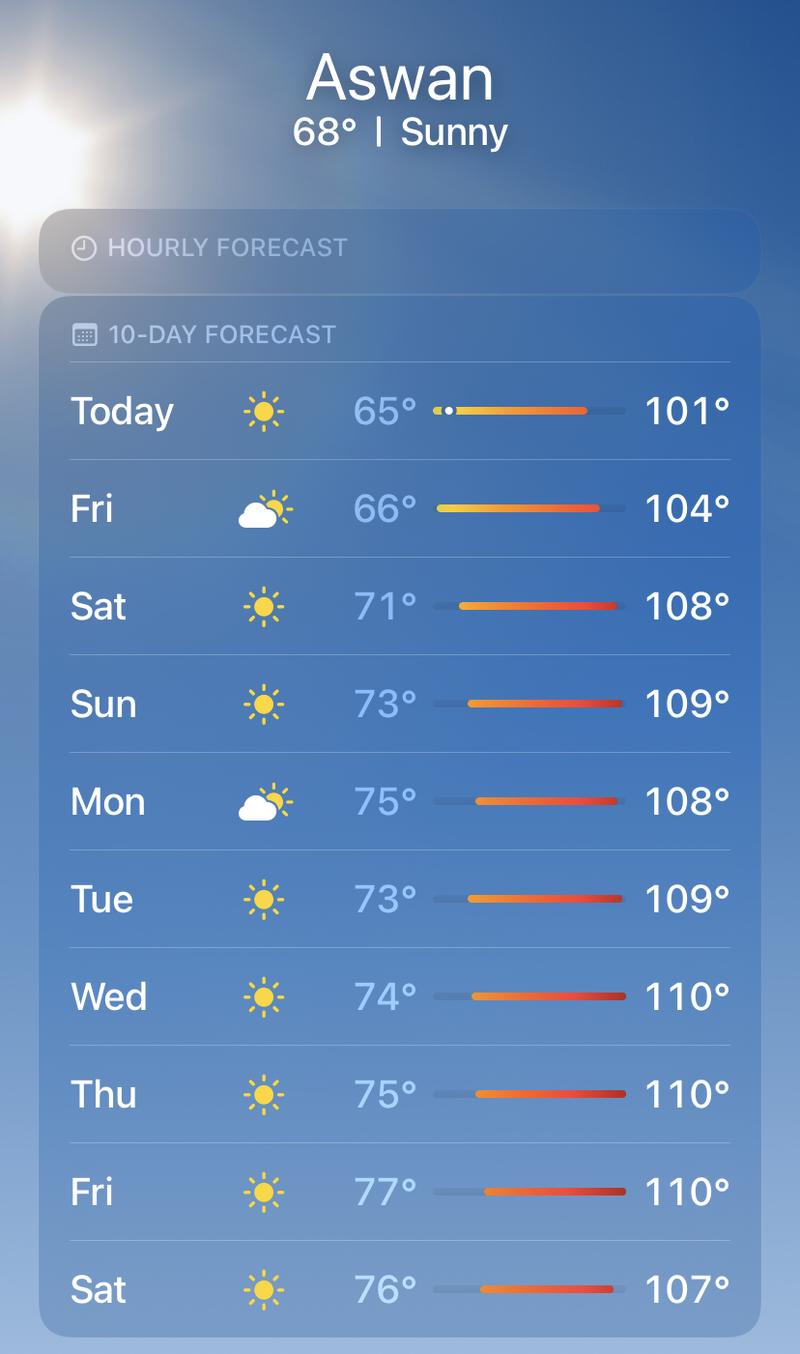
The Luxor train station. My view of the main building from across the inner-platform.
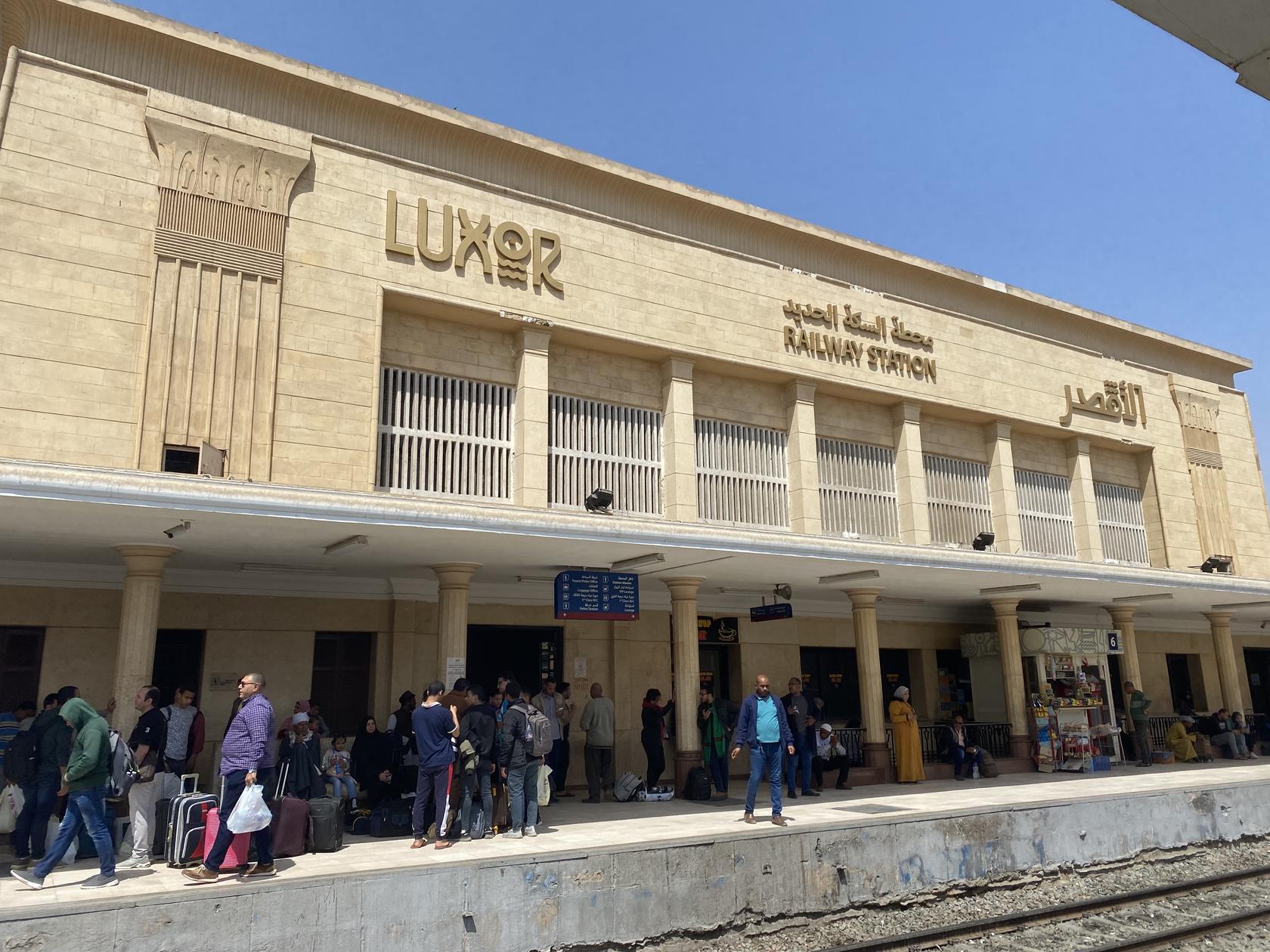
The view to my left, down the platform.
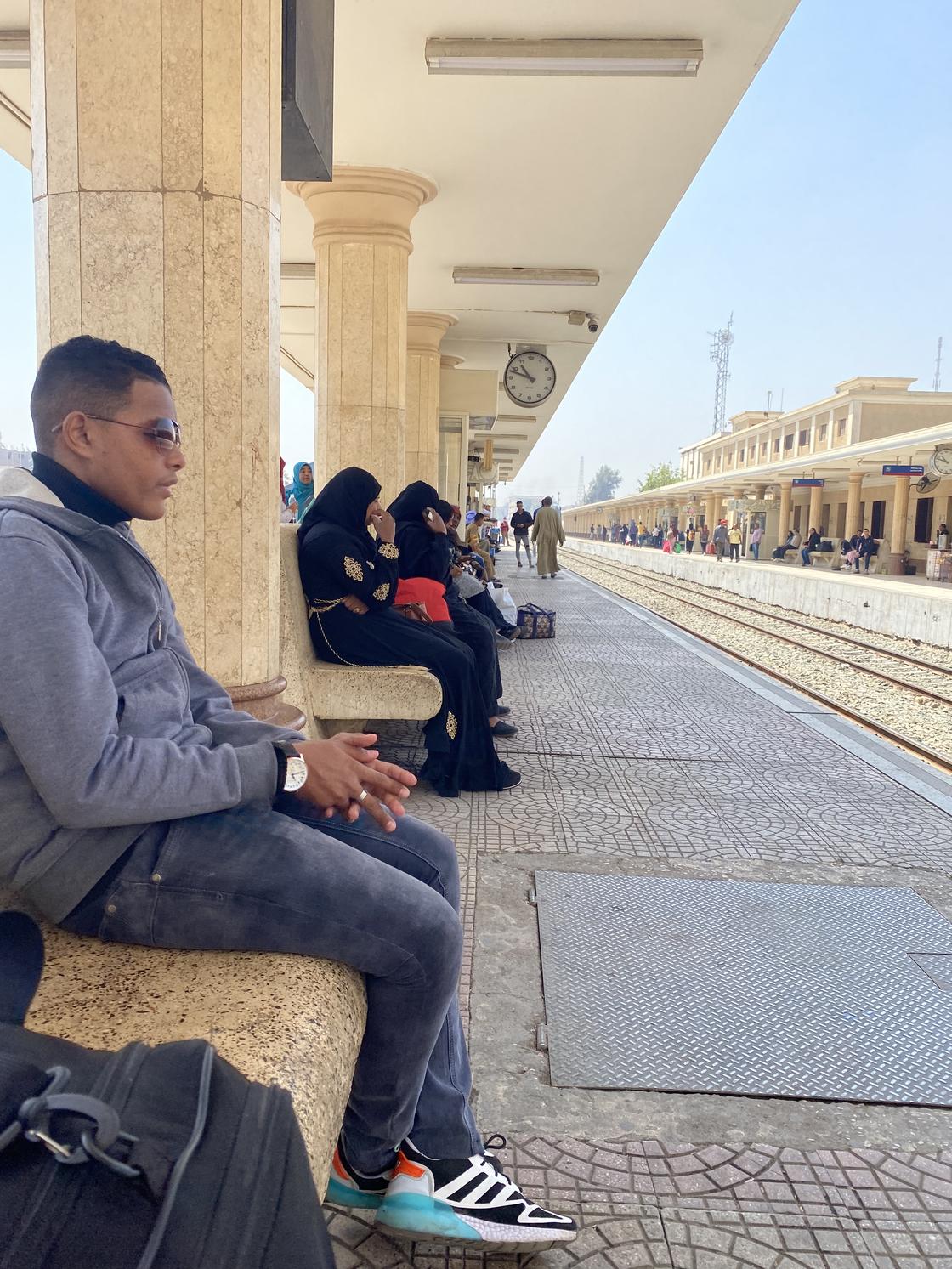
I liked this tile pattern of the platform.
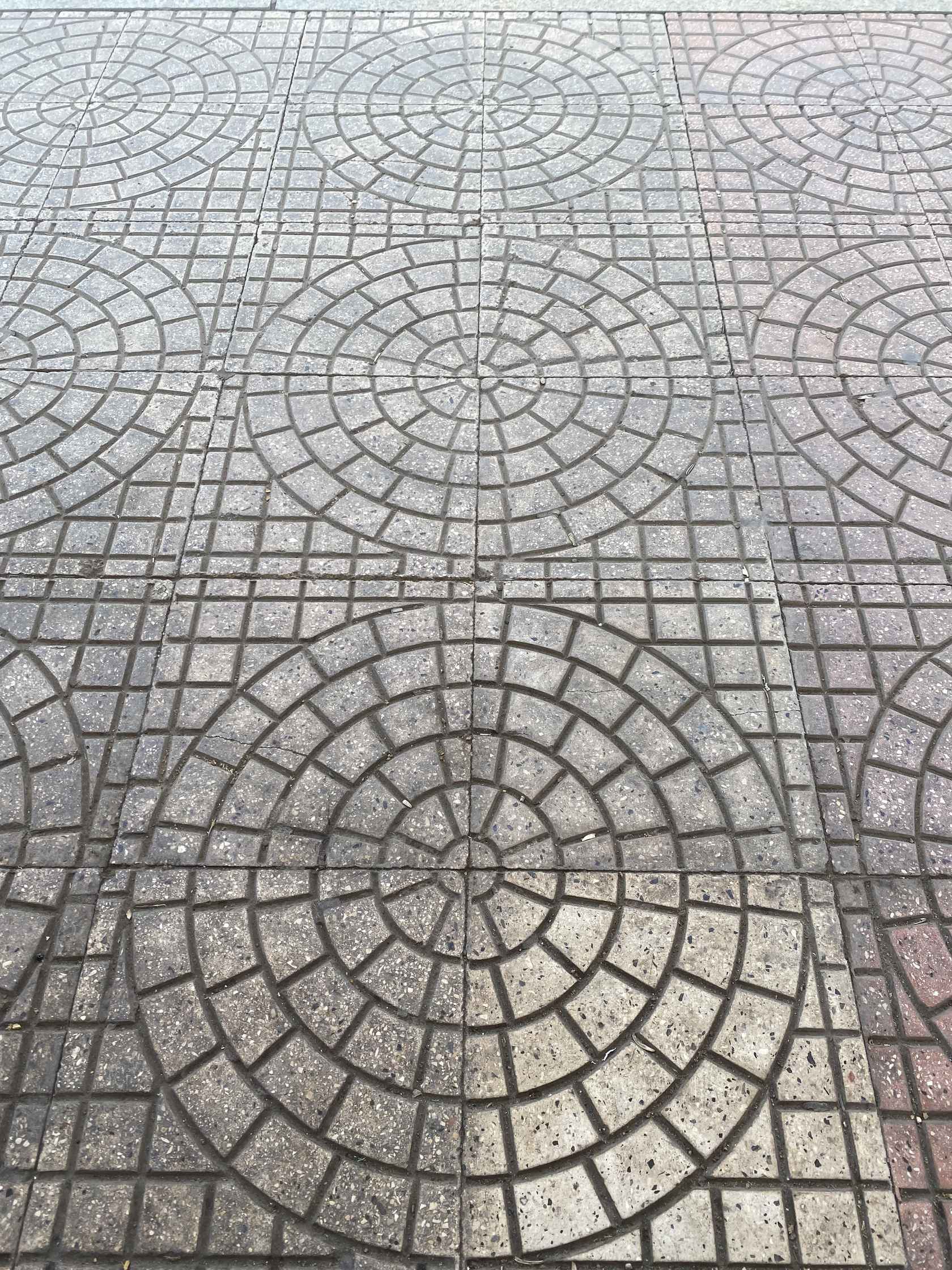
The train was about a four ride. Very pleasant. And unlike on my journey from Cairo to Luxor, where all I really saw was urban squalor along the route of the train tracks, the view from the window was a picturesque blend of green irrigated fields and rolling desert.
Lunch was served. Rice, chicken, hummus, pickled veggies, and yogurt with a can of coca-cola and a bottle of water. And I was glad of it. But I knew that at the end of lunch, this entire tray of plastic garbage would be simply dumped off the train. As I mentioned above, this was their method of cleanup: just dump it out of the train.
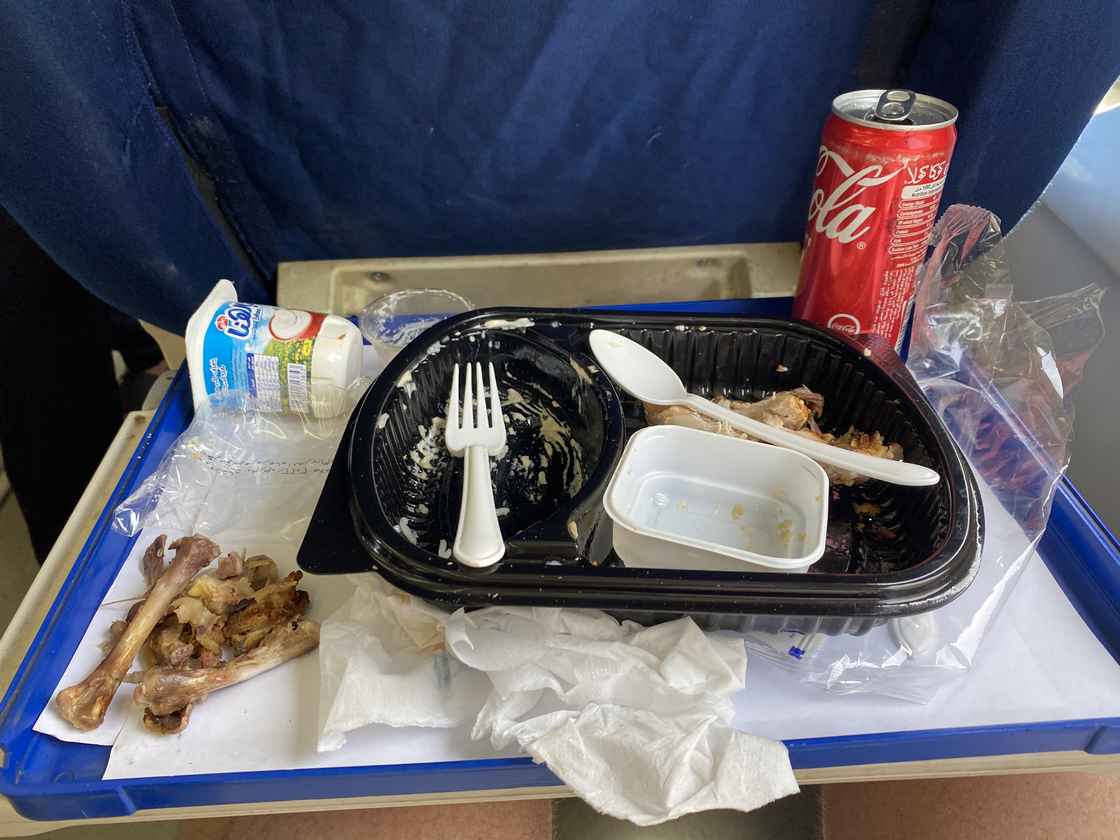
Arrived in Aswan mid-afternoon. Outside the train station in the mid-day heat, I turned a lot of heads as I stood in the scant shadow of a building and lathered up in sunblock. The locals eyeballed the strange white man rubbing white lotion onto his already white skin.
It was too hot for touring around. Once at my hotel, I waited in my air-conditioned room until early evening to begin my tourist activities. Here is the view from my room. You can see the Nile river cruise ships and sailboats. You can also see how Egyptians seem to use rooftops for garbage and junk disposal.
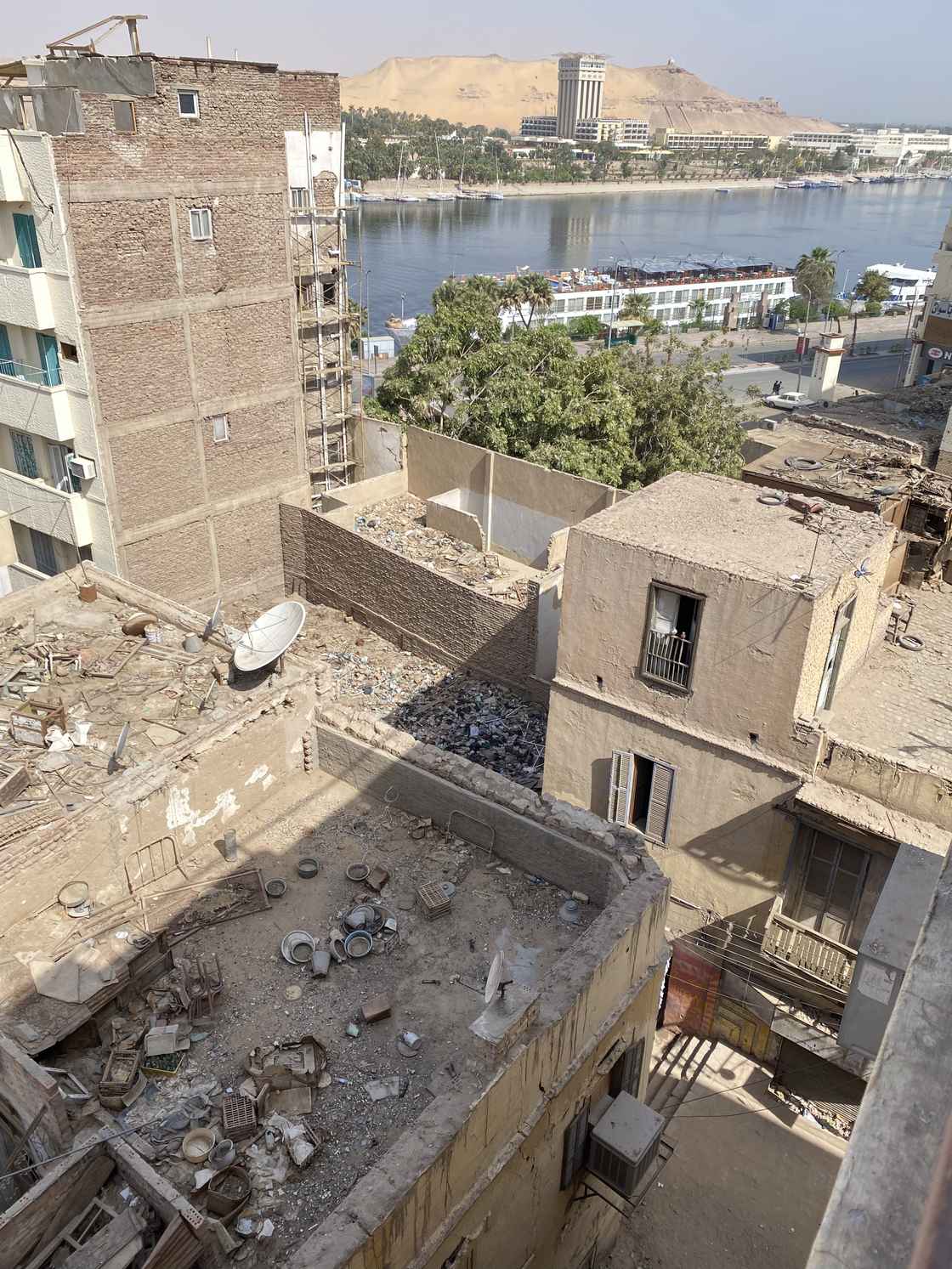
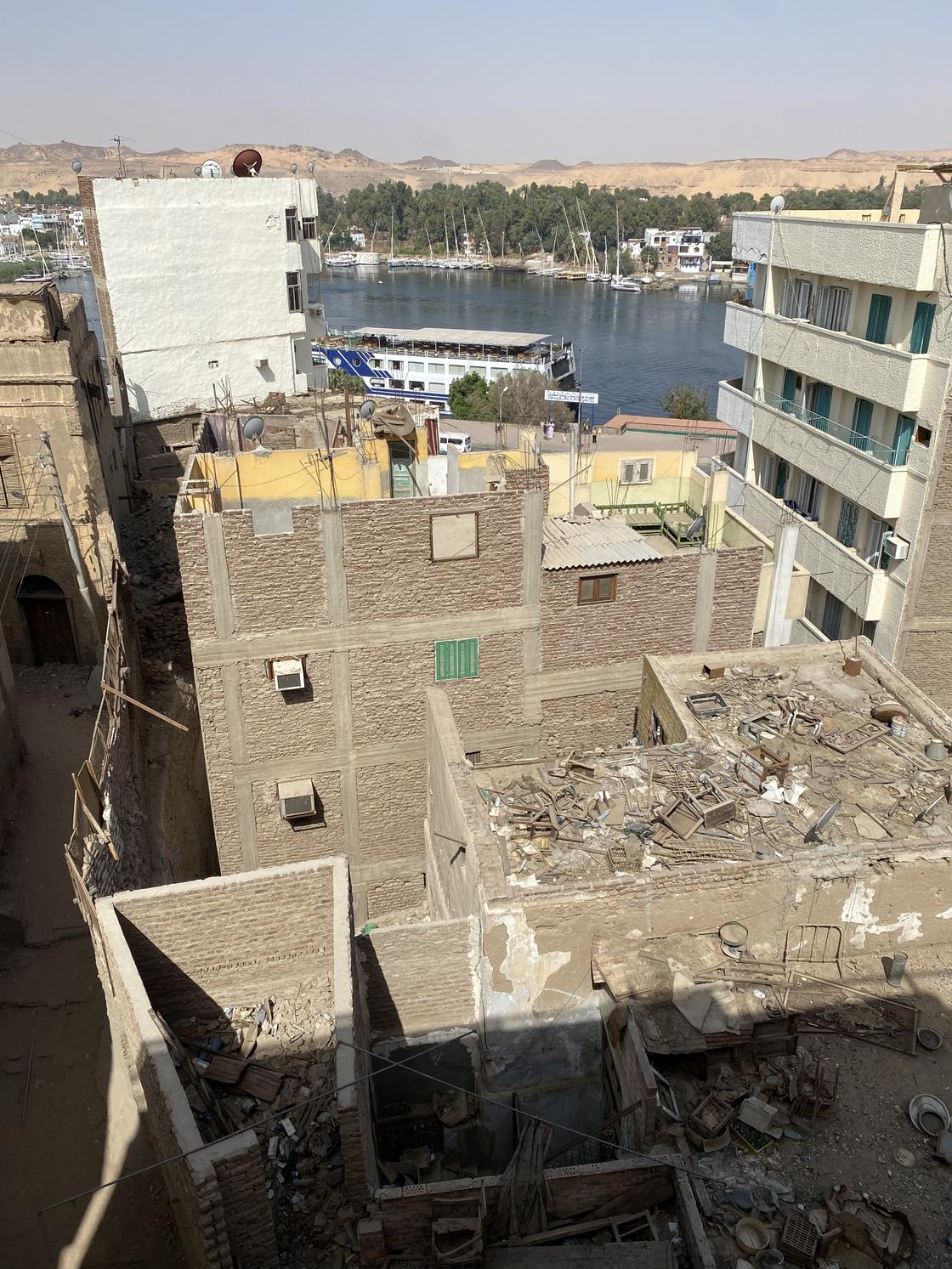
Near where I was staying is this impressive cathedral: Archangel Michael's Coptic Orthodox Cathedral. Unlike in other places where I stayed in Egypt, Aswan seems to have a sizable Christian community. The receptionist at my hotel, for example, was wearing a cross around her neck.
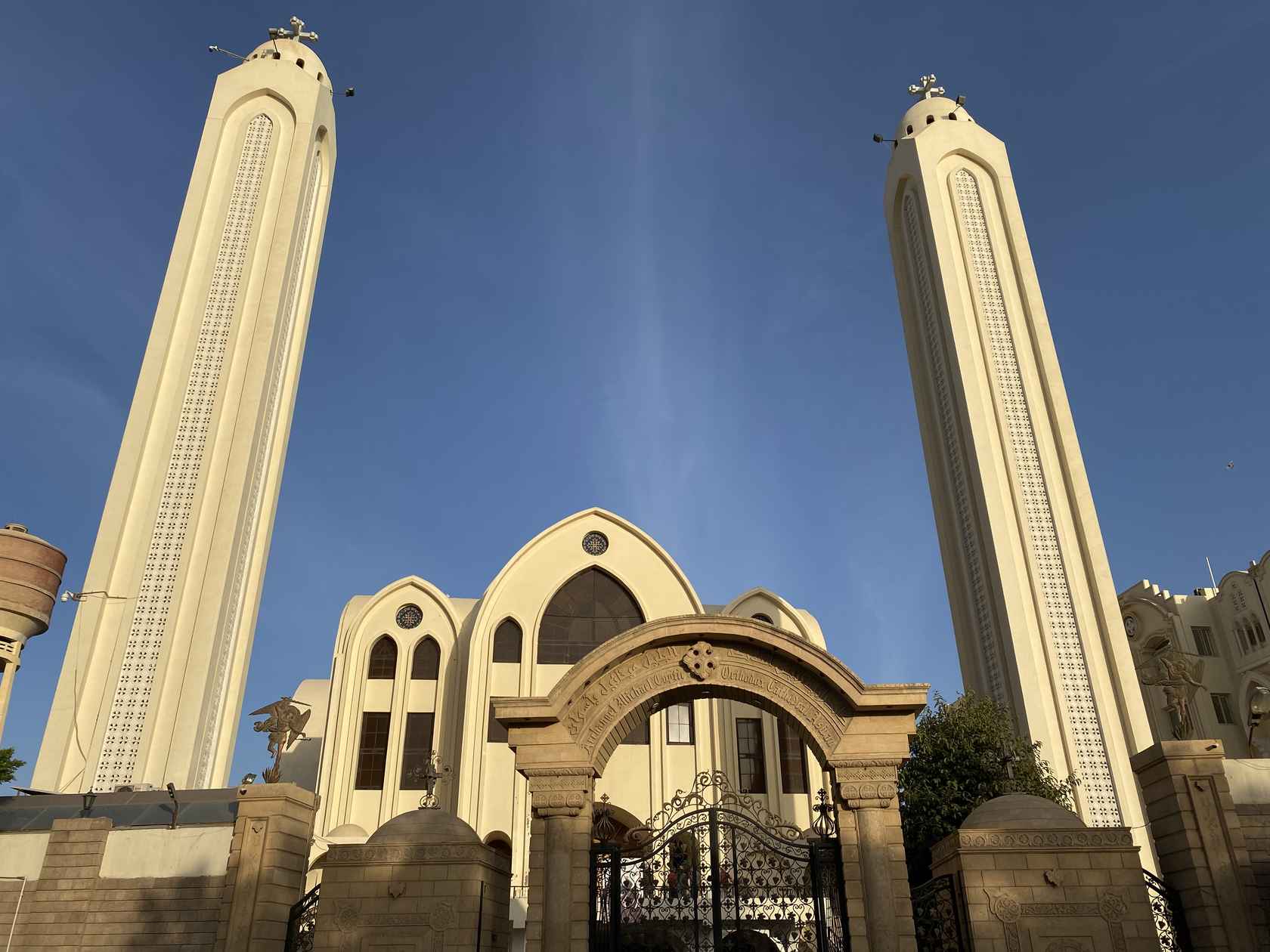
And here it is again after dark. Notice the police presence.
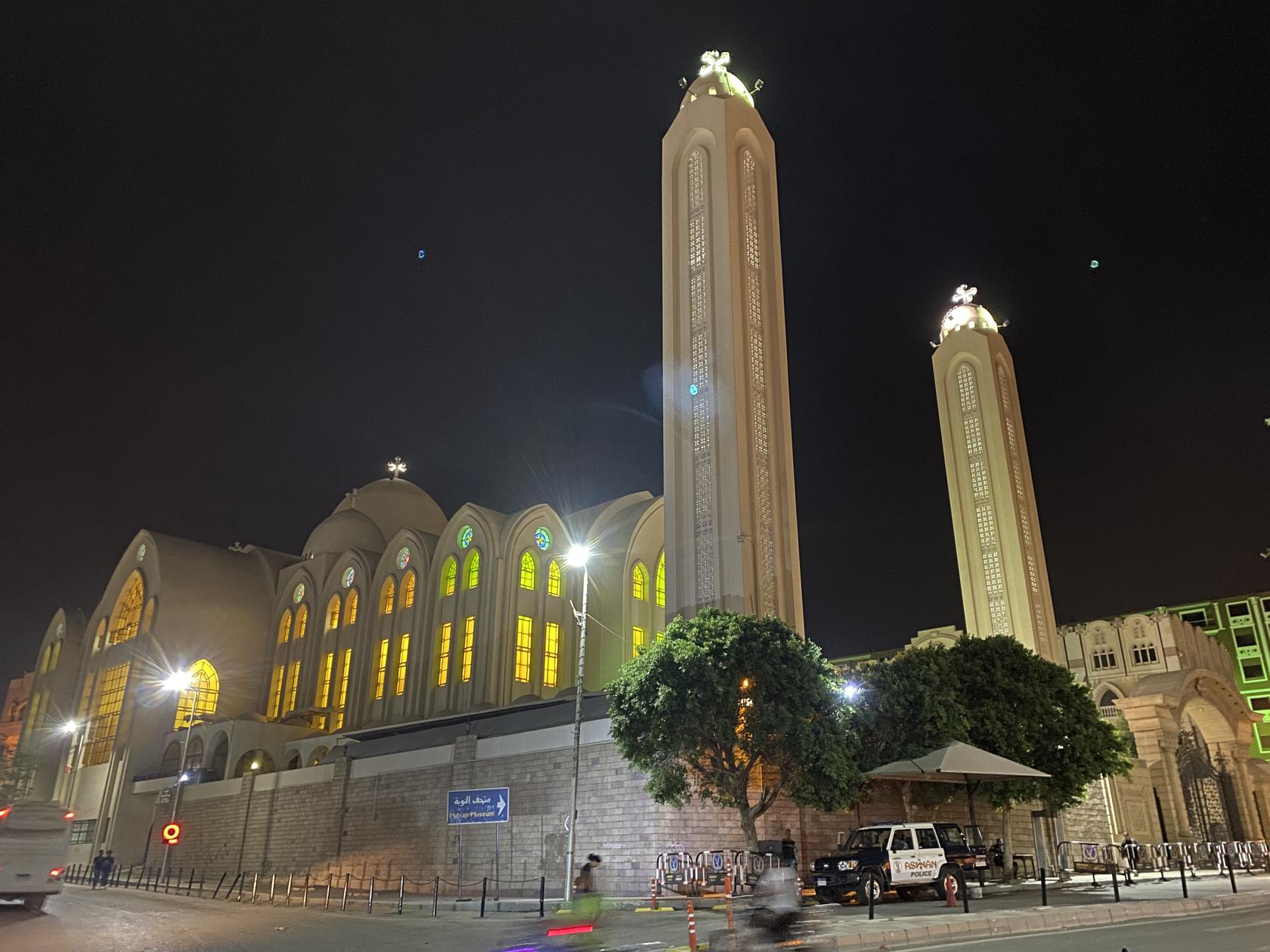
On my phone's map, there appeared to be a small park with a hotel and restaurant inside it, overlooking the Nile. I strolled in that direction. When I arrived, I found myself at the Cataract Hotel, which was gated and guarded. Here is a photograph over the gates of the interior courtyard with a golf cart and a classic Rolls Royce. The stately grandeur recalled colonial times. I felt like I had stepped back in time, and I wanted to explore further, go inside, and look around -- perhaps even eat at the restaurant.
But the guard refused me entrance. The only way to enter, he said, unless I was a hotel guest, was to pre-purchase $20 worth of food & drink credit. I could then use the coupon he would give me towards anything at the bar lounge or restaurant. I have never experienced anything like it before. I've never seen a hotel or restaurant that made you pay before you could even walk inside!
I initially declined thinking 'I don't want to pay just to go inside and look around.' But... as I thought about it, knowing it was a 5 of Clubs day helped me to decide to change my mind and step through the turnstiles, literally, to step into a new vista and have a new experience.
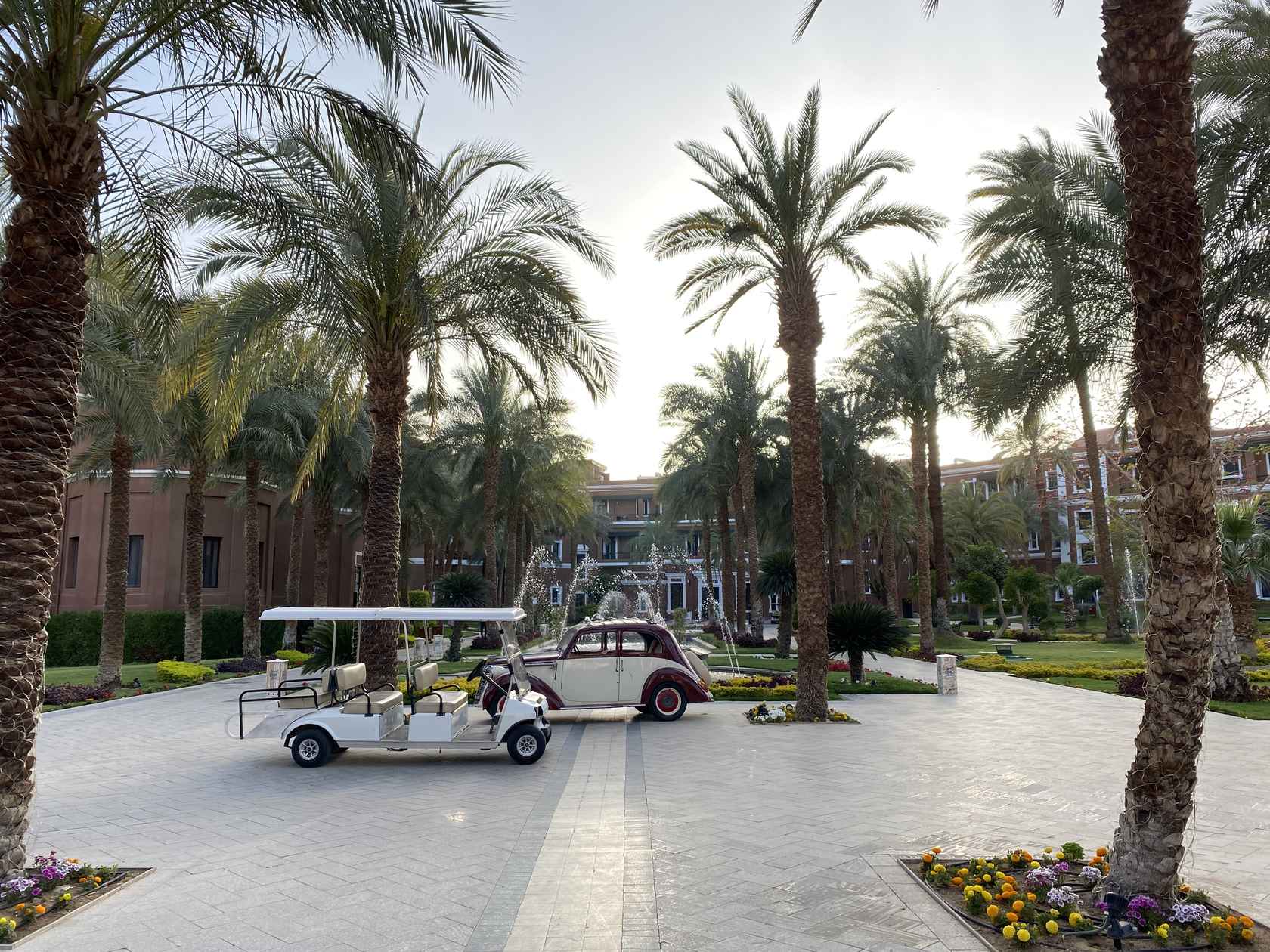
The guard escorted me the entire length of the courtyard to drop me off at the main lobby entrance. As we walked, he told me in his practiced pigeon English that the Cataract hotel has hosted just about every foreign dignitary and recent US president. Curious, I asked how much a room cost for the night. He told me $400, which was just slightly higher than the $20 a night I was paying for my hotel, which included continental breakfast each morning. And my hotel was fine. It was clean. It had air-conditioning in the rooms and a little pool on the rooftop which I used everyday.
Stepping inside the Cataract Hotel, this is what I saw:
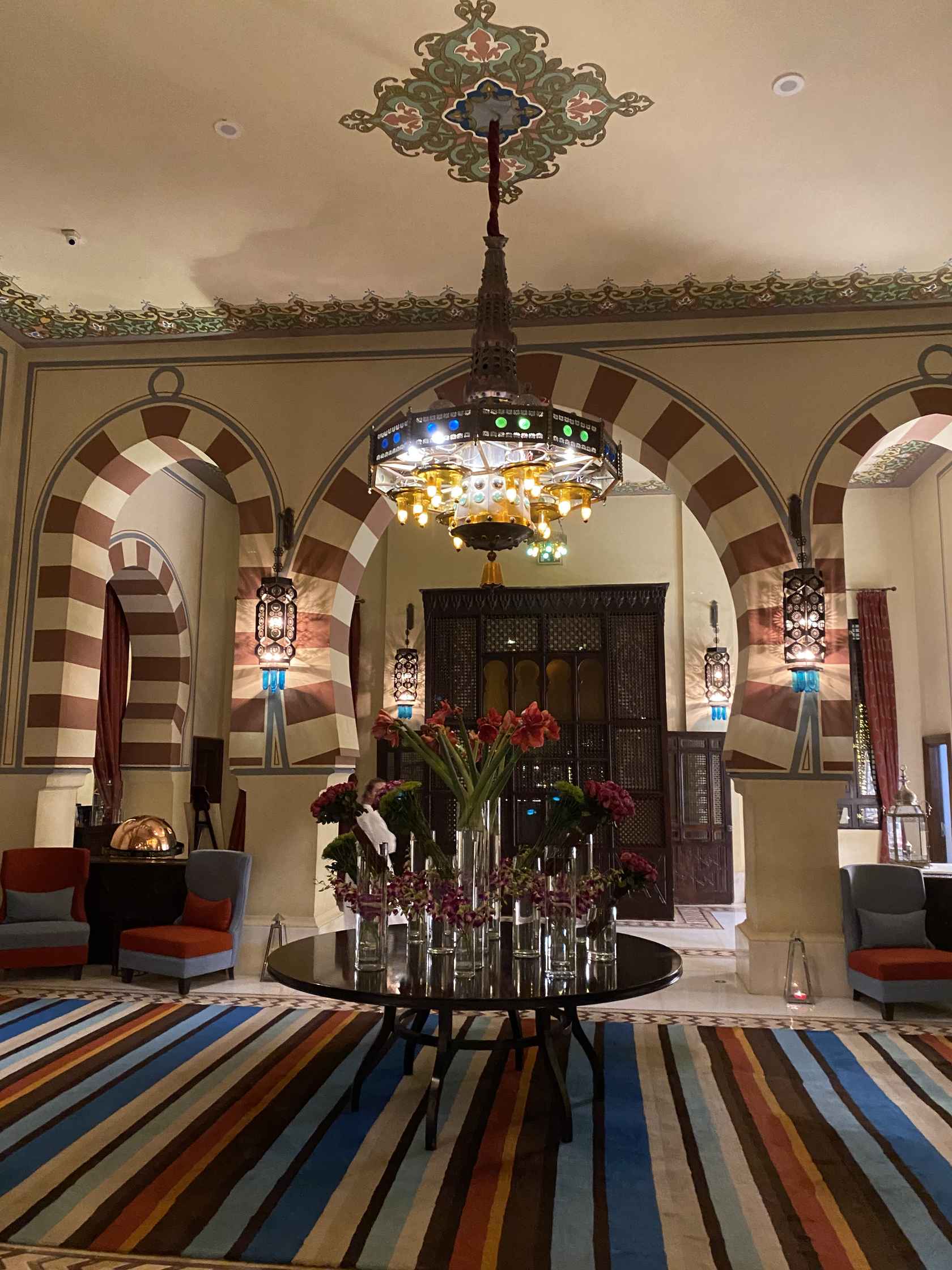
And then, once inside and looking to the right, there was this classic, handsome reading alcove with faux fireplace.
As I continued looking around, sure enough, I saw photographs and historical artifacts pointing to British colonial times and the various British provincial governors who had been in residence here.
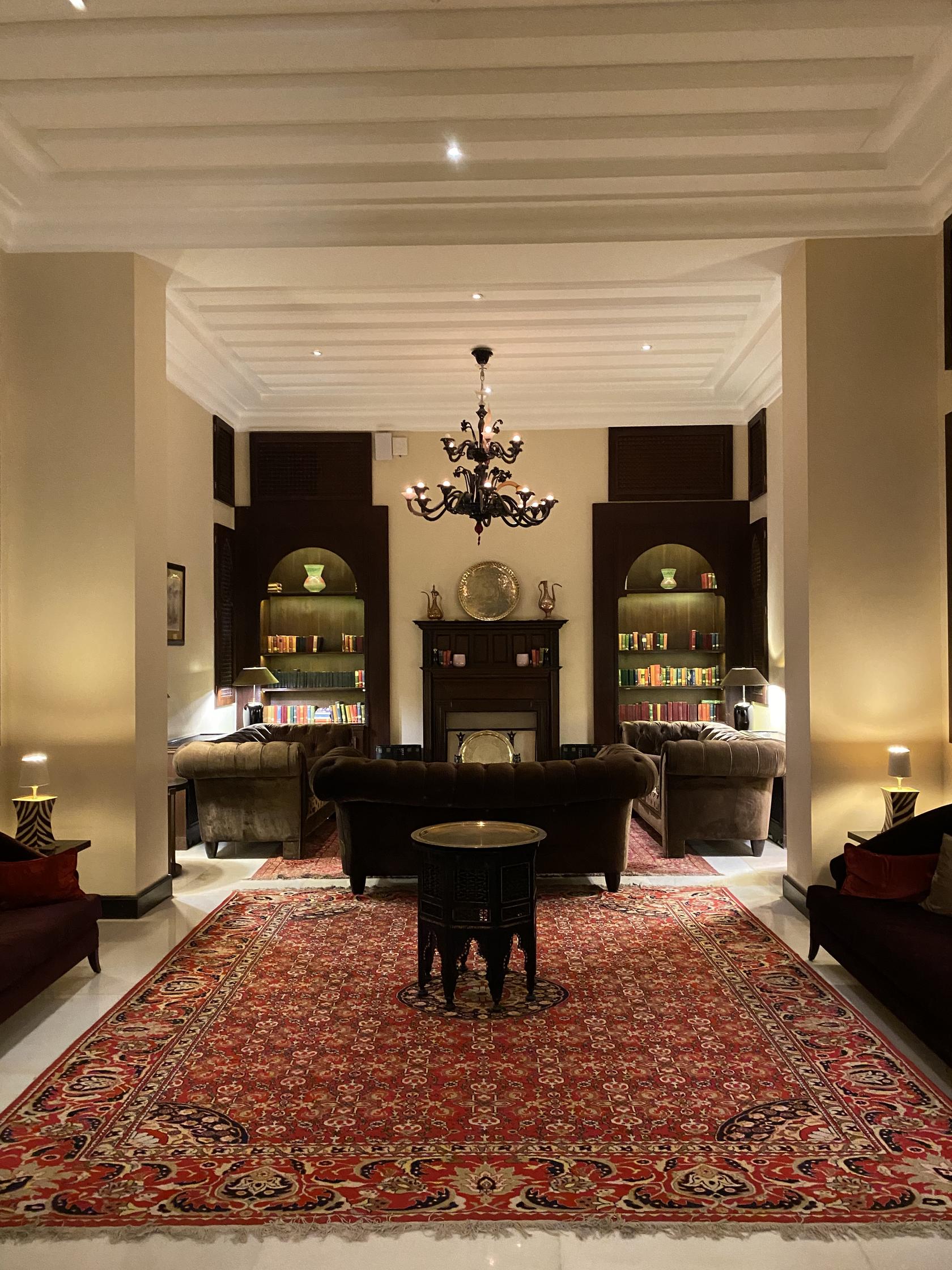
I walked through the lobby and sat in the oak-paneled bar-lounge area.
There, sitting next to me in another over-stuffed wing-back leather arm chair was another white man, a little older than me. Like me, he was looking over the drinks menu. He was gasping aloud. The average cocktail was priced at about $25. So, my $20 entrance ticket didn't even buy me a drink!
Underneath each drink listing was a description of the history of the cocktail, who invented it, where, and when. Underneath the description of the Martini, it said that it had been invented in San Francisco in 1903. As I was reading it, I heard him exclaim out loud: "well, I didn't know that. I don't know if that's true." I turned to him and said, "I didn't know that was true either." Turns out, we had both been, at the same time, reading the description of the history of the Martini.
And so I met Bill, who happens to hail from the Bay area, is semi-retired, and came to Egypt to cross something off his bucket list.
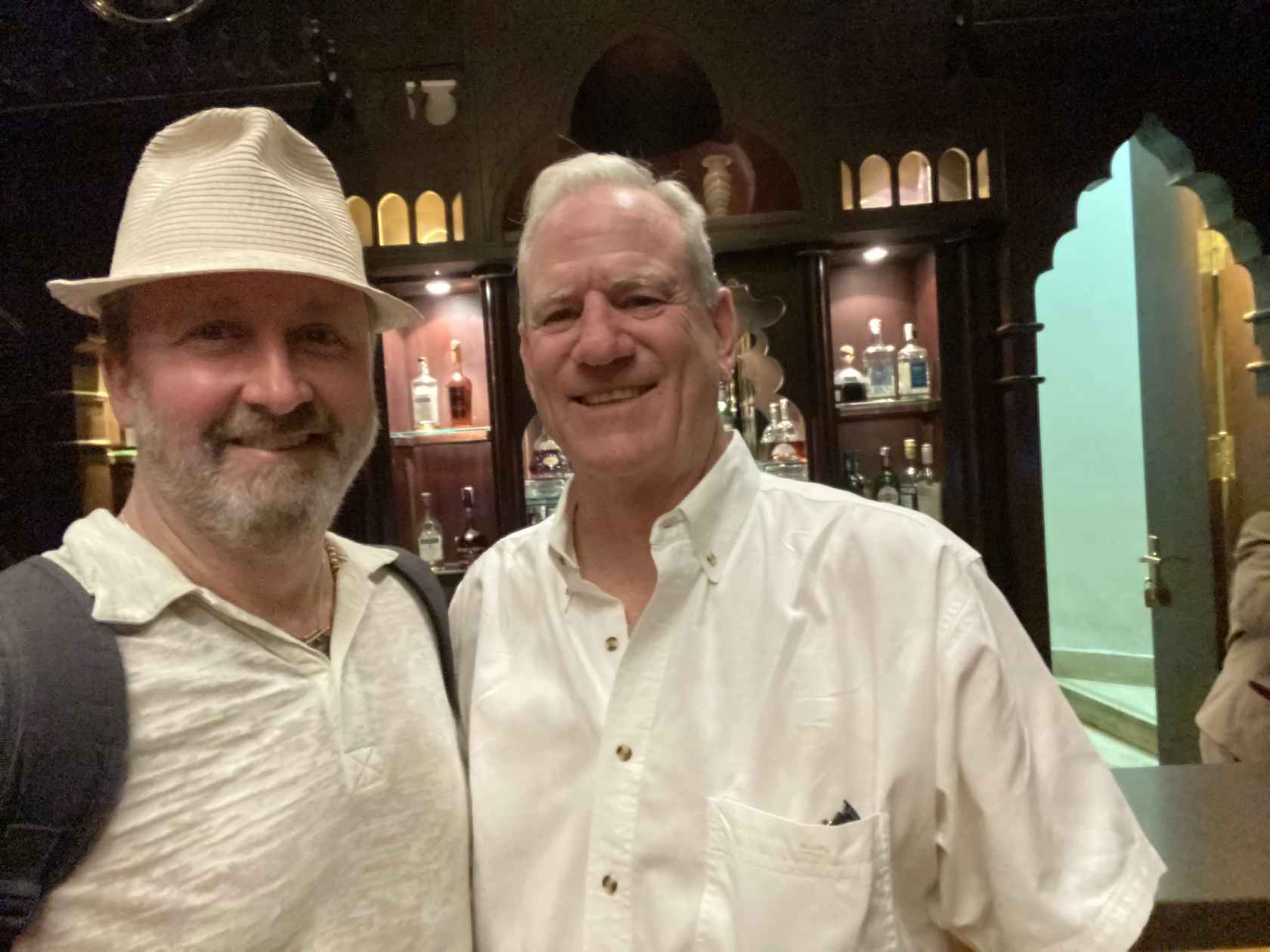
We hit it off immediately and when his table reservation came through for a seat on the patio veranda, he inited me to join him. I ordered a Martini after all. I figured, 'when in Aswan, why not order a drink that costs more than my hotel room.'
Out on the veranda, here is our stunning view of sunset on the Nile overlooking the temple ruins on the Elephantine Island.
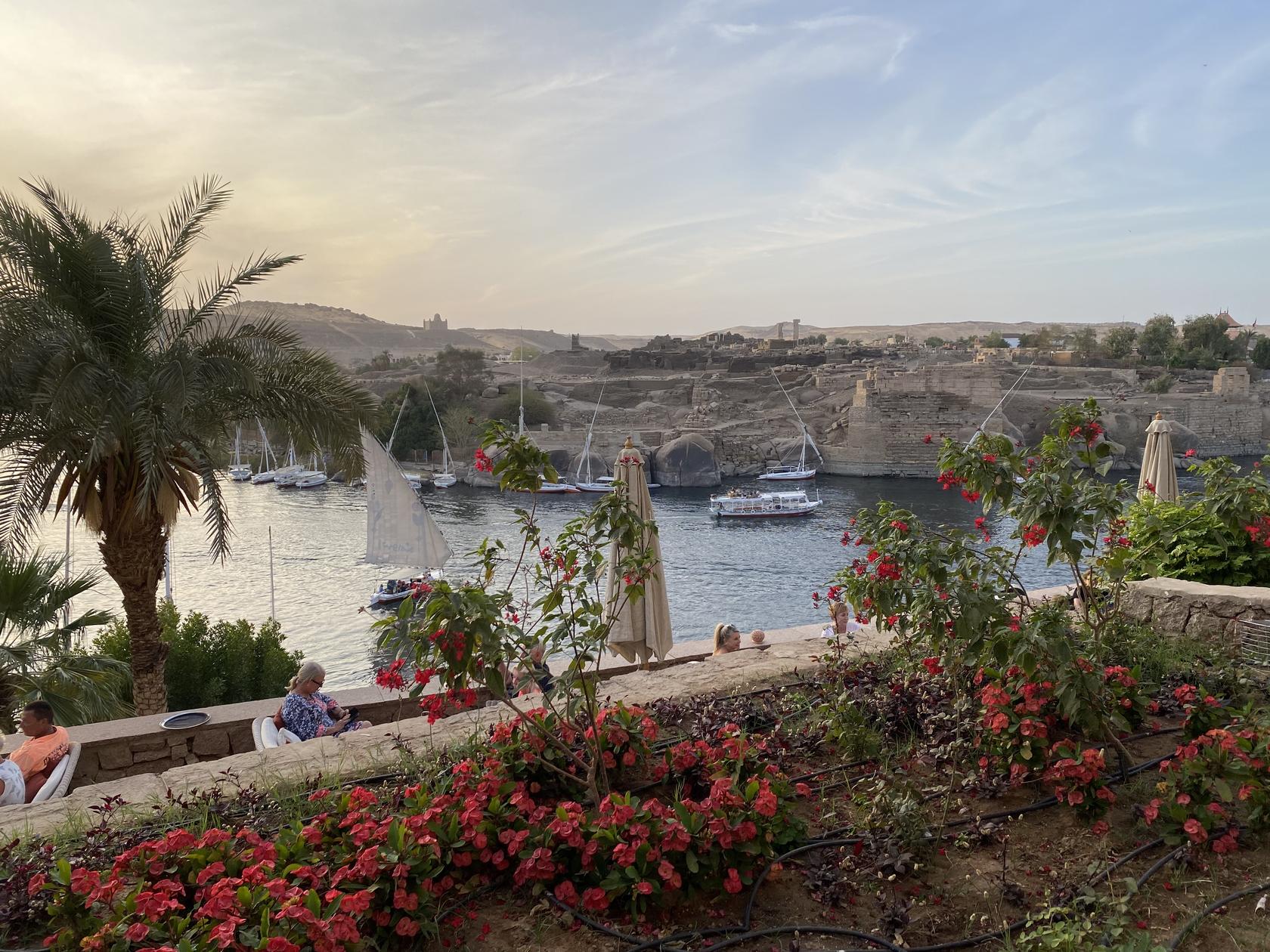
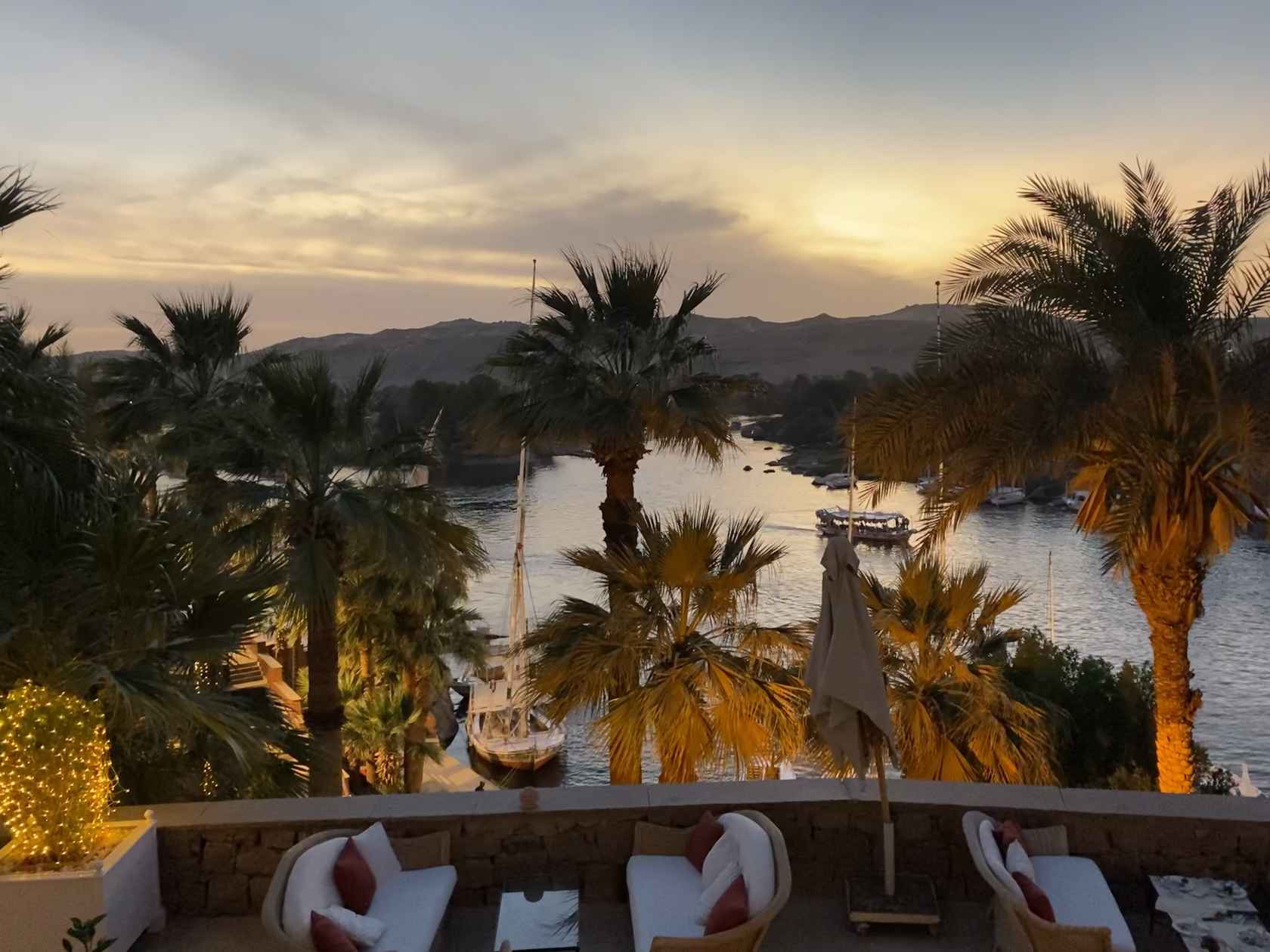
As we reclined and took in the majestic vista, I learned about Bill's background as a CFO with various tech companies in Silicon Valley. And then, with two half-finished Martini's standing on cocktail napkins, the inevitable question returned across our glass coffee table....
When I told Bill what it is that I do, he looked at me like he suddenly didn't know me. I elaborated and gave the numerical correspondences of the 52 cards and 52 weeks in the year, etc. That seemed to open up his obviously mathematical mind, and squinting at me, he consented to finding out his Birth Card.
He is born to play the 4 of Diamonds. When I explained the meaning of the 4 of Diamonds, he nodded and immediately agreed that it was all true. His guard visibly dropped. After a moment's pause, he said: "You know. It would have been good to know all these things as a young man." I concurred and told him that's my vision and my hope: to educate young people with the knowledge of their game in life.
He took down the name of my book, and shortly thereafter two men from Germany, who Bill had just met on his river cruise, sat down to join us. Then, a Greek gentleman, who didn't know any of us, but saw the four of us sitting together, decided to sit down and join us.
None of us were staying at the Cataract. And after at least an hour of chatting, the five of us were having so much fun that we decided to all go to dinner together. On our way out, we snapped this Selfie in the courtyard of the Cataract. We walked to a typical Egyptian grill restaurant that caters to tourists and serves grilled meats with rice, salad, yogurt, and pita bread. By then, it was late for me; I was tired; and no more requests came in for my Card reading services.
I did take down the contact info of the young man standing in the center of this pic. Oliver leads walking tours in the German Alps. And one day, I hope to do such a tour.
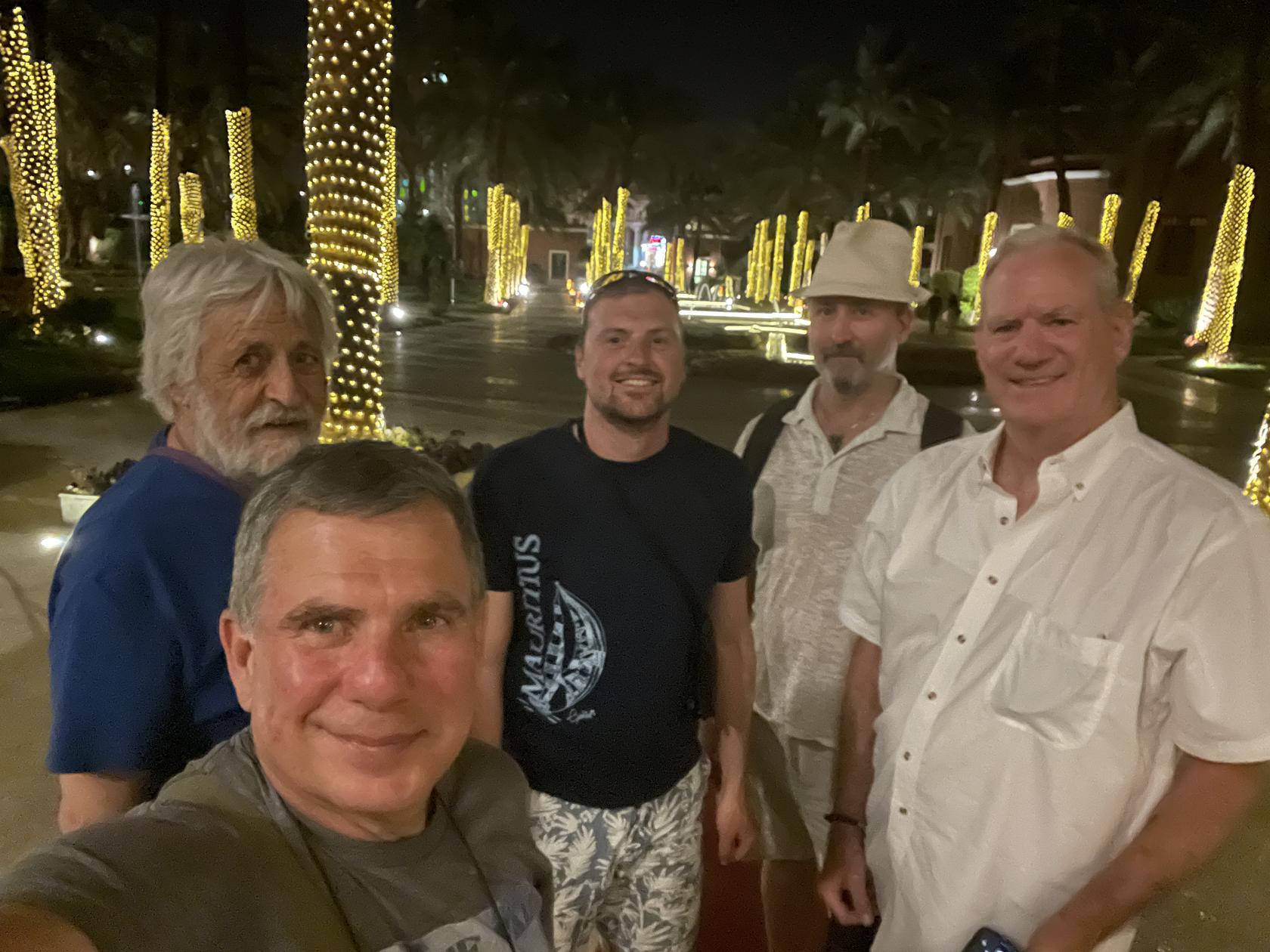
Day 30
April 1st, a 7 of Spades day.
No foolin! It was an active day today! I signed up for a tour offered by my hotel to visit the Aswan High Dam and the Temples of Philae.
The dam was built from 1960 - 1976 with the labor of 25,000 Egyptians. It was designed by soviet-era engineers. In a snub to US Aid, then EgyptianPresident Gamal Abdel Nassar opted to partner with the USSR instead of the US to design and build the dam. It's the world's largest embankment dam. To build it, they dug tunnels in the rock, as depicted in this photograph and illustration.
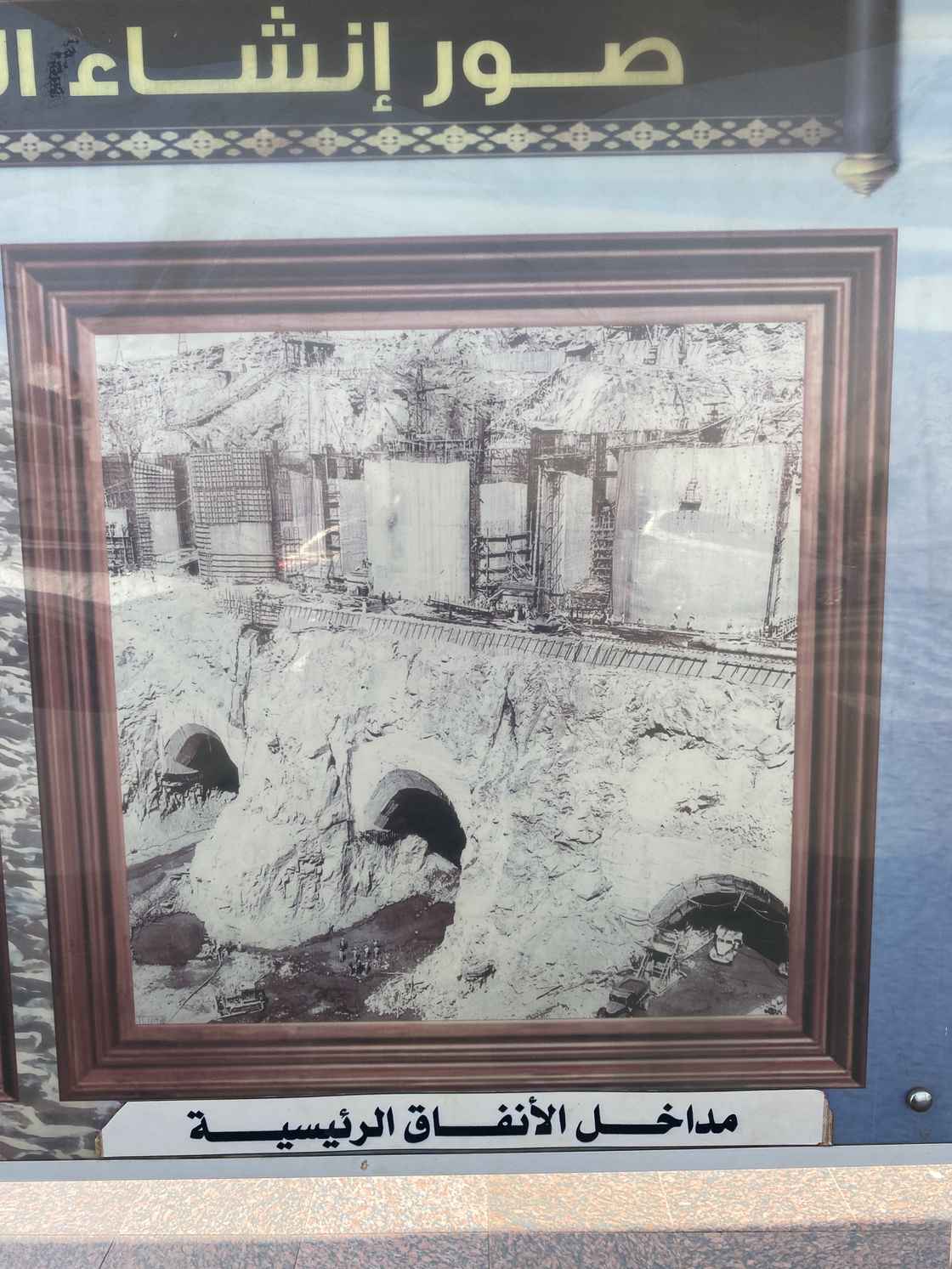
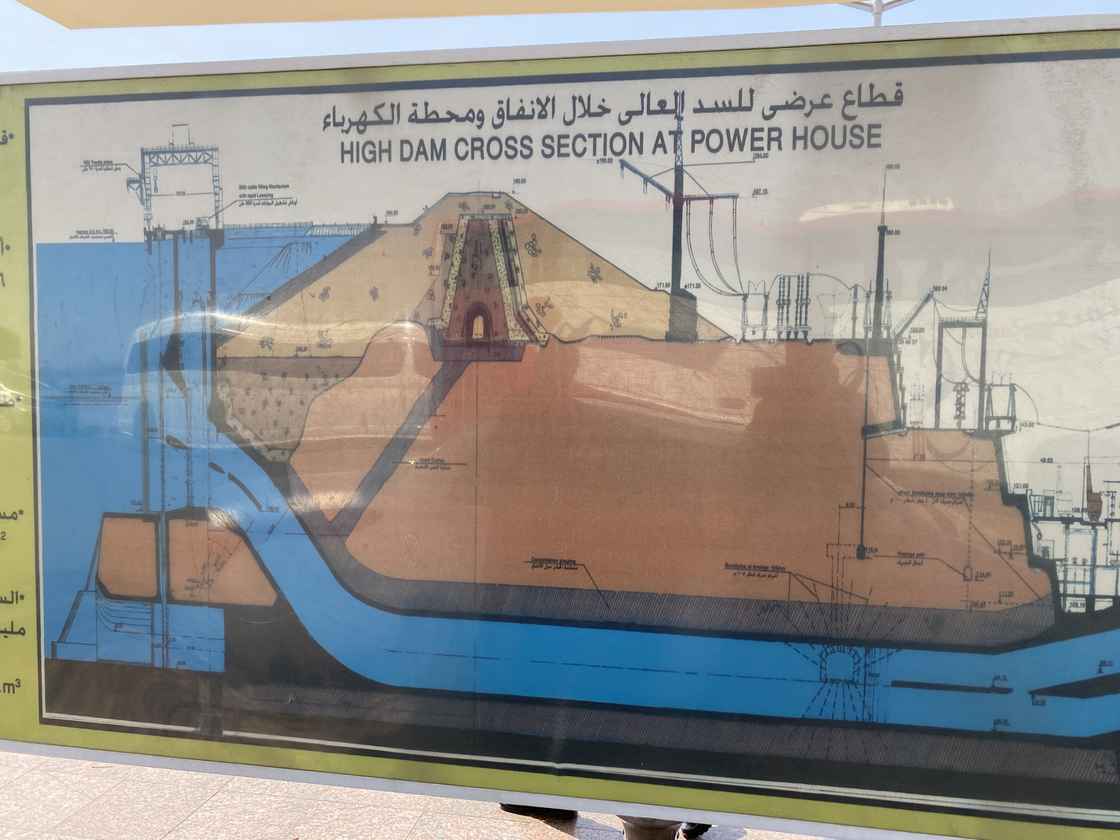
Next to the dam is this impressive monument built by soviet architects to commemorate Sino-Egyptian relations.
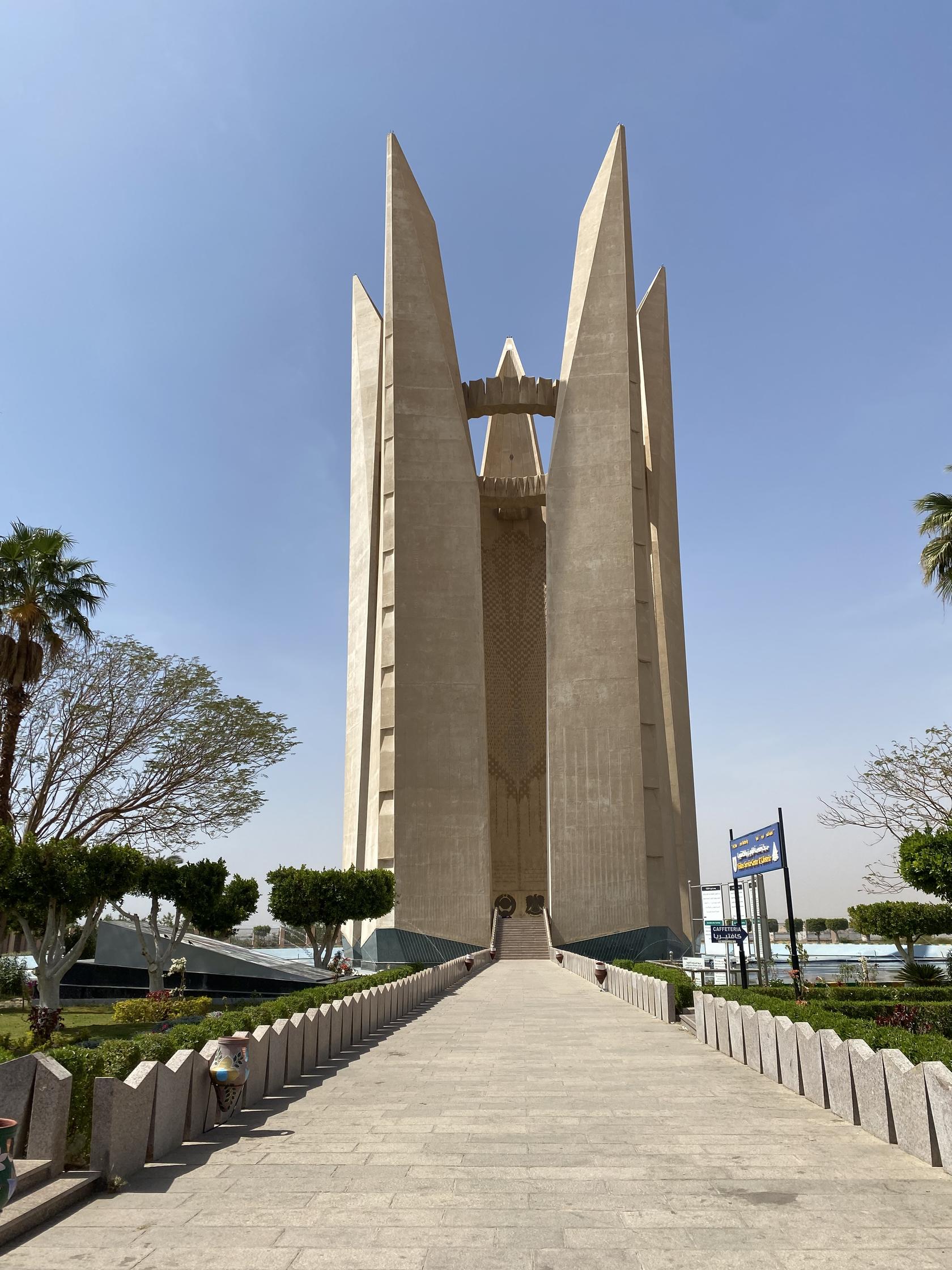
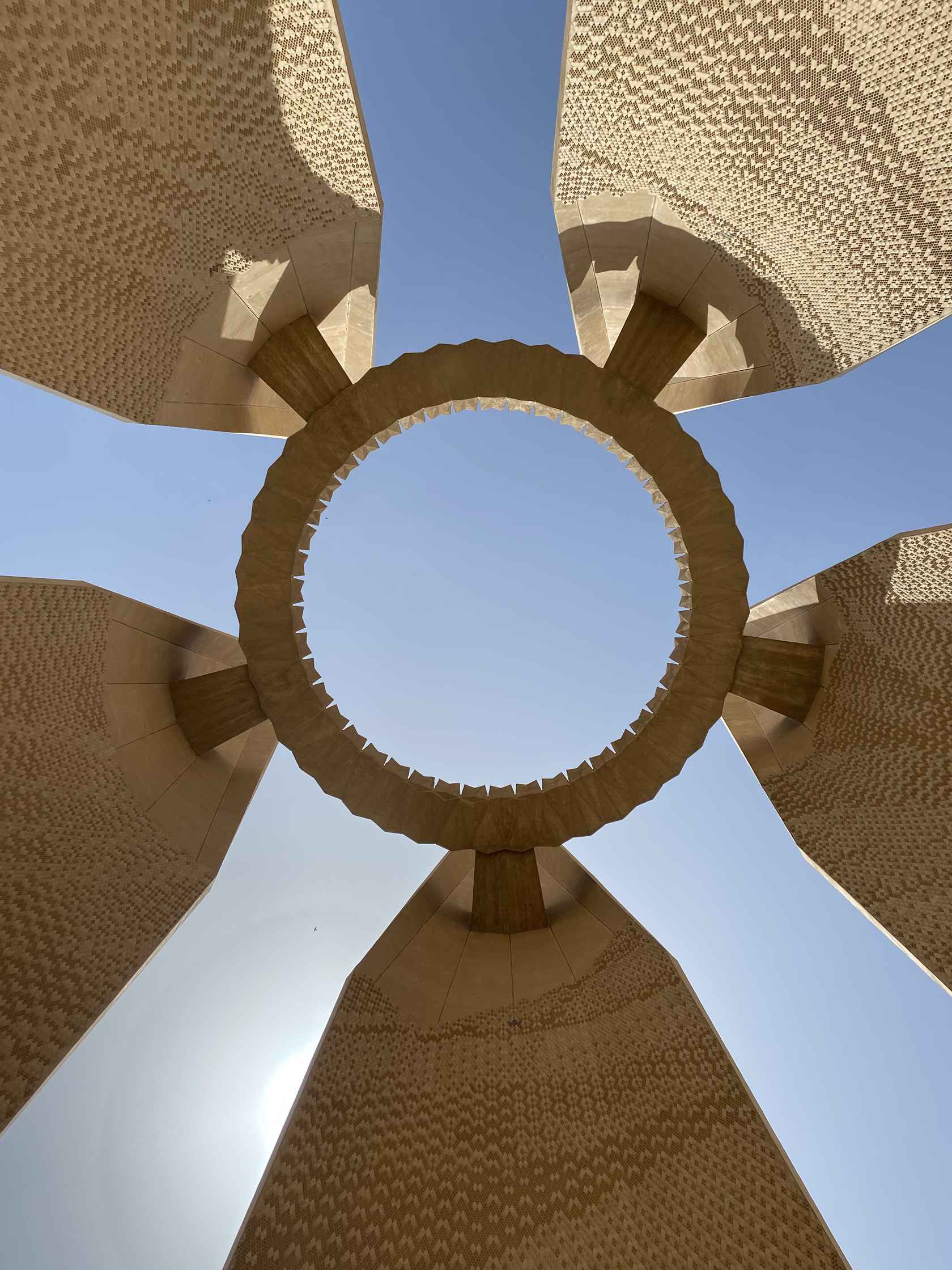
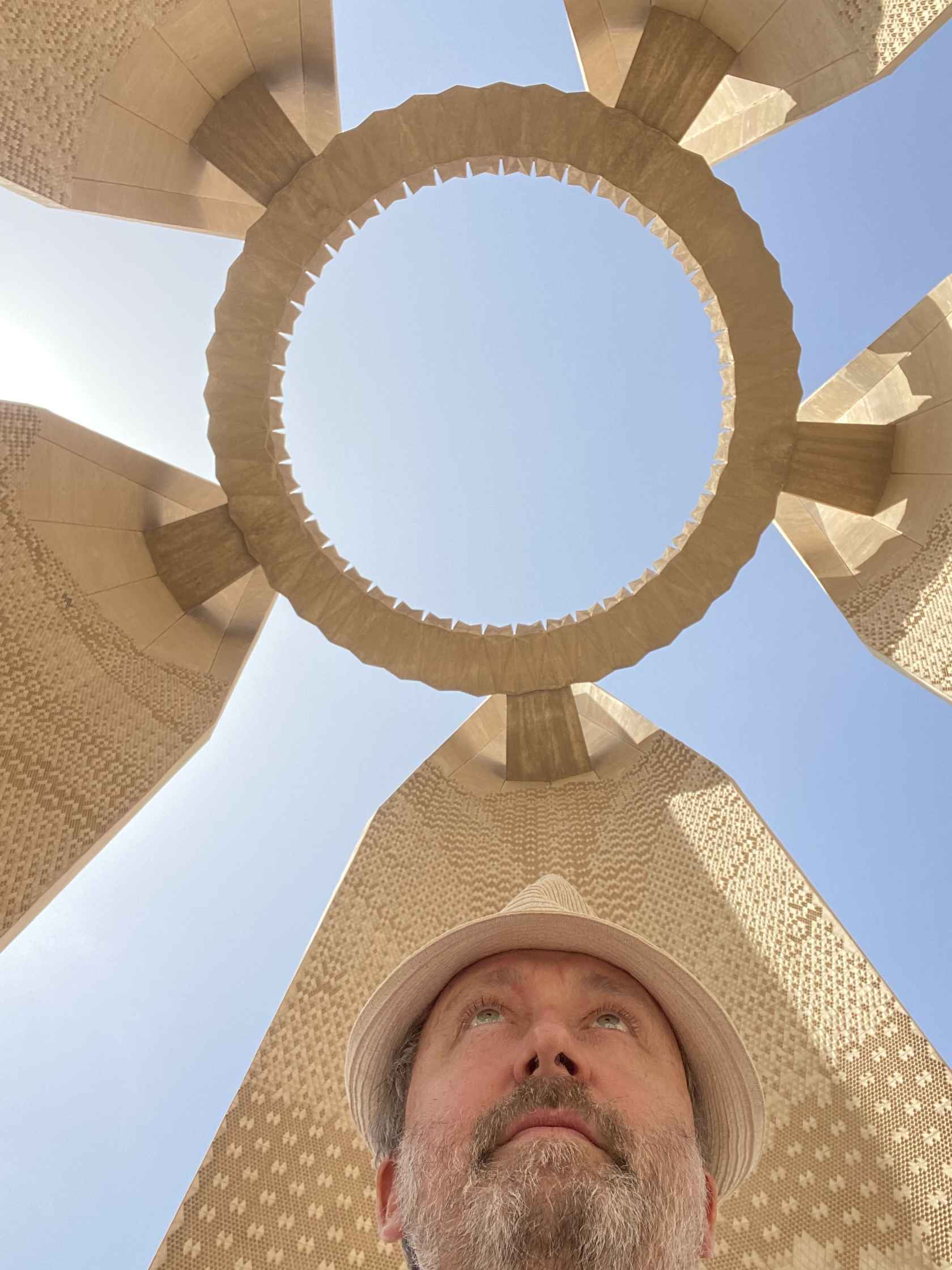
Here is a selfie of me and my driver, who happened to be the father of the receptionist. On this day when temperatures would reach 104 degrees Fahrenheit, he showed up wearing jeans and a knit top. He then, inside his car, asked me in earnest whether or not I wanted him to put on the air-conditioning.
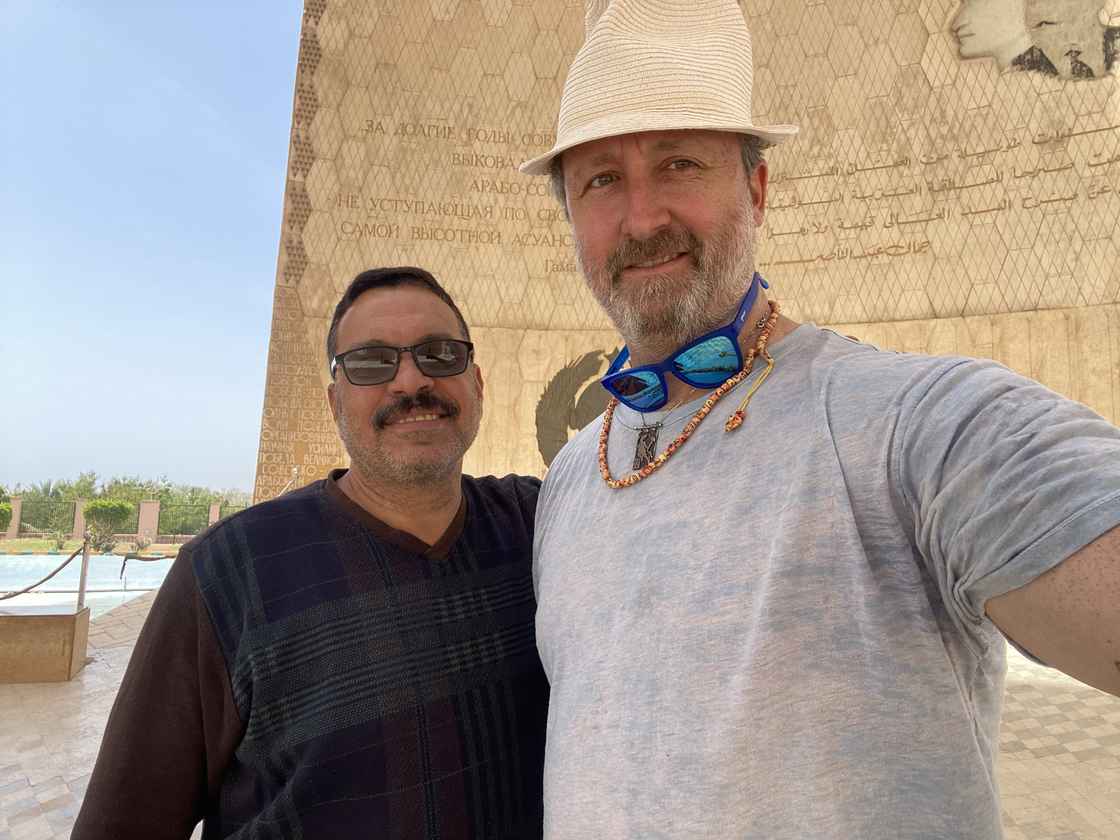
Next, he drove me to the drop-off point to catch a boat taxi to visit the Temples of Philae.
The Temples of Philae are on an island in the small artificial lake between the High Aswan Dam and the Low Aswan Dam, which was completed in 1903. The High Aswan Dam was built a little further up the Nile when the Low Dam began to prove insufficient for the water storage and irrigation needs of a growing Egypt.
Already partially flooded from the building of the Low Dam, with the building of the High Dam, the entire island on which the Temples of Philae are located would have been completely submerged. UNESCO (the United Nations educational and cultural program) intervened. The Temples of Philae were named a world heritage site. And in partnership with UNESCO, Egyptian workers dismantled the entire set of Temples, moved them stone by stone from their original island to higher ground on another nearby island, and reconstituted the Temples in their entirety!
After some haggling, I secured myself a boat taxi to the island.
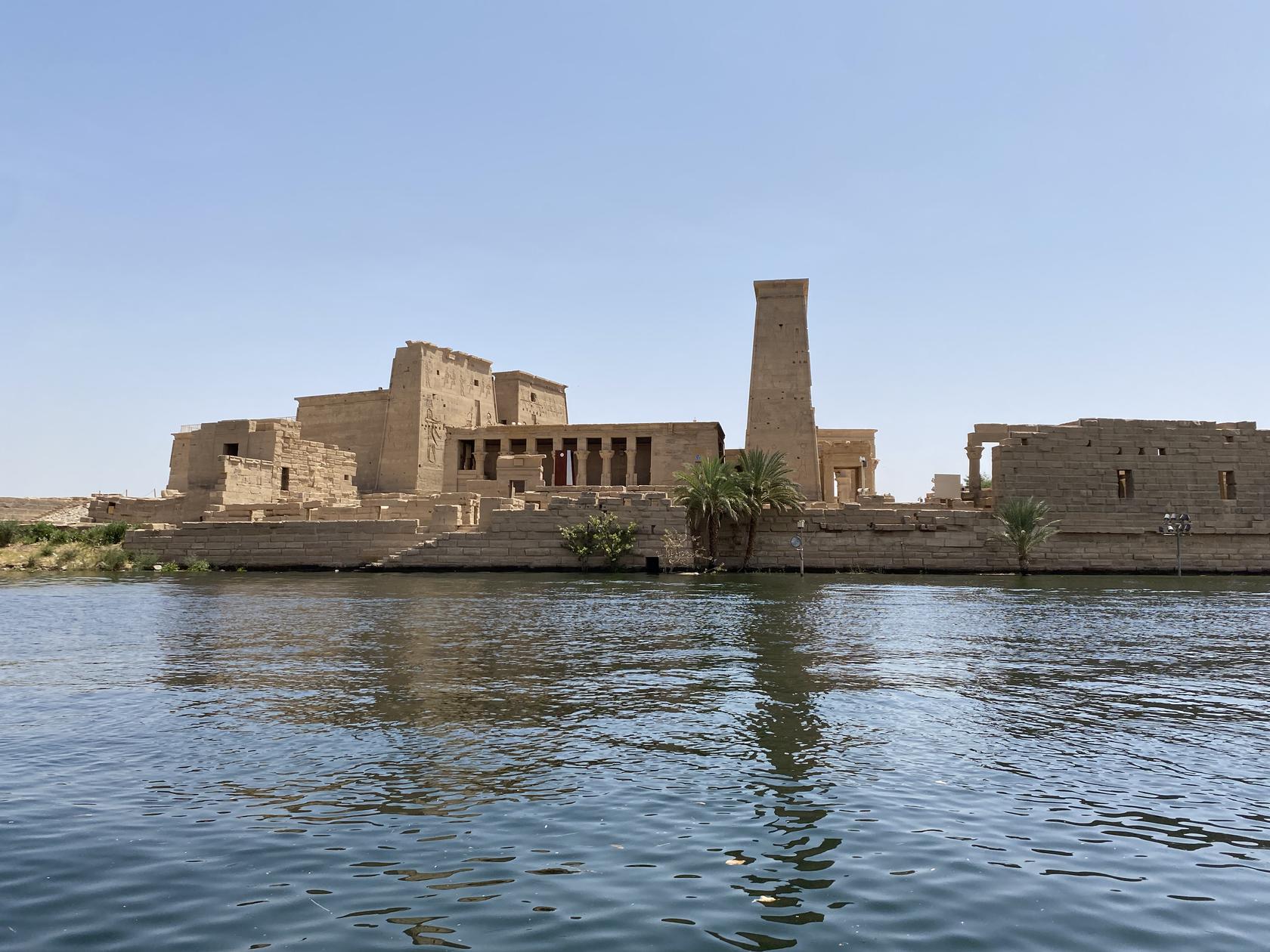
The Temples of Philae are a series of temples dedicated to different gods. The main temple pictured above is a temple to Isis, the mother goddess.
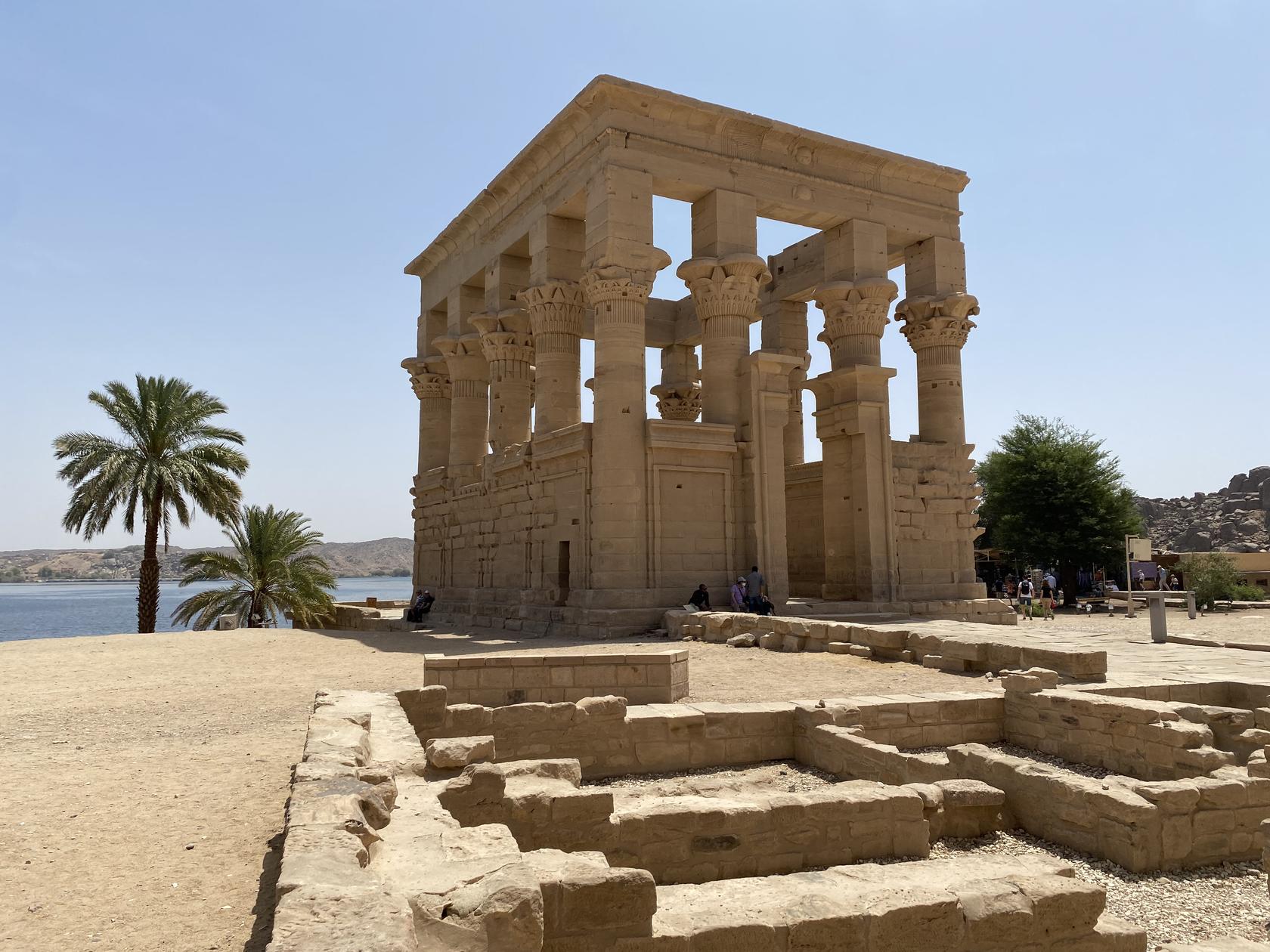
Here is a smaller side temple... to which deity I have forgotten.
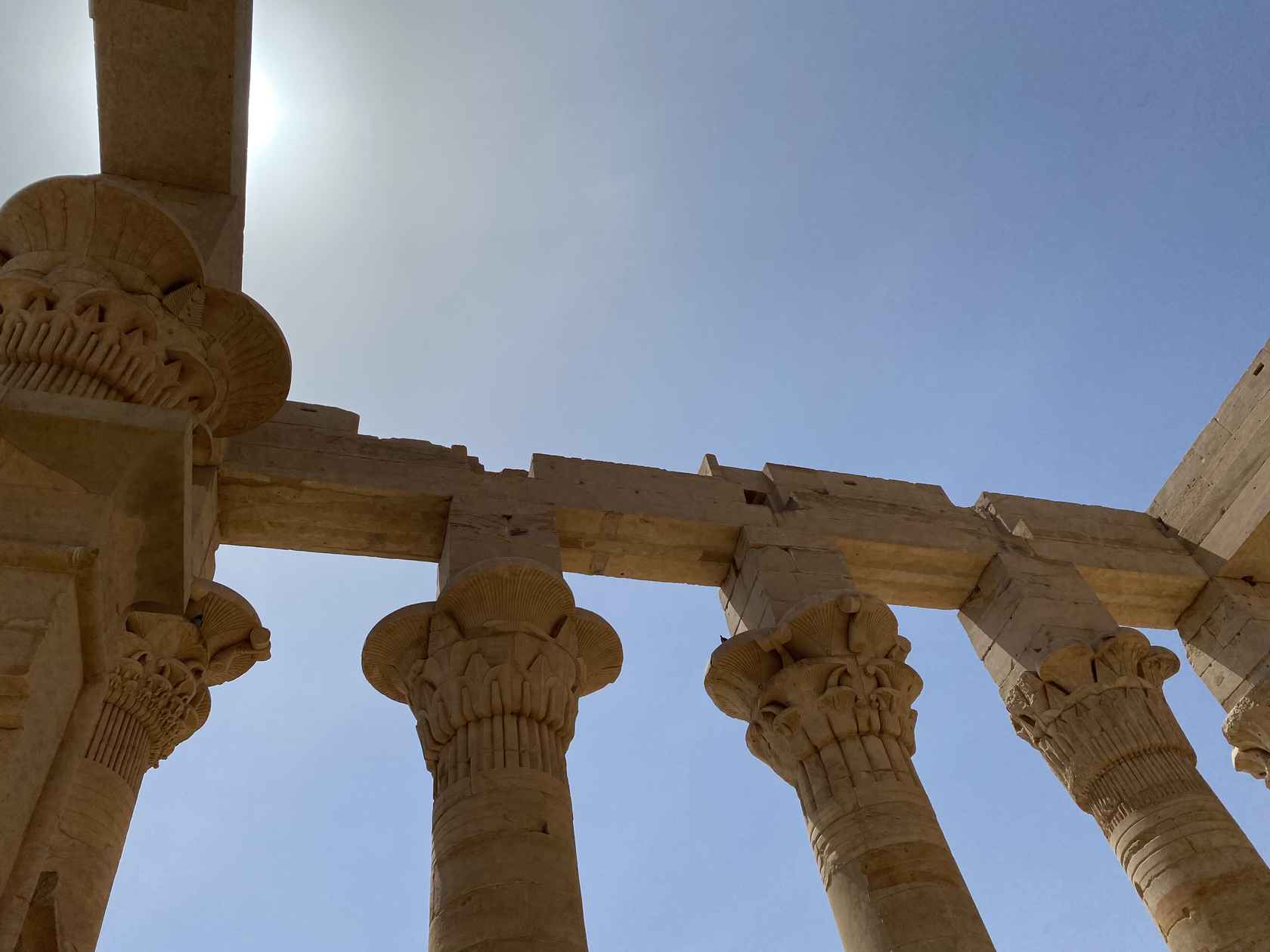
Perhaps because they are on an island, perhaps because of the cool breeze from the water, or perhaps because I felt like I could be on Sicily on some other Mediterranean island, these were my favorite temples to visit of all the ones I visited in Egypt.
However, I do think there's more to it than just their location. I felt something here that I did not feel in other temples I visited. It felt more sacred.
I later learned that from the time of their construction in the 6th century BCE, these island temples had been a major pilgrimage site, not just for Egyptians, but also Nubians.
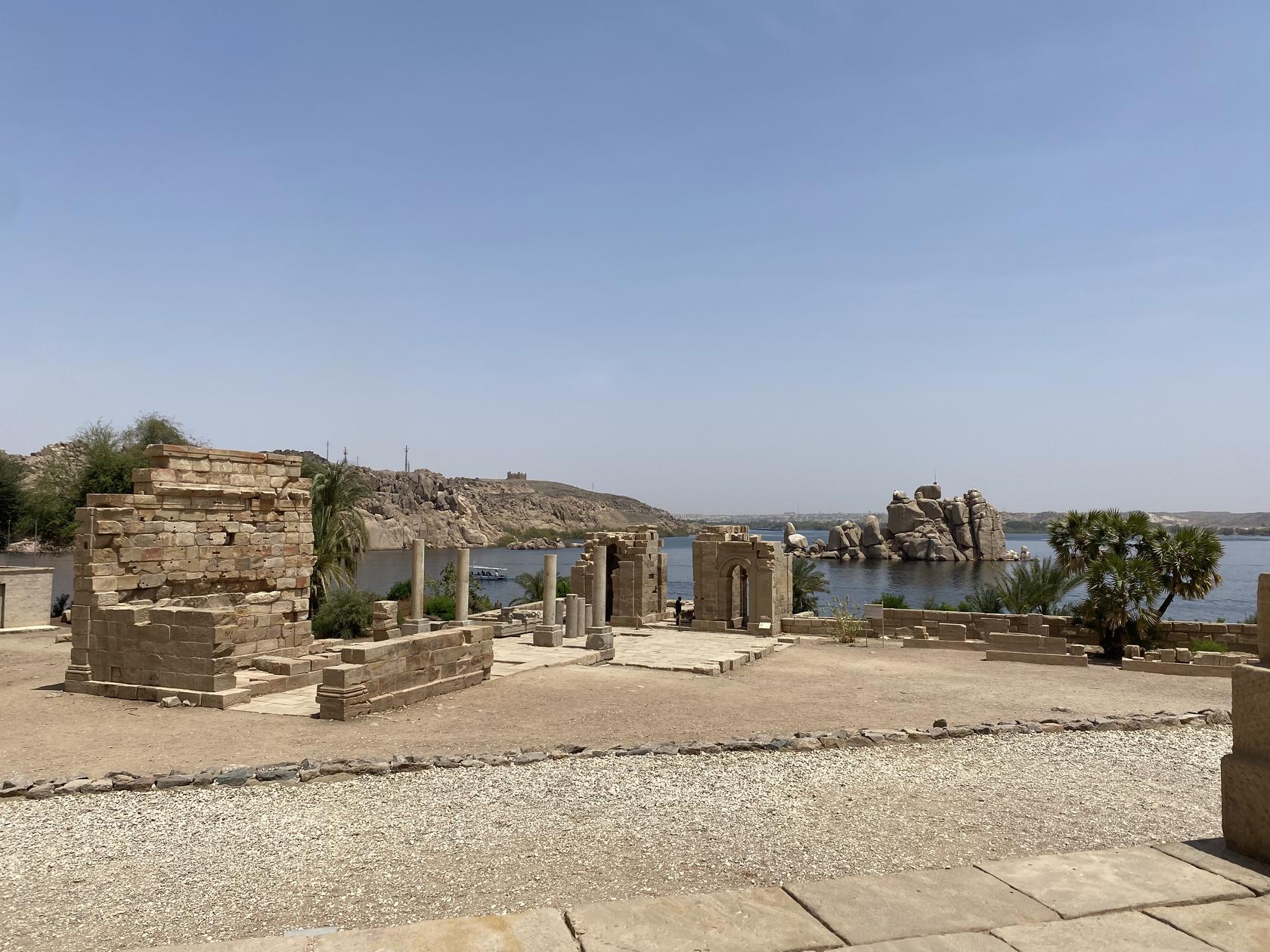
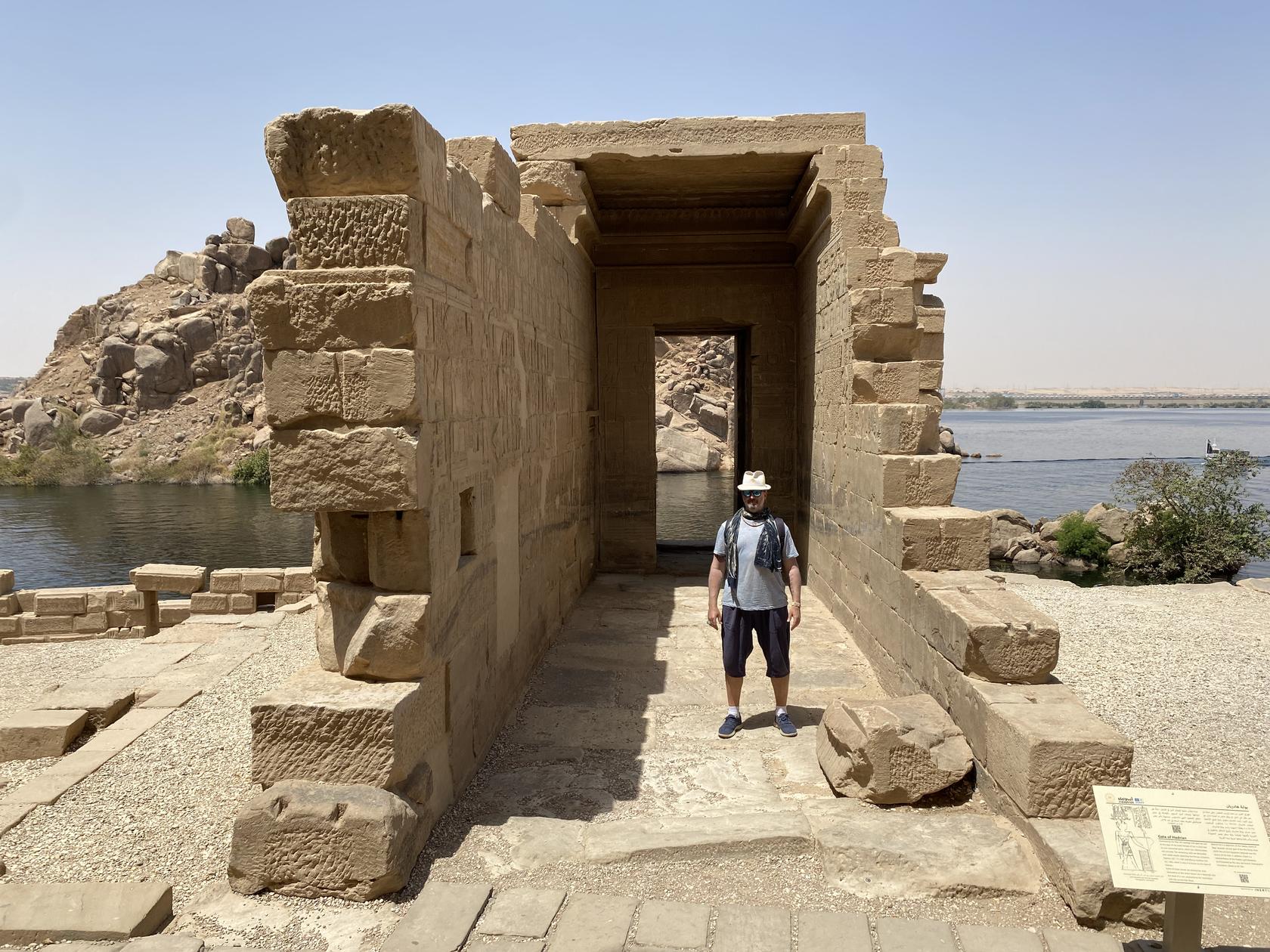
Here is the entrance court to the main temple of Isis.
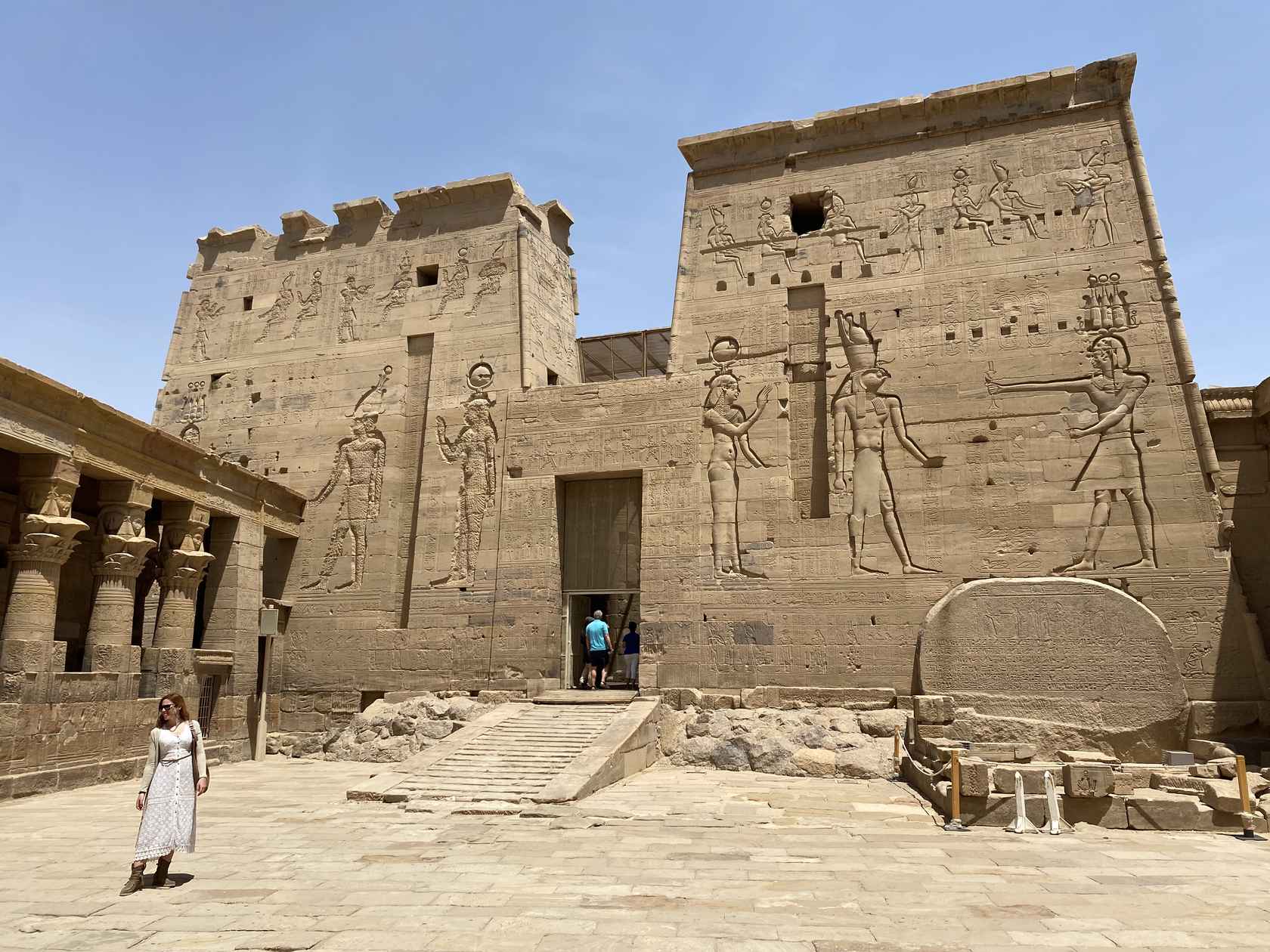
Try as I might, I couldn't get a photograph without other tourists in the shot. There was a steady stream of them coming in, each waiting their turn to pose before the entrance as this woman did. But actually, having people in the picture gives an idea of the scale of the temple.
Notice on the left side of the temple that the gods have been chiseled out and scratched out. In the 4th century CE, with Roman occupation and the Christianization of the Roman Empire, Christian bishops made a concerted effort to stamp out what they called "pagan worship." For reasons not entirely clear, however, they only scratched out and chiseled out some of the wall carvings of the Egyptian gods. Here, they left, in tact, the gods on the right-hand side of the temple face.
Here is a side-view of the same Temple to Isis.
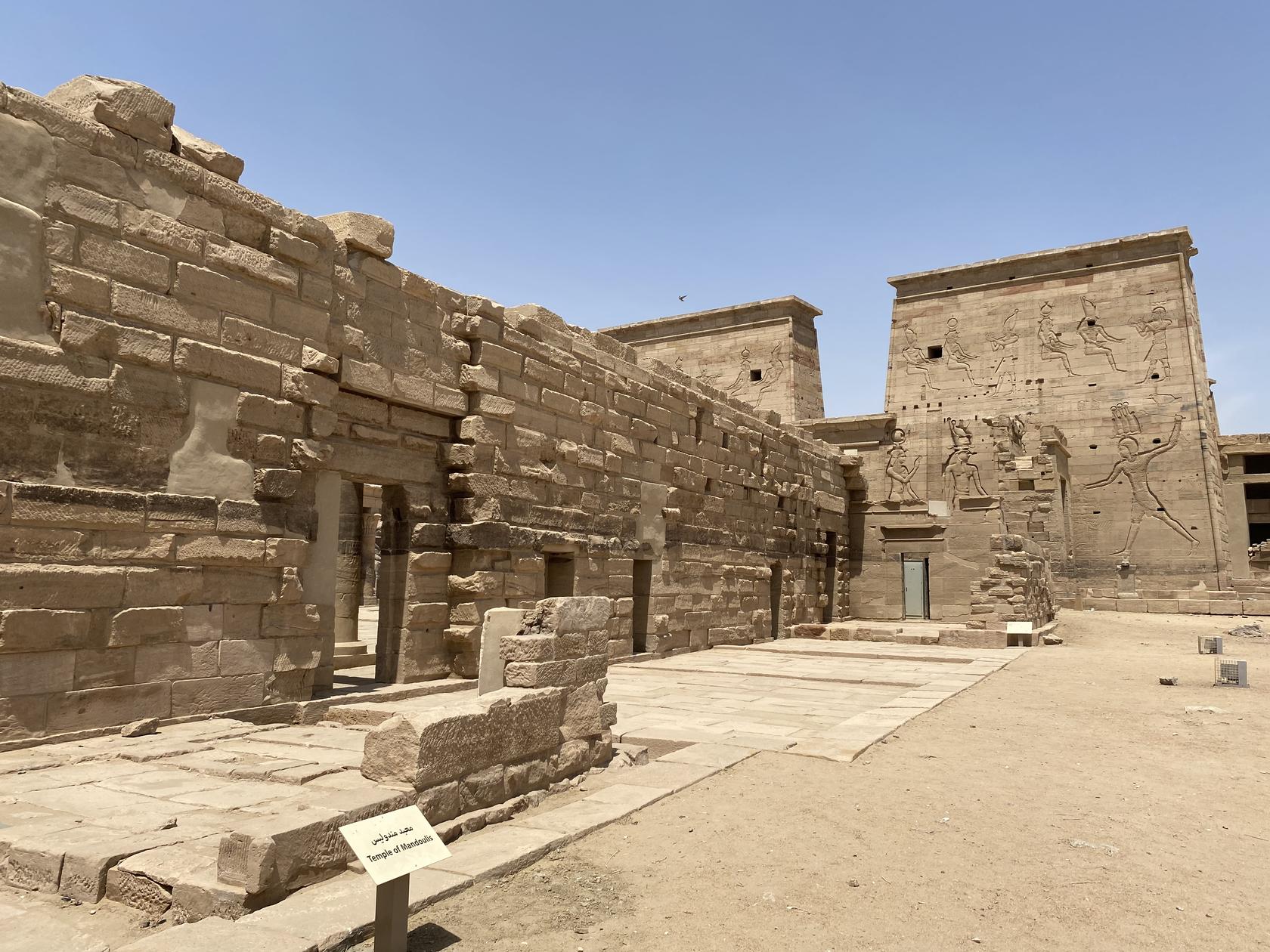
An inner colonnade...
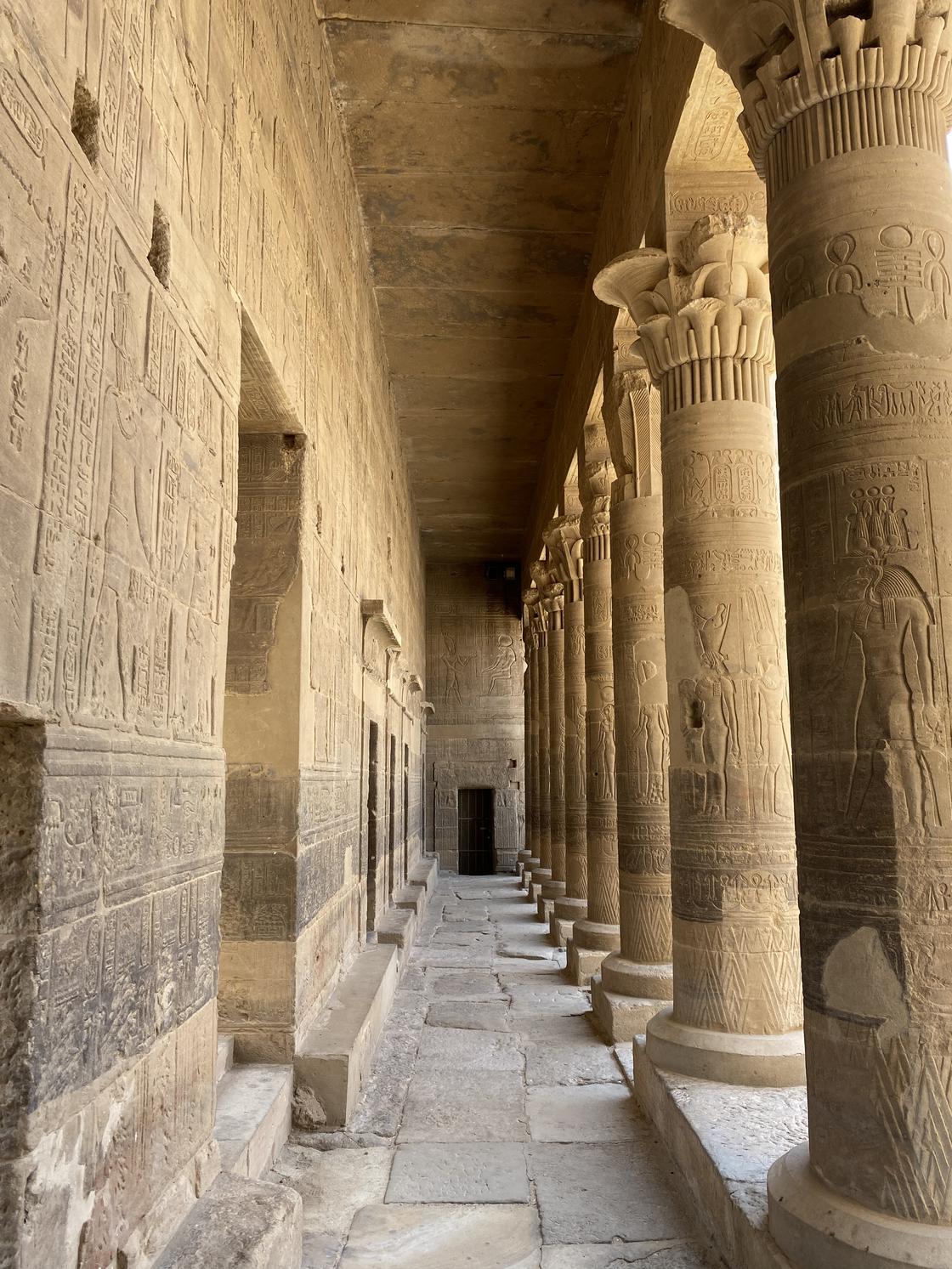
Inner doorway...
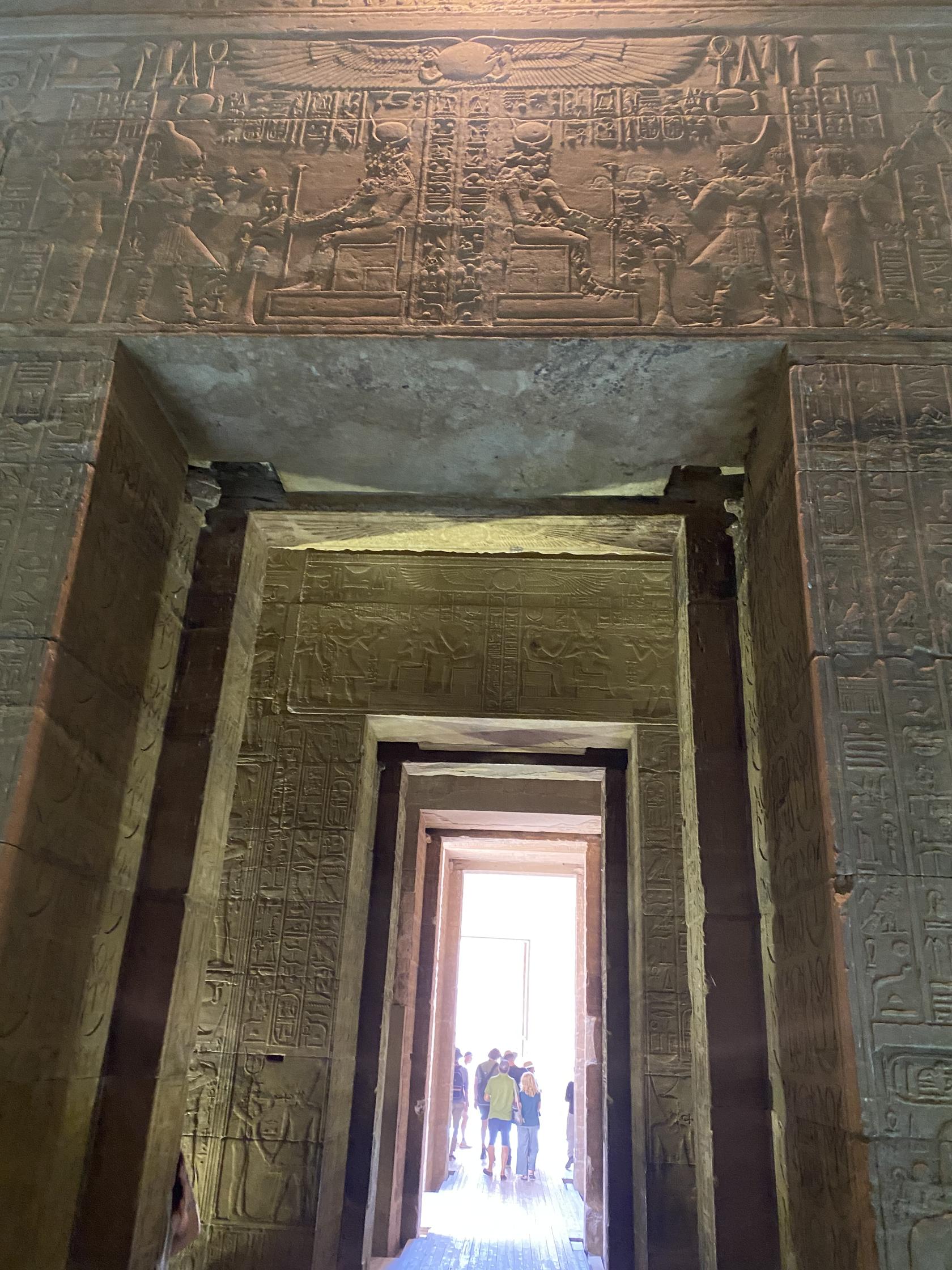
Below we see other attempts to mark this space for Christianity. Notice the cross engraved on the bottom right of this interior column.
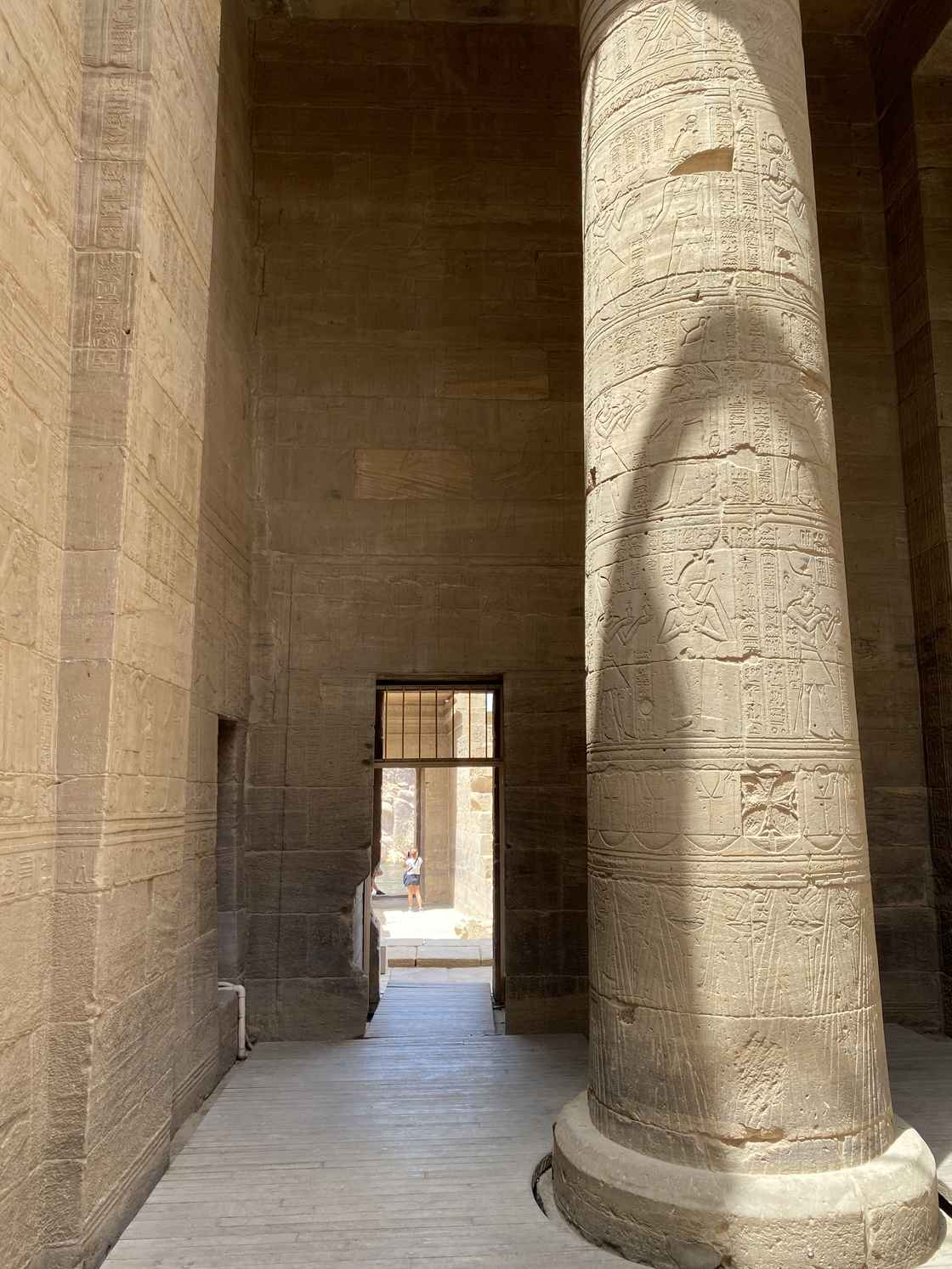
And here, on the inside of the Temple of Isis, is another example of the scratching out and chiseling out of the Egyptian gods.
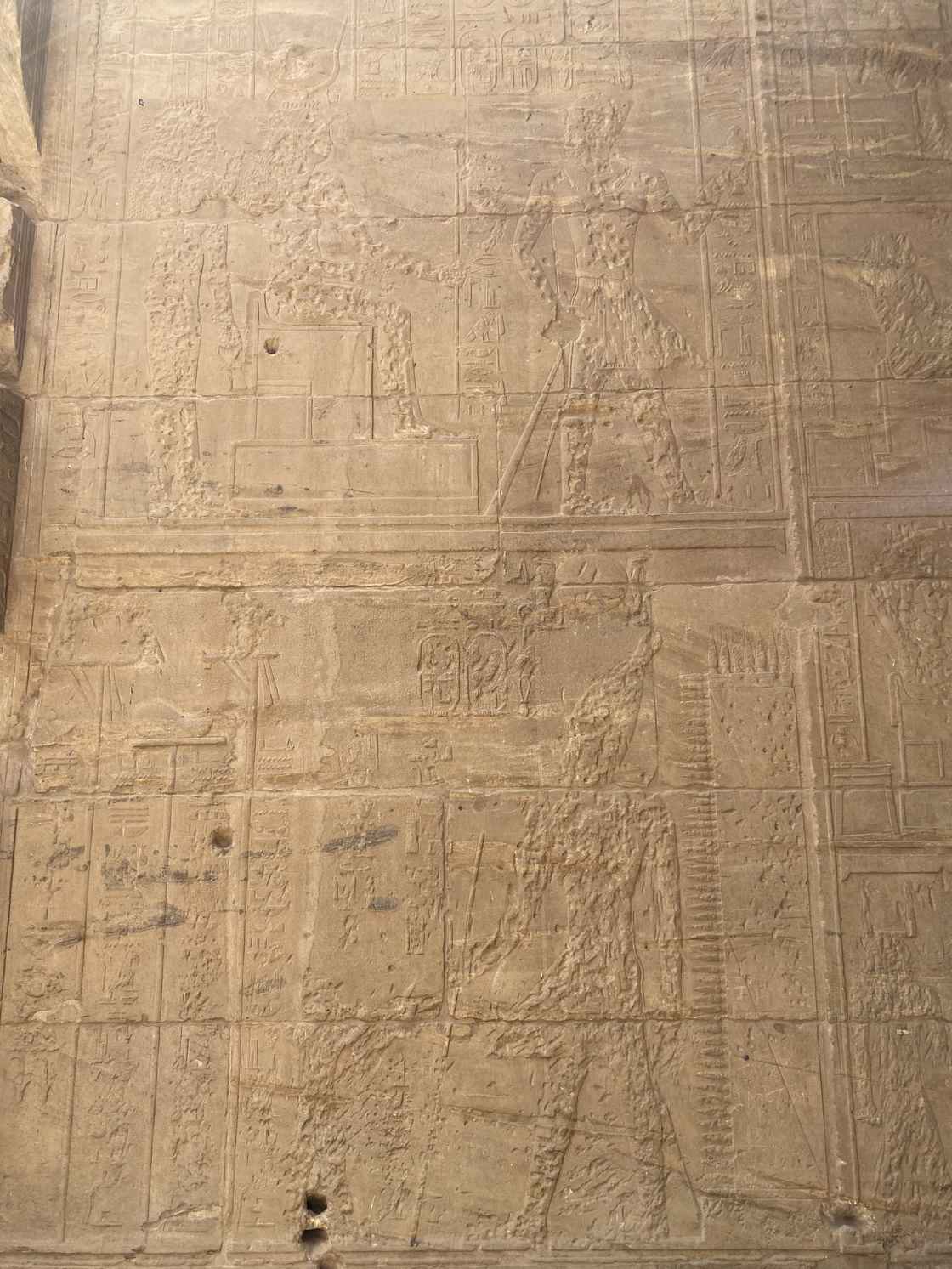
And again on the back-side exterior wall, but only on one side, you can see that the bodies of the gods have been chiseled out, making them unrecognizable.
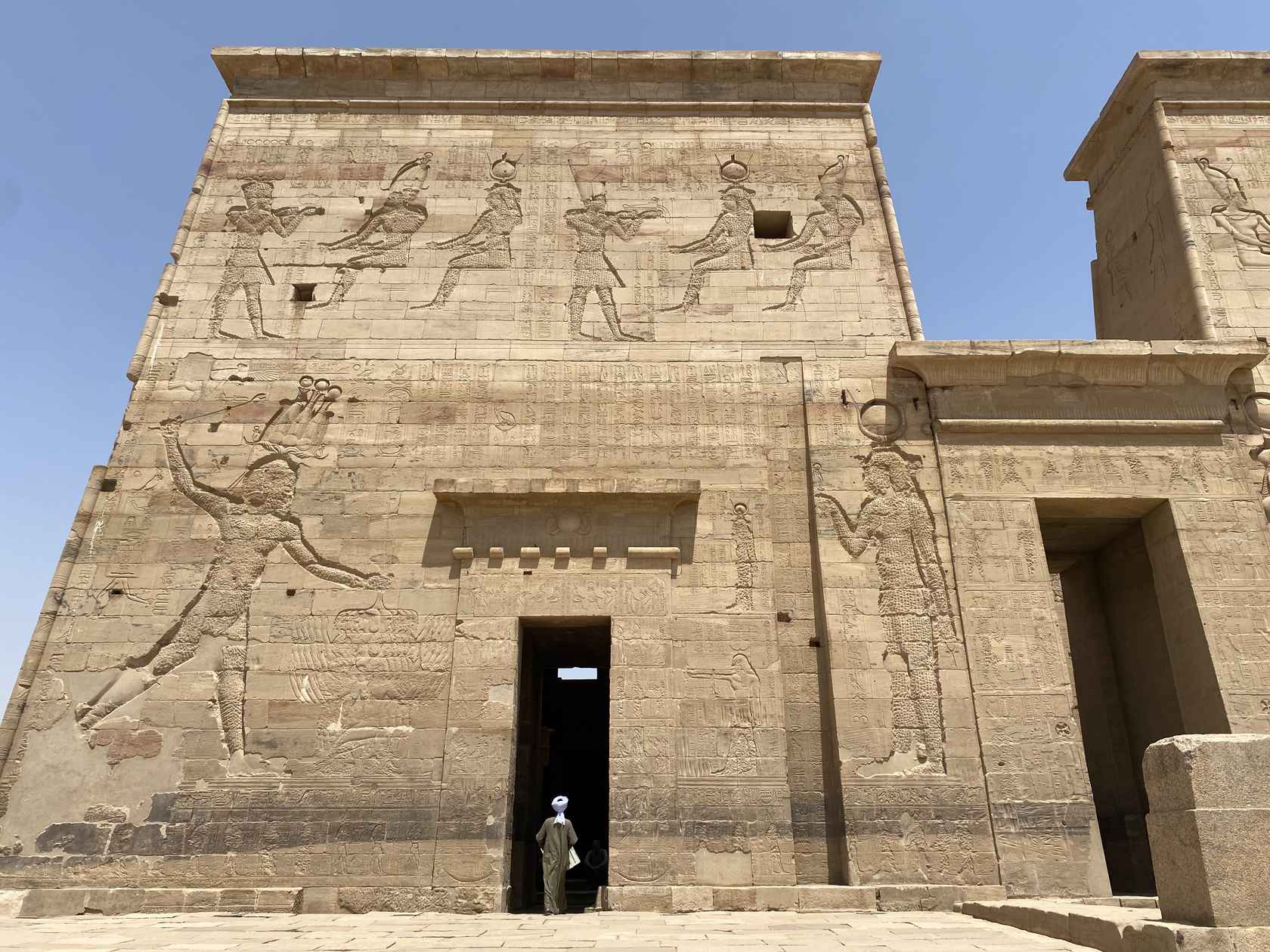
By 1 pm I was done. Like fried. Baked. Cooked.
I returned to the comfort of my air-conditioned room at the hotel.
In the early evening, I ventured out again and enjoyed the sights and sounds of Aswan in the evening. Here is a side-street that leads to the main bazaar area.
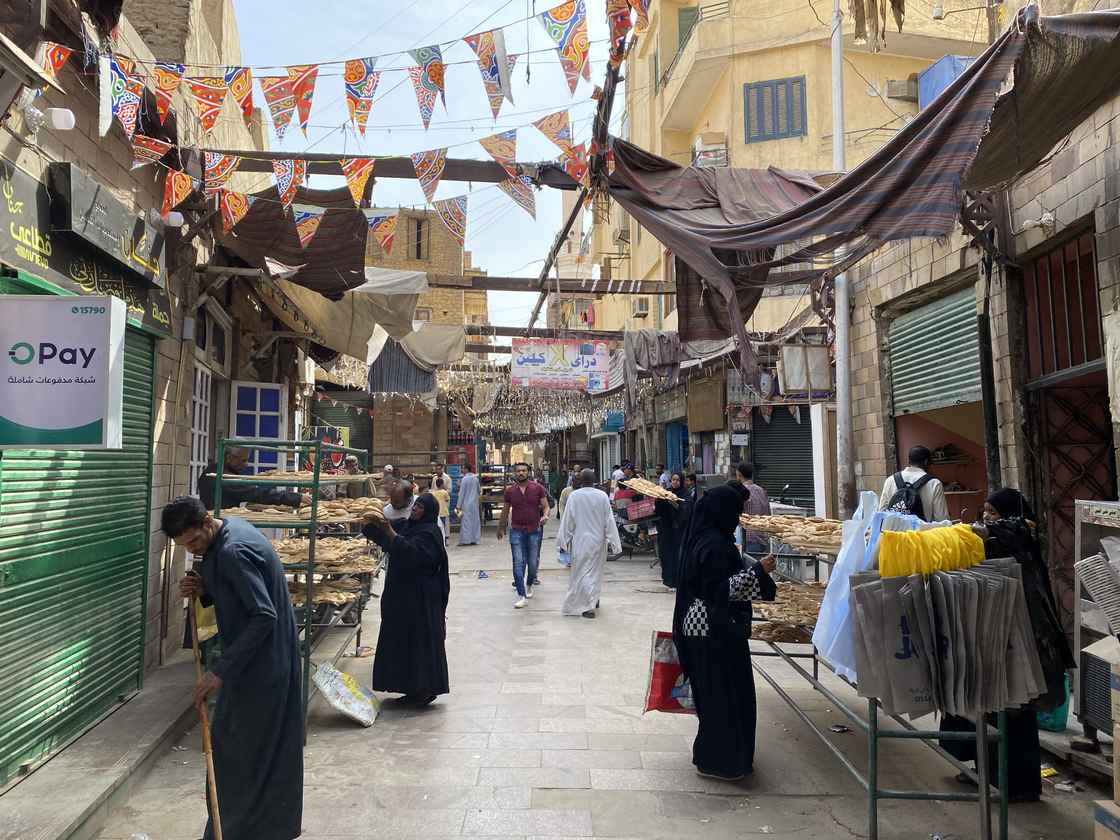
Fresh baked bread was available along the route.
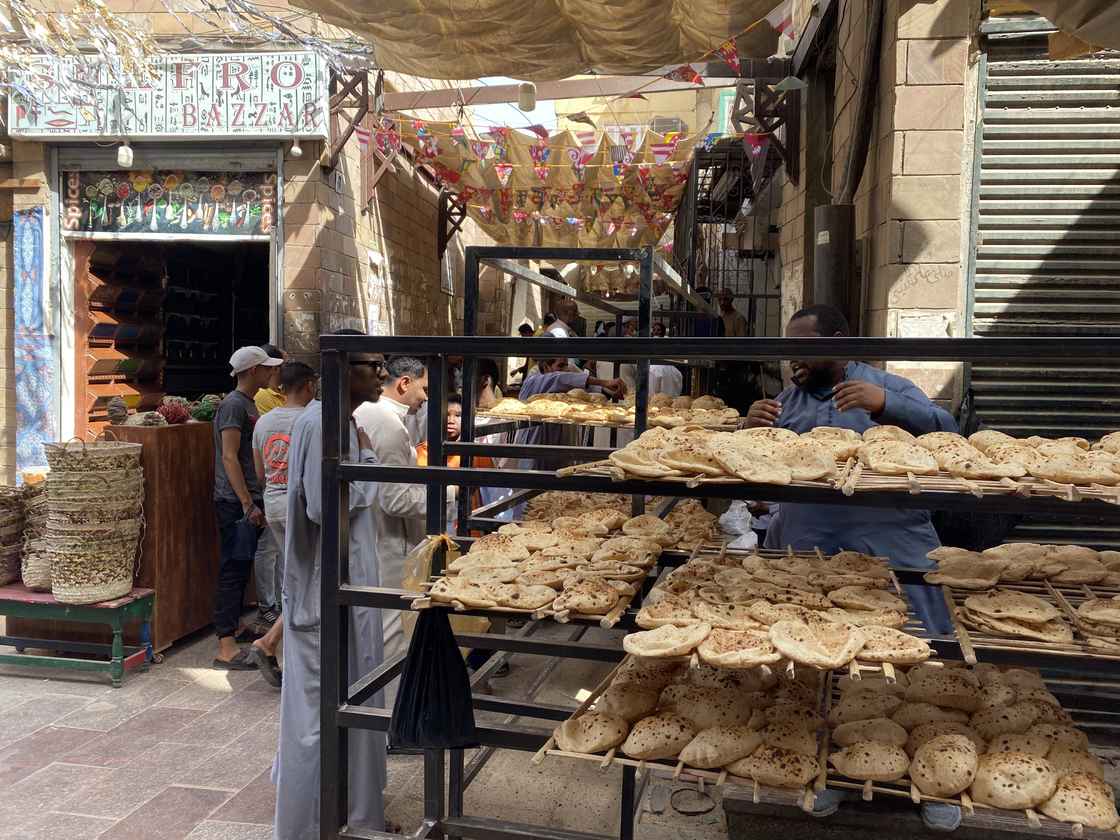
It appeared to me as if walking around the market at night was the social activity to do, a chance to get out and see and be seen... unless, of course, you're covering your face, in which case, then, you are not seen.
And what would Egypt be without the paradoxical contrast of women covering their faces in public and the advertisement of sexy lingerie along the same streets.
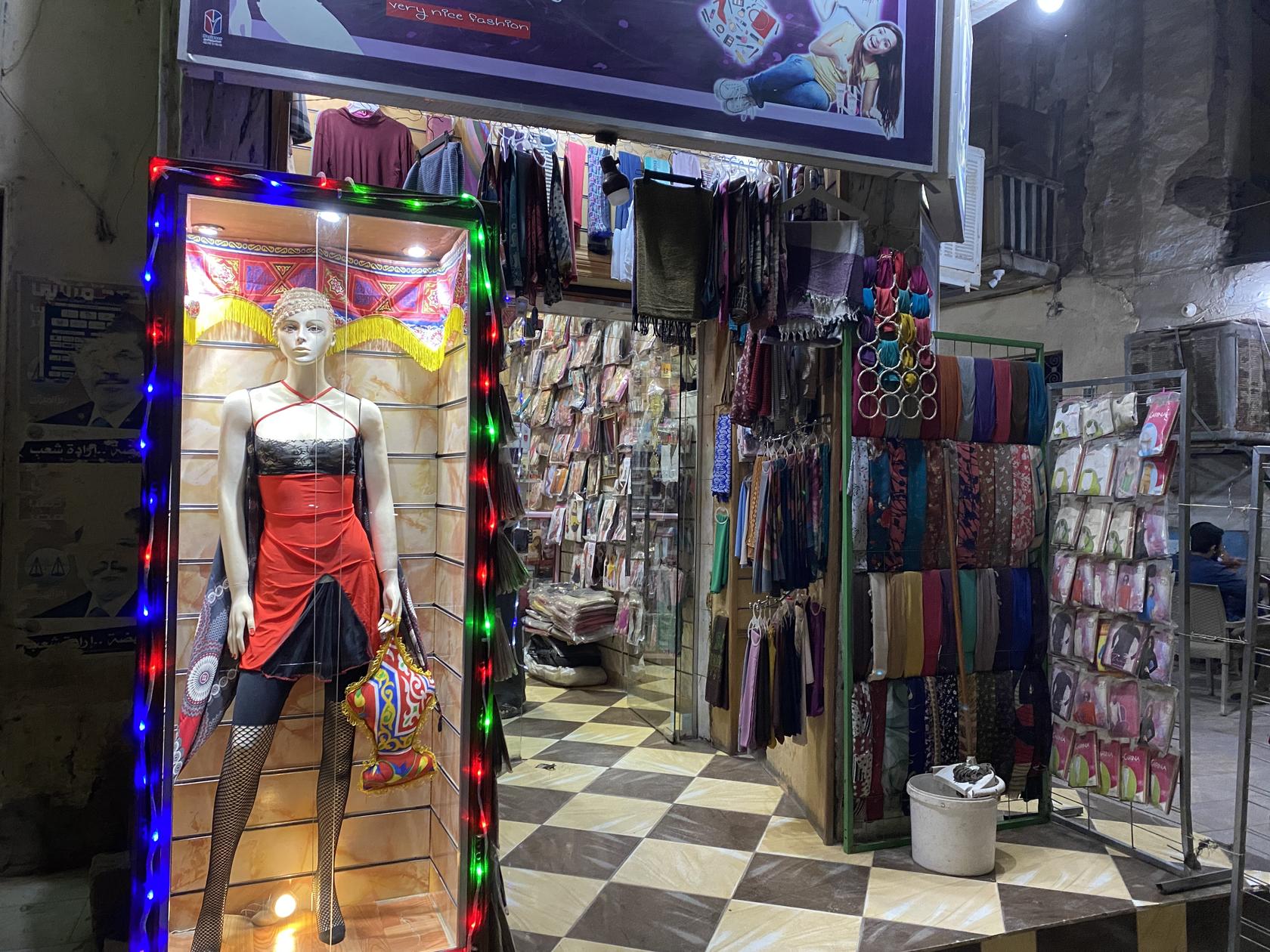
I found my way to a restaurant that overlooked the Nile.
Right in front of my table was this group of young Nubian men, all constantly on their phones, practically chain smoking their cigarettes, laughing and chattering away like any group of young men... except that I couldn't understand a word they were saying.
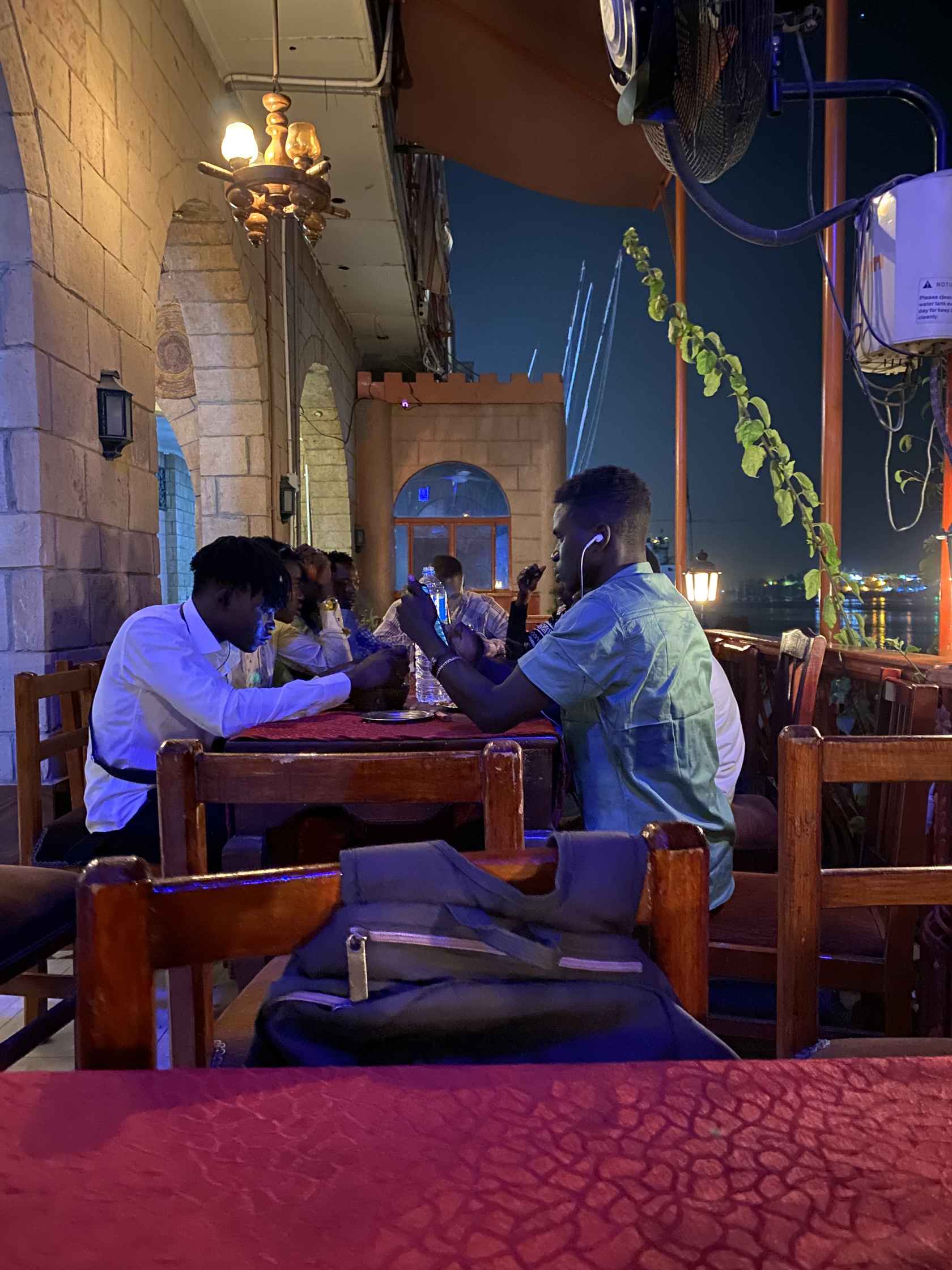
Served with my beer was this plate of fresh, salted chick peas. It felt similar, culturally, to the practice of serving edamame.
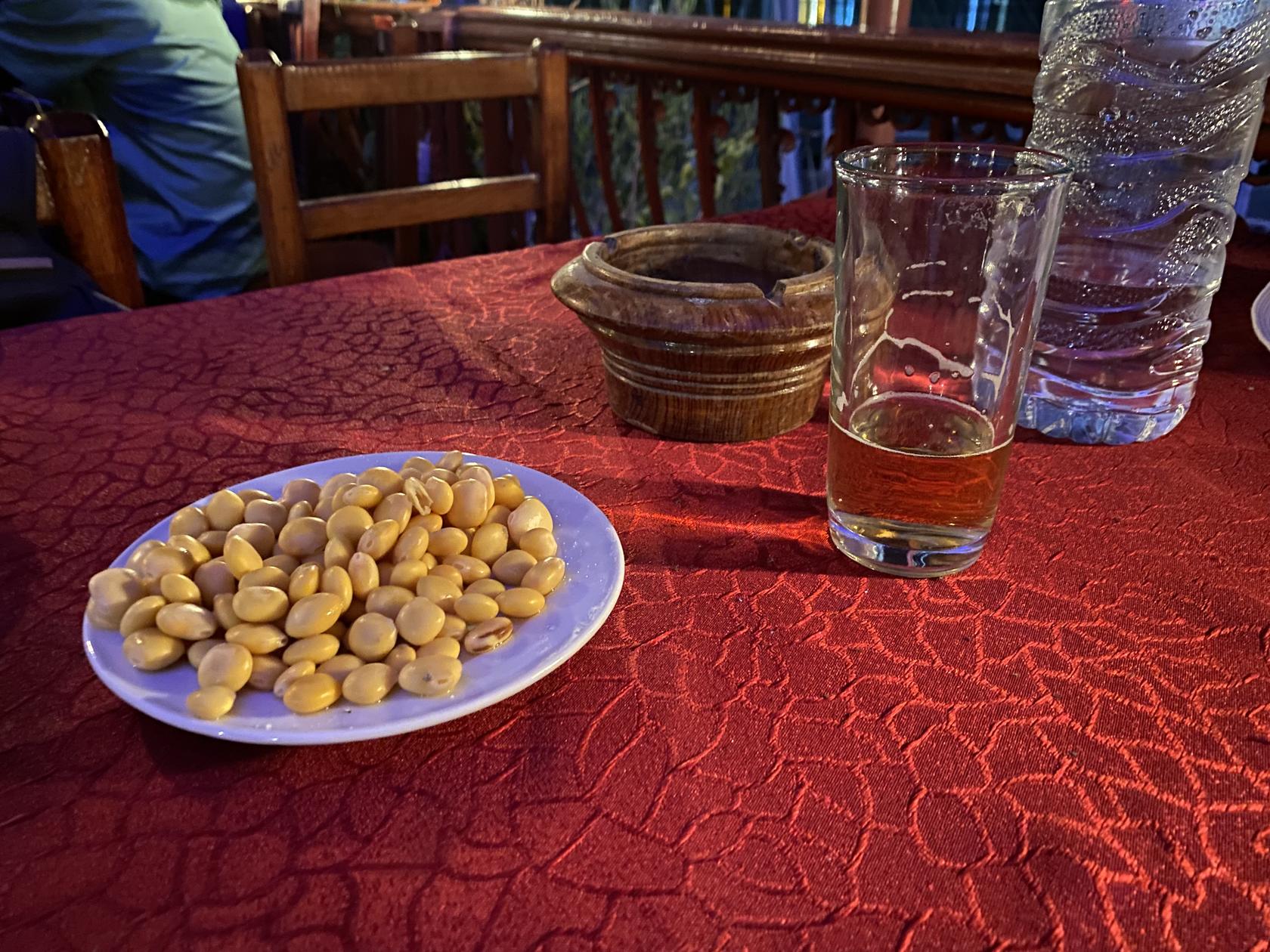
Turning to my right, I captured this photo of the Nile and the felucca's that were moored to this dock. I hadn't even particularly noticed the man on the boat. I just liked the picture and the lighting.
But to give you an idea of how aggressive Egyptian merchants are, within minutes this man was standing next to my table in the restaurant asking if I would like to go for a night sail on the Nile. When I said, "No, thank you, I was just taking a photograph," he insisted that it would be a good sail and beautiful at night. I again politely declined. But as usual, the exchange escalated into him saying things like, "why don't you want to go? Why don't you like my hospitality?" And statements like... "but you took my picture and you took a picture of my boat!"
At this point, many a person would have given him money just to go away and leave them in peace. And I met plenty of tourists in Egypt who adopted this strategy. I was firm, however, and told him simply No. Finally, after several minutes of me replying No, No, No, No, No, No, No, No to each invitational, shaming, bullying tactic he tried, he said, "Ok, but tomorrow, you go, right? Tomorrow, you go with me on my boat?"
Knowing that I was booked, via the hotel, on a felucca sailing tour the next day, I said, No. And I meant it. And perhaps because of my knowing that I was already booked on a felucca ride, my words resonated strongly and my conviction was clear.
It's something I noticed: Egyptian merchants probe for uncertainty or hidden desires. If there is any hesitation, any conflicted desire, any half-way self-doubt, any lack of total, unwavering conviction, they pounce. And they don't leave you alone until they've hooked you. It never ends well. Once you're hooked, they are masters of the bait and switch. If, for example, I had agreed to go on a night cruise with this merchant sailer and even if we had agreed on a price beforehand, once onboard, the price would have gone up. Somehow, in someway, he would have found a way to justify making the price higher than what we had already agreed to... even if it was just to give him a tip at the end, on top of the agreed-upon price. And then, he would use the same aggressive, hard-sell tactics to persuade me to pay his newly hatched higher price.
I saw it happen many times. I was the victim of it several times myself before I got wise to it.
Finally, mercifully, he walked away and left me in peace to eat my dinner.
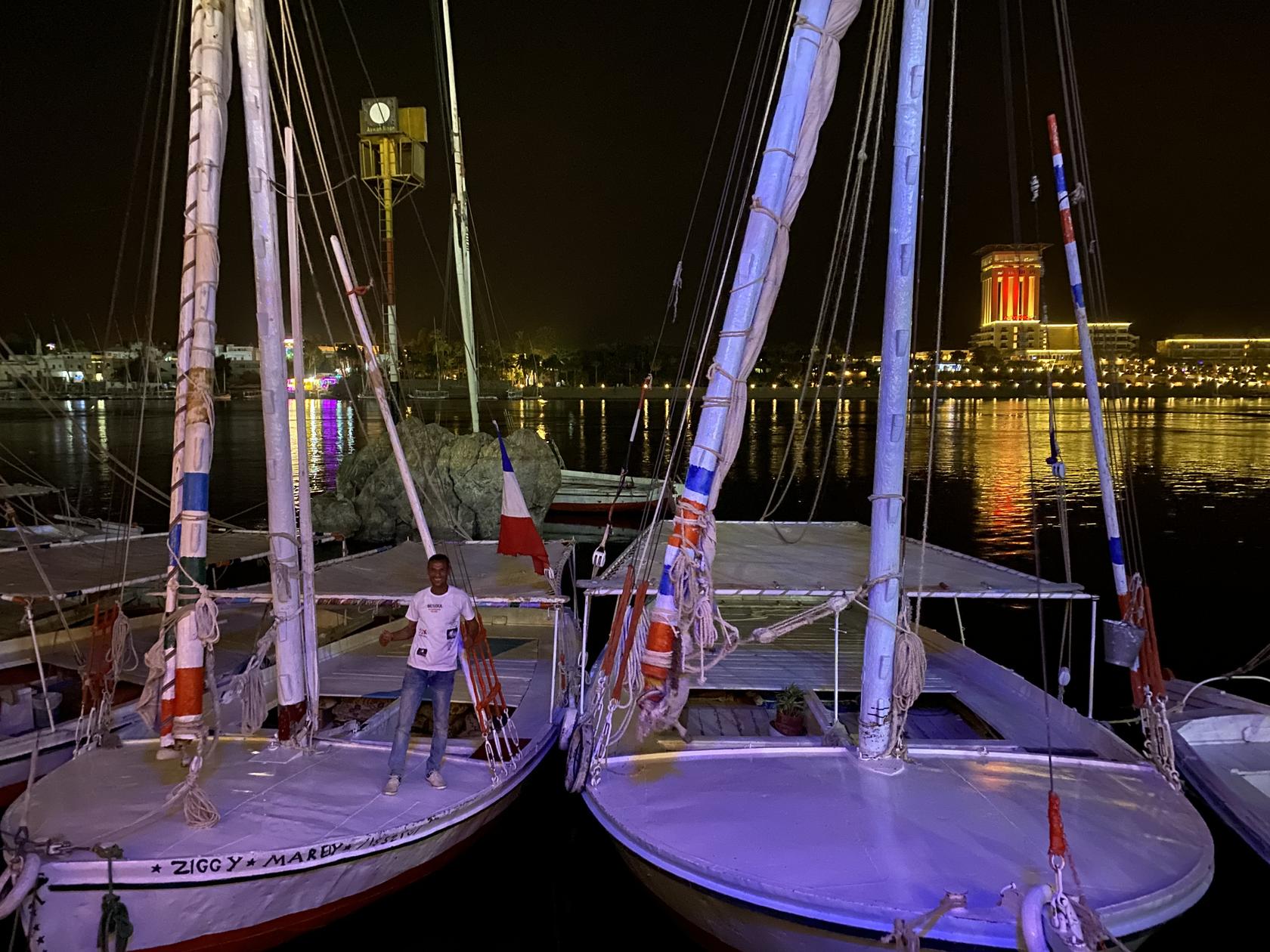
On my way back to my hotel in the evening, along a side street, I caught this image of a stairway in Aswan.
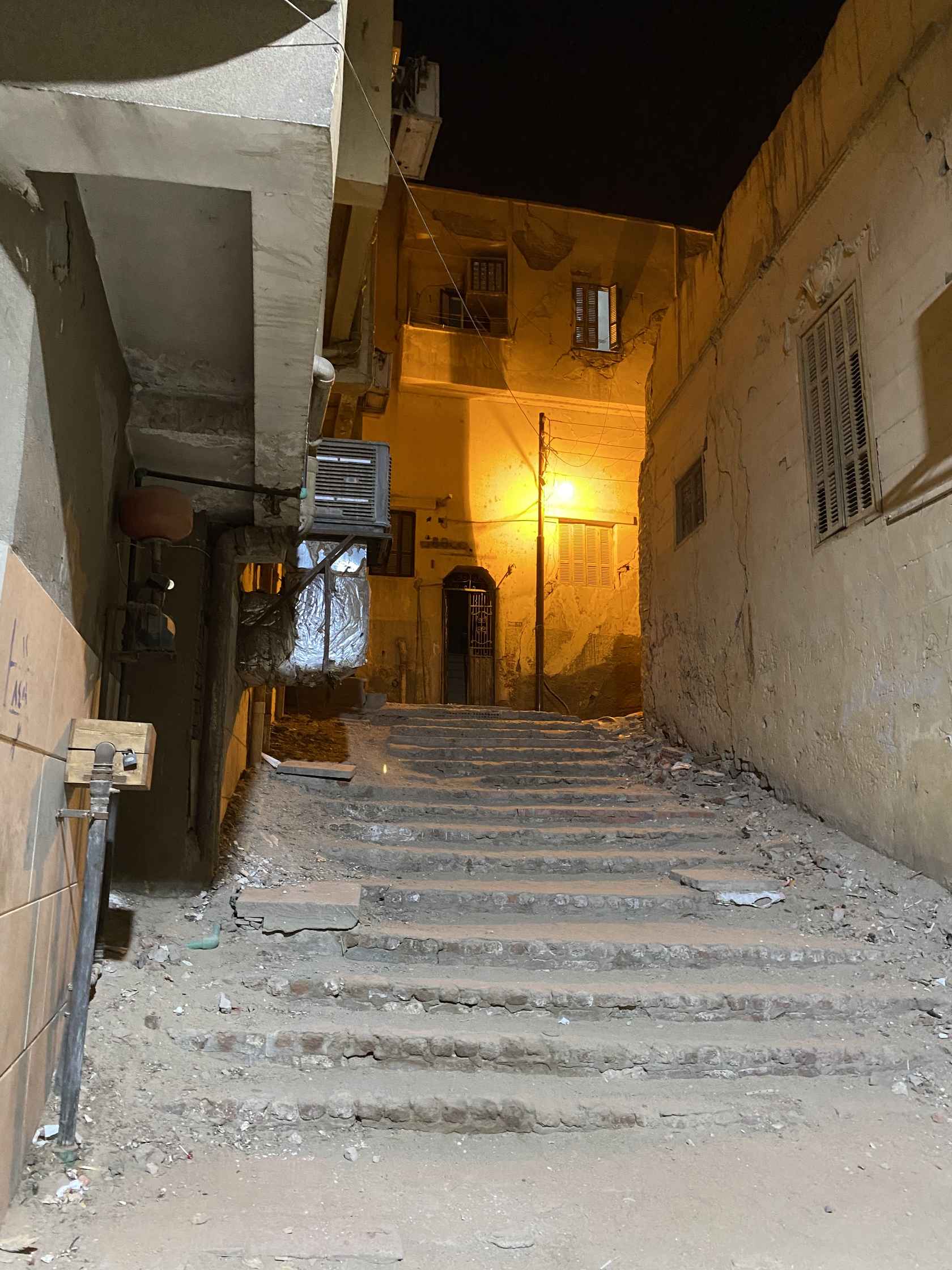
Day 31
April 2nd, a 6 of Spades day
A delicious taste of Egypt that I only discovered once I visited Aswan is cold hibiscus tea. Wow! Better than any gatorade or other sugary sports drink!
So I ventured to the spice market to purchase dried hibiscus flowers to bring home with me. In addition, I ended up buying many bags of many varieties of spices. I do like to cook! And these spices were unlike anything else I've found in America.
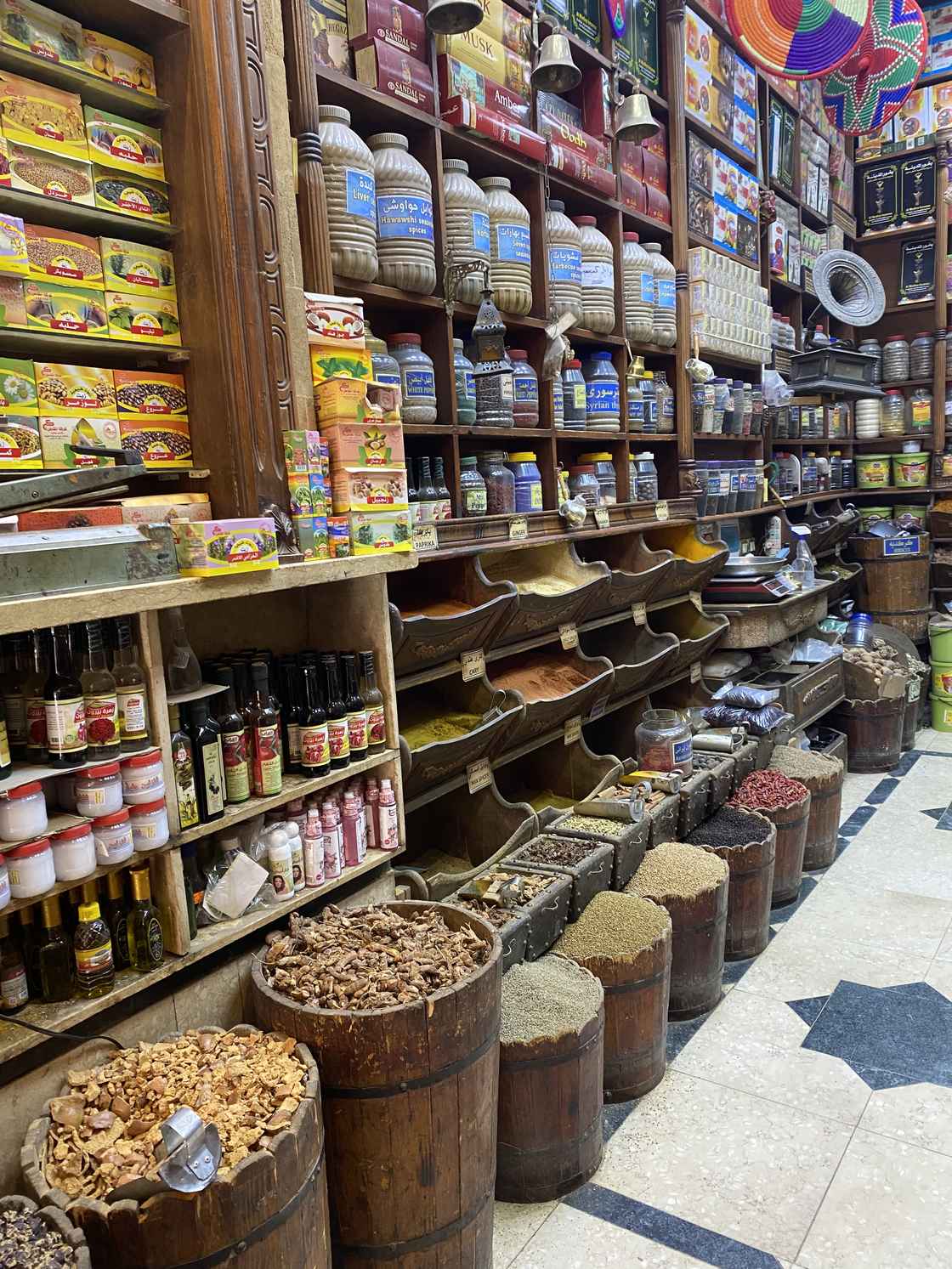
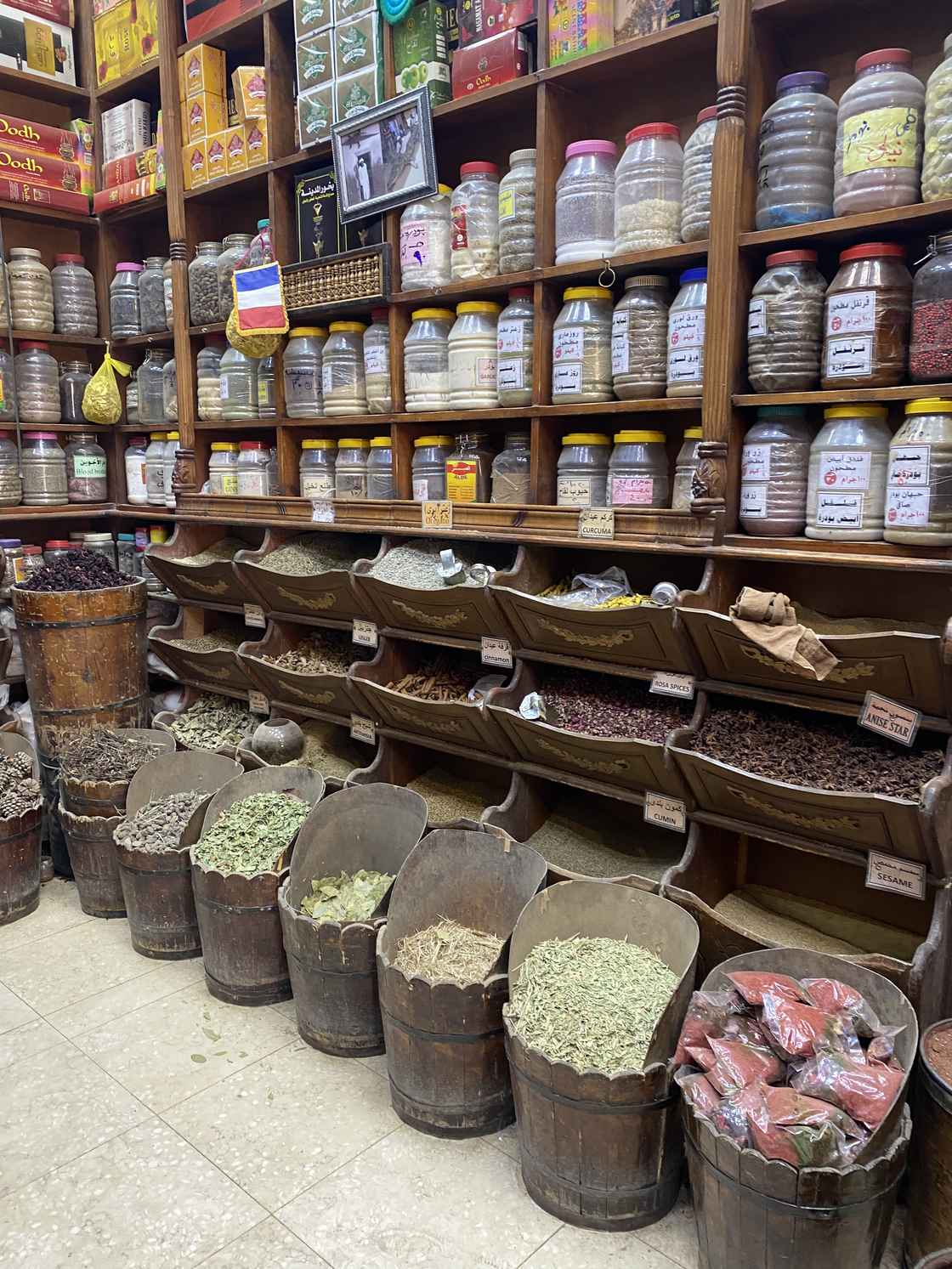
By the time I was done sampling, tasting, and imagining all the wonderful things I could cook with the various spices, I'd filled up a large shopping bag worth of spices and ended up spending much more than I originally intended. The sales clerk, pictured below, was helpful, not pushy, and made it overall an enjoyable experience.
After I paid, he started in on me... following me out into the street, he asked me if I needed a guide to lead me through the market, if I needed help finding other tourist activities to do; he knew people who could help me; his brother could do this; this other friend could do that for me... When I told him that I didn't need any of that, he changed his tune to ... telling me how he doesn't own the spice shop; he's just a lowly sales clerk and he helped me so much; he has a family to think of; he took such good care of me; he spent so much time with me, etc...
I reached into my pocket and pulled out an Egyptian 50 pound note, which is about $3. His eyes lit up, and he thanked for the tip, and walked back into the shop.
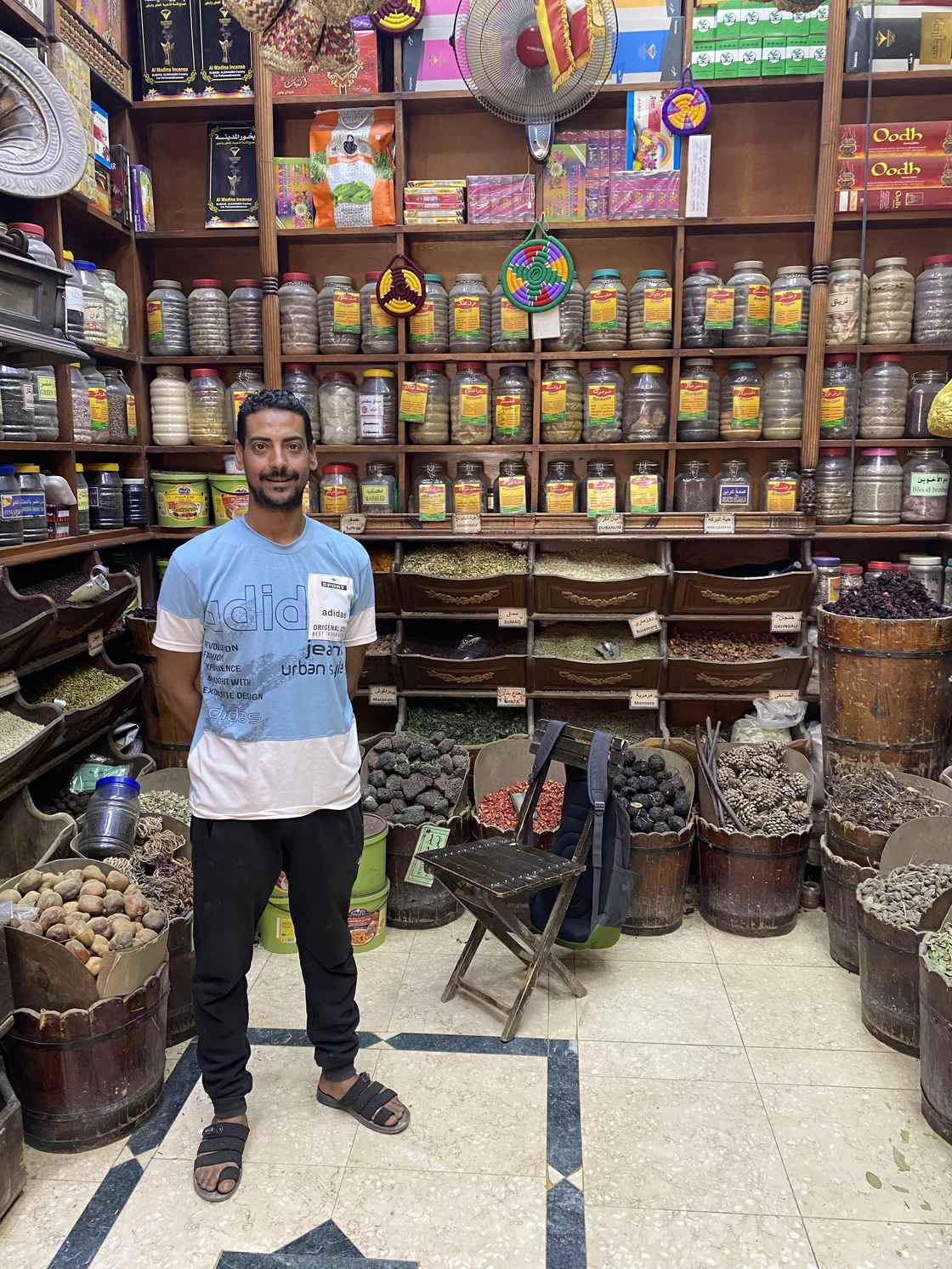
Walking along in the market, I stopped to find out what all the commotion was about. It's a butcher shop. It appears people are lining up to get their meat. And it appears that refrigeration in the 100 degree heat is not a concern.
Also in my wanderings about in the market, this Western fashion shop caught me eye.
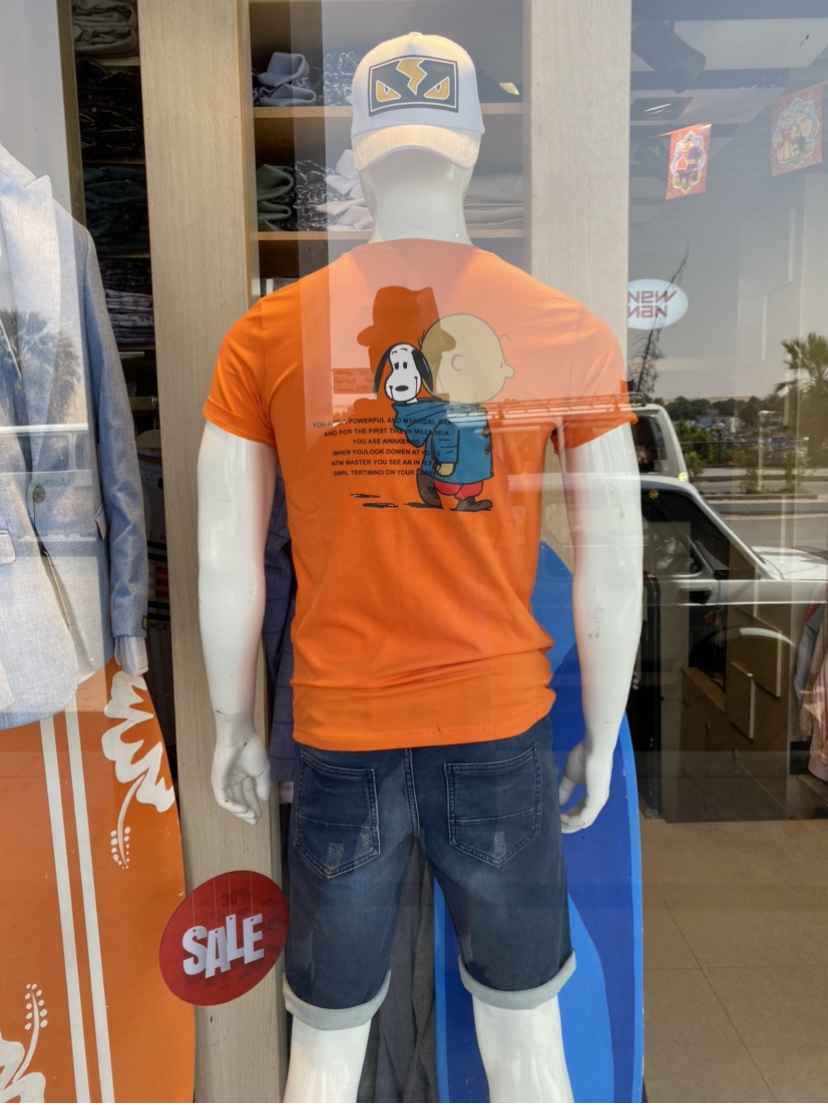
Upon closer inspection, the t-shirt reads, as best as I can see it:
YOU ARE A POWERFUL AND MYANICAL ORNTE
AND FOR THE FIRST TIRE IN MILLRWEIA
YOU ASE AWAKENSO
WHEN YOULOOK DOWEN AT YO IS
NTW MASTER YOU SEE AN IN IS F
SWRL TRRTMINO ON YOUR LAREEN
New Age gibberish? Mixed with English gibberish? With Charlie Brown and Snoopy?
Ok. If it sells, I suppose. Why not?
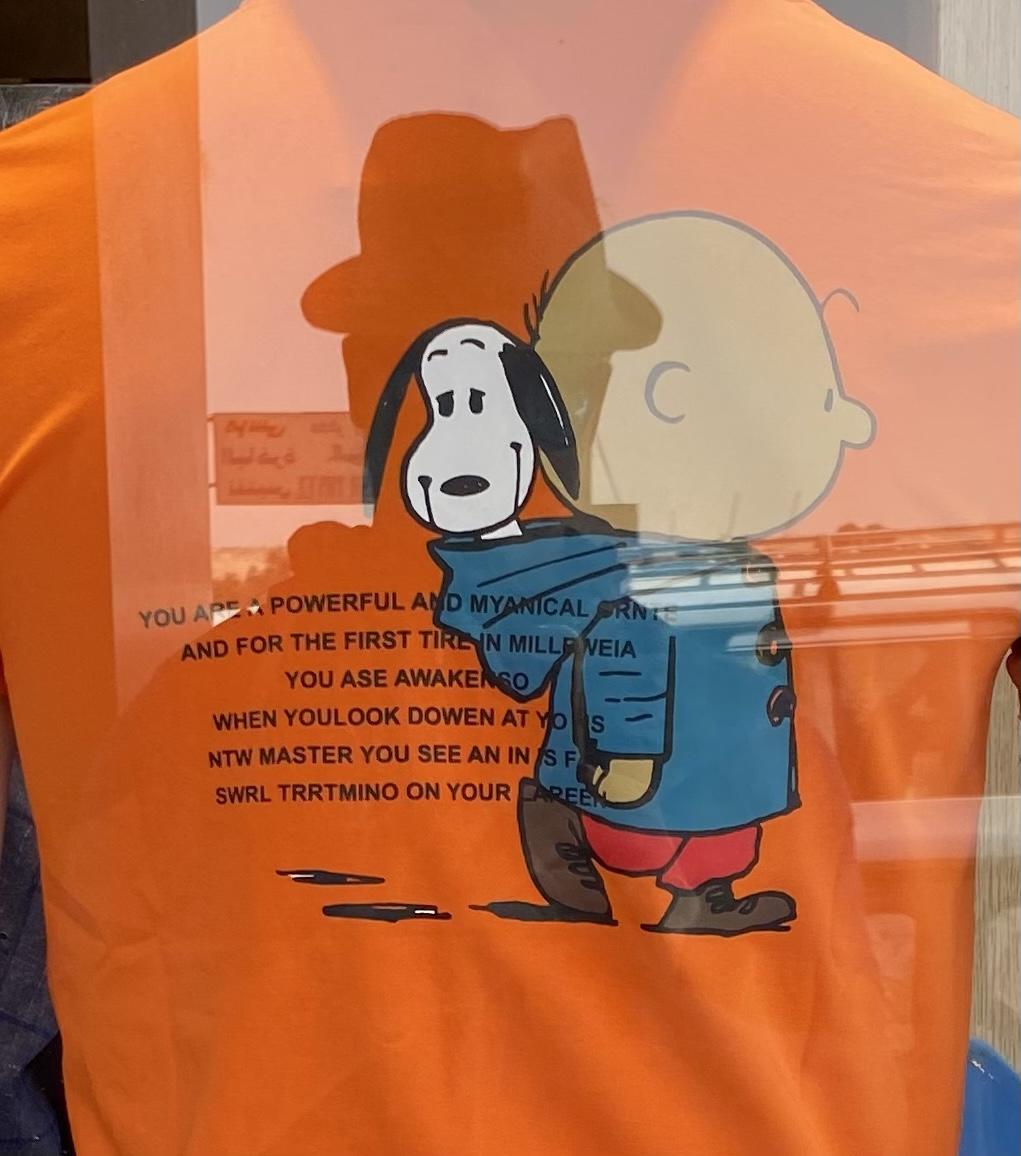
Next on my docket of activities for the day was my much anticipated felucca trip on the Nile. For many people, it seems, cruising the Nile holds an indelible romantic appeal. So, it seemed like a must-do while I was here.
Here I am aboard the Felucca, grateful to be in the shade, protected from the afternoon sun.
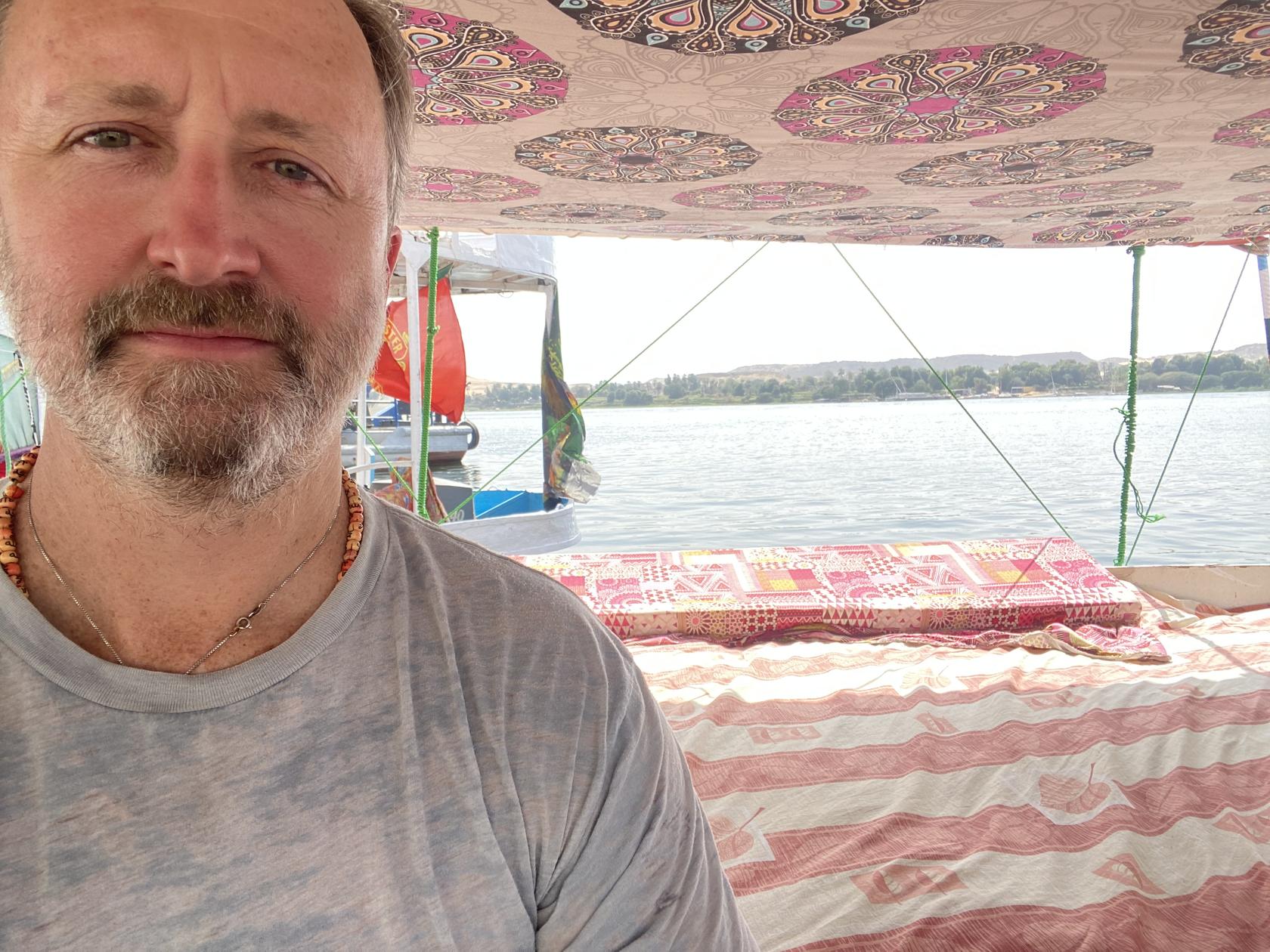
Being on the water was a welcome relief from the heat of the land. The water of the Nile smelled fresh, crisp, and clean. I liked the smell of the river.
Once we managed to get underway and were moving slowly along, my boat captain, in his hospitality, brought out some chilled water bottles. He also, from a plastic bag, produced a bunch of bananas and a bushel of strawberries. The strawberries he dumped into a wide plastic bowl right in front of me. I had been told by the hotel that water and snacks were included in the fare I paid. These, I gathered, were the snacks.
I reached for the water and took a good long slug of the ice-cold water. When, however, after several minutes had passed and I had not touched the strawberries, he came over again and said, "Eat, eat! Those, yum yum!" I just looked at him with no intention whatsoever of eating strawberries that he or any other Egyptian had touched with their bare hands. Telepathically, he must have gotten the message because he half snapped his fingers in recognition and said, "Ahh, wash. Yes. Wash."
So, he picked up the bowl of strawberries, leaned over the edge of the felucca and carefully submerged the bowl in the Nile without losing any of the strawberries. Then, he lifted the bowl out of the Nile, and using his hand like a sieve, he strained the water from the bowl. Triumphantly, he returned from the edge of the boat, nodded, and placed the bowl down before me. "Those yum yum! Eat! Eat!"
All I could think of was... what would it be like to be sailing on the Hudson River in New York and lean over the side of the boat to wash our fruits and veggies directly in the river? Even on the lake where my sister and brother-in-law have a house in New Hampshire, where the water in the lake is the drinking water for the houses that surround the lake, we would never, ever conceive of washing our fruits and veggies directly in the unfiltered lake water.
So, again, I didn't move. Not one muscle. Not one twitch of motion towards the bowl of Nile-dipped strawberries.
A few minutes later, he returned again from the aft of the boat to where I was seated near the front. "Those yum yum! Eat! Eat!" Again, I just stared at him with the same telepathic message. Only this time, I was also thinking, 'You motherfucker! I'm not going to get food poisoning again just to appease your sense of Egyptian hospitality!' Again, he got the silent message. He cracked open one of the water bottles and poured that into the bowl of strawberries, mostly submerging them in the ice-cold, bottled water. "Those yum yum! Eat! Eat!" And he nimbly stepped away to his steering position in the aft.
I eye-balled those strawberries. Closely. I looked hard. I took a few deep breaths. I reached for one of the littler ones that had taken a direct splash of bottled water and was now completely submerged. It was delicious. I ate a few more, and I could almost feel his satisfied glance on the back of my head, like an Italian grandmother who's proud of her Tiramisu.
We continued sailing.
We headed South, away from Aswan and as we left the city behind, the landscape turned to desert.
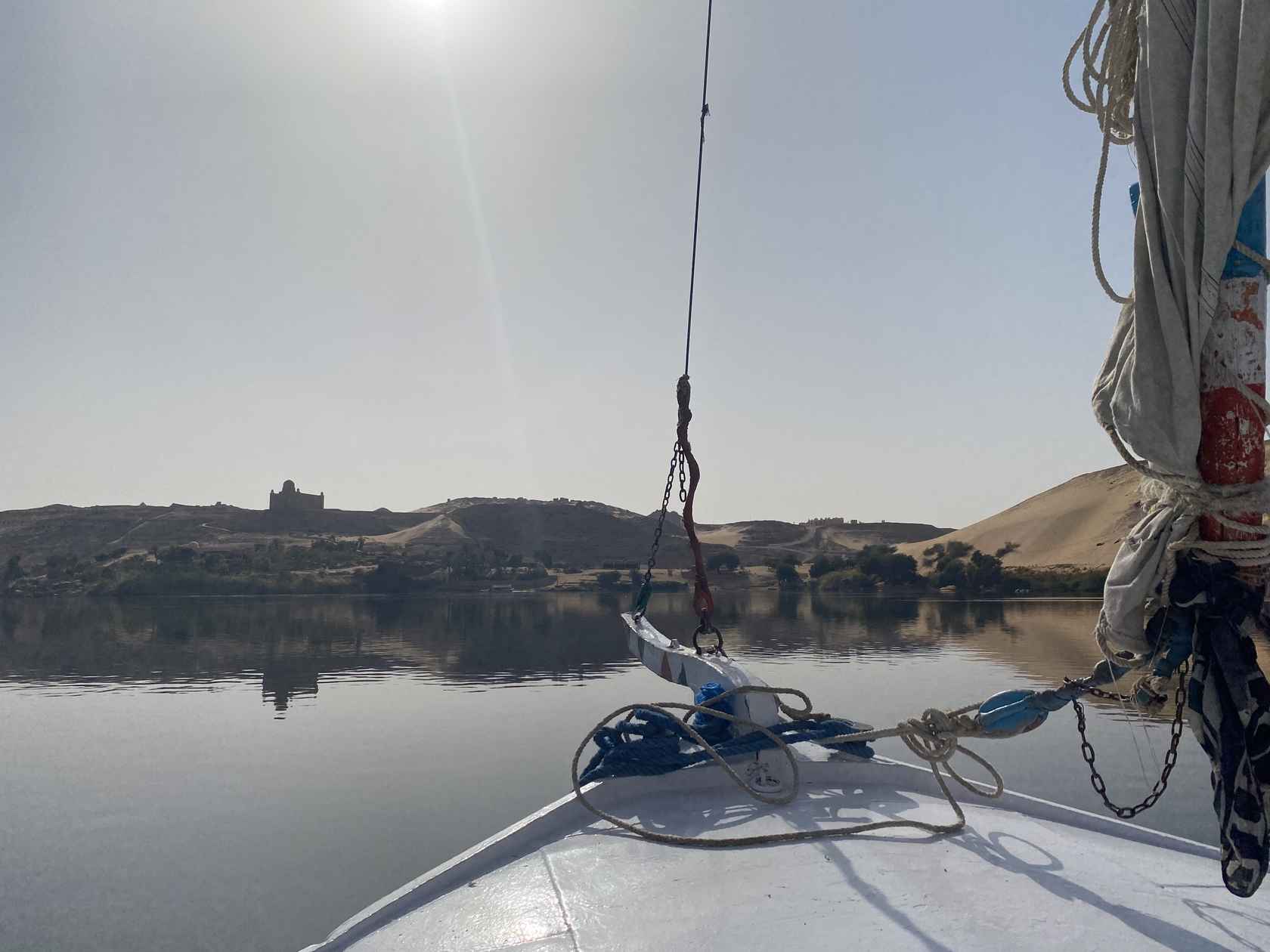
In this picture, the top left is a Muslim burial mausoleum to some famous person. The right-side ruins are from an old Christian monastery dedicated to some famous saint.
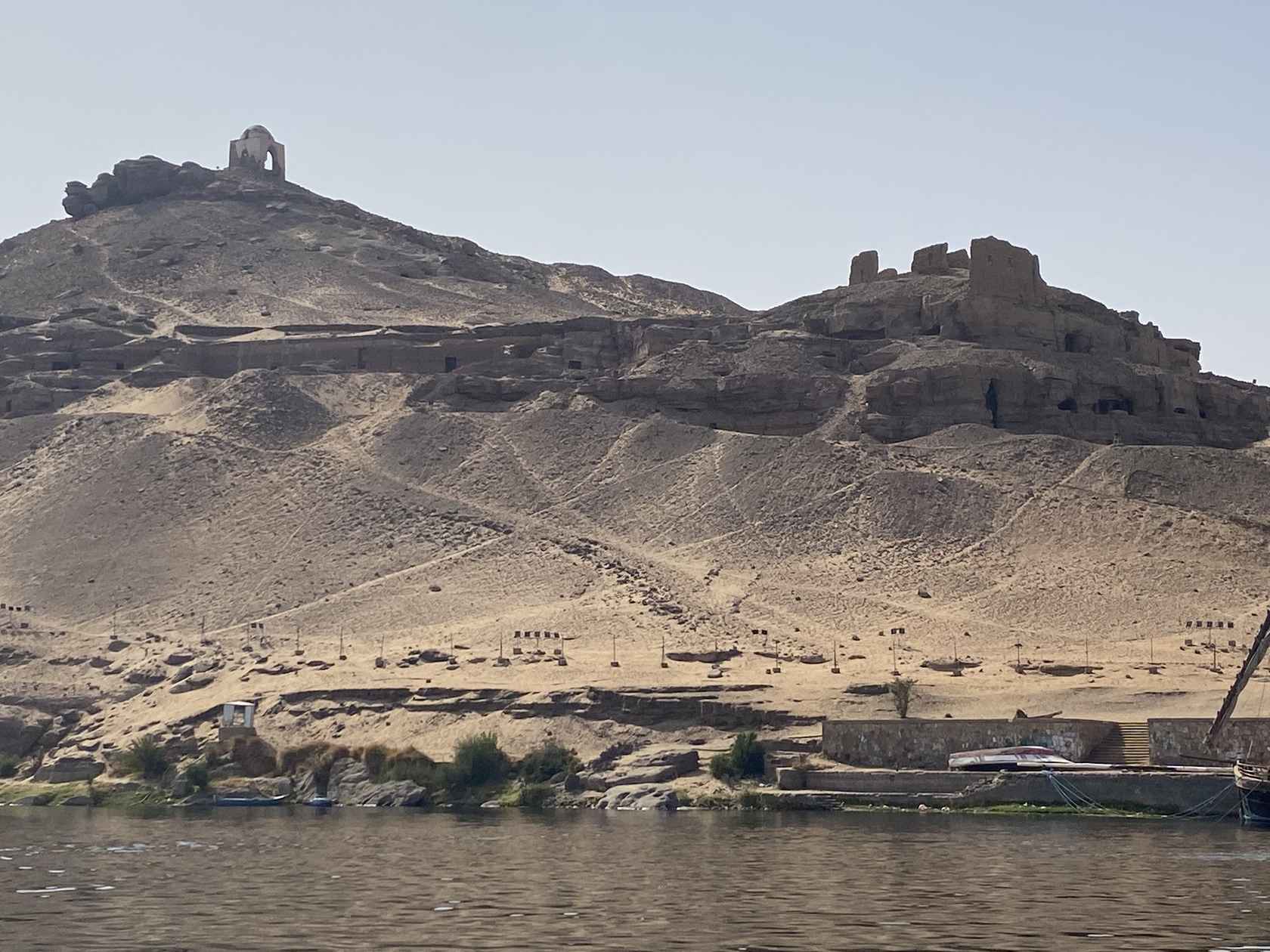
Another burial mausoleum, or maybe the same one around the bend of the river, I can't recall.
What I like in this picture is the reflection on the water.
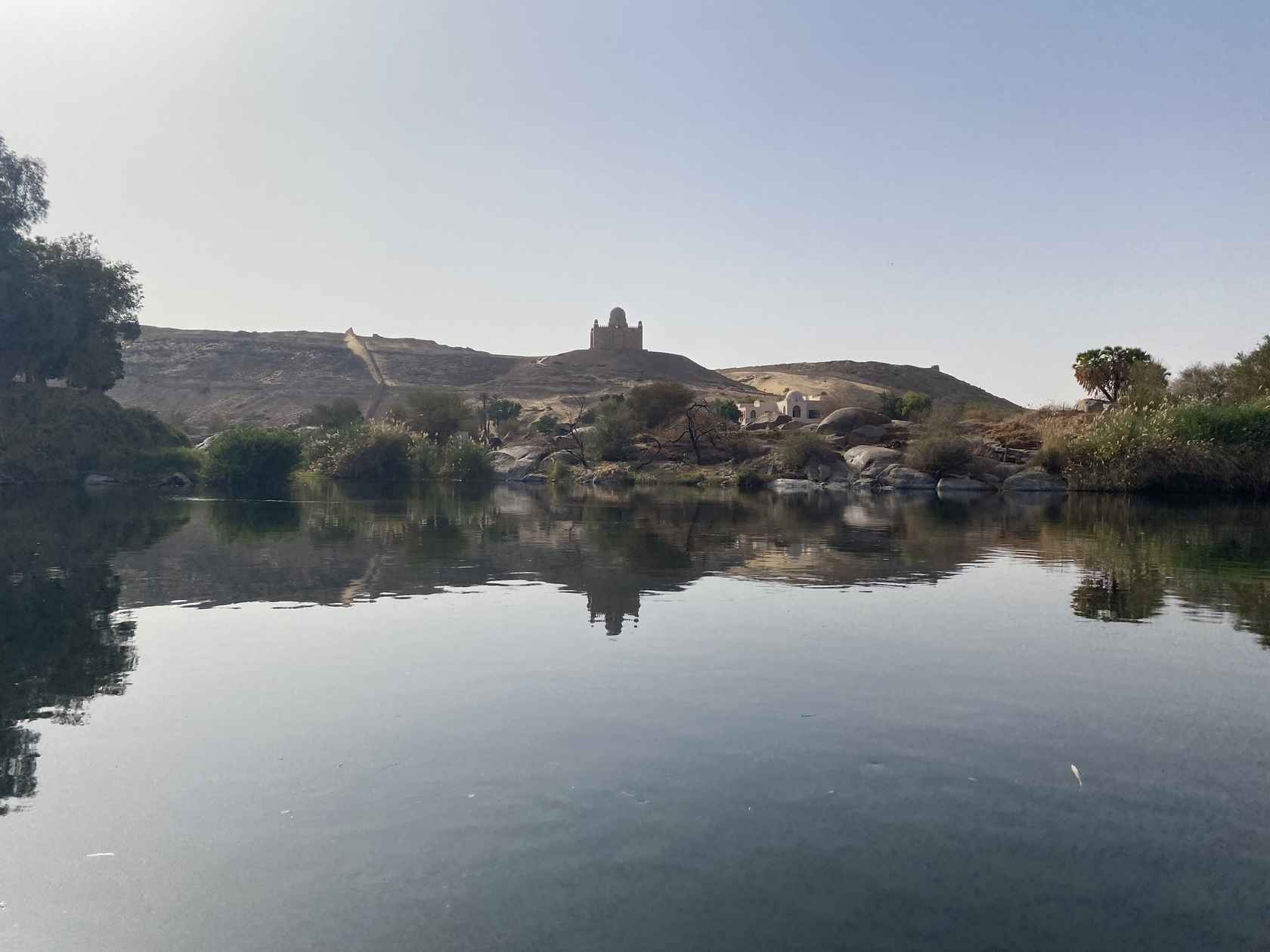
In places, there were beautiful villas built right on the river, like this one.
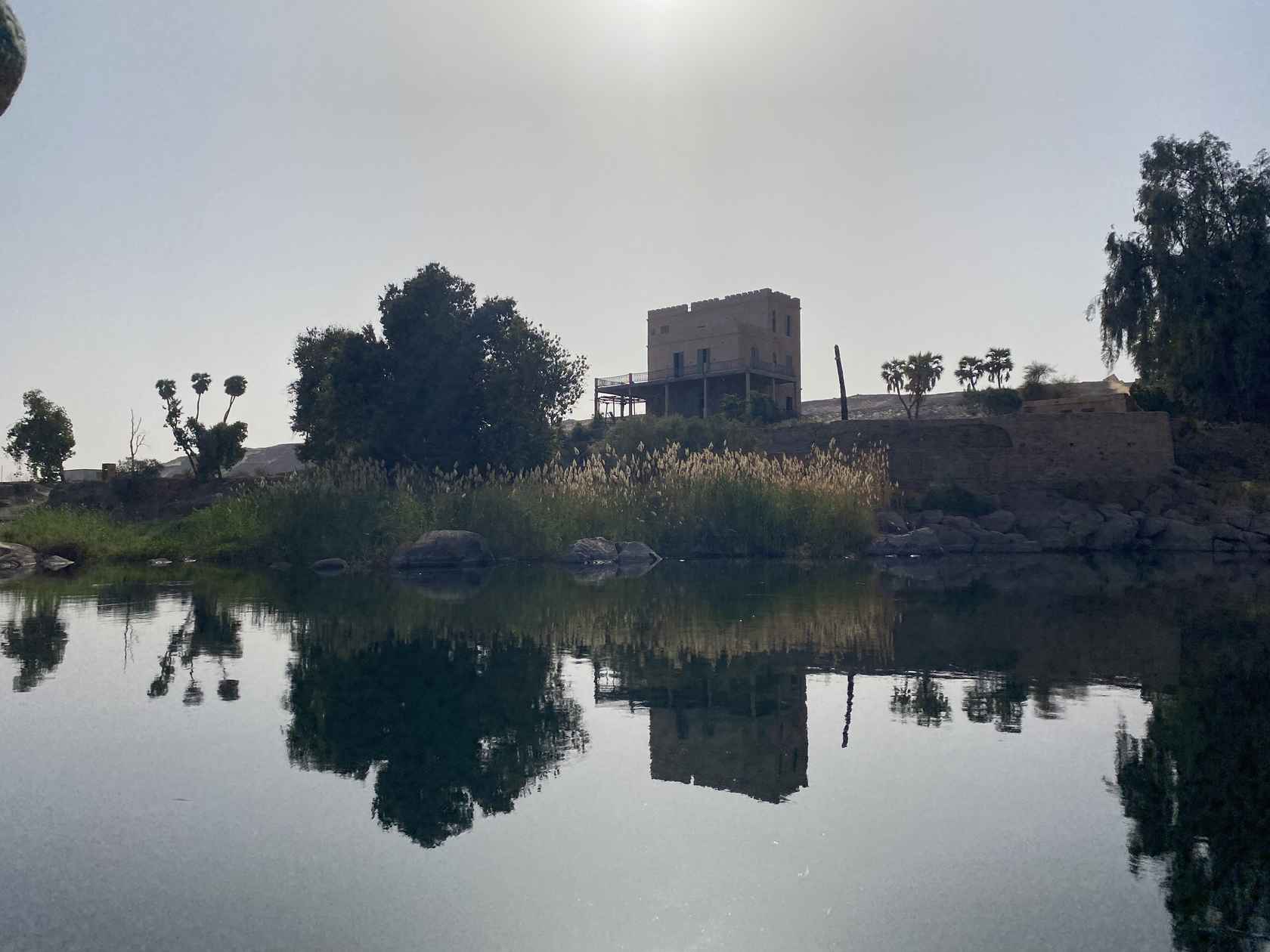
I was continually impressed with the resourcefulness of the Egyptians. Here, boys use thin pieces of hand-sized plywood to paddle along at a nice clip. It gave me a chuckle that the last boy covered his face with his pieces of wood as if to say, "No photographs, please!"
And here we are returning down river to our starting point.
Below is the Cataract Hotel where I sat and watched the sunset on my first evening in Aswan.
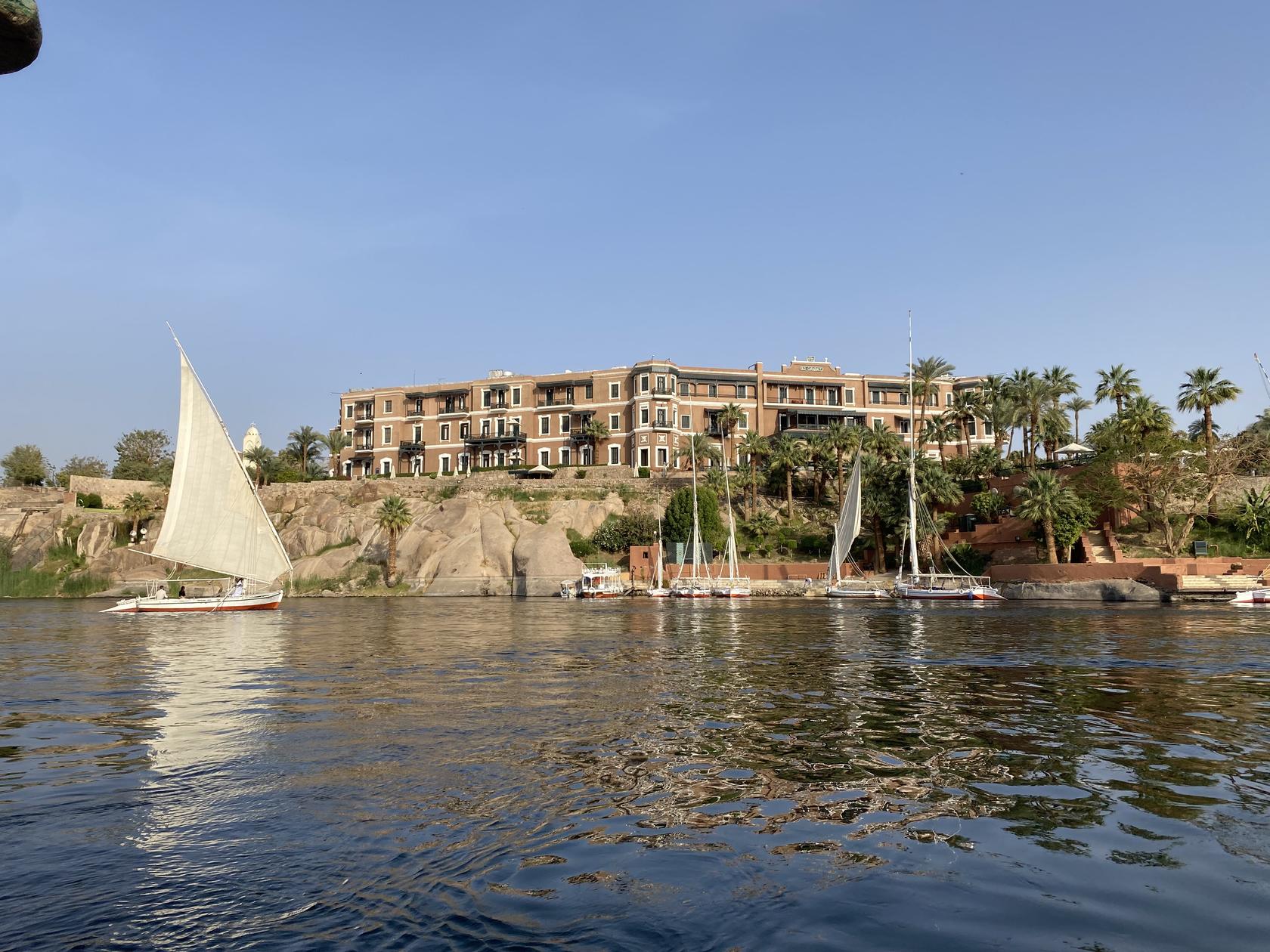
Back on land, I was amused to see these little boys playing marbles in the street. They quickly spied me and stopped their game.
As I took this photo, the little girl was dancing around in the background making silly faces, as if to play the court jester to these two princes. Even though it's blurry, you can sort of see her sticking out her tongue, in the middle of waving her arms about.
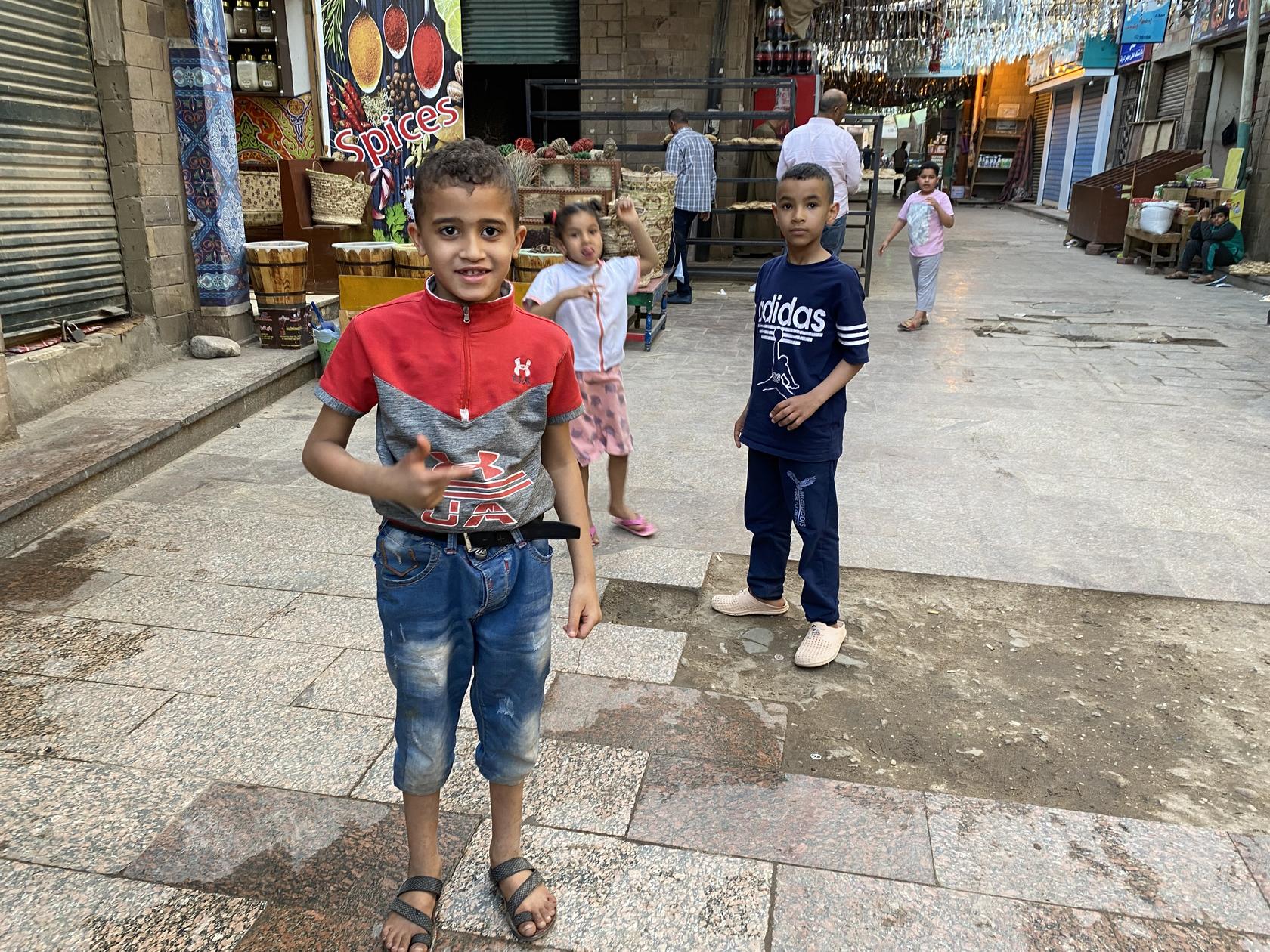
On to my final destination for the day.
I had seen this shop the day before. It was unlike the others. It was not a shop of tourist trinkets or over-priced boring gold and silver jewelry that you could have purchased anywhere. No, this shop was different. And when I poked my head in, the shopkeeper didn't verbally assault me with the usual strangling sales-pitch. Even more amazing, after I had browsed for a few minutes and turned to leave (knowing I would come back later), instead of physically blocking my egress, he cheerfully, casually waved me good-bye and wished me a good day.
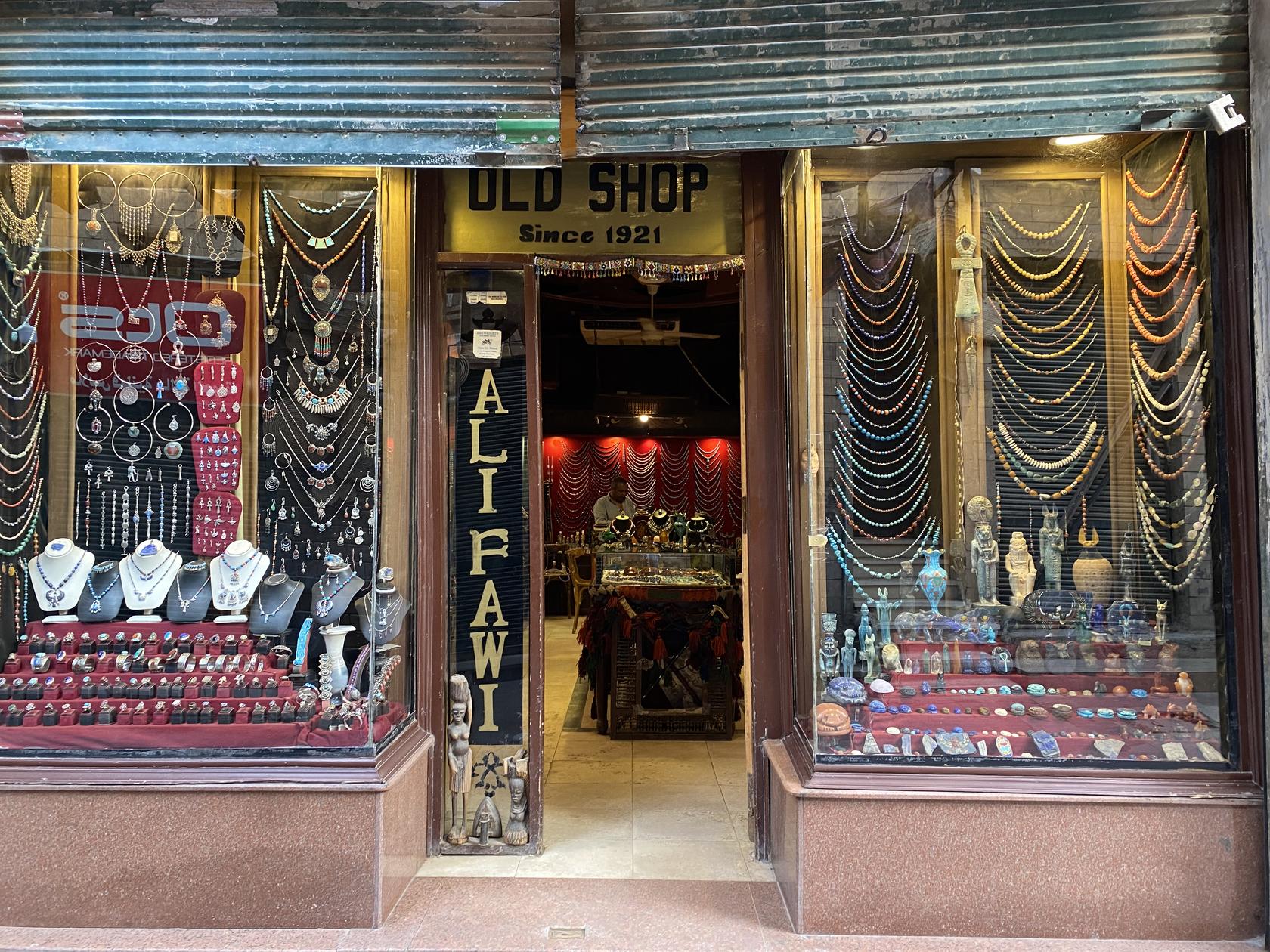
I was on a mission to find jewelry for my beloved. And she has very specific tastes in jewelry. Finally, I believed, I had found the jewelry oasis I had sought in all of Egypt. And so I returned to this shimmering destination, located in the midst of an otherwise barren, soul-sucking tourist shopping experience.
Omar runs the Old Shop that his grandfather started in 1921. It has some unique, museum quality artifacts as well as a rich collection of semi-precious gems and crystals. Some of the pieces were carved and crafted by his grandfather. Not all of it was on display, either. He pulled out boxes from under the counter to reveal some of his best pieces.
In the process of gawking at his wares, I found something I liked and asked him to customize it, so as to make it into something that would blow back the jewelry-loving hair of my wife, Viki. But in order to do the customization work, which would be ready the following day, he wanted me, understandably, to put down a cash deposit. I did not have the cash in my pocket. So, together we walked to a nearby ATM machine.
Now, at this point in the narrative, it's worth explaining that visiting an ATM in Egypt is not a done deal. Just because you've found an ATM location, even if it's inside of a bank, does not mean that the machine has cash to dispense. In fact, many times I wandered around to three or four ATM locations before finally finding one that would dispense my cash withdrawal request. So, when Omar offered to walk with me to one that he knew would work, I gladly accepted the offer.
What completely amazed me, however, was that when we walked out of his shop, he left the front door wide open, as in the picture above. I stopped and said, "don't you want to lock up?" He shook his head; No, his neighbors would watch the shop. If anything, he said, he would come back to find that they had sold something for him, on his behalf.
Can you imagine, in America or anywhere else in the Western world, owning a jewelry shop inside a busy marketplace and walking out of your shop, leaving it completely unattended, with the front door wide open?
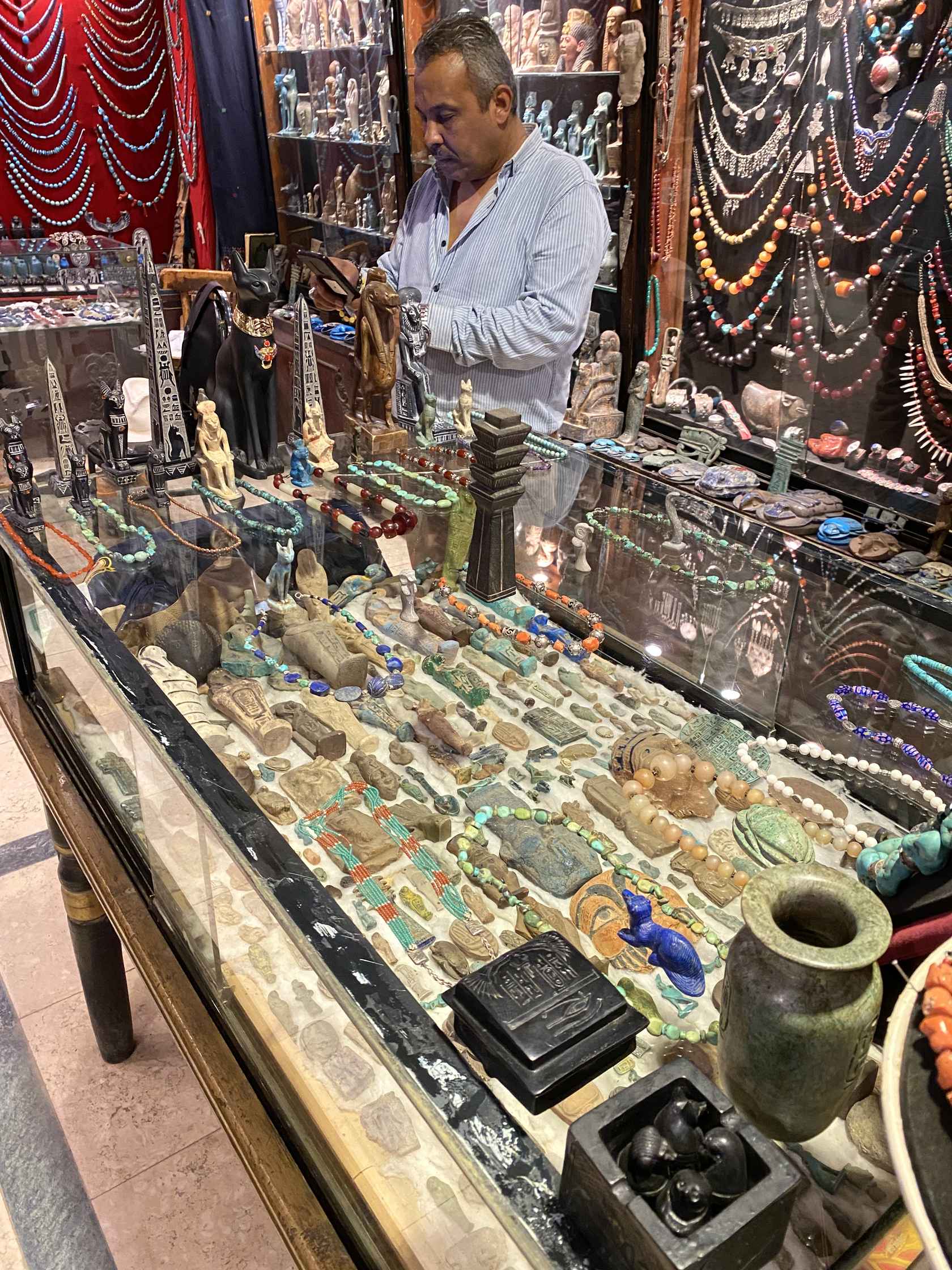
We visited the ATM, returned to his shop, and I put down the deposit.
Before leaving, however, he told me that he and his brother are healers, and that they often work with healers. He told me how his brother is deeply involved in the study of the esoteric mysteries of the pyramids. He showed me his brother's facebook page, which was filled with sacred geometry. So, I took the opportunity to tell him what it is that I do. He was interested immediately.
And since we were already looking things up on our phones, I pointed him to our new website and showed him how he could look up the meaning of his Source Cards. To my surprise and delight, our website was automatically translated into Arabic. I had vaguely heard about Google translate and how Google automatically translates websites into the local language, but this was my first experience of it.
Here is a video of Omar looking up his Source Cards. He is born to play the King of Hearts / King of Diamonds.
Omar had asked me to come back today right after sunset to break the Ramadan fast with him. It consisted of a kind of fruit smoothie and raw dates. I did not partake. He offered me, instead, a fresh squeezed orange juice. This, I accepted.
As I was sitting, waiting for him to return from wherever he was picking up the fresh-squeezed orange juice, I was enjoying sitting inside his shop listening to the chanting of the Quran so much that I took this video of the chanting with a panorama of his shop.
Omar wanted me to talk to him about his Source Cards. So, I showed Khalid the website to discover that he is born to play the 9 of Diamonds. And again, as ever, the meaning landed, even cross-culturally, even for people who follow a different calendar. Omar chuckled. And Khalid just shook his head in acknowledgement that it was all true, all his life experiences, as outlined by the pattern of the 9 of Diamonds.
Afterwards, Khalid snapped this photo of us drinking our Turkish coffee.
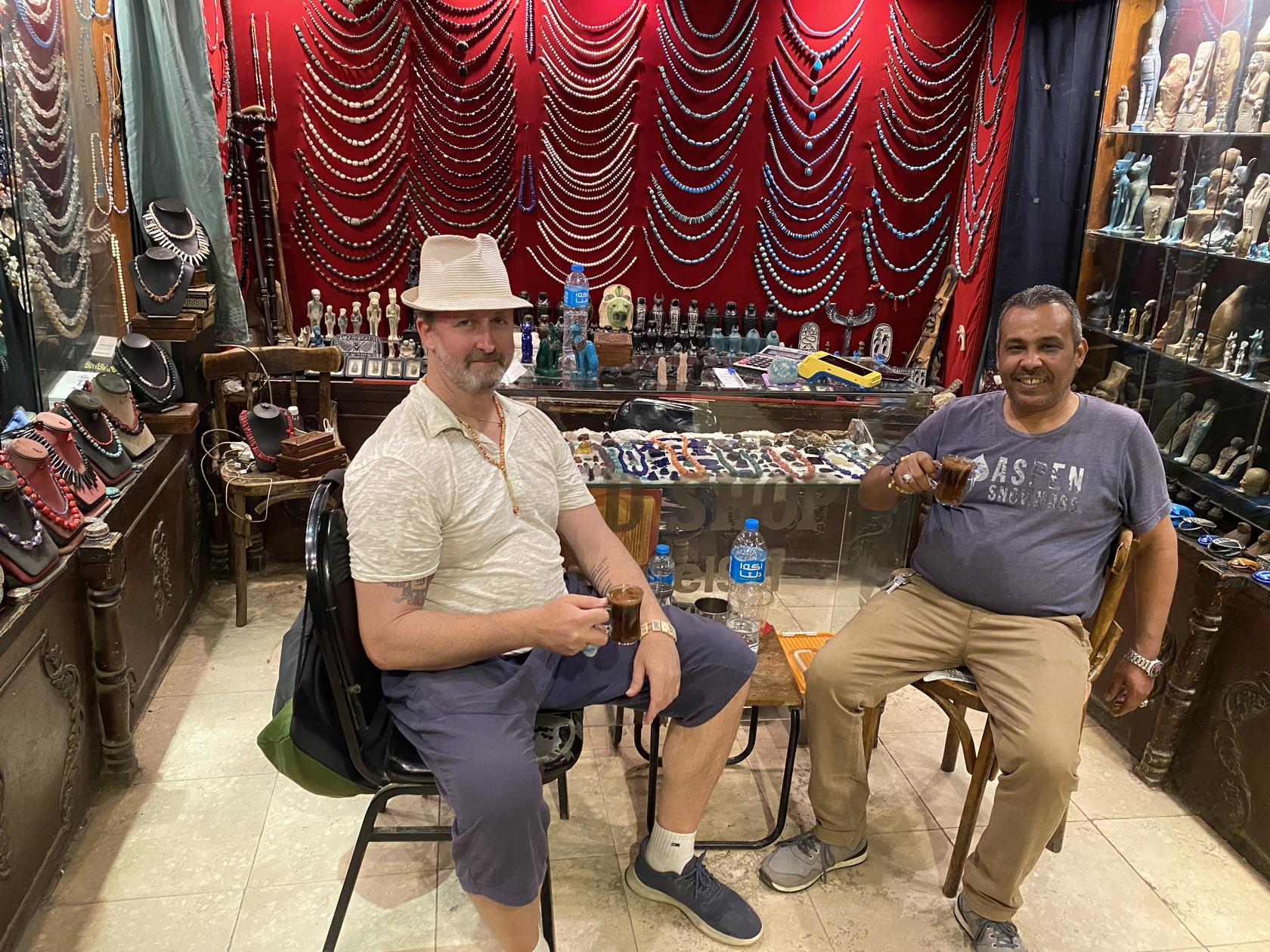
And still, the beat goes on... At 7:17 pm, it was still 99 degrees.
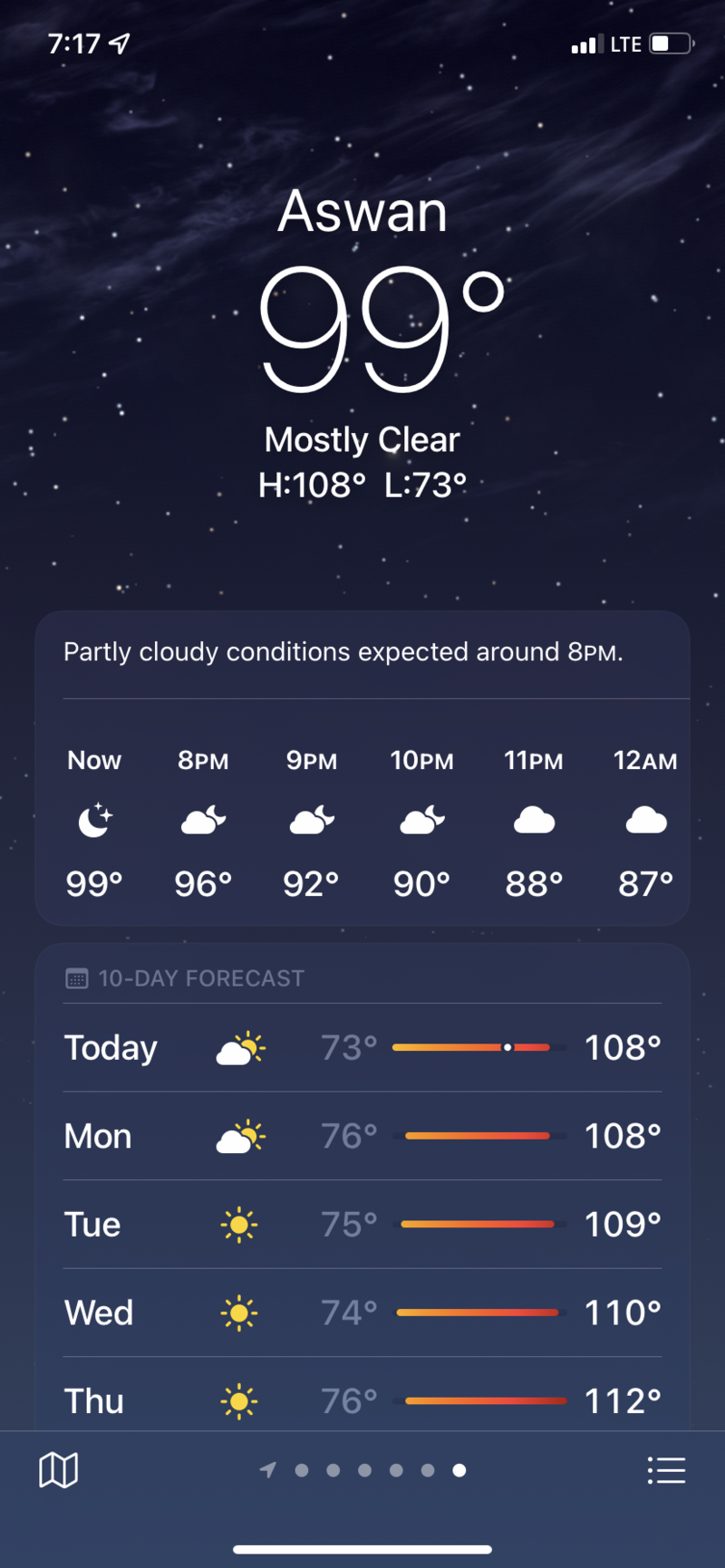
Day 32
April 3rd, a 5 of Spades day.
As I checked out of my hotel in Aswan and waited for my taxi to the train station, I chatted with the hotel receptionist. She had been helpful all along. And her English had improved noticeably during the three short days of my visit. She said she wanted to improve her English, and she certainly seemed to be doing so. She appreciated the practice.
So, I asked her broader life questions, and learned, to my surprise, that she wants to go to Germany. That's her desired location. She finished university this past year and just started working at the hotel a few months ago. But, it's boring, she said. She wants to leave Aswan and travel. In her spare time, she also has a jewelry business that she runs via a Facebook group.
Intrigued, I wanted to know her Source Cards. So, I told her what I do and looked up her birthday to discover that he is playing the Jack of Clubs, which makes sense given how chatty, mentally adept, and easily bored she is.
But the reason I'm sharing this story is as an example of cultural difference. Manerva is born on an astrological cusp; so I didn't know if her Personality Card is the 7 of Spades or 9 of Diamonds. Casually, I asked her if she knew which was her astrological sign. Her eyes went blank; she gave me a wide-eyed stare. "What's that?" She asked. "What's astrology?" And it was my turn to open my eyes in wonder. How fascinating, I thought: something as ubiquitous as astrology is completely unknown to this mentally curious, well-educated young Egyptian woman. It's true testament, I realized, to the real differences in our culture.
And here is a picture of Manerva holding up the image of her Facebook jewelry page, which she had just finished showing me.
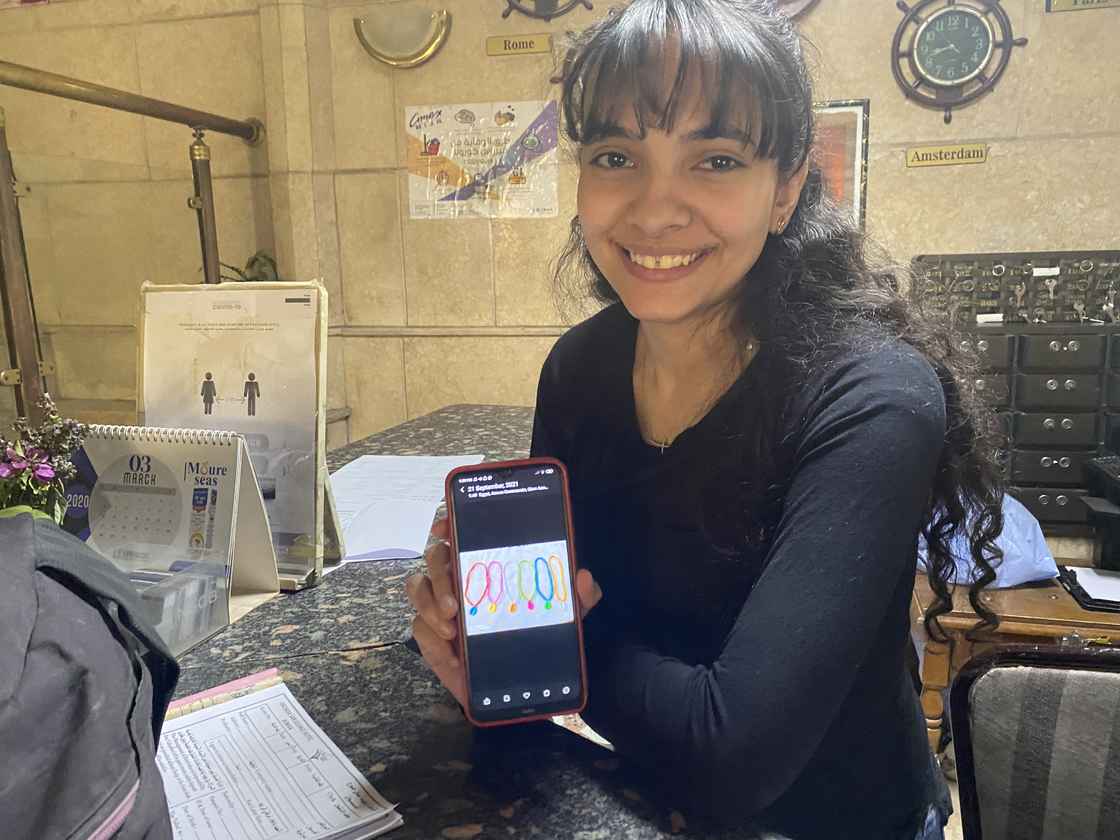
On the train ride back to Luxor, I had another typical Egyptian experience of price-inflation and price-switching.
I ordered lunch, the identical one I had previously ordered on my trip down to Aswan. After lunch, when the attendant came around to collect payment, with a warm and friendly smile on his face, he quoted me 150 Egyptian pounds. On the way down to Aswan, I had paid 100 pounds for the same lunch. I told him that. He dithered and tried to tell me that the water was extra and that the coca-cola was extra. I stayed firm and explained that those things were included with the lunch. We went back and forth. Finally, quietly, he took the 100 pounds from me and continued down the aisle quoting the other tourists 150 for their lunches. (And if this was your first time on the train, how would you know the price was any different?)
Back in Luxor, Ramadan had begun! I noticed the changes immediately. I had no idea that Ramadan was such a celebration. But it makes sense. It is, after all, their big yearly holy day event.
Muhammed picked me up from the train station. And as we were whizzing along at a near reckless driving pace because Muhammed was clearly hangry and eager to get home for his breakfast, people rushed out into the road and in some cases even jumped in front of the car, forcing it to stop, so that they could hand us food and drink through the windows of the car. Apparently, this is normal. After fasting all day with not even water to drink, once the sun sets across the horizon, people rush to be of service in handing out the first foods to break the fast.
Then, they tried feverishly waving us to pull over to join them to eat. I noticed tables and chairs set up along the side of the road in many places. It seemed like a feast and a community gathering of strangers all in one! And they were fervently attempting to have us join them! Muhammed, however, eager to get home, waved them aside and we drove on!
Arriving back to his villa that we were renting, next door to us, disco lights had gone up!
Day 33
April 4th, a 4 of Spades day
Today, Ike and I visited the Valley of the Kings. It's a rock valley just West of Luxor, where from 16th century BCE to the 11th century BCE Egyptian pharaohs and other noblemen were buried in elaborate tombs. There are 63 known tombs, the most famous being the tomb of Tutankhamun. On any given day, however, only about five or six tombs are open to the public. The tunnels descend downward into the final burial chamber; the walls of the tunnel are decorated with scenes from Egyptian mythology that, among other things, depict their beliefs about passing through the underworld and gaining rebirth again in the afterlife.
Here is a picture looking back up at the entrance to the tomb for Ramses III.
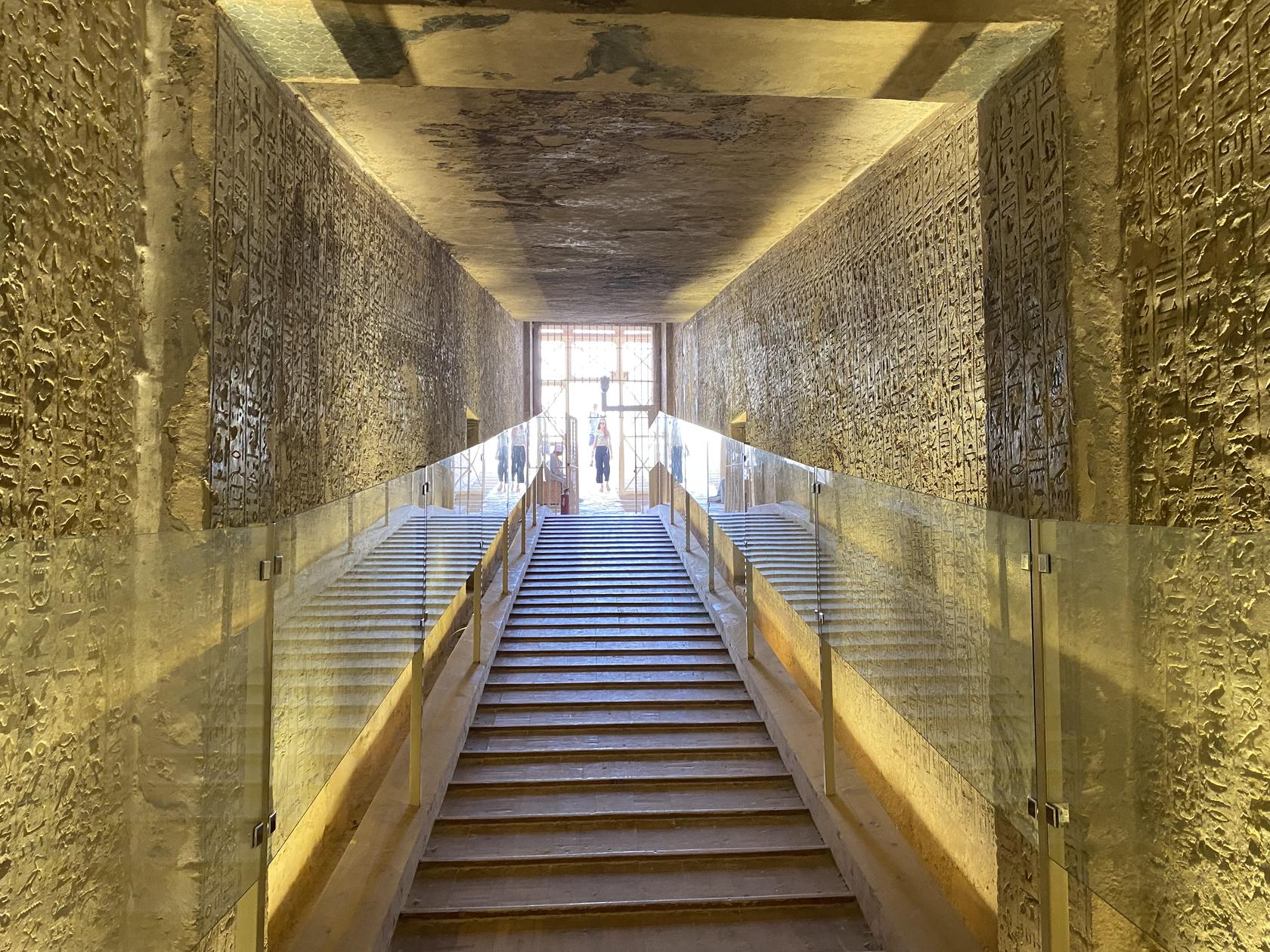
A close-up of the hieroglyphs on the wall...
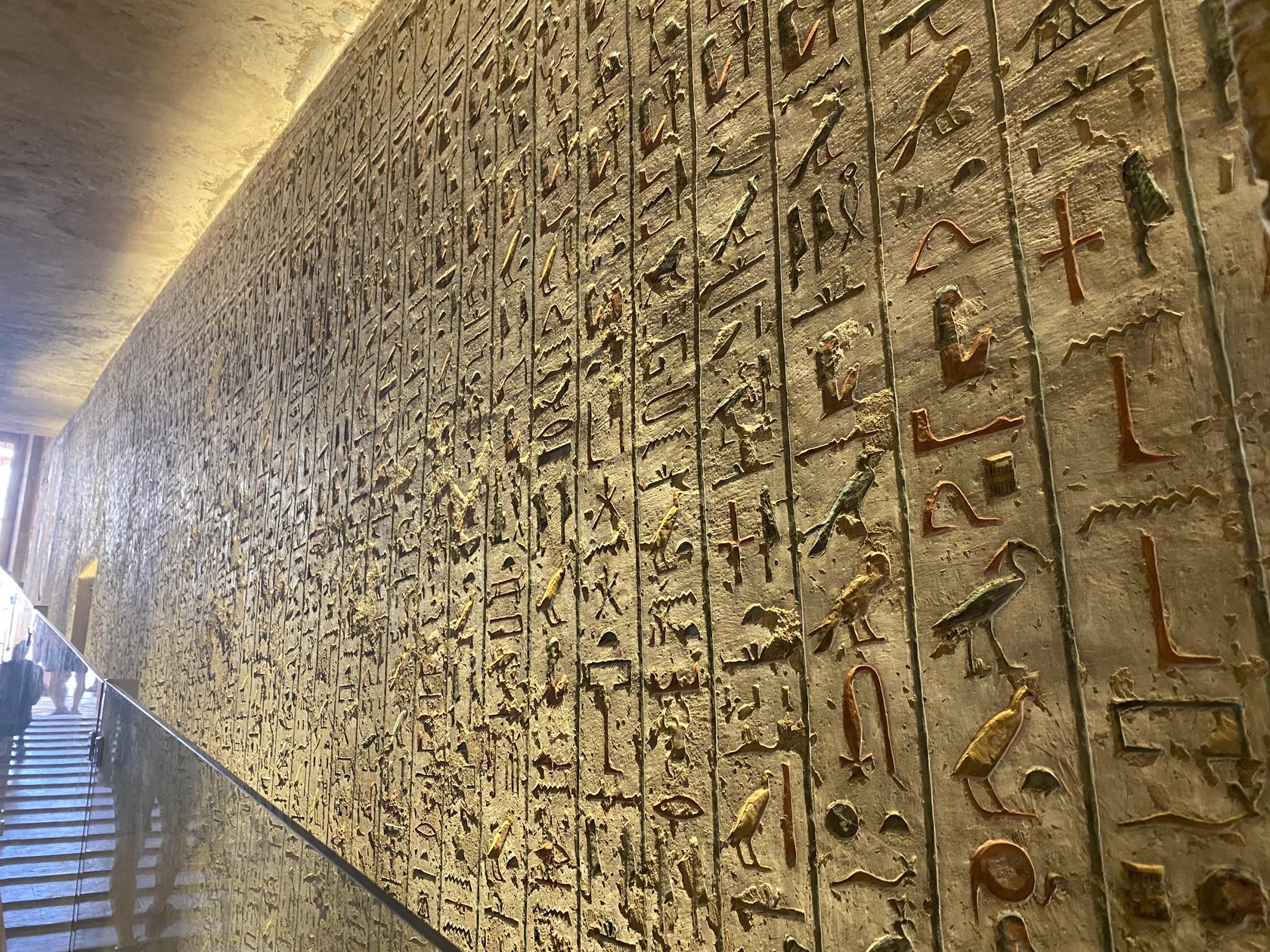
The ceiling of the tunnel
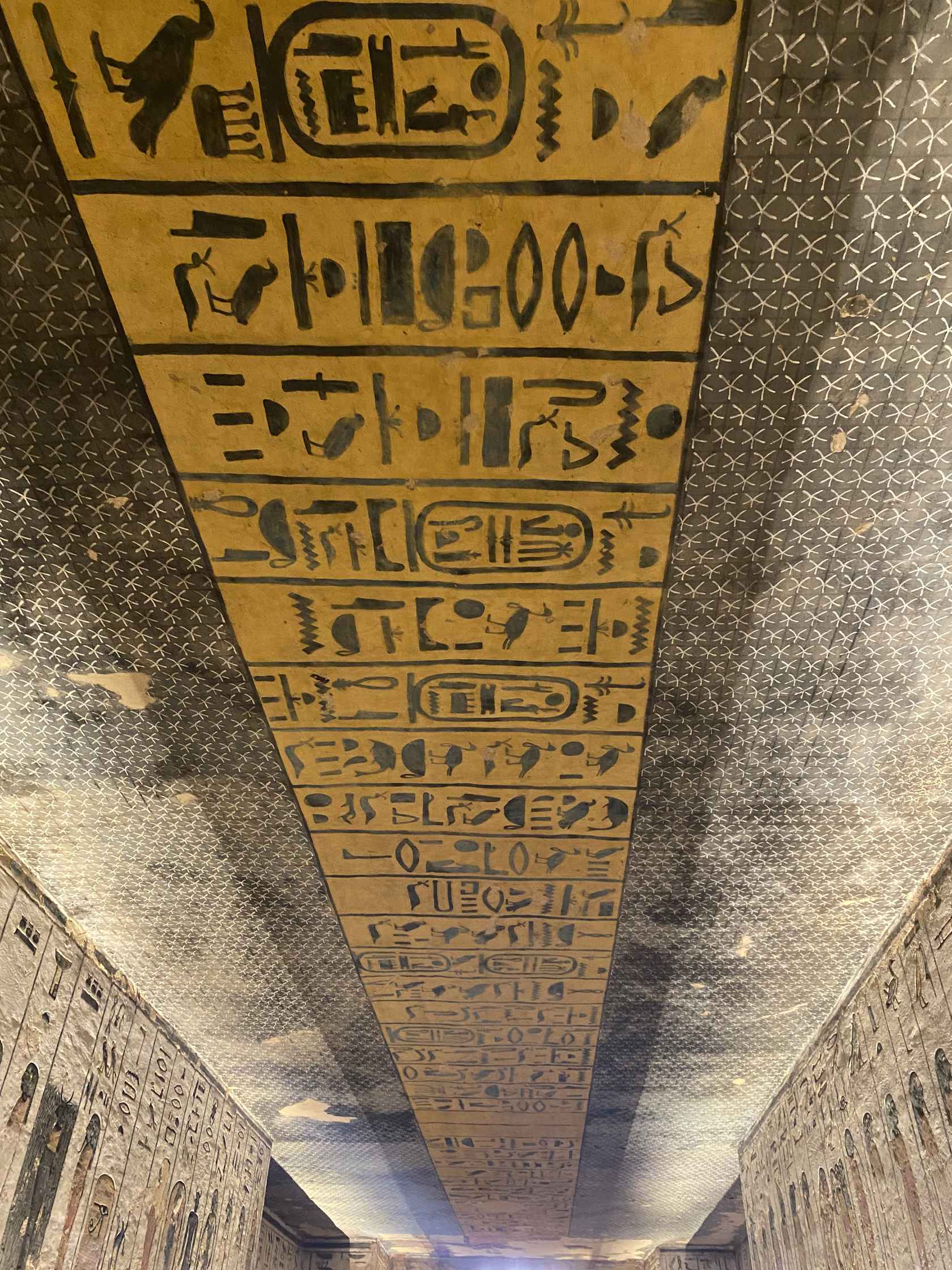
Wall detail...
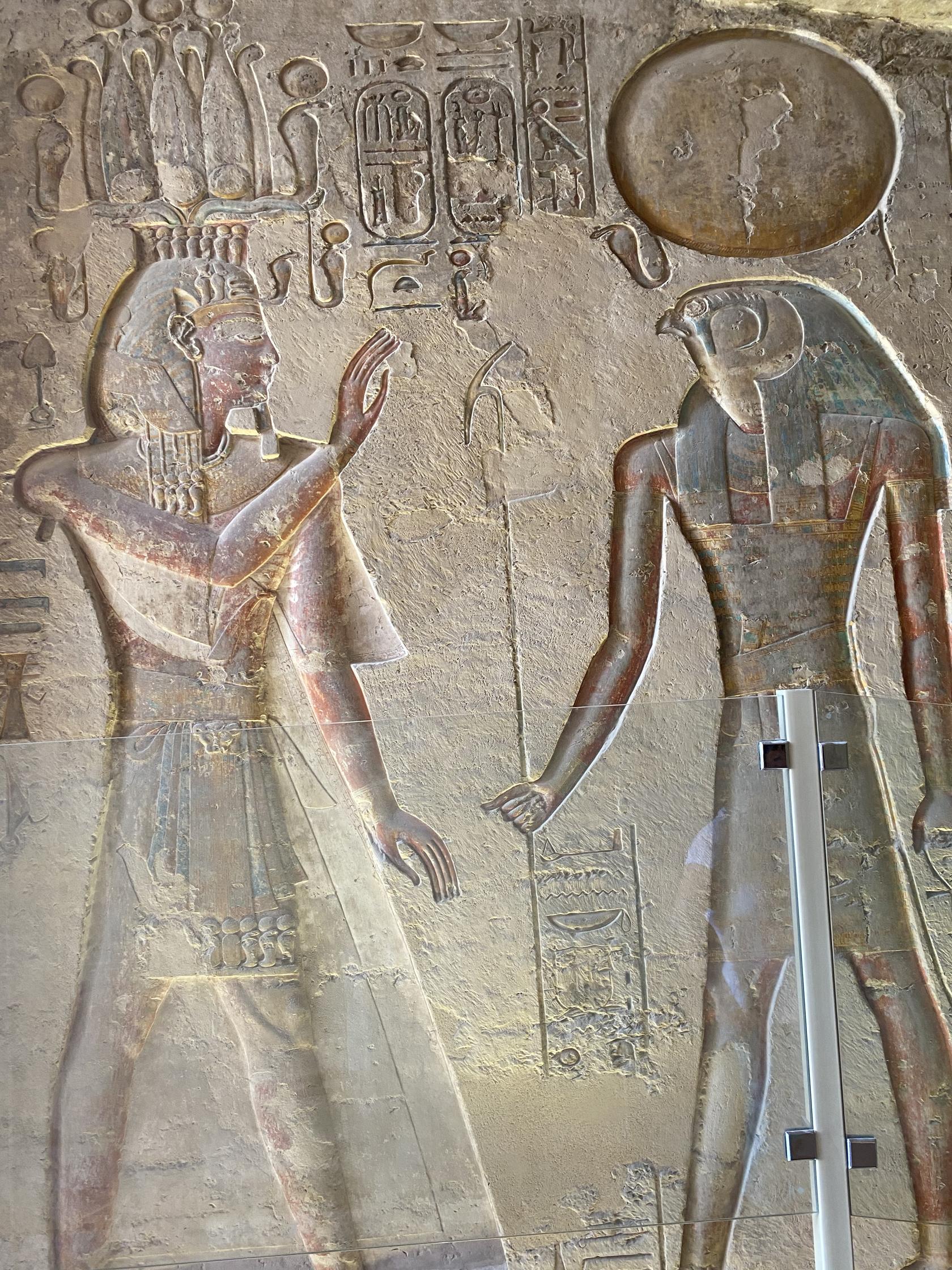
Close-up of the same wall carving.
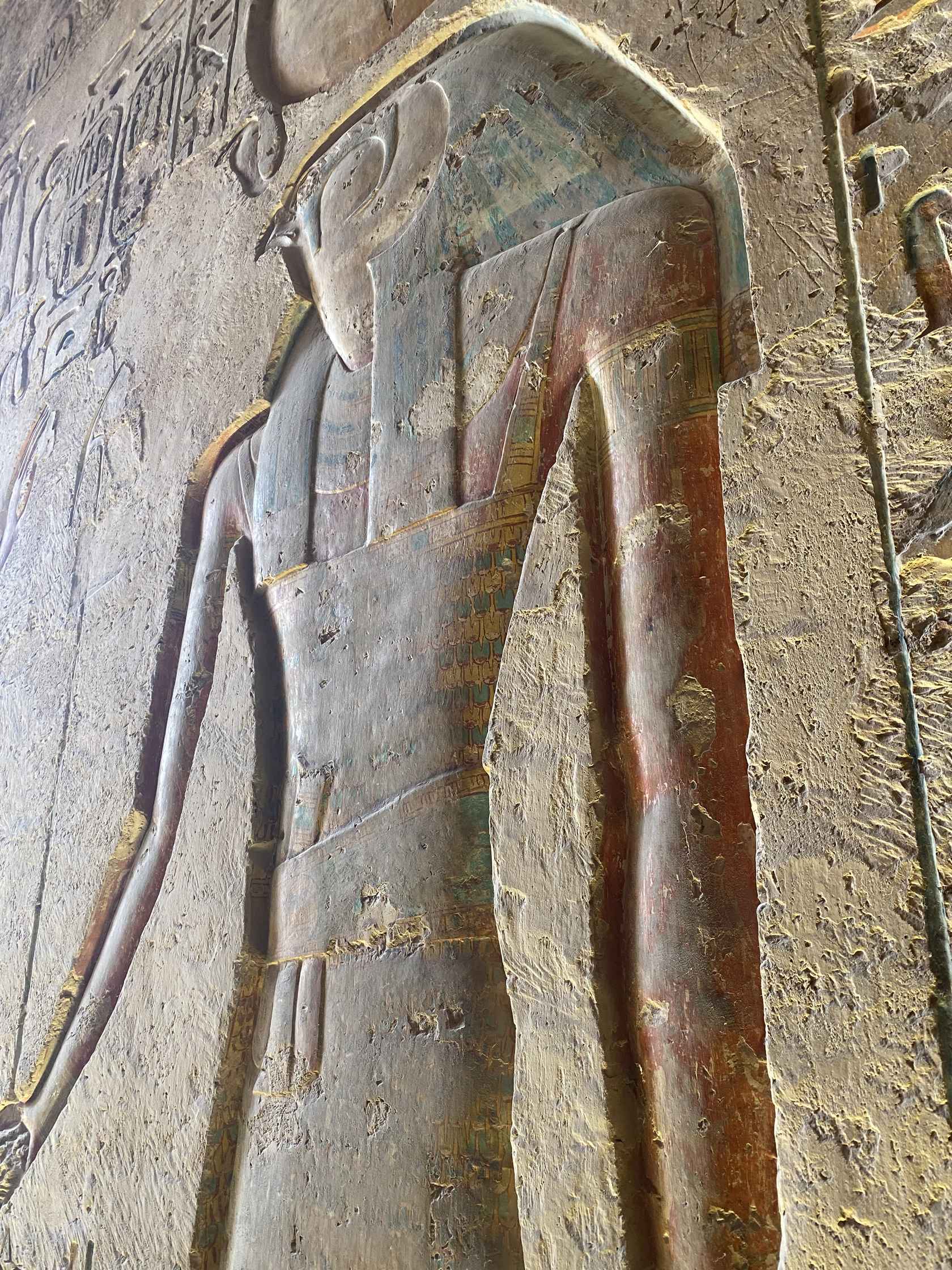
Another close-up
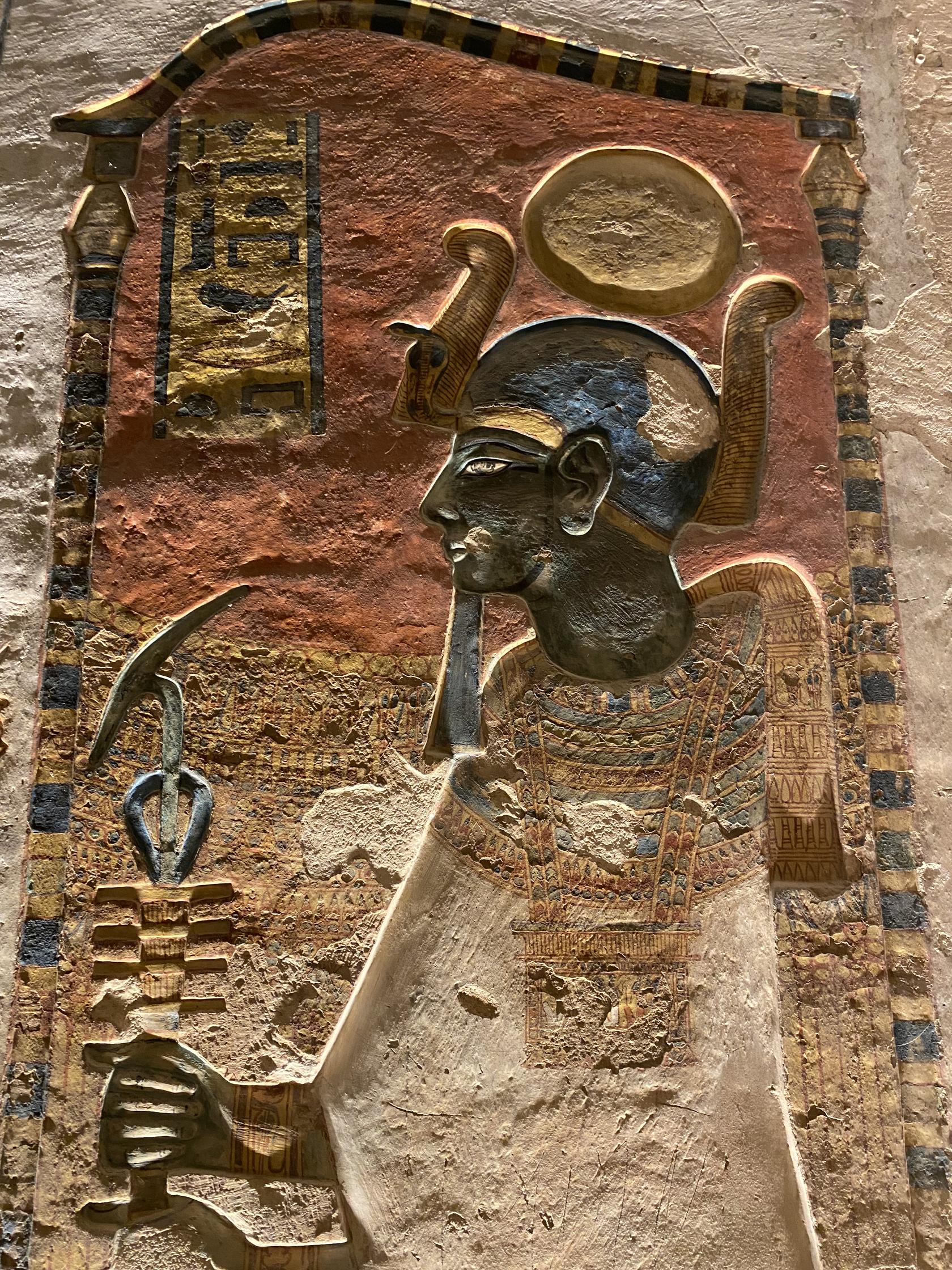
Now, this image really intrigued me. It appears to be a snake with feet and a human head talking to a woman. And is that not the story of Adam and Eve?
Ramses III ruled Egypt in the 12th century BCE, about 3,300 years ago. And in order for this image of a walking snake talking to a woman to have been carved and painted on the walls of the tombs, it had to have already long been accepted as part of their mythology at the time of the tomb construction. Meaning, it must be a very old story indeed.
We've already seen (Day 8) how Christianity borrowed the image of the Mother suckling the infant God son from the image of Isis and baby Horus; perhaps the story of Adam and Eve in the Garden of Eden also derives from the lineage of Egyptian mythology.
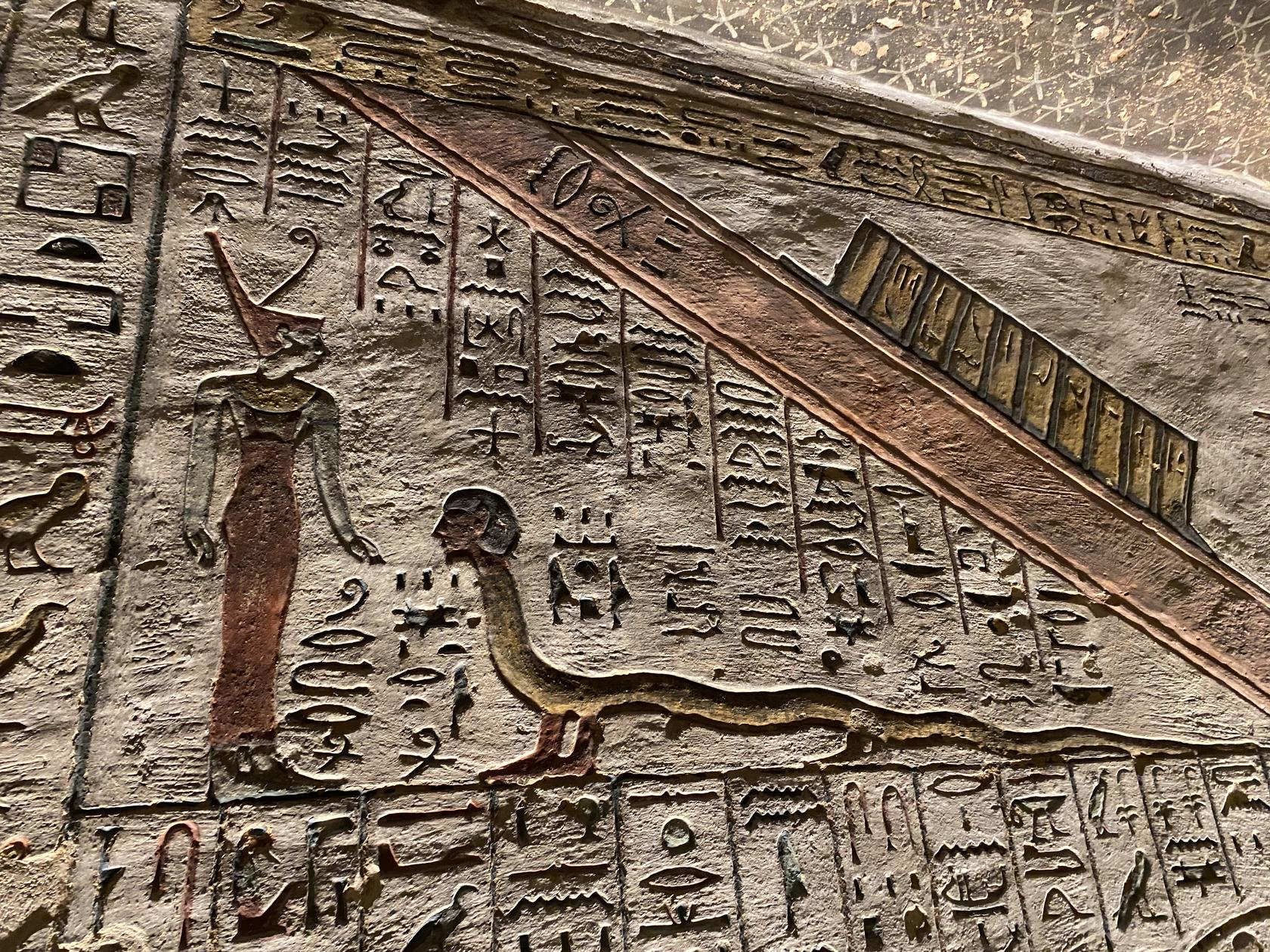
And here we are at the end of the tunnel viewing the red granite sarcophagus of Ramses III.
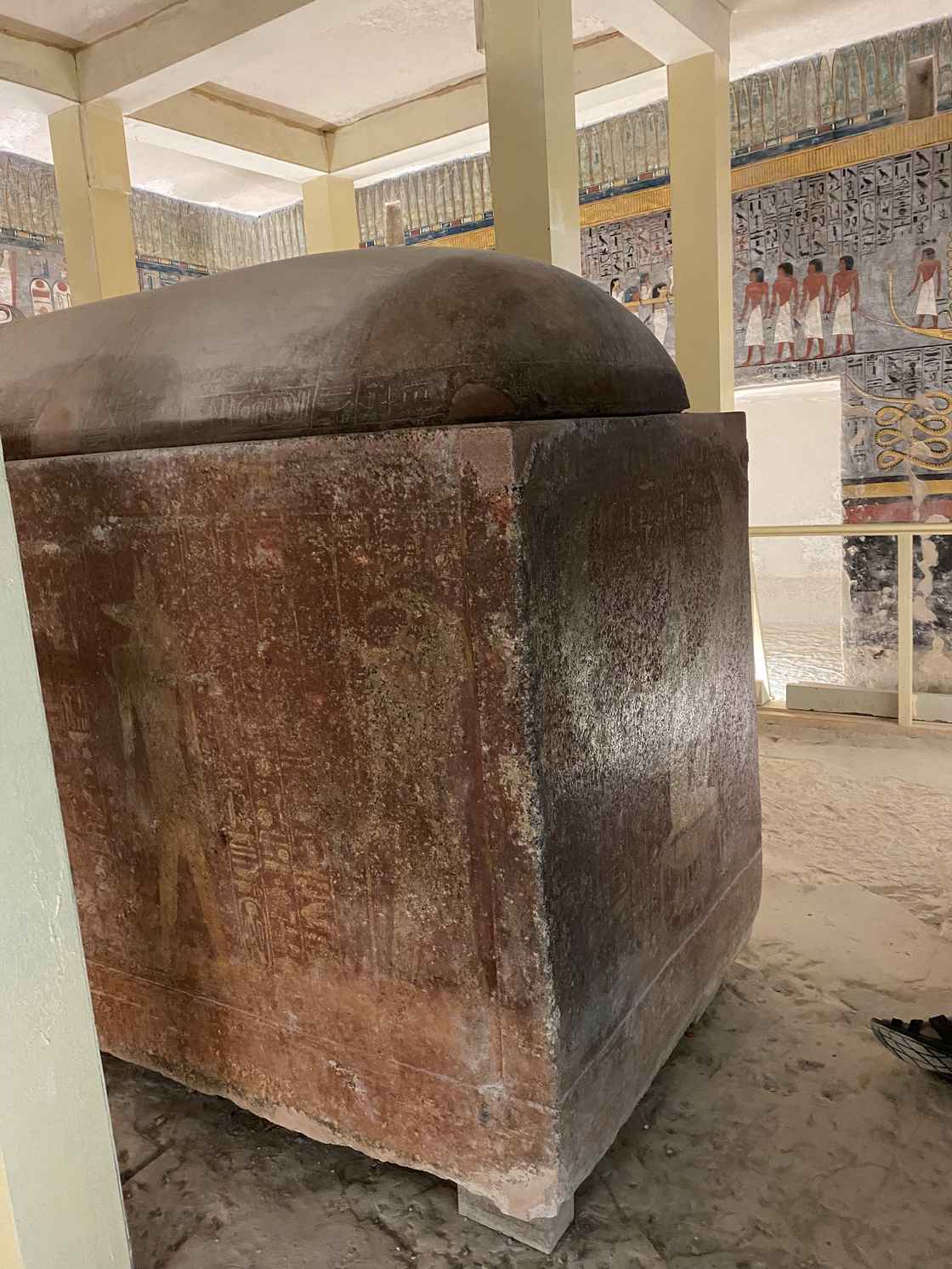
Wall details in his burial chamber...
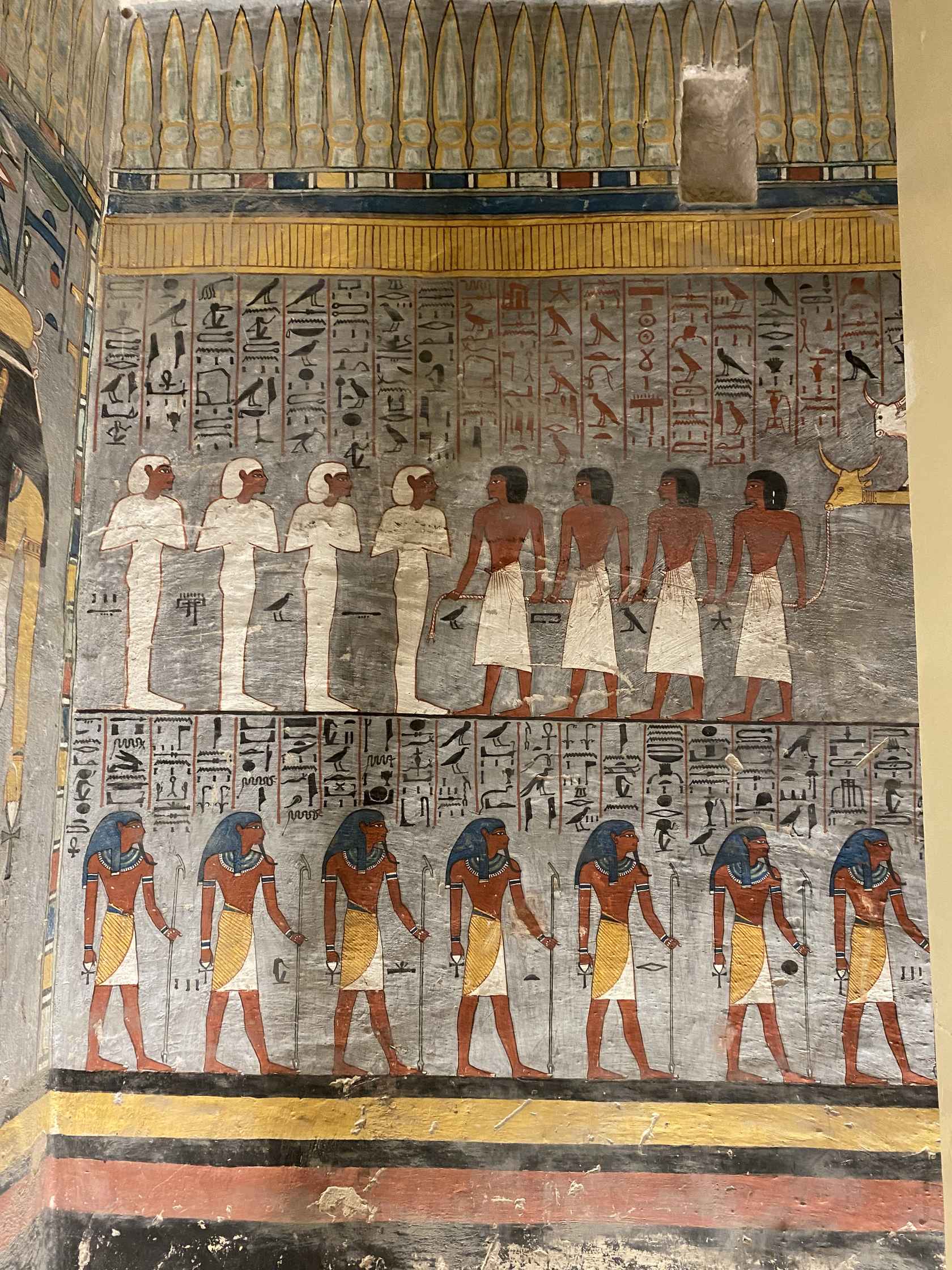
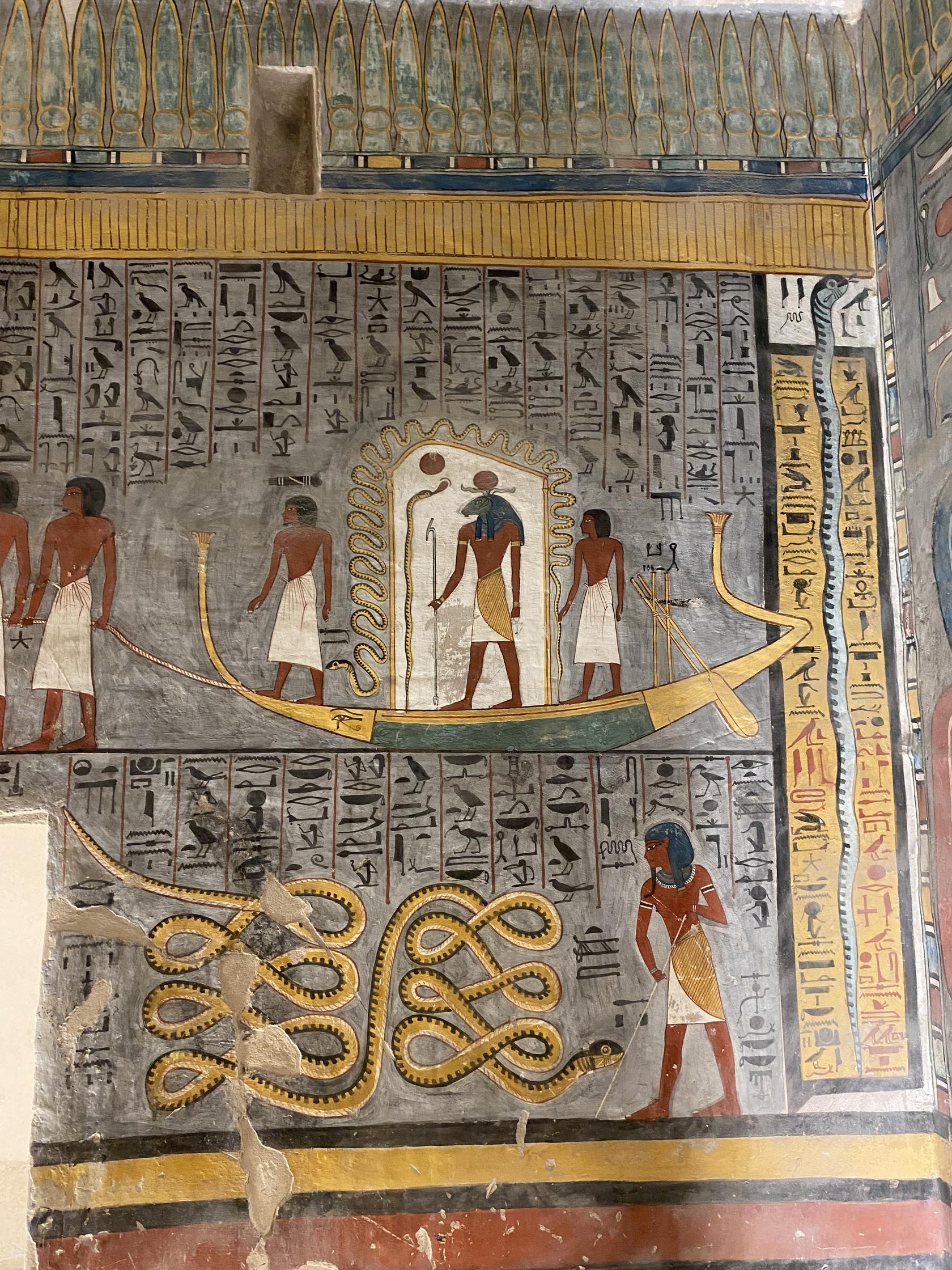
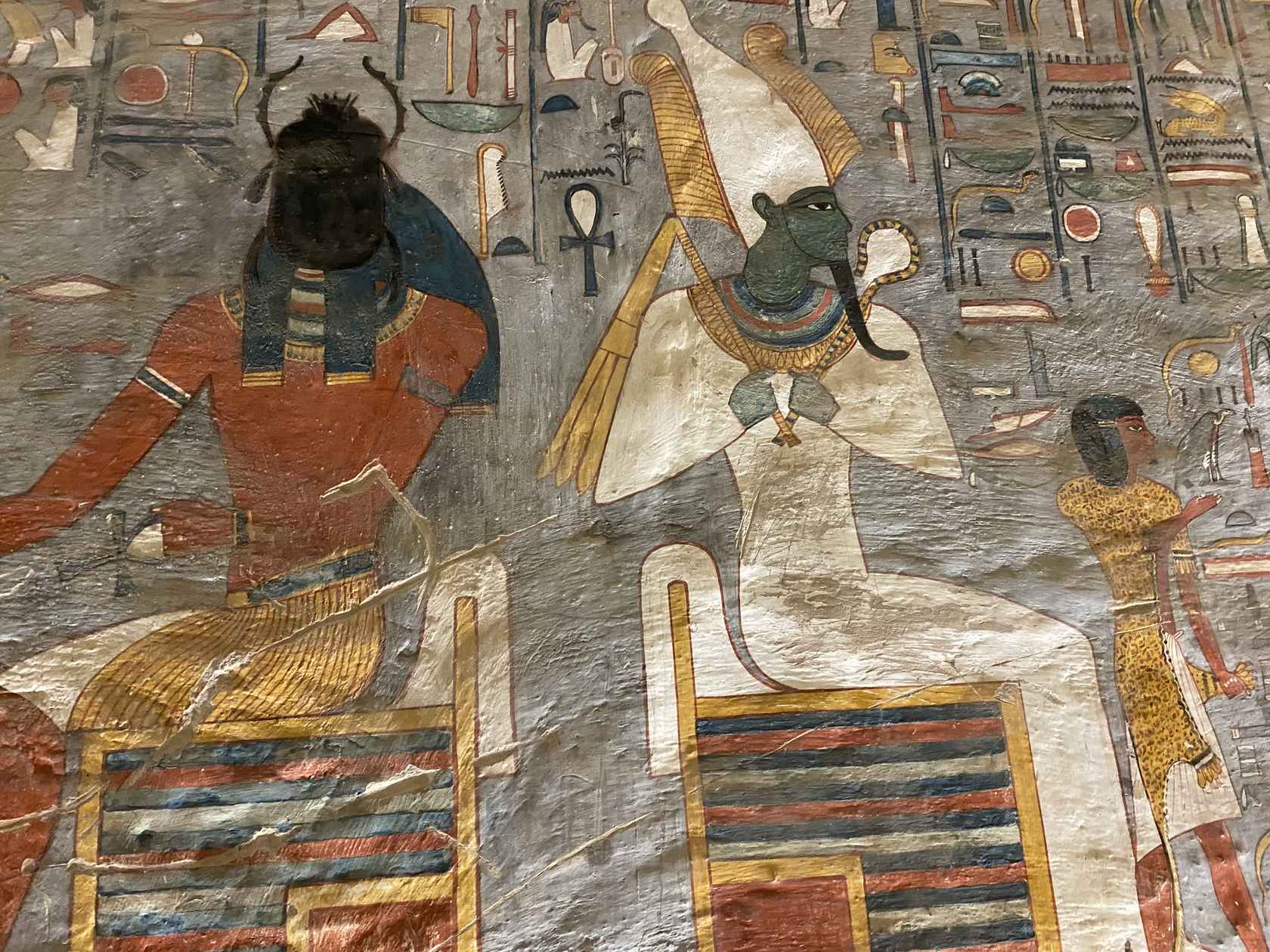
And now, here we are in the tomb of Ramses VI. These pillars are on the side of the tunnel, as the tunnel slopes downward to the burial chamber.
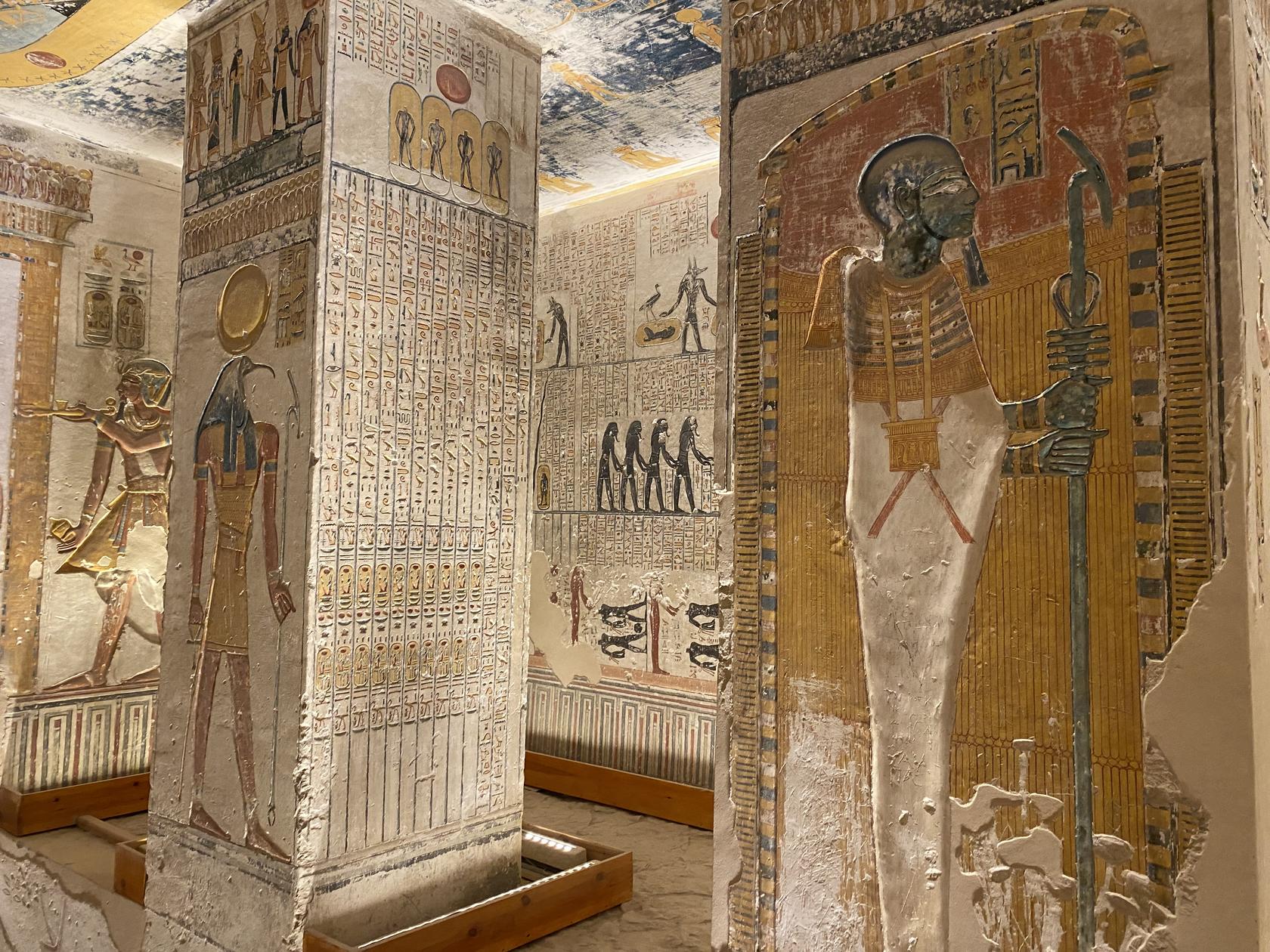
The ceiling of Ramses VI tomb...
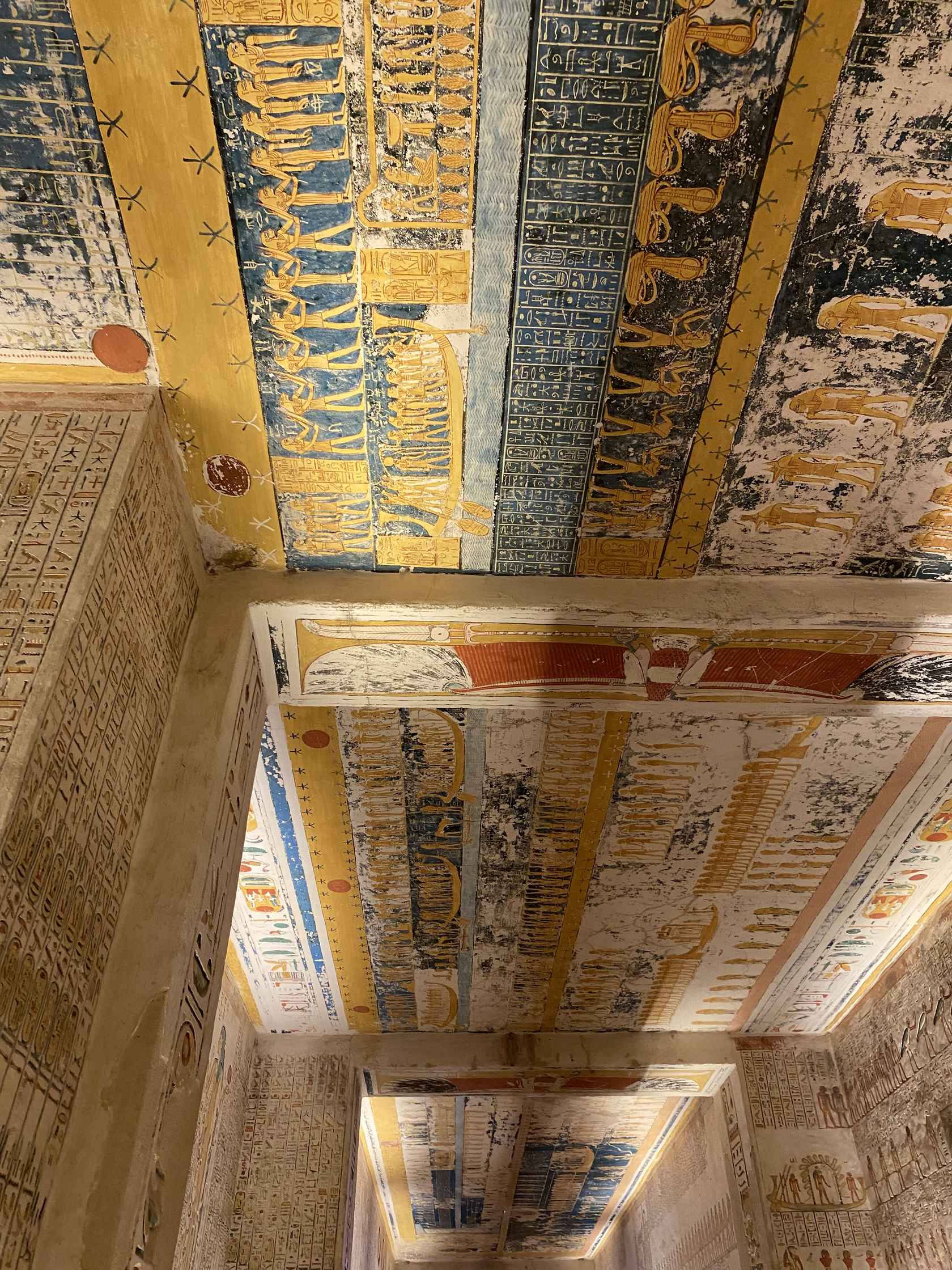
Detail on one of the walls with, I think, people floating in the sea in between births, waiting to be born. Above it looks like maybe a preying mantis with a human head.
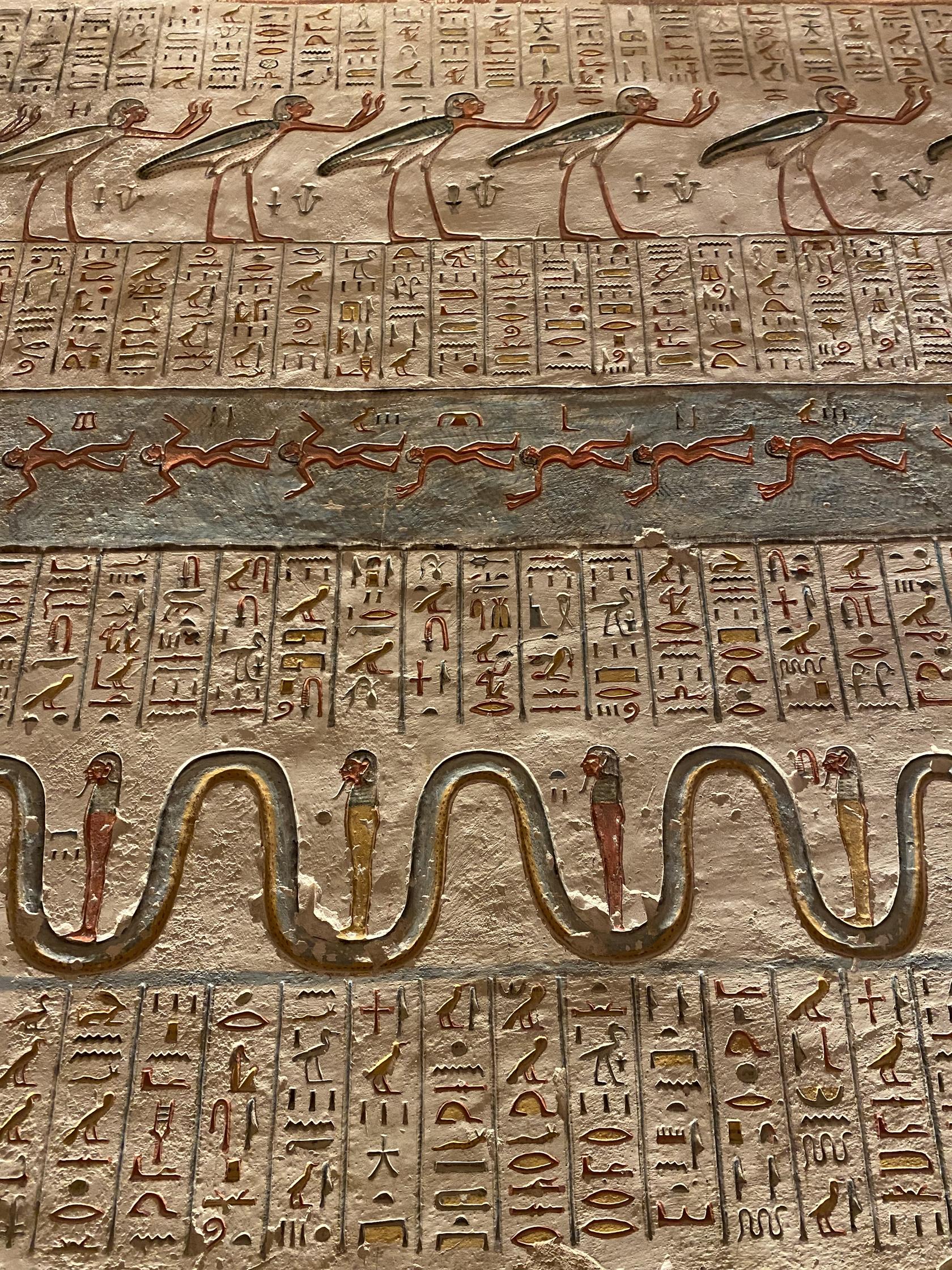
And here is a three-headed walking snake with wings!
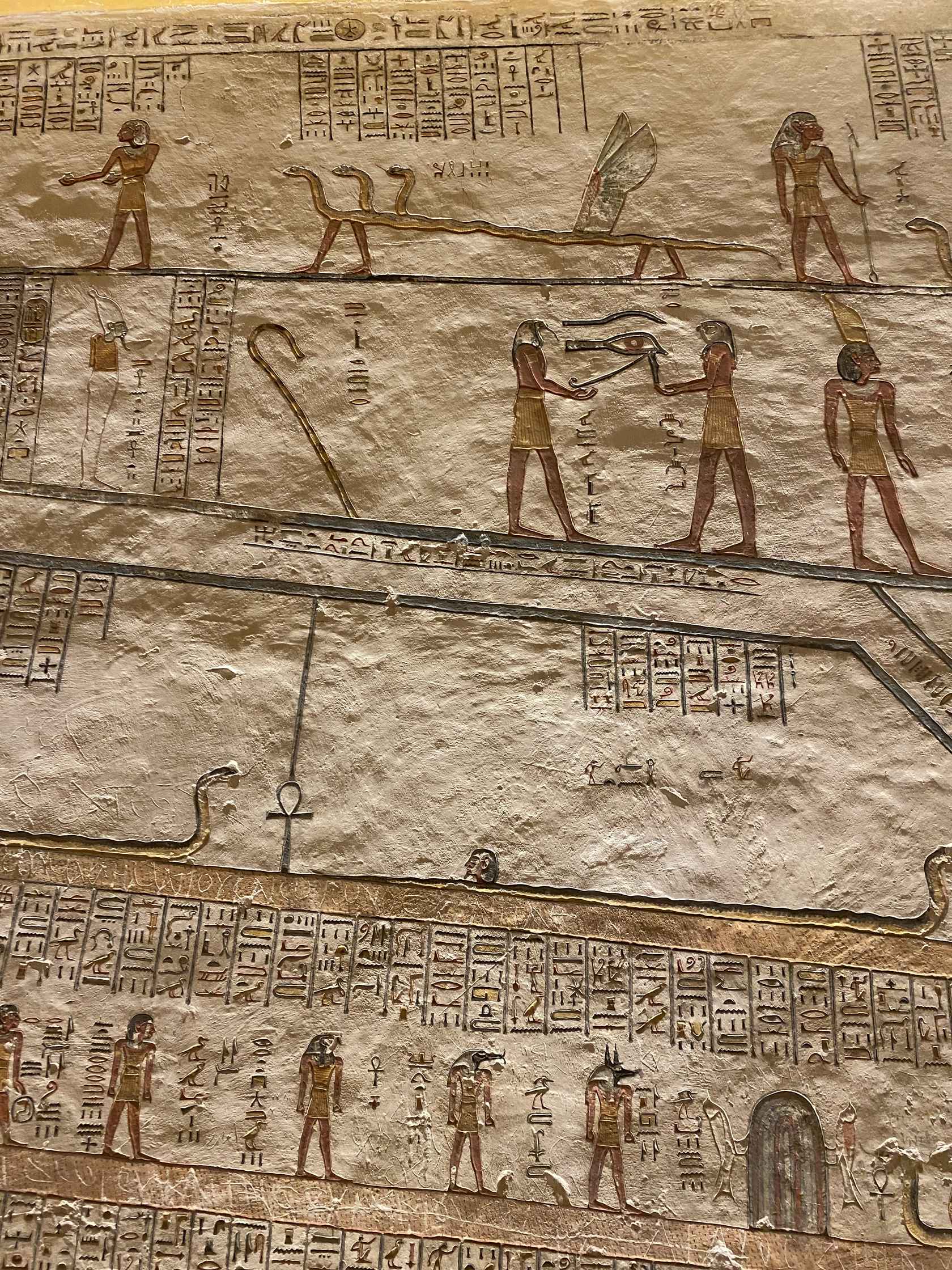
The burial chamber of Ramses VI is the most elaborate and spectacular of any of the tombs in the Valley of the Kings. I took this video of it.
Detail of the sky goddess. See her head down the far end and how the whole sky is her body.
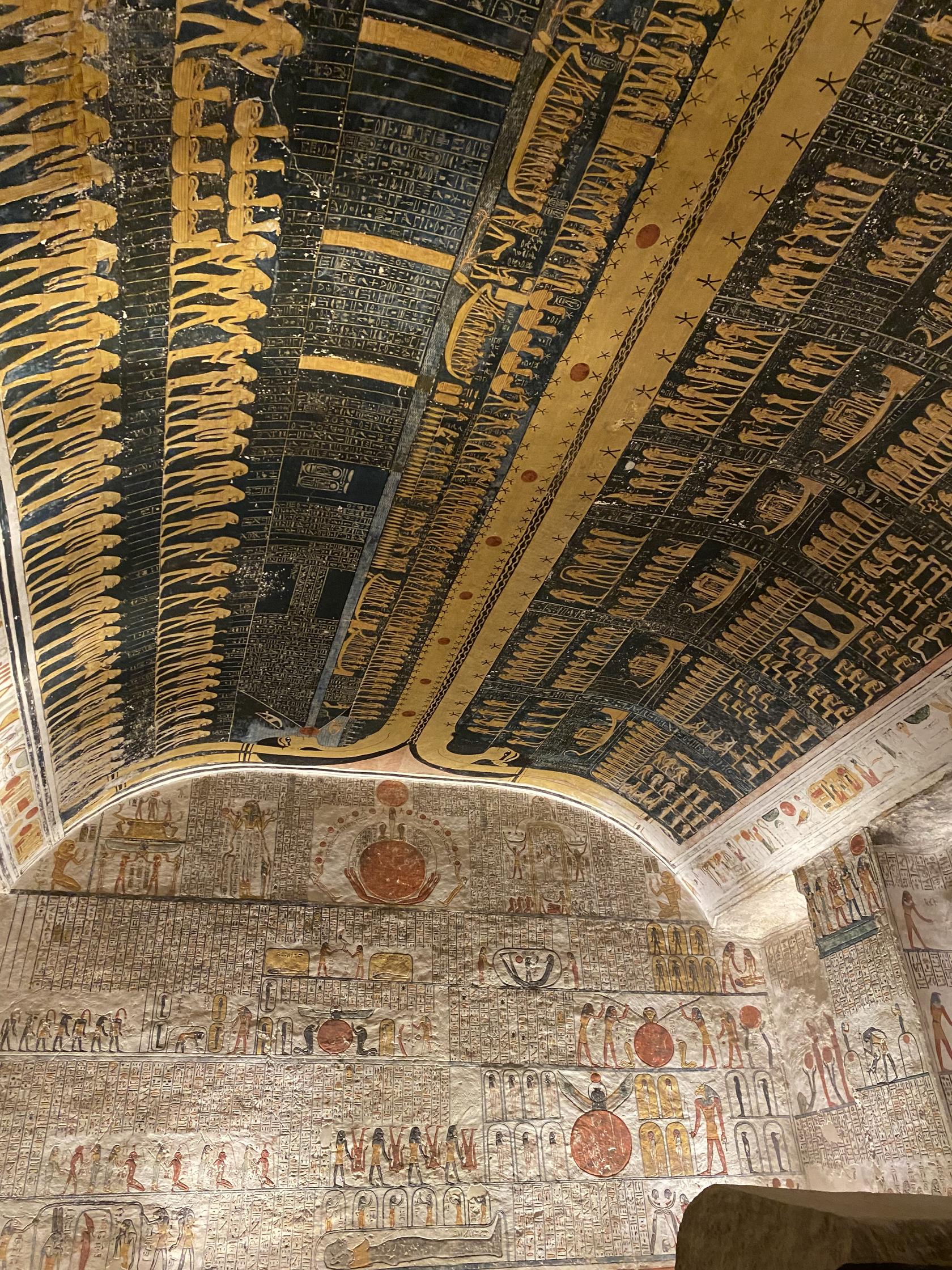
Close-up of the broken inner anthropomorphic stone sarcophagus, which would have been laid inside the rectangular stone sarcophagus.
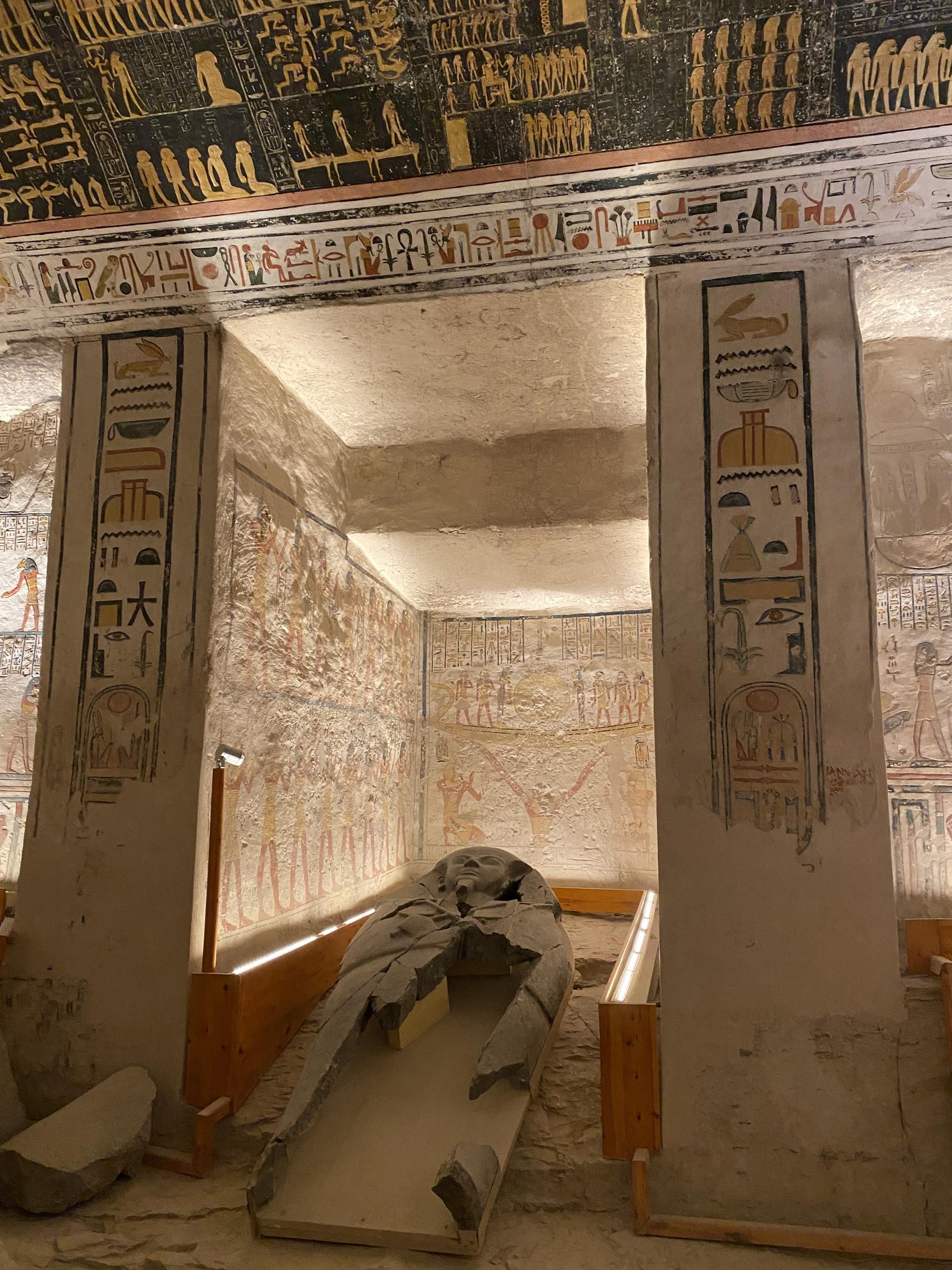
Detail of the broken outer sarcophagus and wall art. On this end of the ceiling, notice that the sky goddess has feet at the end of her long body.
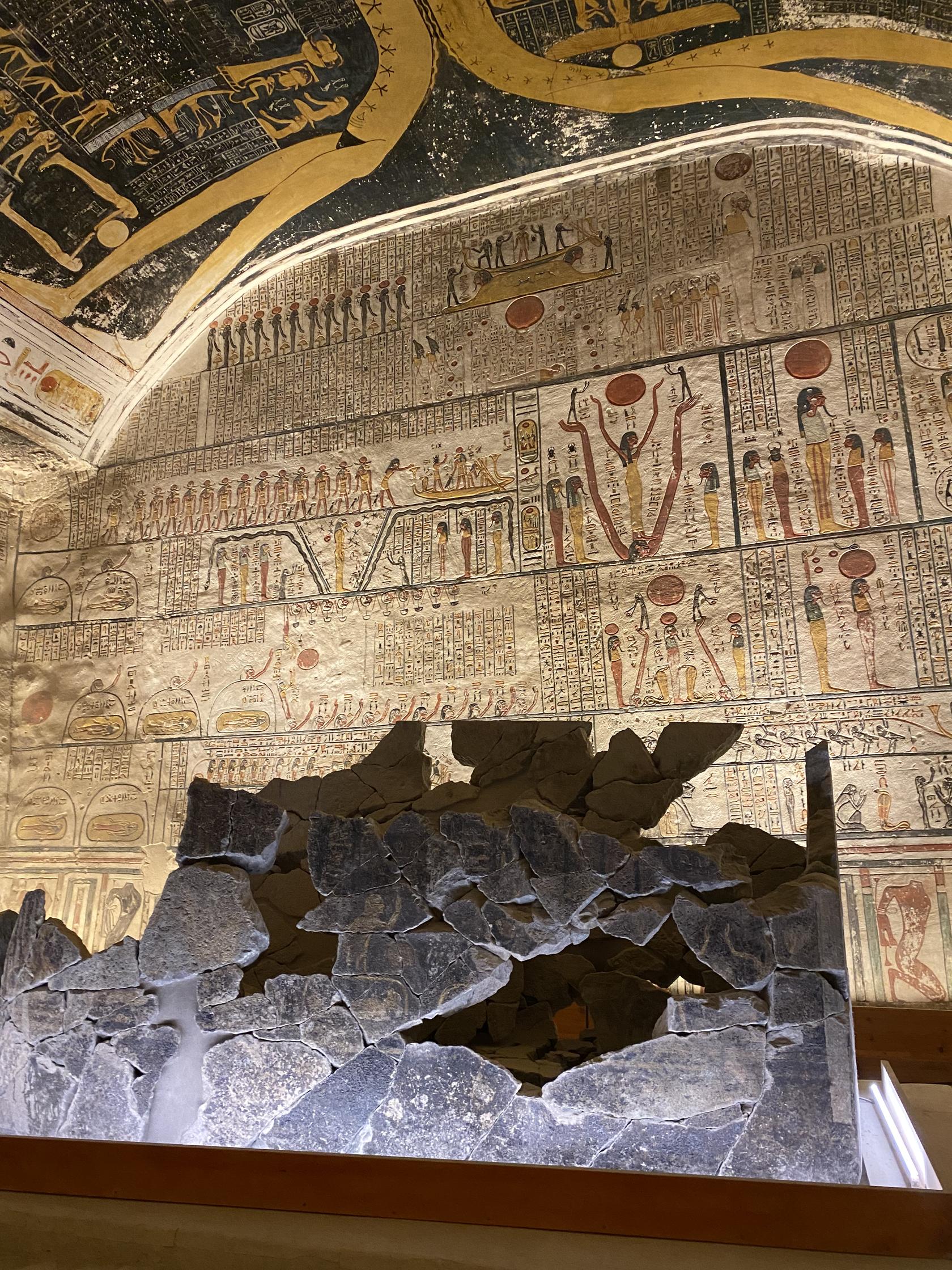
Here is the tunnel entrance to the tomb of Queen Tausert, who was one of the few queens to rule Egypt as a pharaoh. Another queen buried in this valley is Queen Hatshepsut, whose granite obelisk we saw at the Temple of Karnak across the river on Day 8. The name Valley of the Kings is not quite accurate, then. It's actually a valley of the Pharaohs, whether King or Queen.
In the case of Queen Tausert, her tomb was eventually taken over and enlarged by King Setnakht, who, upon her death, succeeded her to the throne. This, too, was common, apparently. Ramses VI, for example, took over the tomb for Ramses V.
Notice that the art on the walls is very faded.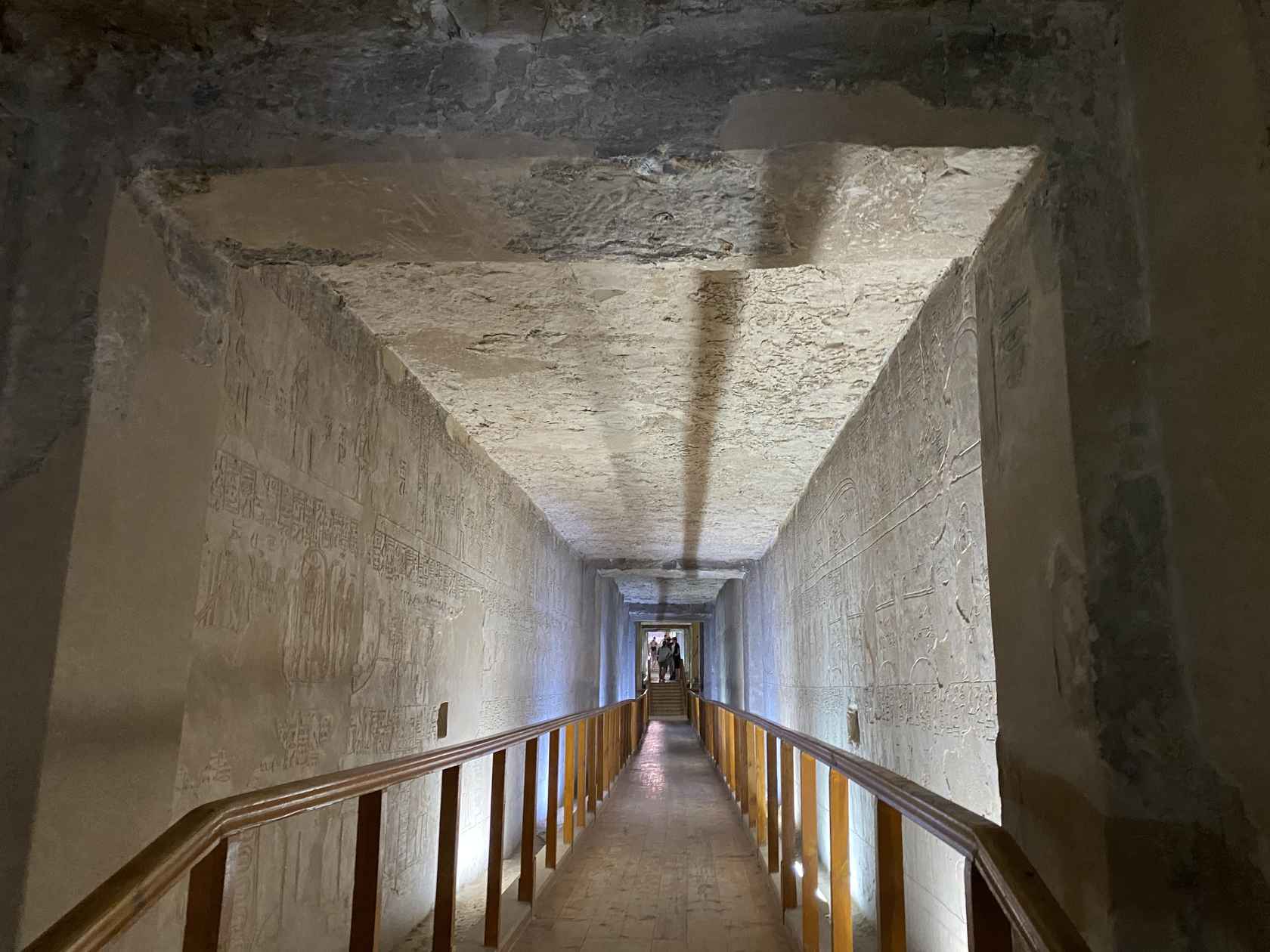
Side columns, as you descend the tunnel...
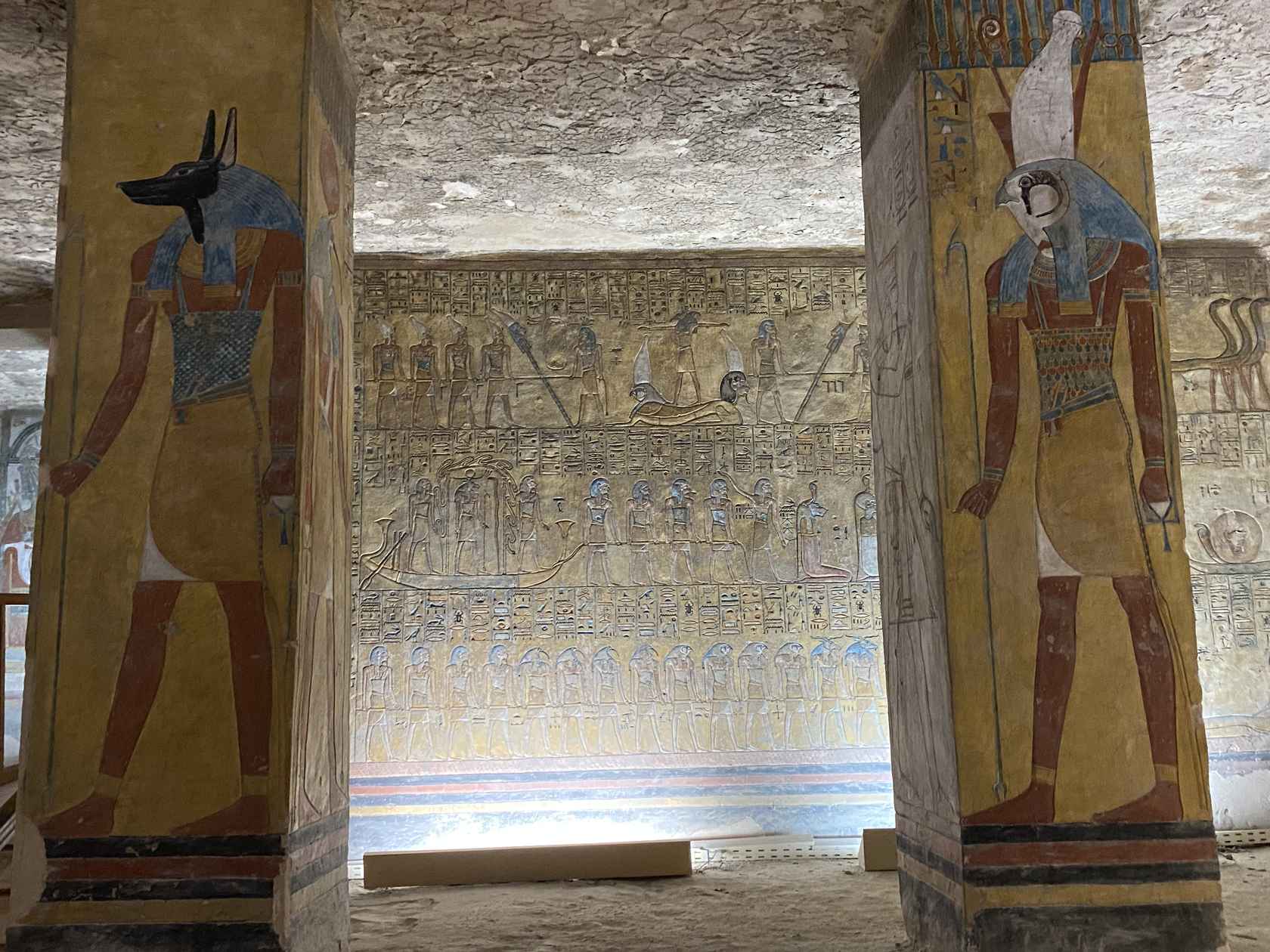
Note the three-headed walking snake with three heads on either side!
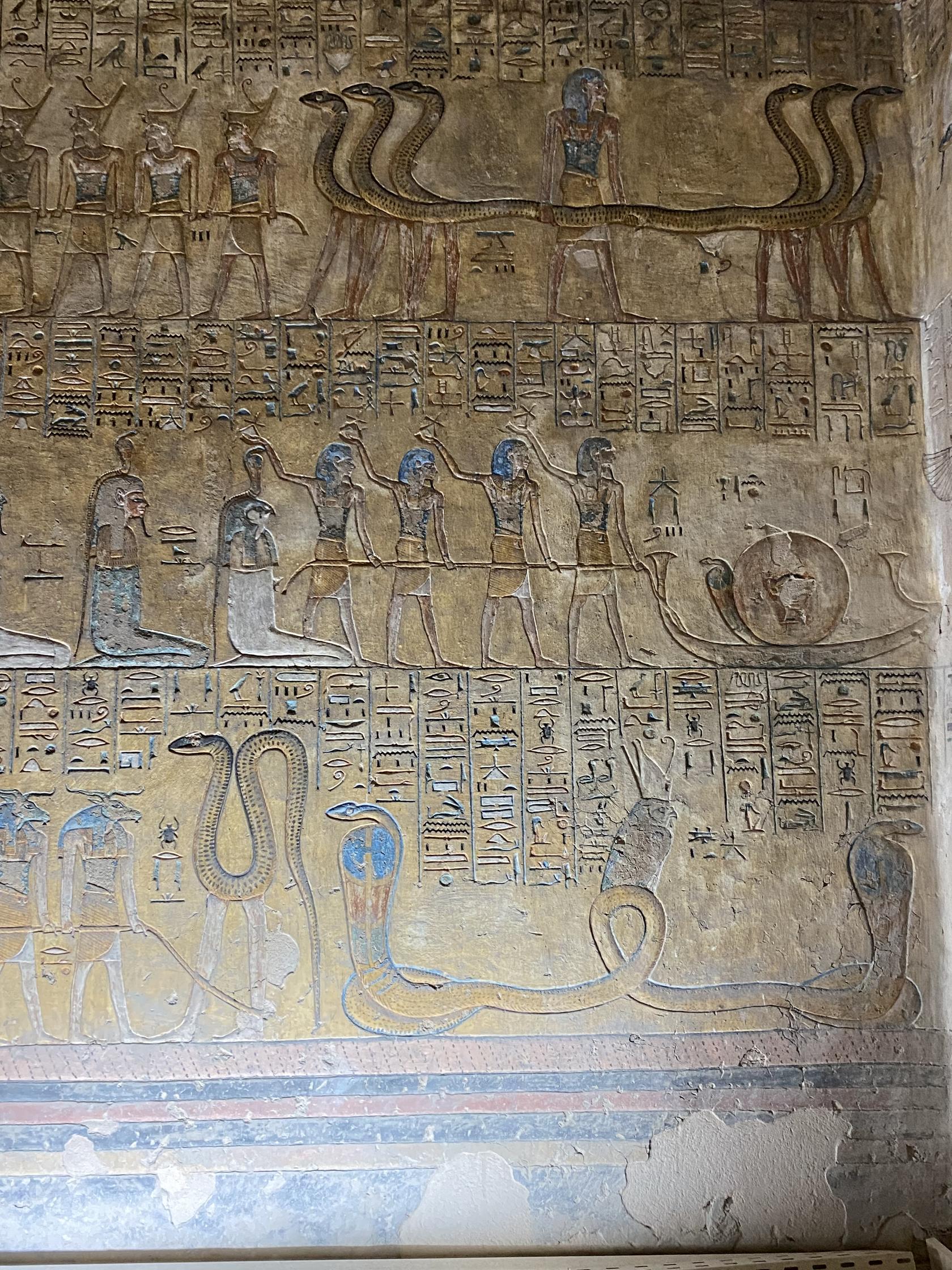
Burial chamber with stone sarcophagus and completely faded wall art.
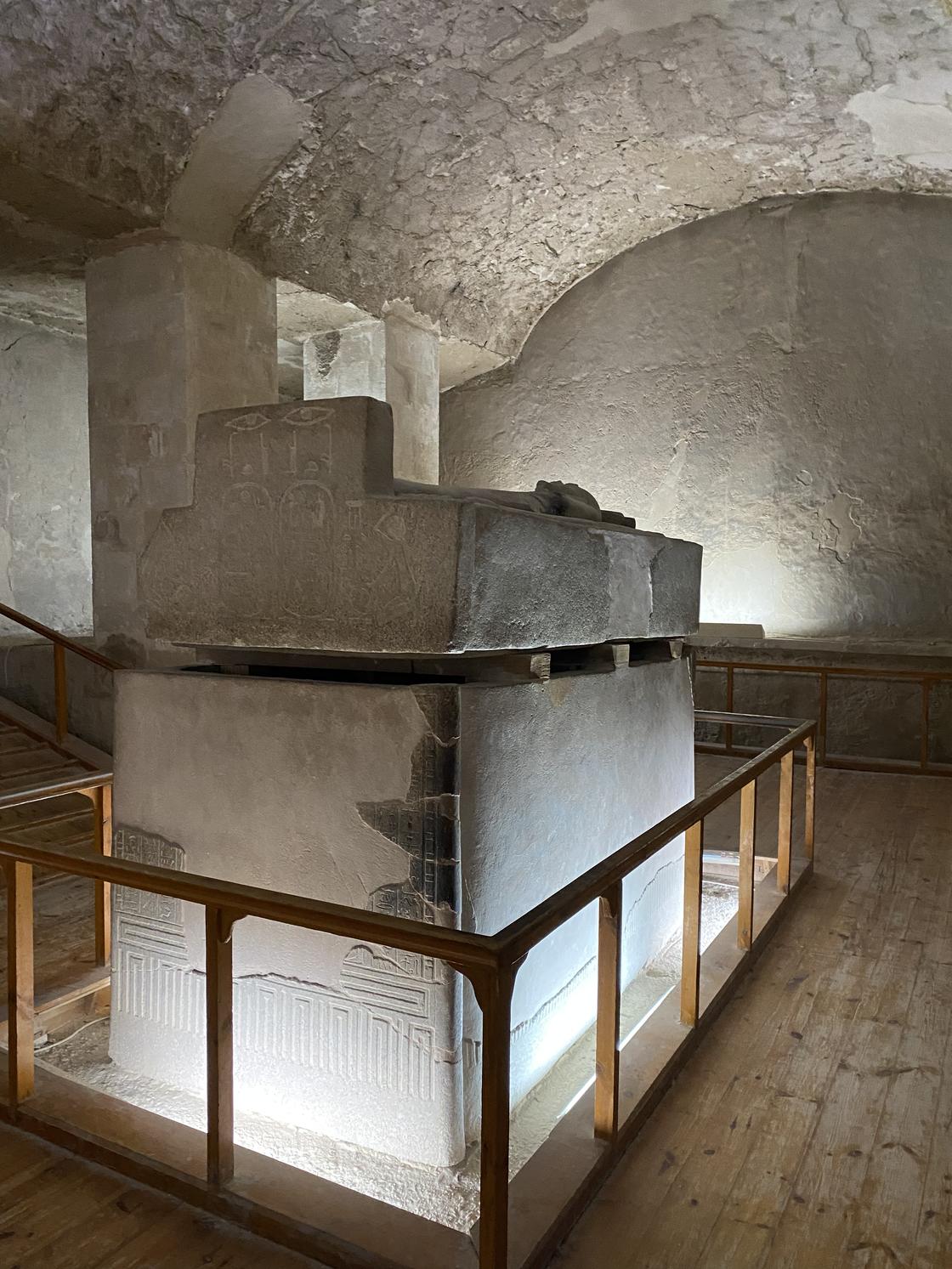
Personally, I found it interesting that on this 4 of Spades day I spent most of the day inside tombs contemplating the mythological architecture of life and death.
And in the evening, we took a boat taxi across the Nile. Again, because it's Ramadan, the boat was lit up!
Day 34
April 5th, a 3 of Spades day
The idea for another spontaneous adventure found me on the bus to Safaga today. Safaga is a small resort town on the Red Sea, and Claudia had recommended a Bed and Breakfast Pensione run by a German friend of hers.
On the three-hour bus journey, I found myself in the window seat in the first row of the bus, sitting next to a retired wispy Englishman who had the aisle seat. Across the aisle in the other window seat was an older, full-bosomed white woman with hair obviously dyed, at least in her 60s. Next to her was seated a young Egyptian man, no more than 35. Wink Wink.
I was happy for the company and chatted quietly and merrily with the English man. He was a regular visitor to these parts of Egypt. Then, at one point in our conversation, from all the way across the aisle in the other window seat, the woman interjected in a thick Scottish brogue to insert her two cents. From there, the three of us, sitting in a row, carried on talking about almost everything. Meanwhile, the Egyptian man sat mute -- I couldn't only guess that his English was not that good. When the topic turned to British politics, however, the Scottish woman spouted off long and hard about how Scotland should be an independent nation and how she was ready to take up arms in the cause if necessary! I quickly and politely changed the subject.
It was on that bus ride that I first learned about camel steak -- steak made from camel meat! The Scottish woman also convinced me to change my plans and travel up to Hurghada for a couple of days. I thanked her for her recommendations and discretely asked her about her own travel plans with her Egyptian friend. "Oh no," she boomed in her thick Scottish brogue, "he's my husband!"
Arrived in Safaga. The view from my room, with lunch on the table of my balcony.
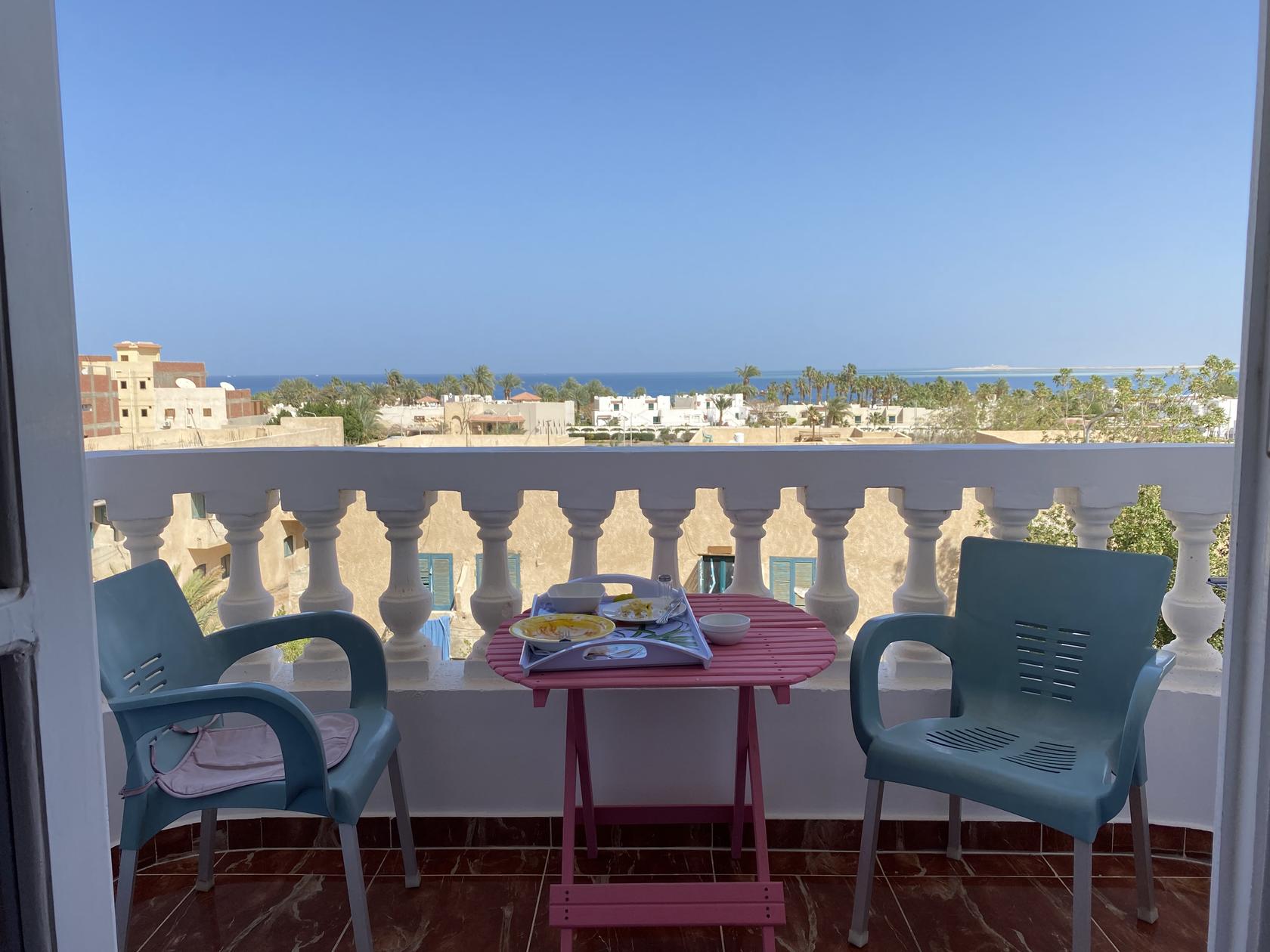
And since so many people reading this travelogue have told me they like seeing the food, here is my lunch: a beef stew in tomato sauce, rice, chopped cucumber and carrot, and an apple and banana.
This Bed and Breakfast Pensione does not normally provide lunch; so this was cobbled together. The reason I asked them for lunch was because I knew that no restaurants would be open for lunch during Ramadan. I had encountered that problem in Aswan. There, as I mentioned above, the hotel provided breakfast with the room. And because I couldn't, despite wandering around in the heat, find any restaurant in which to have lunch, the hotel staff had kindly given me a couple of boiled eggs and a yogurt for lunch.
Here, in Safaga, with this German woman in her 60s and her Egyptian husband in his 40s as proprietors, I had done a bit better. They gave me a lunch that I would never have known was hastily assembled for my benefit.
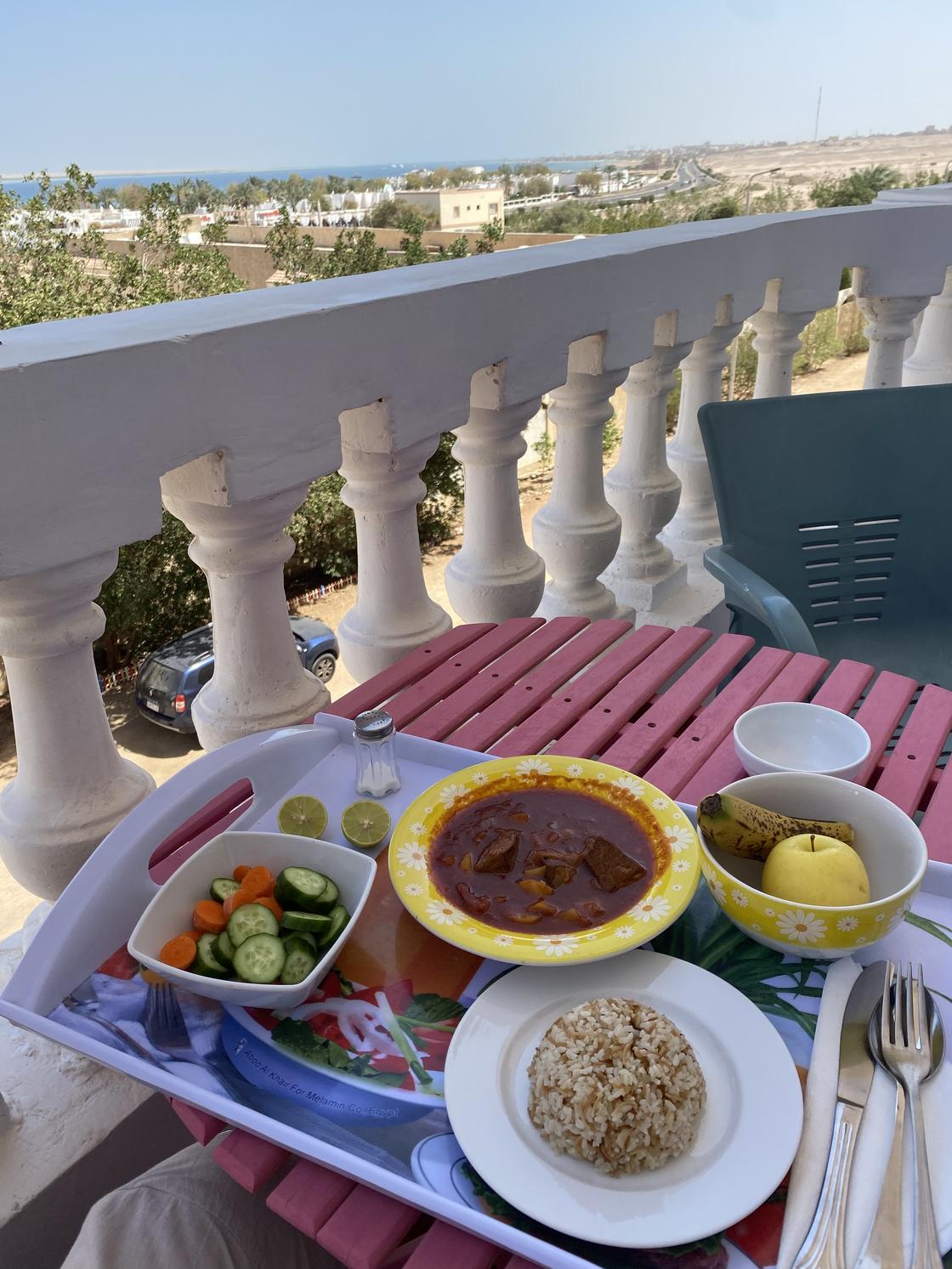
As I ate, I had visitors. And in a vain attempt to entice them to stay, I actually put rice on the railing. No such luck. These crows got up and flew away.
Feeling relaxed and rejuvenated in this delightful location, I turned the camera upon myself.
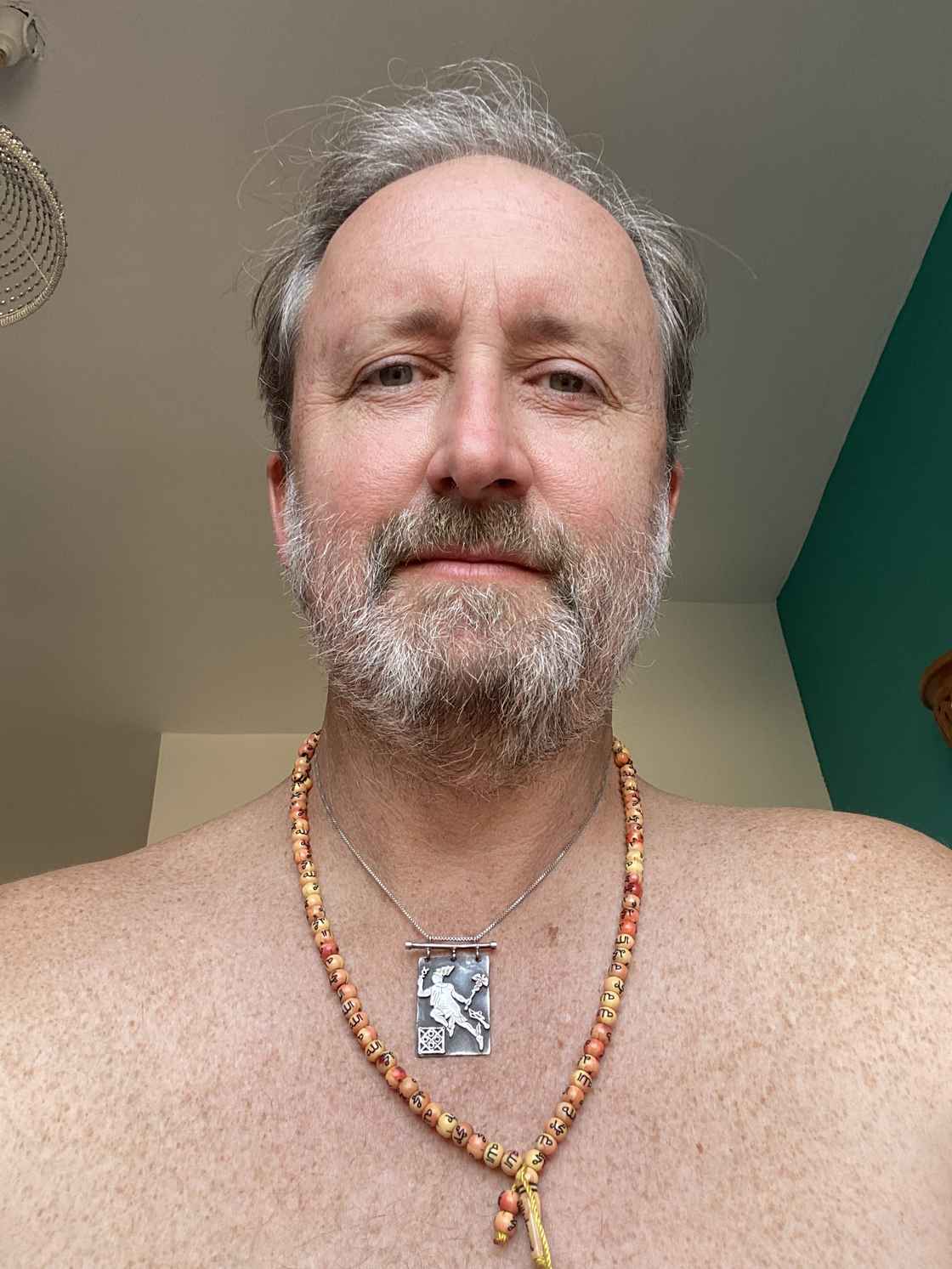
Finding my way over to the sea to have a swim proved more challenging than anticipated and much further away than desirable. Because the hotels have privatized the beaches directly in front of their property and put up fences accordingly, I had to walk past the hotels to the public access beach. Nonetheless, I did manage to bathe in the Red Sea and recharge myself in the salt water.
Later, I sat outside the Bed and Breakfast and ate dinner on their patio at their in-house restaurant. It was quaint. The seafood was excellent. But I was sitting all by myself in this courtyard, feeling lonely, wishing for someone with whom to enjoy this experience. It was a clear sign that I was ready to come home.
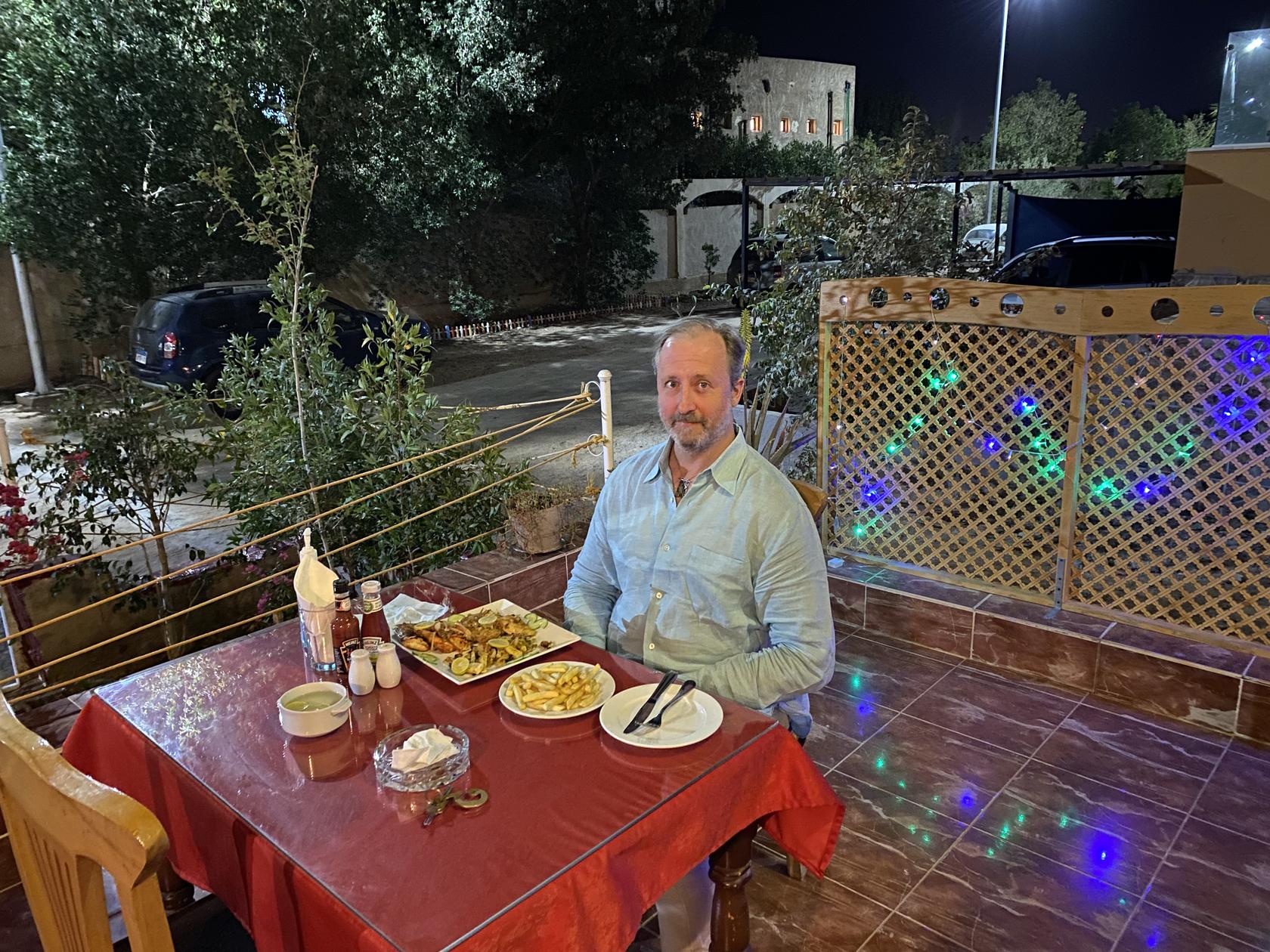
Day 35
April 6th, a 2 of Spades day.
Today I signed up to go diving. Eleven years ago in Cozumel, Mexico, I got my PADI Scuba diving certificate. I had forgotten all about it. But when booking my room here, the German woman had told me that they were also Scuba Diving instructors, and did I have my certification? And if I did, would I like to go diving one day? I told her that I vaguely remembered doing my certification years ago. She volunteered to search the international PADI database... and there I was, online, in all my youthful glory, with a full head of brown hair in my official PADI diving certificate mug shot.
It was an effective sales strategy... doing the research to recover my diving certification. The Red Sea has some of the world's best diving. I had noted the day before on my swim in the Red Sea that the water felt lighter and cleaner than the typical salt water I was accustomed to. It made sense to me why the diving here would be so good -- the water is cleaner; there are more fish; and more living coral reefs.
And what would a Bed n' Breakfast be without breakfast? A ham omelet. Slices of cheese. Slices of cucumber. A bowl of beans. A fruit salad. Yogurt. Orange Juice. Coffee. And a sweet pastry.
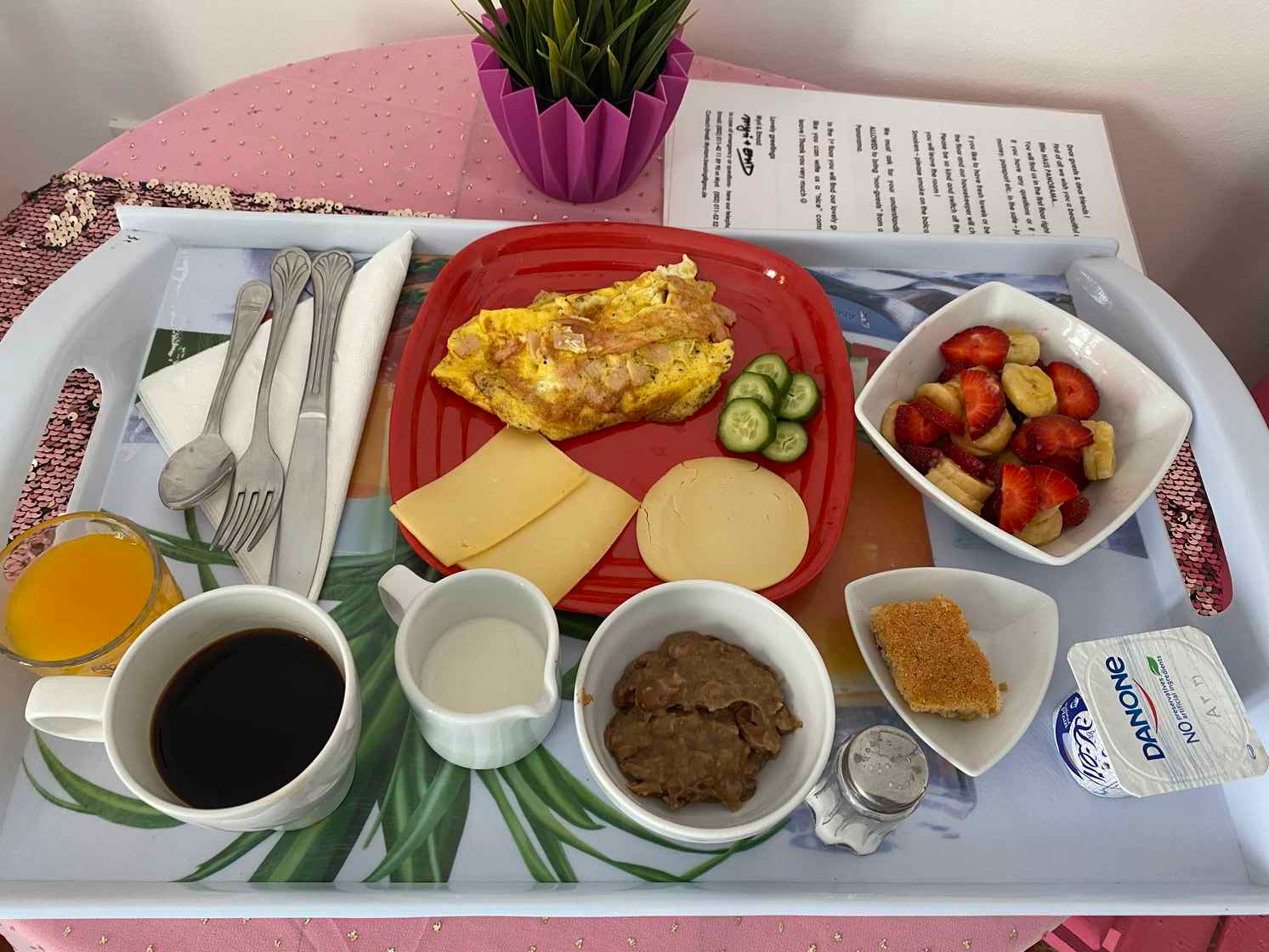
Here I am with Emad, the 40-something Egyptian proprietor of the Bed n' Breakfast where I was staying. He was also my dive instructor/dive buddy for the day. And yet, it's quite clear from our picture below, which one of us is the diving bad-ass.
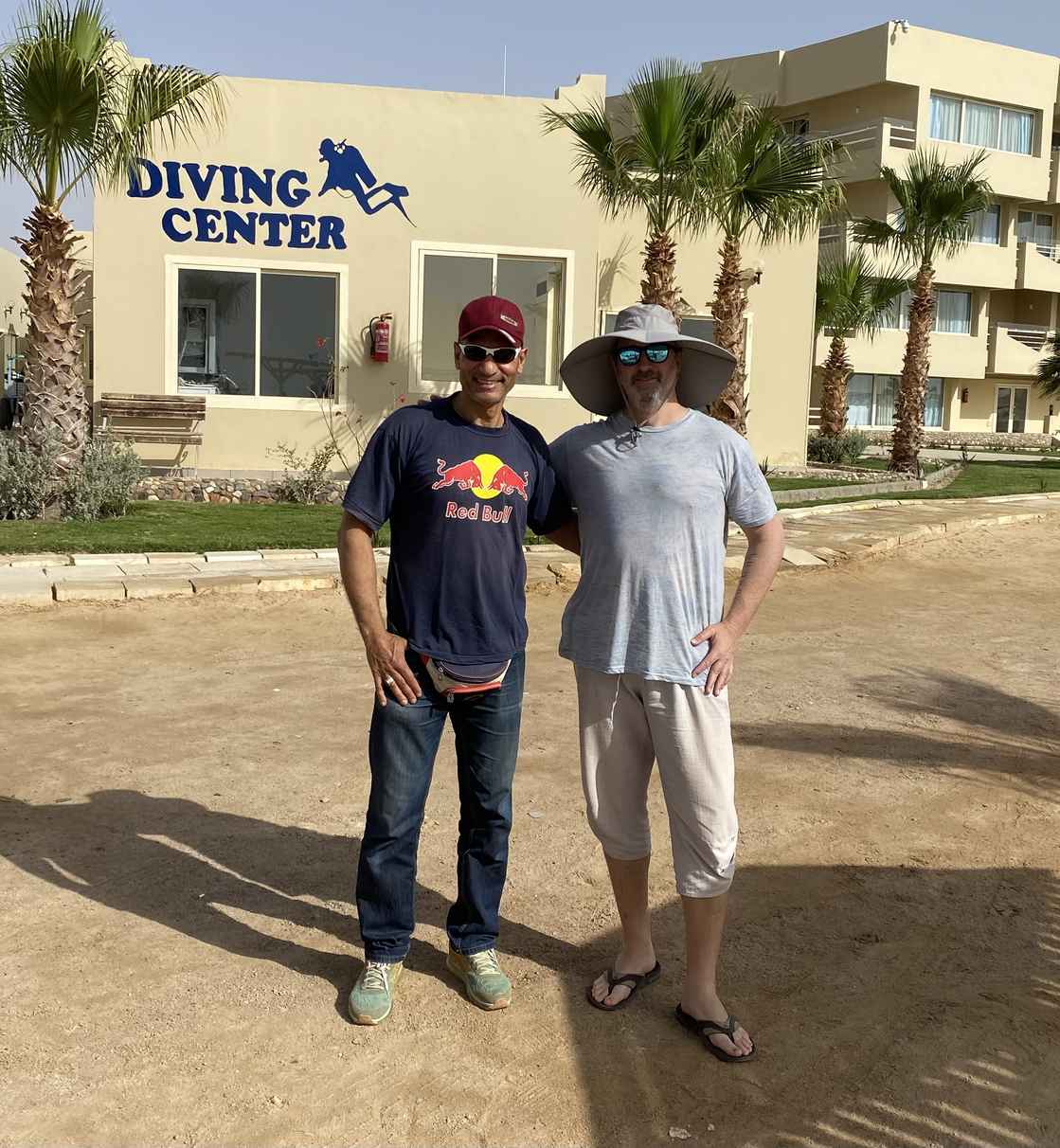
On the boat, heading out to our first dive location for the day. We hopped a boat that was full of Frenchman.
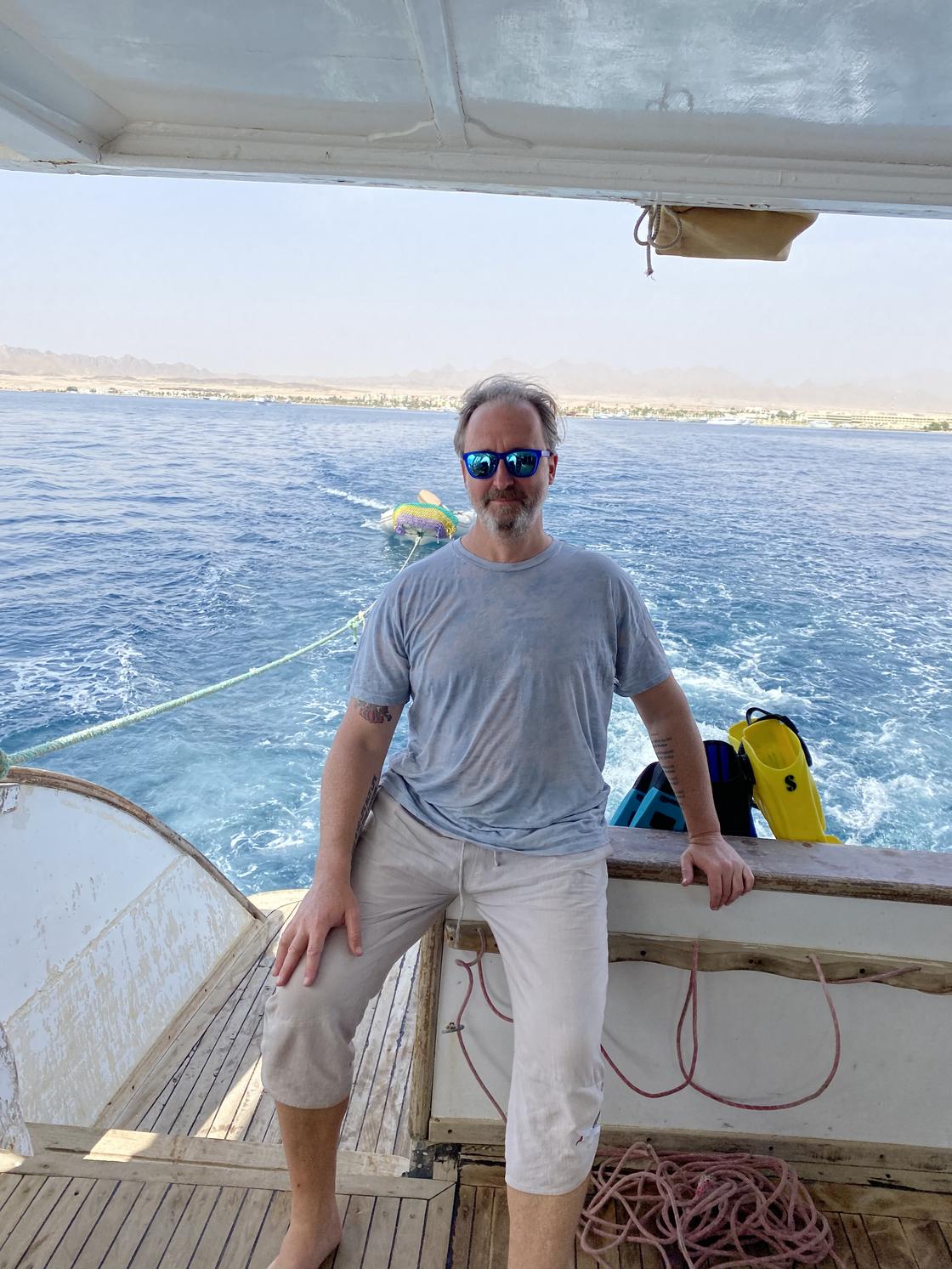
At 10:30 am, as we arrived at our first dive location, it was a balmy 88 degrees. And I was surprised I still had phone service in the middle of the Red Sea.
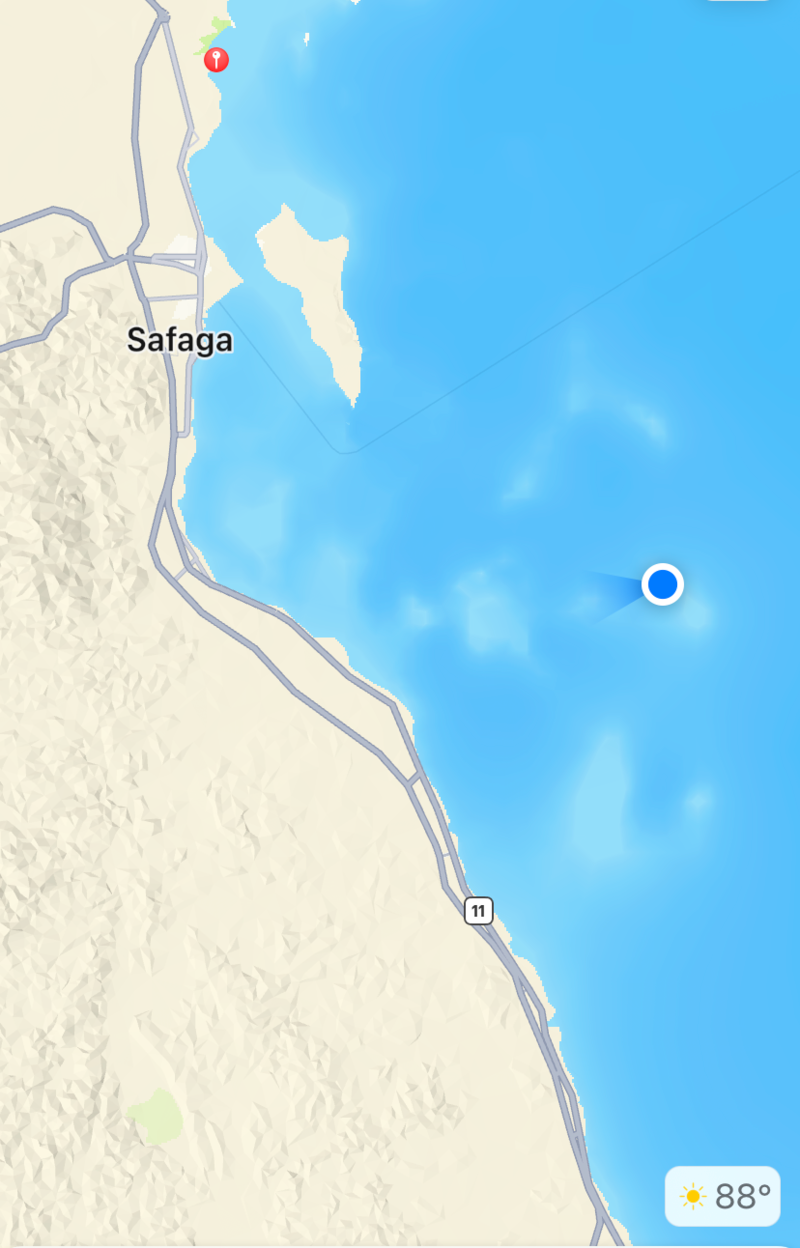
Prepped and ready to replace Jacque Cousteau as the world's foremost diving expert.
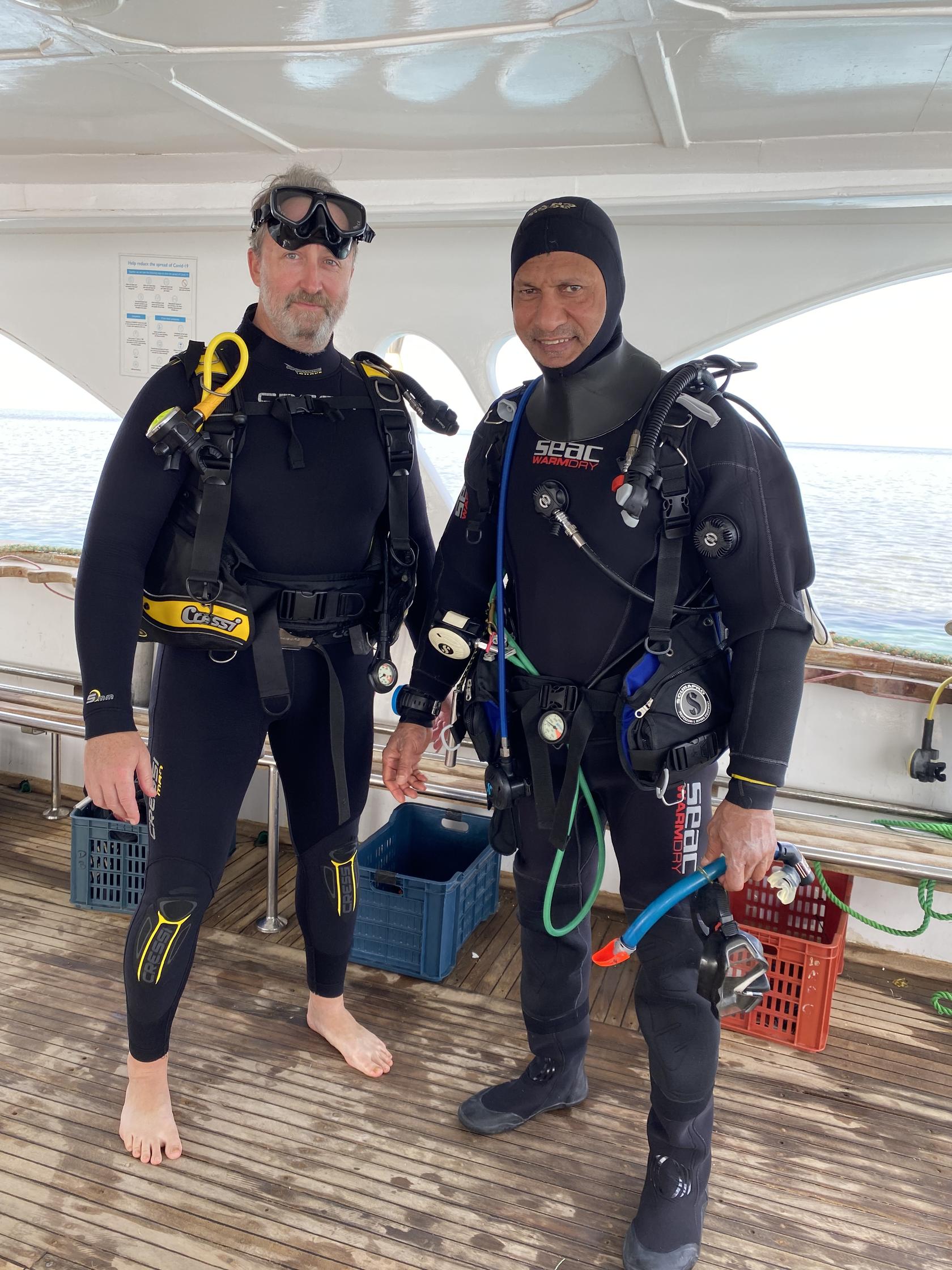
For me, it was profoundly interesting to note that I would be spending the better part of this 2 of Spades day buddied up with his man, diving in tandem, and working in tandem.
It didn't start off well. Perhaps because he feared I was really rusty on my skills, perhaps because we literally jumped right in without a chance to review my skills, or perhaps because he is a super controlling person, Emad decided that he would hold my arm as we swam around the reef. (The reason we went to the advanced dive location as the first dive was because we had tagged along on a boat full of experienced divers. So, at our first dive location, an advanced location, he told me, there would be no place to first review my skills.)
But with his paw clutching to my forearm, I actually couldn't swim and kept bumping into him at such close range. He was, by clutching at my arm, in my space and in my way. And with all our gear on, it was very difficult to swim or maneuver with him grabbing hold of me. So, as we relaxed into our swimming depth along the reef, I gently put my hand on his and signaled to him to remove his hand. He did.
We swam on a few meters further at a depth of about 10 meters (33 ft). He was still as close to me as we were when we were standing together for our photo on the boat before our dive (above), which was uncomfortably close in order to have the freedom to swim. Then, he grabbed hold of my arm again. This time, I more firmly removed his hand, and underwater made gestures for him to not do that again and to give me space to breathe, literally. He backed off.
I swam on, still at the same depth, still doing fine, and swam in closer to look at a coral formation. The next thing I know, something grabbed me from behind and jerked me backwards. Instinctively, my first reaction was to swing around with my arm and loosen myself from whatever had just grabbed me. As I swung my arm around, it hit his arm which was the thing that was grabbing me and pulling me. It was a brief moment of a clash or swords, a clash of arms.
I was furious, which is an interesting emotion to have underwater at a depth of about 33 ft. I made wild swinging arm gestures for him to back off and stop grabbing me. A lot of oxygen bubbles escaped in my unspoken, hot fury. The water was a swirling torrent of bubbled emotion. He got the message; and I swam on, with him close behind. Settling my breathing and focusing on the full cycle of my inhale and exhale, I did my best to settle my anger and enjoy the dive.
Back up on the boat, it was tense. He knew I was angry. And I had paid good money for this day of diving. I could hear him talking in Arabic to the other instructors and crew members of the boat. I got some icy stares from the other crew members. Finally, he explained that he had been worried about me and just wanted to make sure that he didn't lose contact with me because he was responsible for me. It rang hollow because I thought to myself, "why would you grab me from behind and pull me back when I am looking at a coral formation?"
But I knew I would have another dive with him after lunch, and I wanted to make the most of the experience. For that reason, it was extremely helpful for me to remember that it was a 2 of Spades day and that I thus needed to figure out a way to work together with him.
The second dive was smoother, although I had water in my mask the entire time that I couldn't quite get rid off. And what did I see on these dives? Some fish. Some coral formations. Rocks. Sand. A sea snake. But for me, the best part of the dive was feeling my body floating in the water and feeling how my inhale and exhale changed my buoyancy in the water, floating up a little bit higher on each inhale and dropping down a little lower on each exhale. It felt liberating to feel my body floating and fun.
But, it's a lot of work to get on all the gear and then take it all off at the end. Plus, it was over an hour boat ride in each direction and a lot of prepping the morning. All for two 30 minute dives. It seemed to me like a lot of extravagance for not much payoff. And yet, it was a novel experience and maybe one day, I'll take my kids diving too.
Back on the boat after the second dive, I asked one of the crew members to take our photo, right where we stood on the deck. After I handed my phone to the crew member, Emad pulled me to the other side of the boat saying it would be a better photo; yes, actually pulled me. When we stood there, the sun glared in our eyes. So, he pulled me to another location, which was also an awkward shot. Finally, I said, "let's stand back in the original location where I had wanted to take the photo in the first place." And here we are.
And after all that, somehow, in this photo, we look completely synchronized.
I later found out he is born to play the 4 of Clubs / 2 of Diamonds. (Source Card question: why might that explain some of his behavior?) He was also a former boxing champion in the Egyptian army. He really did have strong mitts!
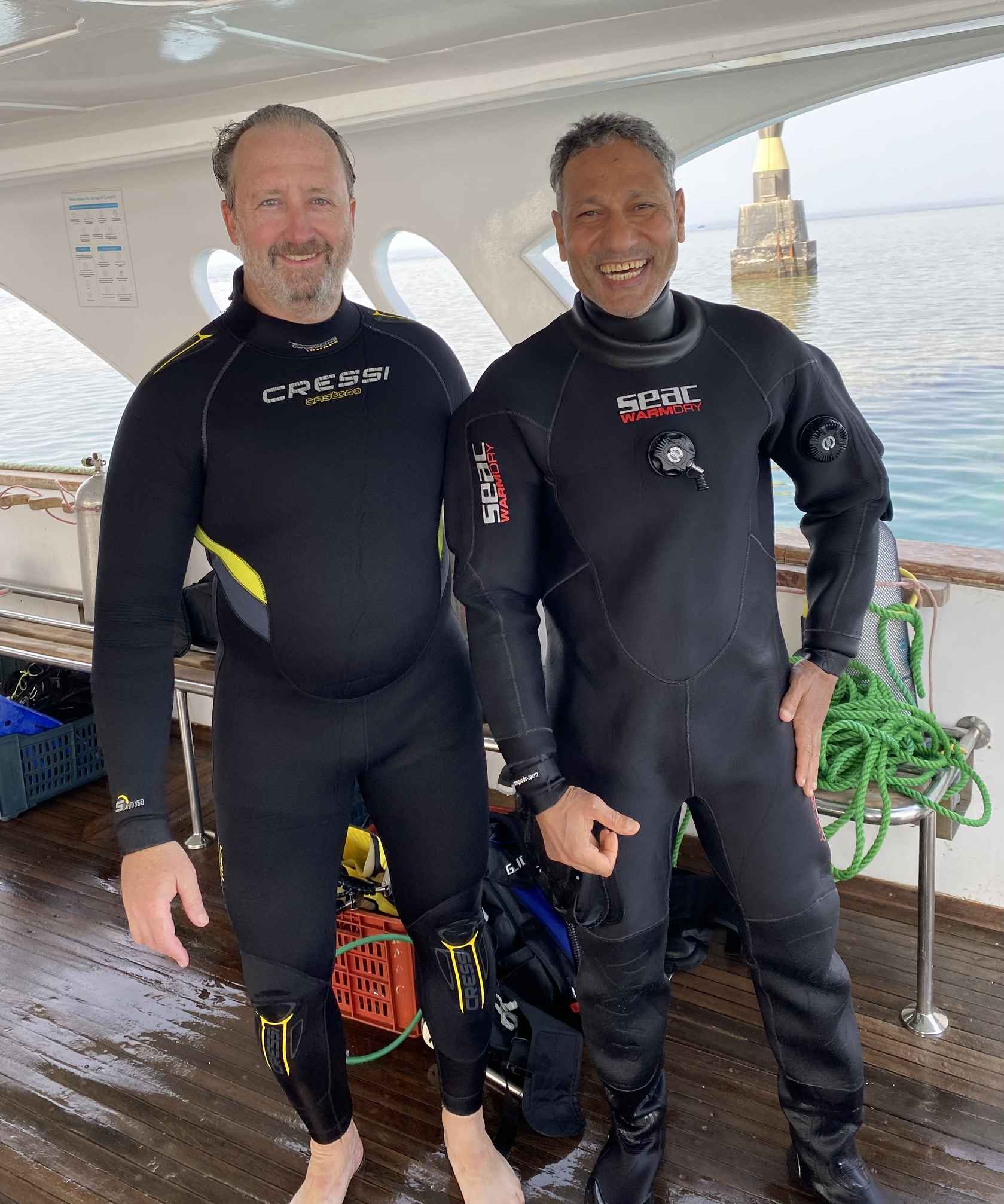
A selfie moment on the boat ride back to shore.
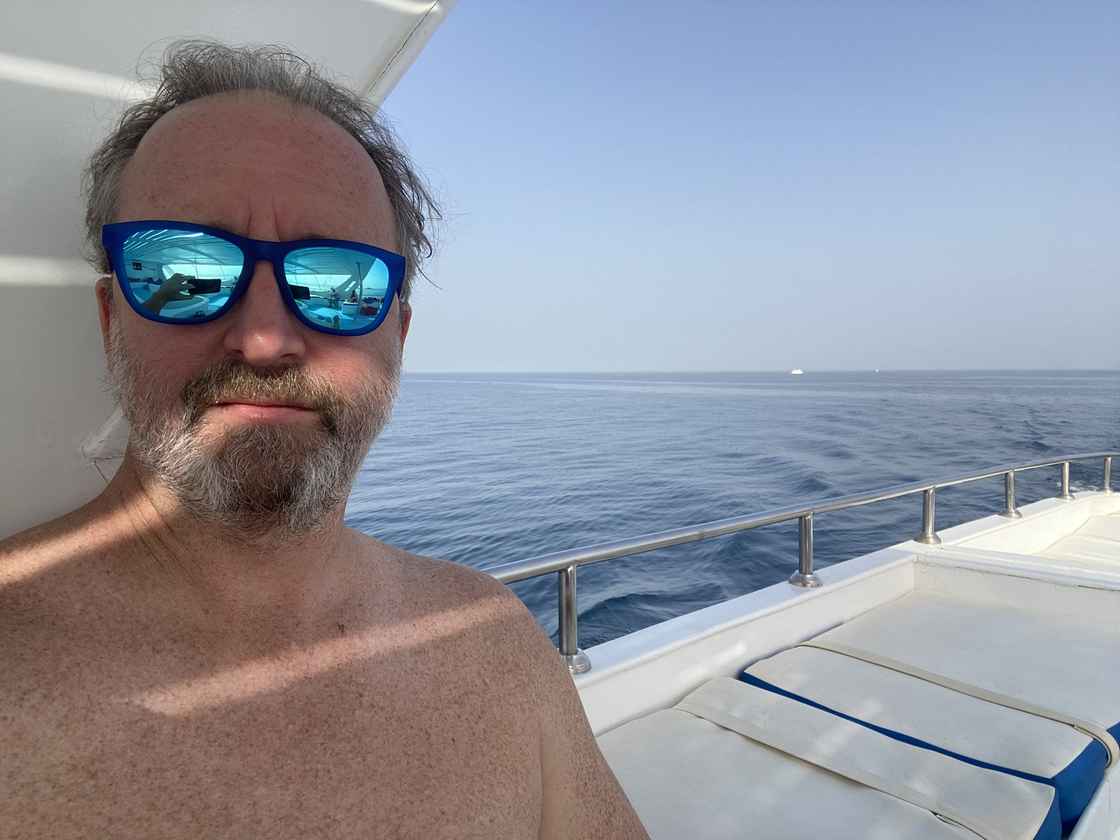
Later, for dinner, I decided to try Cafe Yasmin, just down the block on the main road. It gets great ratings. And thanks to the Scottish woman on the bus, I had the courage to try the camel steak, which you see here, served with french fries and salad. I can't say it had any particular taste that was unique, like lamb or venison. It really just tasted like steak.
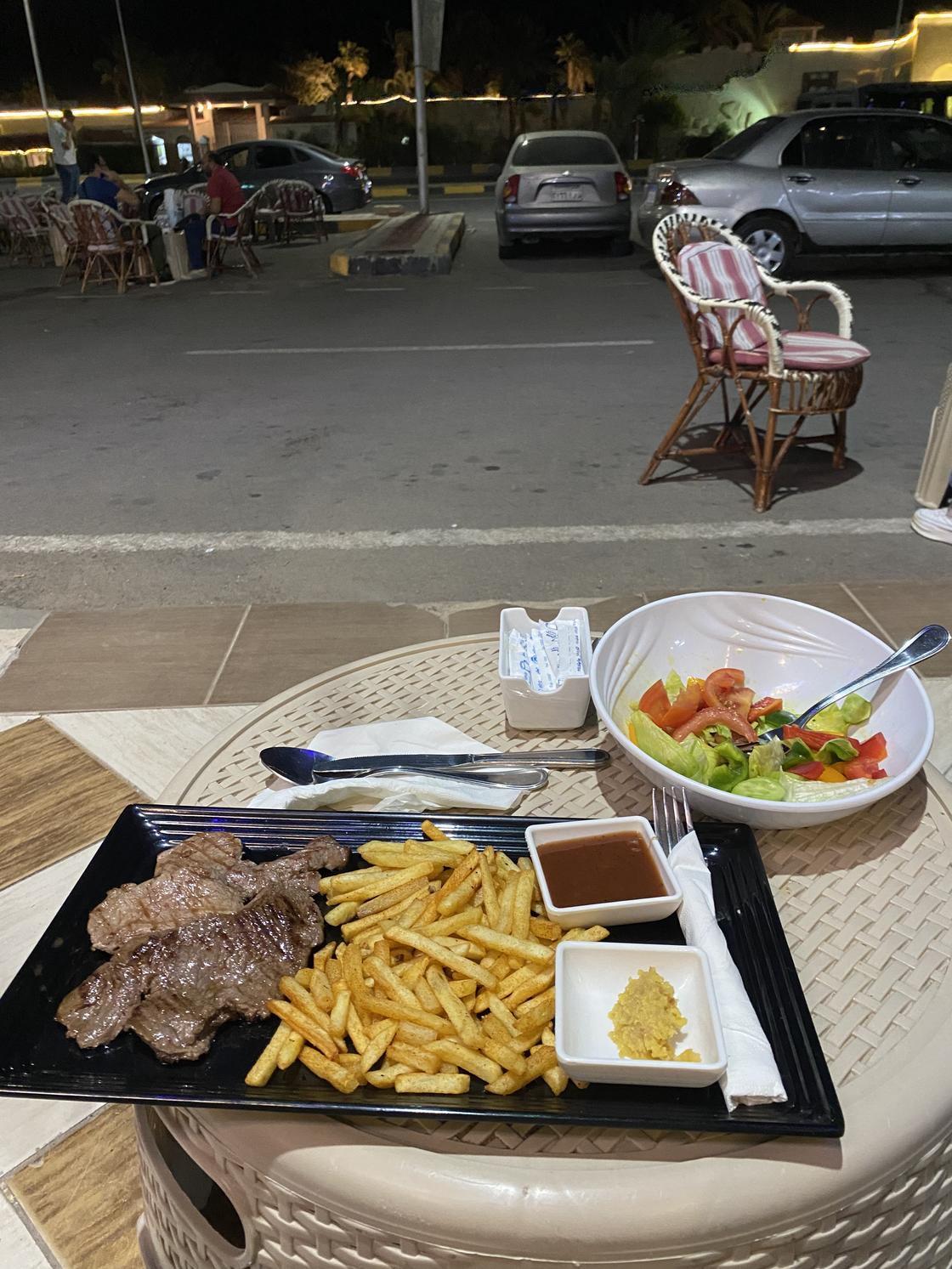
I asked my waiter to take my picture...
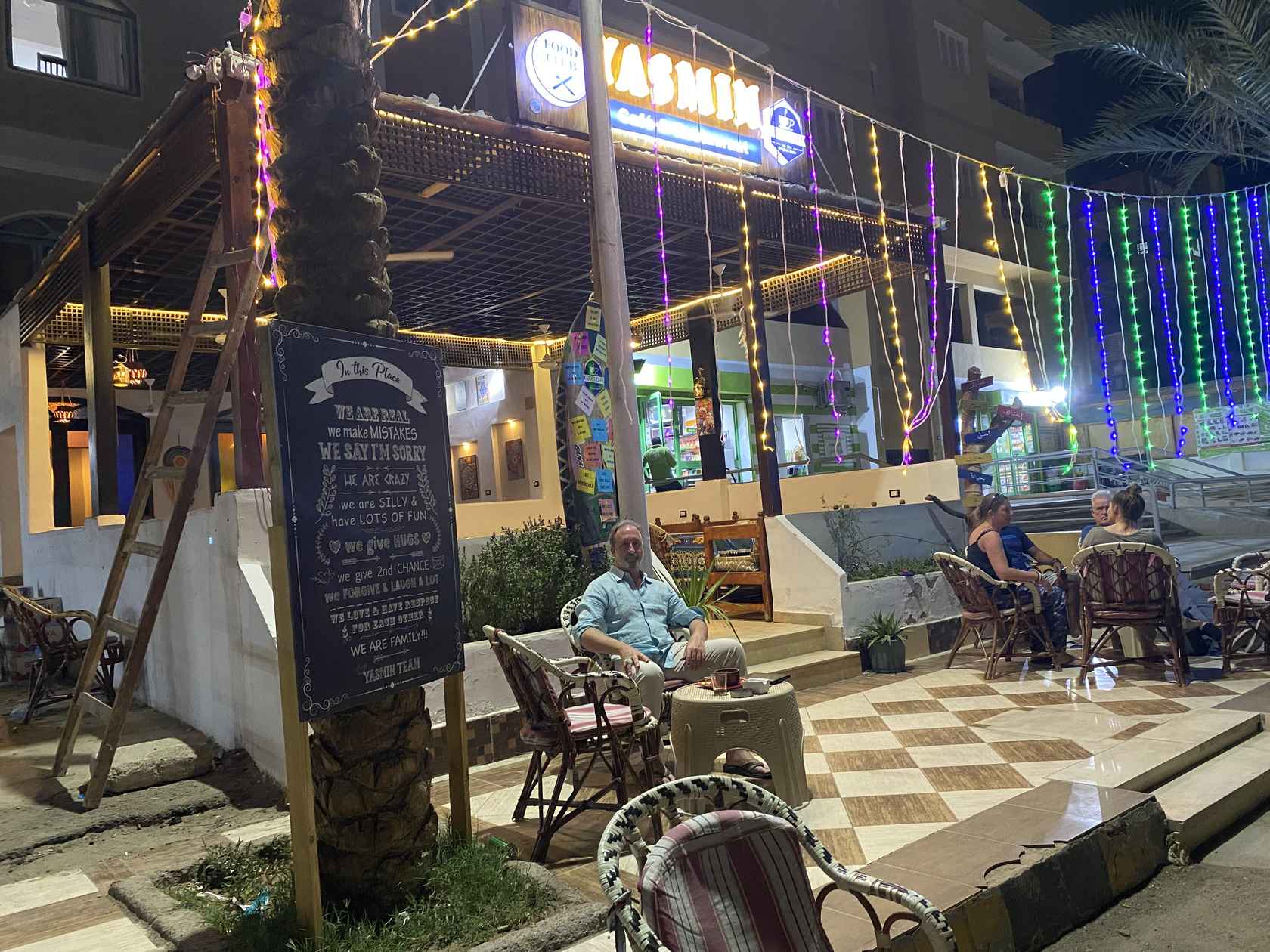
Afterwards, I walked across the street to one of the hotel resorts to see how it looked and if I would like to pay for a day pass to spend the day by the pool. As I walked around, I snapped this photo.
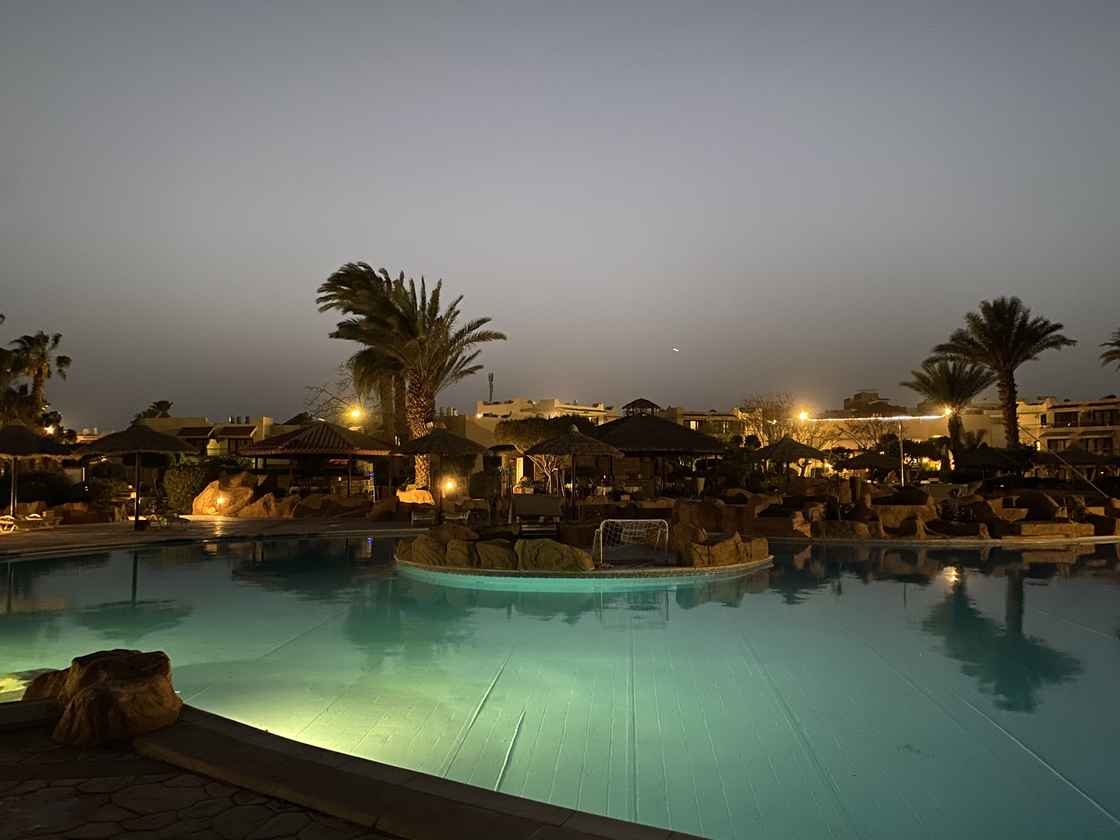
Day 36
April 7th, an Ace of Spades day.
For $10, I splurged and paid for a day pass to enjoy a poolside experience at the Lotus Bay hotel and resort. They had a nice beach, too.
The place was full of Germans. And the Egyptians kept speaking German to me. In this video, I was intrigued by this young Egyptian man, obviously paid to entertain the guests, leading people in water aerobics.
From my time out in the desert with the Bedouin, I found myself enjoying a smoke or two each afternoon with my tea. But I didn't want to keep bumming a smoke from people. So, today, I did something that I hadn't done in more years than I can remember: I bought a pack of cigarettes, Cleopatras, an Egyptian brand. I puffed away poolside with a bottle of my Egyptian lager.
And here is a view of my lunch inside the resort. The resort, obviously enough, caters to the tourists. So inside the resort, even during Ramadan, lunch was served, for which I paid about $8.
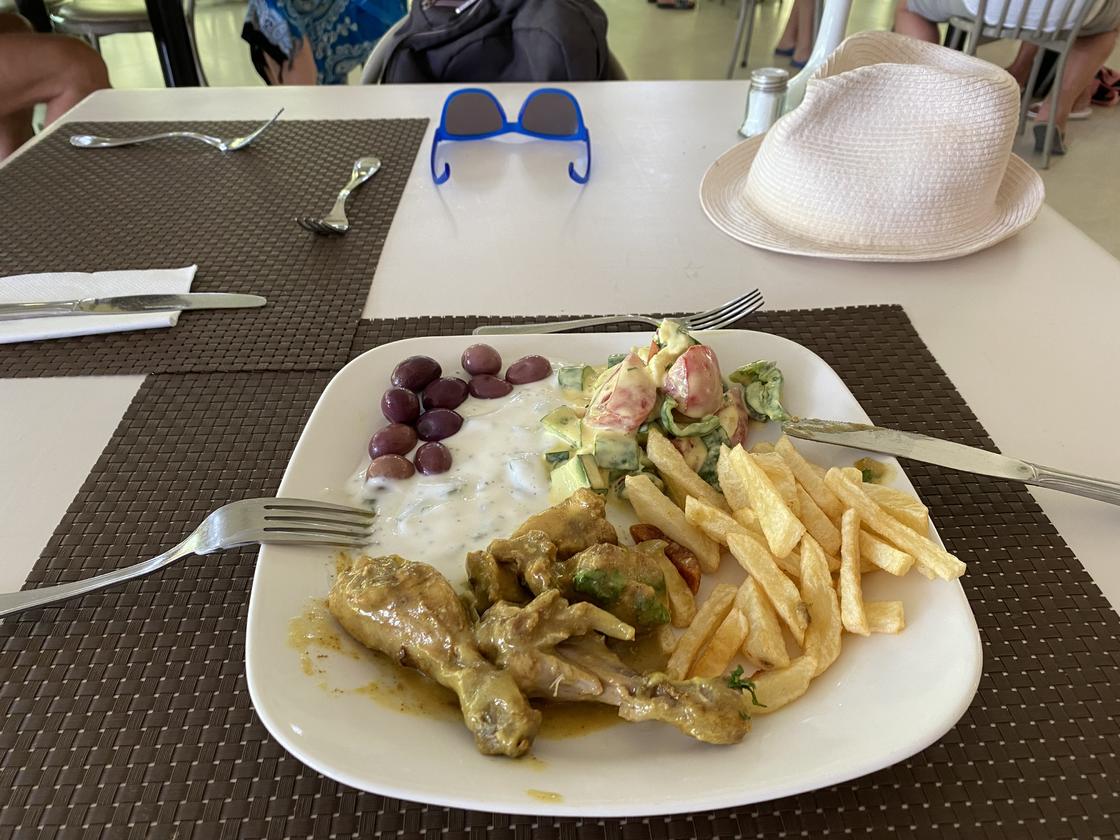
What was interesting, though, was that even inside this Western resort catering to Europeans, when the afternoon Call to Prayer came wafting along the airwaves at about 3:30 pm, the resort turned off their poolside jams. They had been playing a curious mixture of American country music, pop hits, and synthesized poppy dance music, not too loud, but at a nice ambient, fun volume. When the Call to Prayer began, however, they turned off the tunes. I guess they didn't want to compete with the music of the prayer. Perhaps they even consider it a sacrilege to do so.
As soon as the Call to Prayer was over though, back came the voices of Adele, Hank Williams jr., and Ariana Grande.
In the evening, I crossed back over the road to my little Bed n' Breakfast Pensione and the cats were there to greet me. Myriam, the German woman who co-runs the place, neuters all the wild cats and feeds them. It is a good service she provides. In many places in Egypt, I noticed mangy, sickly-looking skinny dogs and cats roaming the streets.
Press play for a symphony of meows.
Day 37
April 8th, a King of Diamonds day.
I arrived about an hour early at the bus stop, which was just a small room and one clerk. While waiting for my bus to Hurghada, we chatted a little in her very broken English. Then, I asked her if I could use the toilet. "No toilet," she said.
"What? Hold up!" I was indignant! "What do you do if you have to use the toilet?" She just shrugged. "How long are you here for a work day?" About 8 hours was the eventual reply that I figured out. I was shocked. "So, let me get this straight: you have no toilet to use during your 8-hour work day?!" No, she shook her head. She, then, explained that sometimes she goes home during the day and comes back to work. Meanwhile, I tried my best to tell her how her employment conditions would be illegal in America -- that no employee would ever be expected to work under those conditions. She just shrugged, and I held my bladder Egyptian-style.
Then, from my vantage point, I noticed her reflection in the desk top and captured the moment.
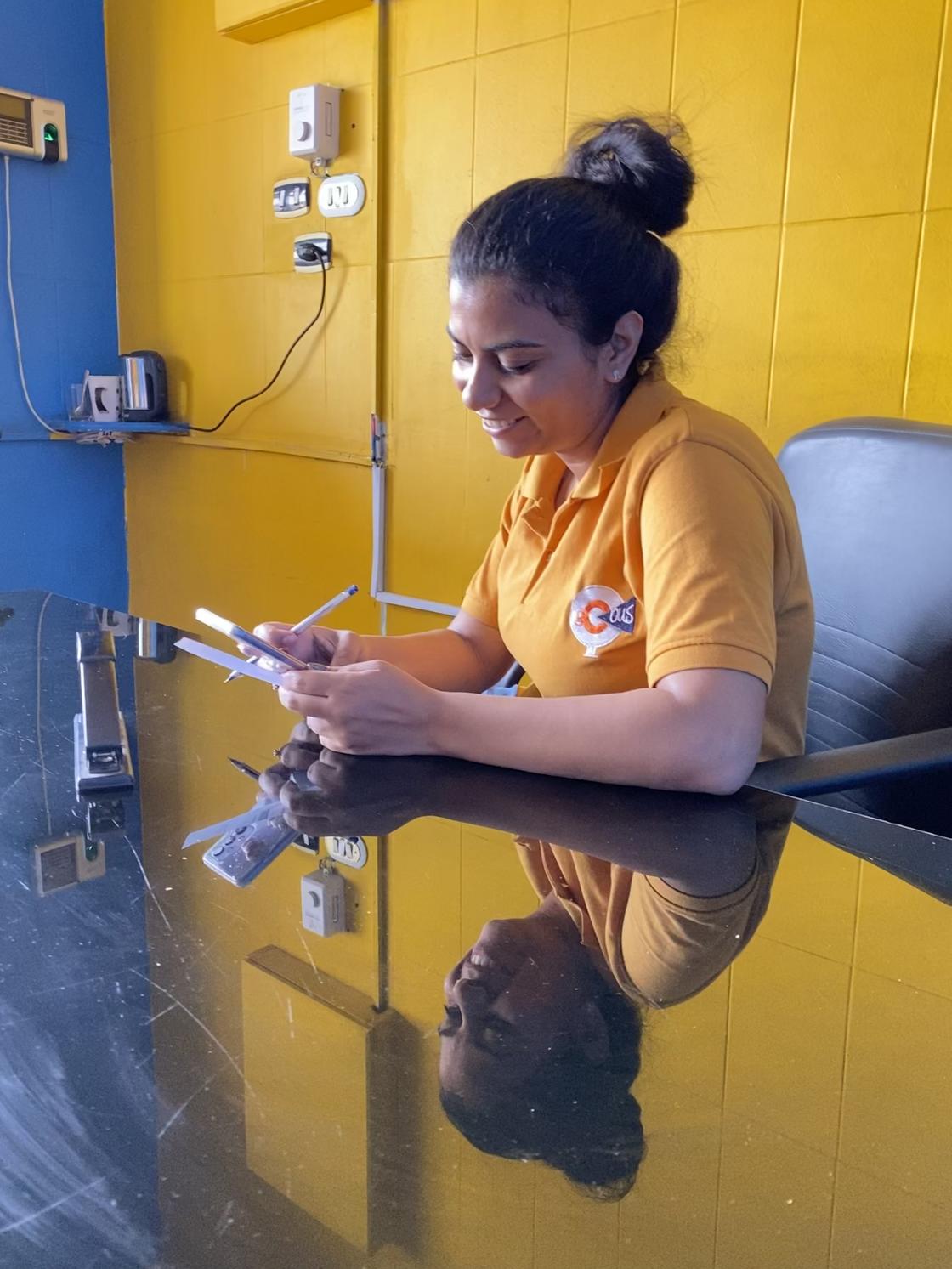
Arrived in Hurghada, a major tourist town on the Red Sea, full of Germans.
I got off the bus and headed straight for the restaurant on the main strip recommended by the Scottish woman with supposedly the best camel steak in town, Moby Dick. Conveniently, Moby Dick was only a couple of blocks from my hotel, and since it was too early to check in, a camel steak lunch seemed the perfect stop gap.
Here is my journal and my hat, both of which served me well on this journey. The journal is a gift from my sister and the hat, a gift from my daughter.
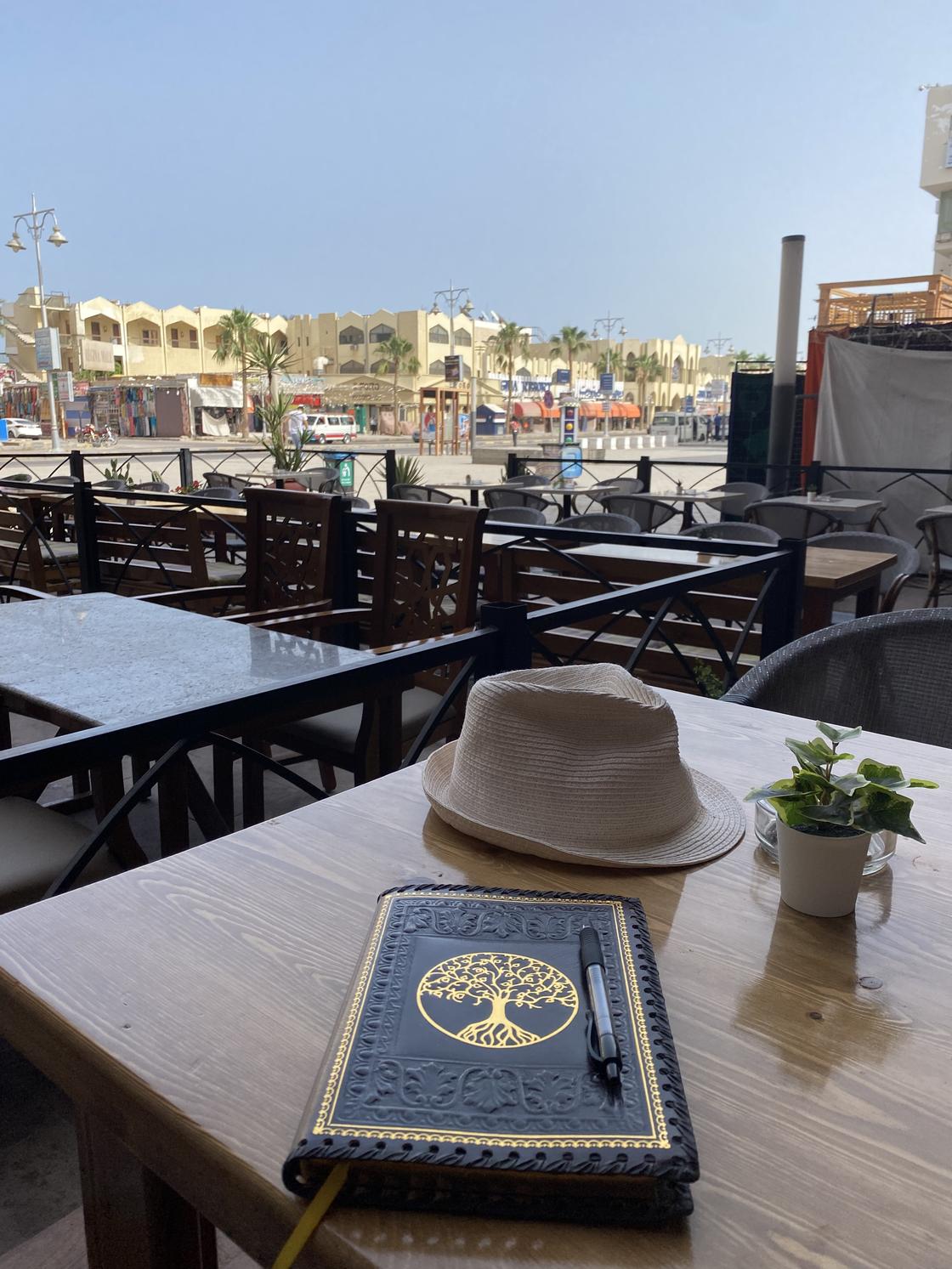
Drumroll please...
Yes, it was excellent -- excellent like NY-steak-house excellent. And, again, I gotta say: if you hadn't told me it was camel, I would have thought I was eating a really good quality filet mignon.
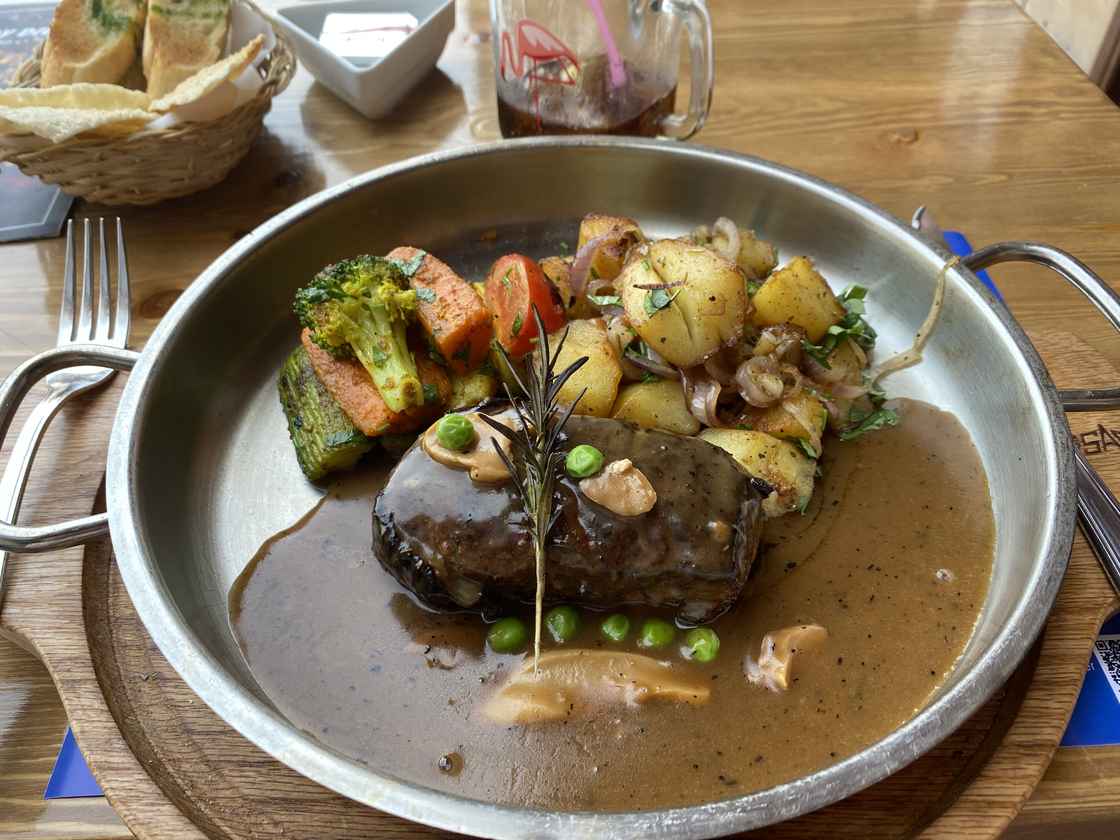
The view from my hotel balcony and my room for $21 a night.
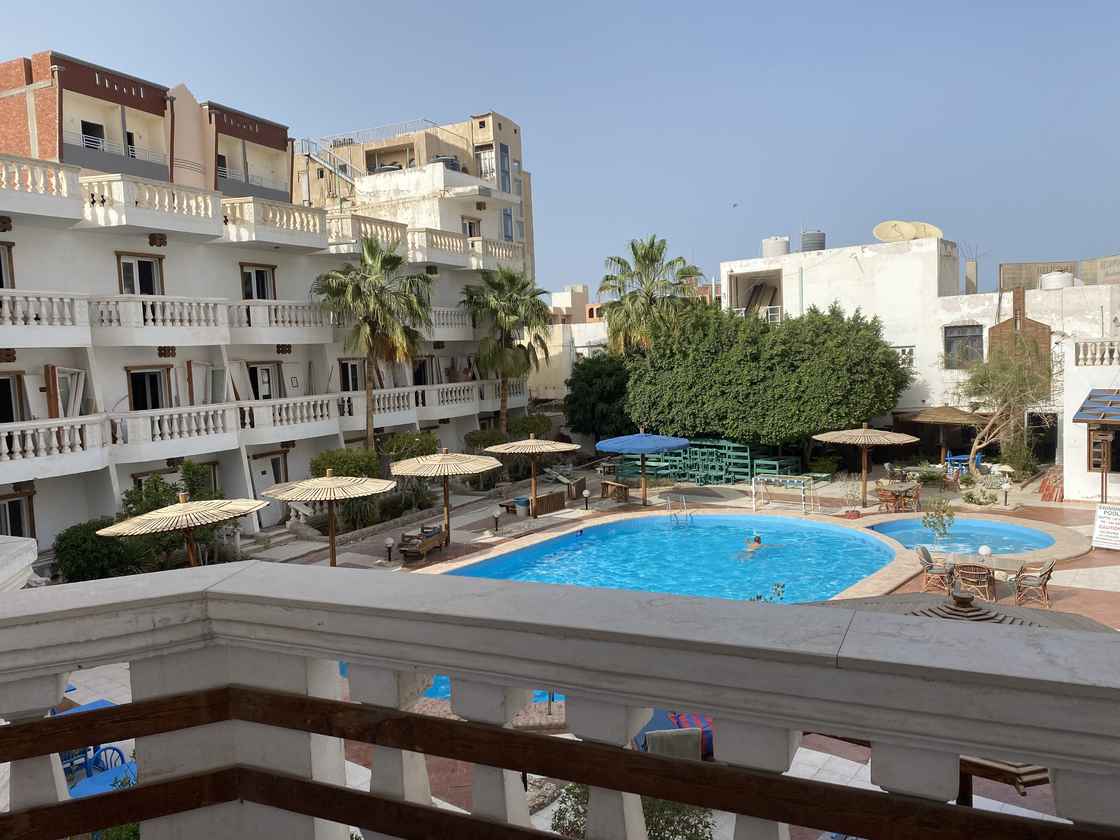
Walking around Hurghada in the evening, I noticed these men sitting outside watching a movie.
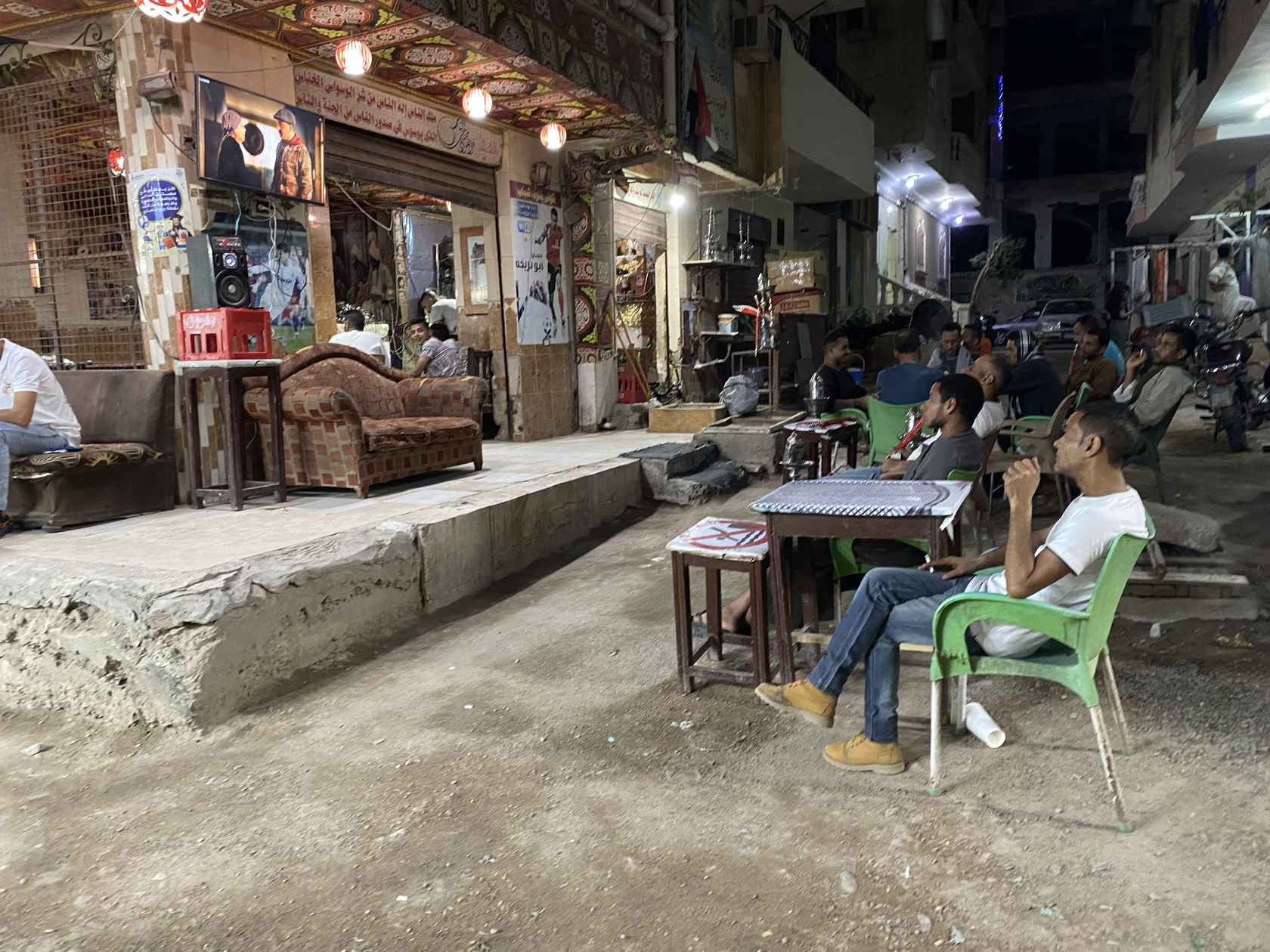
My Egyptian grille dinner of half roast duck, stuffed grape leaves, stewed okra, and the ubiquitous Egyptian chopped salad. It was way too much food. I doggie-bagged the duck breast and stuffed grape leaves, which proved to be a perfect meal when I needed it on my travel day of Day 39.
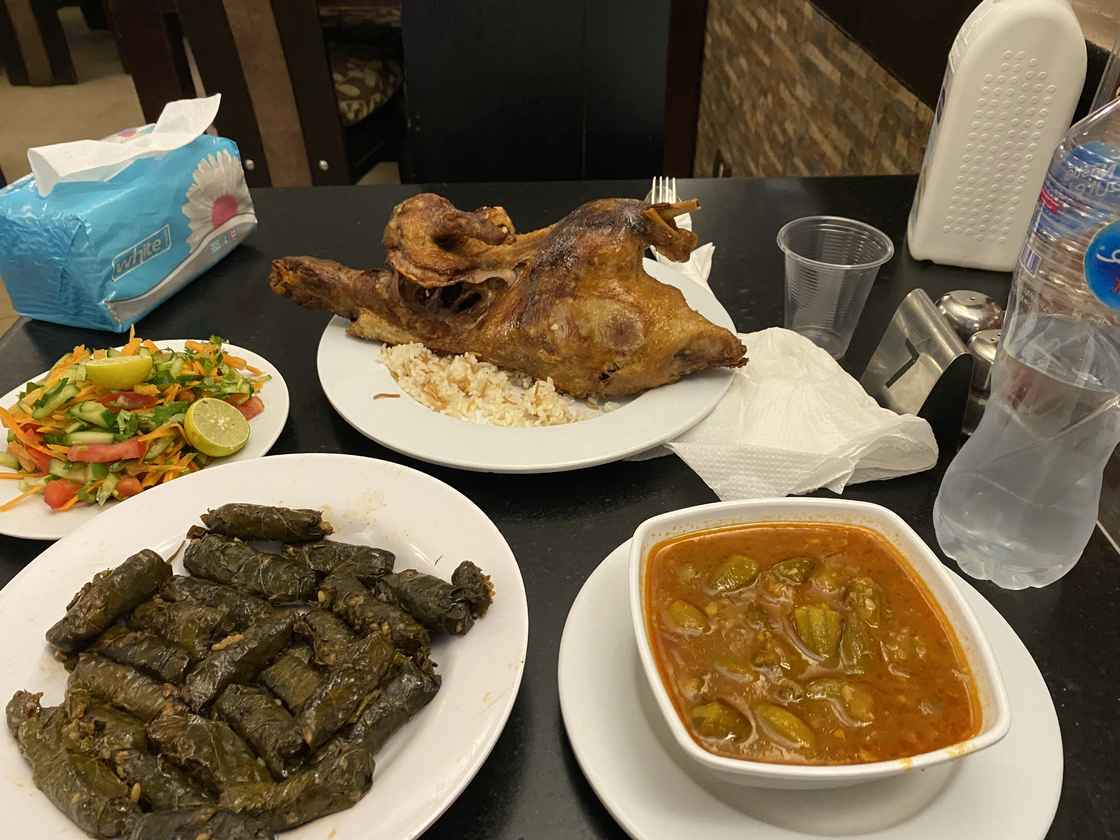
A view along the same road as the restaurant. Most of the roads here are dirt roads. Only the main roads are paved.
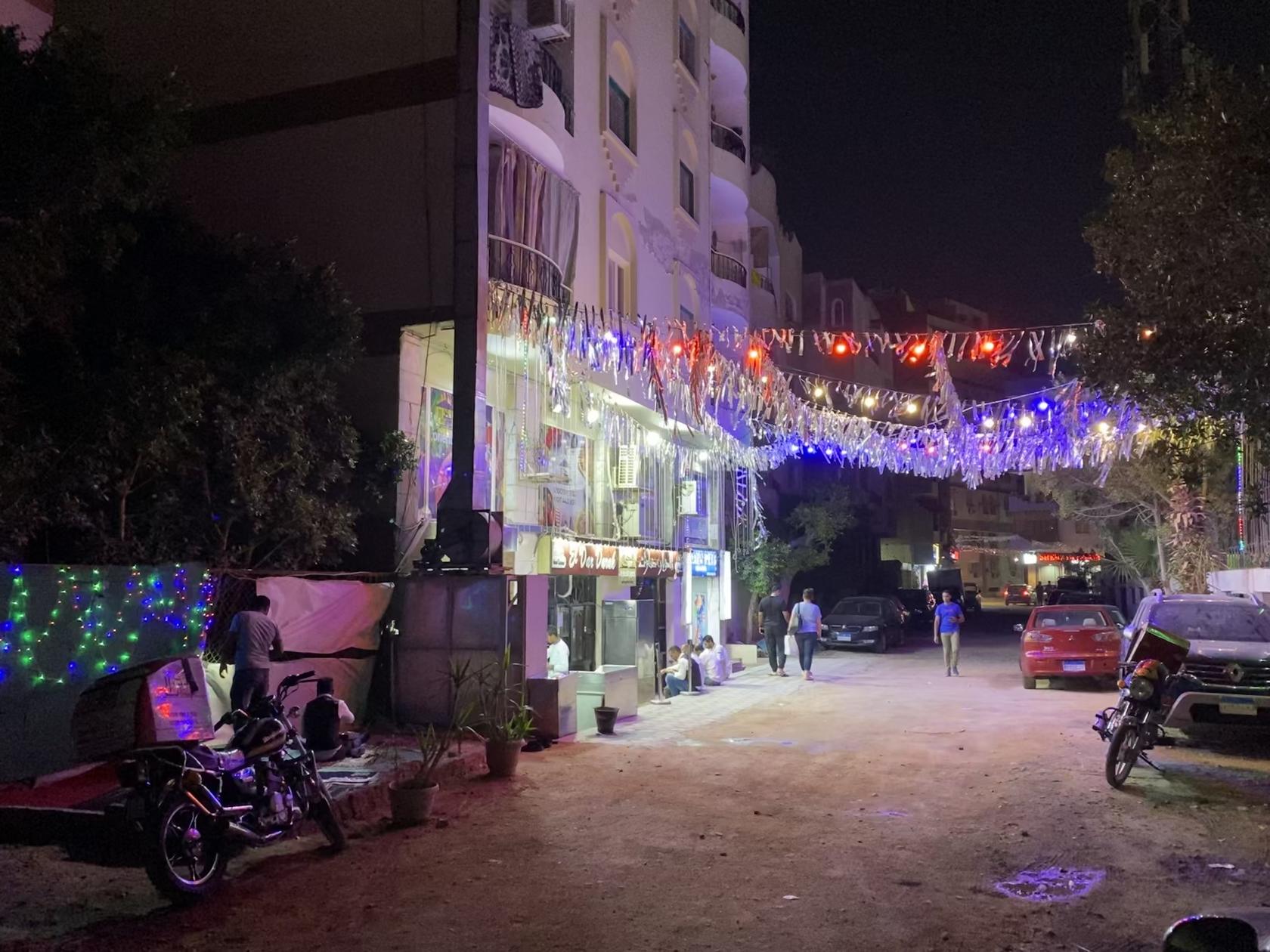
Day 38
April 9th, a Queen of Diamonds day
I met Jorg by pool this morning when I was going for an early morning swim. He's an outgoing German fellow who speaks very good English. I later noticed that he strikes up a conversation with almost everyone around him. Anyway, when I asked him for a good breakfast recommendation, he offered to accompany me to a German restaurant he likes.
He basically spends half his year in Hurghada and half in Germany and is now about to start up a tour business. And for now, at least, he uses the hotel as his headquarters, perhaps in part because his business partner is the current manager of the hotel.
And this is apparently a typical German breakfast: Mashed potato with butter, two pieces of bacon on top, and a sunny-side egg on top of that. It was all balanced nicely until I made the first cut.
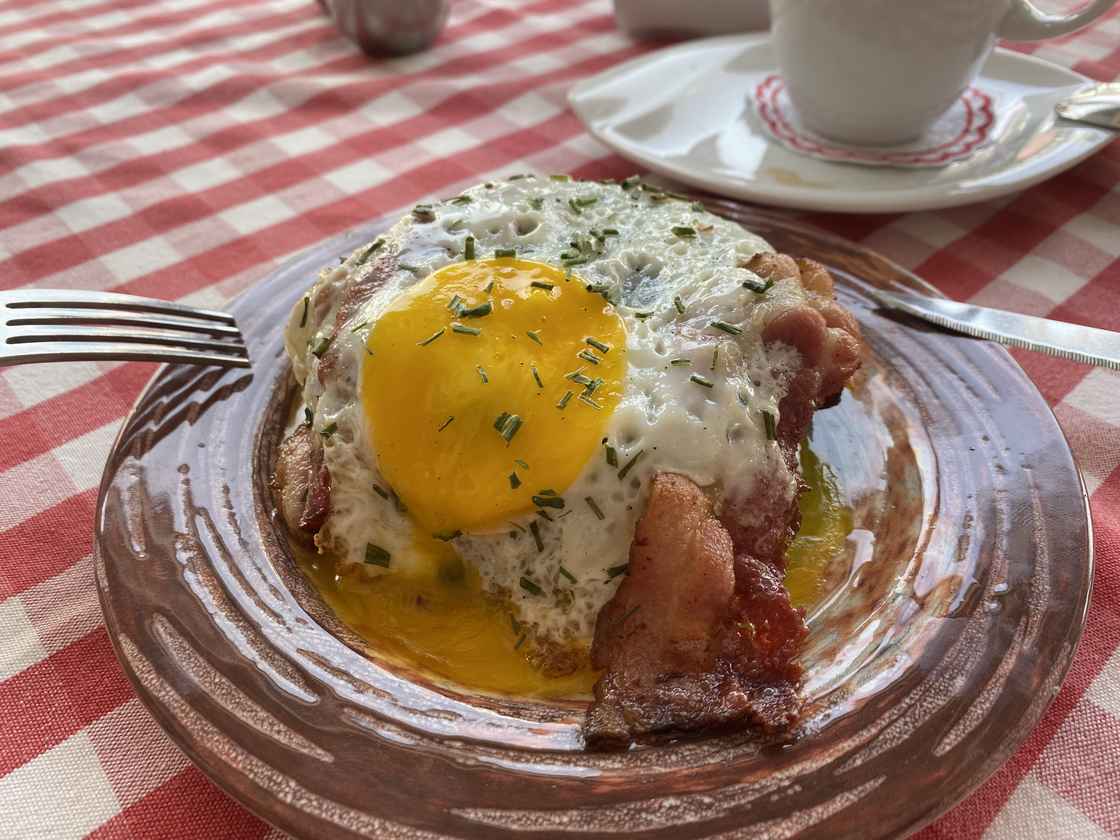
Jorg and I agreed to meet up for dinner later. He had some business meetings during the day.
For the rest of the morning, I decided to do some window-shopping, honestly, in part because I was bored. Hurghada has high-end fashion boutiques. Perhaps because of all the German/European tourists, it has the kind of name-brand boutiques (Louis Vuitton, Versace, Armani, Ralph Lauren) that you would find in any upscale shopping district.
Inside of a shopping mall, I took this picture because I appreciated the comical contrast of a female mannequin decked out in leather with her snorkeling gear.
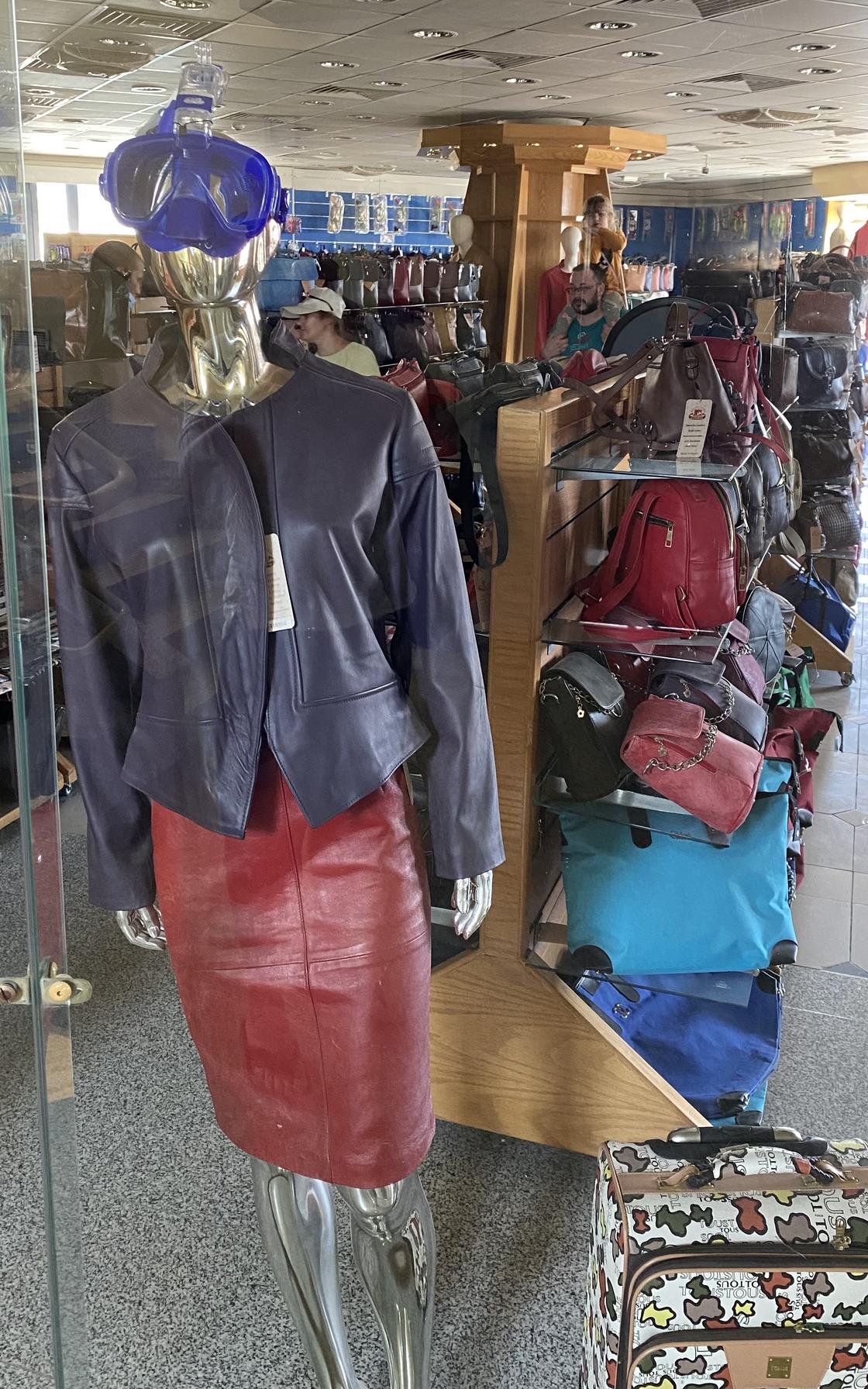
A few more souvenirs purchased, I went for lunch in one of the hotel restaurants. Here is my salad with a view.
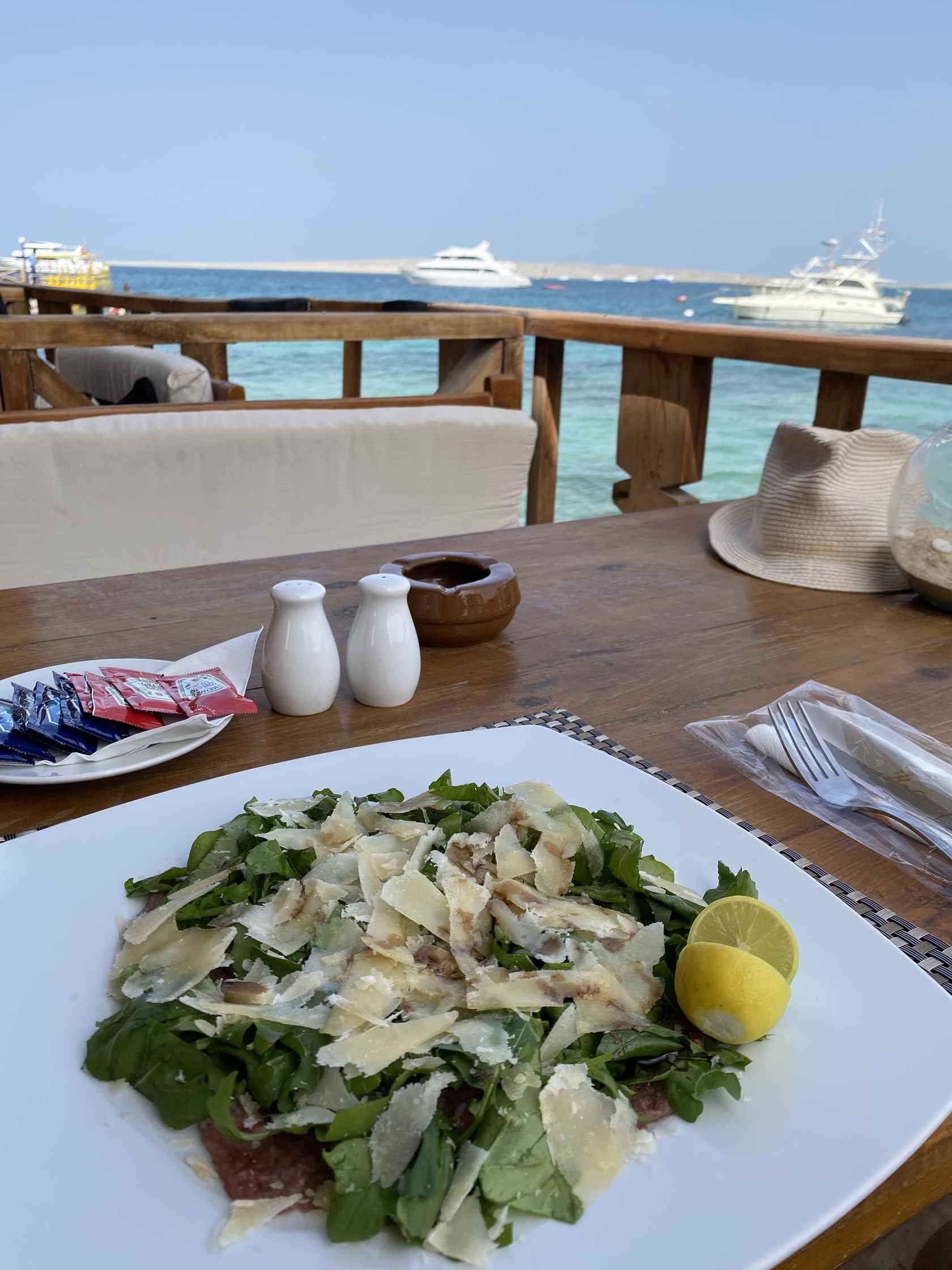
And to my right...
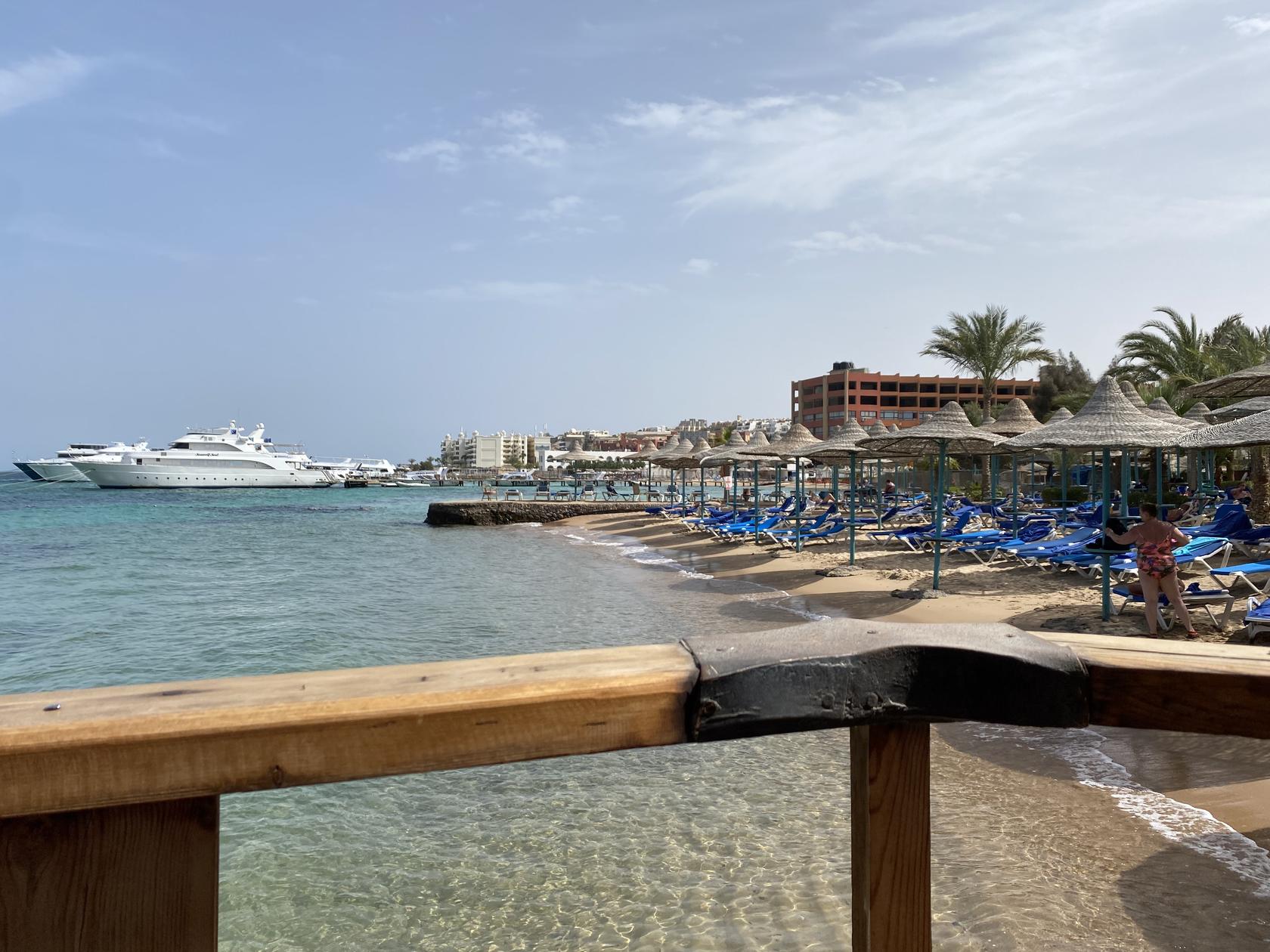
With its decidedly European vibe, in this beachside resort, women wore small bikinis and some small children played on the beach naked.
In utter contrast to the European openness with the human body, however, this Muslim woman wore a full-length burka-like swim outfit. Only her feet and hands were showing! Doesn't it look that way! Actually, although there was a hood and her neck and ears were completely covered, her face, at least, mercifully, was open. The photo makes it appear as if her whole face is covered, but it's an optical illusion. Actually her head is turned to the right.
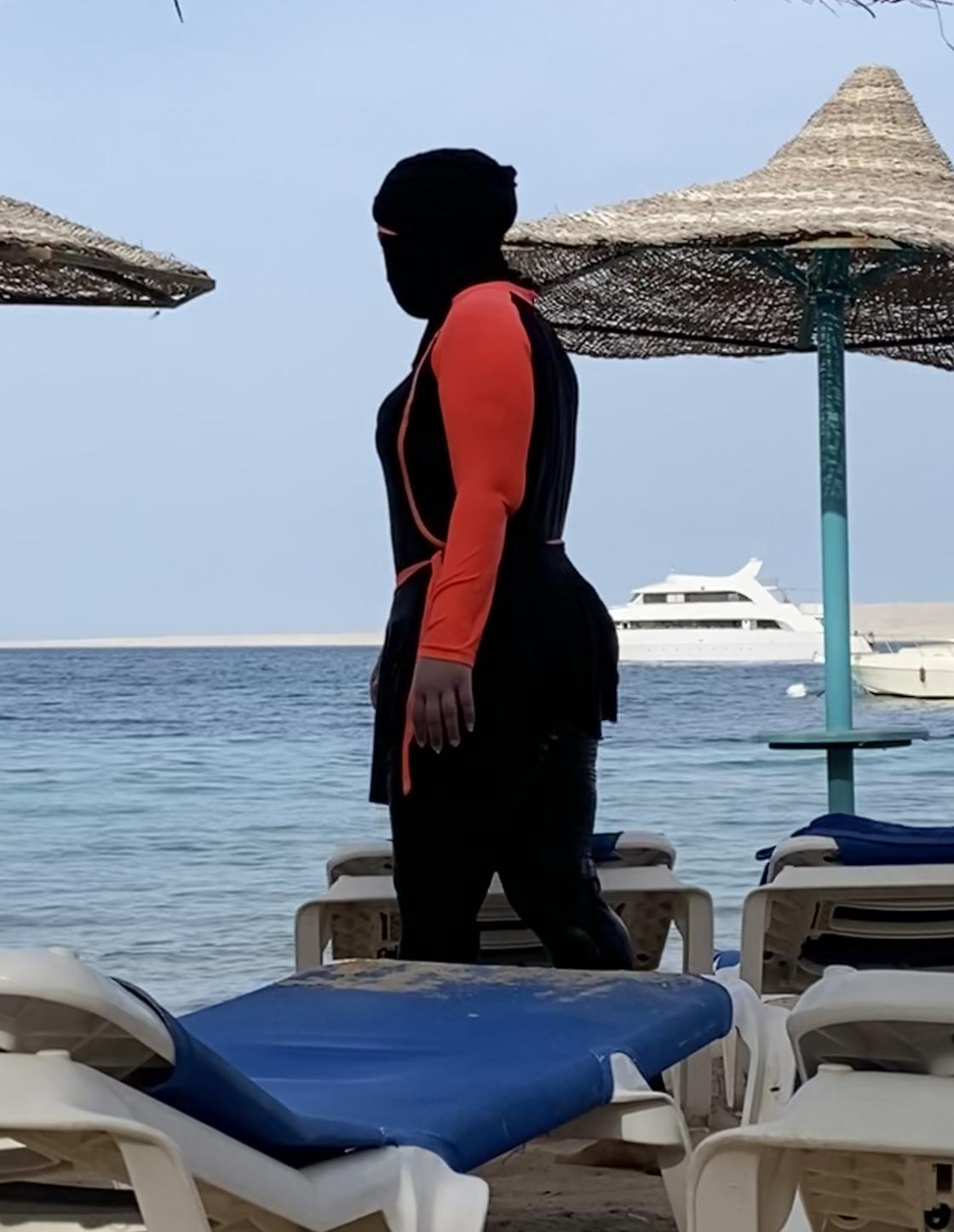
In the evening, I met up with Jorg and his friends. Here is one of the streets of Hurghada. Apparently, the streamers are for Ramadan.
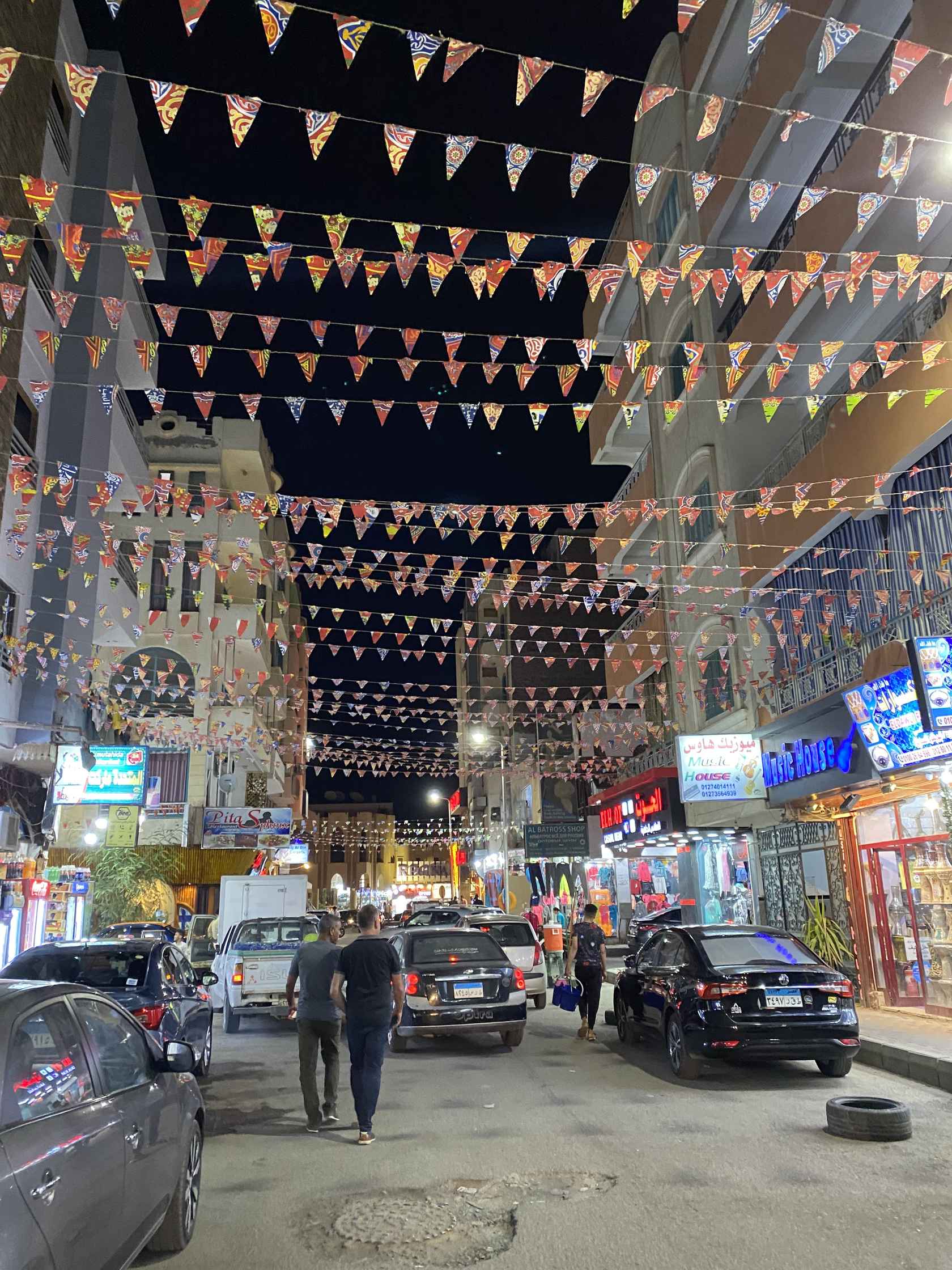
One of central shopping plazas...
The main drag with the hotels and resorts.
Jorg had invited two people to join us for dinner, his friend Nadia, who speaks German, English, and Arabic and works as a translator and Amr, manager of the hotel, and Jorg's business partner for his upcoming Egyptian travel tours business.
We ventured to an Egyptian grille restaurant for dinner and afterwards to a Czech beer hall, which serves authentic Czechoslovakian pilsner.
As we sat and chatted, I waiting knowingly for it to happen. Eventually, Jorg asked me what I do for a living. It was only then that I asked him his birthday and learned that he is born to play the 5 of Clubs / 7 of Diamonds. It made sense. His chatty, extroverted, talkative ways (5 of clubs) and the fact that I felt a connection with him (9 of Hearts to the 7 of Diamonds).
Next, Nadia, who was thoroughly intrigued by this revelation of the Source Cards, told me that she didn't know her exact birthday but that she knew it was the end of November. I told her that it must mean that her Birth Card is one of the Heart cards, since it's only Heart cards for the last 10 days of November. So, I told her it meant that her Heart was her guidance system in life and that she must always trust her feelings to guide her. She was surprisingly moved by this simple information and nodded her assent that she had finally, in her life, learned that this was true: she must listen to her feelings.
Last, but not least, I turned to Amr who was seated next to me in the booth. He is born to play the 3 of Clubs / 9 of Hearts. And as soon as I knew his Source Cards, we entered into an impromptu coaching session as I coached him and Jorg on how best to work together given their Source Cards. Jorg peppered me with questions, too. He wanted to know!
After a few minutes, I pivoted and focused more on Amr's personal experience and talked to him about his ability to channel knowledge, which would mean he might have a lot of things he wants to write, and he could be a very good writer. He took that in slowly and was visibly moved. He then confessed something, he said, that he never spoke about publicly: when he was a boy he had loved to write, especially poetry. But, he had put that away and discounted his own writing, thinking it not worthy of his time or attention. He was, however, so struck by my words that he felt like now he could pick up the pen and start writing again. And in a quiet moment later, he pulled me aside to thank me. He said: "Everything you said about me was true. Thank you for saying it."
And here we are taking a selfie to say good night. Next to me is Jorg, then Nadia, and Amr.
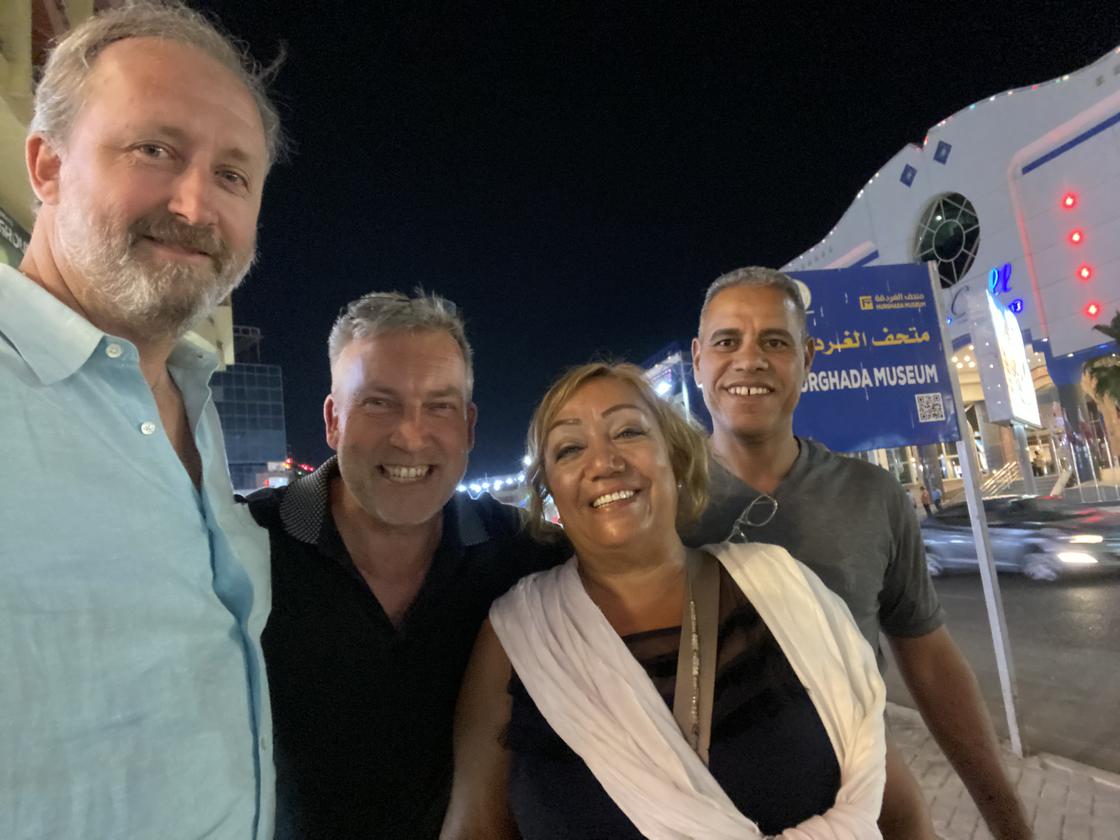
Day 39
April 10th, a Jack of Diamonds day
Today I took a 6-hour bus from Hurghada back to Luxor. I have no pictures from today. But I do have stories.
Seated next to me on the bus, again in the front row, was a young British married couple in their early 30s. He looked like a rugby player with his short muscular build and cauliflower ears. She was blonde and attractive. And he was frankly, the last person I'd expect to be talking about leading edge consciousness. Sitting in the aisle seat next to me, he looked like he was ready to fight. But once the conductor asked us each for tickets, the stony silence was broken by our mutual English language responses, and he asked me if I was American.
I learned that he and his wife, seated across the aisle, run a CBD distribution business in Hong Kong -- again, not at all what I would have expected him to say! They had gotten out of Hong Kong just before covid lockdowns and were now travelling in Egypt to get away from the madness of covid paranoia. We, thus, had much in common. And I learned that Theo, his name, is a former world champion gymnast whose new love is martial arts, specifically Jiu-Jitsu. Hence, the cauliflower ears.
He is born to play the 2 of Diamonds / Jack of Spades and his wife Jodie, the Queen of Diamonds / Queen of Spades. She piped up as soon as she heard us talking about the Source Cards. "Oh, she said, I love doing my daily Tarot Cards. I want to know my cards!" So, we talked Source Cards for a while until, eventually, the bus stopped for a break. Upon reboarding the bus, I did the only sensible thing, which was to offer her my seat so that they could sit next to each other. I moved to the back of the bus and listened to two Spaniards chatting across the aisle, doing my best to practice my Spanish listening.
Upon our afternoon arrival in Luxor, Theo, Jodi and I shared a boat taxi across the Nile to the West Bank. They were staying just down the road from me. But, then, our roads diverged and my evening took an unwelcome, unexpected turn.
My flight from Luxor to Cairo was at 11 AM the next morning, and it was now time to pack everything up, to gather up all my goodies, and go home. While taking the bus trip to Safaga and Hurghada, I had left my suitcase, laptop, most of my clothes, and the souvenirs I had previously purchased in the apartment, taking only my small shoulder bag. I now had to find room in my suitcase for all my purchases and repack everything. However, as I was carefully packing everything up, I realized to my horror that I could not find my passport anywhere in the room. I had deliberately not brought it with me on my bus trip to Safaga and Hurghada; I thought I had left it tucked inside my main suitcase, next to my laptop. Now I couldn't find it. It wasn't there.
I stripped the room. I searched everywhere. I searched twice. I moved the bed. How would I, could I, get home without it? Panicked, I started looking in illogical places just to look there. I looked in the fridge. Nothing. I looked in the vegetable crisper. Still nothing. I looked under the bed for a third time. Still nothing. Exhausted and broken, I knelt on the floor and cried out, "Why? Why is this happening?"
Now, I had given the landlord Muhammed the apartment key to hold while I was gone, and while I was gone, workers had come into the apartment to start construction on an addition he was making to the unit. And backstory: I worked in construction many years ago. My father had a construction business. And I know that construction workers steal things. Not knowing what else to think, I called Muhammed and told him that my passport was missing from my room and that if I couldn't find it, I would have to call the police.
It was 6 PM. Within minutes, he was at the door. And to my surprise, he was blood-red furious. His eyes were streaked with burst-red capillaries. His face was contorted. And I remembered that he had been fasting all day.
He couldn't believe I was accusing one of his workers of stealing my passport, and by extension, accusing him as well. He kept saying, "but what could they do with it? What would I do with it? It's no use to me!" And then he made a good point. My laptop was still in my room; so was the jewelry I had previously purchased as souvenirs. "If they were going to steal, why wouldn't they steal the laptop? Or the jewelry?" True, I thought. And perhaps also, I've watched too many Bourne Identity-like espionage thrillers where everyone is using stolen, fake passports.
I calmed down. He calmed down. If not stolen, then what?
I had already retraced my steps. I knew I didn't take it with me on my bus trip to Safaga and Hurghada. My previous trip was on the train to Aswan. "Let's call the hotel in Aswan," he said. Luckily, I still had the business card of the hotel, the Orchida St. George. He called the number, spoke to someone in Arabic, looked up at me and said simply, "they have your passport."
All the wind fell out of the sails. I sighed a big sigh of relief. But I still had to get the passport back in order to leave the country. Aswan is 4 aways from Luxor by train, 3 1/2 hours by car. My flight was at 11 AM the next morning. Would I need to cancel my flight? Change my flight? "I'll send a driver to pick it up for you," he said. "He'll be back in the morning in time for your flight. Now, I'm going to go and take my breakfast. I'll be back later and we can work this out."
Dumb. Stupid. Idiot. And worse. These were the words clanging around inside my head. How could I have forgotten my passport at the hotel in Aswan? But then, why hadn't they tried to contact me? And duh: Why didn't I think to call them myself? And why had I assumed that Egyptian construction workers would have stolen it!? What basic, simple travel responsibility to know where your passport is at all times! And I had flopped it. Arghhh. Not how I wanted to spend my last night in Luxor!
But, I was more relieved than anything. At least it would be resolved.
Muhammed returned an hour later a different man. Food did wonders for him. He was back to his warm, calculating, reassuring self. He brought with him the man who would run the errand -- drive down and back from Aswan overnight so that I could have my passport in the morning. We called the hotel again. I spoke to the manager. I validated that someone was coming to pick it up for me. We took photos. I wrote out, on paper, my permission for Muhammed's driver to pick up my passport for me.
I offered Muhammed a generous amount of money for the trouble of sending a driver, the cost of the petrol, and something to pay for the driver's time. "No," he said, "it would be much more than that." Taken aback, I was, nonetheless, so desperate and relieved that I was in no position to negotiate. He had me, and he knew it. He milked me for all I was worth.
Now, I knew the approximate cost of hiring a driver to drive to and from Aswan because we had discussed that option when I had been planning my trip to Aswan. I had opted for the train instead. But because of that discussion, I knew the price of driving to and from Aswan. That was not the price he quoted me now. And what could I say? He was doing me a huge favor. He was saving me from having to cancel or change my flight. He knew all this. He had grown up on the hustle. Heck, he had graduated from the basic street hustle. Now, he had a master's degree. While the rest of us had come of age studying algebraic equations, Abraham Lincoln's presidency, Emily Bronte and all her electrons and neutrons, he had come of age on the street studying Western tourists, learning how to make them part with their money.
I agreed to his exorbitant price to send a driver down and back from Aswan to retrieve my passport. Again, what could I really say? What other better option did I have?
Thus agreed... a few minutes later, after other logistical details had been discussed, he said, "... and you'll need to give a good tip to the driver." Huh? Isn't his fee included in the price. "No, he needs his own tip as well." Sheesh. Ok. ... "And, you should give a tip to the hotel manager for holding your passport for you." Huh? Really?! Ok. .... "And for doing all this for you, perhaps you'll consider giving me a tip, too." Wow. Seriously!
We walked to the nearby ATM machine, at which point he said: "If you give me the tip money for the driver and the hotel manager, I'll make sure they get it." Uh-huh. Ok. Whatever you say. I just shook my head, sighed, and meekly cooperated with what felt like my financial karma for my own irresponsibility.
True to his word, Muhammed showed up the next morning with my passport. I put my suitcases in his car, and he drove me (for a fee, of course,) to the Luxor airport for my short flight to Cairo.
As a reminder, here again is our photo together from Day 11.

Day 40
April 11th, a 10 of Diamonds day
Back where I began. A return to the beginning. Wiser? Savvier? Stronger?
I can't take credit for this image. It was the waiter who suggested I take hold of the Great Pyramid and place it down exactly there, in that spot, next to the other pyramid.
It's a funny thing, isn't it? When you hand your camera (phone) to a stranger, you never know the talent of their photographic skills. And sometimes, frankly, the pictures that return are terrible. Not this time. He gestured to me to hold up my hand as such and then squatted down, carefully moving the camera into position, at the perfect angle to capture the perfect symbolic completion of my Egyptian pilgrimage, as in... I came in a wide-eyed American nube. I got fleeced. But now I own this joint. Look Ma, I can pick the pyramids up in my bare hands and spin them around if I want to. I only wish I had thought about my wardrobe selection before snapping this cumulative photo. Who wears a striped belt with a tucked-in t-shirt?
He handed me back my phone. I ordered a Turkish coffee, and smoked my last cigarette... I thought I had had my last adventure in Egypt, and I was ready to come home.
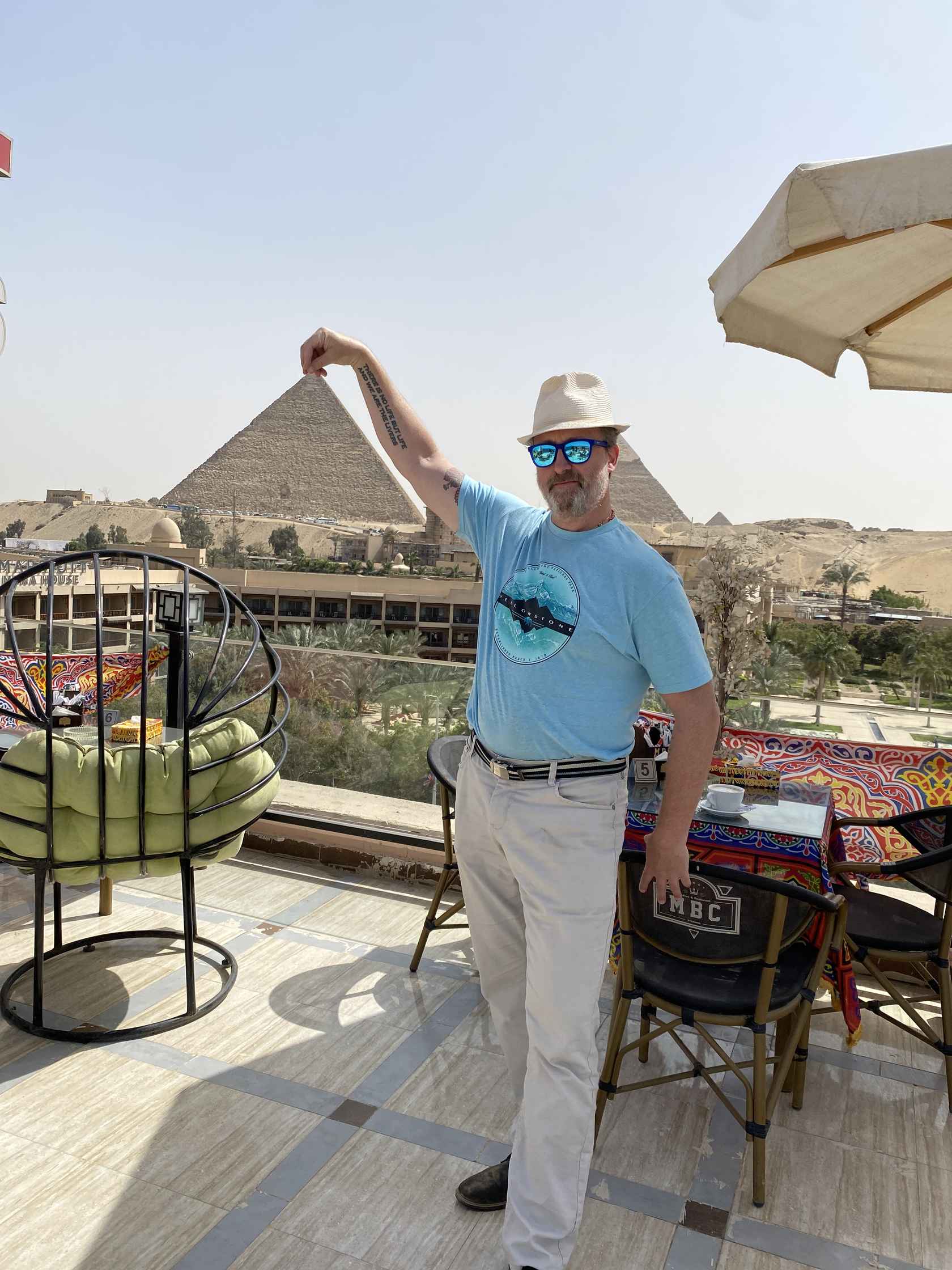
The New Regency Pyramids Hotel has a rooftop swimming pool. It was why I booked it in the first place. But during my first few days in Egypt, the pool had been closed. Disappointing, to say the least! Now, it was open. And I planned to take full advantage. I wasn't the only one with that idea.
Attempting to wade into the cold pool alongside me was an older Frenchman. We nodded at each other and passed along the universal sign language for "it's cold." At the far end of the pool, a blonde woman wearing sunglasses was standing on the edge of the pool, smoking. Seated behind her on a lounge chair, also smoking, was a younger olive-skinned man. "C'mon" she exhorted loudly in a thick Australian accent, "it's not that cold."
"Oh, Australian, are you?" I called out, waist deep in icy cold water. "You've made it out of the prison state, then, have you? When is your country going to become a democracy again?" She laughed and told me how right I was -- how difficult it had been for her to get permission to leave Australia to come to visit her Egyptian husband who lived here. He waved hello.
I explained that I had come to get away from the mass formation psychosis that was gripping Western democracies everywhere. She agreed with me and had much to say along the same lines. She was a chatty one! Eventually, I did get all the way in and manage to enjoy a swim.
As I got out to dry off, she continued engaging, and we kept chatting. They invited me to join them for a beer. They were drinking Heineken. During Ramadan! In the middle of the day! "But. But. How did you get the hotel to serve you that beer?" I stammered. "When I asked the rooftop waitress (they have a bar on the roof) for a beer, she had told me that they don't serve alcohol during Ramadan." He gave me a knowing nod, waved at the waitress, and said, "I'll get you a beer."
And so I met Islam and Debbie.
And she launched into the whole story about how they had met online and their long-distance relationship and what their relationship meant for both of them. She told me how she is a nurse in Australia and Islam is a sushi chef at the best sushi restaurant in Cairo. But that wasn't always the case, he had worked his way up to it...
She paused her long stream-of-consciousness verbal constructions, looked at me, cocked her head, and asked me what it is that I do. I told them I guide people to play their cards right in life. He slapped his knee, threw his head back, cracked a big smile, and exclaimed loudly, "I've been looking for someone like you to talk to!" She nodded her head vigorously. "Yes," she said, "I teach him things and tell him things, but he still needs to still hear them and learn them for himself." And so, it began...
Islam is born to play the 9 of Diamonds / Jack of Diamonds.
I told him that in his Life Path, he would have experiences that would seem like tragedies, and he would have to let go of any hurt feelings, find forgiveness, and rise above them. He shook his head in knowing confirmation and said: "You have no idea." He then proceeded to tell me about his heroin addiction, his long recovery from it, and how he had pulled his life together to find success in a promising career and how he hoped to open his own restaurant one day. But along the way, his brother had died, and it had been his responsibility to handle all the burial arrangements. In Muslim tradition, it is imperative to wash and dress the body for burial. When, however, he was finally summoned to perform this ritual for his brother, his brother had already been dead for two weeks. That's how he saw his brother. And then, in the foul stench of the bloated, dead body, he had to perform the ritual cleaning and preparation of the body for burial. And he had to do it all at his own expense, as well.
In the course of relating his personal story, he explained the problem of heroin addiction in Cairo. He said, and I have no way to confirm or refute this astronomical assertion, that fully 1/3 of people in Cairo were addicted to heroin. And furthermore, he explained that there are no real rehab facilities as such. People are left to die in the streets. And his family has been no help either. Debbie nodded along to all this and interjected that what the tourists see of Egypt is not the real Egypt -- that, if I wanted, they could show me a completely different side of Egypt. I politely passed on this rhetorical offer.
I continued sharing with Islam about his Source Cards. He was profoundly grateful. So much so that he said, "I want to do something for you. Would you like to go out into the desert tonight to see the pyramids at night? I know someone. I can get us horses." I hemmed for a moment, thinking about my 5 AM wake-up call the next morning.
"Ahh, c'mon, when are you ever going to get another chance to do this?" Came Debbie's bursting Australian enthusiasm! "I know." I said. "That's exactly what I'm thinking. Ok. Yes. I'd love to. Thank you." We agreed to meet in the lobby of the hotel at 9 PM. Islam and I exchanged phone numbers.
At 9 PM, I was in the lobby. They weren't there. And he wasn't answering his phone. I waited. At 9:30 PM, I went upstairs. At 10 PM, I set my morning alarm, turned my phone to silent, turned off my lights and got in bed. I was almost asleep when the hotel phone rang -- the landline in my room. I was confused and slightly delirious... who the hell is calling my hotel room? I picked it up and it was Islam. He told me that the horses were all arranged; he apologized for not getting back to me; we were now all set to go. Sleepy and annoyed, I said, "I'm already in bed and I have an early start tomorrow. Thank you, but I'm going to pass at this point." And that was that.
But, now, I was awake in my bed... lying there thinking about a horse trip out into the desert at night to see the pyramids. Damn it. Alright, I can sleep on the plane. Fuck it, let's do this horse trip. I picked up the phone, called the front desk, got their room number, and called him back. Ten minutes later, I met them in the lobby. Remember this place?

And here they are, Debbie and Islam as we met our guide and picked up our horses from the horse stables behind the pyramids.
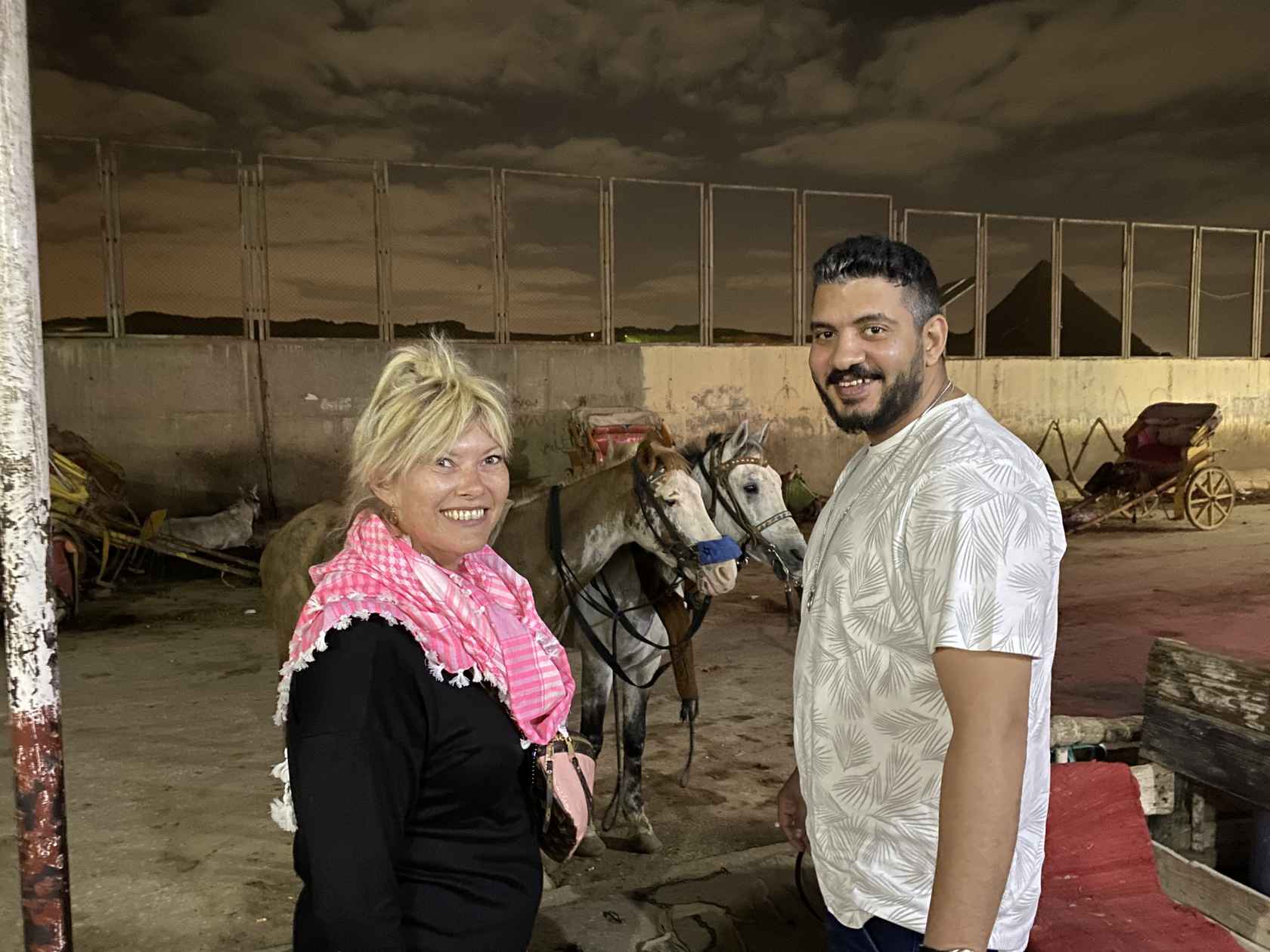
The pyramid complex is walled off, as you can see.
I like this photo that Debbie took for all the contrasts, the lighting, the depth, and the little girl observing the whole scene.
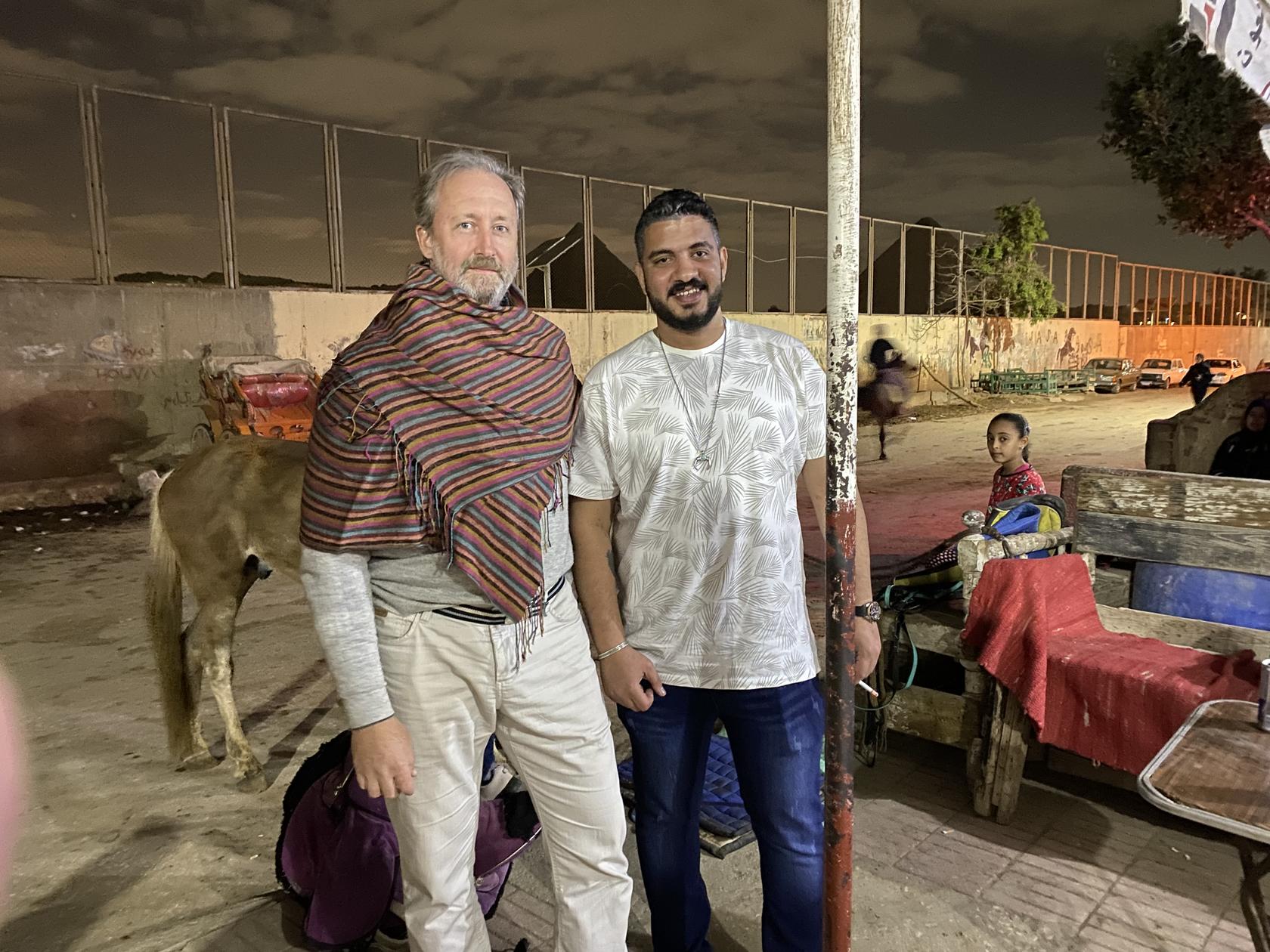
Here is my nag. She was a well-behaved horse. Nonetheless, I was extremely grateful for my previous experience of horse riding such that I know, basically, how to ride a horse. Islam had no prior riding experience; he was terrified. I wondered, then, why he wanted to do this excursion. He kept insisting that he was doing it for me. And he insisted on paying for the whole thing as well.
Source Card question: why might you expect to receive gifts and blessings on a 10 of Diamonds day?
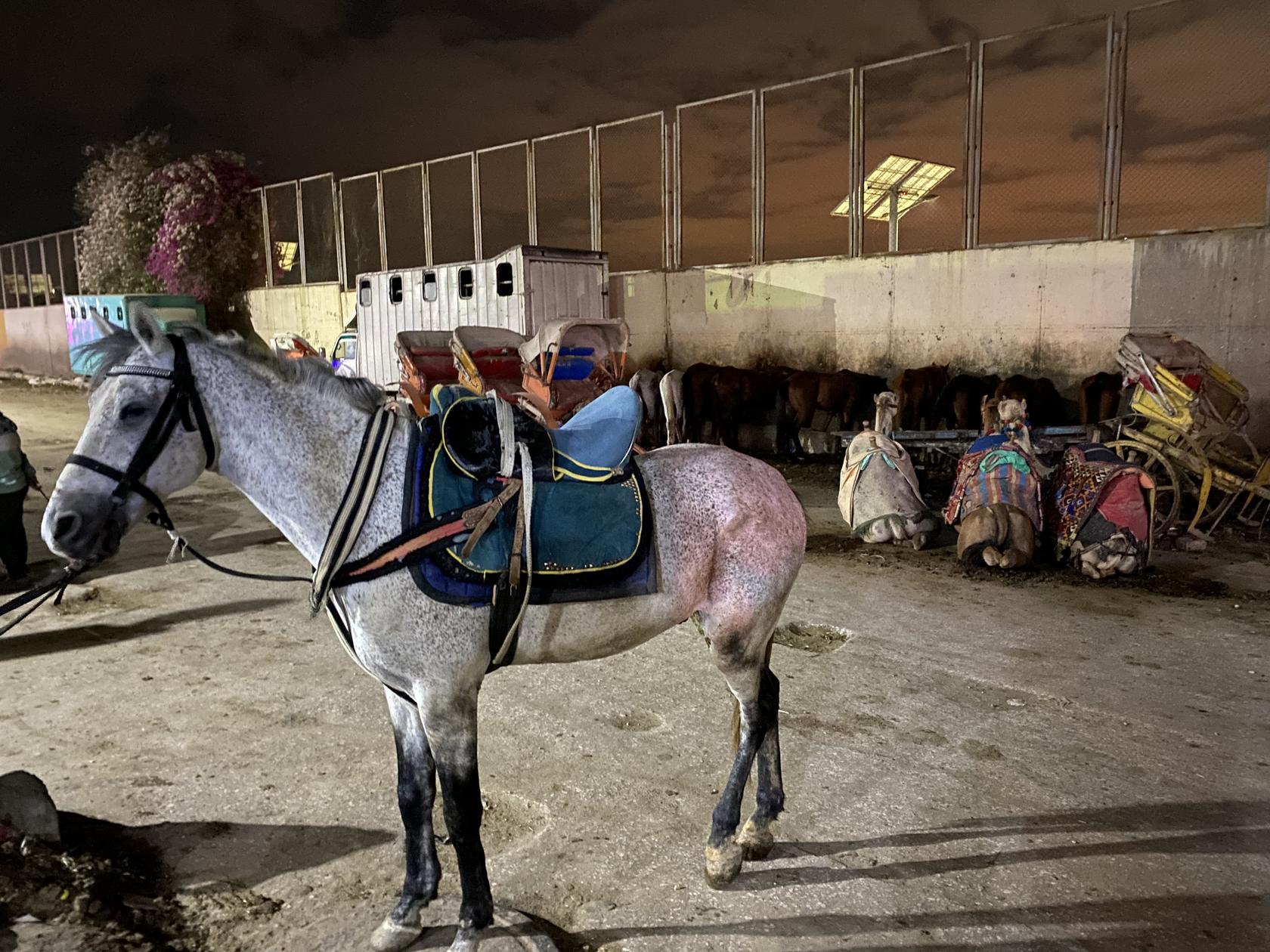
I took this closer-up shot of the kneeling camels and cart horses. It was a sad display. The camels were kneeling in their own excrement and the bone-thin horses were tethered in a line in their own filth as well. These are the animals used to offer tourists carriage rides around the pyramids or photographic moments atop a camel next to the pyramids.
Our horses, thankfully, were not culled from these sad animals.
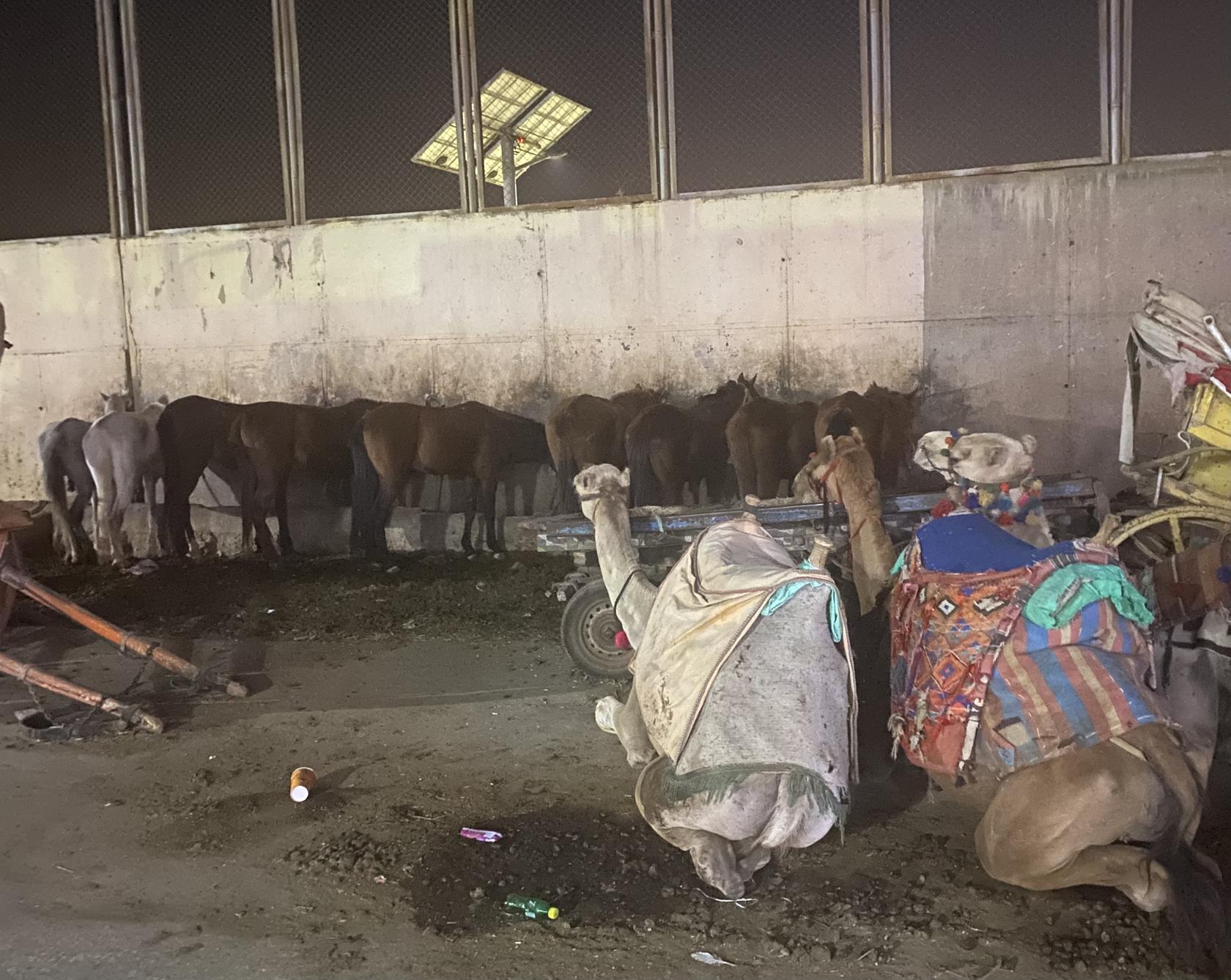
Atop my beast.
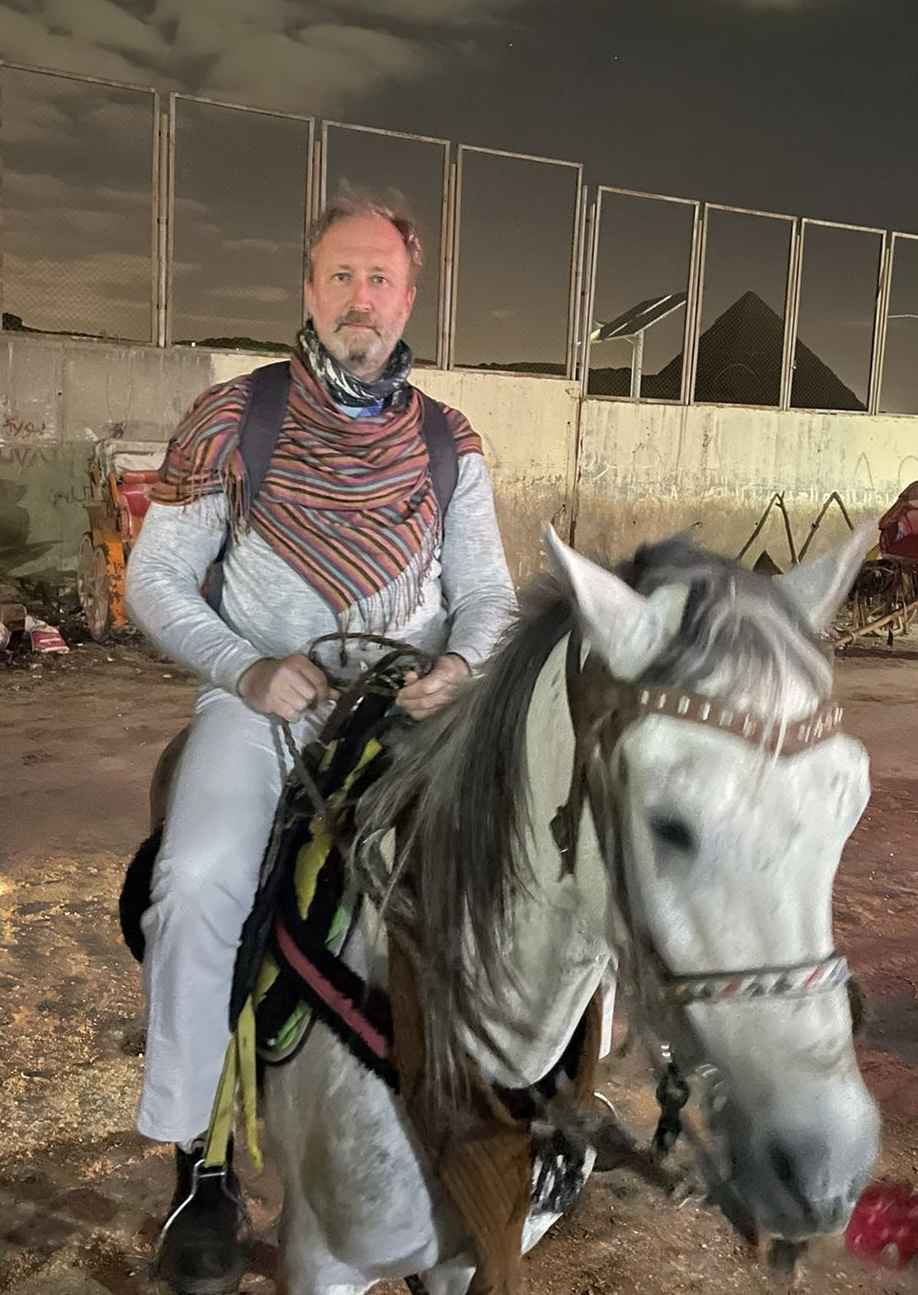
We rode past a gate with a police guard, our guide, with Islam's money, gave a "tip" to the guard to let us pass. Apparently, he had to tip the guard to let us pass because tourists aren't allowed out into this area at night. There had been an incident some years prior with a tourist getting hurt, and the Egyptian government wanted to avoid any further international incidents.
We walked the horses in the sand alongside the outer wall of the pyramid complex until we could hear some music and see a light in the distance. The horses seemed to know where they were going and broke into a trot up the hill to this coffee shop in the middle of this desert area just outside Cairo.
I like this lighting. The boy in the orange light is making coffee. The man in the foreground is our guide.
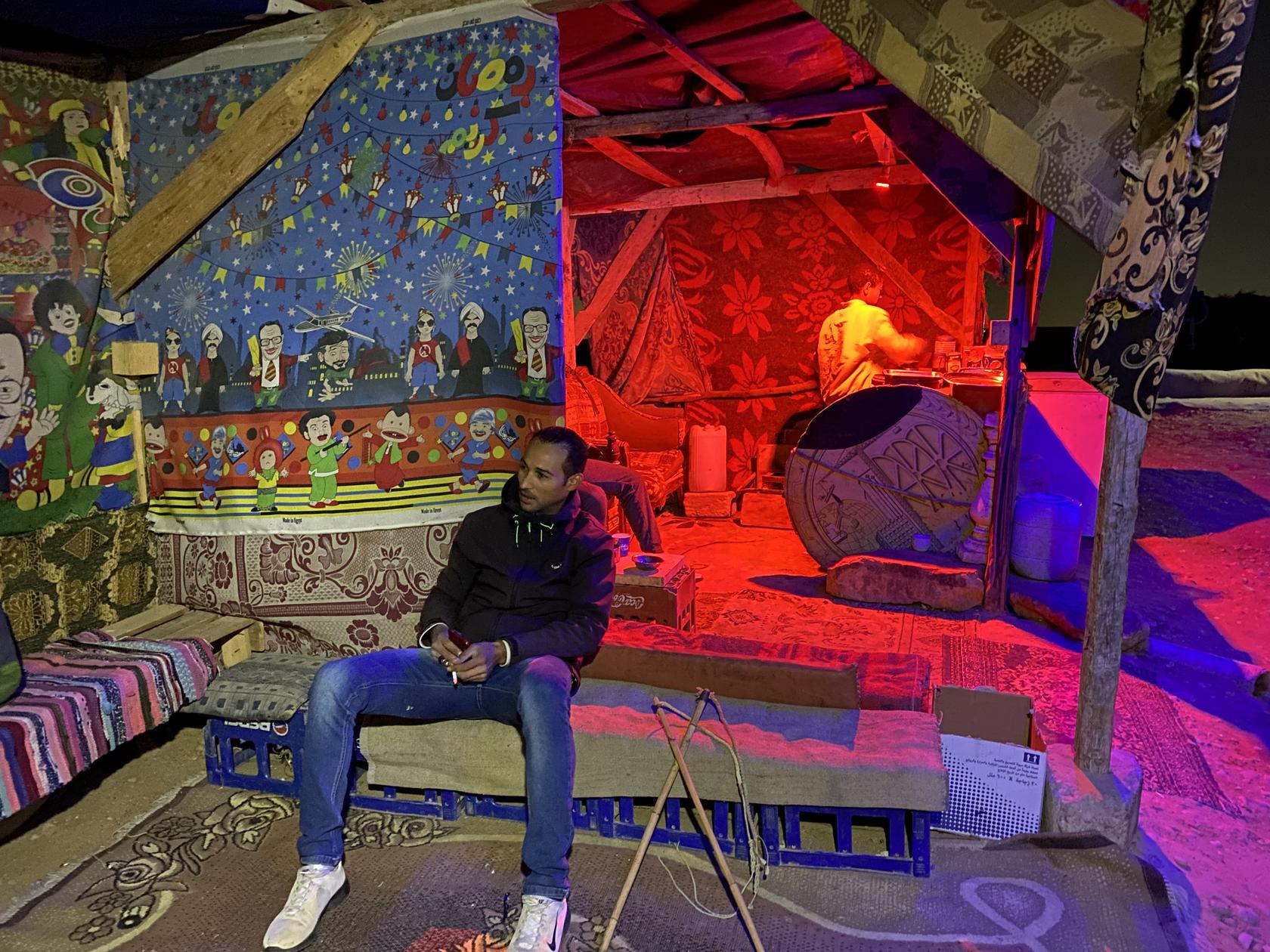
Shortly after we arrived, a group of boys rode up on their horses. Apparently, it's a nightly custom. The locals who work at the stables come out at night to play. They ride their best horses; not the sad working horses. We could hear them galloping around. Ours wasn't the only set of blinking lights in the desert. It appeared there were other ports of call nearby as well.
This photo is unfiltered.
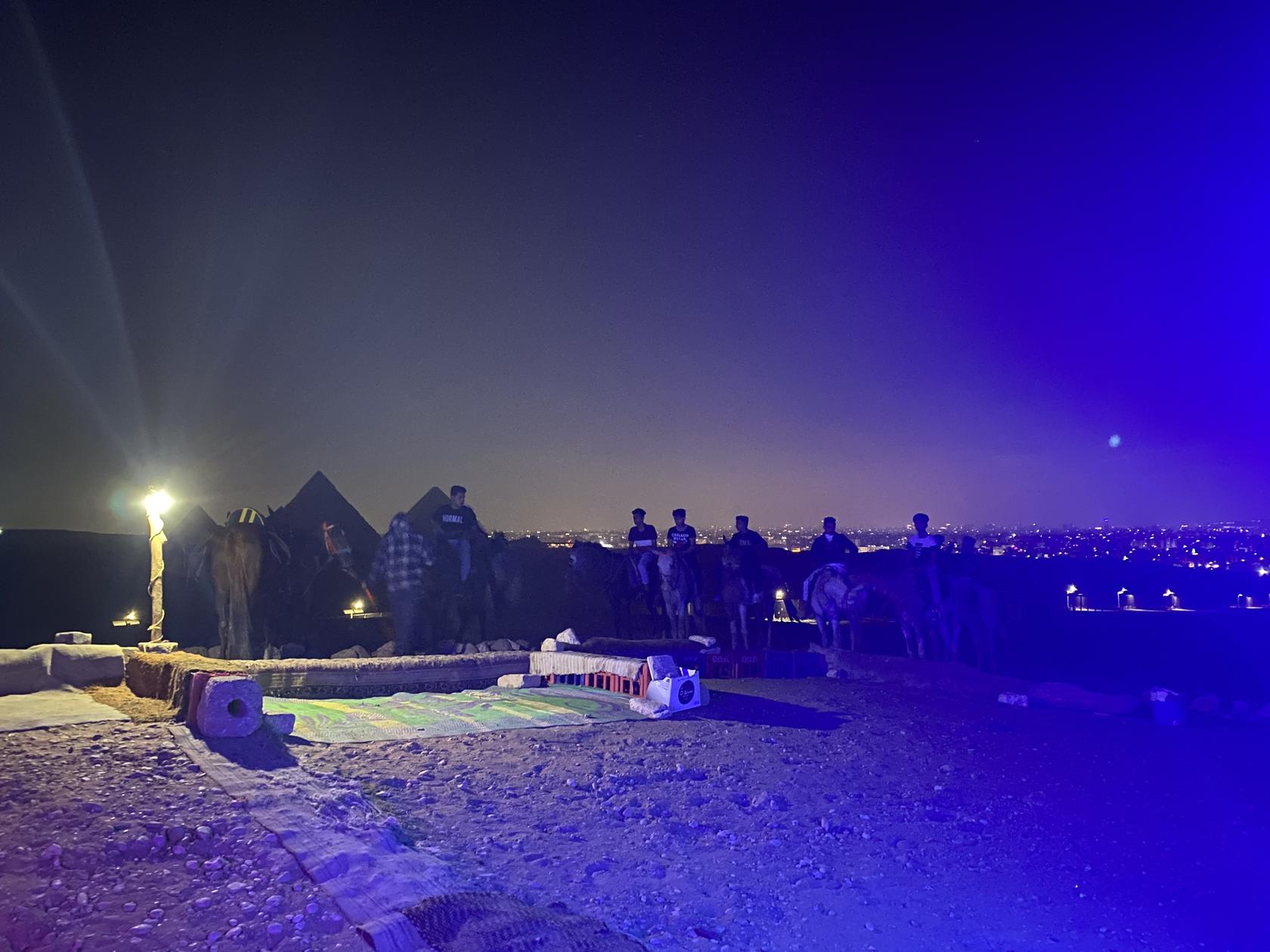
This boy, who worked at the coffee shop, borrowed one of their horses to show off his ability to do tricks on the horse.
And I captured a selfie moment. My final self-portrait in Egypt.
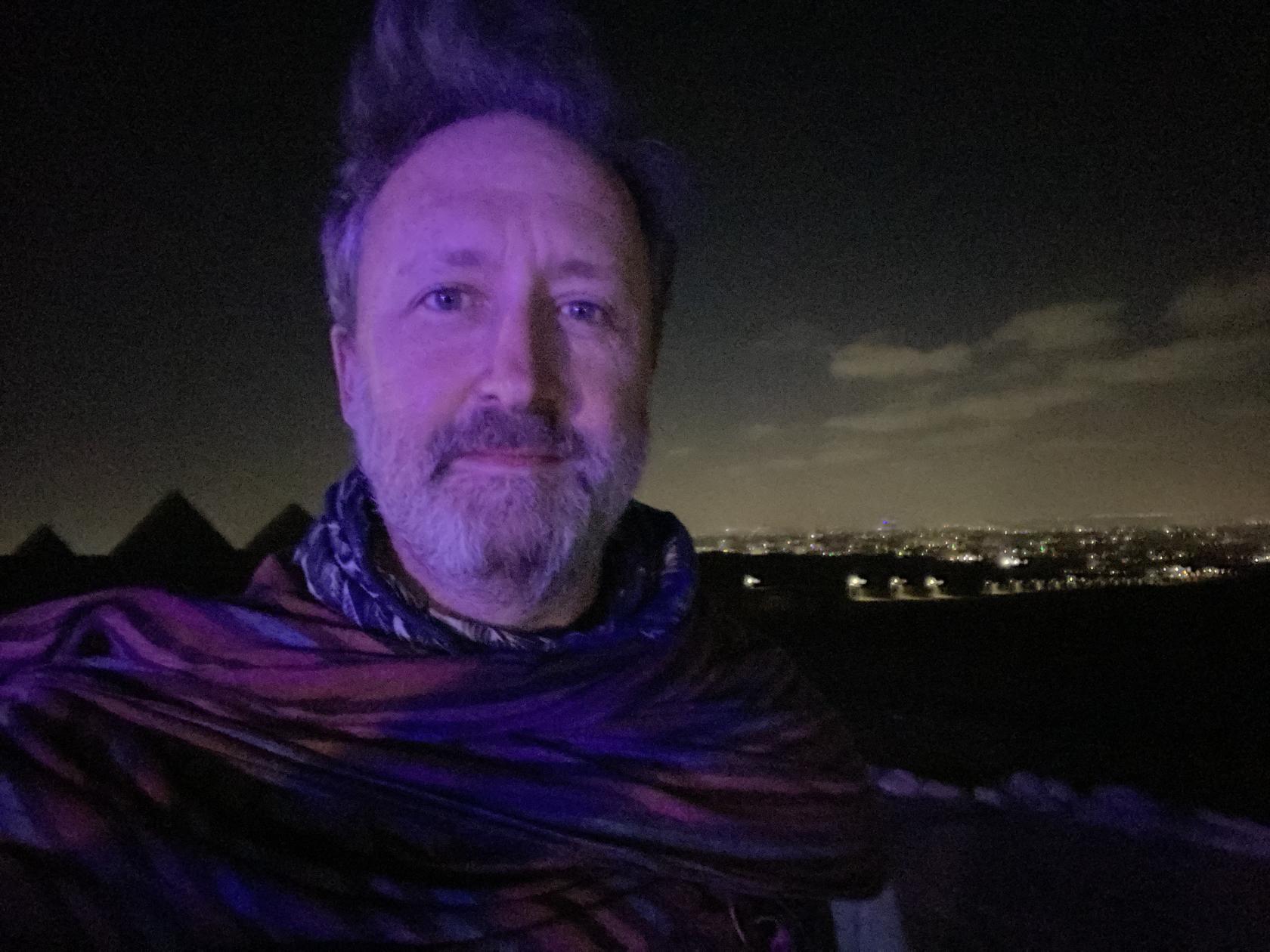
By about 2 am, I was getting really tired. I was way beyond my 2nd wind or 3rd wind. And I didn't want to drink any more coffee. I had to be up at 5 am to go to the airport. But Islam had said to me earlier, "I need this. I need to be here. To get away from things. To calm my mind." And I didn't want to take it away from him -- to suggest that we go back.
They smoked the entire time. Notice that they have a cigarette in their hands in this photo. Even outside, it was too much to bear. Periodically, I would stand up to walk away for some fresher air.
Eventually, as the temperature dropped, it was too cold to stay out. When I saw Debbie shivering, I said, "let's go back." And we did. It meant that Islam had to again brave his fears of riding a horse.
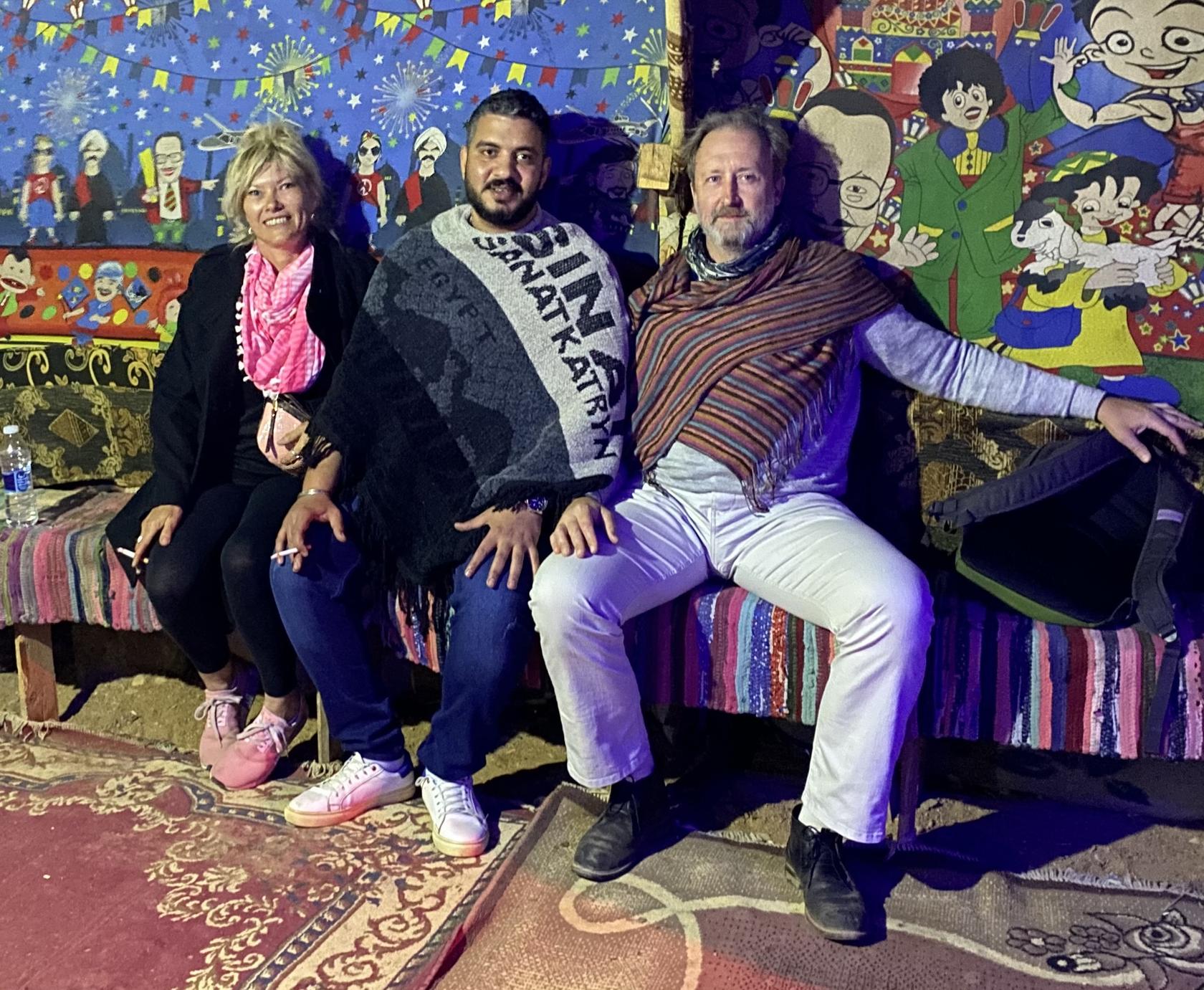
Day 41
April 12th, a 9 of Diamonds day
The only reason I had a 41st day in Egypt was because Egyptair cancelled my flight on April 11th and automatically rebooked me on the same flight on April 12th. And with that fated decision, I had 40 days and 40 nights in Egypt.
Source Card question: why is perfectly meaningful that I would leave Egypt on a 9 of Diamonds day, rather than a 10 of Diamonds day?
In the wee hours of the morning, Kamal had pre-arranged an Uber for me. And I was safely at the airport for my flight... completely internally discombobulated from only two hours of sleep.
Remember Kamal?
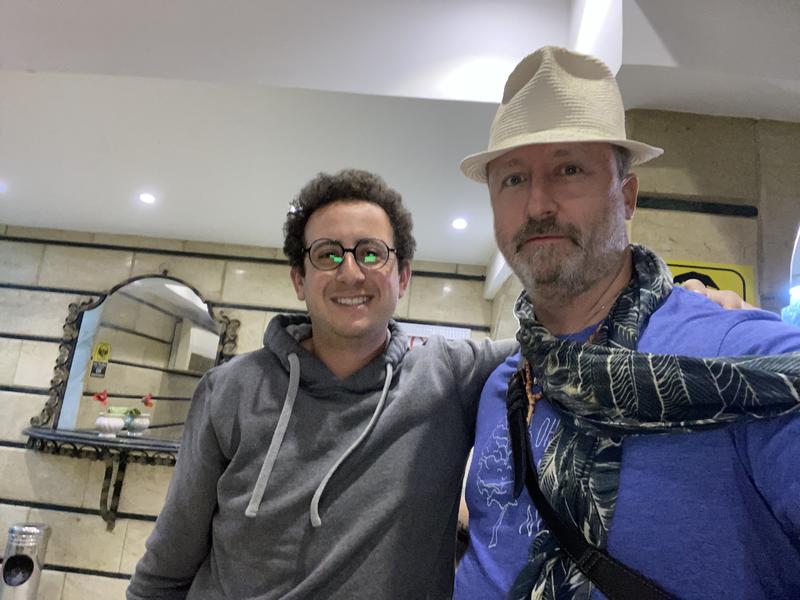
On board, I found the in-flight instruction of Egyptair to be perfectly on-brand and perfectly meaningful. It was indeed a journey between dimensions of time and space.
Epilogue
My re-insertion into my life in New York City proved far more challenging than I anticipated. I slept a lot. I felt mildly ill. Nauseous. My nose was streaming. My belly hurt. I even took a Covid test just to rule that out -- Negative.
The growing fear was that I still had some kind of tummy bug, some kind of parasite that hadn't let go. It was a strange, twisted pain in my lower abdomen. I even did some research to cross-reference my symptoms with known parasites from Africa. It didn't quite add up though. And so, with Viki's insistence, I called my Primary Care Physician only to learn that their earliest appointment was two months away. After another hold time, the receptionist came back on the line to say she had spoken with one of the doctors who suggested I go to the emergency room.
And with that information, something within me clicked into place; it was a familiar sensation of knowing. I thanked the receptionist and hung up the phone. In that moment, I decided that I did not need a doctor or an emergency room visit. In that moment, I decided that I was all better, completely healed. And from that moment on, all the pain disappeared.
What took me far longer to complete was this travelogue. But I feel like it's been well worth the effort to document my experience. Many people told me how brave I was to do this pilgrimage of sorts. Others told me that they don't know of anyone else who has done a trip like this.
For my part, it was invaluable to stand outside of my American cultural bubble. To look at my culture from the outside looking in. In doing so, I saw that there are many things to cherish about our democratish culture built upon European, humanistic philosophic ideals. Most importantly, however, to live apart, for a time, from my own culturally defined mode of being aided my soul's recognition of who I am. It helped me to distinguish myself. Thus, it supported me in my desire to be in my culture, but not of my culture -- to be in my world, but not of my world. My sojourn to Egypt helped me to clarify who I am, beyond and apart from what my culture says that I am.
* *
On May 1st, I received an urgent, distressed message from Islam. He had left Debbie and returned home to be with his daughter from his first marriage and his extended family; he was distraught; he didn't know what to do... he felt instinctively that he was better off without Debbie, but he hoped he wasn't making a huge mistake by ending their relationship.
It was then that I told him what I had not told them both on the rooftop of the New Regency Pyramids Hotel.
She is born to play the 4 of Clubs / 6 of Diamonds. So, they are not a good match. Despite how much they both gushed, there on the rooftop, about their wonderful relationship -- how much he loved her and how much she had taught him, protected him, and saved him; they are not a good match for each other. I gave gentle hints, there on the rooftop. I told them that they have very different energies and that they operate on very different wavelengths. They had agreed, a little too quickly, that they already knew all this and that their differences were the chemistry that bonded them. I didn't say anything more at the time.
But I wrote it all to Islam in a text message, explaining to him that his instincts are right and that they are both better off choosing a romantic partner with whom they are compatible. Here is his response and our brief followup exchange:
